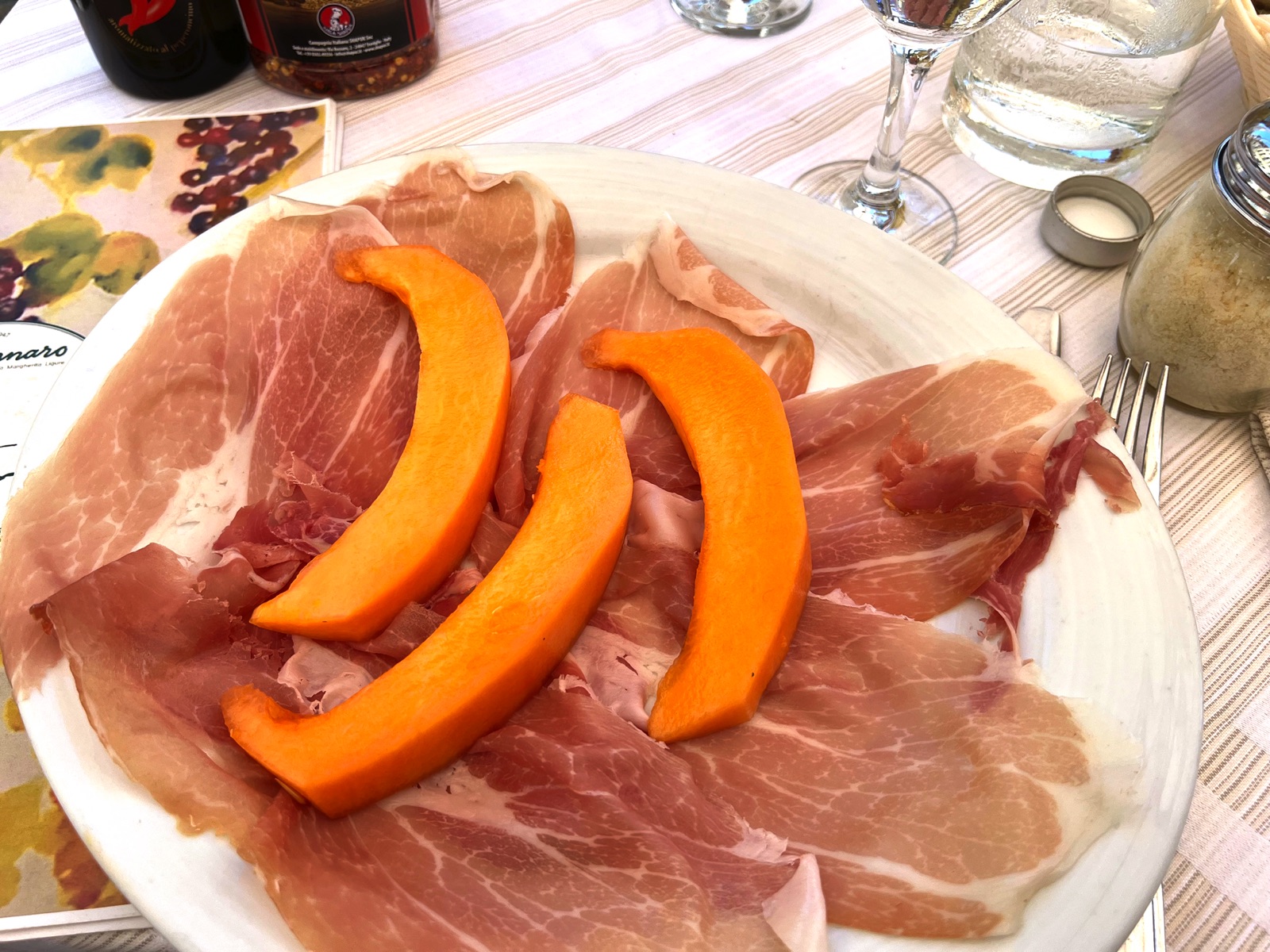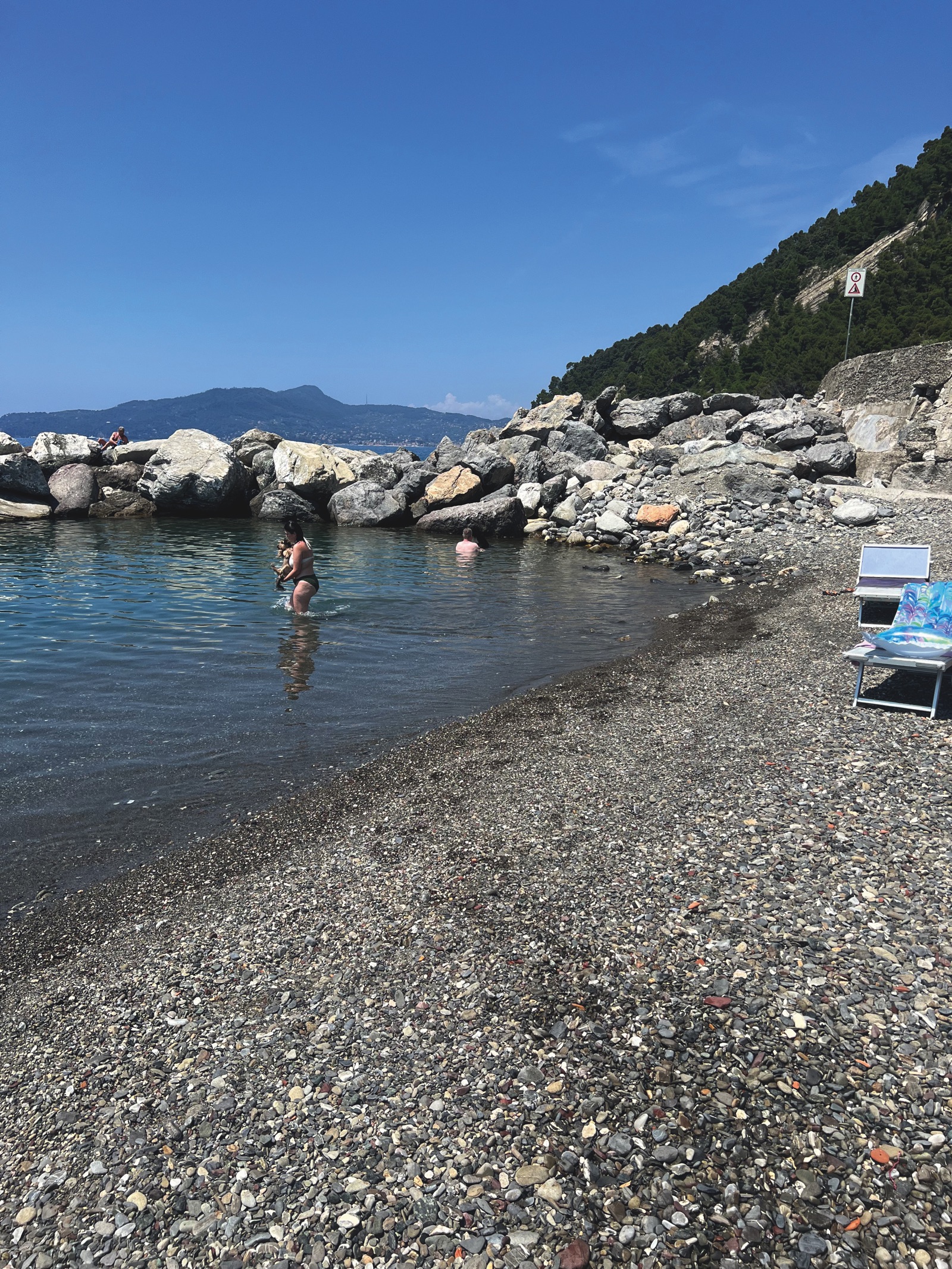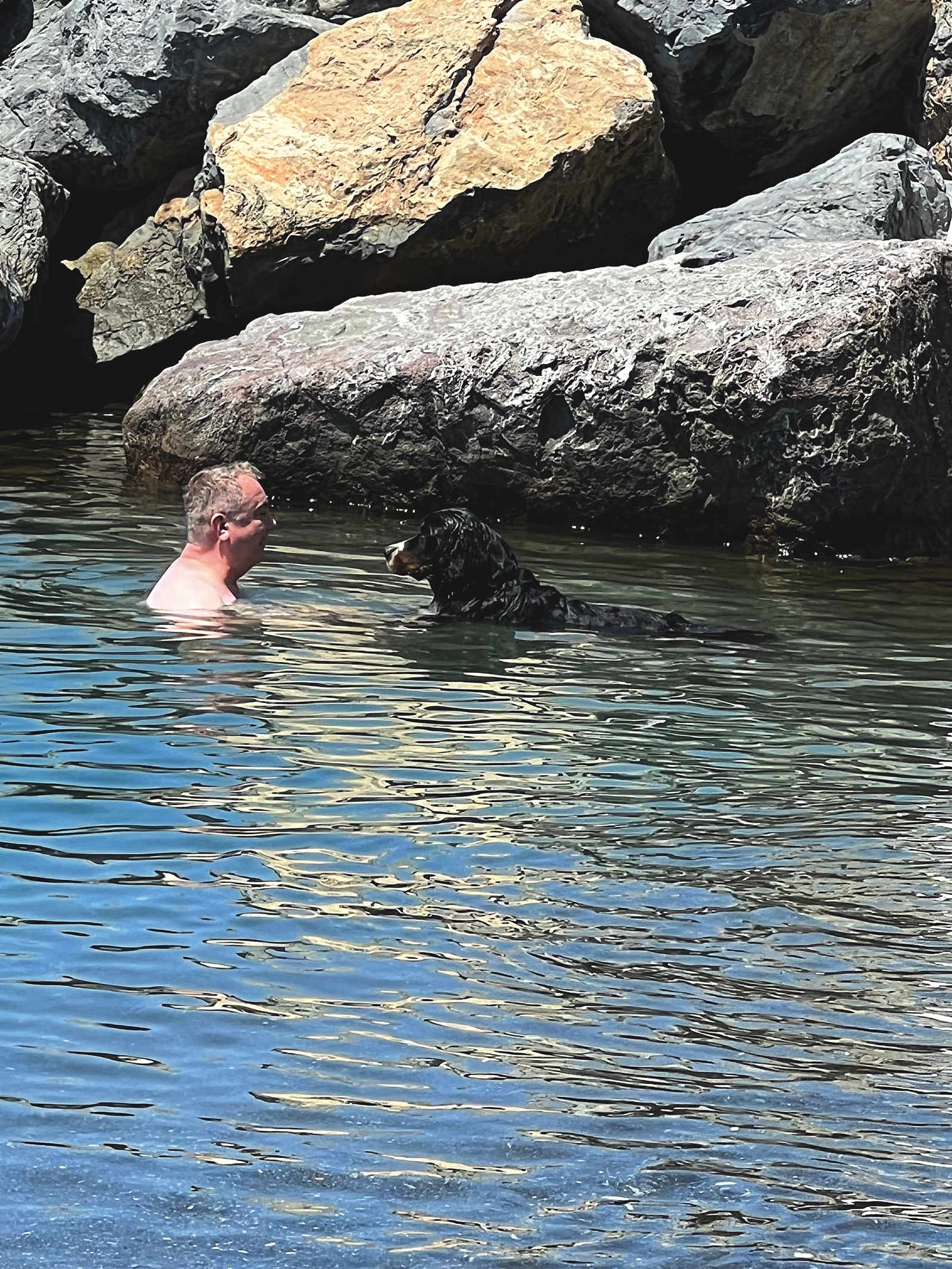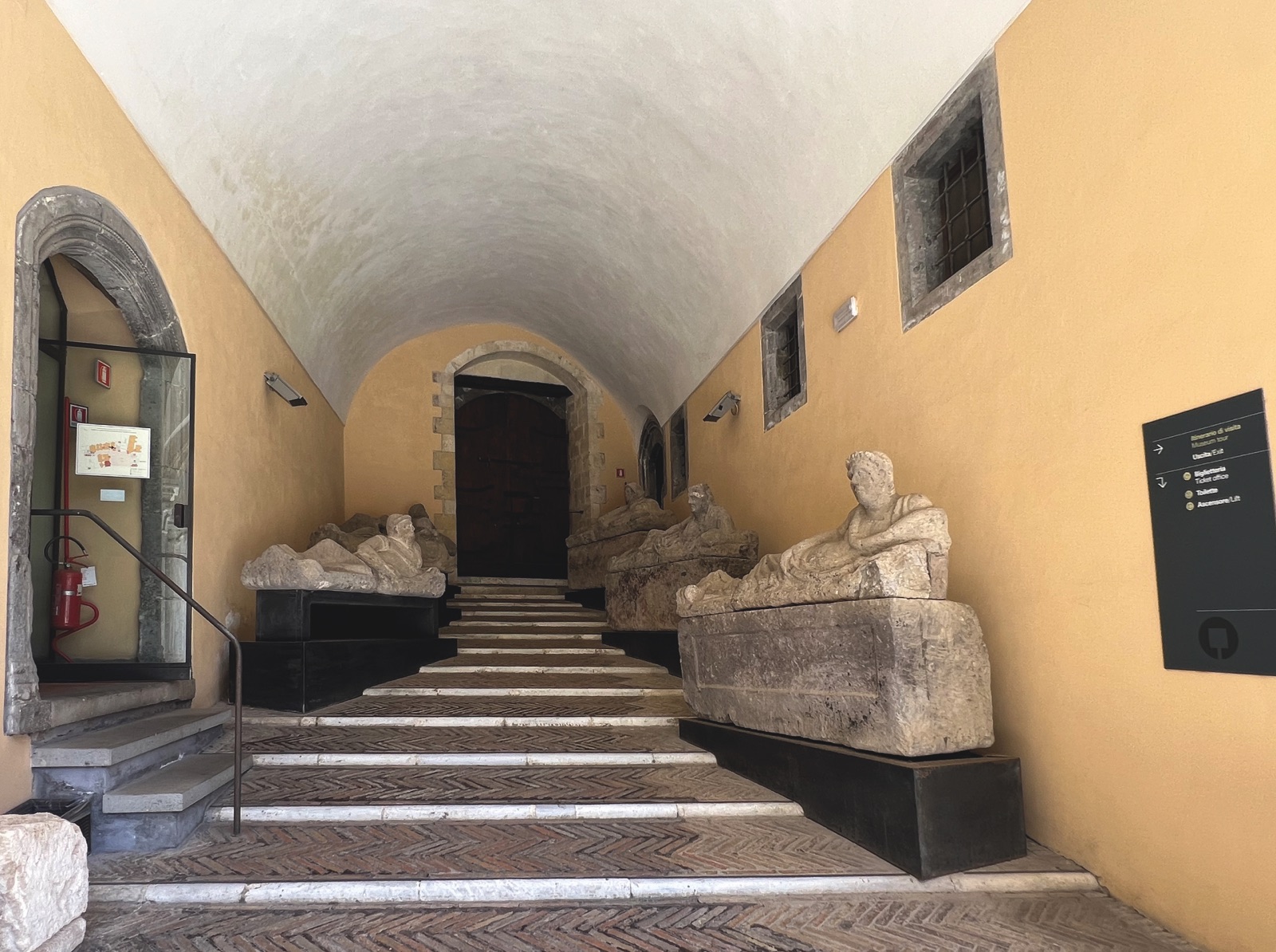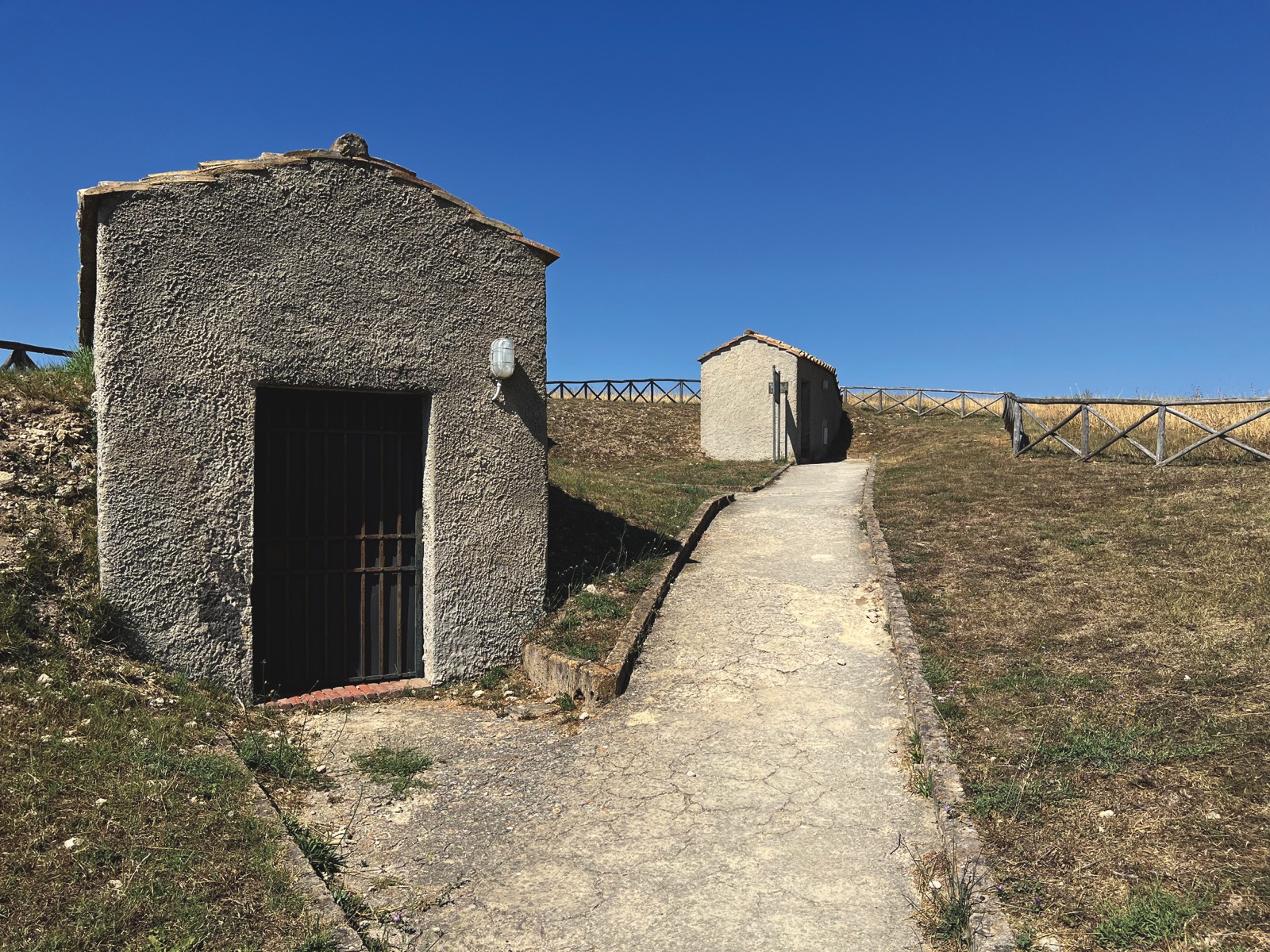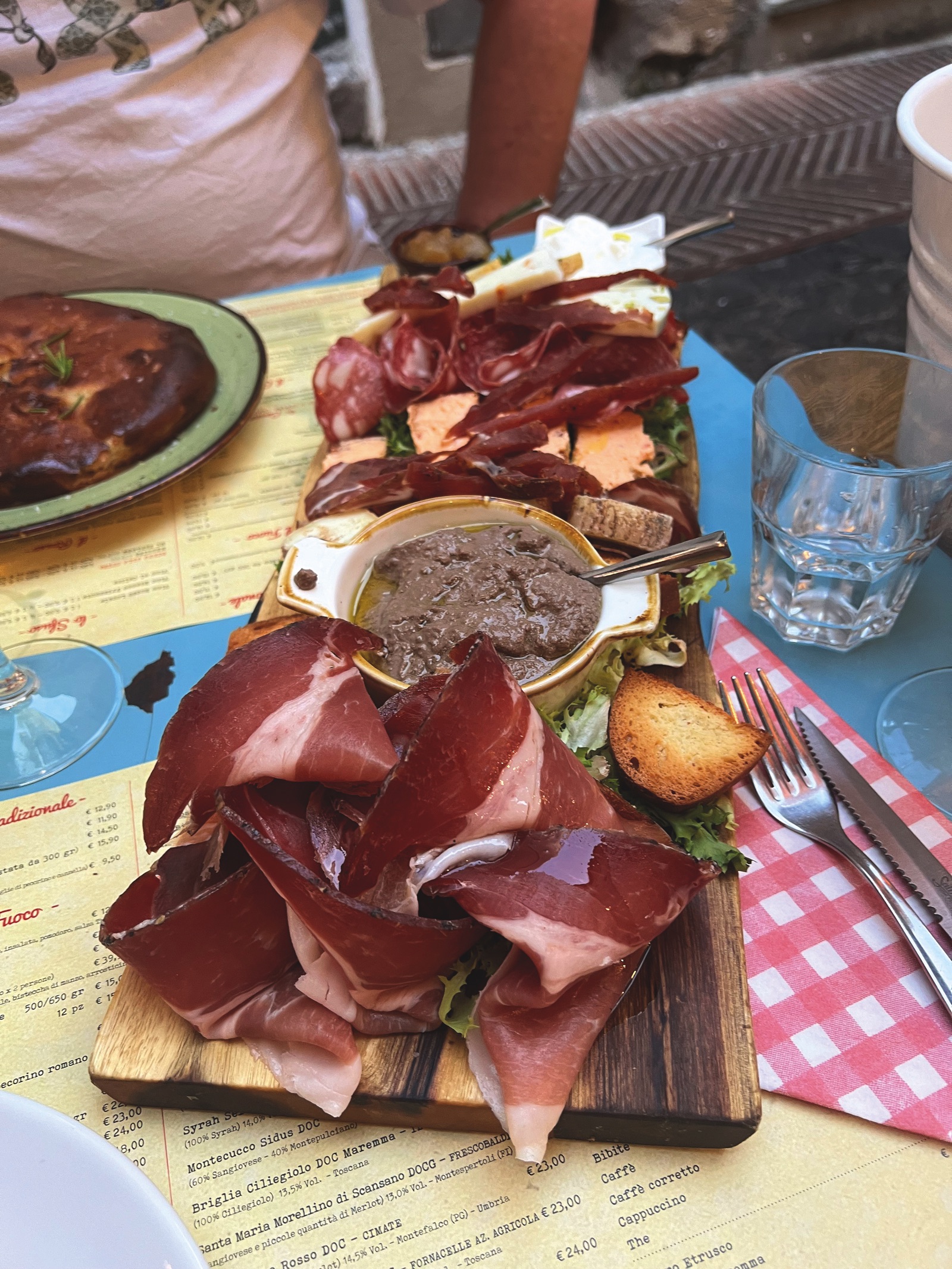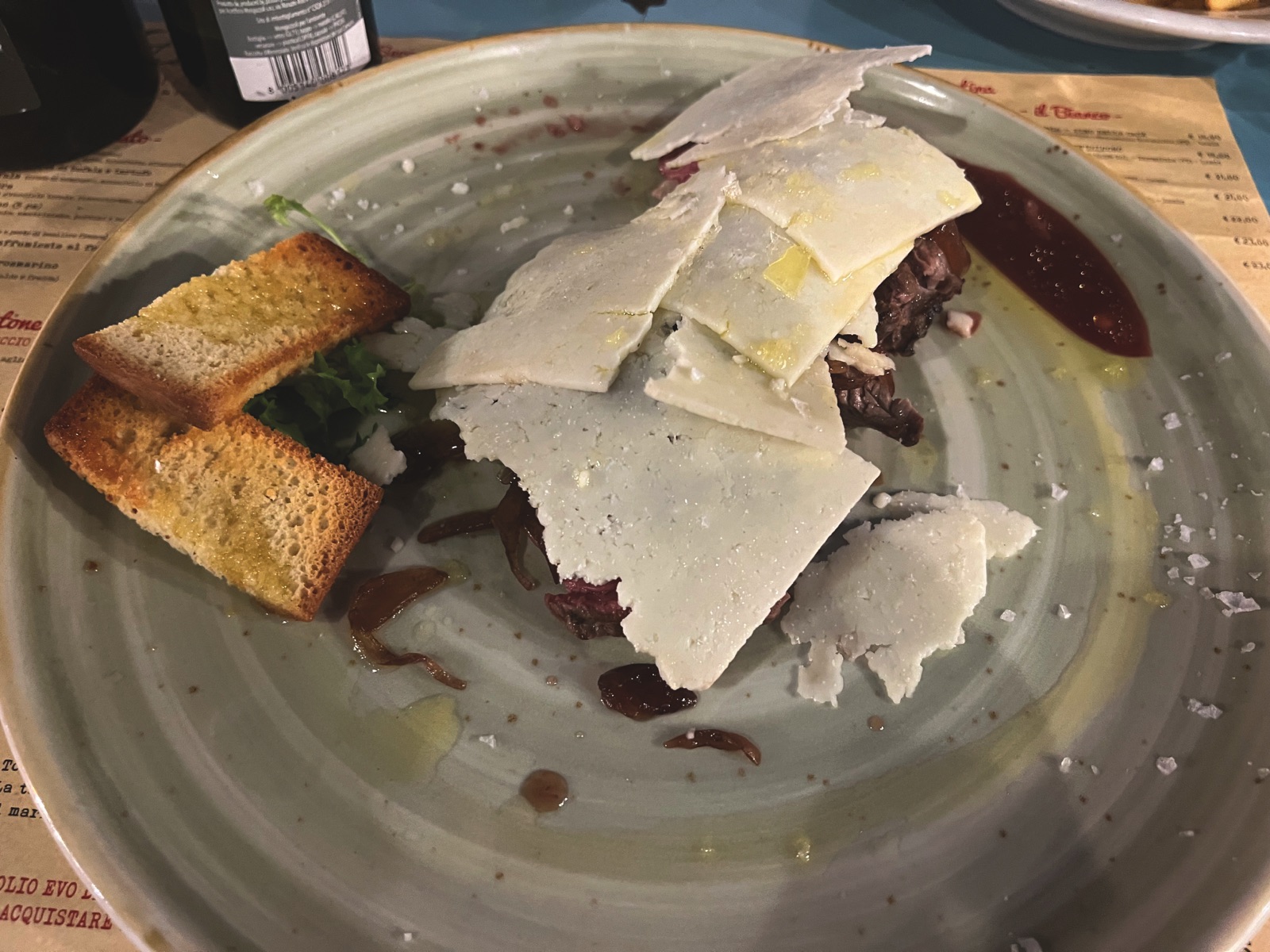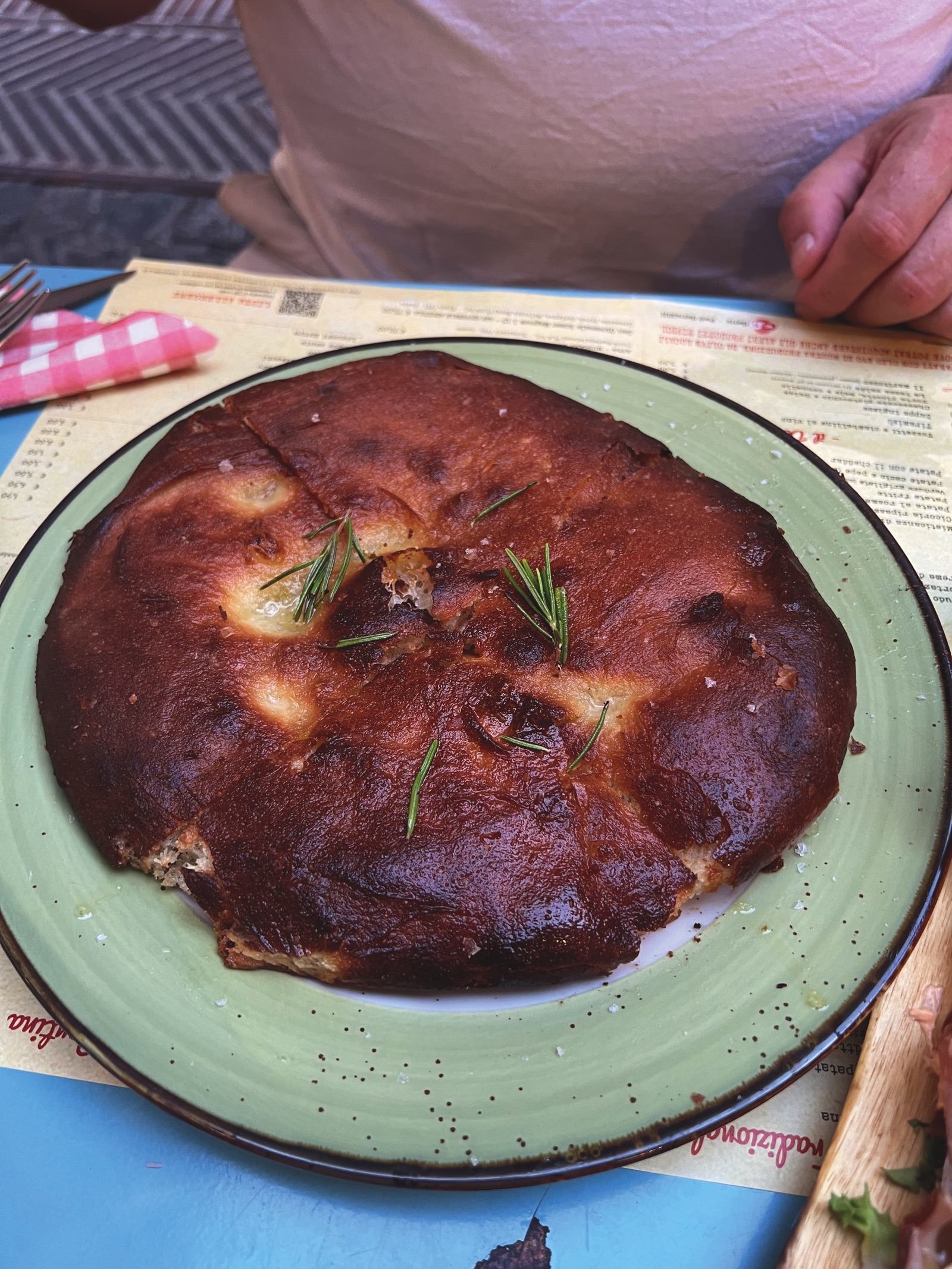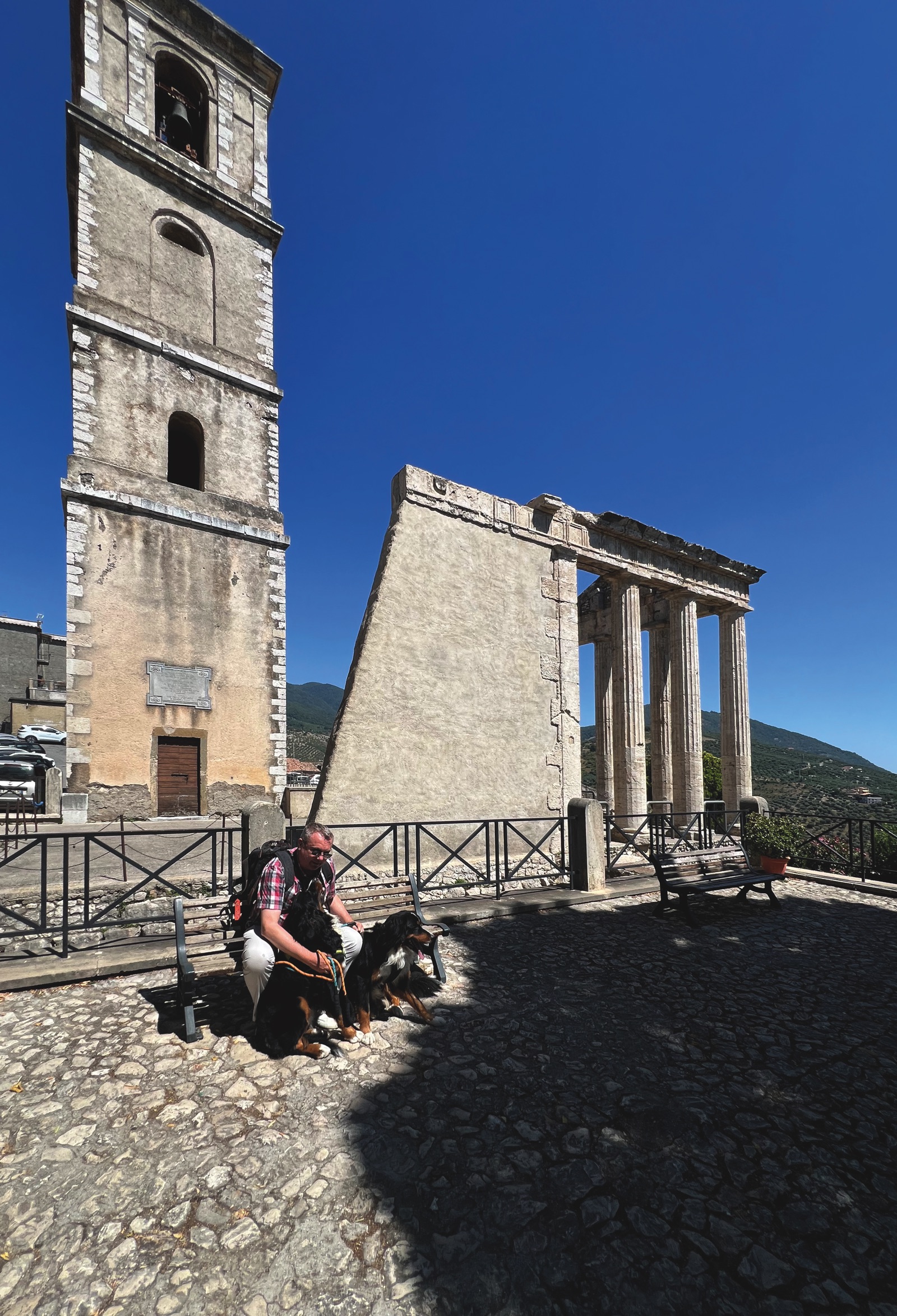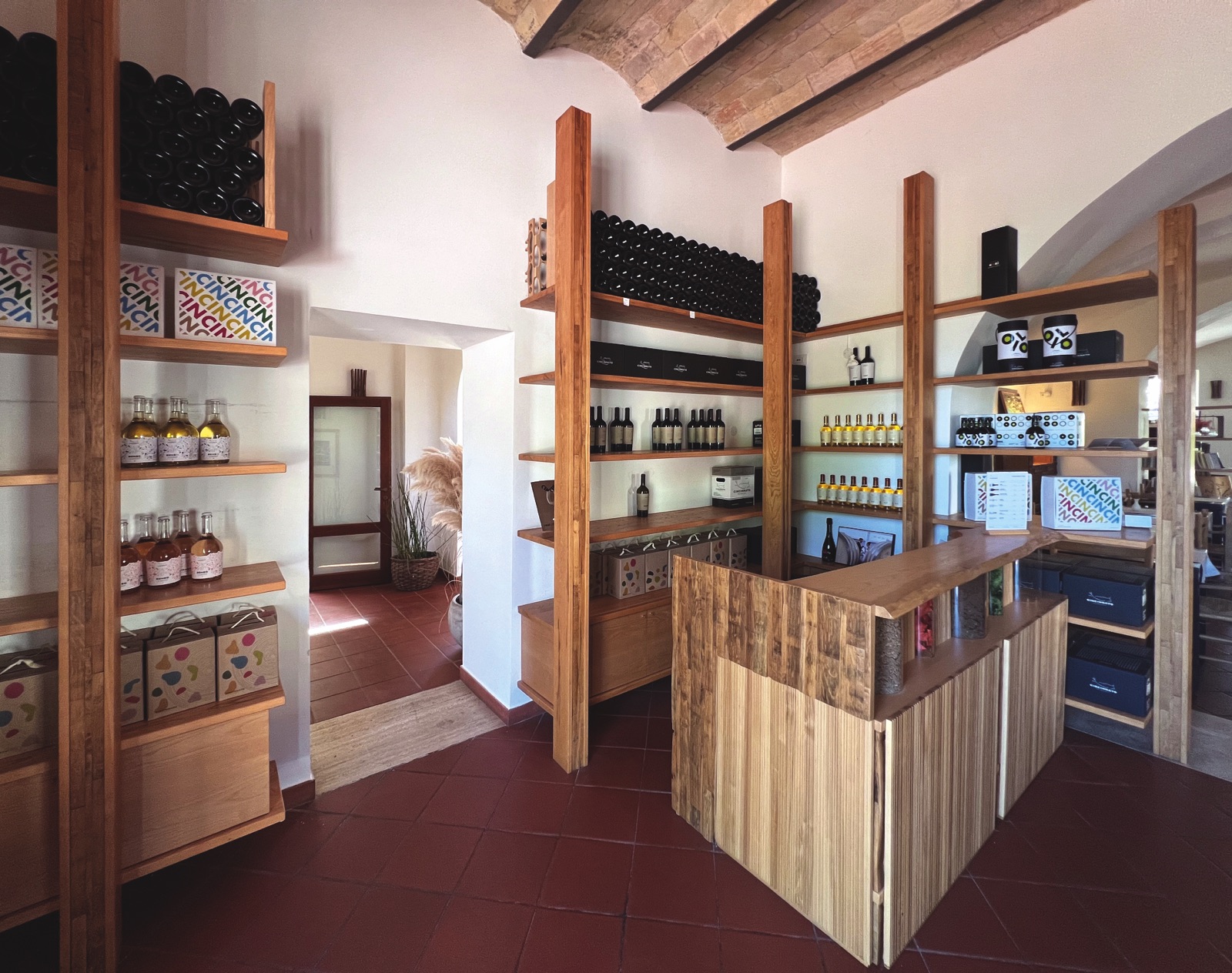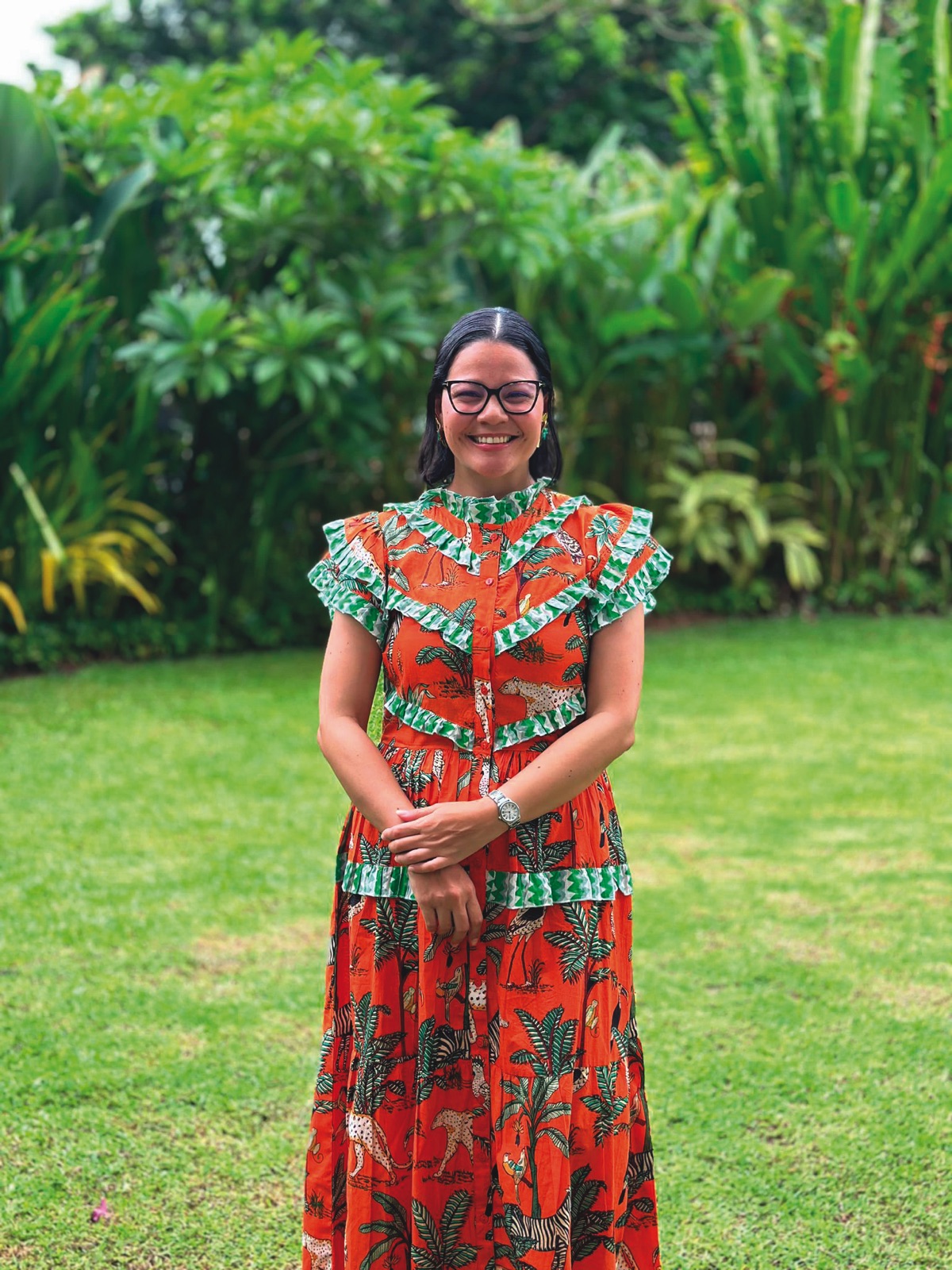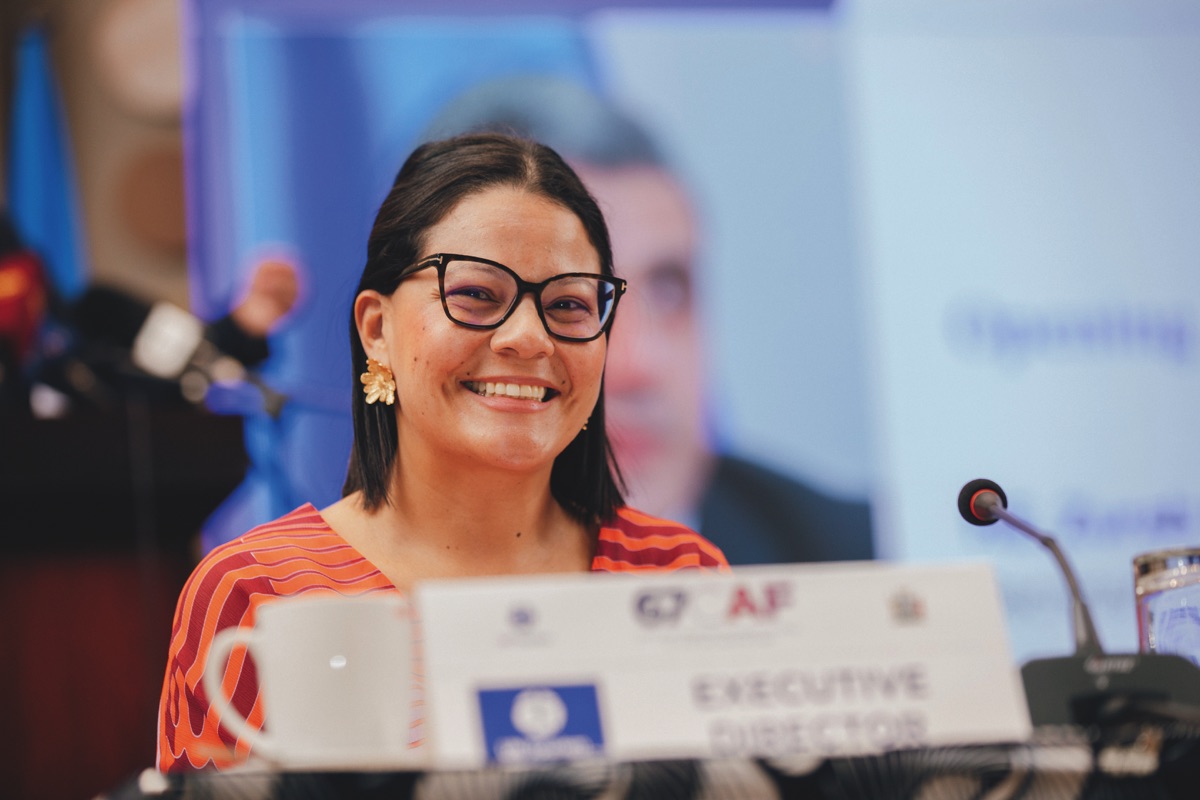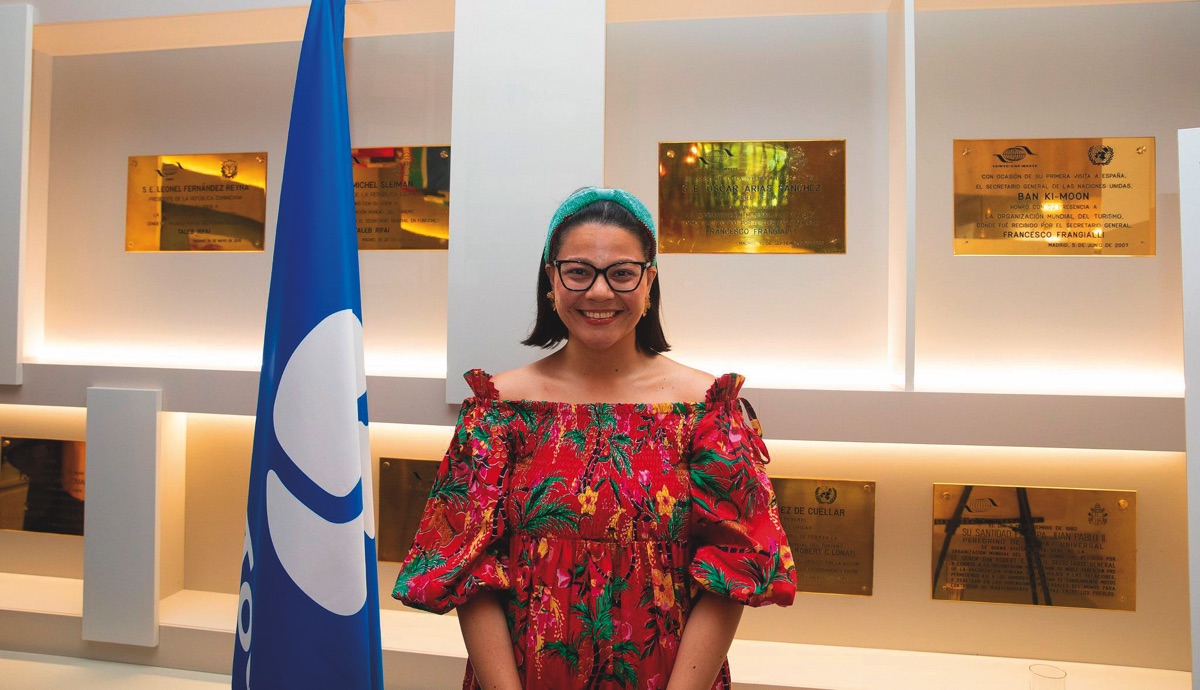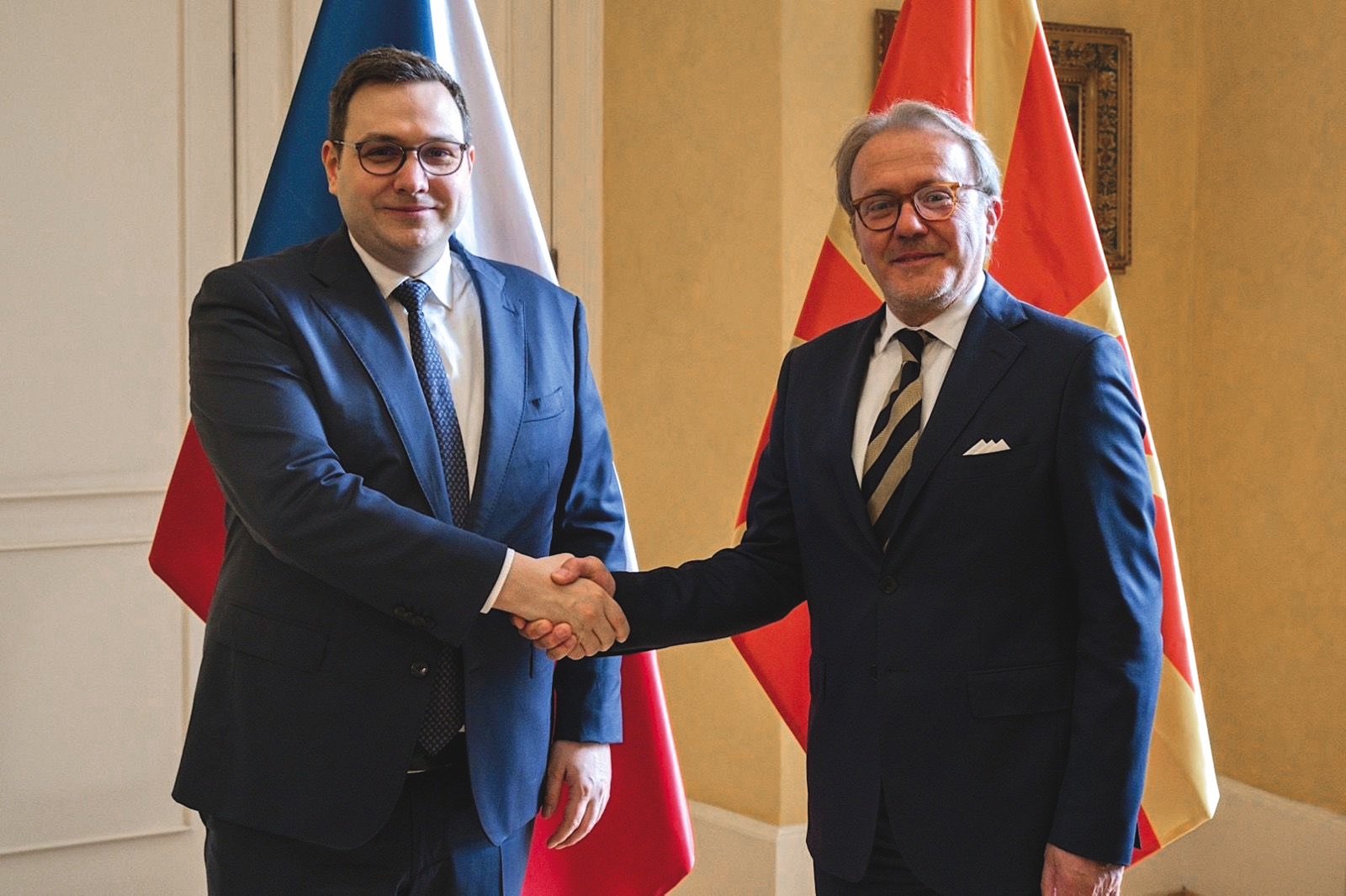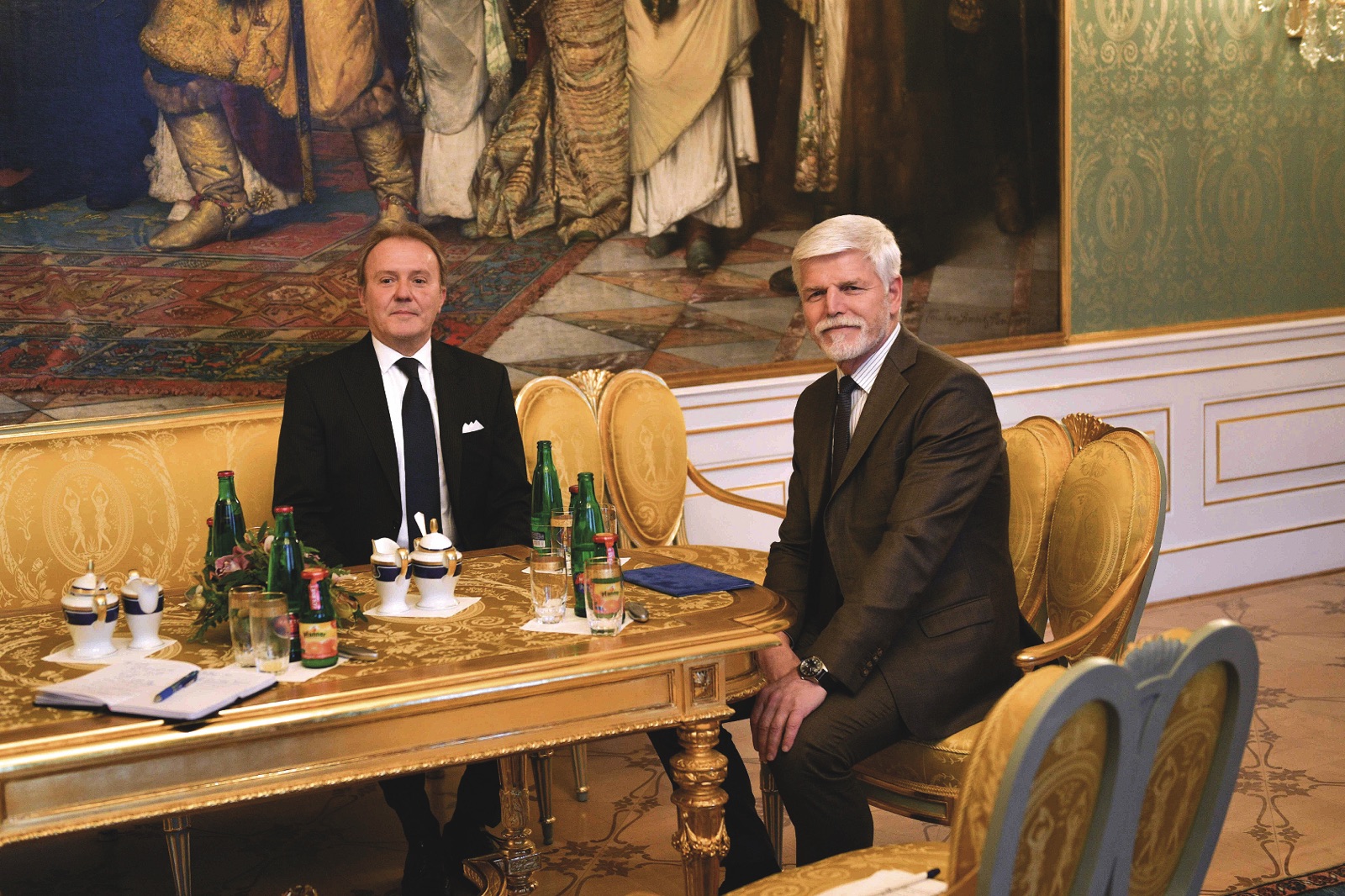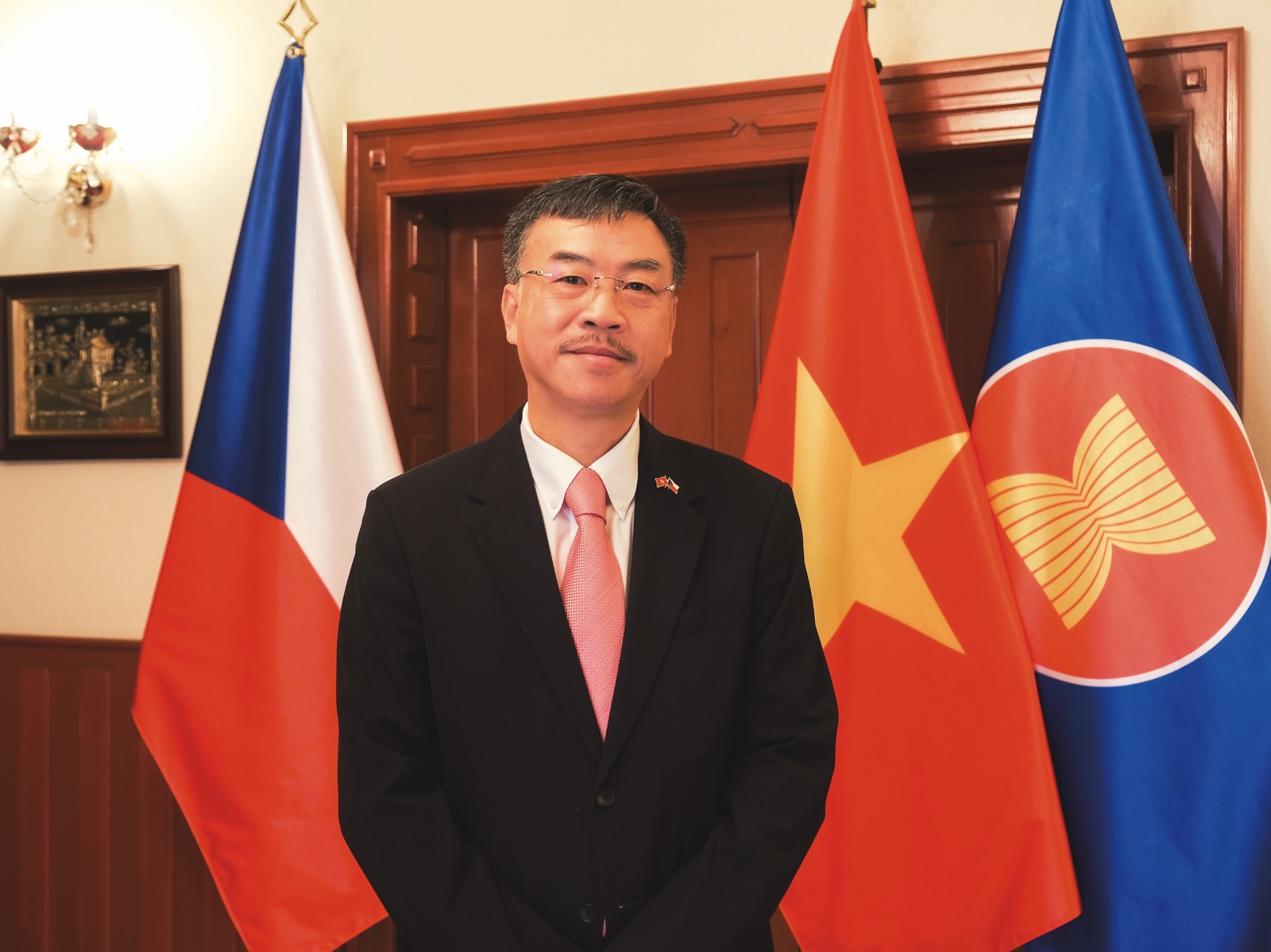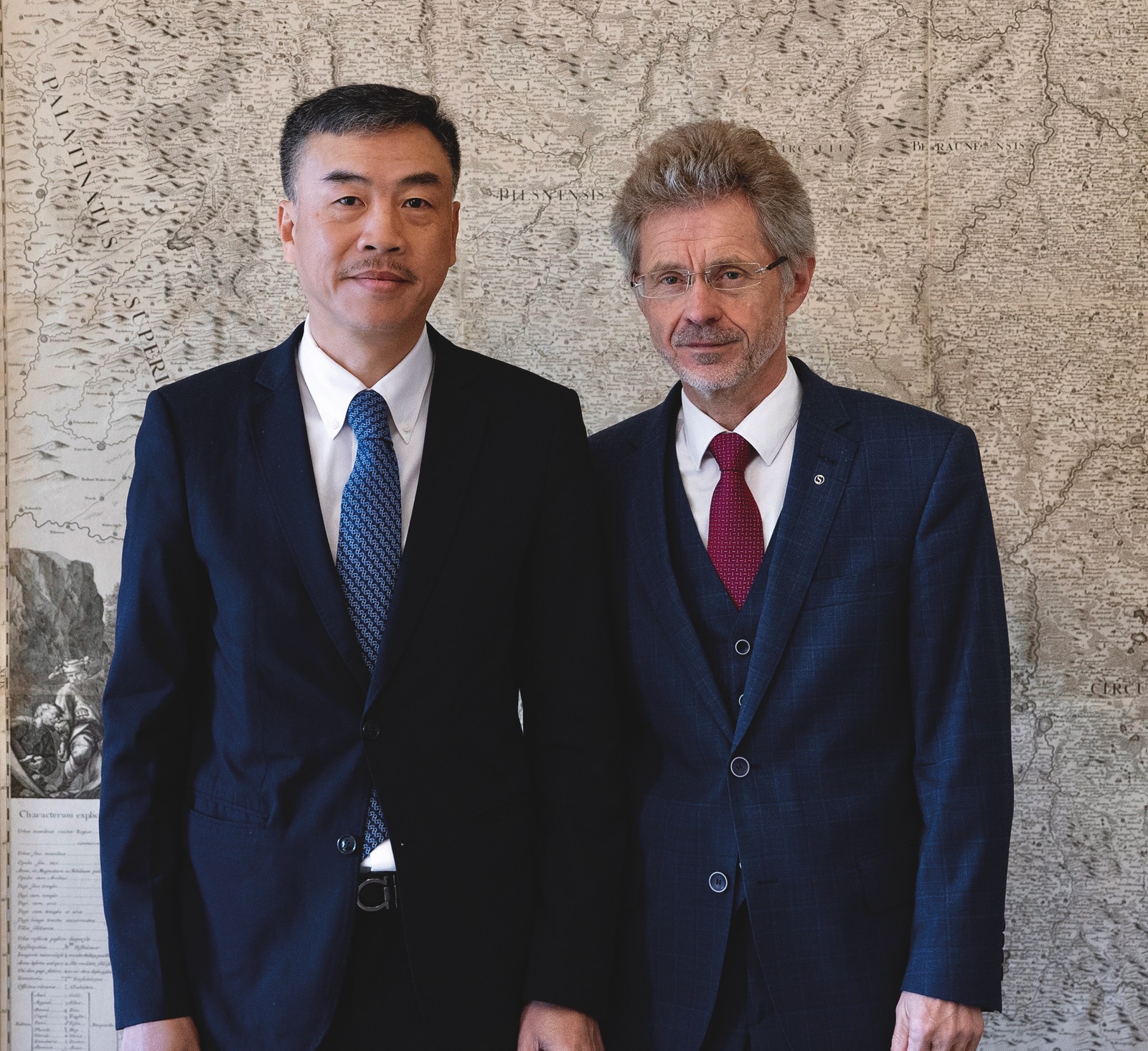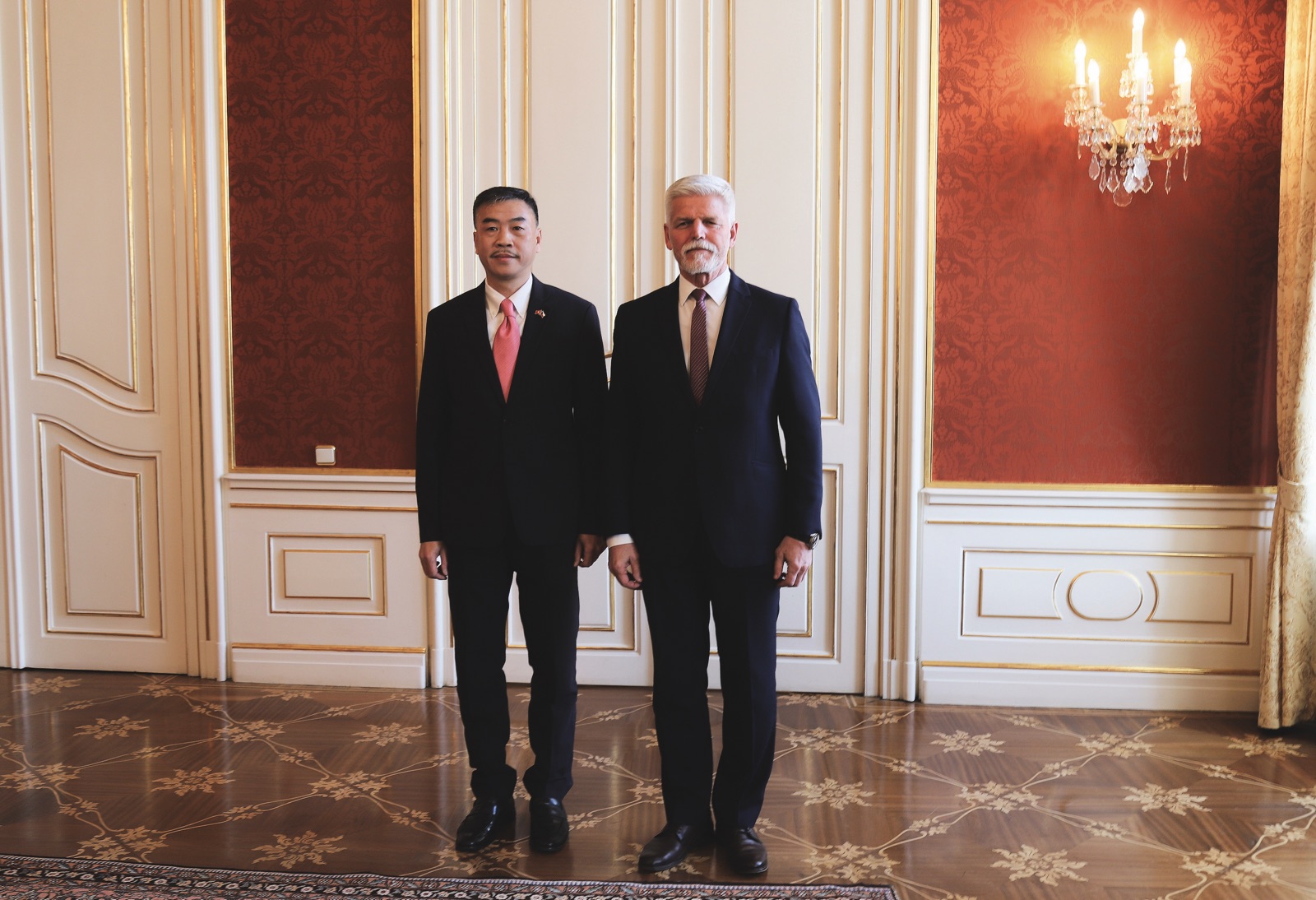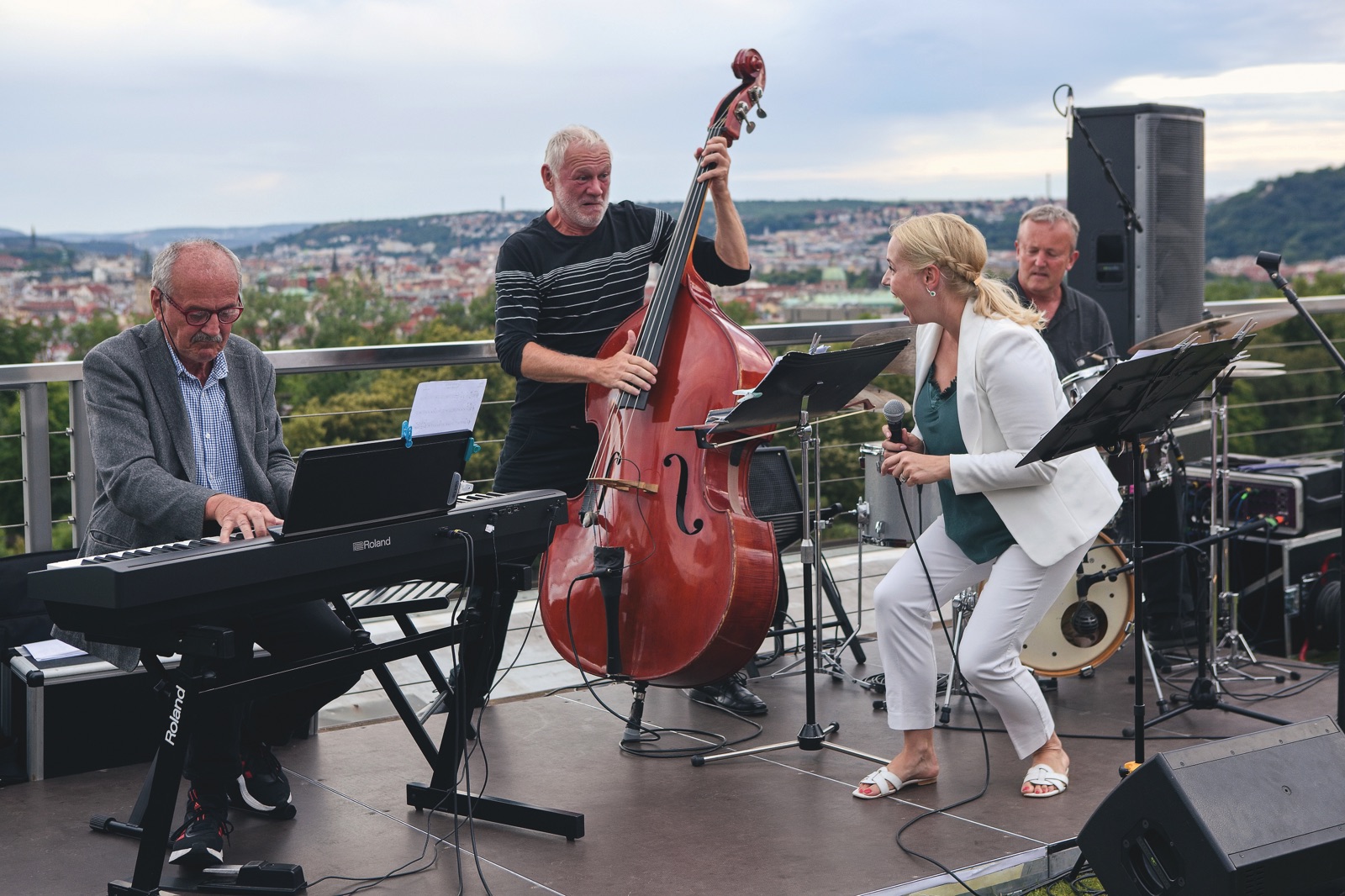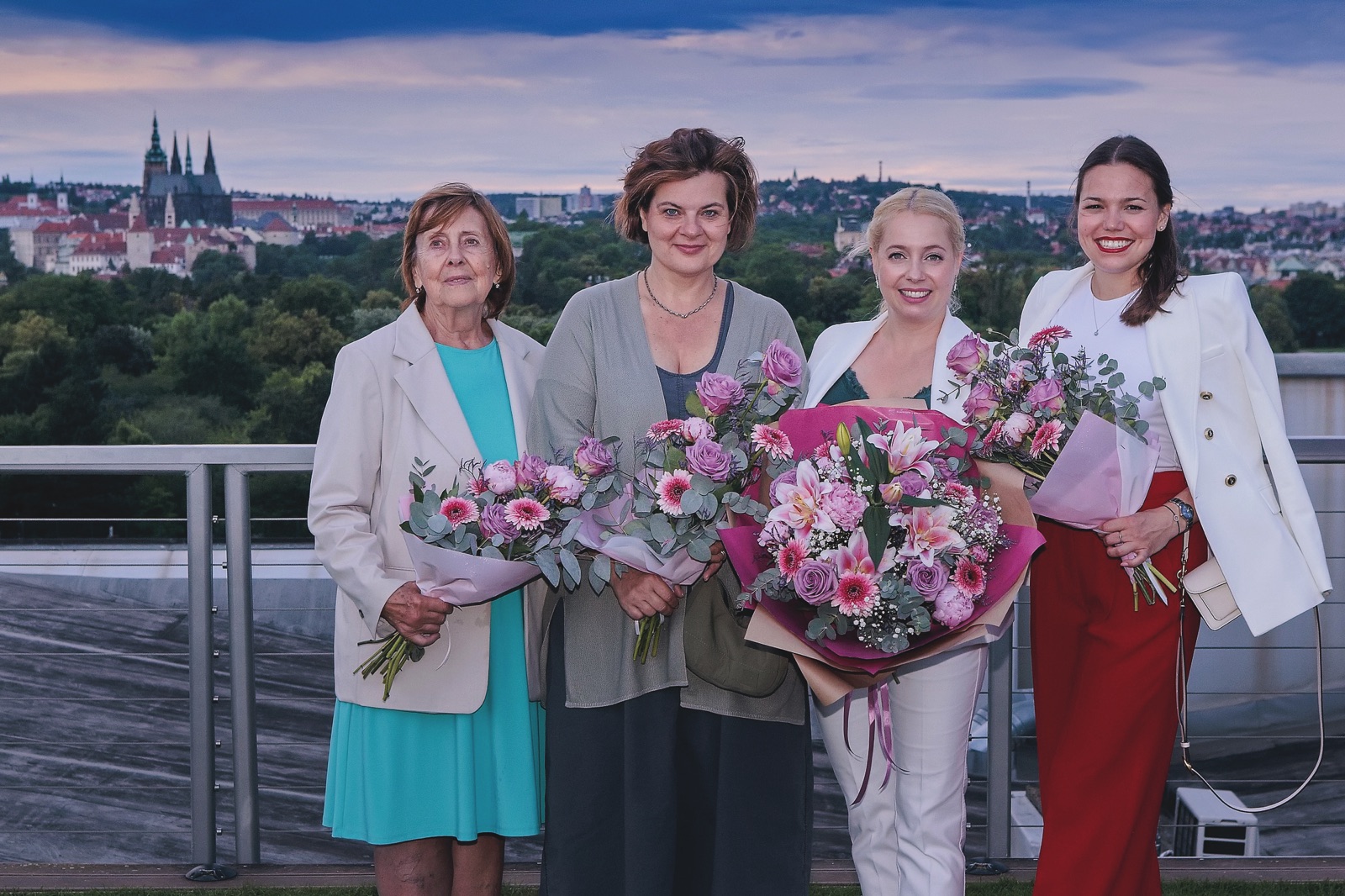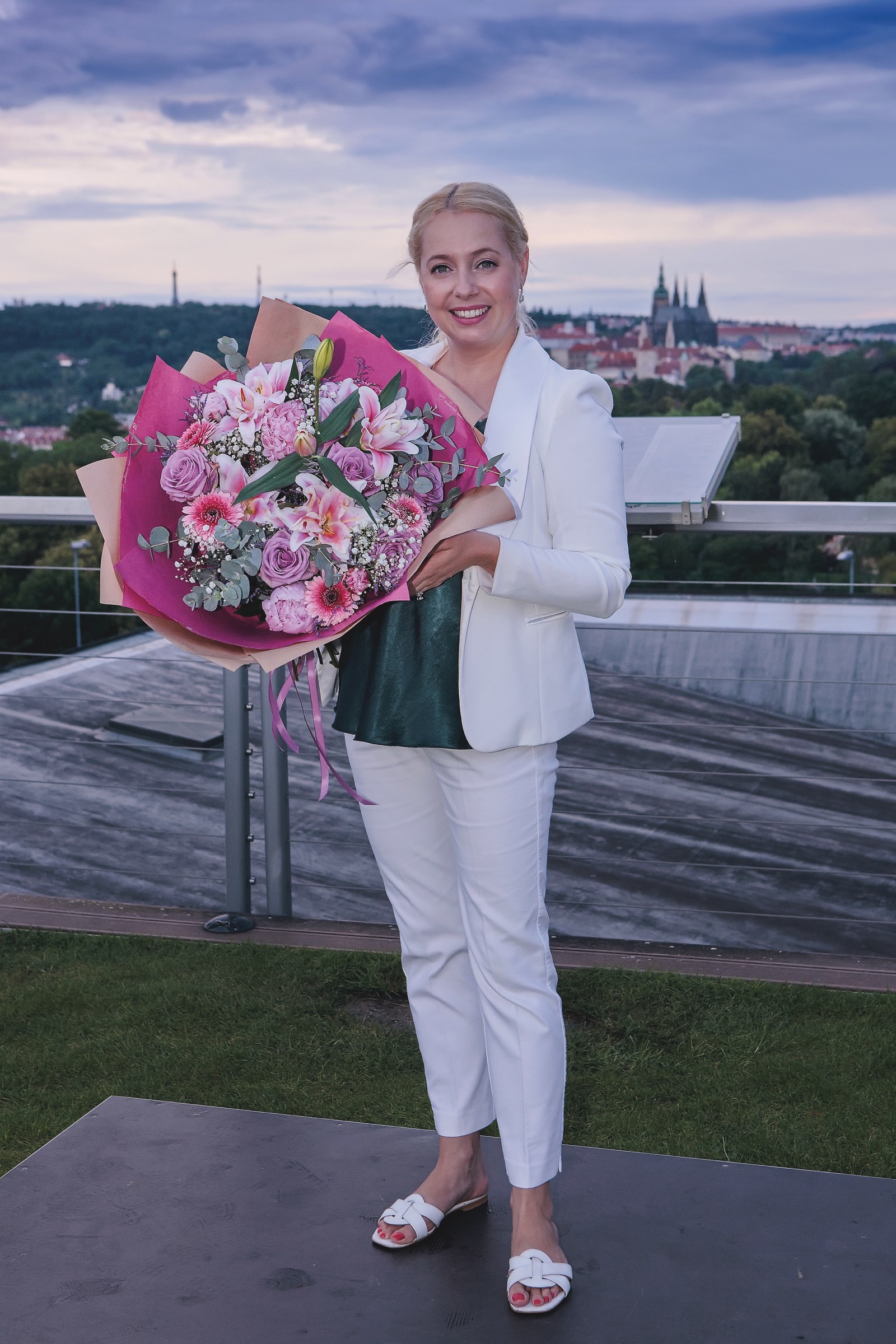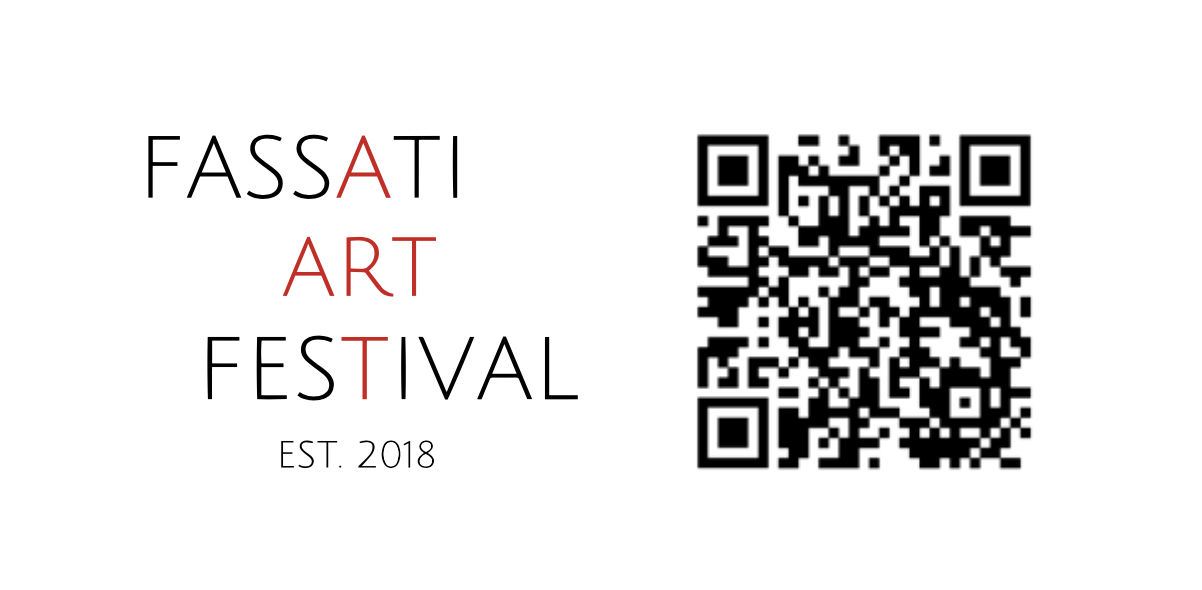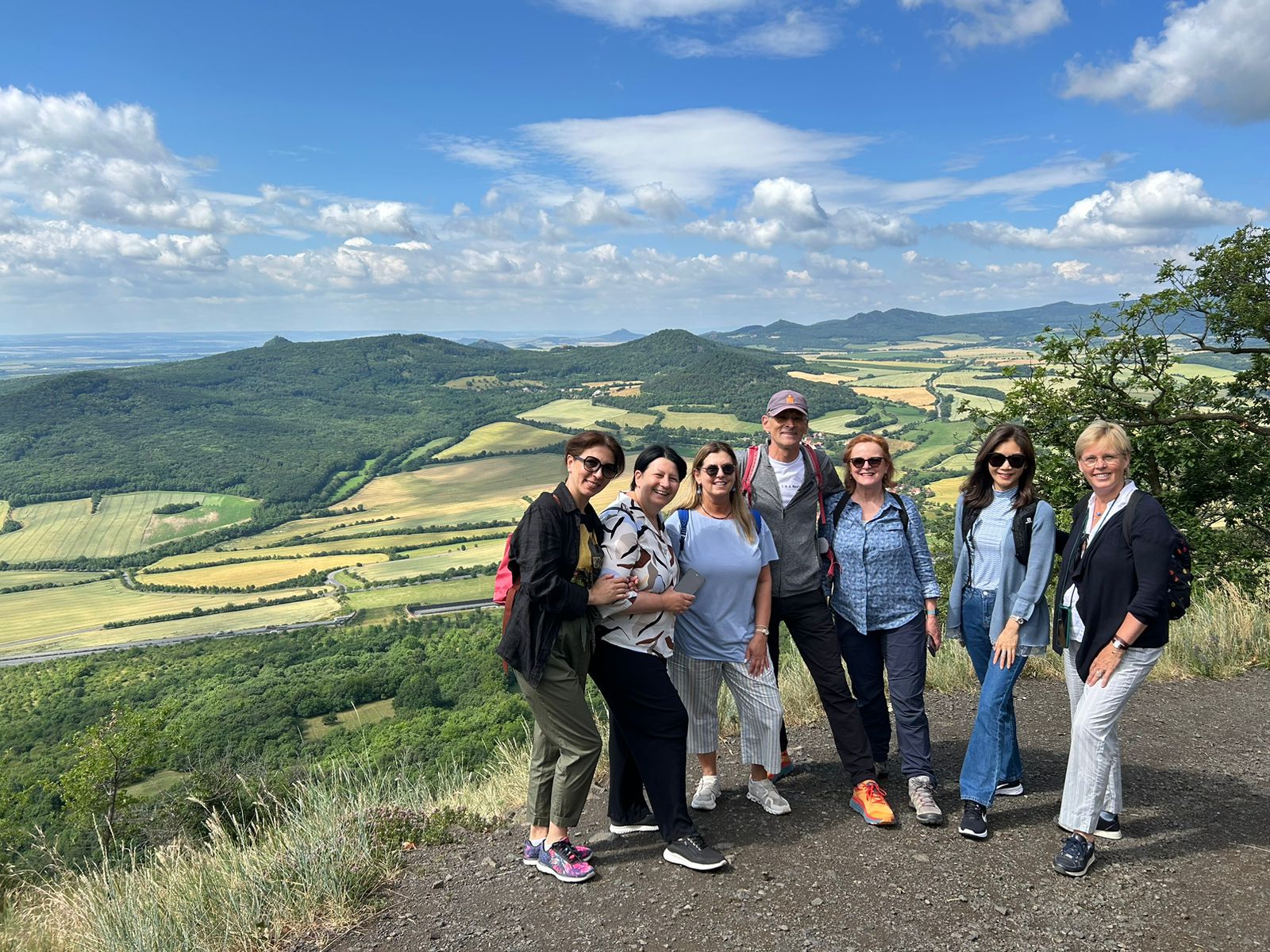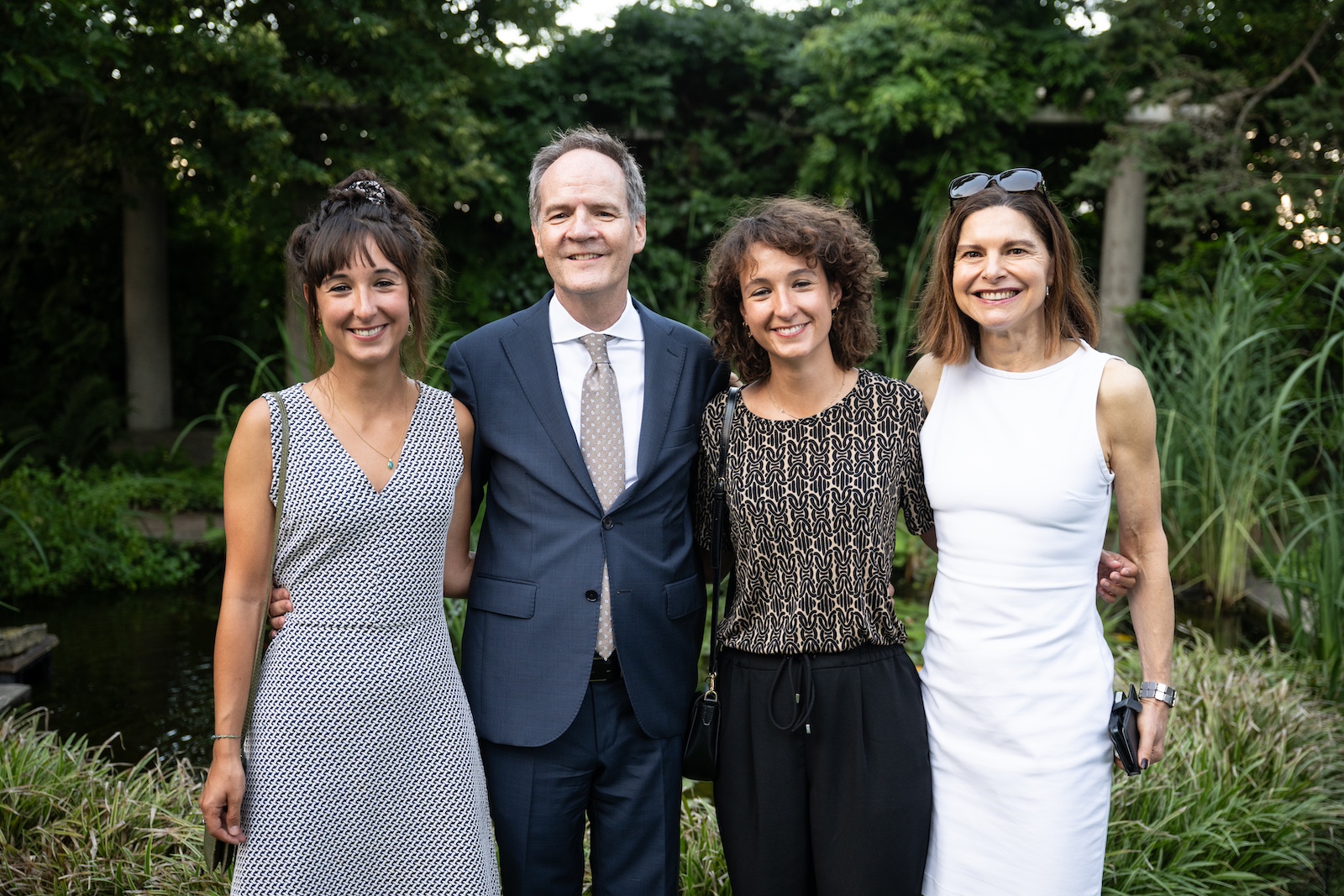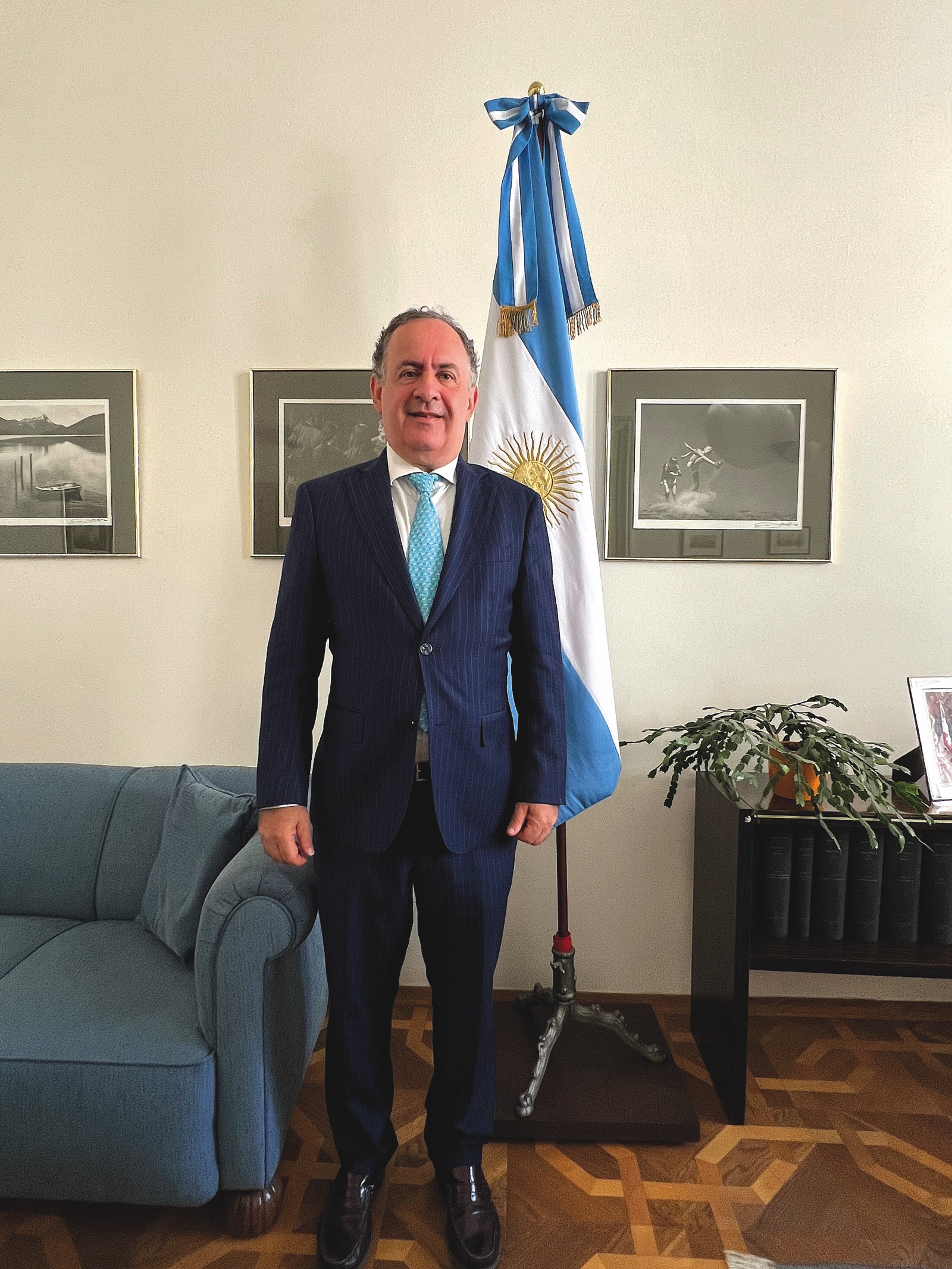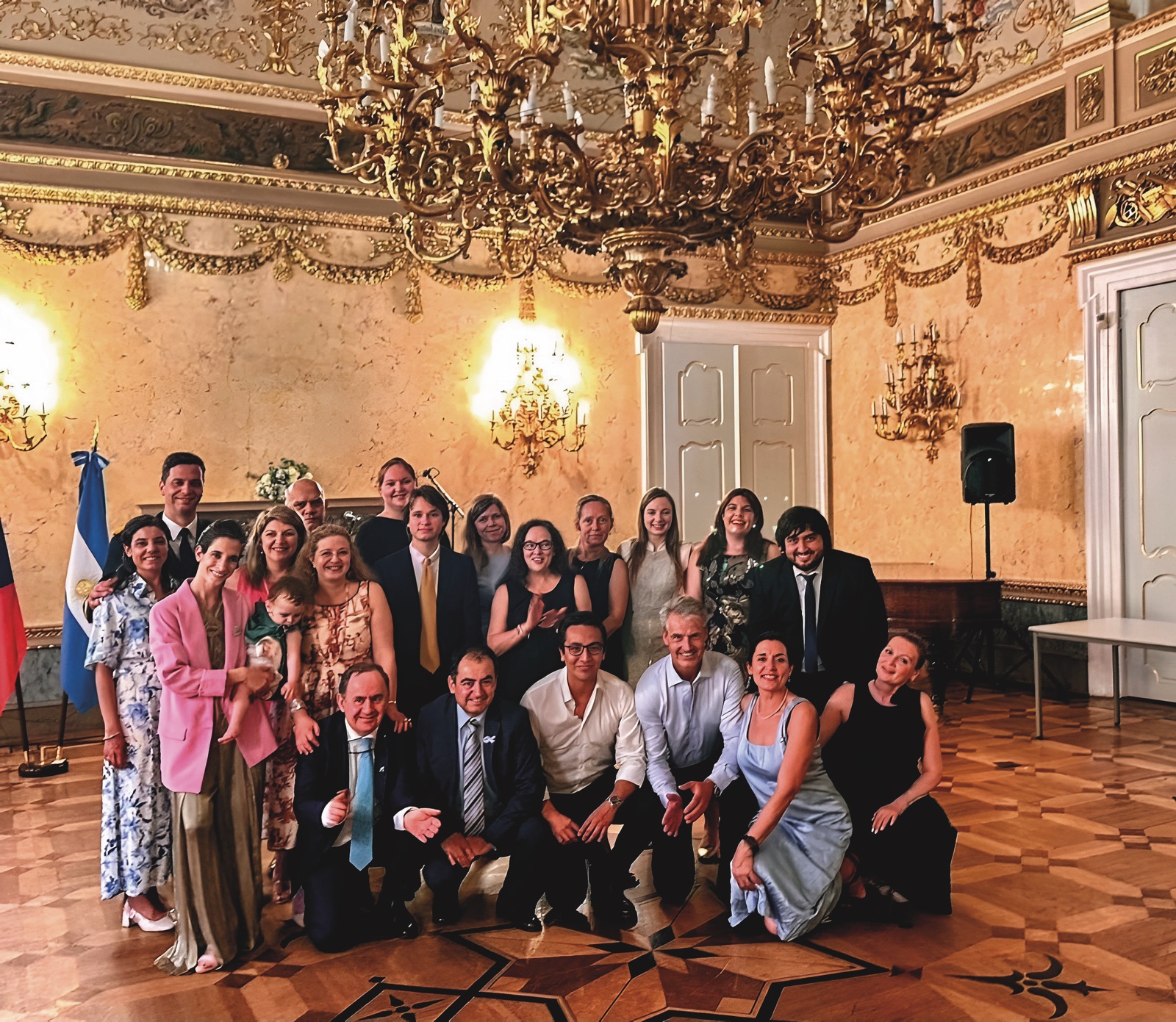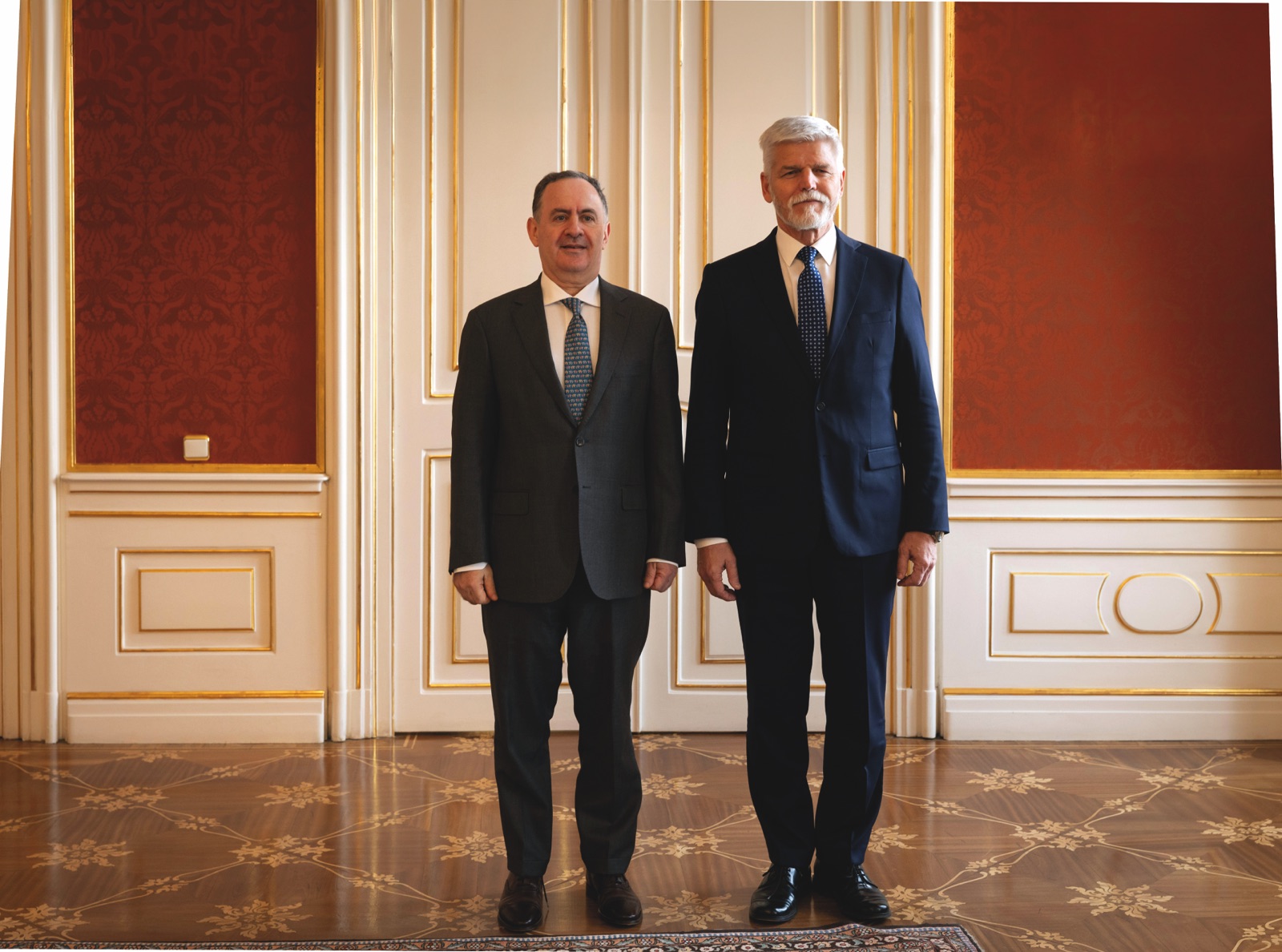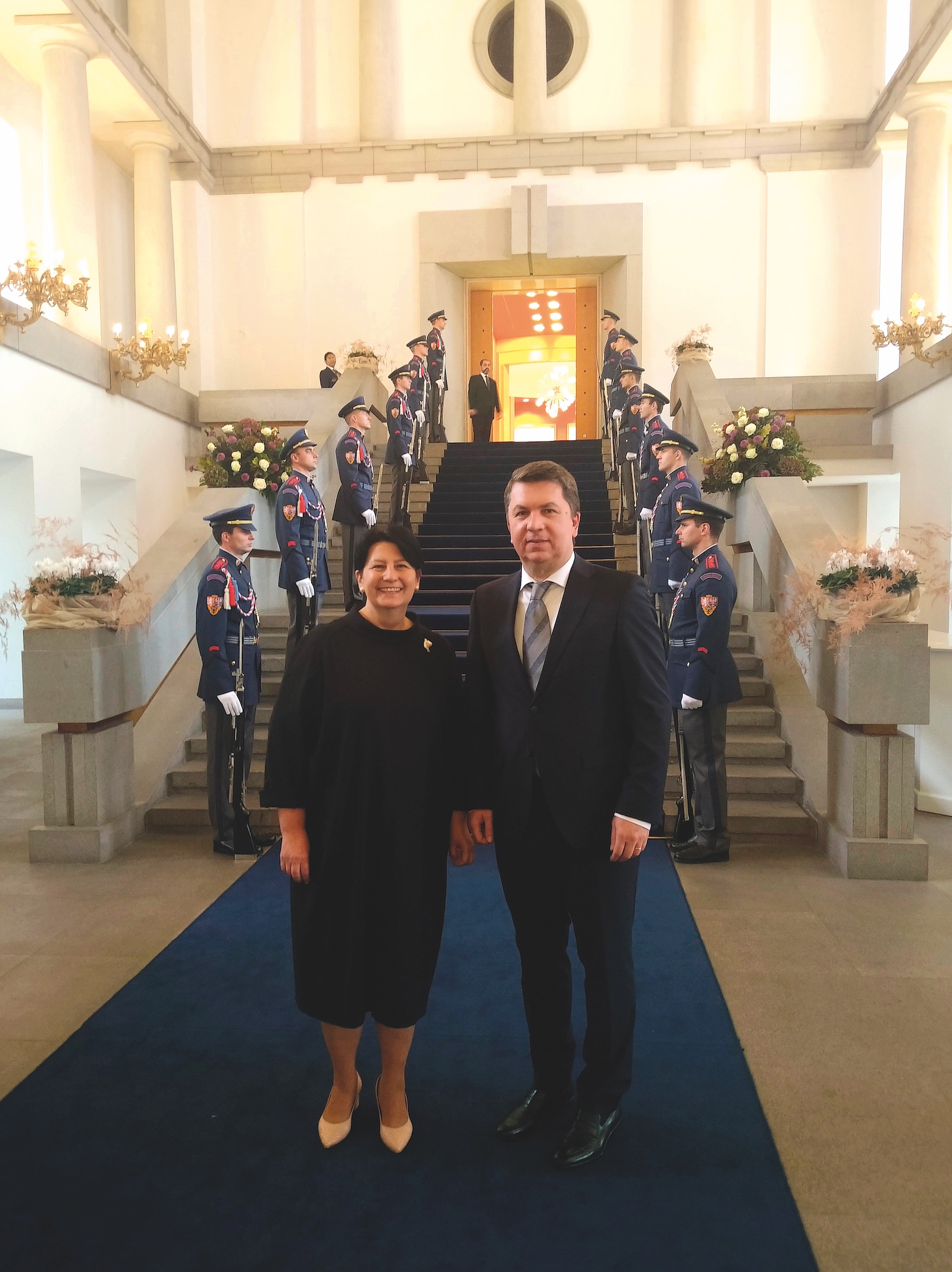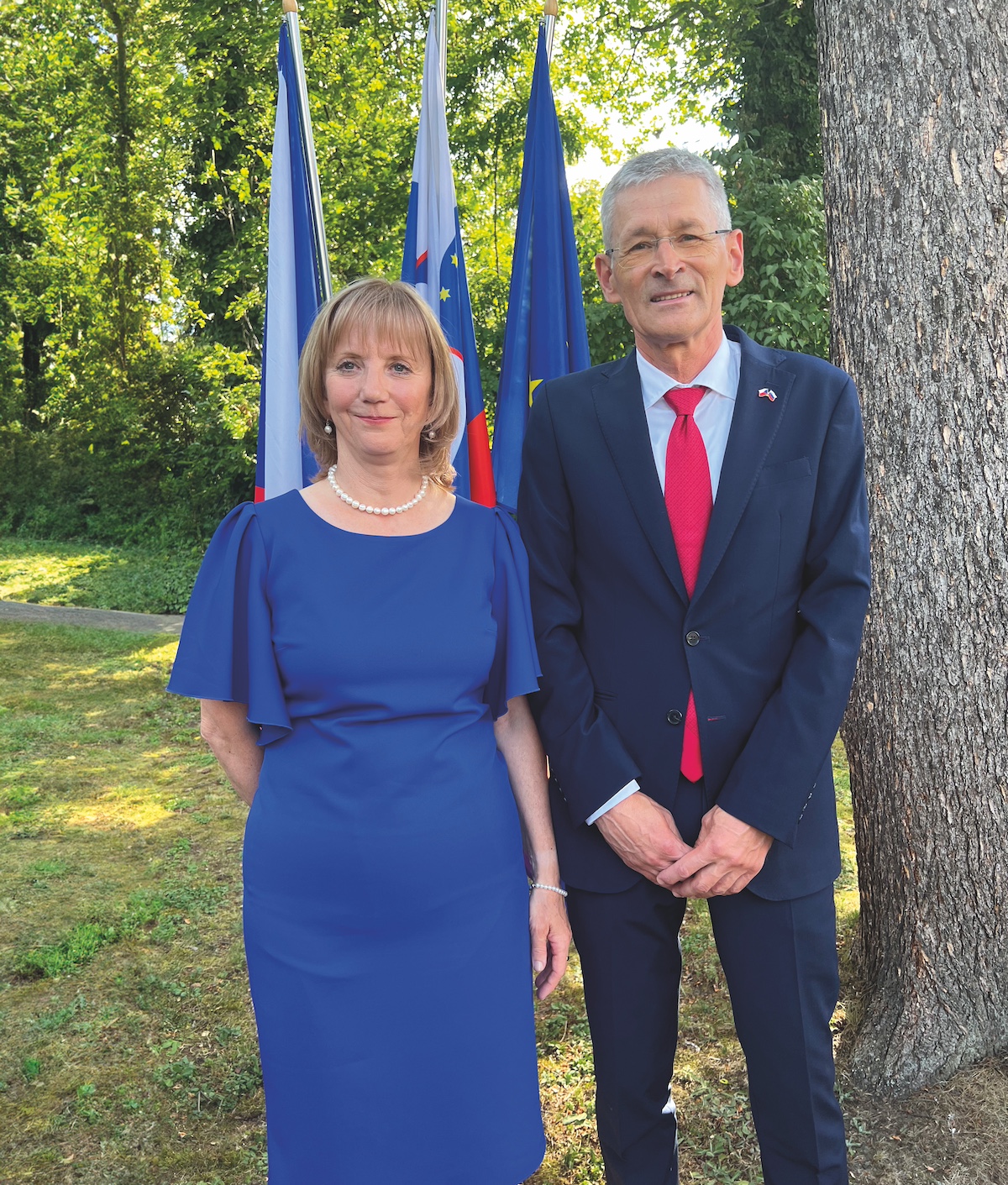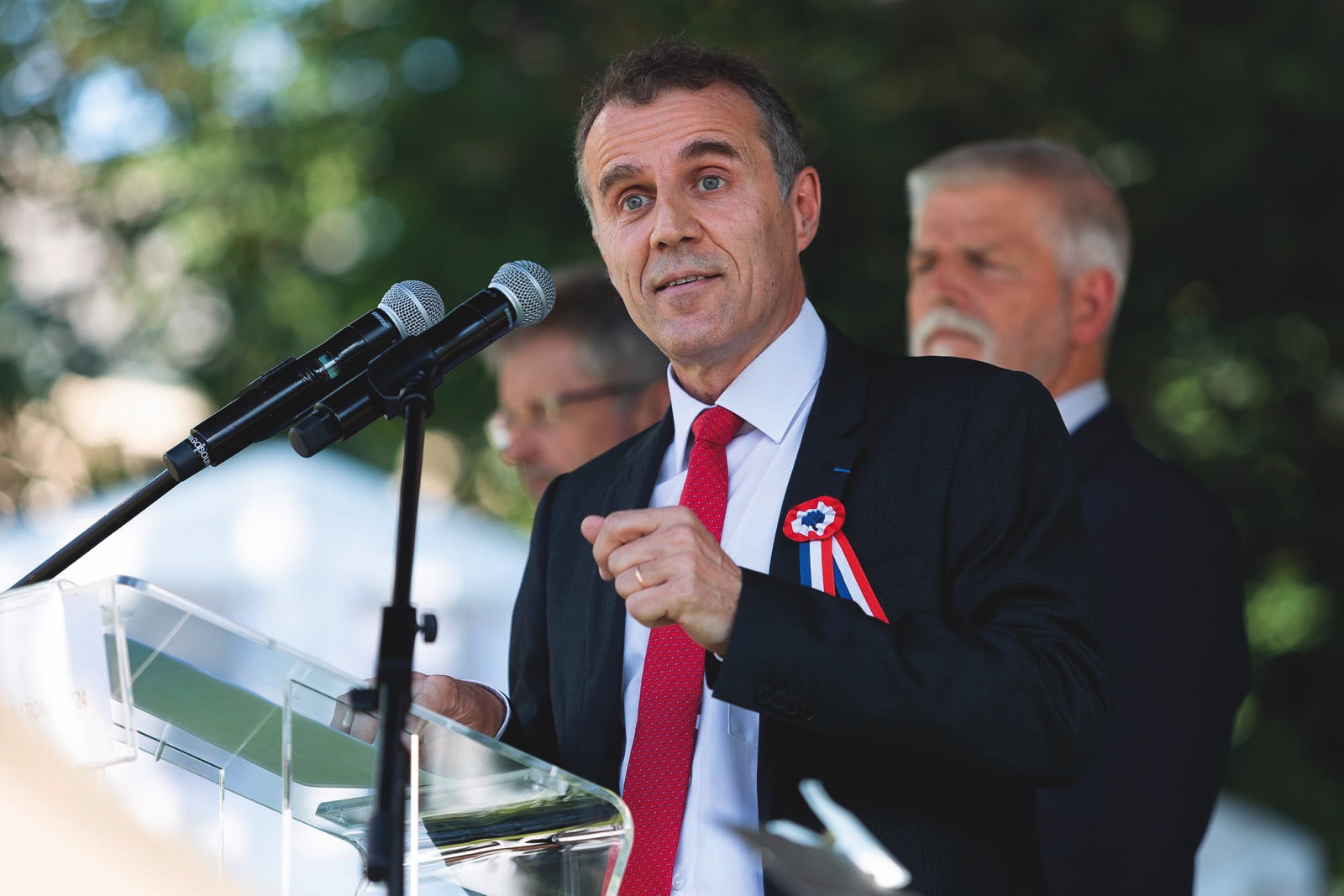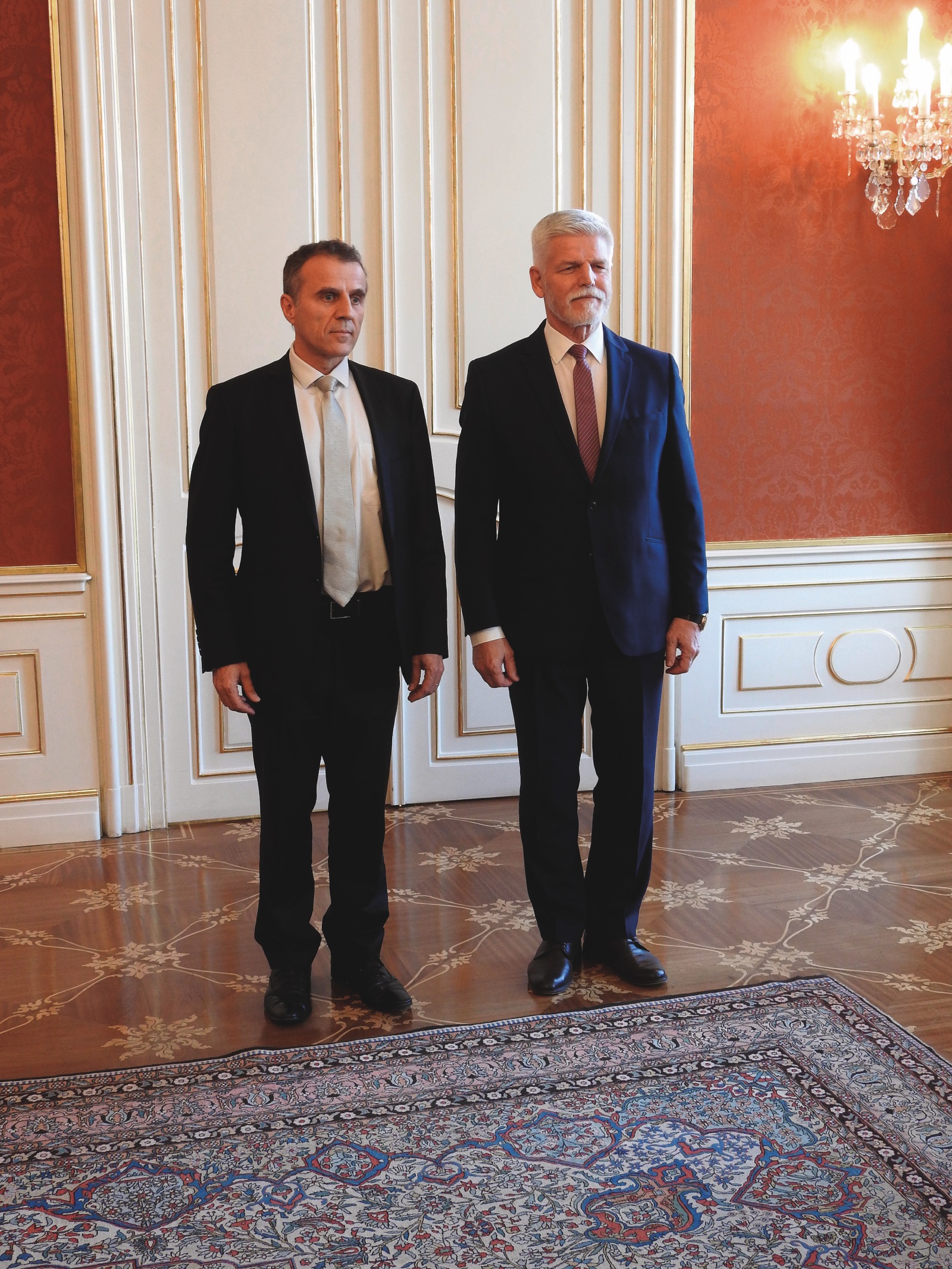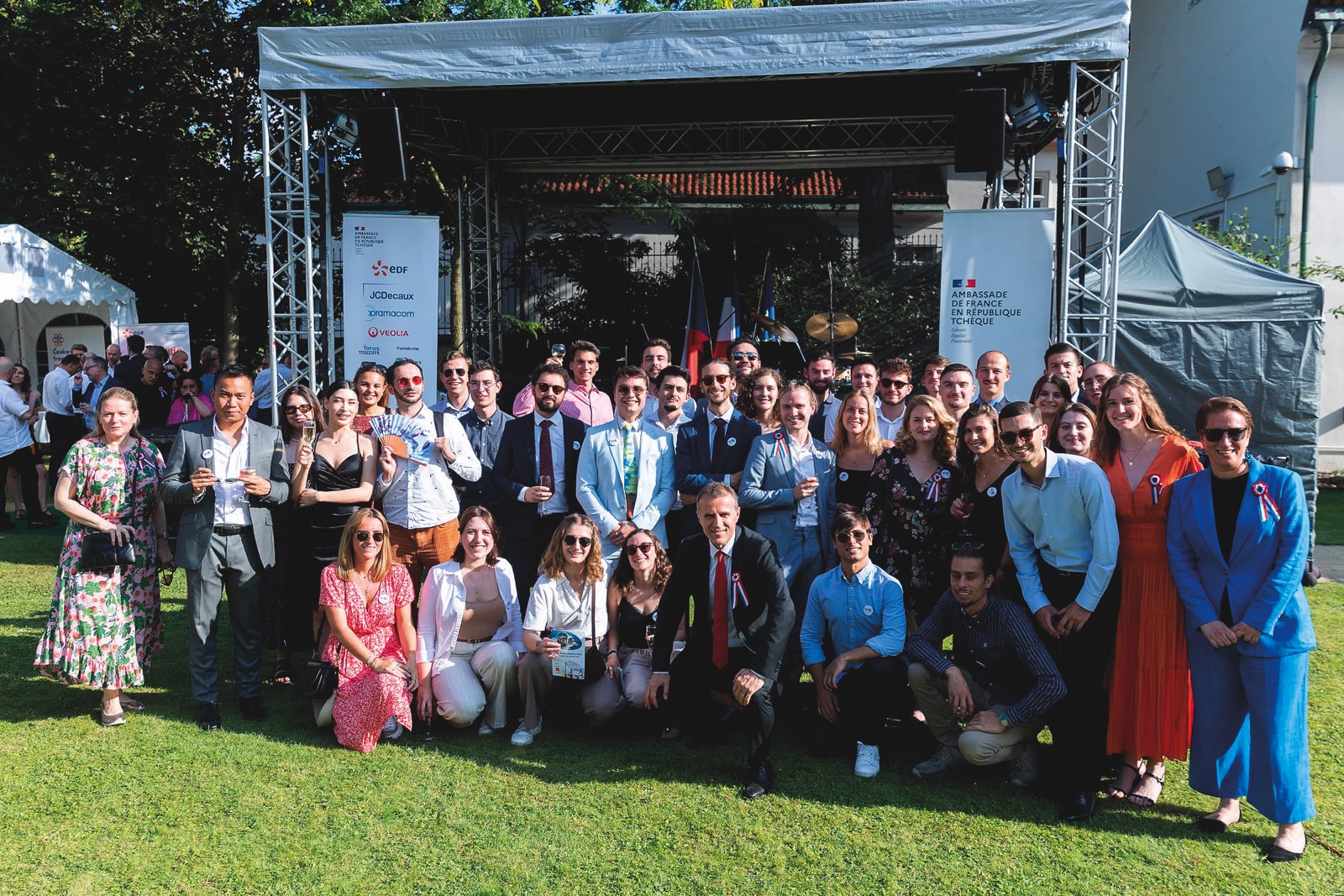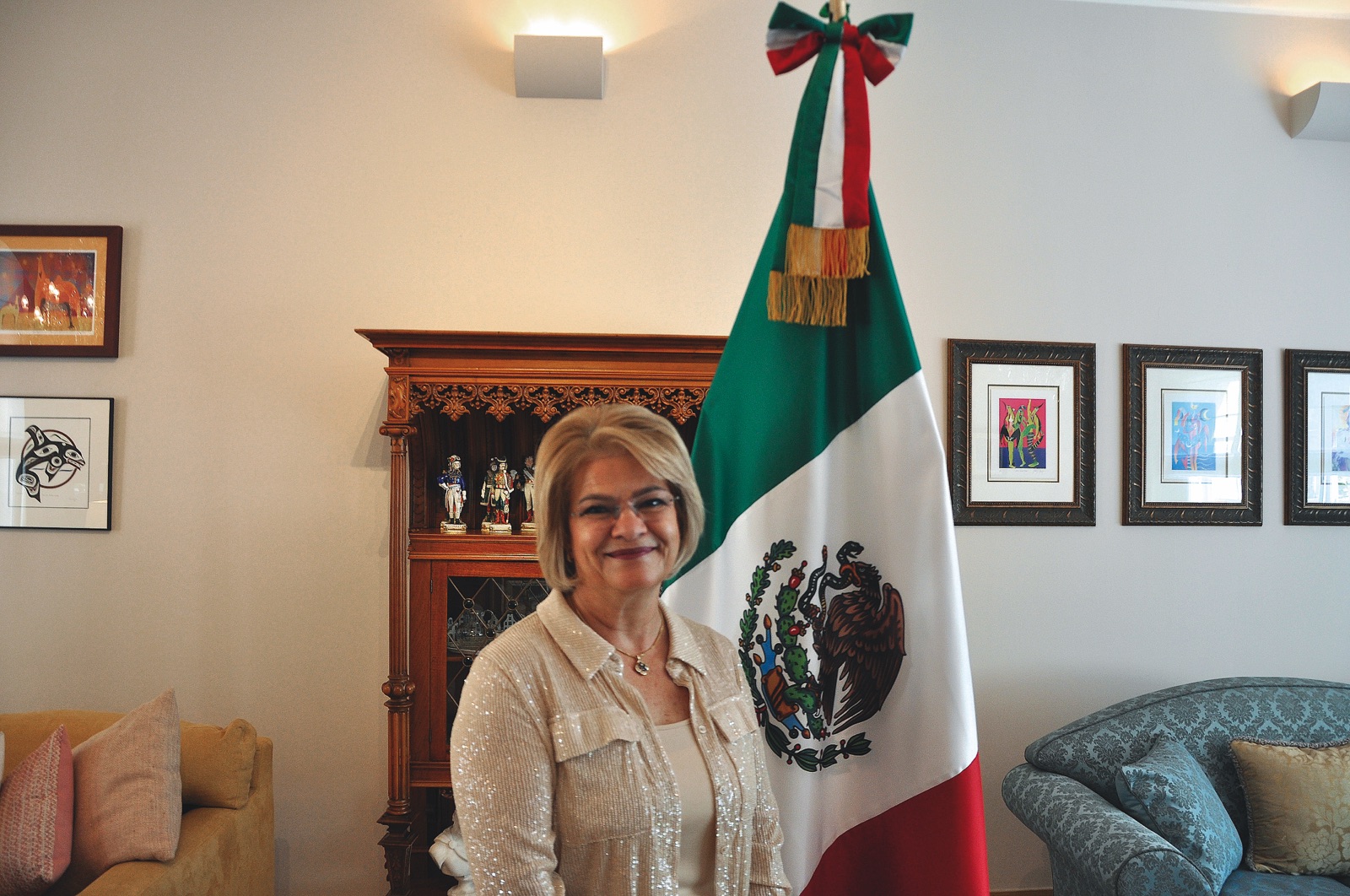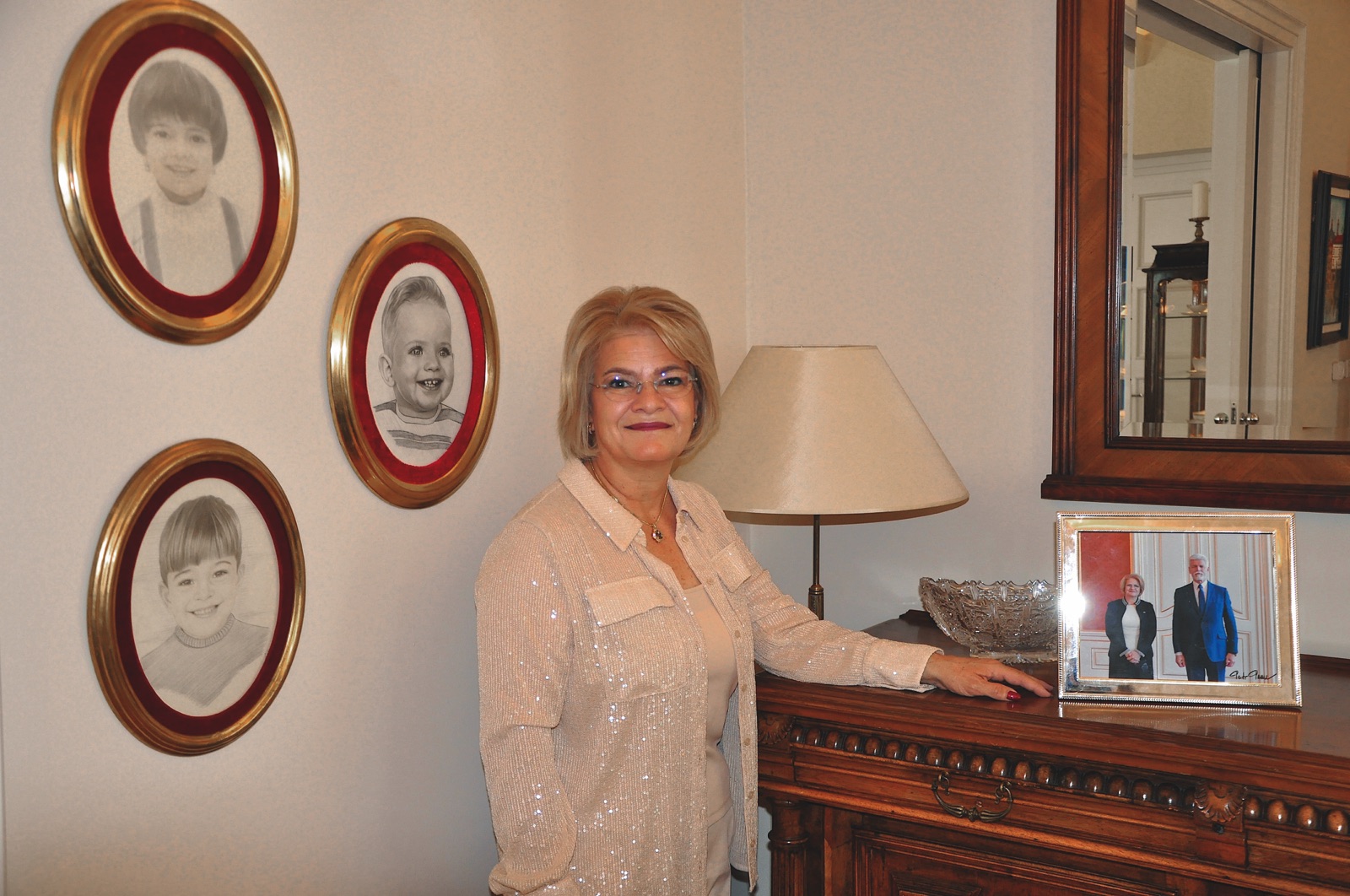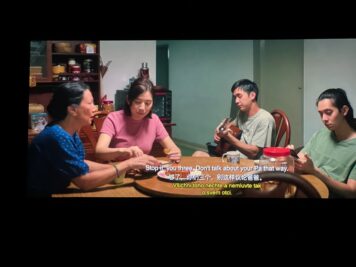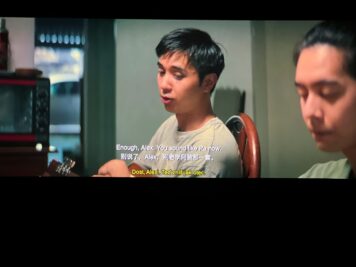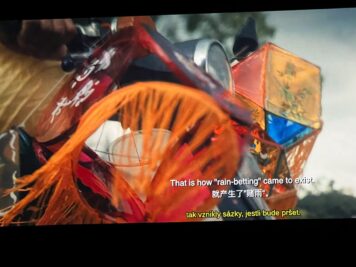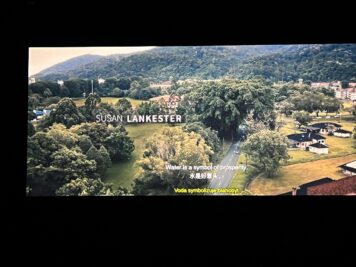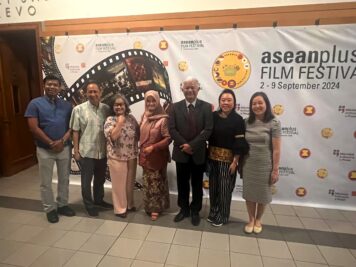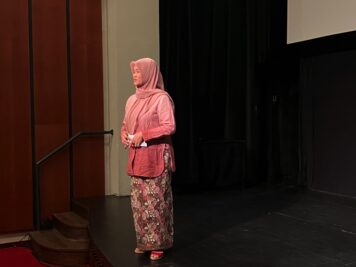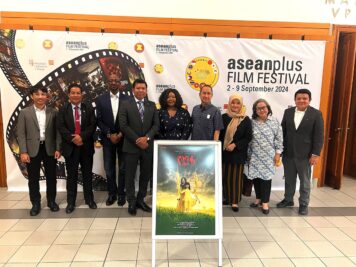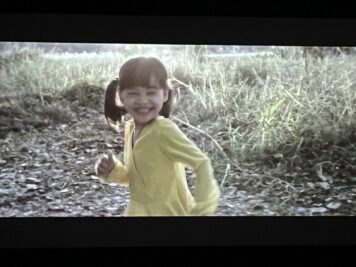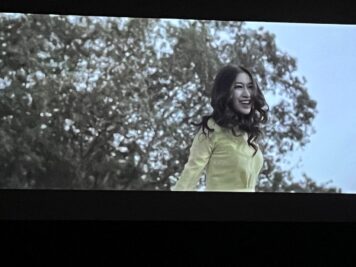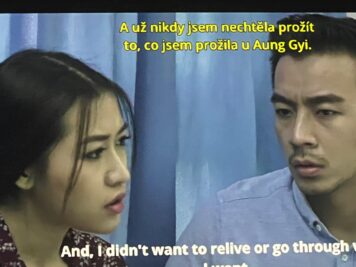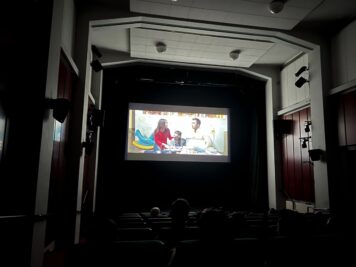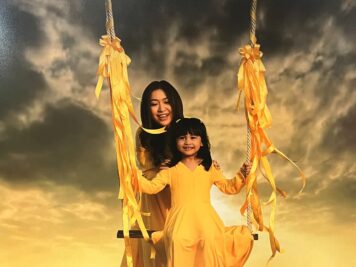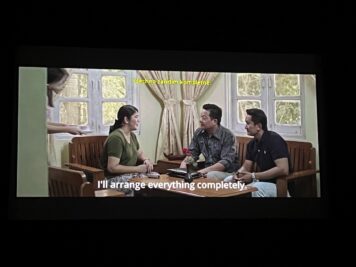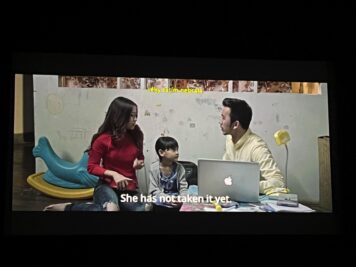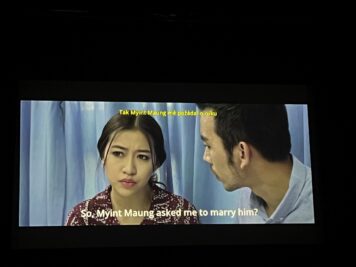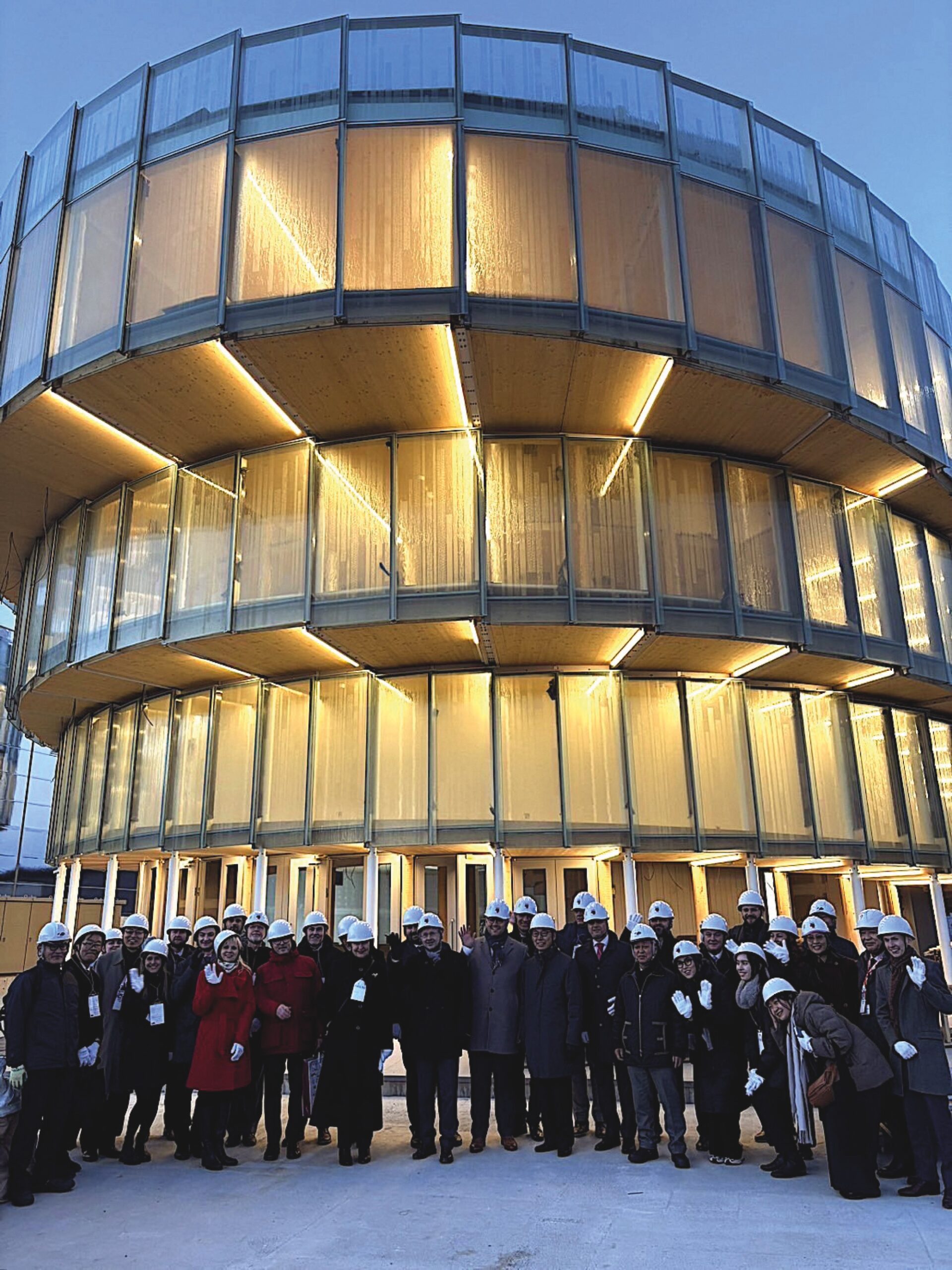
RNDr. Miloš Vystrčil, the President of the Senate of the Czech Republic,Ondřej Soška, Czech Commissioner General for Expo 2025 Osaka, Kansai, Japan, and the Czech delegation
Text: Martina Hošková and M. Zisso; Photo: Archive
The start of the World Expo 2025 is fast approaching. Its gates will open in Osaka, Japan, on 13th April 2025, and it will last for six months, with organizers expecting up to 30 million visitors. One of the iconic structures that both the organizers and media (Japanese AND foreign) proudly highlight will be the Czech National Pavilion. What can the visitors look forward to?
Czechs created an amazing symbiosis of wood and glass
The construction of the Czech National Pavilion officially began in mid-May, with a ceremony to calm the earth deities, or ‘Jichinsai’’, held on the Czech plot of land on Yumeshima Island, followed by preparatory work. Excavation work started in July, and six months later, the rough construction was already completed. “Considering that we began installing the wooden structure in mid-September, we are undoubtedly one of the countries with the fastest construction time. Our pavilion is innovative in many ways and will be the largest wooden CLT structure of its kind in Japan without a metal load-bearing structure. I’m excited to see how quickly everything is progressing and how well we are collaborating with the Japanese construction company Daisue,” explained Ondřej Soška, Commissioner General for Czech participation at Expo 2025.
In January and February, interior partition construction and finishing work took place, as well as the installation of air conditioning, electricity, and other systems. During March and early April, the final form of the visitor pathway will take shape – Jakub Matuška is painting a 200-meter mural, and Rony Plesl’s team will be installing glass sculptures.
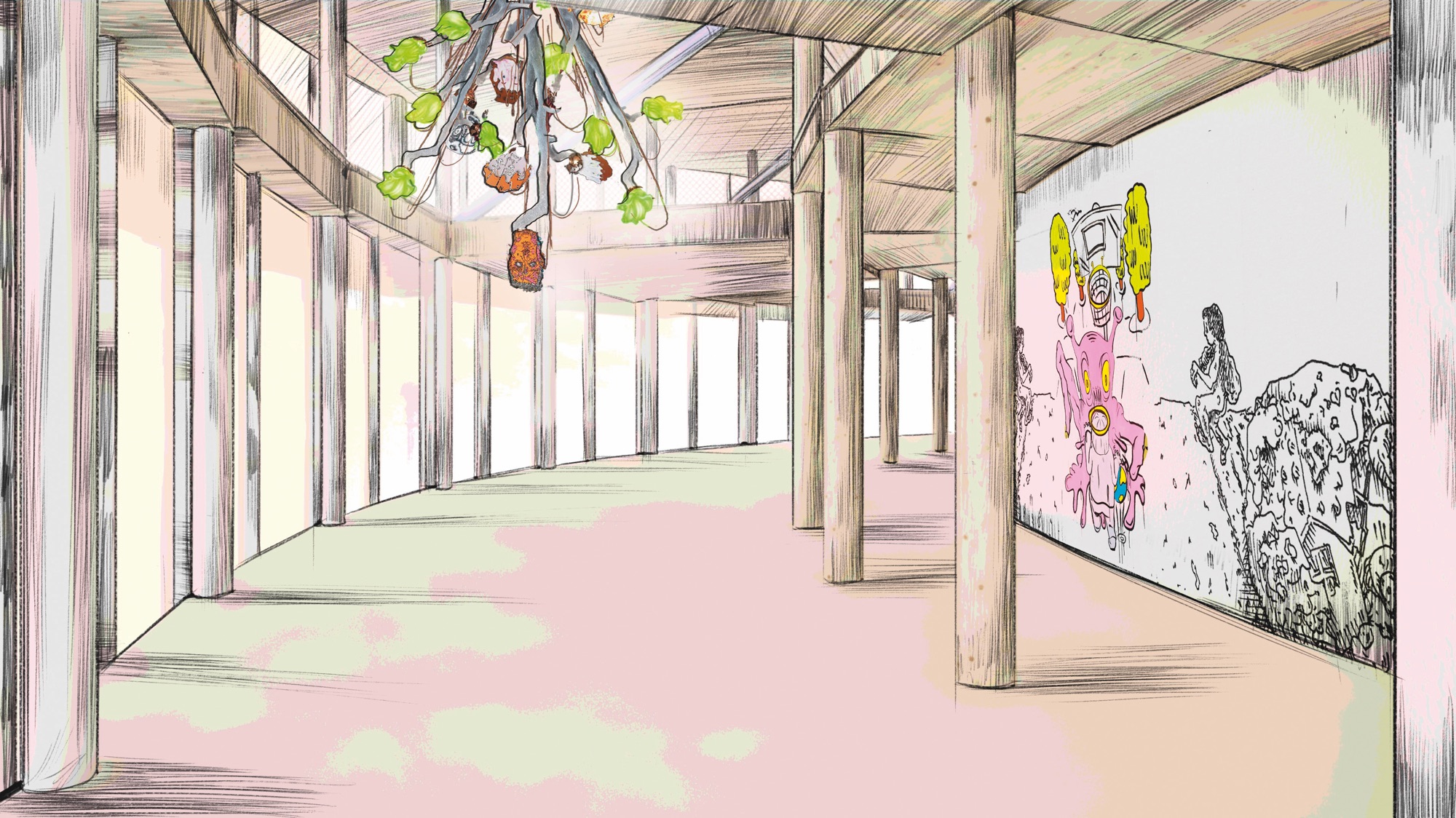
Painting by Jakub Matuška aka Masker
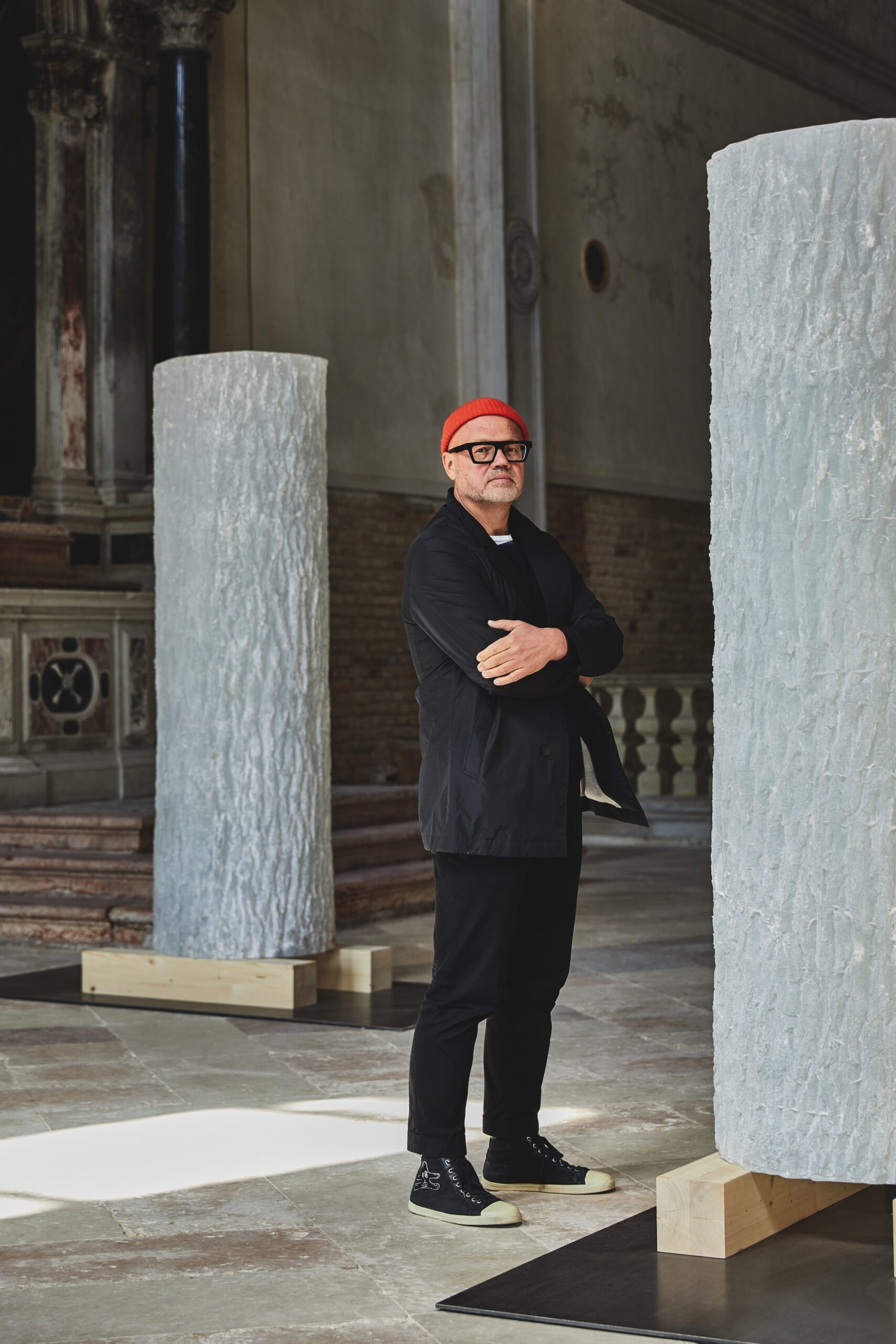
Rony Plesl, a leading Czech artist, sculptor, designer and professor
All key parts of the pavilion, such as the wooden spruce CLT panels and the glass facade, were produced in the Czech Republic, with six Czech subcontractors involved in the process: A2Timber, Stora Enso, and Novatop System worked on the wooden pavilion structure, and Wieden, Kolektiv Atelier, and AGC Teplice worked on the glass facade. The prefabricated parts of the pavilion then travelled from the Czech Republic in 69 containers to the largest German port in Hamburg, from where they sailed for about 8-10 weeks to Osaka. The parts were then gradually assembled on Yumeshima. The installation teams from A2Timber and Wieden personally participated in the entire installation process in Osaka.
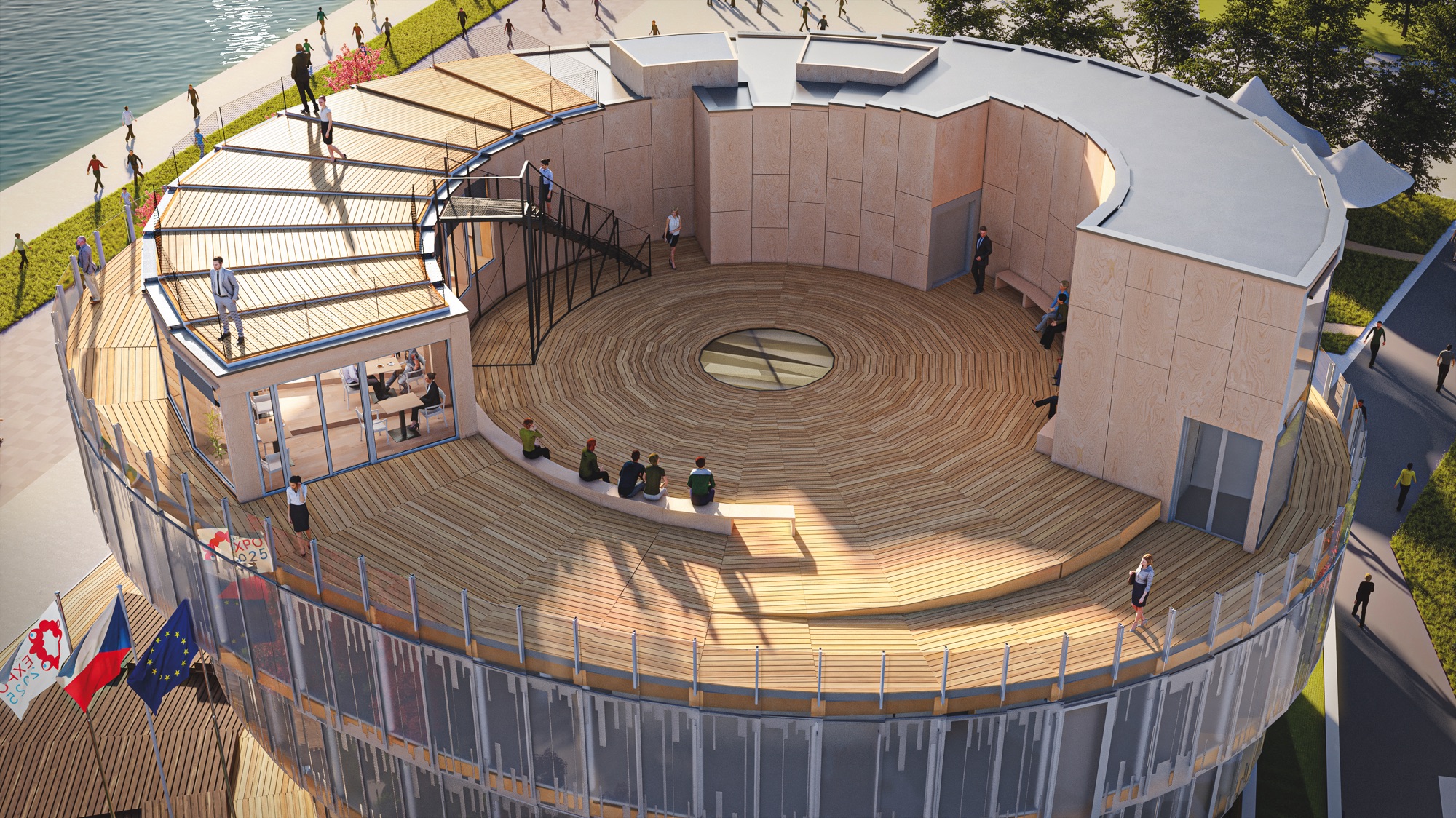
Wooden pavilion structure and the unique terrace
Will the world like Czech cuisine?
The visitors have a lot to look forward to. The restaurant at the EXPO 2025 Czech National Pavilion aims to become the world’s largest Czech restaurant. At full capacity, the operators plan to serve up to 2,000 meals and 3,000 beers daily. In addition to the restaurant, a takeaway window will also be available. The key element of Czech cuisine will be the dumpling. Pilsner Urquell will be on tap, and Moravian wines from Thaya Winery will be served.
The kitchen of the Czech Pavilion will be run by top chefs from the Association of Chefs and Confectioners of the Czech Republic, including both young talents and experienced masters of the craft. A unique aspect is the involvement of the so-called “Old Guard” – chefs whose traditions and recipes trace back to the Czechoslovak Pavilion menu at EXPO 1970 in Osaka. The combination of tradition and innovation will be brought to life by chefs Tomáš Popp, Jiří Eichner, Jiří Prosa, and junior chef Štěpán Čermák. The restaurant will be operated by the Czech company Gastro Invest Internacional, whose sister company already has similar experience, having managed the restaurant at the Czech National Pavilion at EXPO 2020 in Dubai.
Visitors to the Czech National Pavilion will get to taste dishes inspired by traditional Czech cuisine, adapted to the Asian style. The menu has been carefully designed by culinary curator Tomáš Reger to showcase the diversity and quality of Czech recipes. The main ingredient will be the dumpling.
The starters will include, for example, homemade headcheese served with onion and vinegar or trout rollmops, featuring its characteristic tangy taste.
Among the main courses, best described as vepřo-knedlo-bao, visitors will find potato dumplings filled with smoked meat and red cabbage, as well as an original fusion of Czech-style roast duck with plum jam and a combination of pork with an Asian bao dumpling.
Japanese and other visitors can also look forward to a sweet finale, such as sweet buns with vanilla custard, and fairy tale buns filled with plum jam or sweet cheese.
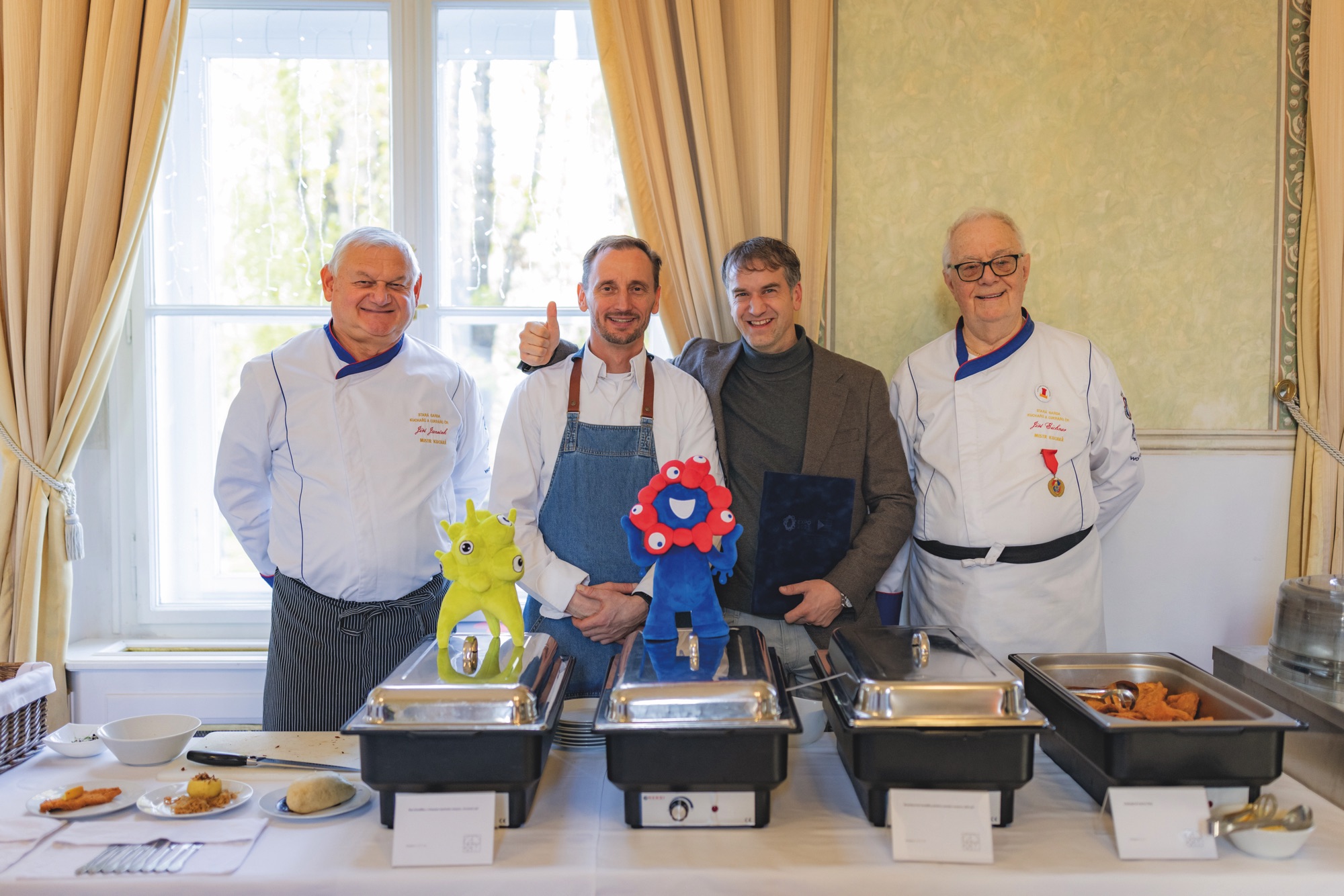
Culinary team
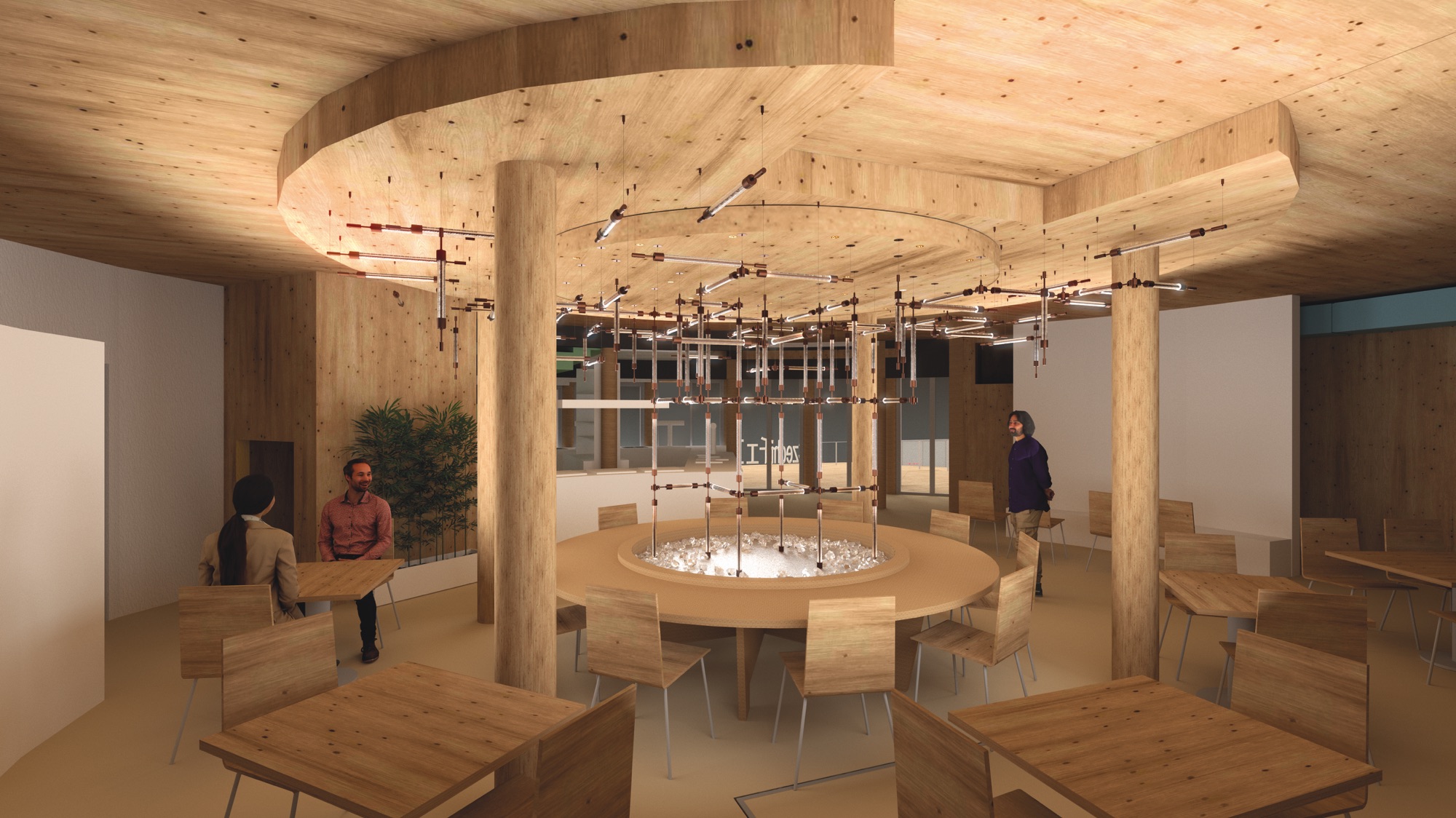
Visitors will have a ‘spiralling’ journey
Visitors to the Czech National Pavilion can look forward to a permanent exhibition that winds along the entire perimeter of the pavilion, stretching over 250 meters. They will ascend in a spiral from the ground floor to the centre of the pavilion, where the tour concludes with a panoramic view of the exhibition grounds, as well as the dancing fountains with video mapping – one of the major highlights prepared by the Japanese organizers. The Czech exhibition, inspired by the life philosophy of Alfons Mucha, offers a fusion of monumental glass sculptures utilizing the revolutionary Vitrum Vivum technology, contemporary paintings by Jakub Matuška aka Masker, and an immersive audio-visual installation by Lunchmeat Studio. The visitor journey concept is curated by art historian Lucie Drdová. This timeless concept, blending historical heritage with innovative approaches by contemporary artists, perfectly embodies the theme of Czech participation: Talent and Creativity for Life.
The concept of the Czech National Pavilion at EXPO 2025 in Osaka intertwines the symbolic narrative of Alfons Mucha’s work with contemporary art. A multimedia installation, inspired by Mucha’s unfinished triptych The Three Ages (The Age of Love, The Age of Reason, and The Age of Wisdom), will create a dynamic environment where visitors encounter an ever-changing “cultural” landscape through both classical media and immersive experiences.
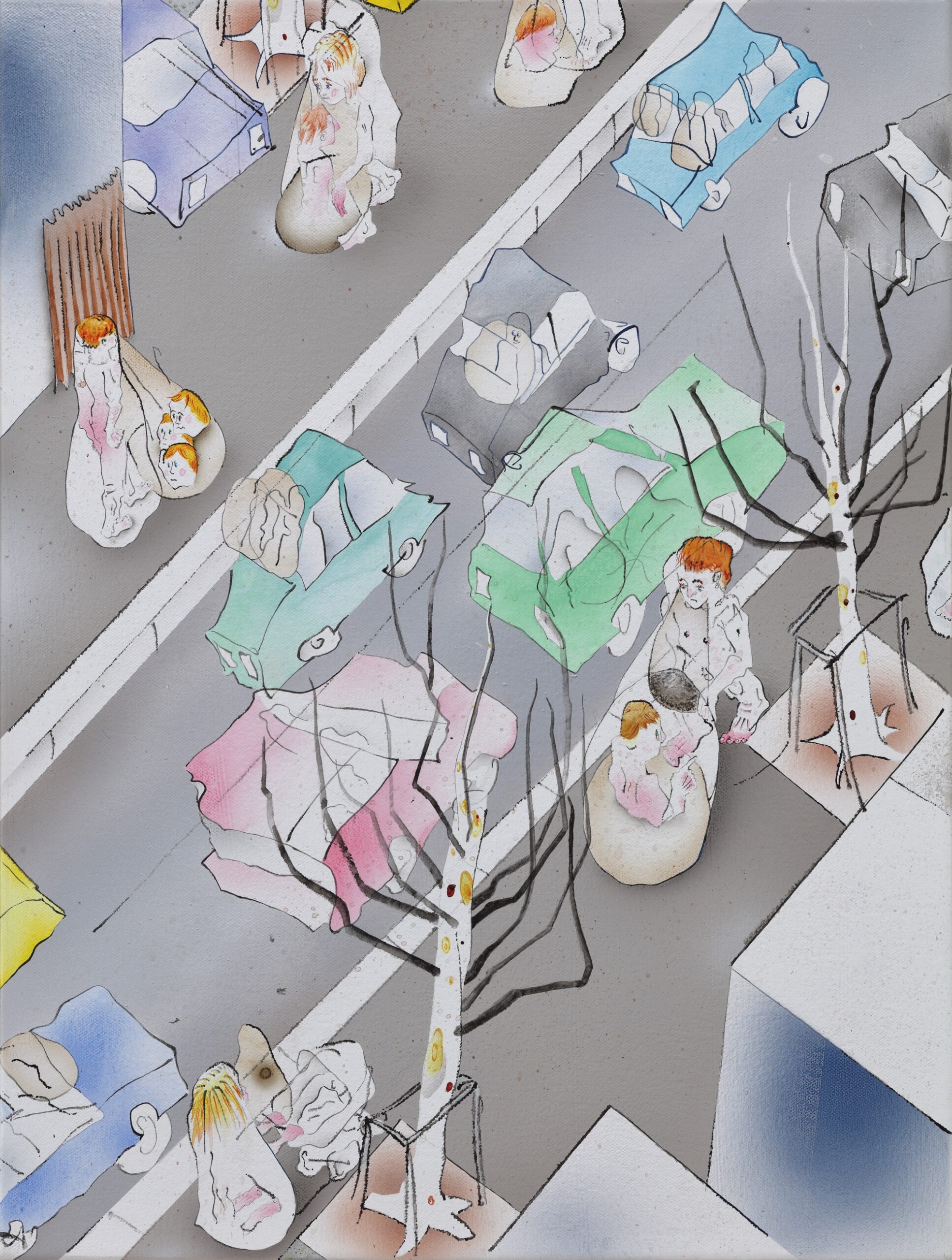
The Czech Pavilion will showcase a unique multimedia installation created by a team of renowned visual artists. Visitors will experience an original site-specific installation, seamlessly integrated into the organic spiral of the glass pavilion designed by Apropos Architects. The first artwork they will encounter is the monumental crystal sculpture Trees Grow from the Sky by Rony Plesl, originally unveiled at the Venice Biennale in 2022. These towering, life-sized crystal trunks are true imprints of living trees. Along the pavilion’s pathway, visitors will also encounter a series of additional glass artefacts by Plesl, symbolically linking themes of nature and human existence.
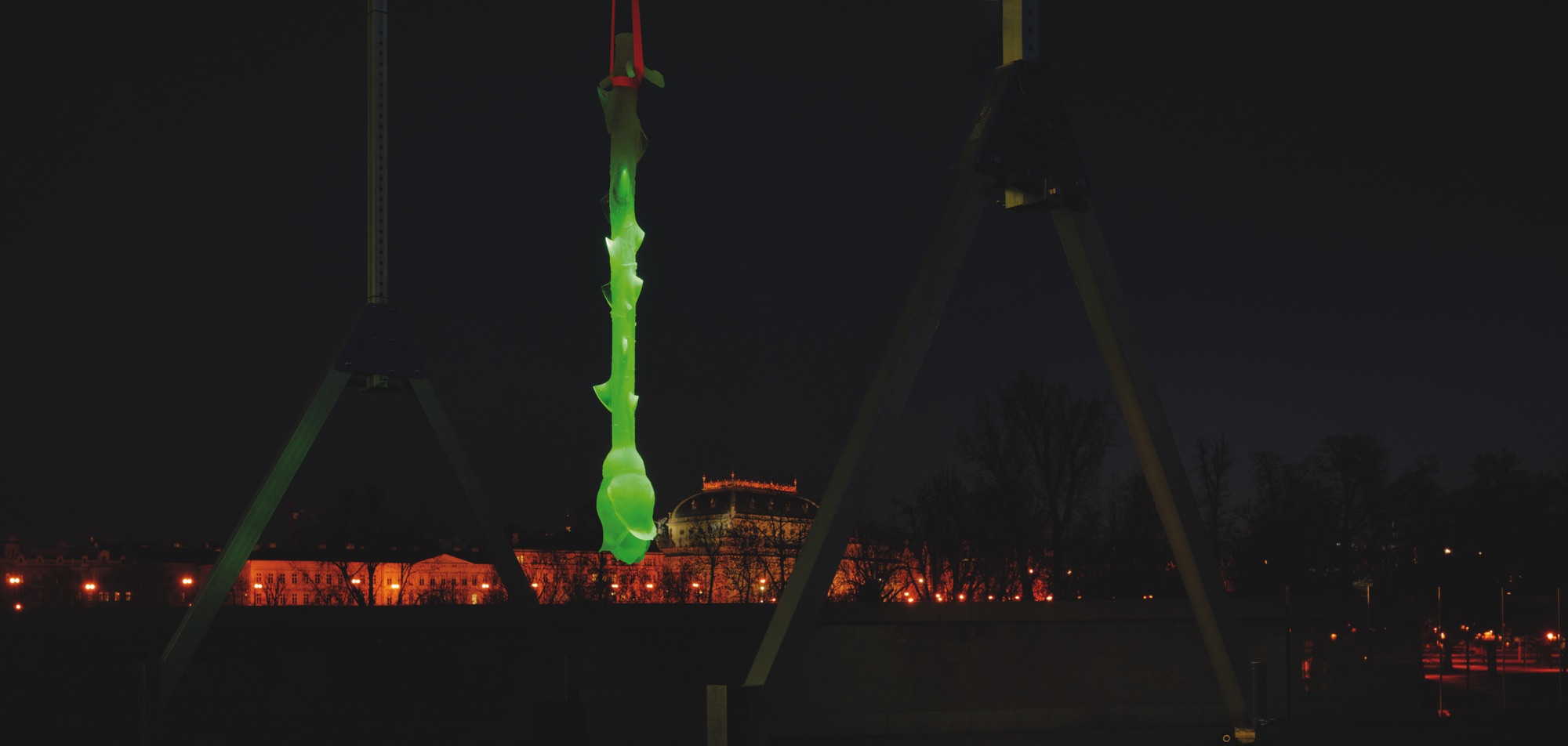
Wild Rose by Rony Plesl; uranium cast glas
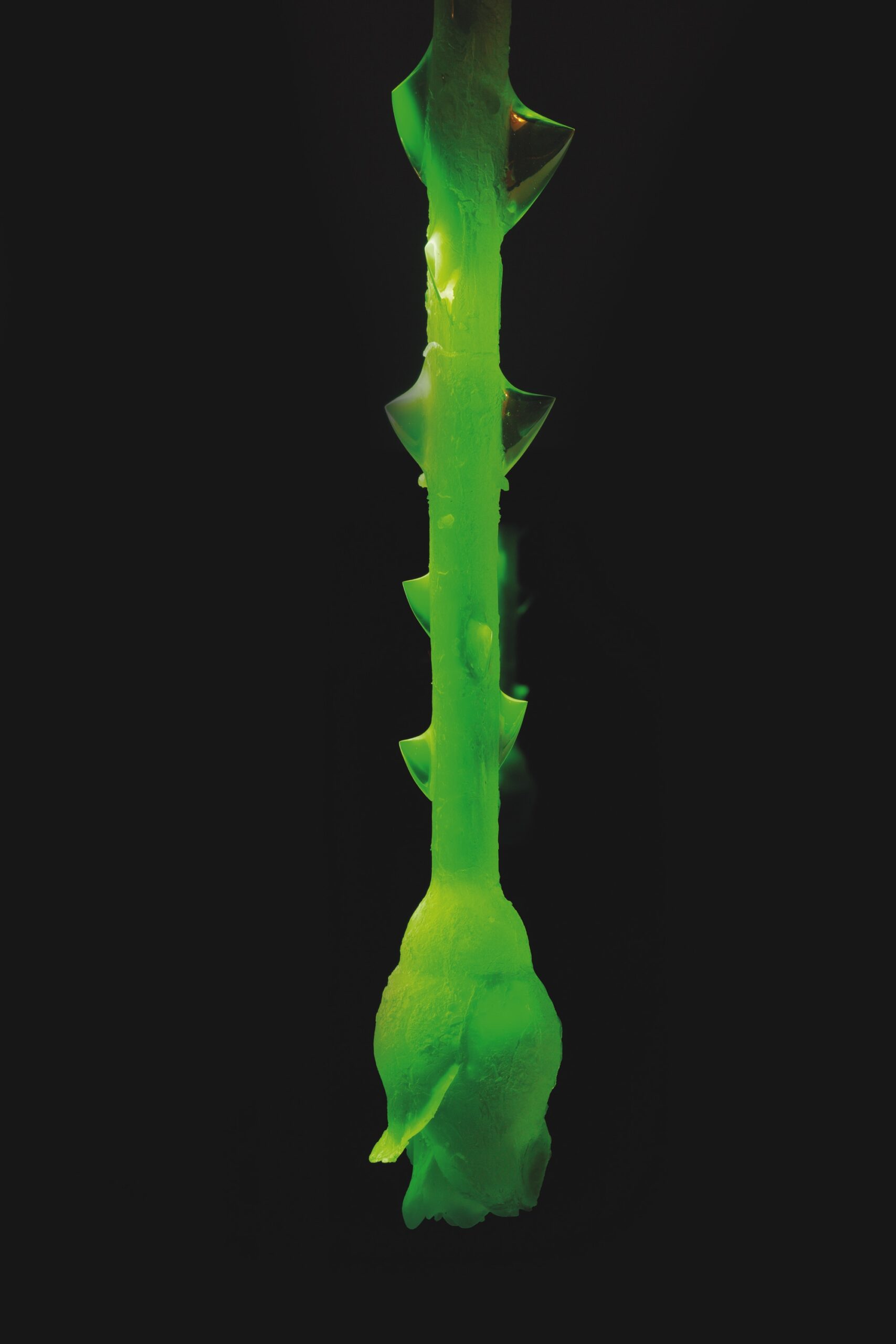
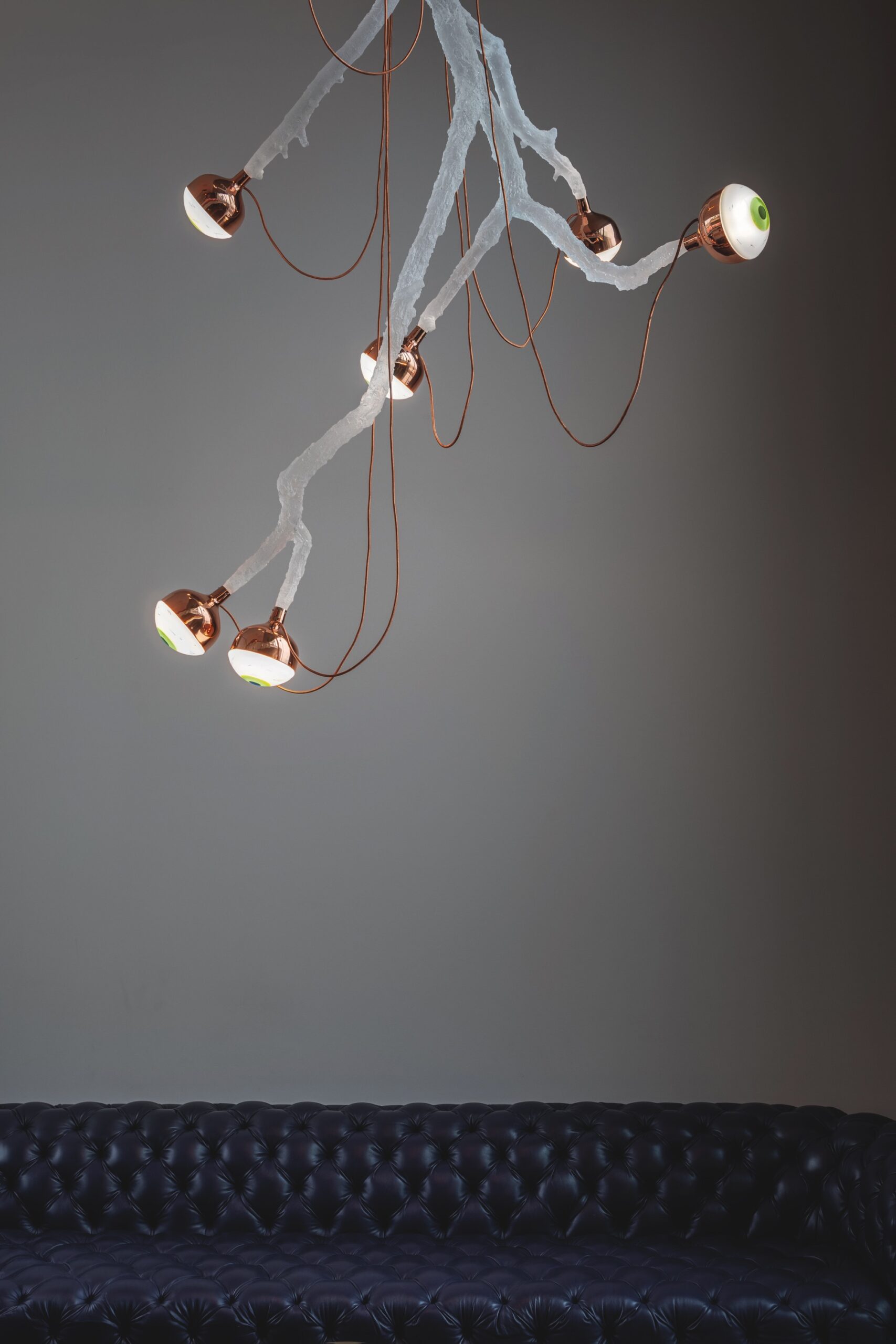
Chandelier by Rony Plesl
Stretching along the entire perimeter of the pavilion’s architecture, the central artwork will be an over-200-meter-long narrative of drawings and paintings by Jakub Matuška, aka Masker. This visual story metaphorically unfolds into a spiral, reflecting human striving – from everyday existence and subjective perception to archetypal and historical connotations. Unifying the multimedia experience, Lunchmeat Studio’s audio-visual installation will enhance the journey with a 30-channel sound composition and dynamic digital displays, creating a powerful and immersive experience.
The dialogue between contemporary artists and the philosophical ethos of Alfons Mucha serves as the conceptual conclusion of the journey. In its final segment, visitors will encounter an intimate sculpture of a girl, set against a Mucha-inspired artistic backdrop, yet reimagined in a contemporary visual language. The so-called Nude on a Rock (1898–1899) is symbolic of humanity’s path toward higher knowledge, embodying the core theme of the World EXPO – the shared progress of humankind.
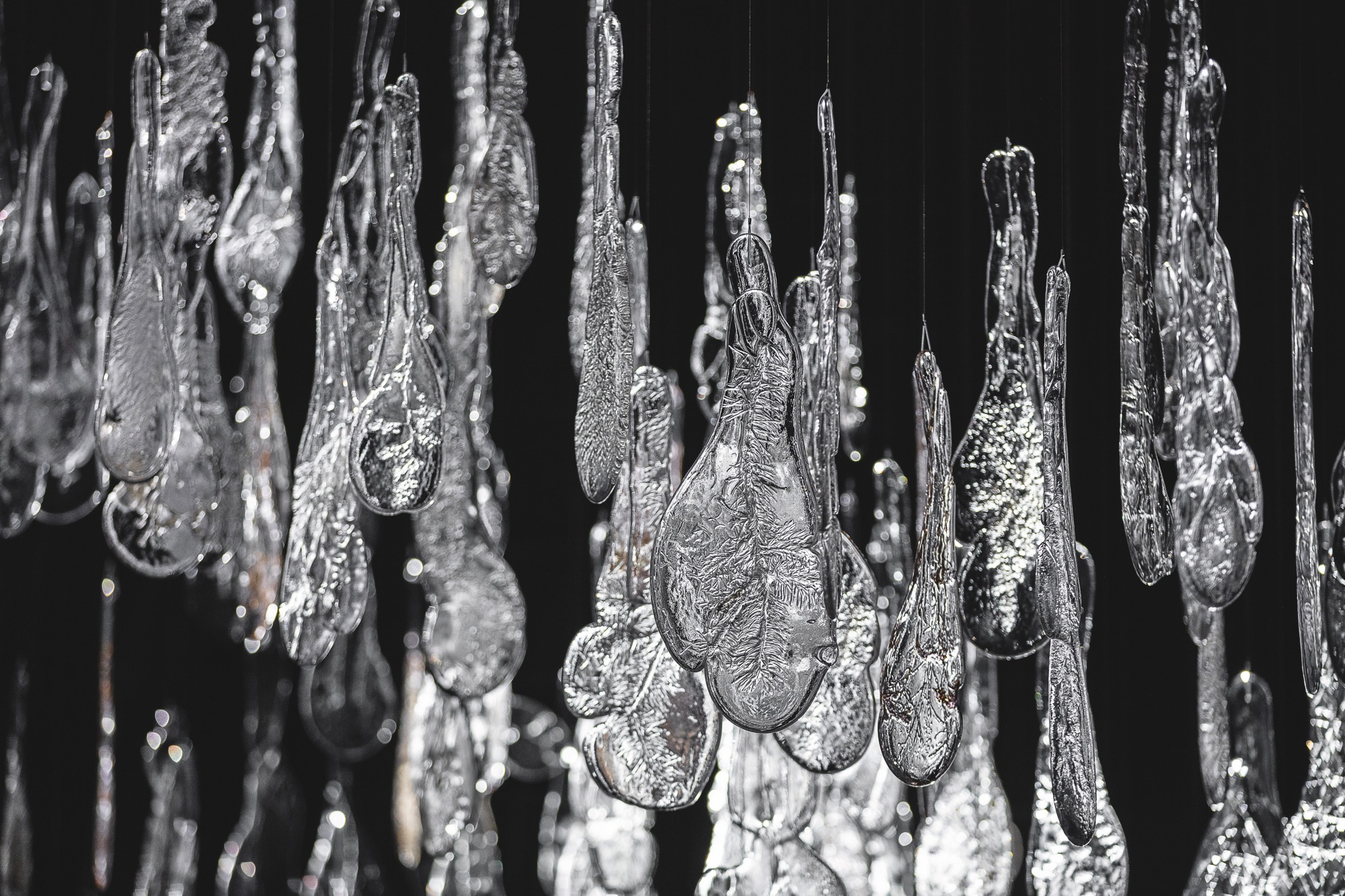
The visitor journey highlights two significant milestones in the history of contemporary Czech glassmaking. A key part of the exhibition is the captivating Herbarium installation by Lasvit, which captures the delicate beauty of plants encased in glass using a unique type of technology.
Another groundbreaking element is the presentation of the revolutionary glass-melting technology Vitrum Vivum, developed by glassmaker Jiří Šín in collaboration with Rony Plesl. This innovative method enables the creation of glass sculptures without previous technological limitations, marking a major advancement in cast glass art and building on the legacy of Prof. Stanislav Libenský. The visitor experience will also feature a glass sculpture of the Czech participation’s mascot, EXPO-naut René.
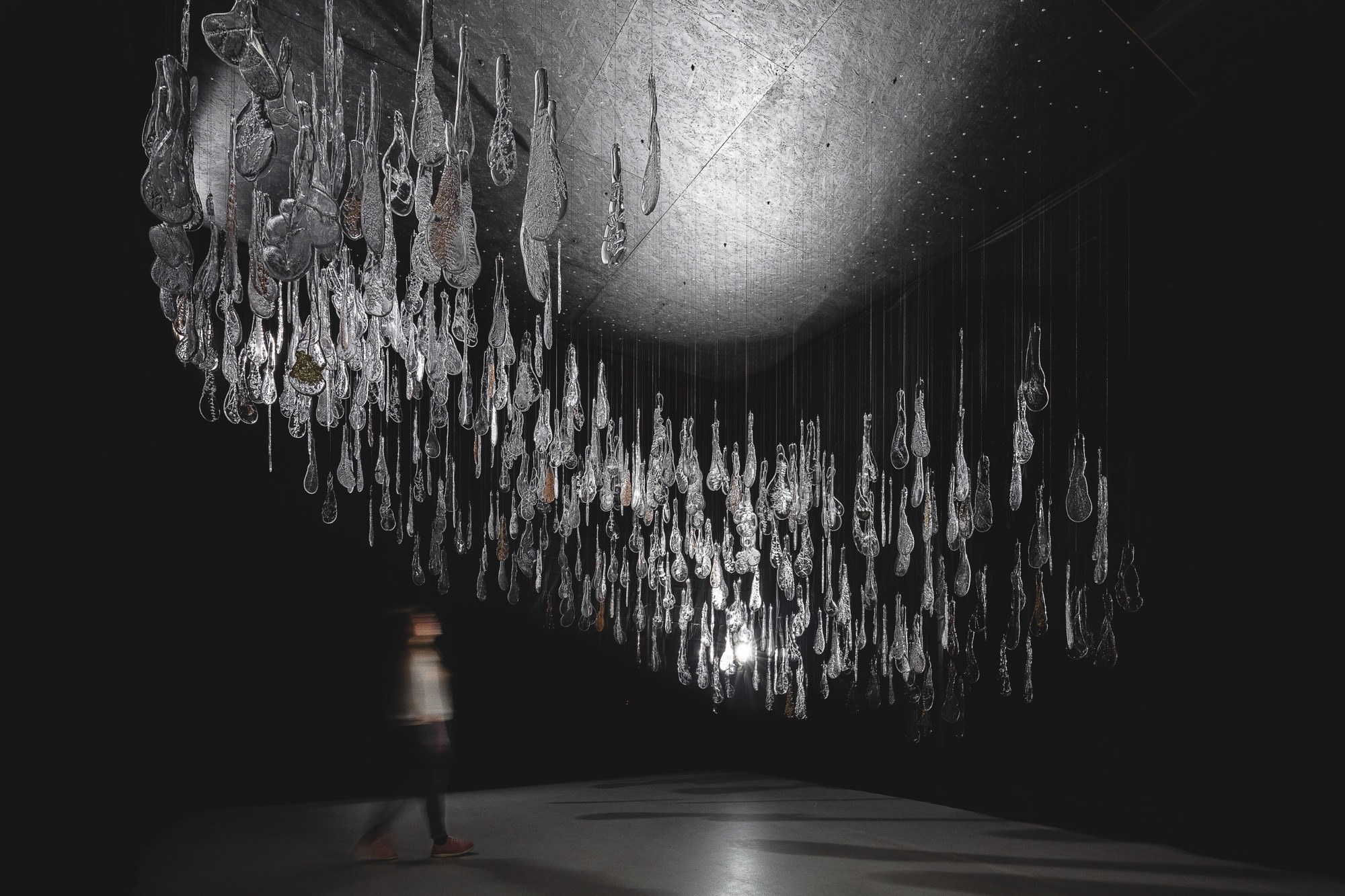
Herbarium by Lasvit company
Czech EXPOnaut René is KimoKawaii
René comes from the galaxy of Czechia, and embodies the main theme of the Czech National Pavilion: Talent and Creativity for Life. As a companion to the official Japanese mascot, Myaku-Myaku, René symbolizes the collaboration between Czechia and Japan while also honouring the historical legacy of the Czechoslovak Pavilion at EXPO 1970, which was also held in Osaka.
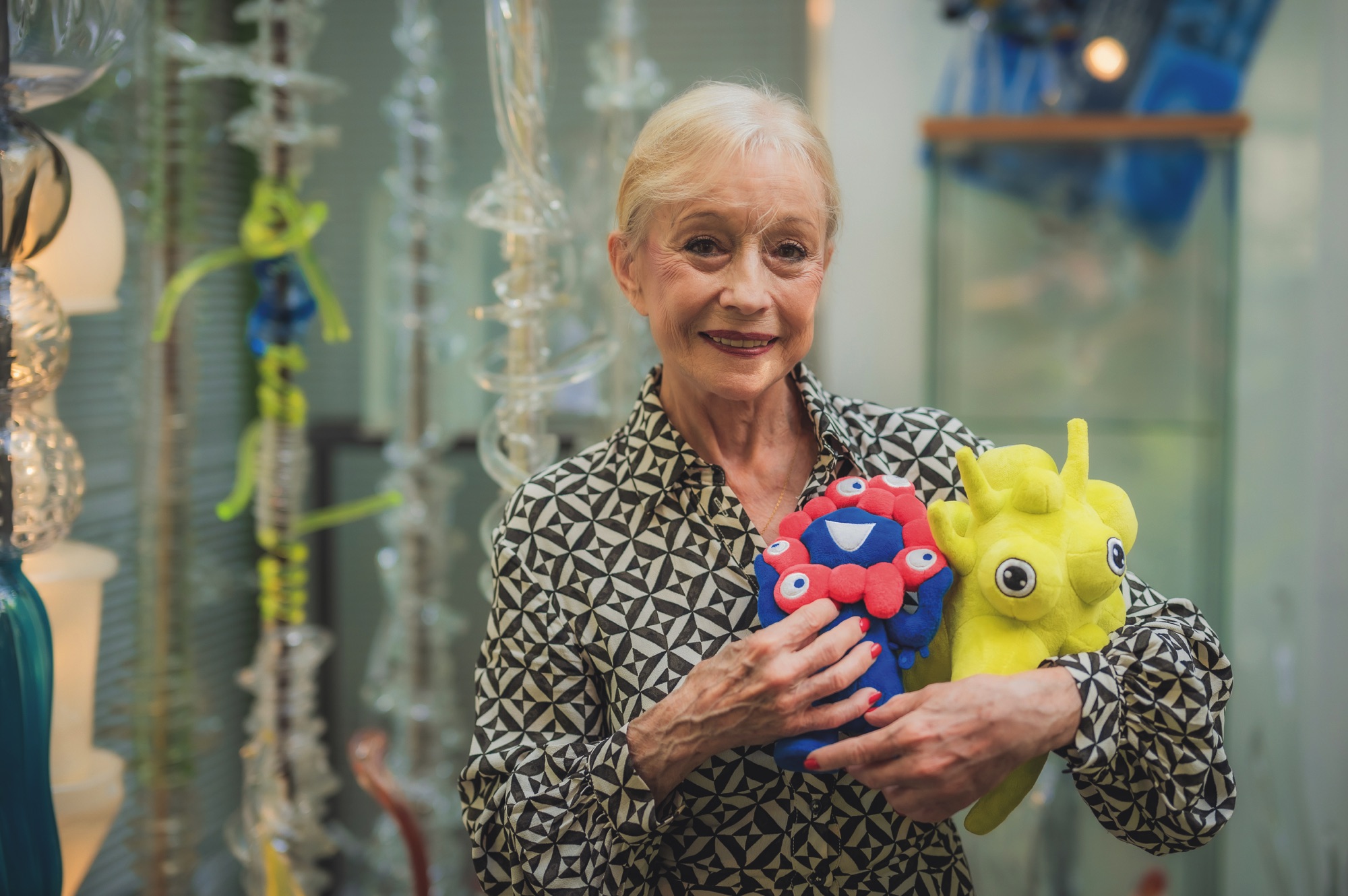
Michaela Lesařová-Roubíčková, daughter of René Roubíček, a legendary Czech glass artist
The story of René was unveiled at Crystal Valley – the cradle of Czech crystal glass – in the atelier of renowned Czech glass artist René Roubíček, by the organizers of the Czech EXPO participation. Through this mascot, Roubíček is now symbolically returning to Osaka after 55 years, having exhibited his glass sculpture Cloud at EXPO 1970. The glass mascot René, originally created in the last century, reflects the traditions of Czech glassmaking, while also capturing the playfulness and originality for which Roubíček became famous.
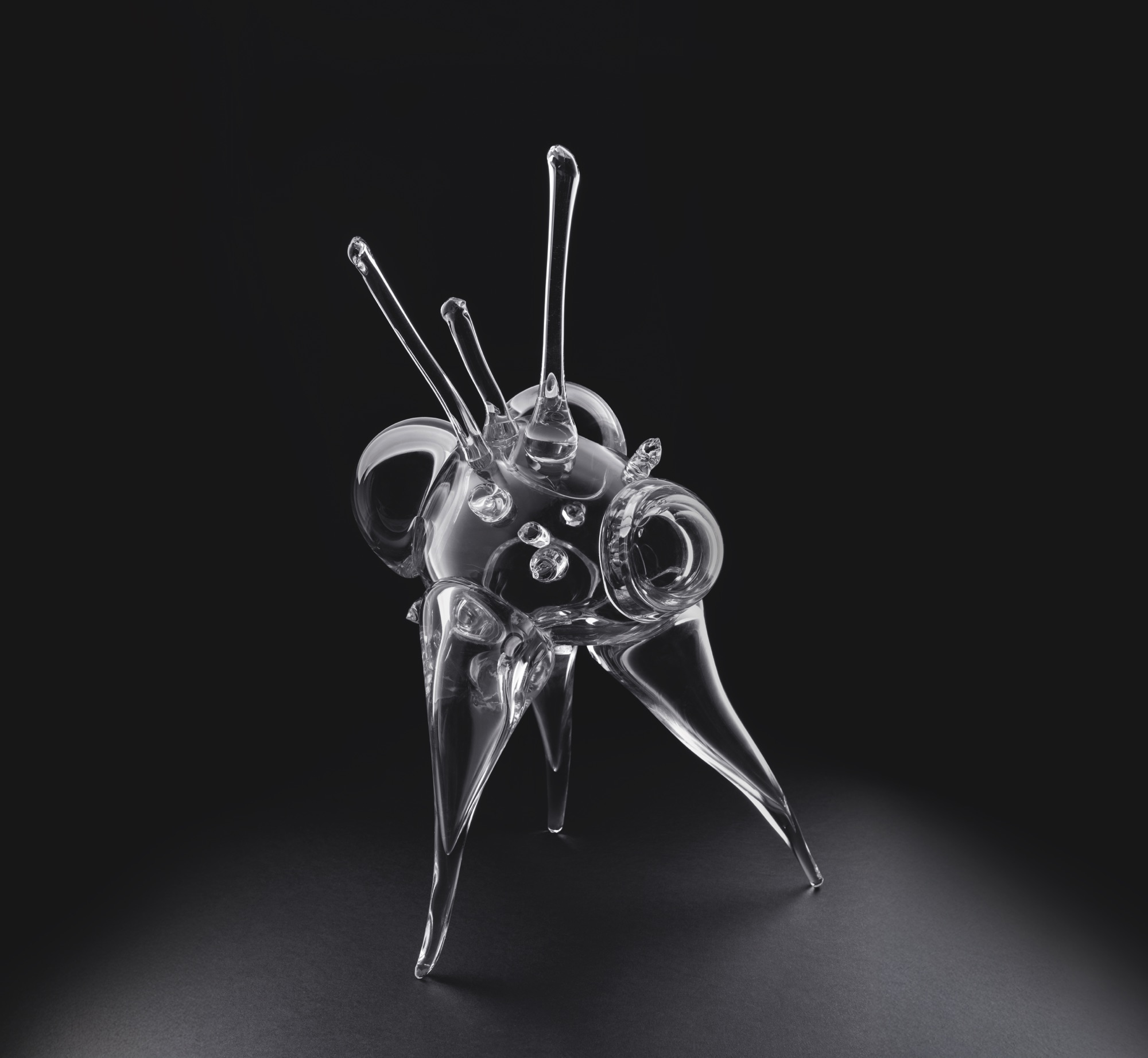
René, the EXPOnaut
Alongside the original glass sculpture, a plush version of René is being crafted, as well as a special costume in a colour reminiscent of uranium glass – a material René Roubíček was among the first to work with in Czechia. Additionally, the Pačinek Glass glassworks is preparing a limited edition of glass replicas, set to be available in spring 2025.
René has captured the hearts of fans worldwide, especially in Japan, where his appearance is described as “KimoKawaii” – so unusual, yet irresistibly cute.
Social media posts featuring René, along with fan illustrations, animations, and collages, have reached tens of millions of views in Japan. Its presentation in May 2024 also became the most positive, most-watched, and most-written-about news in Japan in connection with the preparations for the entire EXPO 2025.
The one-and-only rooftop terrace offers a luxurious view
After visitors ascend the pathway to the roof of the pavilion, they will be able to enjoy a stunning view of a large part of the EXPO 2025 exhibition area. As the only pavilion with a rooftop terrace, the Czech pavilion offers a breathtaking view of the water fountains, allowing visitors to watch the water video-mapping show created by the Japanese organizers, which will take place twice daily almost directly opposite the Czech pavilion, on the water’s surface.
“Under the Midnight Rainbow” is a spectacular show performed on the “Water Plaza”, the water surface inside the Ring. A spectacular show of water, air, light, fire, images, and music will be performed after sunset every day during the Expo. The Water Plaza is a recreational space adjacent to the Signature Pavilions, and is expected to draw many visitors to this area. At the centre of the stage, a monumental “water cascade” will be constructed to create a screen of water. The area will be densely covered with approximately 300 fountains, as well as a variety of lighting and laser devices. These devices will resonate with music to create a spectacular show that will allow visitors to experience a story.
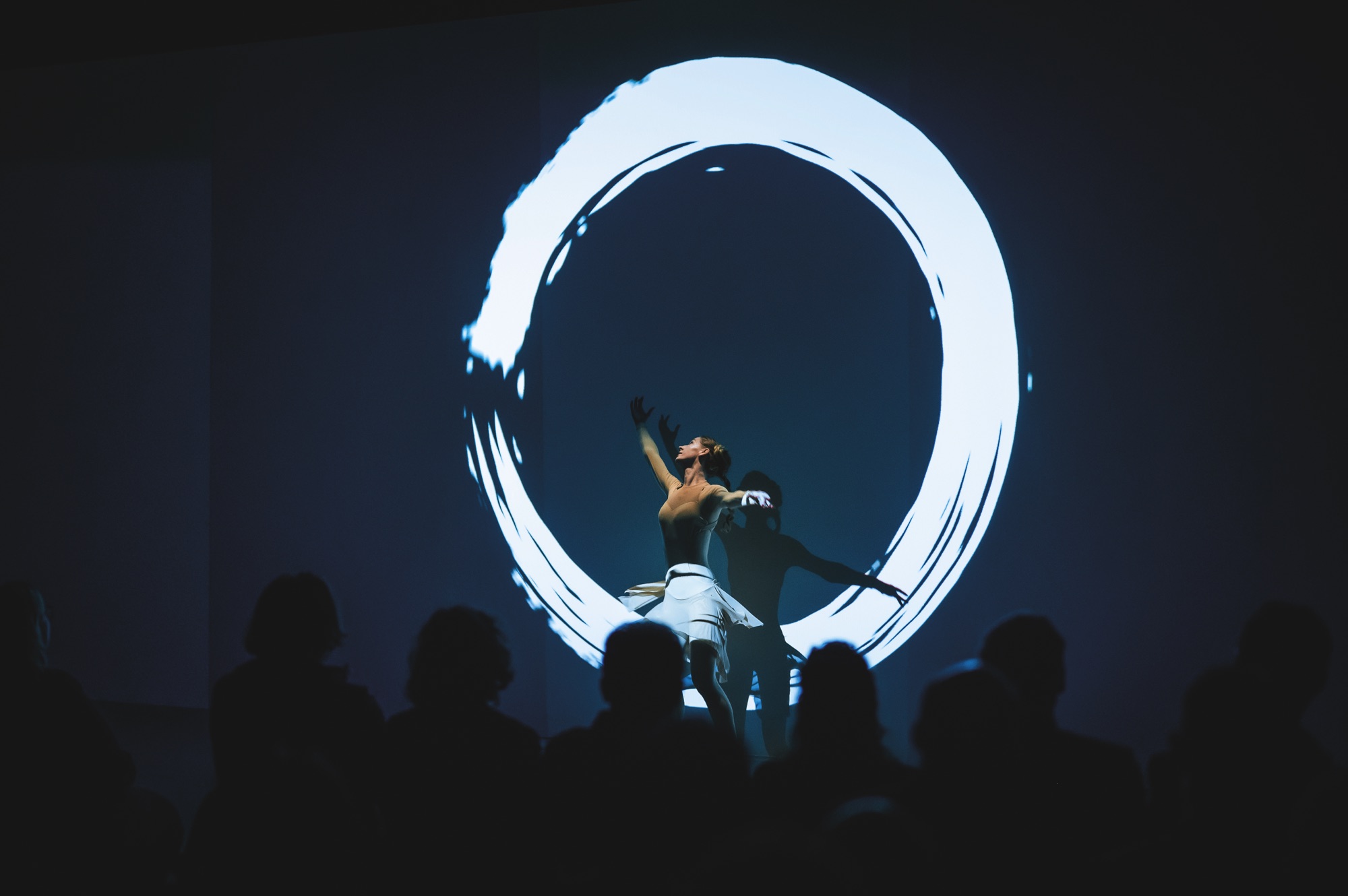
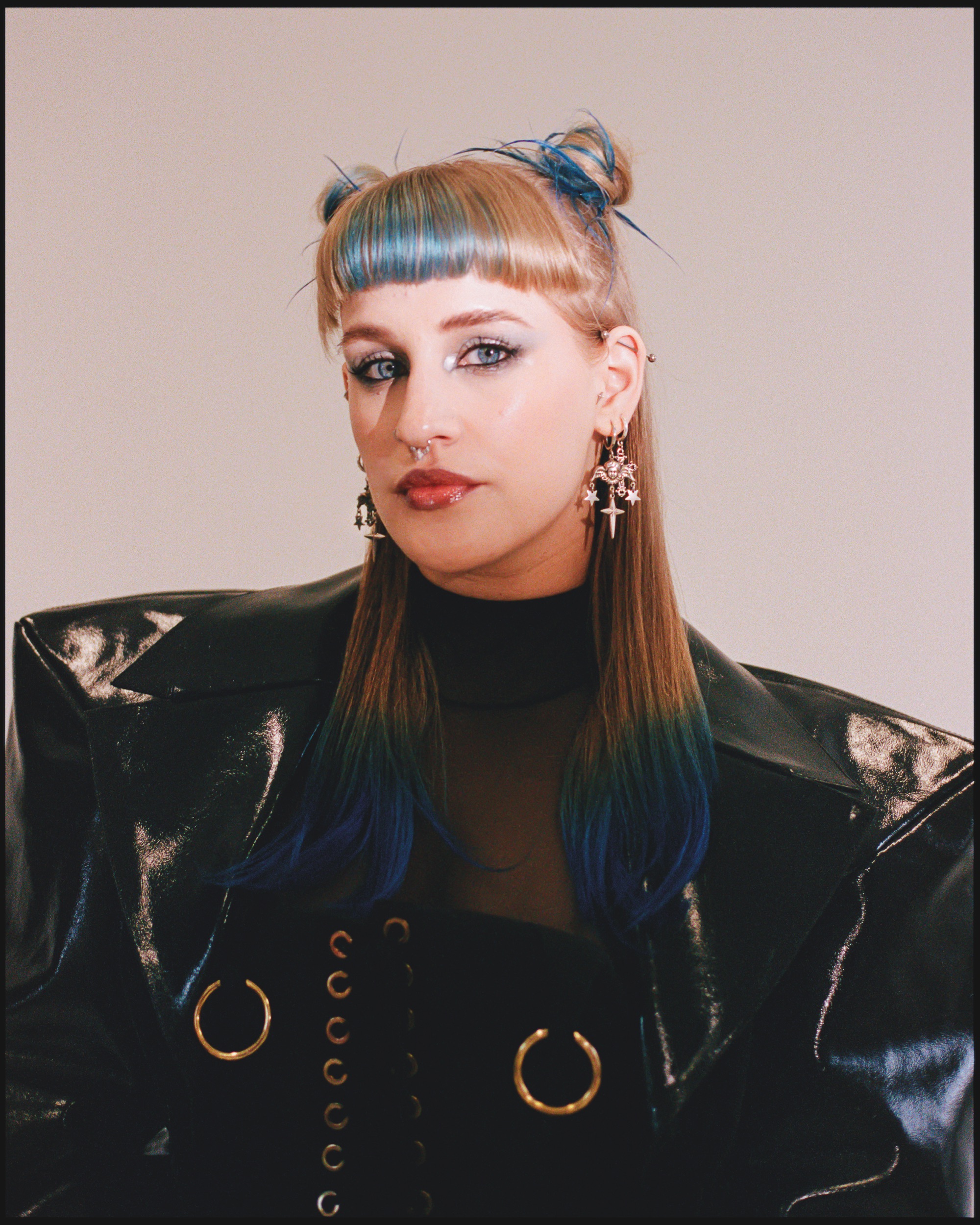
Over 200 artists will perform
Over the 26 weeks of the World EXPO, more than 200 artists will perform in over 30 musical, theatrical, and cross-genre projects. The line-up includes renowned Czech artists whose work has become synonymous with Czechia for Japanese audiences, particularly in the realm of classical music. These include the Czech Philharmonic, Chamber Soloists of Czech Radio, and the Chamber Orchestra of the Pilsen Philharmonic. However, these ensembles will be presented in a contemporary light, enriched with innovative and cross-genre collaborations. The highlight of the Czech cultural program will be the Czech National Day on 24th July 2025, featuring a joint performance by Cirk La Putyka and the Czech Philharmonic, the Children’s Choir of Czech Radio, and musician Aiko.
The program also showcases progressive artists and ensembles, such as singer-songwriter Bára Zmeková (performing with the Japanese duo Mika Mangetsu), folk musician Anna Blomqvist Vaverková, organist and composer Katta Vox, and the Lunchmeat collective (which blends electronic music with digital art). The opening of the EXPO on 13th April 2025, as well as the first days of the exhibi tion, will feature performances by Ivo Kahánek, and later on by Duo Jamník, among others. The cultural program will also include puppet theatre and children’s music performances in order to engage the youngest visitors of the World EXPO. The cultural program will also feature a joint theatre production by Alfa Theatre from Plzeň and Tokyo’s PUK Theatre, a weekend showcase of Czech puppetry, a music and ballet performance by the National Theatre Brno in collaboration with the Brno Philharmonic, and presentations of contemporary stage art, including performances by dancers from 420 People and the Vektroskop collective.
The Czech National Day at EXPO 2025 will take place on 24th July 2025, coinciding with the 165th anniversary of Alfons Mucha’s birth. Mucha’s work is highly celebrated in Japan and even admired by the Imperial Family, who has maintained a friendship with Mucha’s descendants to this day. His legacy plays a key role in Czechia’s presentation at the World EXPO. On the Czech National Day, Japan will witness a spectacular performance featuring the Czech Philharmonic, Cirk La Putyka, the Children’s Choir of Czech Radio, and Aiko, the Czech representative at Eurovision 2024, who recently received a nomi nation for the prestigious Anděl Music Award.
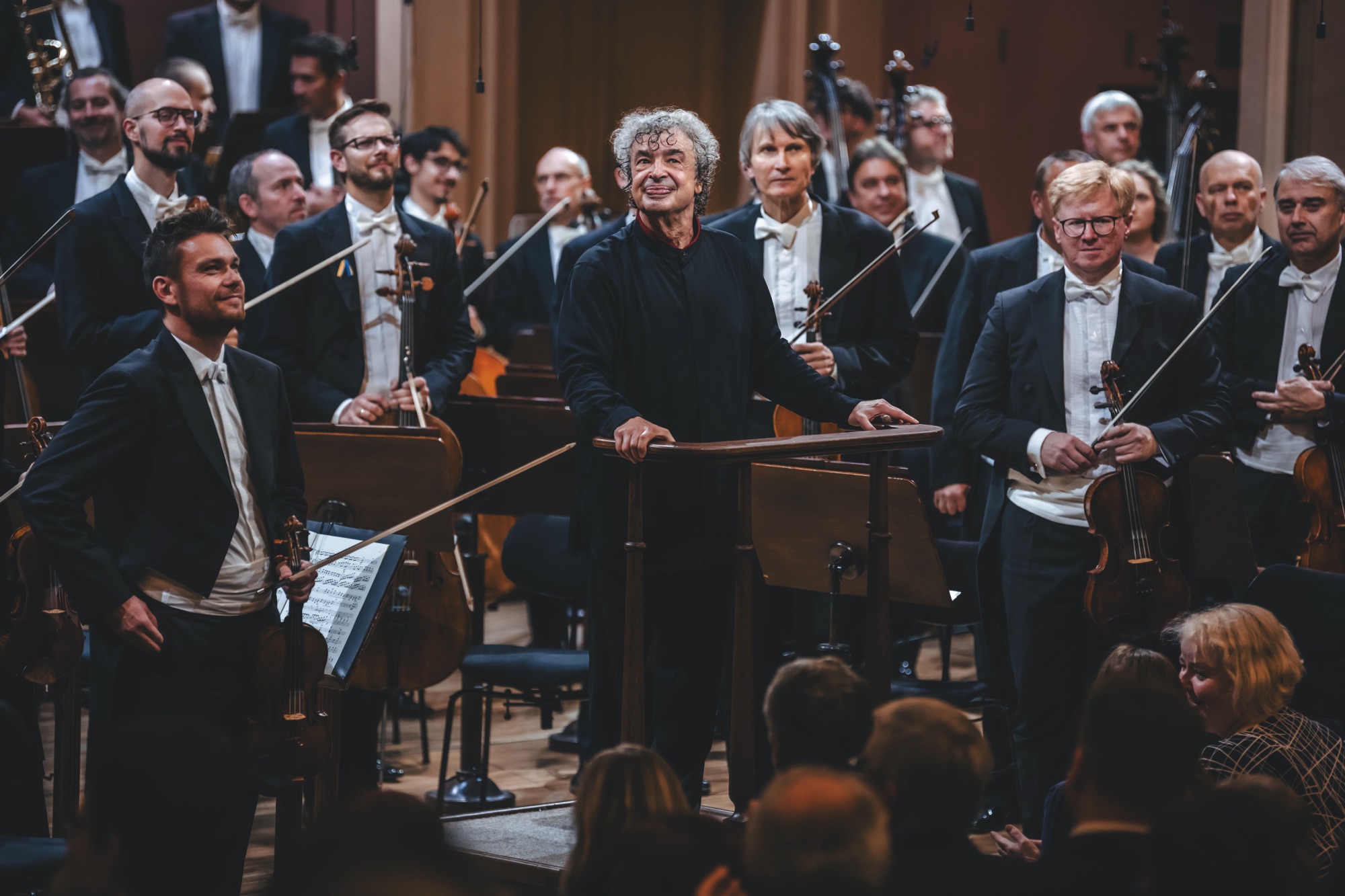
The Czech Philharmonic is preparing a special chamber program for EXPO 2025, in collaboration with Cirk La Putyka. Choreographed by Rosťa Novák, the program will feature arrangements of iconic Czech compositions by composer and conductor Jan Kučera. The Philharmonic will send eleven musicians to Japan, where they will join Kučera and La Putyka’s artists in rehearsing an exclusive performance for the Czech National Day. This collaboration builds on their previous success at the opening night of the Smetana’s Litomyšl Festival.
For the first time, the organizers of Czechia’s participation at the EXPO launched an open call to select the best of Czech culture for the World EXPO. The Cultural Call was launched in July 2024, and ran for approximately two months. In the fall, a panel of professionals selected the finalists from a record 186 applications, followed by negotiations regarding the final form of the cultural program.
Let’s get down to business
During the 26 weeks of the World EXPO, Czech organizers are preparing a range of business topics and conferences that they would like to present, together with their partners, in Japan. These topics include nanotechnology, fintech, smart cities, innovation in agriculture, industrial design, autonomous mobility, cybersecurity, the future of tourism, and circular economy. The business and cultural programs will primarily take place in the multifunctional auditorium, the CTP Lounge, and on the rooftop terrace of the pavilion. There will be no exhibition booths in the pavilion; partners will present and introduce themselves during the mentioned business weeks.
Who will be presenting?
The national and largest partner of the Czech Pavilion is CTP Group, the largest industrial and logistics property developer listed on the European stock exchange, with a portfolio of 12.4 million square meters of leasable space across 10 European countries. CTP has long established itself as a leader in sustainable industrial construction, focusing on innovations, technological solutions, and a flexible approach to meet clients’ needs. Its commitment to carbon neutrality and emphasis on sustainability make it an ideal partner for the Czech Pavilion at EXPO 2025, as it shares similar values and goals. On the roof of the Czech National Pavilion, you will find the CTP Lounge, named after this significant partner, which is also a major contributor to the pavilion’s operational funding. Through its participation in EXPO 2025, CTP aims to attract Japanese and other international investors to Czechia, as well as collaborate on the realization of their projects.
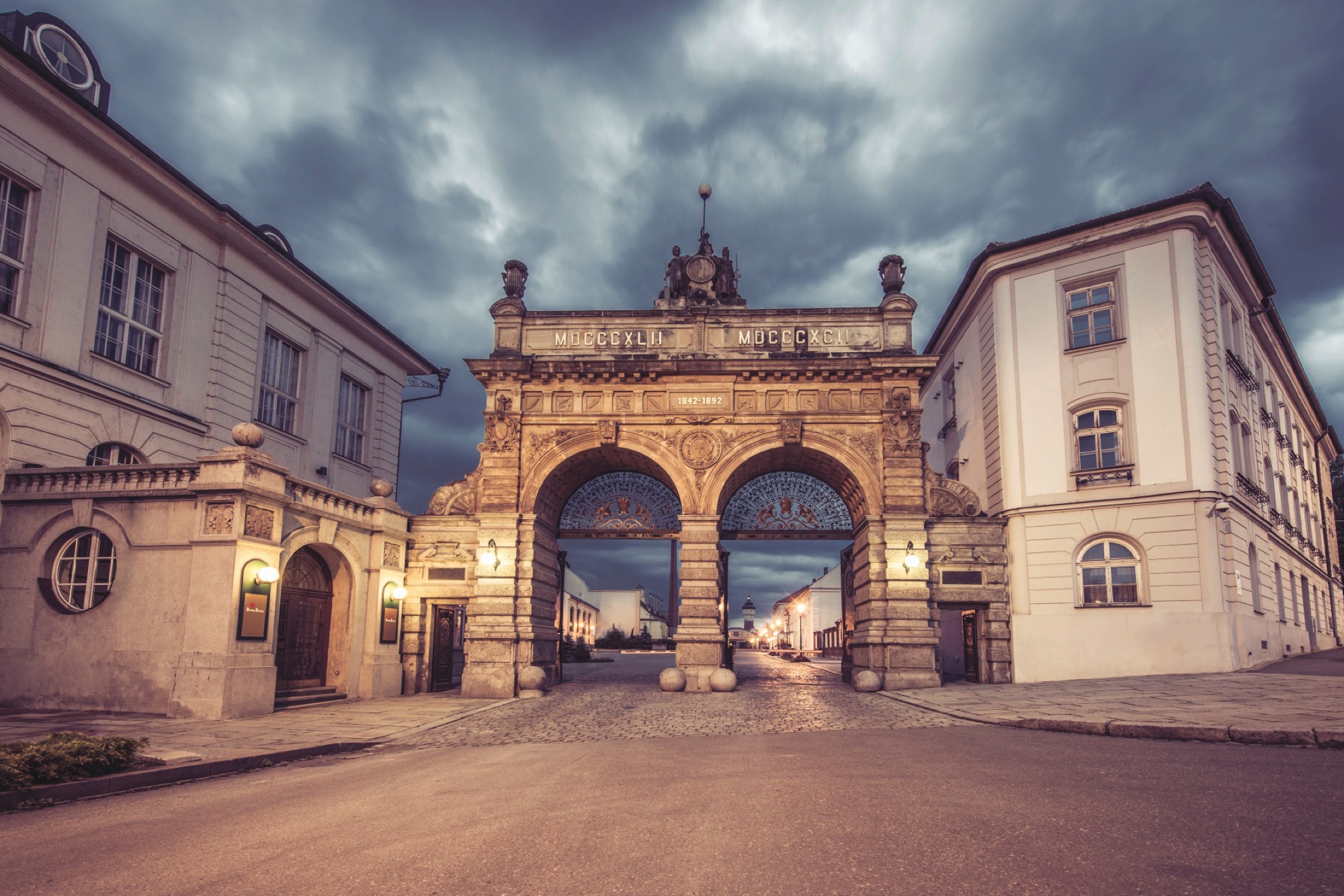
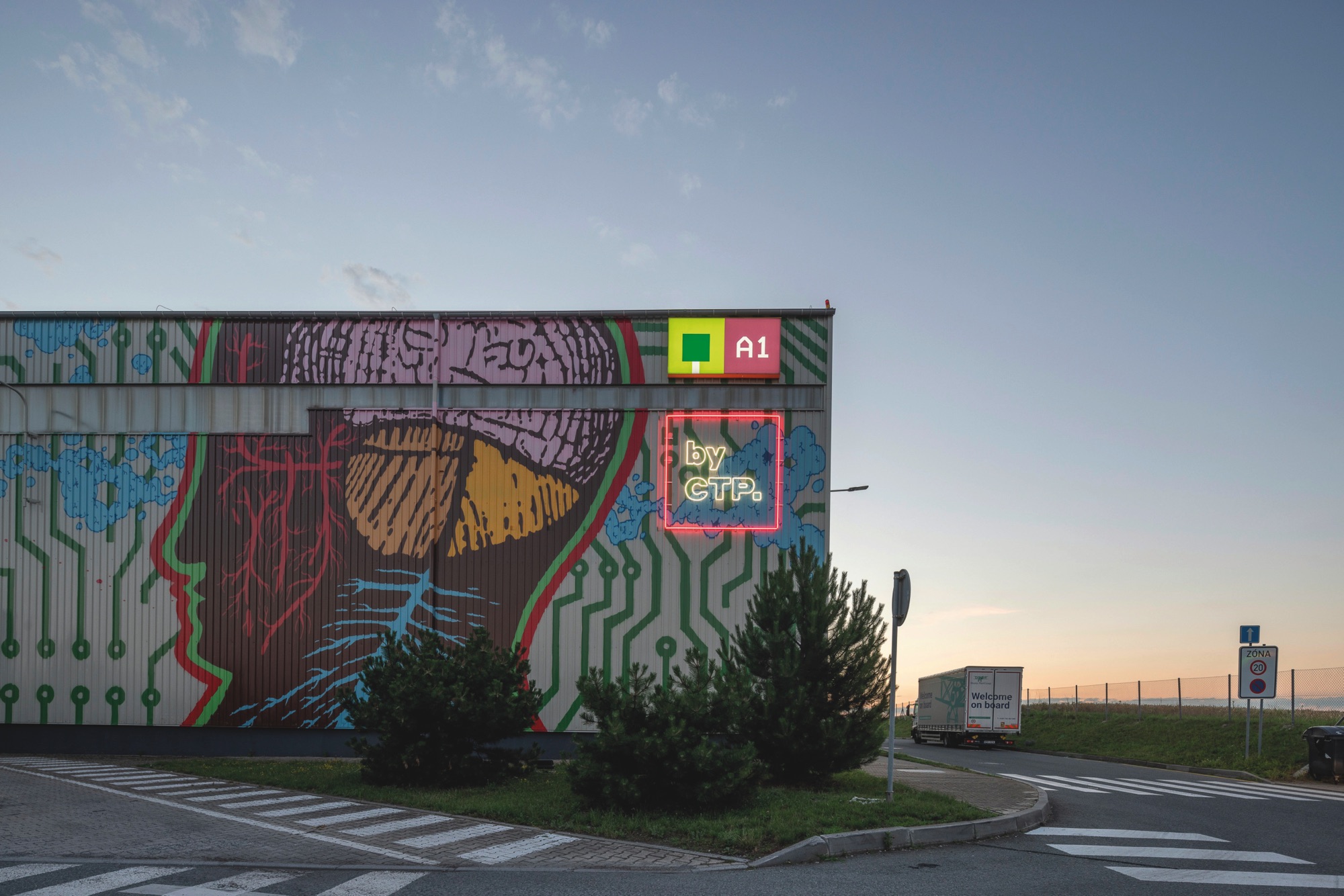
Visitors will have the opportunity to taste Pilsner Urquell lager at its finest quality in the Czech National Pavilion. They will be seated in a restaurant (on the ground floor) with a Pilsnerbranded interior. At the World EXPO, Pilsner Urquell will be poured by Japanese tapsters who have undergone intensive training at the Pilsner Brewery. During their training, led by Czech brewers, they not only mastered the principles of proper beer pouring but also learned about the brewing process and the history of the Pilsner brewery. They also participated in stress tests, pouring beer in Czech restaurants. Thanks to this preparation, visitors to EXPO 2025 will be able to enjoy the same experience with our beer that they would in the best Czech pubs. Inside the Czech Pavilion, beer will be poured into glass mugs. There will also be a beerpouring school, where visitors can learn how to properly pour hladinka, šnyt, and mlíko. The organizers expect that up to 3,000 beers will be poured daily.
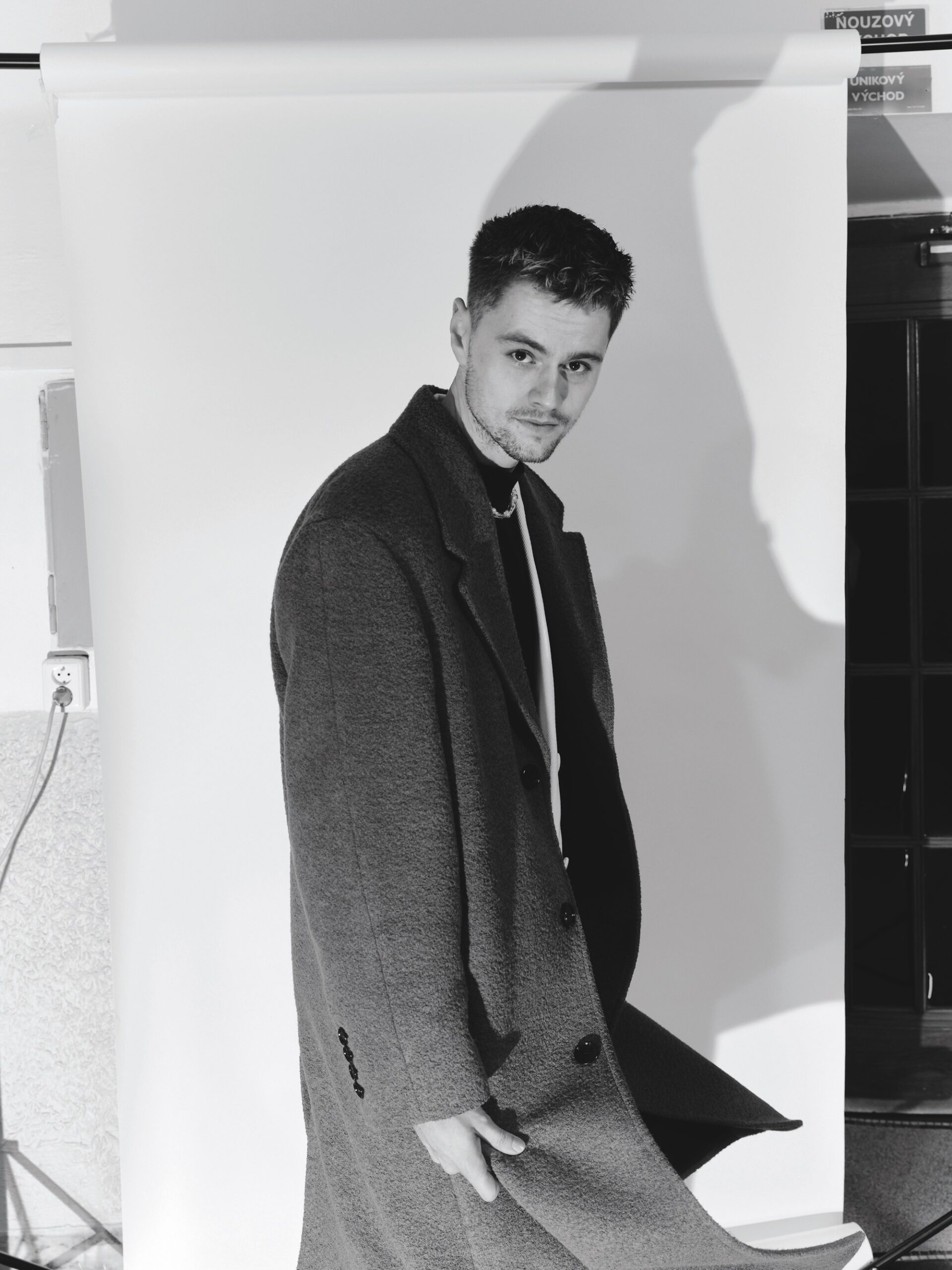
The uniforms designed by Jan Černý will be presented to the public in March
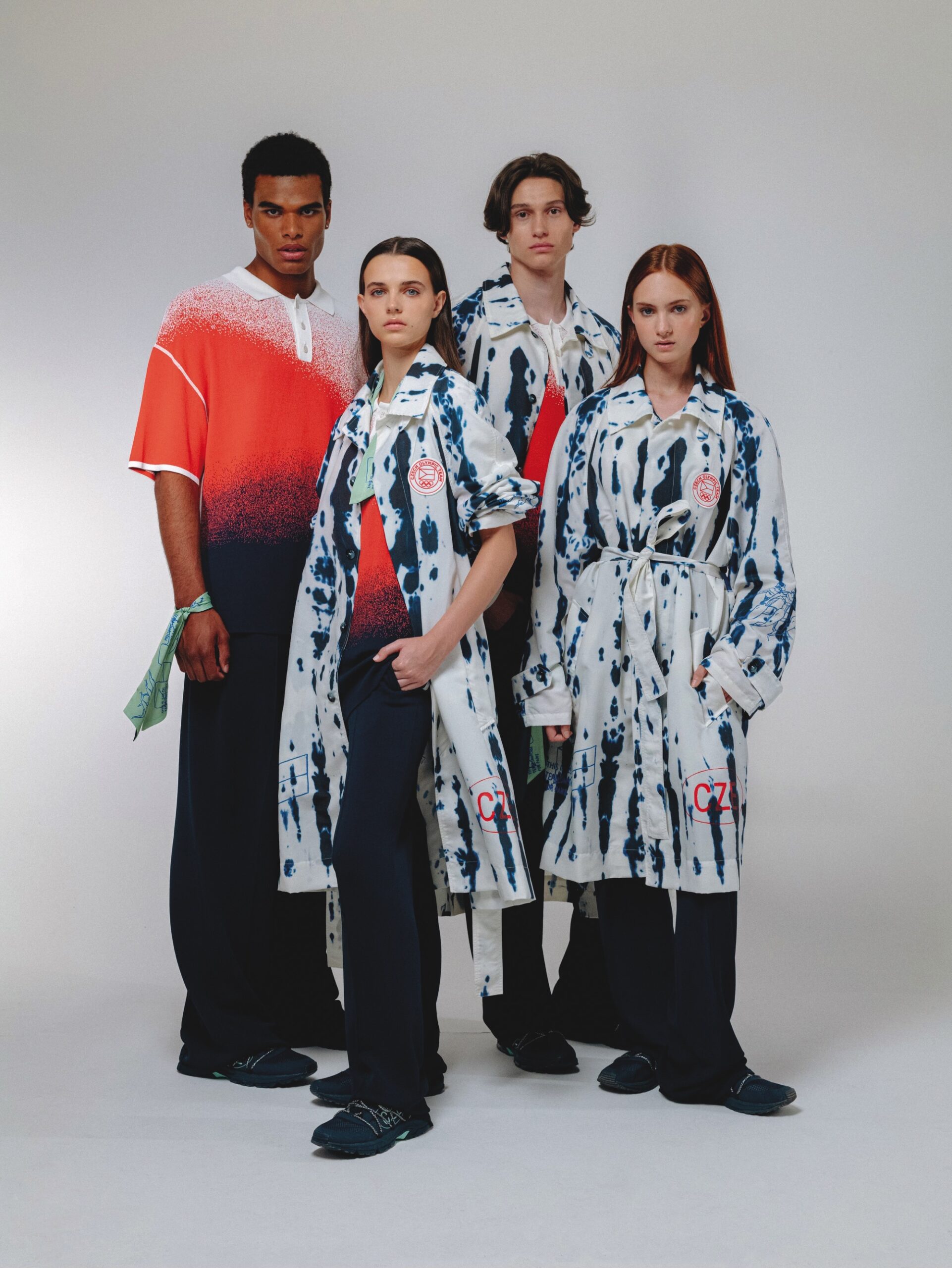
Uniforms of the Czech Olympic team by the same author
Preciosa, the largest Czech manufacturer and supplier of crystal, will provide a stunning crystal light installation called Crystal Grid for the Czech National Pavilion. This installation will become the centrepiece of the Czech National Restaurant (on the ground floor), and a demonstra tion of the connection between Czech craftsmanship and inno vation. The installation is based on the Signature Design – Crystal Grid, which consists of hand-blown crystal tubes arranged into geometric grids. The vertical lines and minimalist components create a regular structure that emphasizes the purity and clarity of the crystal. Crystal Grid represents the pure harmony of geometry. Minimalism is very popular in Japan, which is why this design was intentionally chosen, in collaboration with its architects, for the Czech Pavilion. It combines the simplicity of form with the precision of handcraft, celebrating Czech craftsmanship in its purest form. Thanks to its dynamic lighting scenes, it goes beyond traditional interpretations and shows how innovation and technology enrich the art of glassmaking.
OKsystem is one of the largest Czech software companies. It has been involved in the development of applications that have been part of the country’s critical infrastructure for over 30 years, creating custom software and operating successful products. For the Czech National Pavilion at EXPO 2025, the company is developing a mobile and web application that will be used both by the organizers (for managing reservations) and by the pavilion’s visitors. It is expected that the pavilion could welcome 12,000 to 15,000 visitors per day. In the application, users will be able to find out what they can see and where within the pavilion, navigate with a virtual map, learn details about the exhibits, and also reserve their spots for various events held in the multifunctional auditorium, the rooftop terrace, and the CTP lounge, whether they are cultural or business in nature. The app will also feature the partners of Czech participation, as well as include news and frequently asked questions.
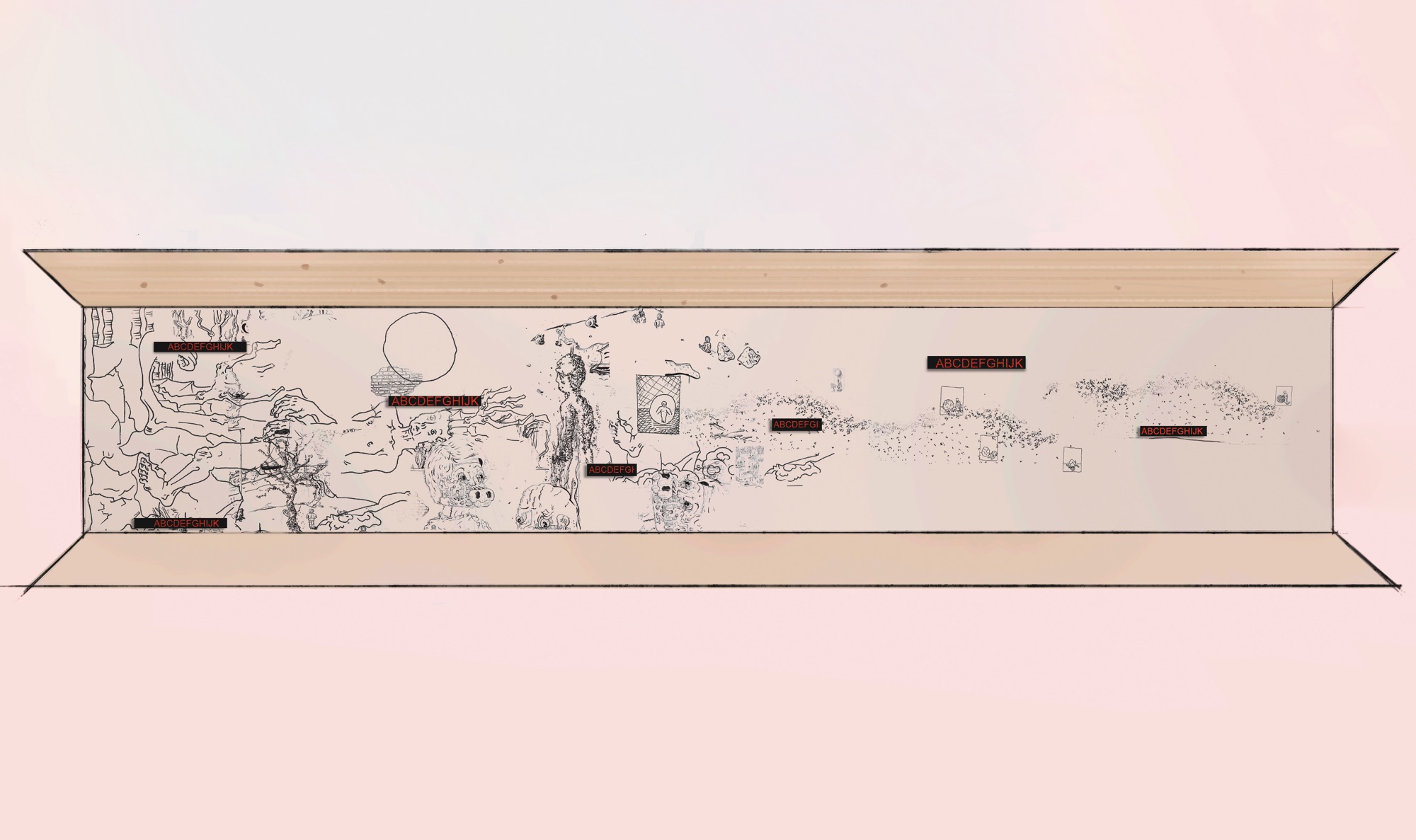
Elmarco is an innovative company focused on the industrial production of nanofibers. It established itself in the market of spinning machines in 2004 through a licensing agreement with the Technical University of Liberec for the revolutionary Nanospider™ technology. This technology enables the production of nanofibers from various polymers and is applicable across a range of applications, from laboratory equipment for research and development, through machines for medium-volume production, to production lines for industrial-scale manufacturing. The Japanese and Asian markets hold significant importance for Elmarco. The company has two goals: First, to confirm to its existing customers that they are working with a market leader, and second, to demonstrate to other stakeholders and the professional public the progress of nanofiber development and its applications. To this end, grow from the sky by Rony Plesl Elmarco is organizing a unique nanotechnology conference within the Czech Pavilion, where it will present trends, innovations, and modern methods in nanofiber materials, as well as their industrial applications.
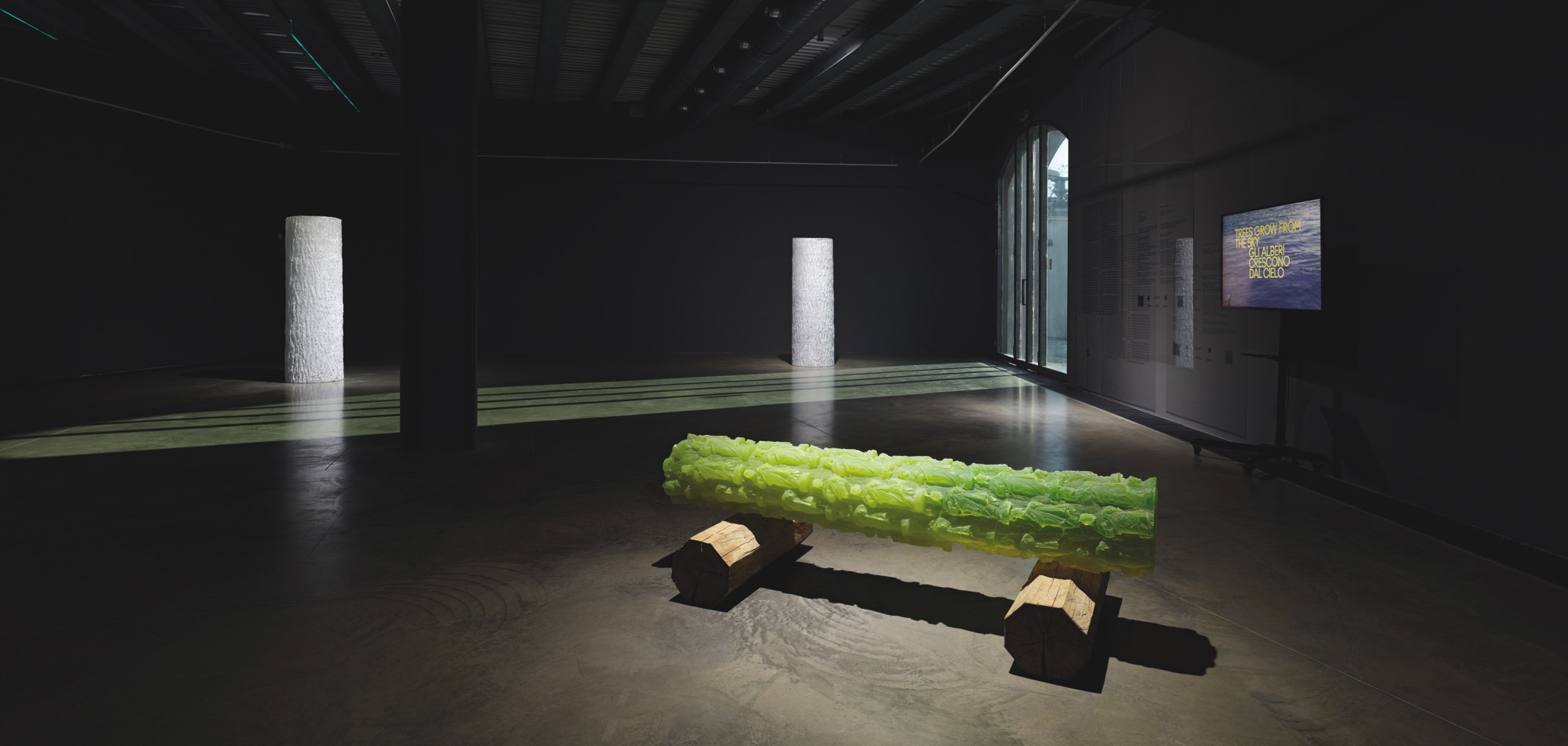
Trees grow from the sky by Rony Plesl
Purposia Group is one of the leading European groups with Czech roots, established in 2023 as a holding structure that includes the construction companies HSF System in Czechia and Slovakia, as well as other companies, mainly in the construction sector. Purposia Group stands out not only for its wide range of services but also for its innovative approach to materials and sustainability. Naturally, the company focuses on the energy efficiency of buildings, with consideration for the environment. Purposia’s participation in EXPO 2025 creates ideal conditions for establishing strategic collabora tions (not only in the construction sector) with Japanese companies, as well as with local universities specializing in IT and robotics. The company is interested in getting to know businesses such as those producing aluminium glass constructions or focusing on prefabricated reinforced concrete structures.
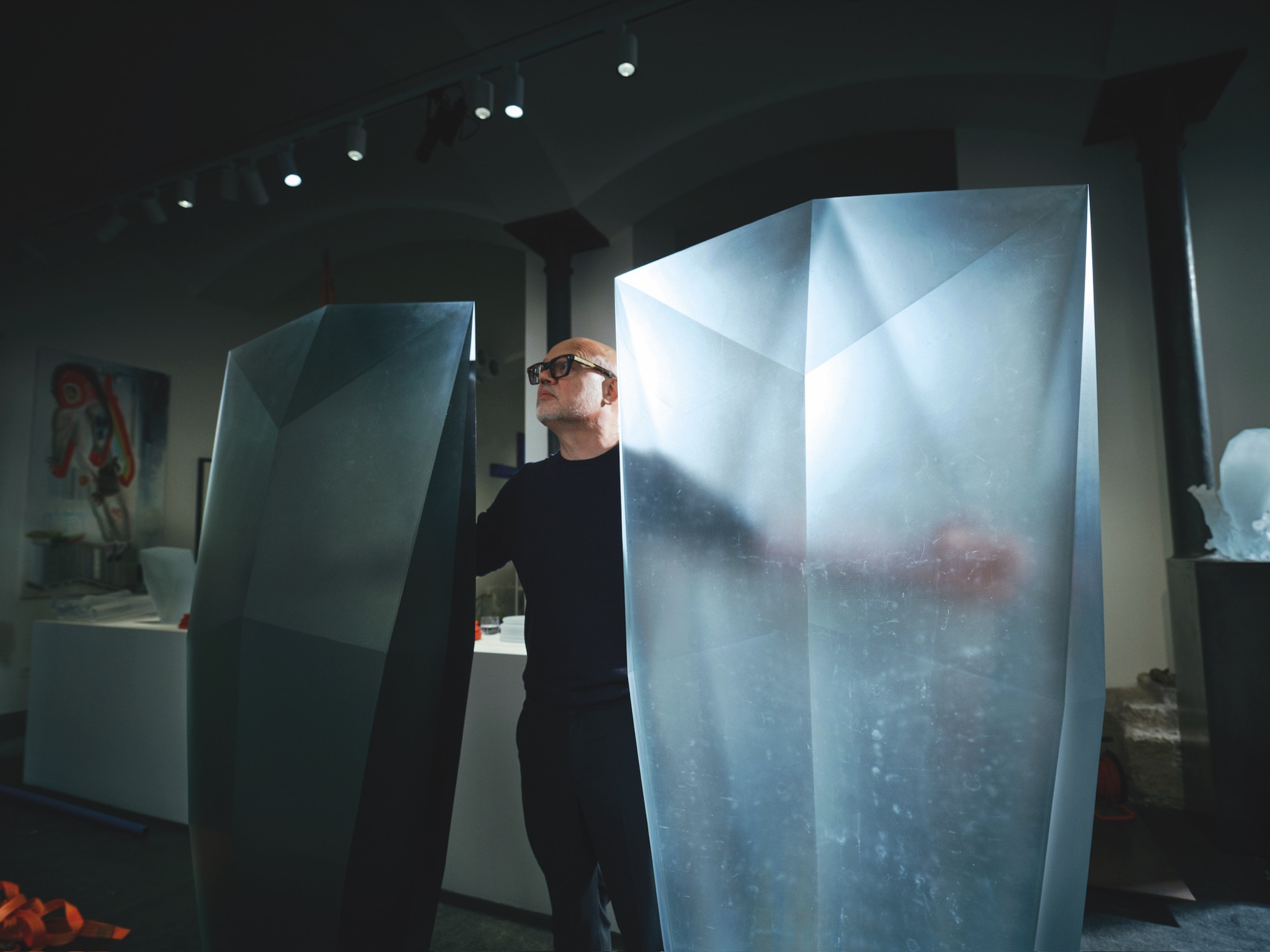
Samurai Gi by Rony Plesl; crystal and grey cast glass
Other partners of the Czech pavilion include companies such as 2N, AGC, AtomTrace, Circularo, Granát Turnov, KRNAP, Czech State Forest, State-owned forestry company, Stora Enso, Wieden, Winery Thaya, Thun, Abner, Toner, Senzomatic, Axenta, Kenka Puppetgame, Třinecké železárny, Moravia Steel, Glass Factory Harrachov, Wood Factory, JTI, and the city of Brno.
The Czech & Slovak Leaders Magazine is proud to be a Media Partner for EXPO 2025.
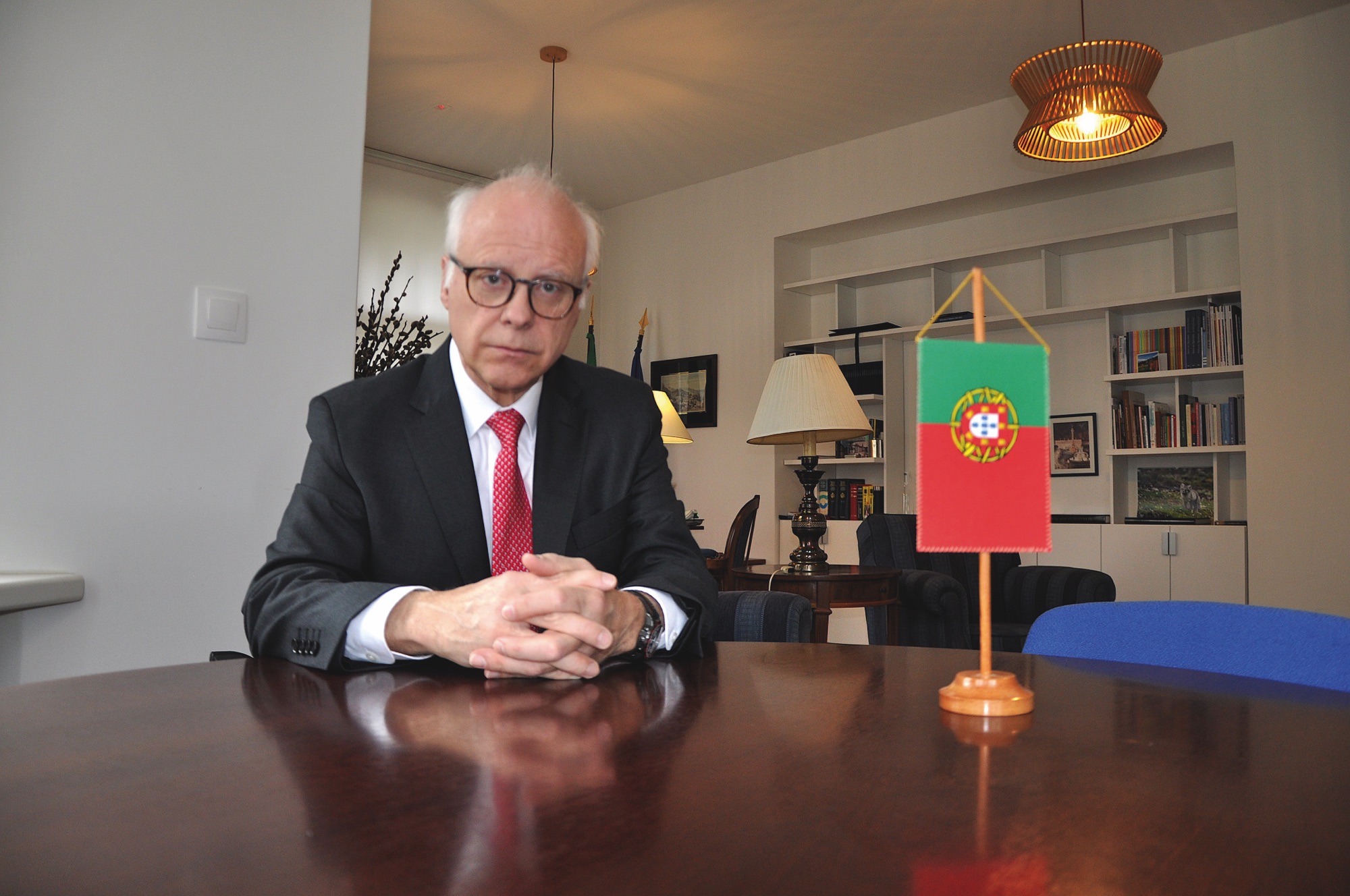
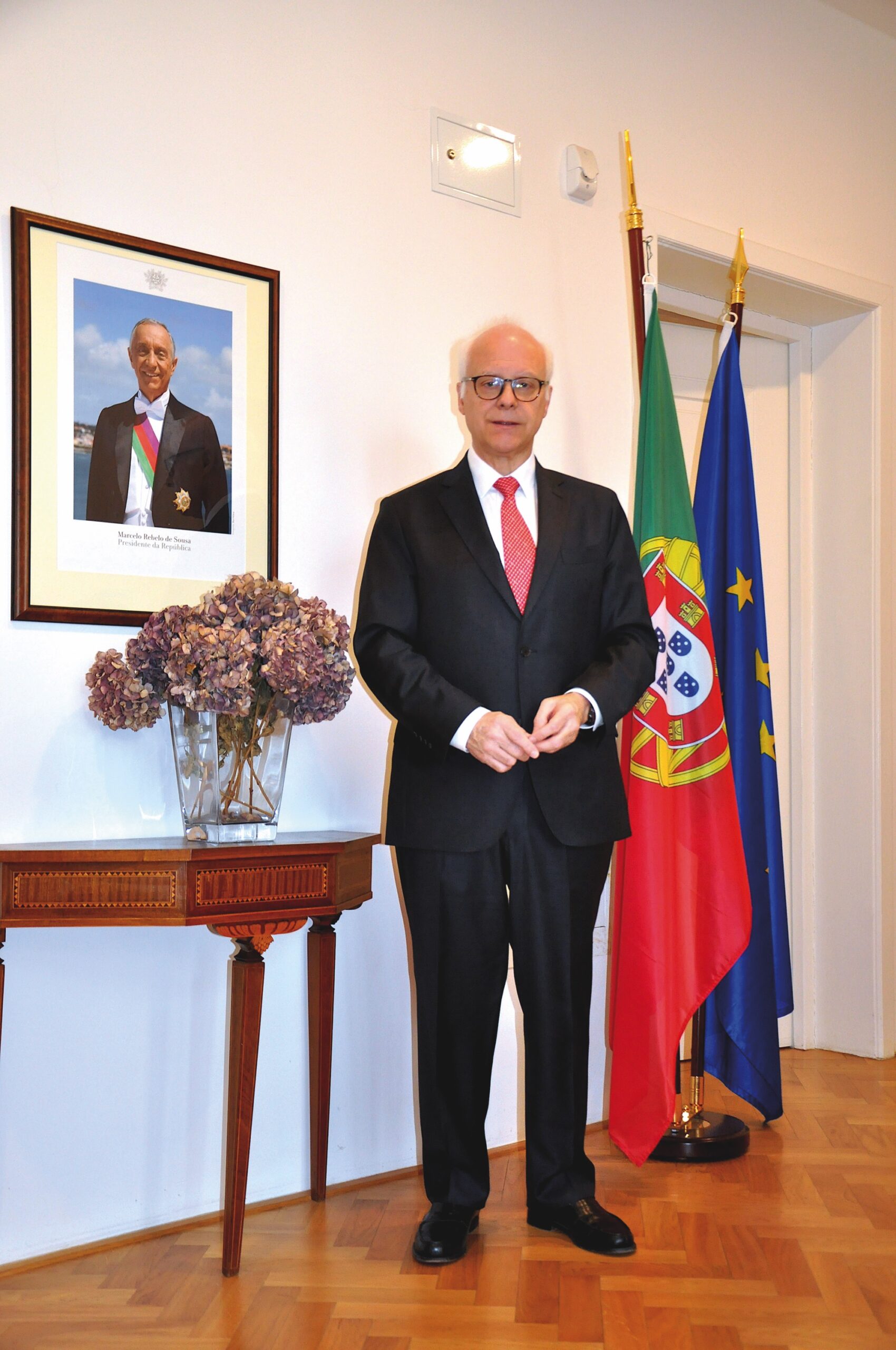





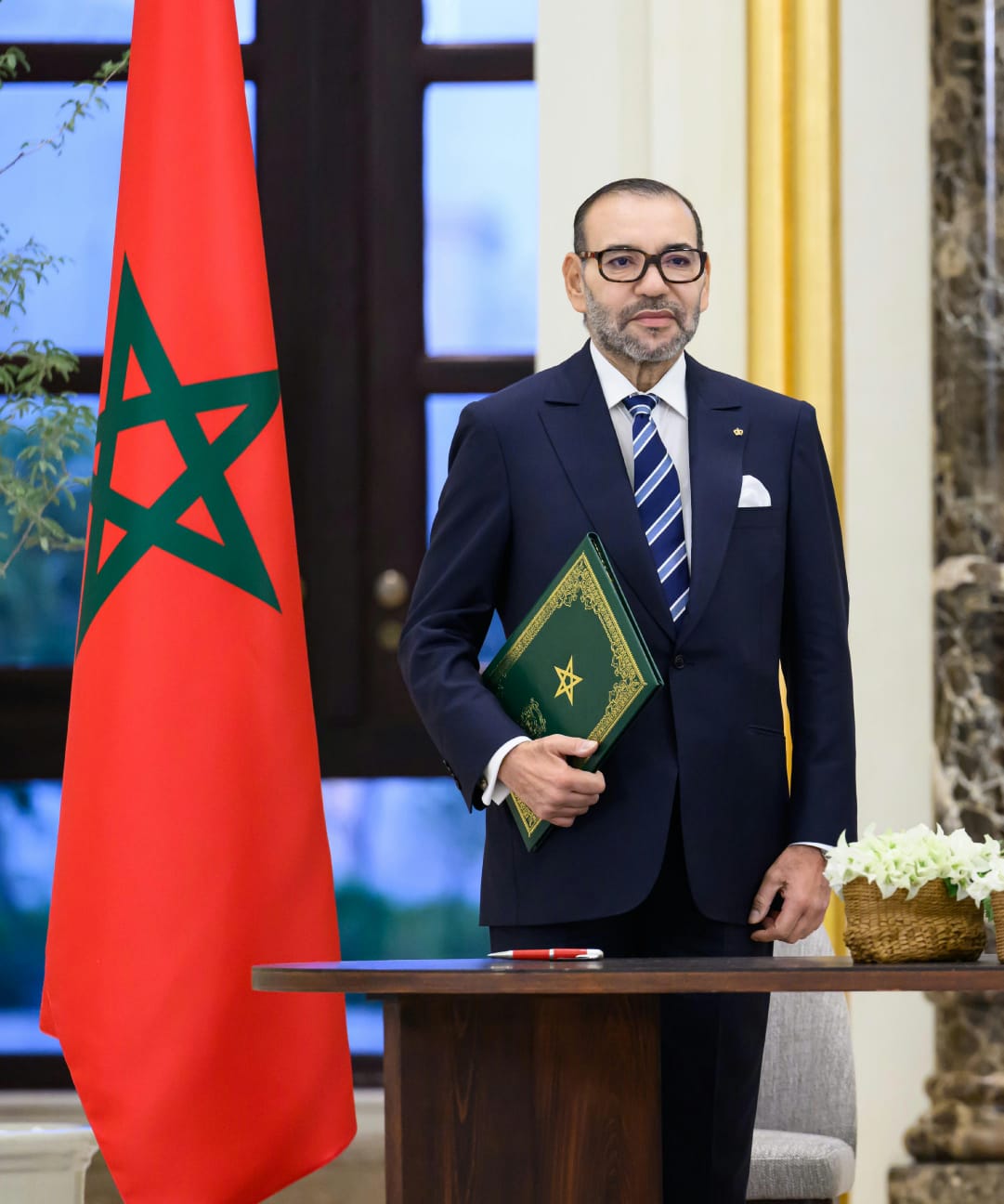
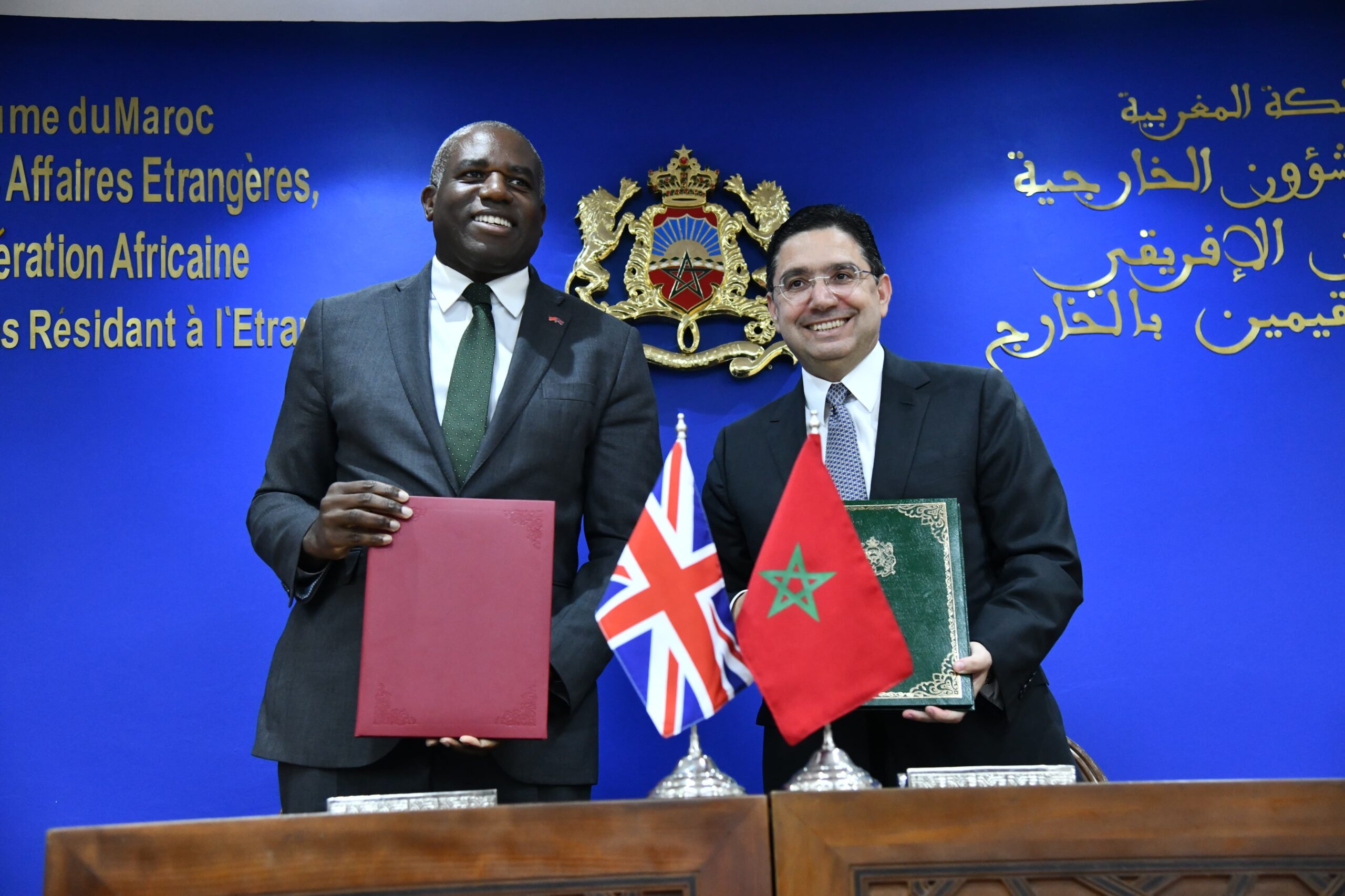
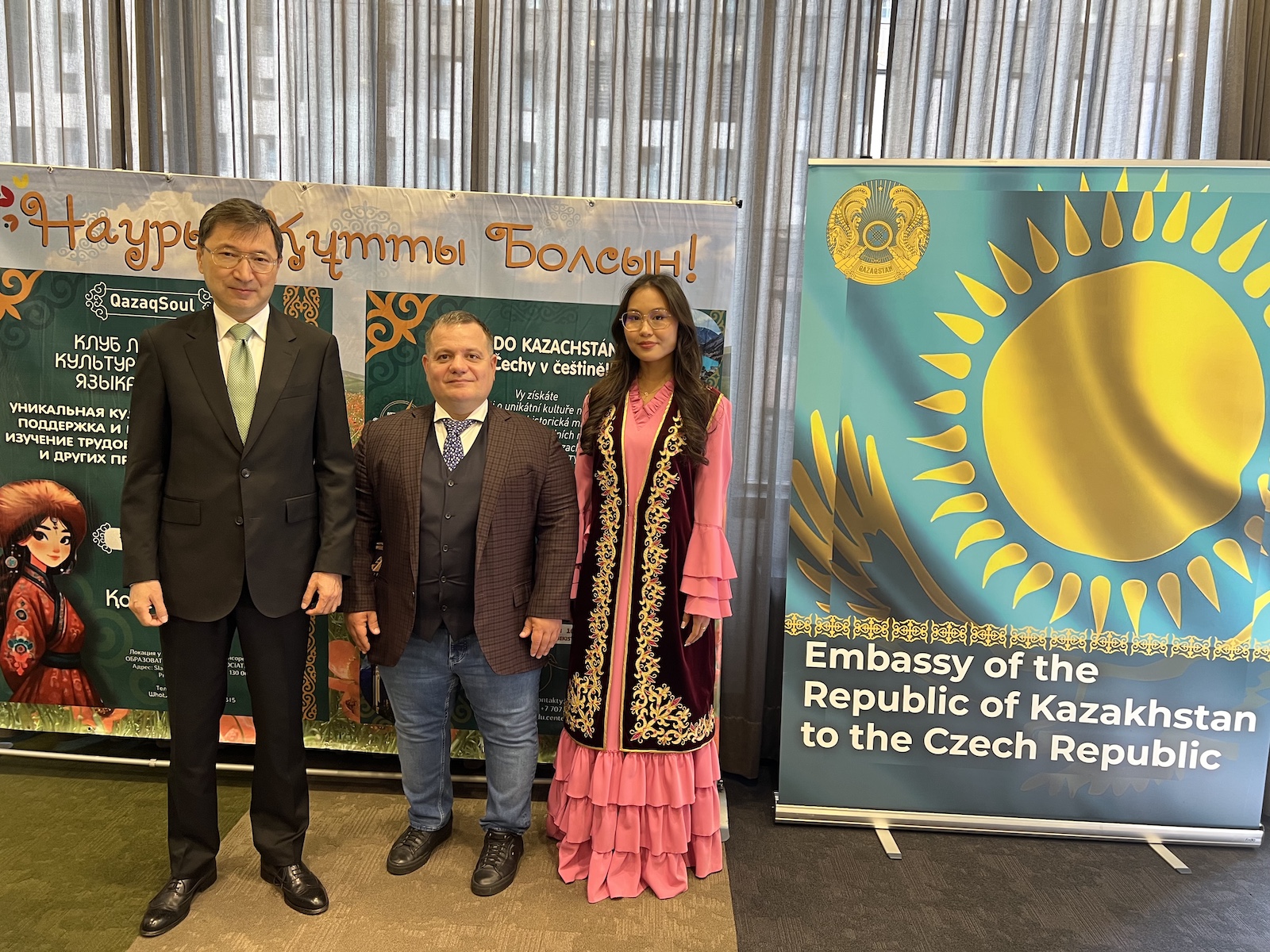

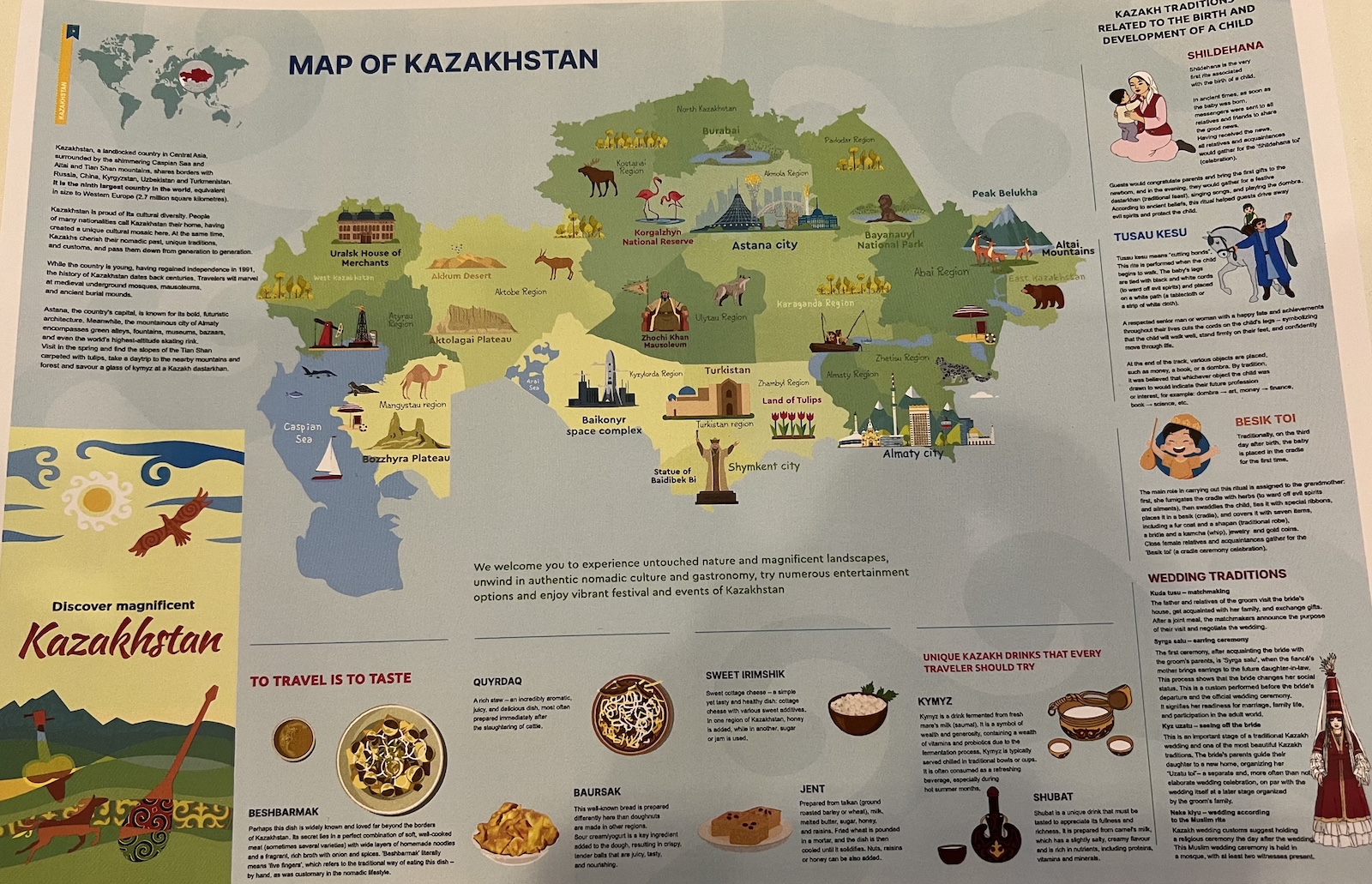
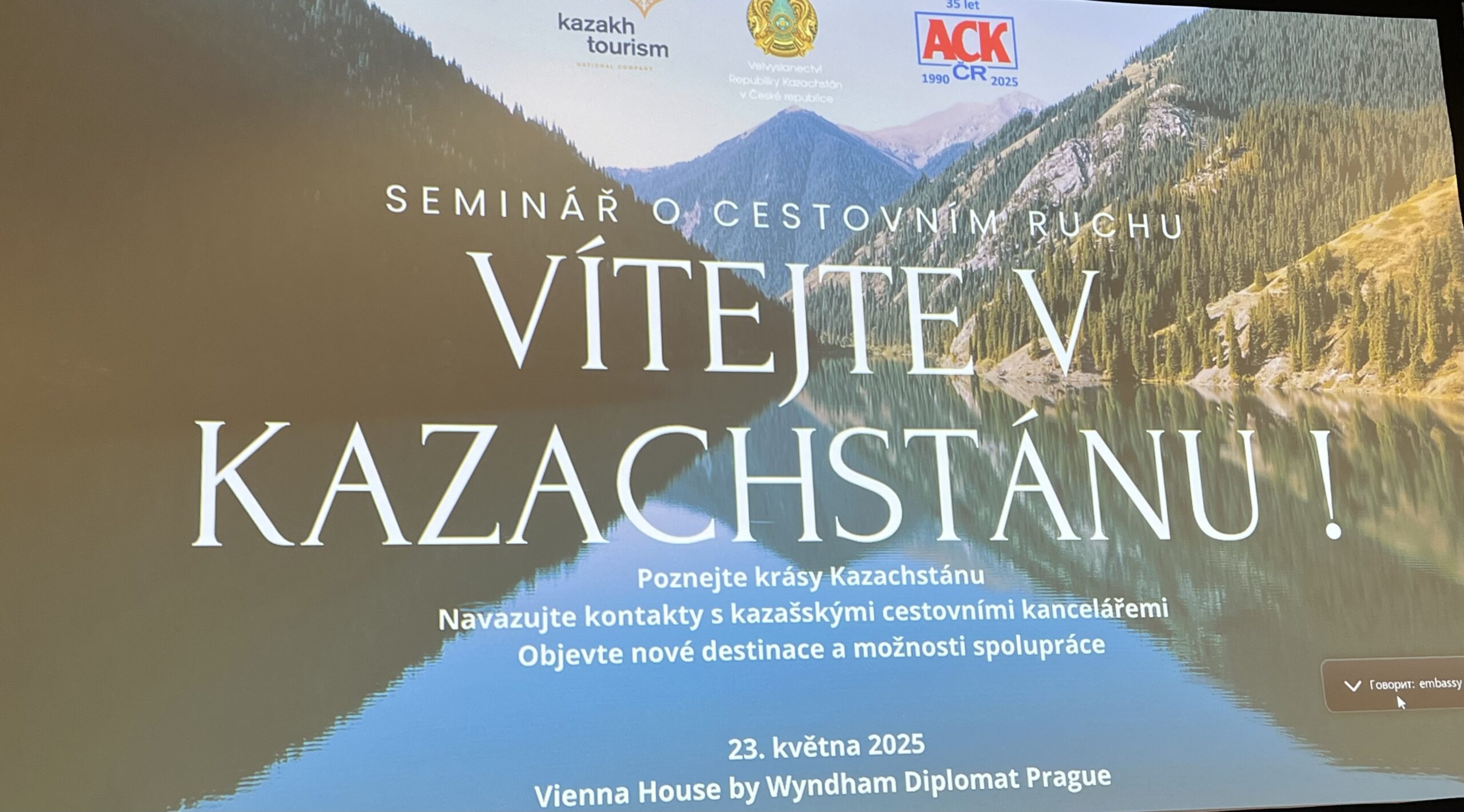
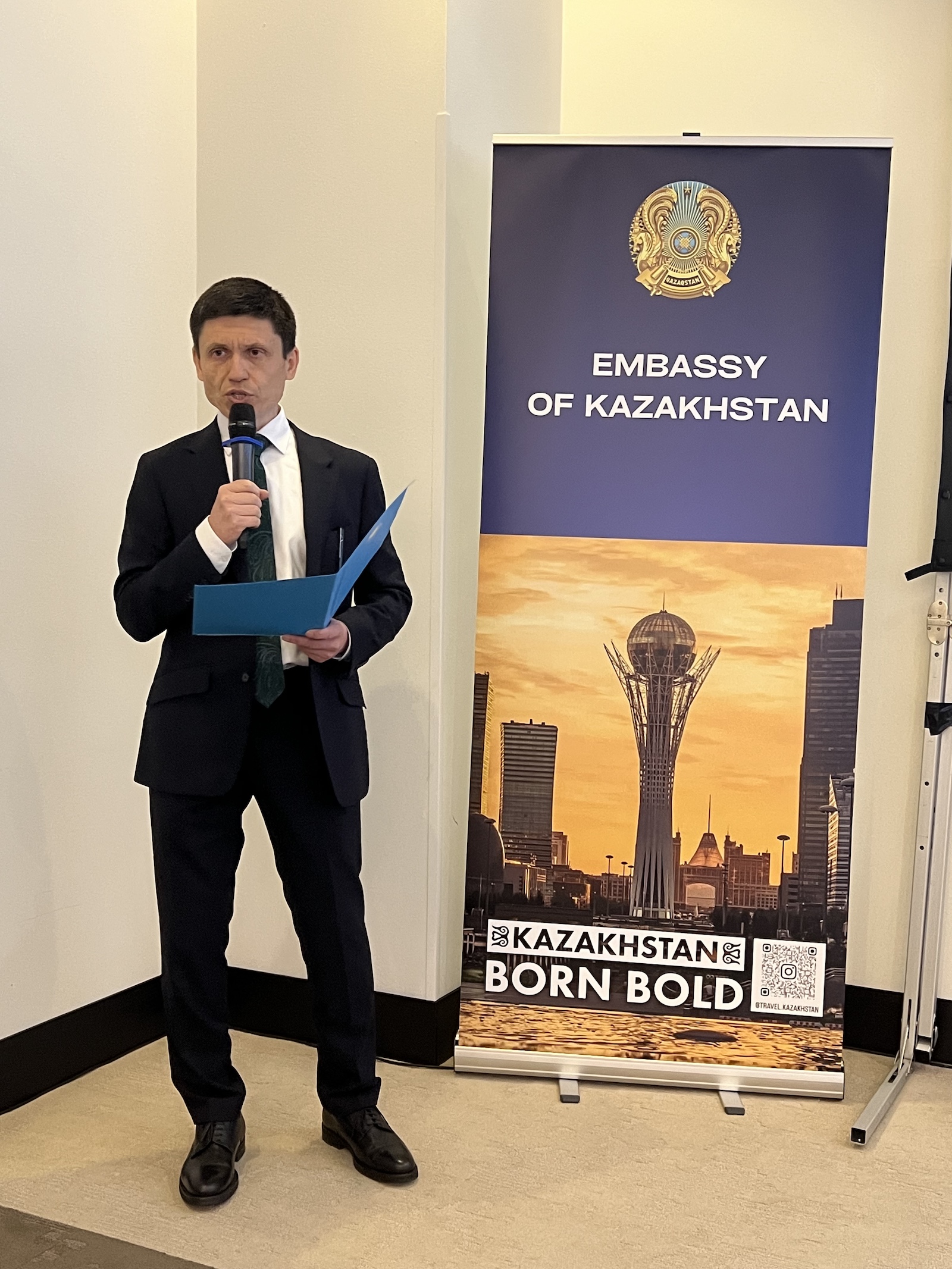
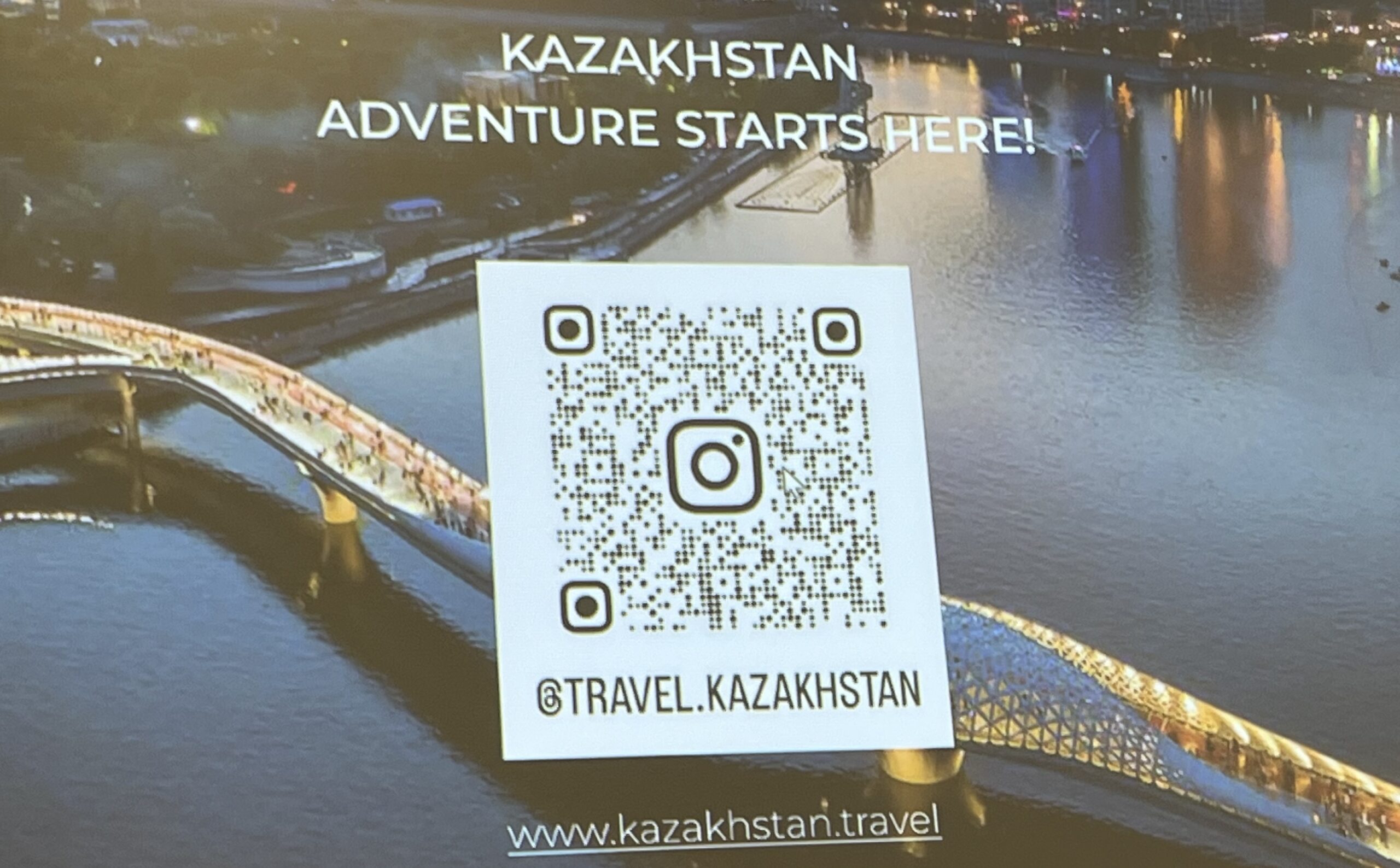
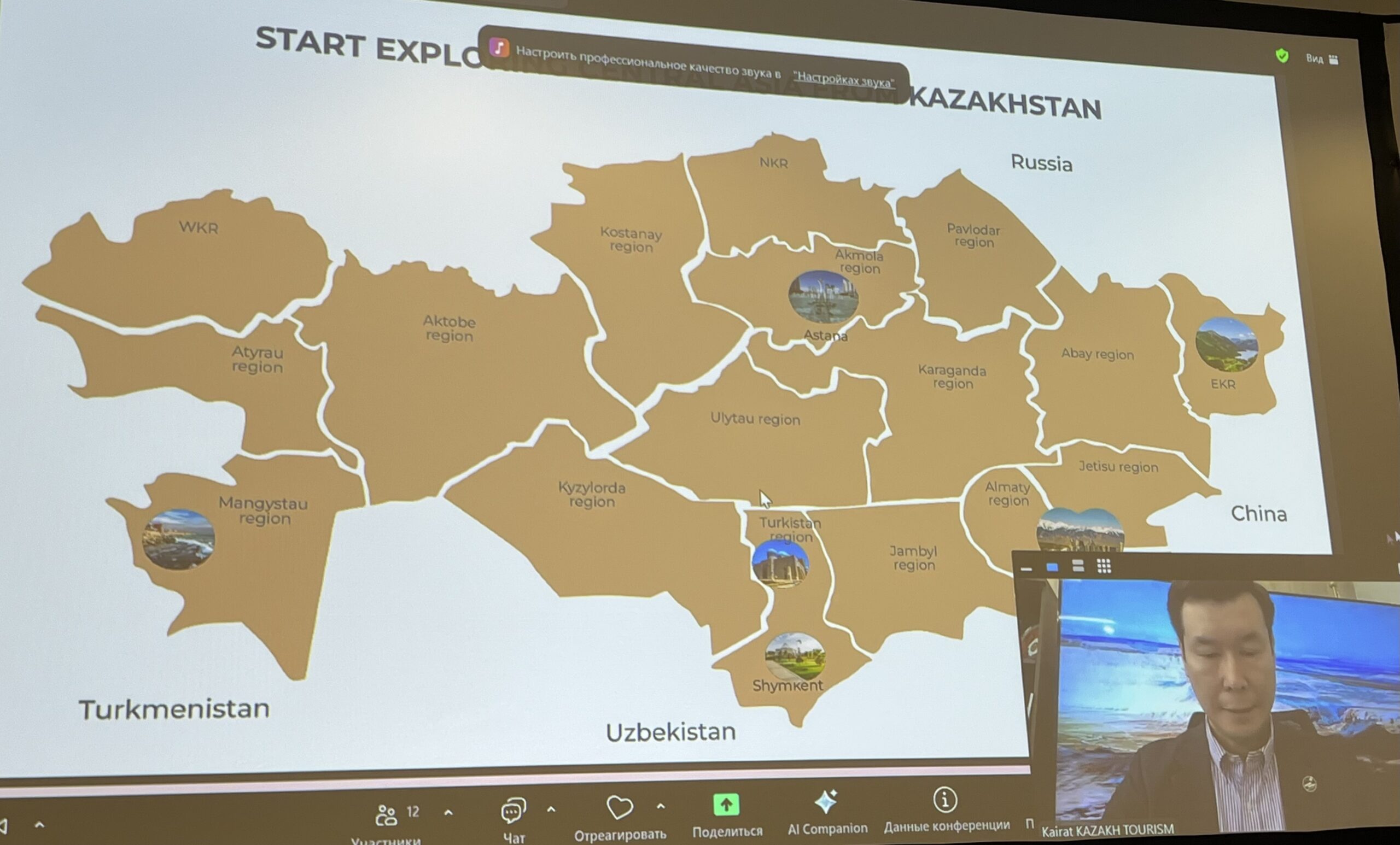
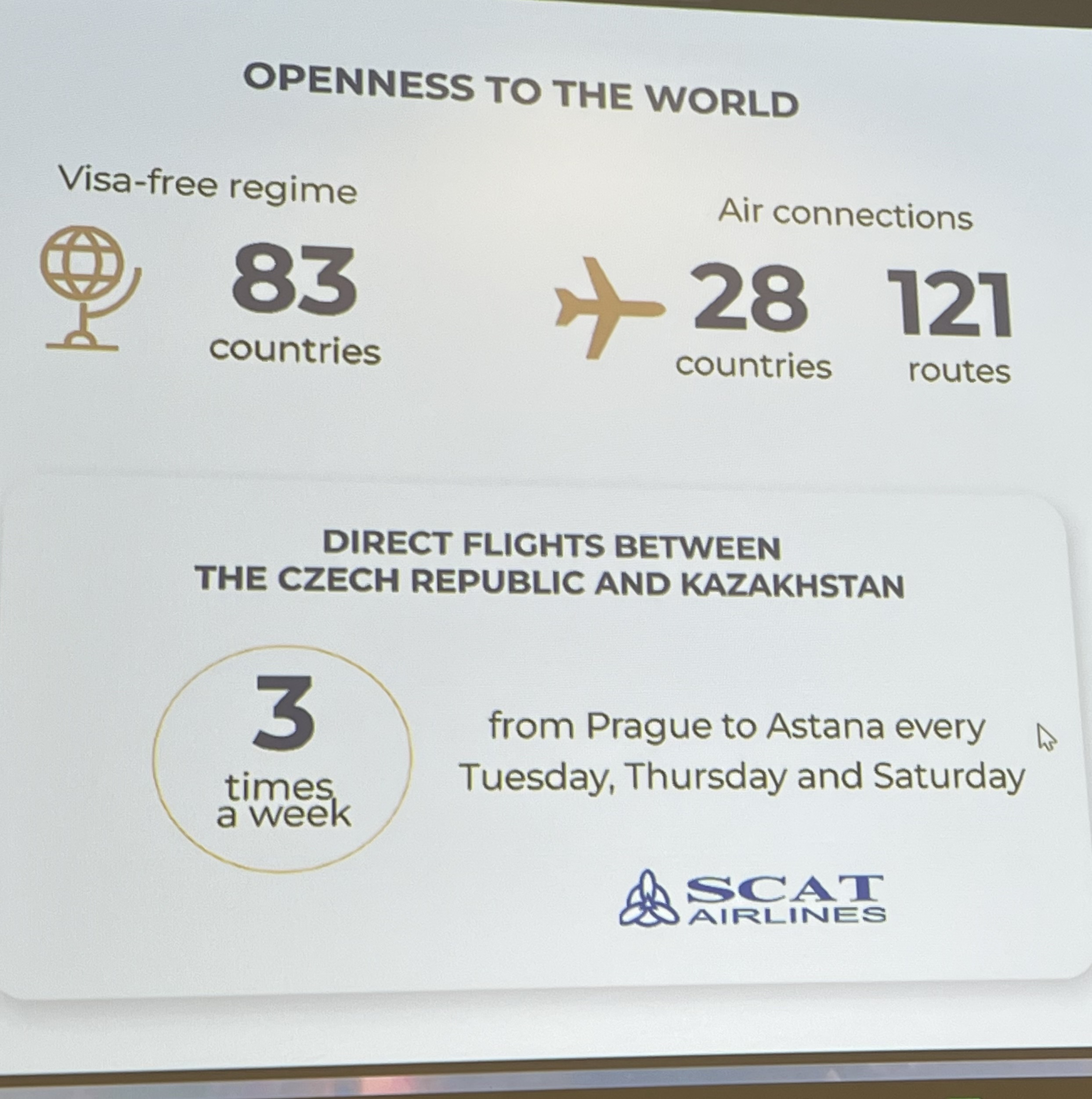
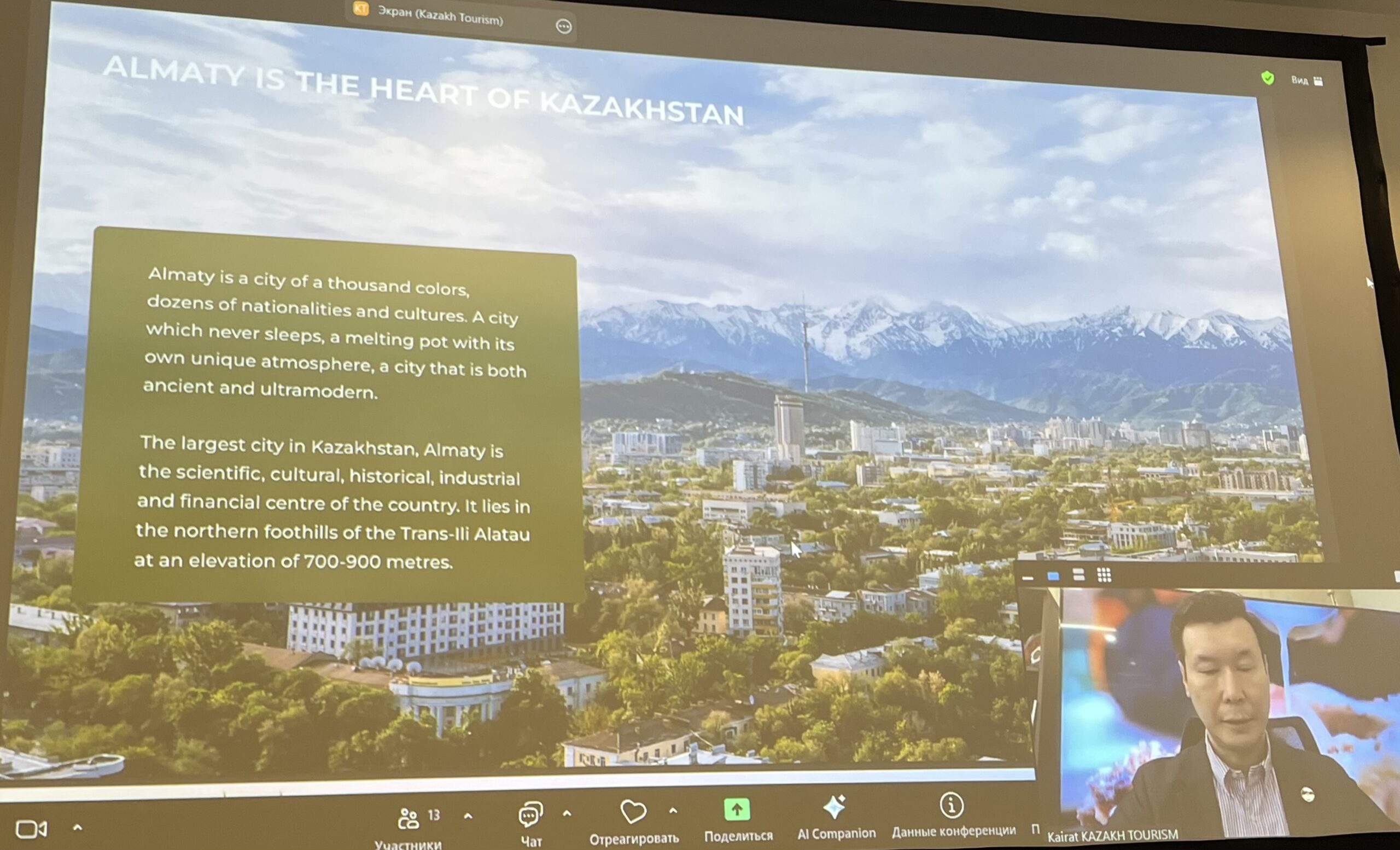
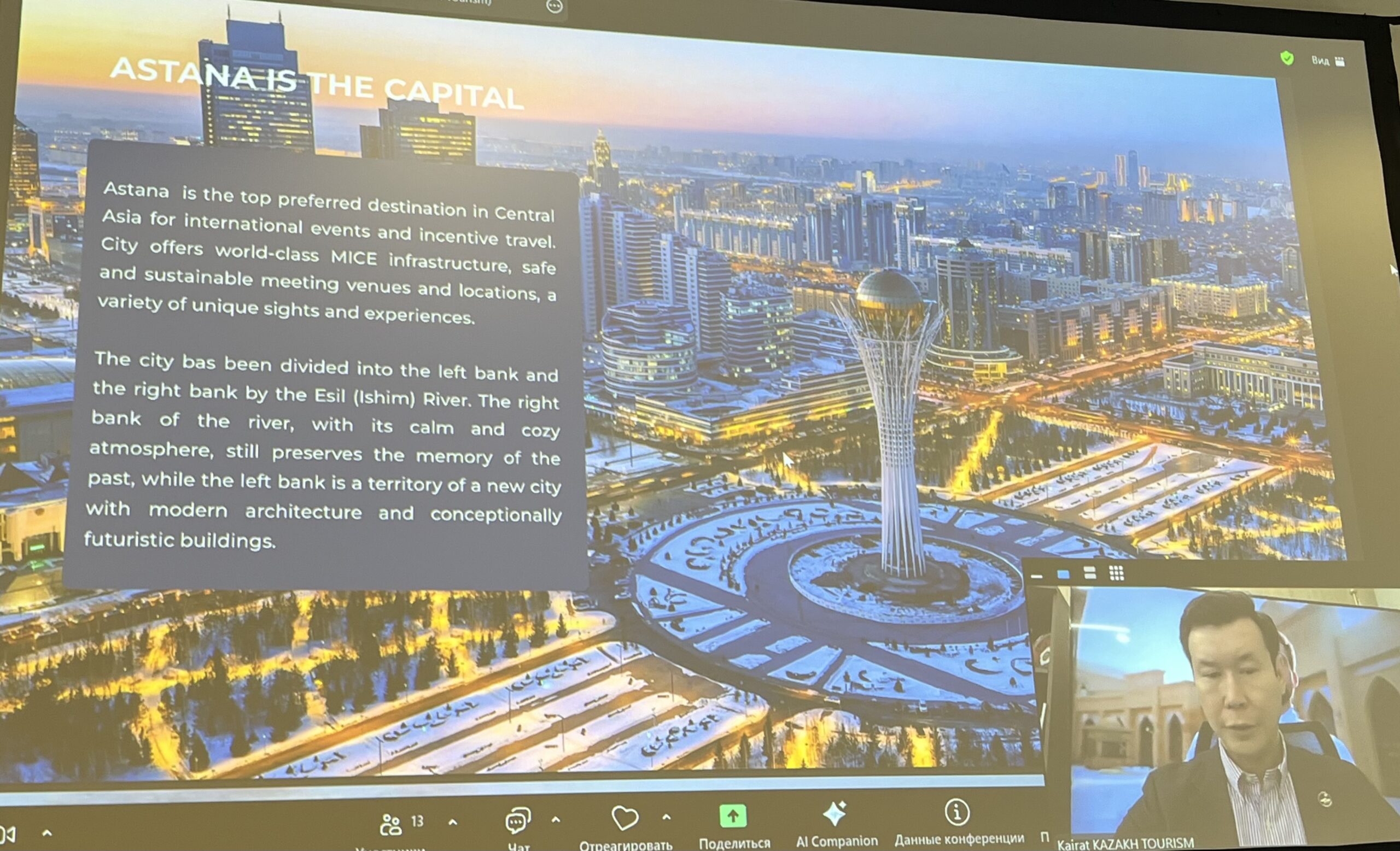
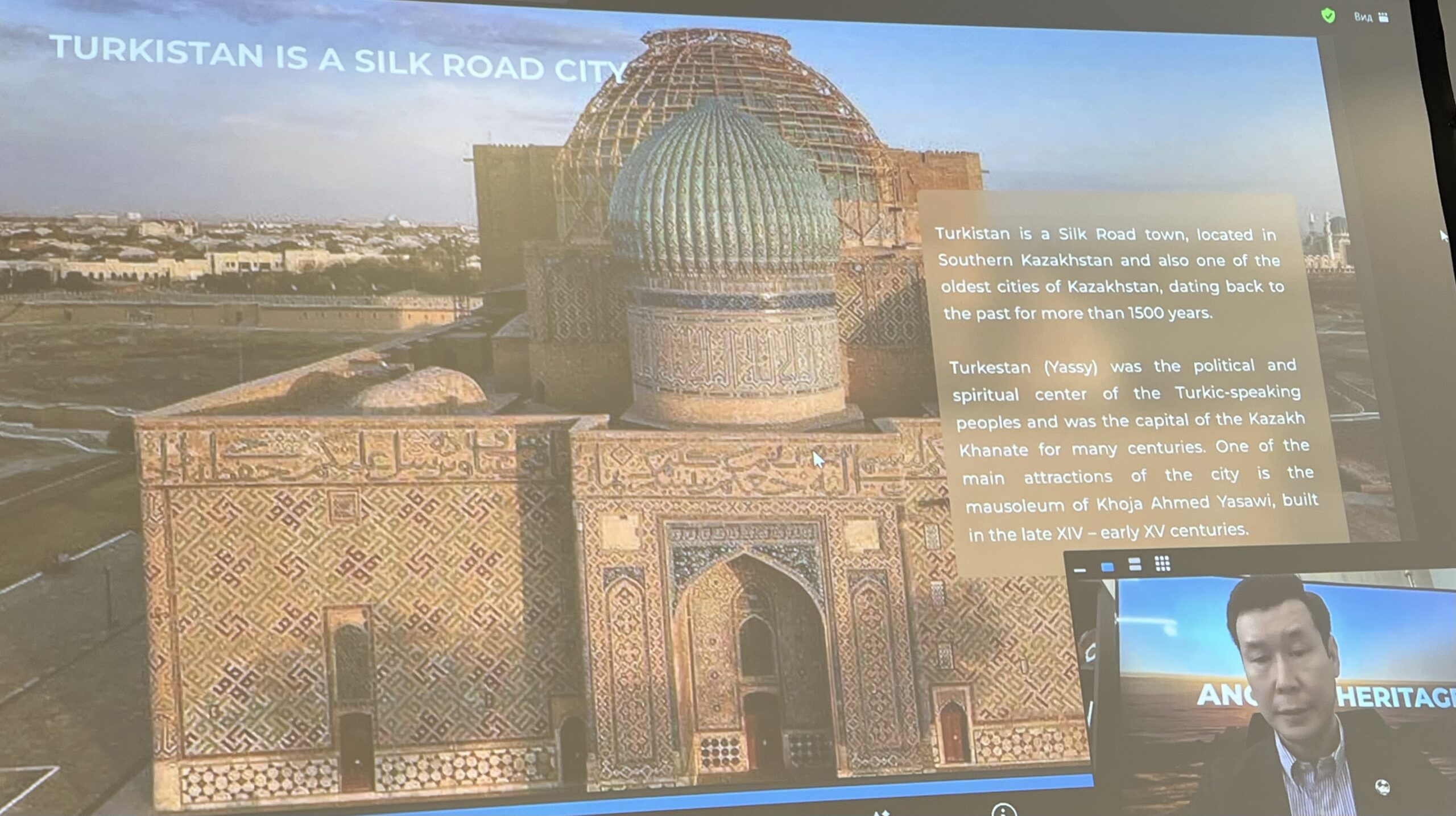
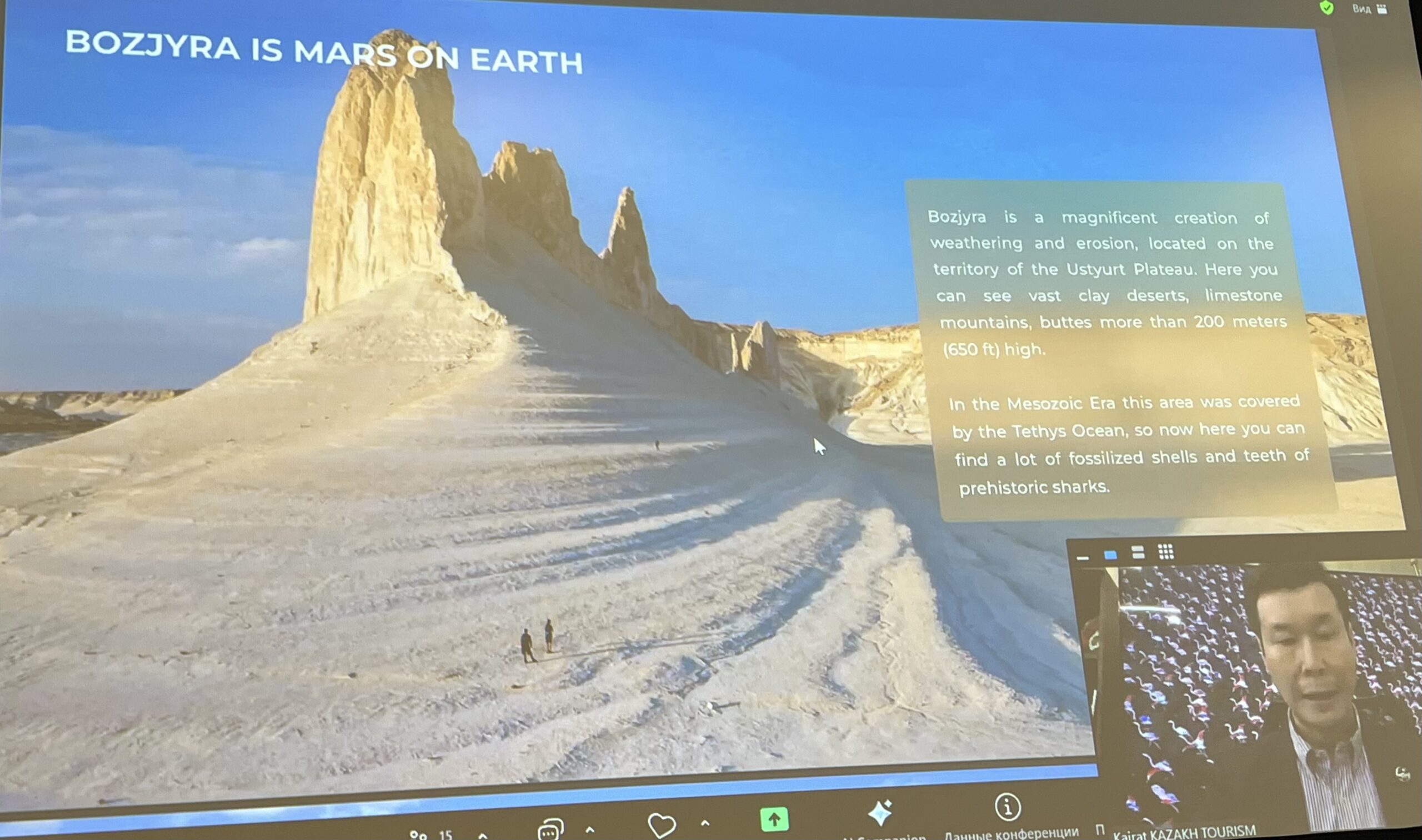
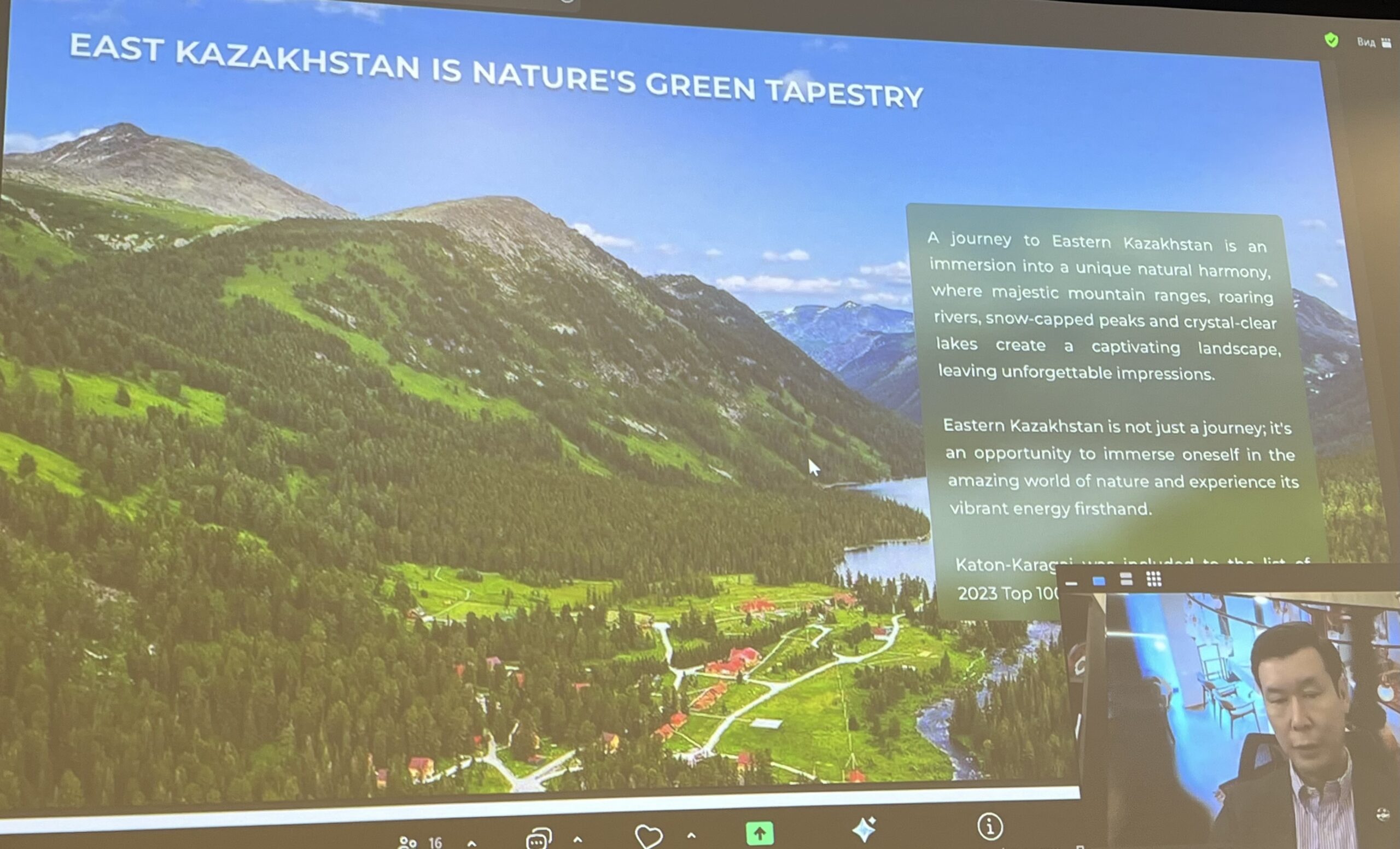
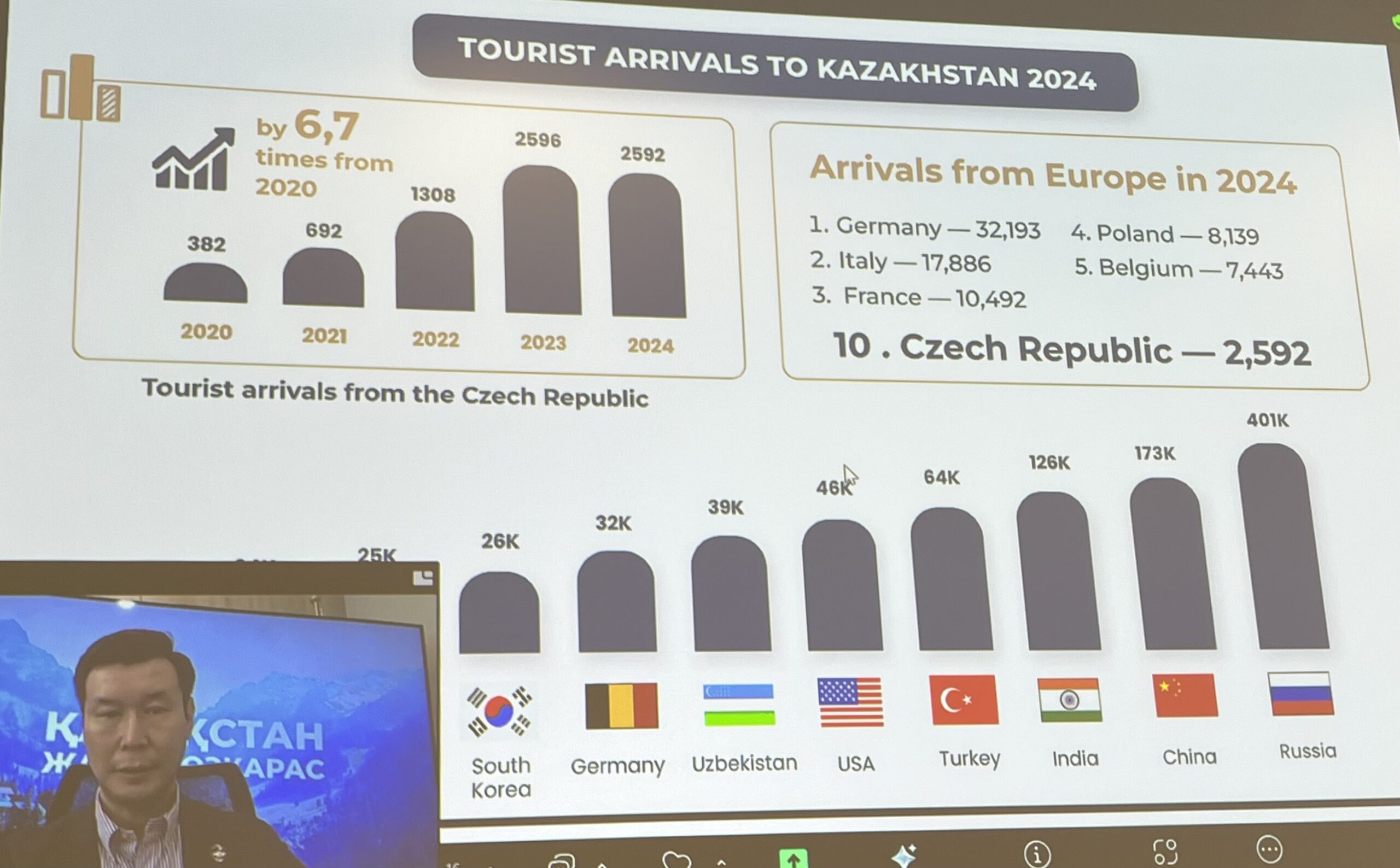
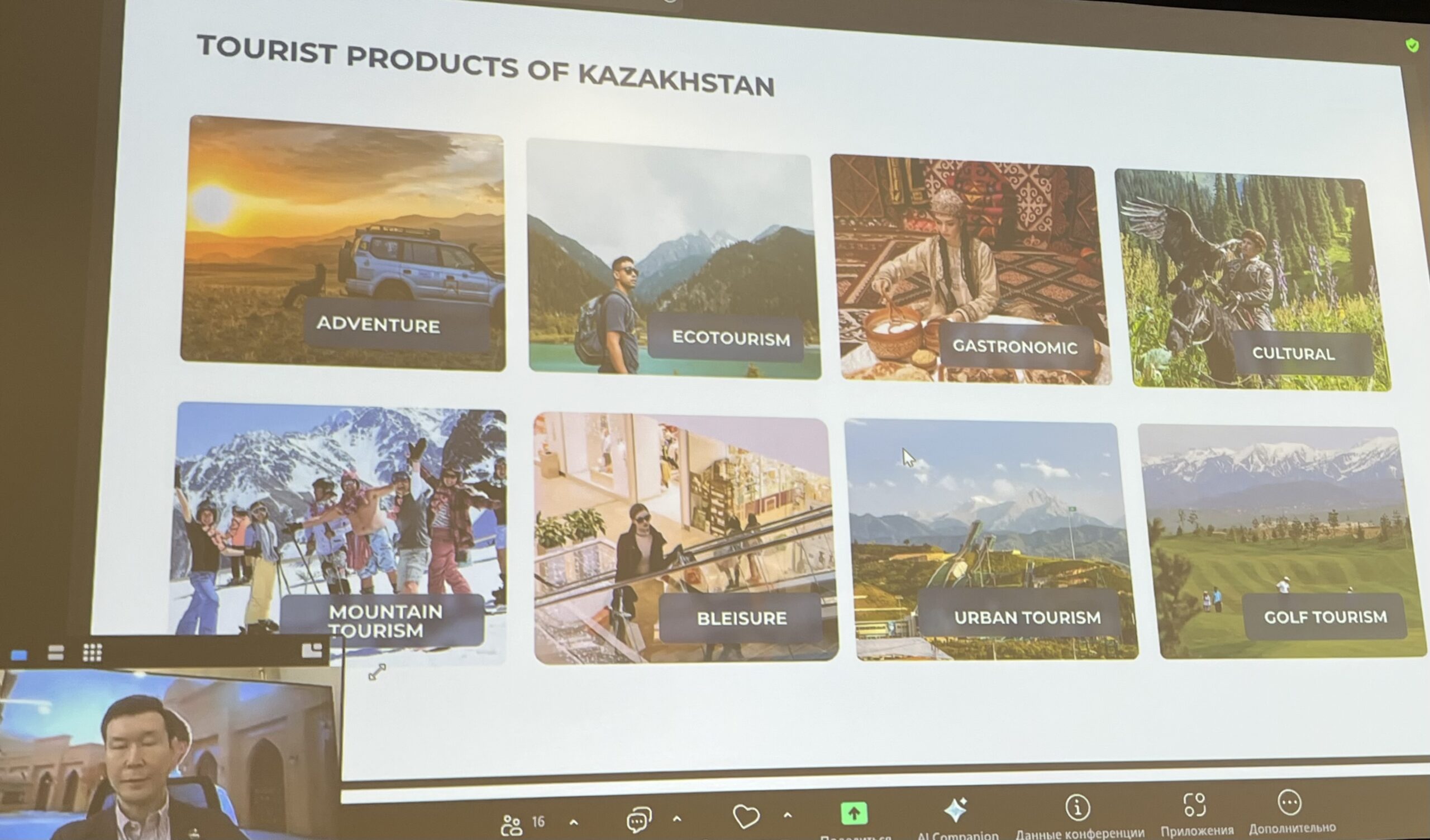

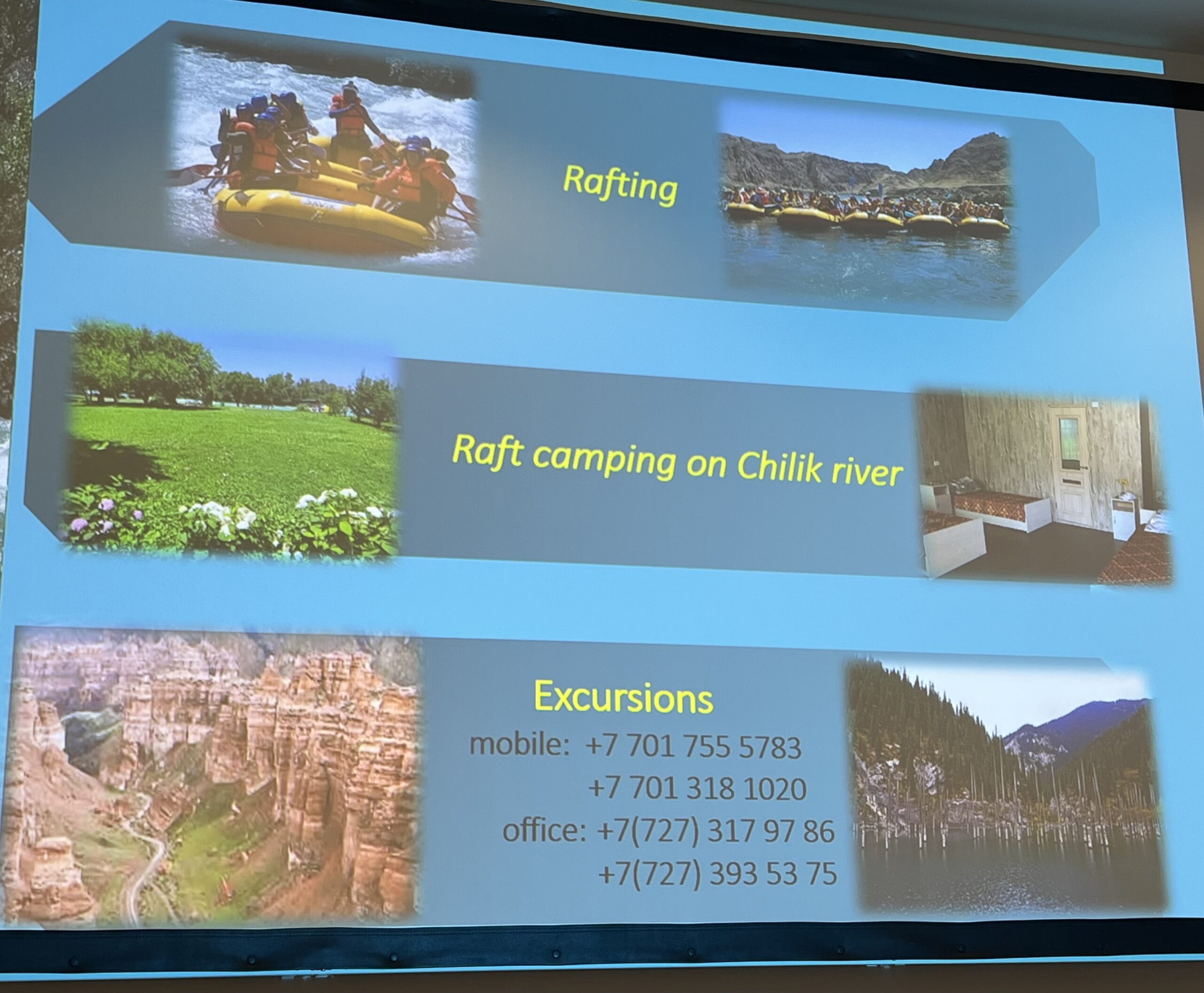
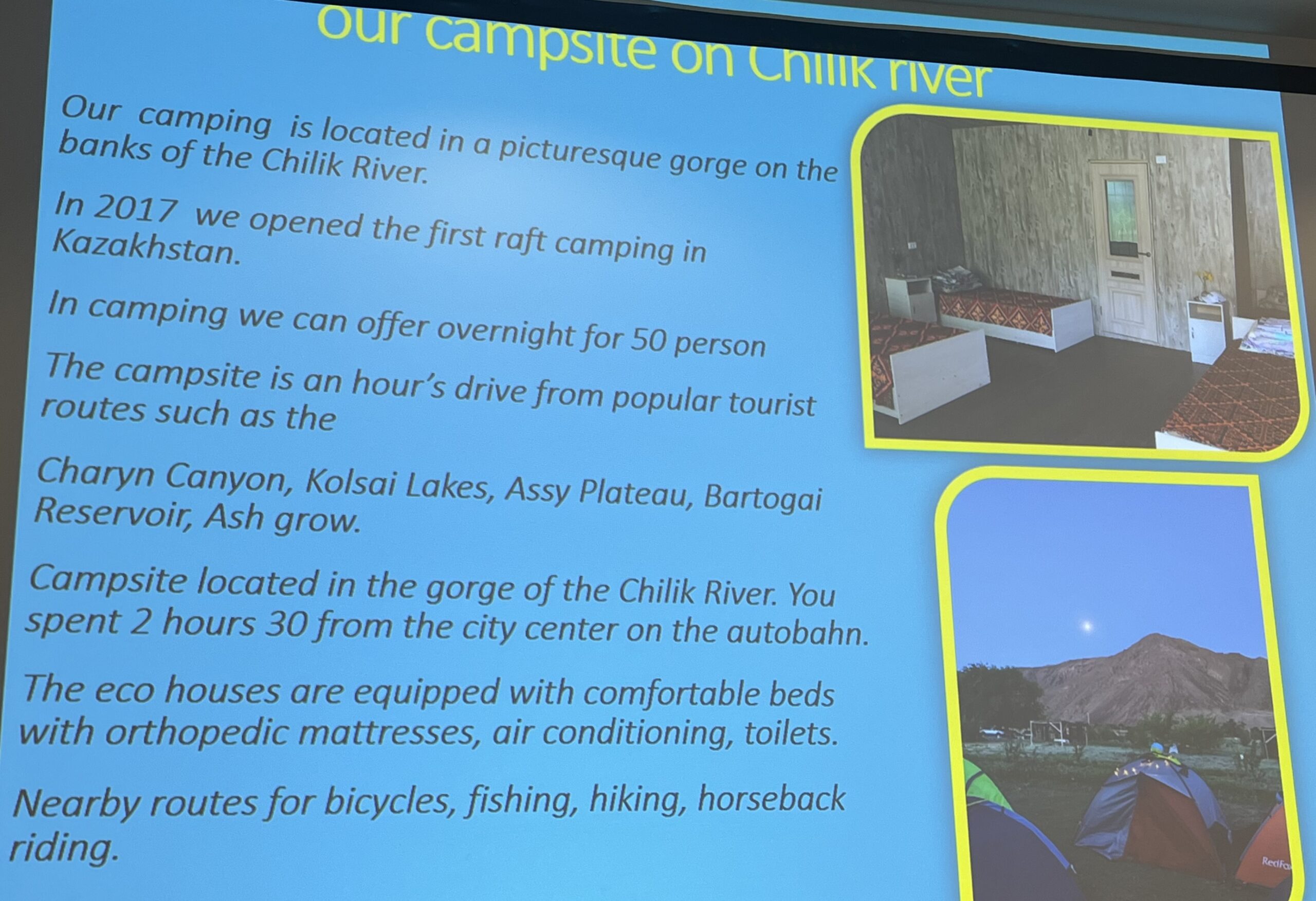
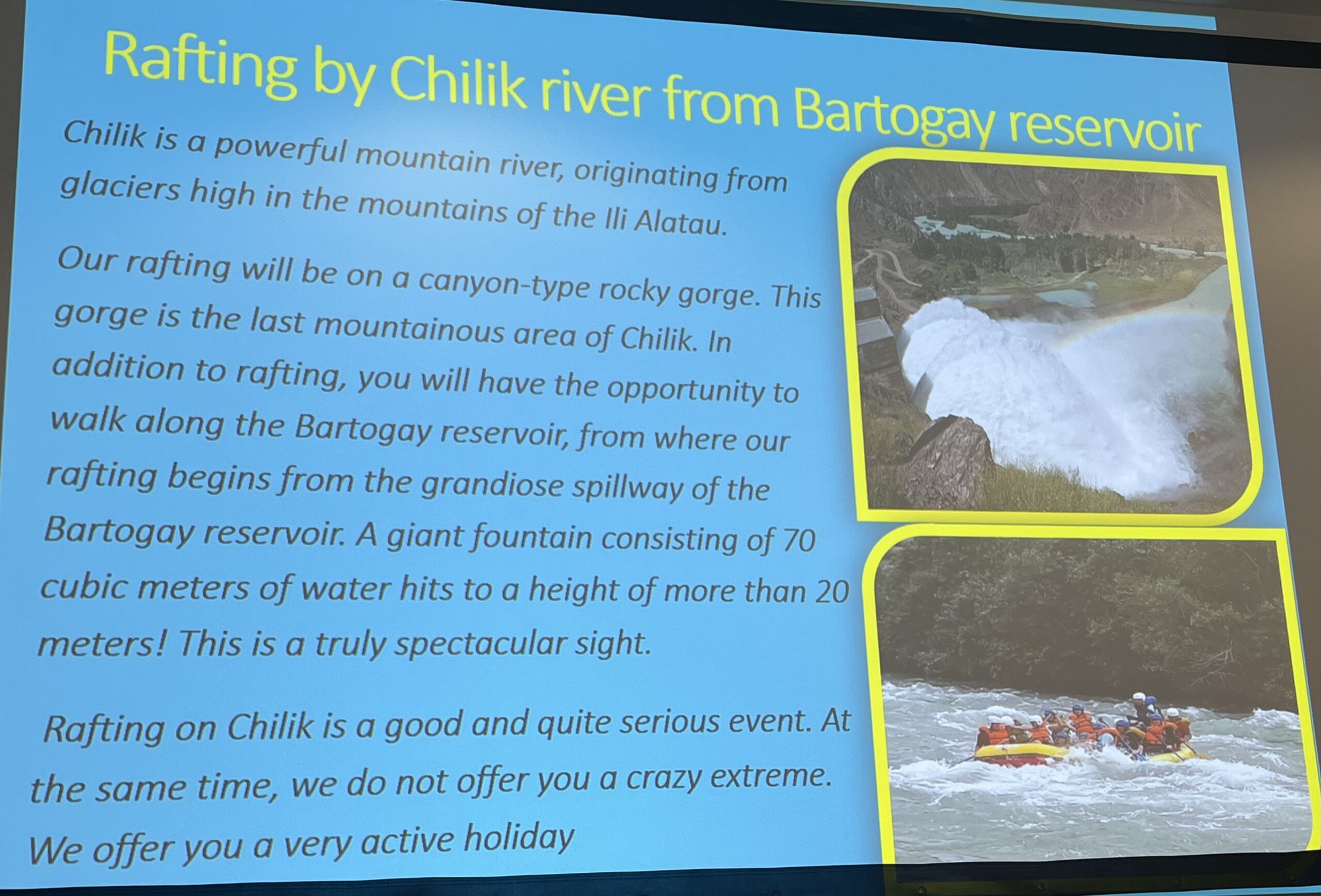
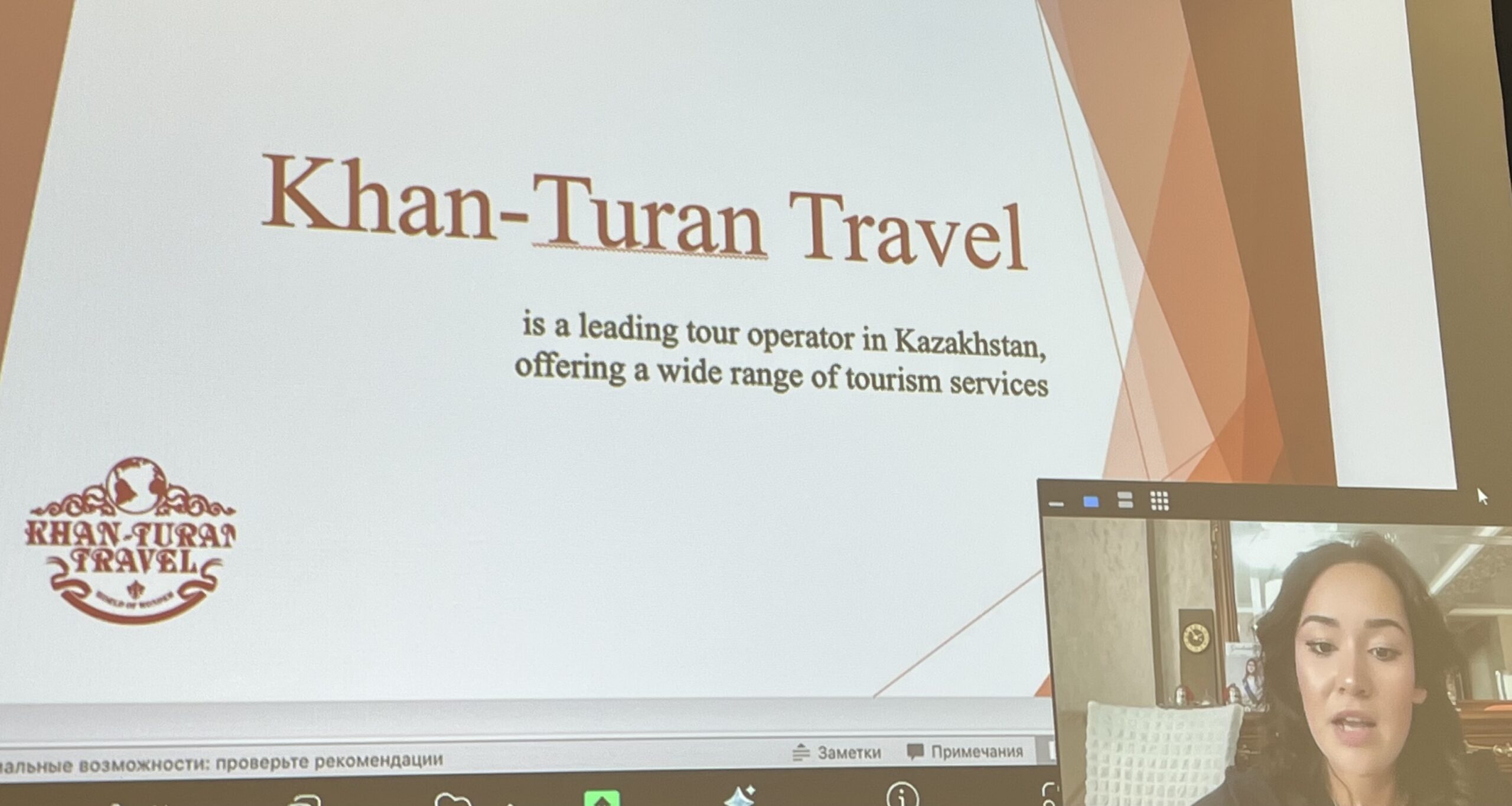
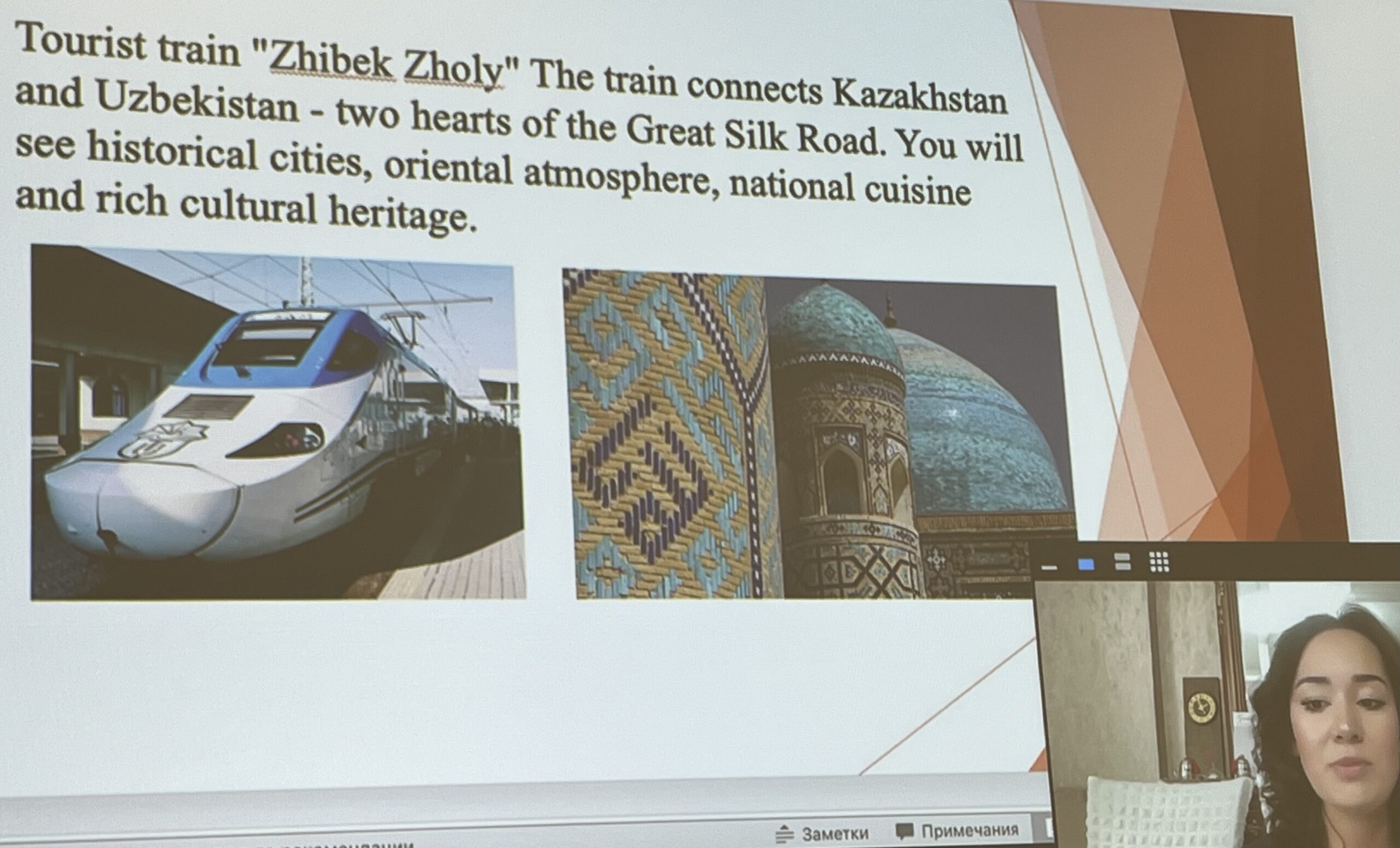
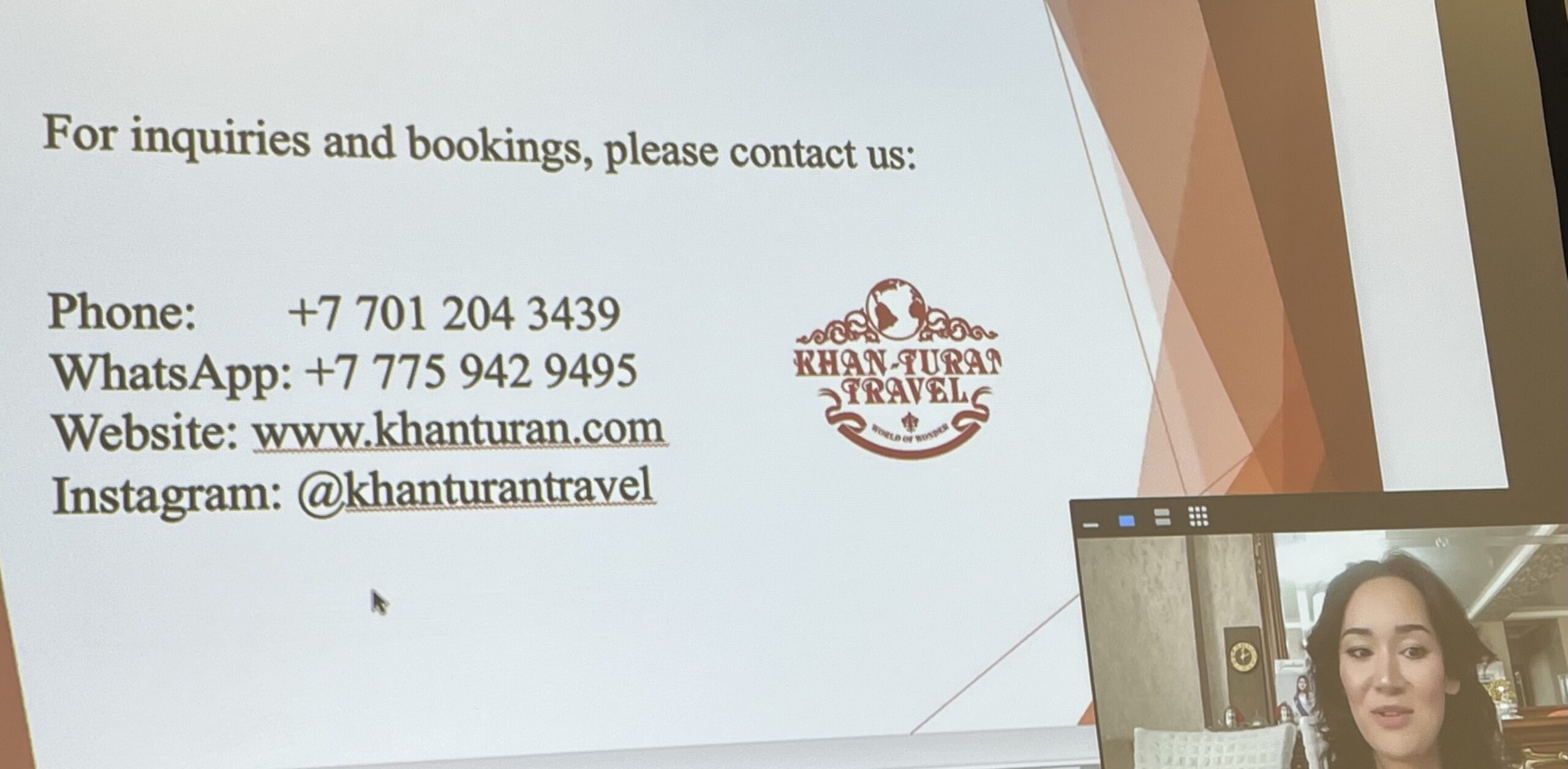

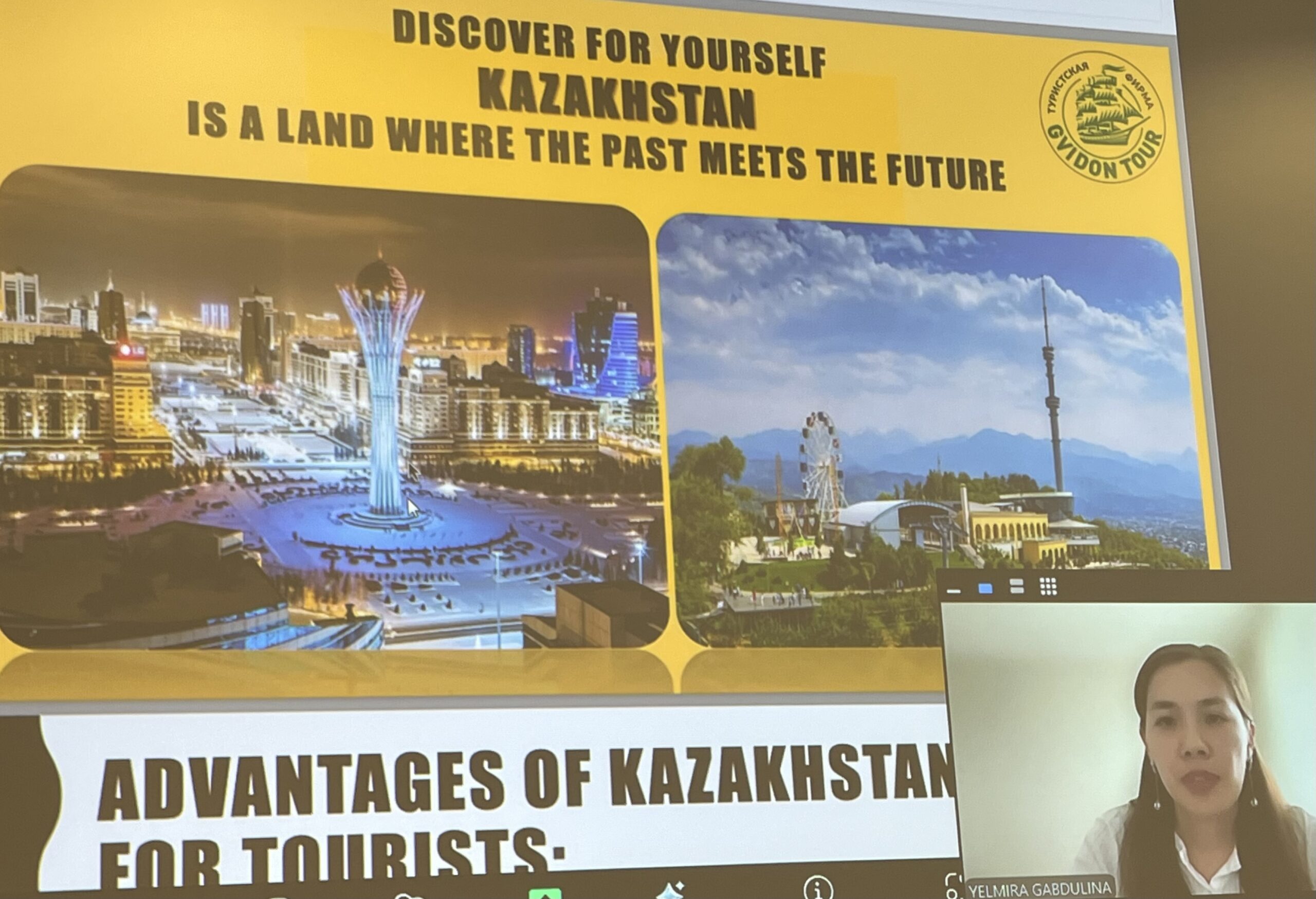
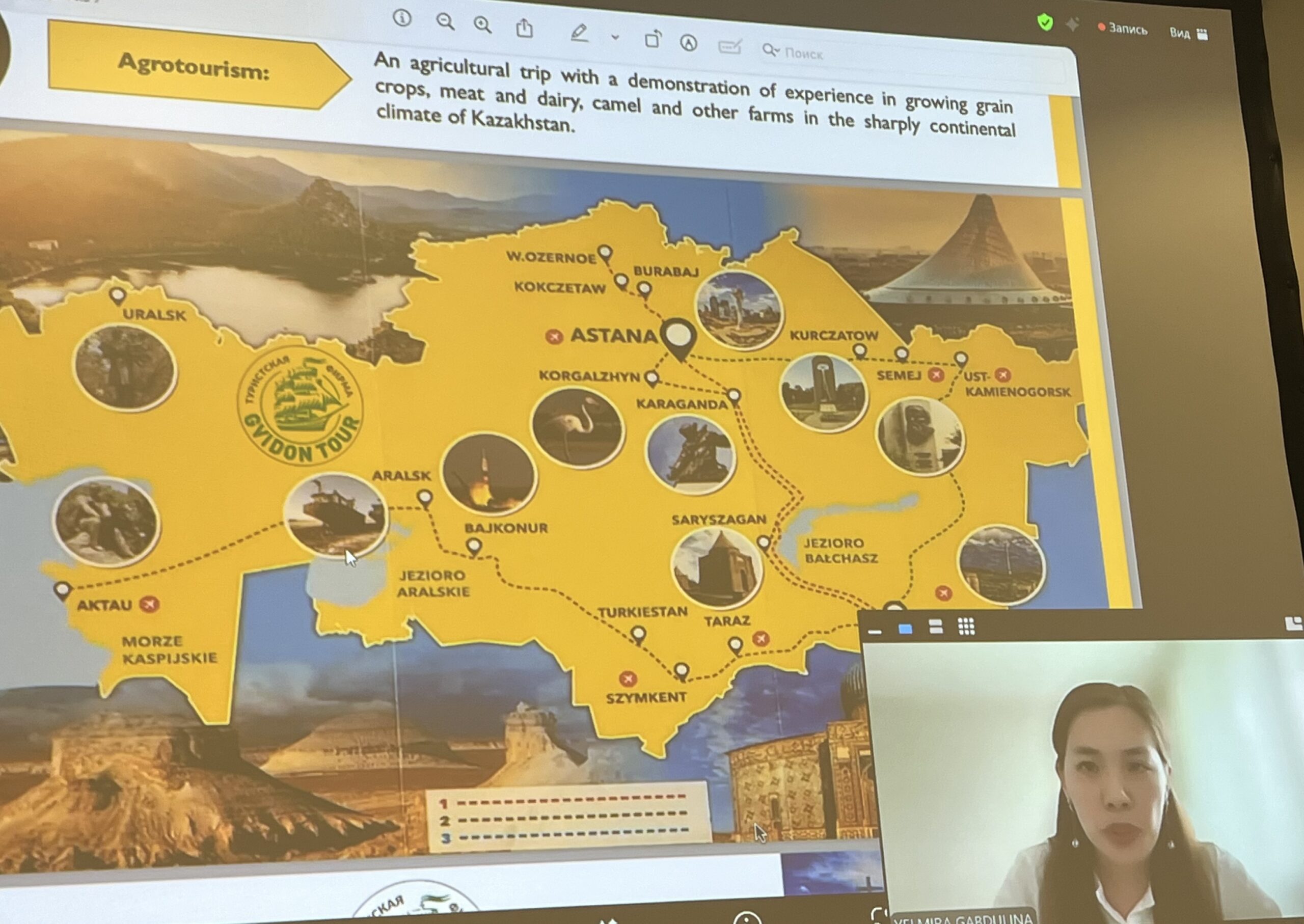
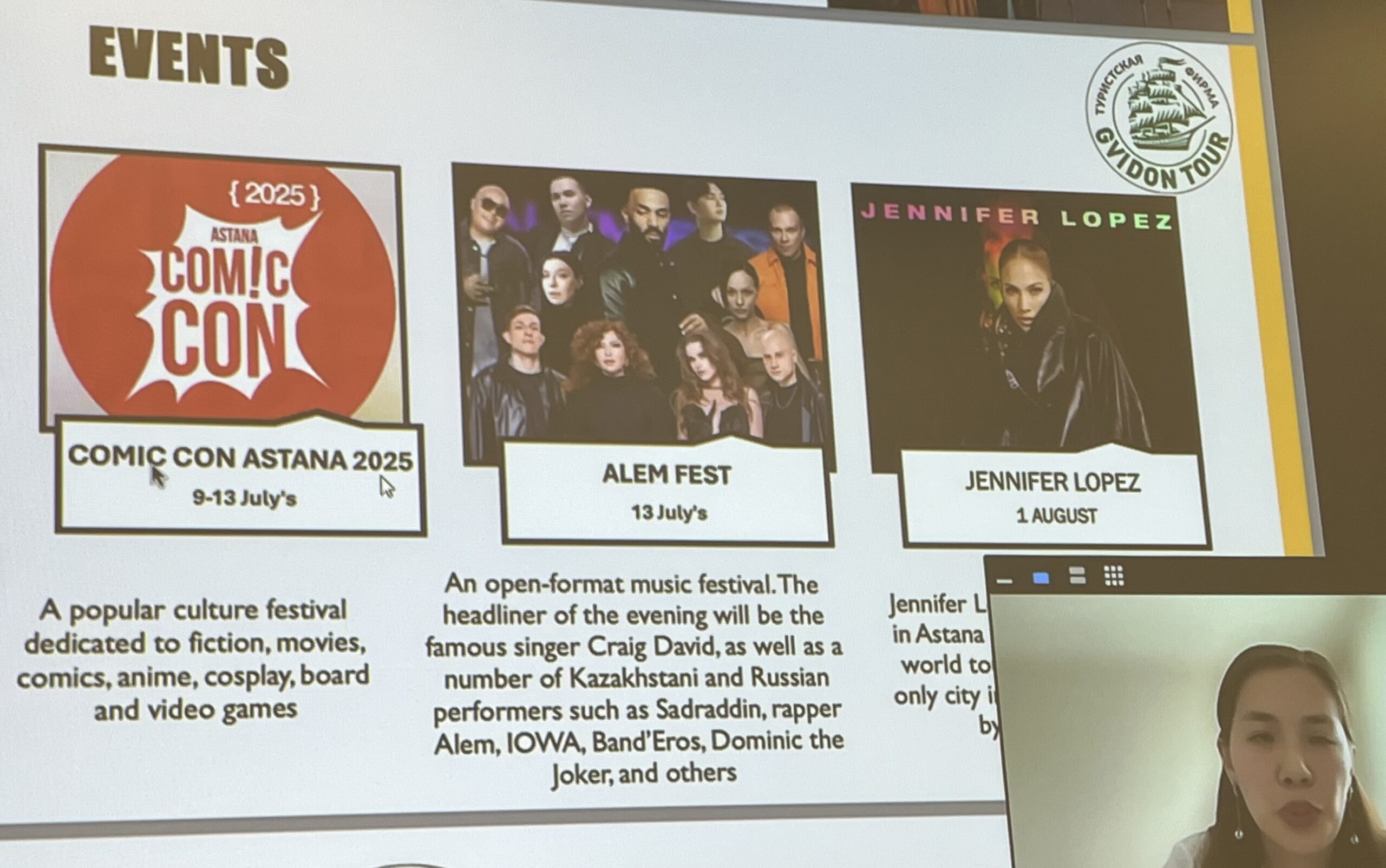
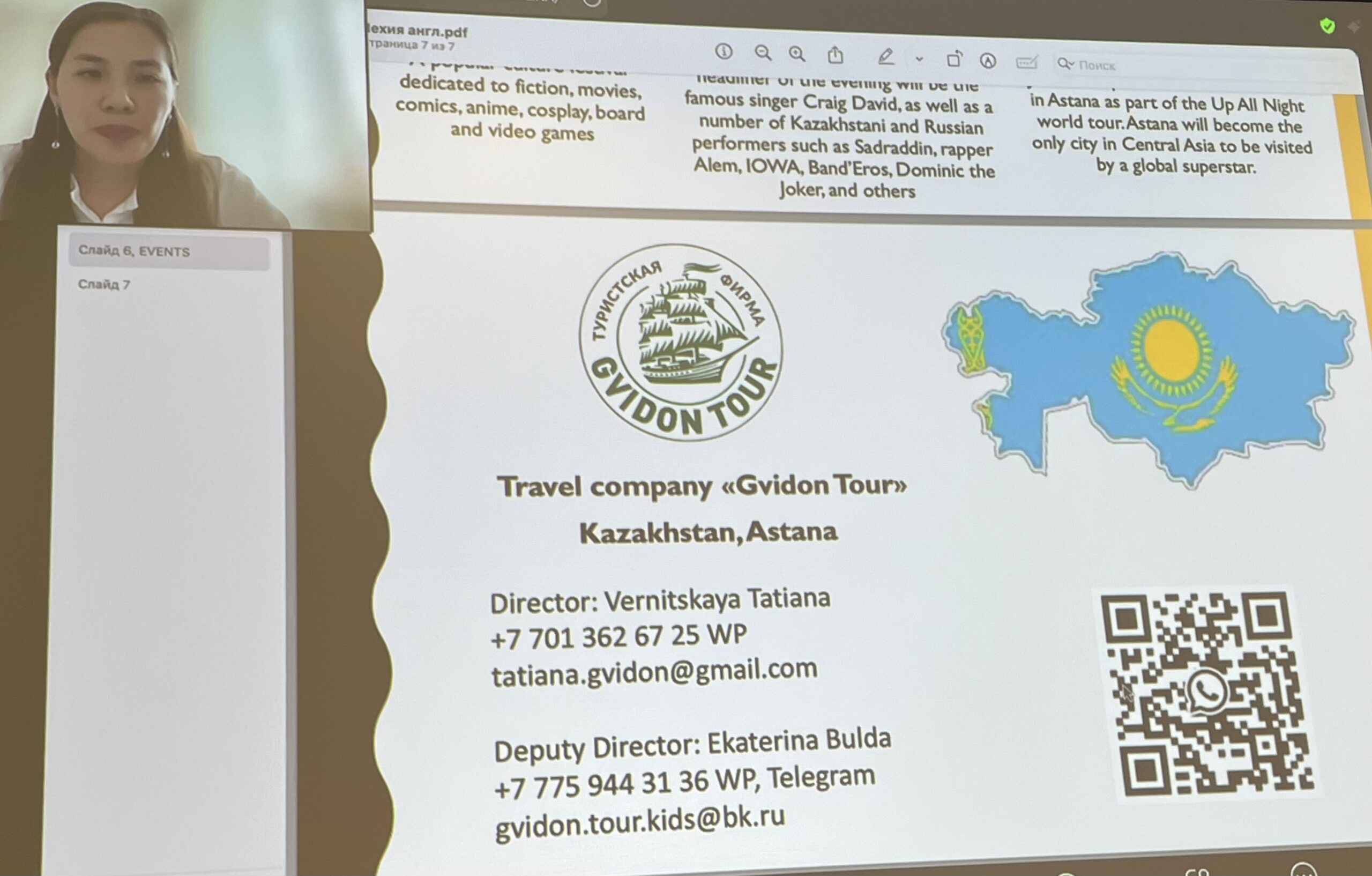
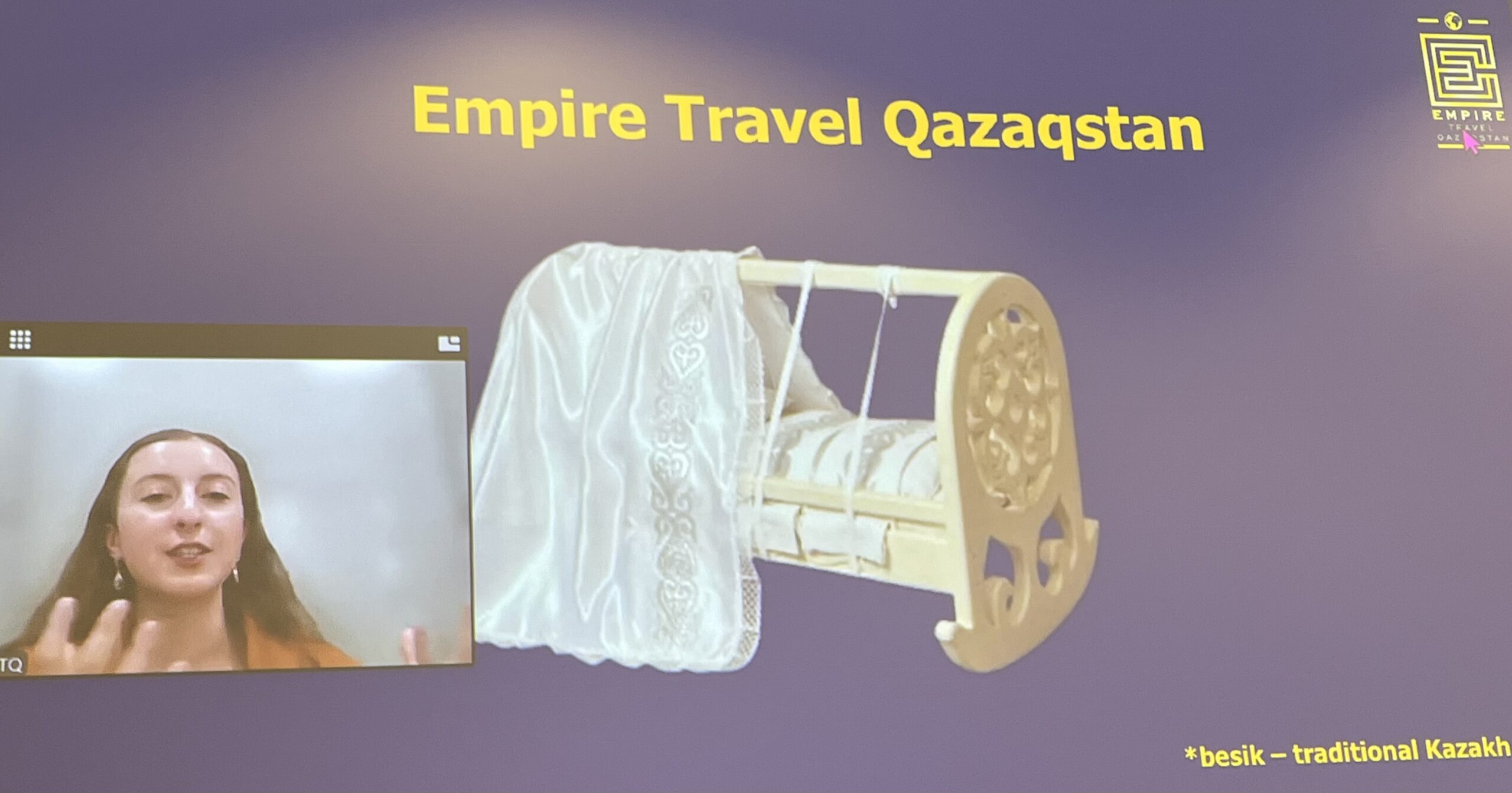
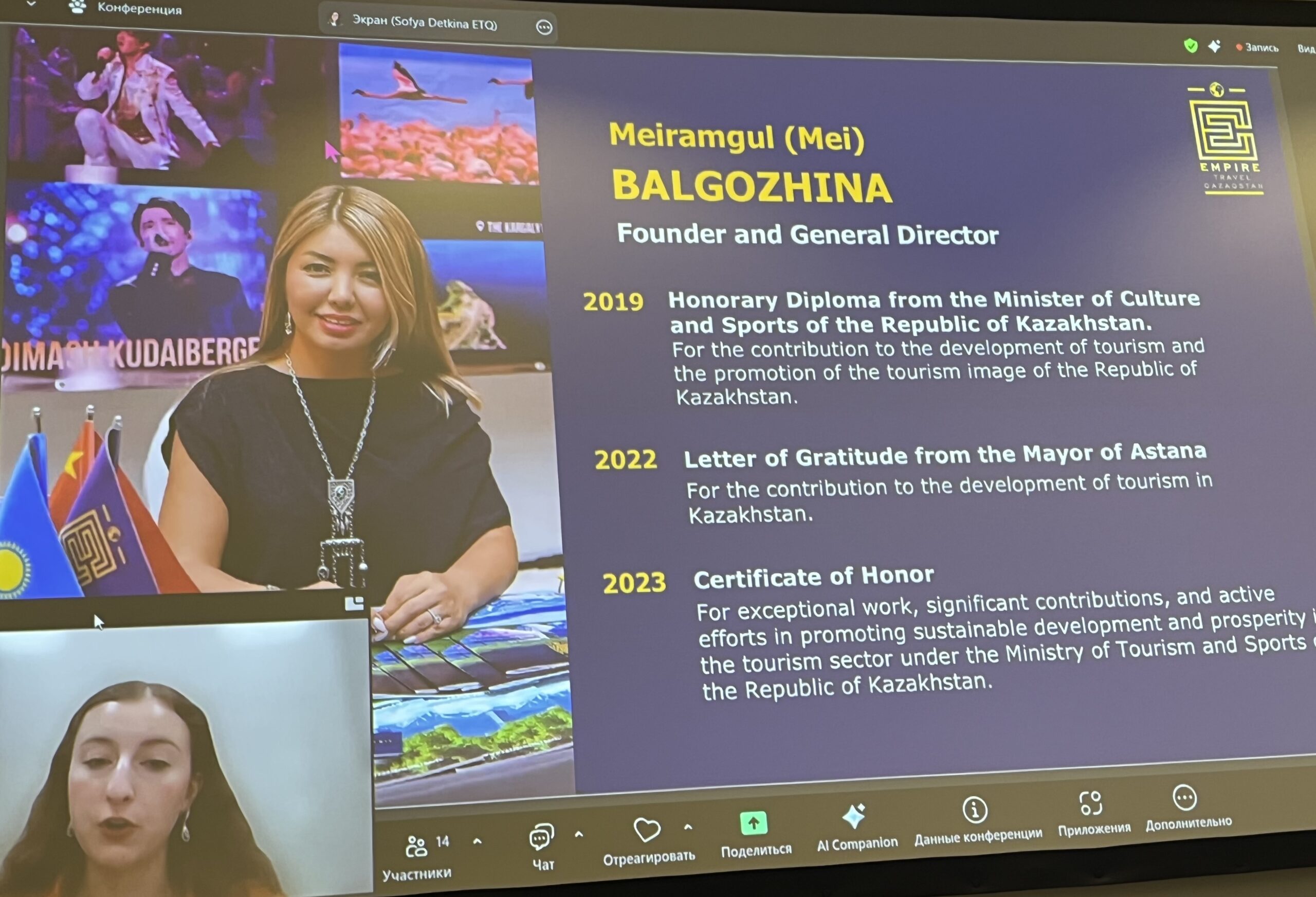
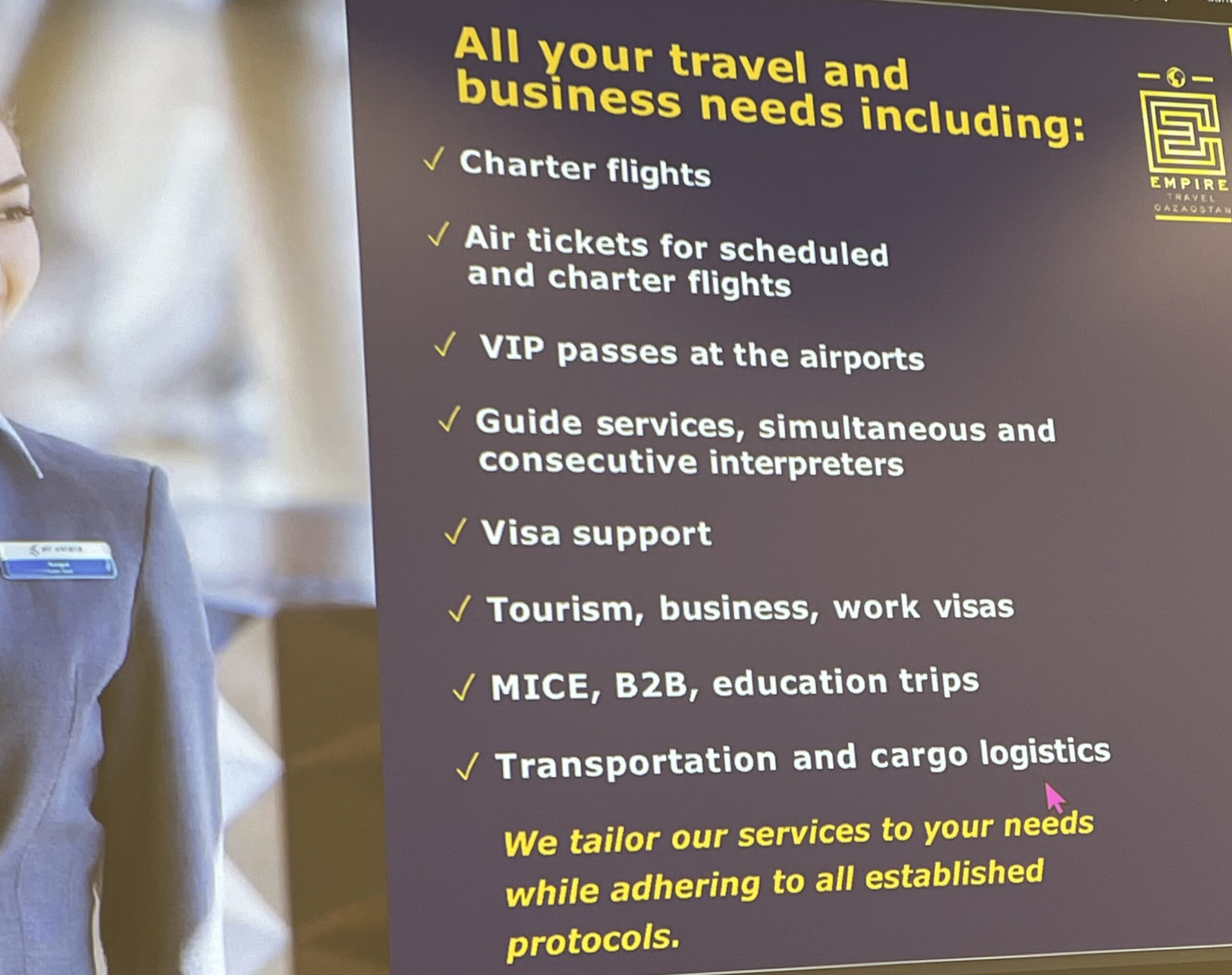
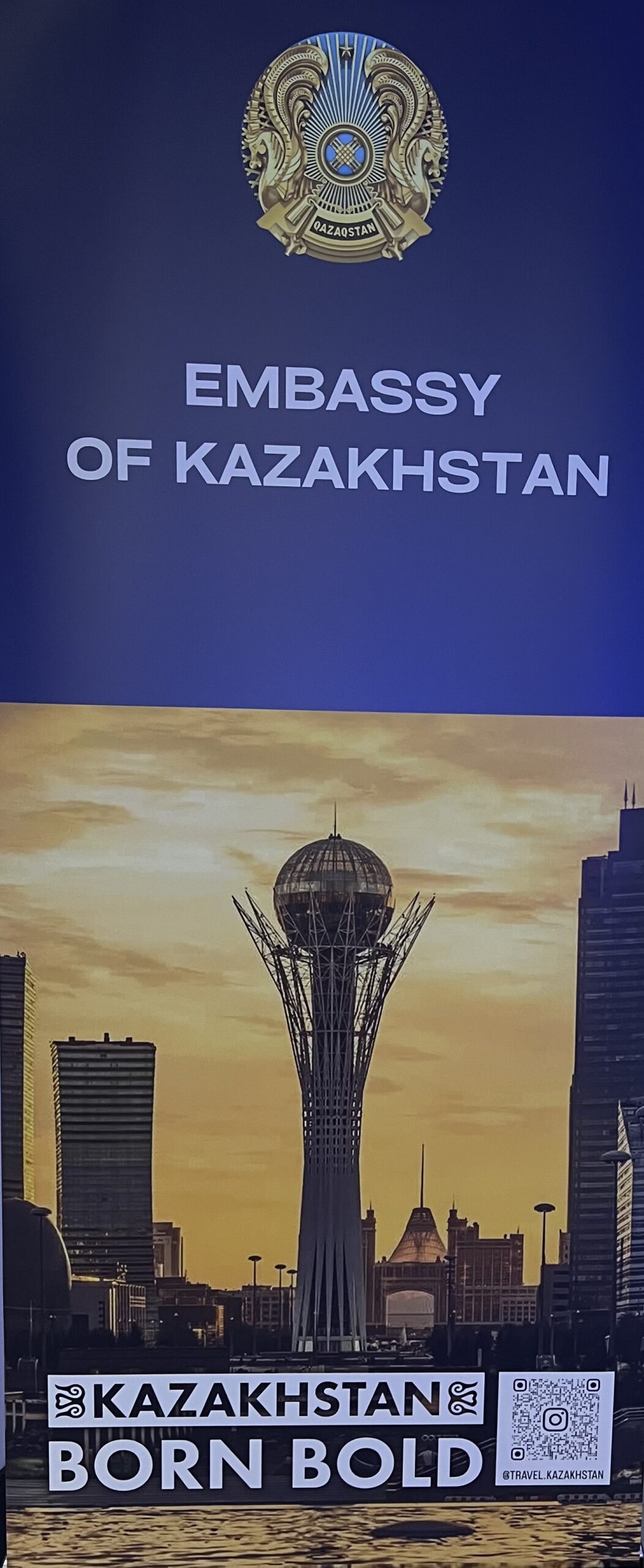
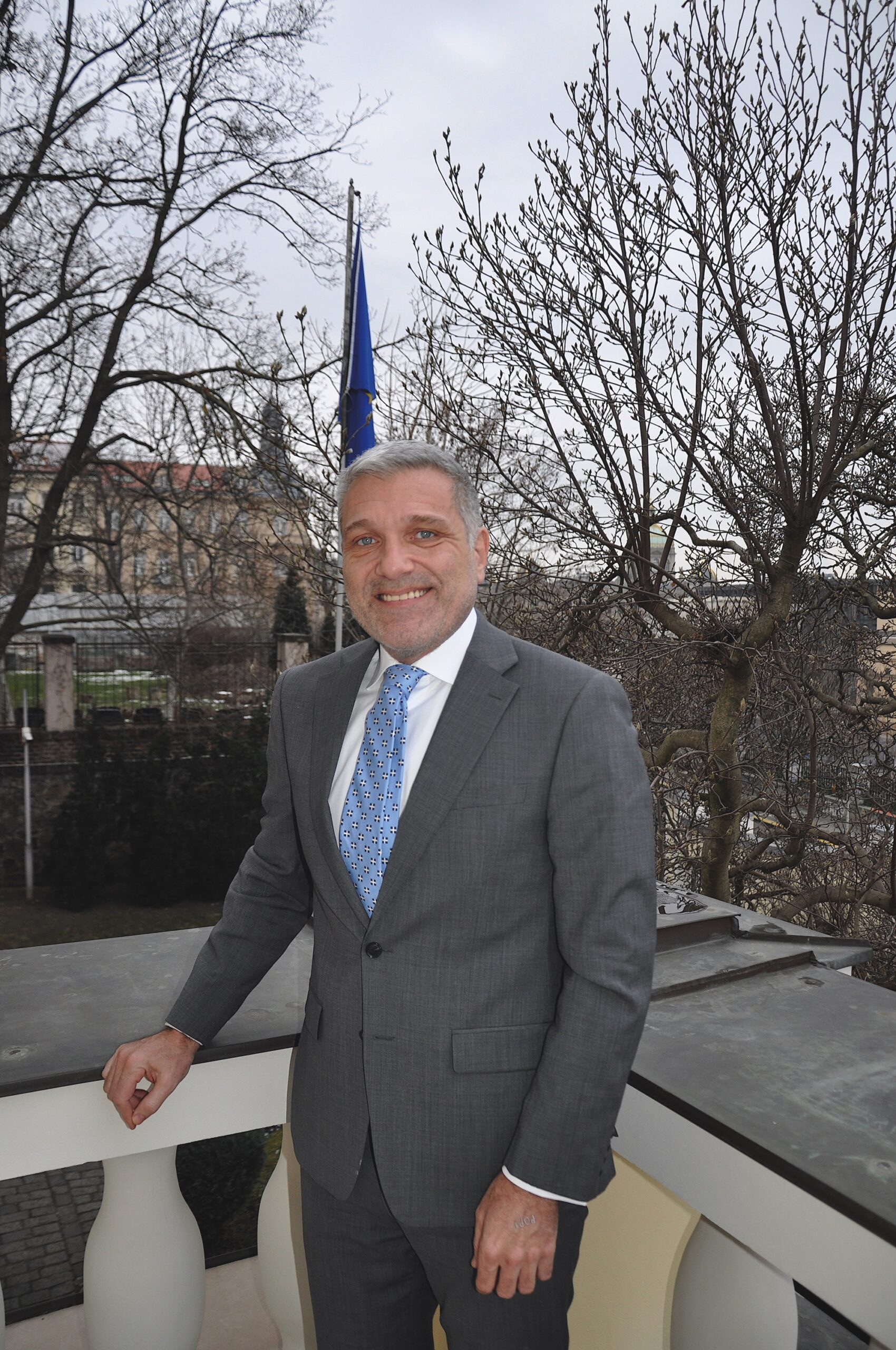
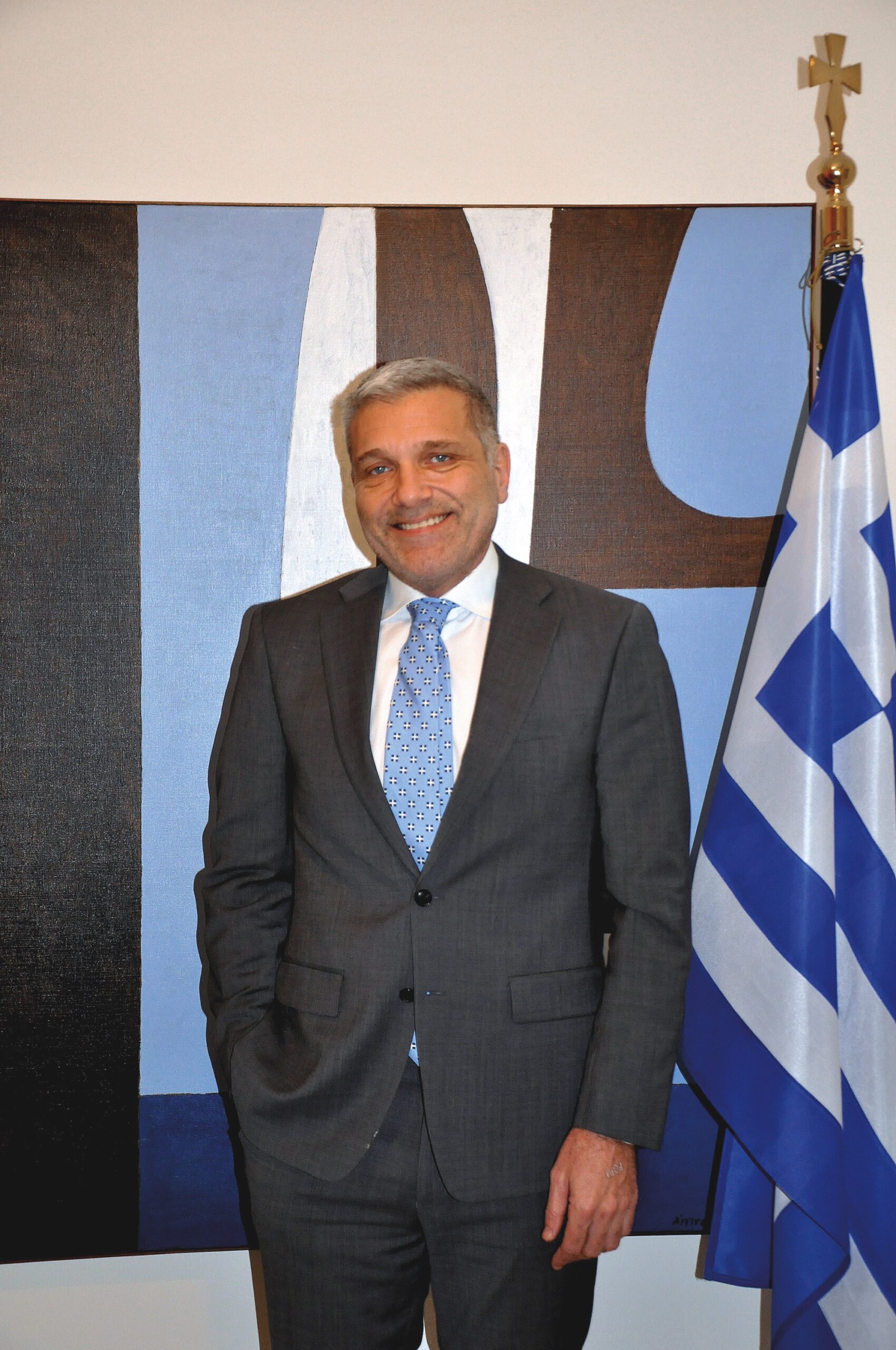
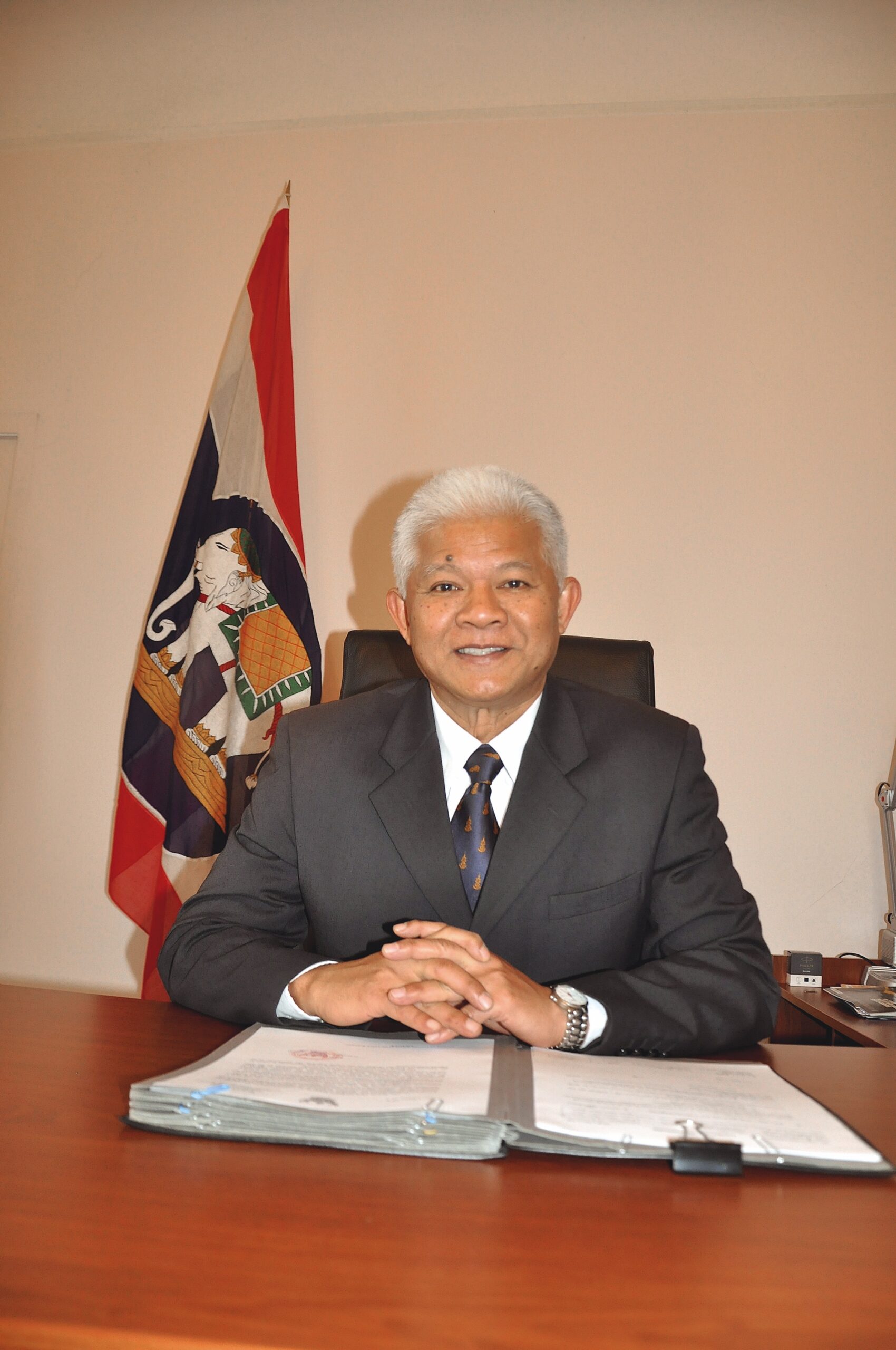
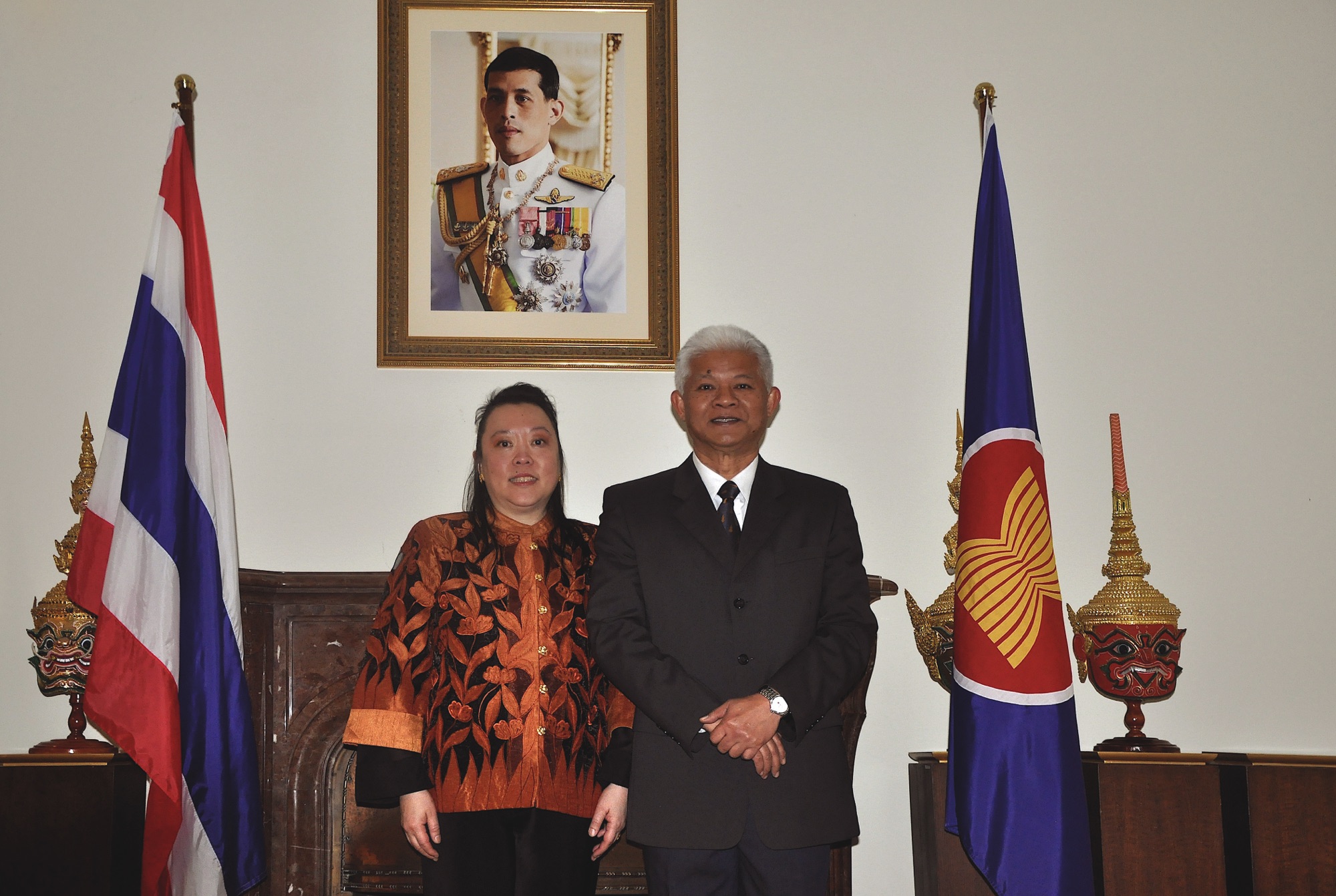
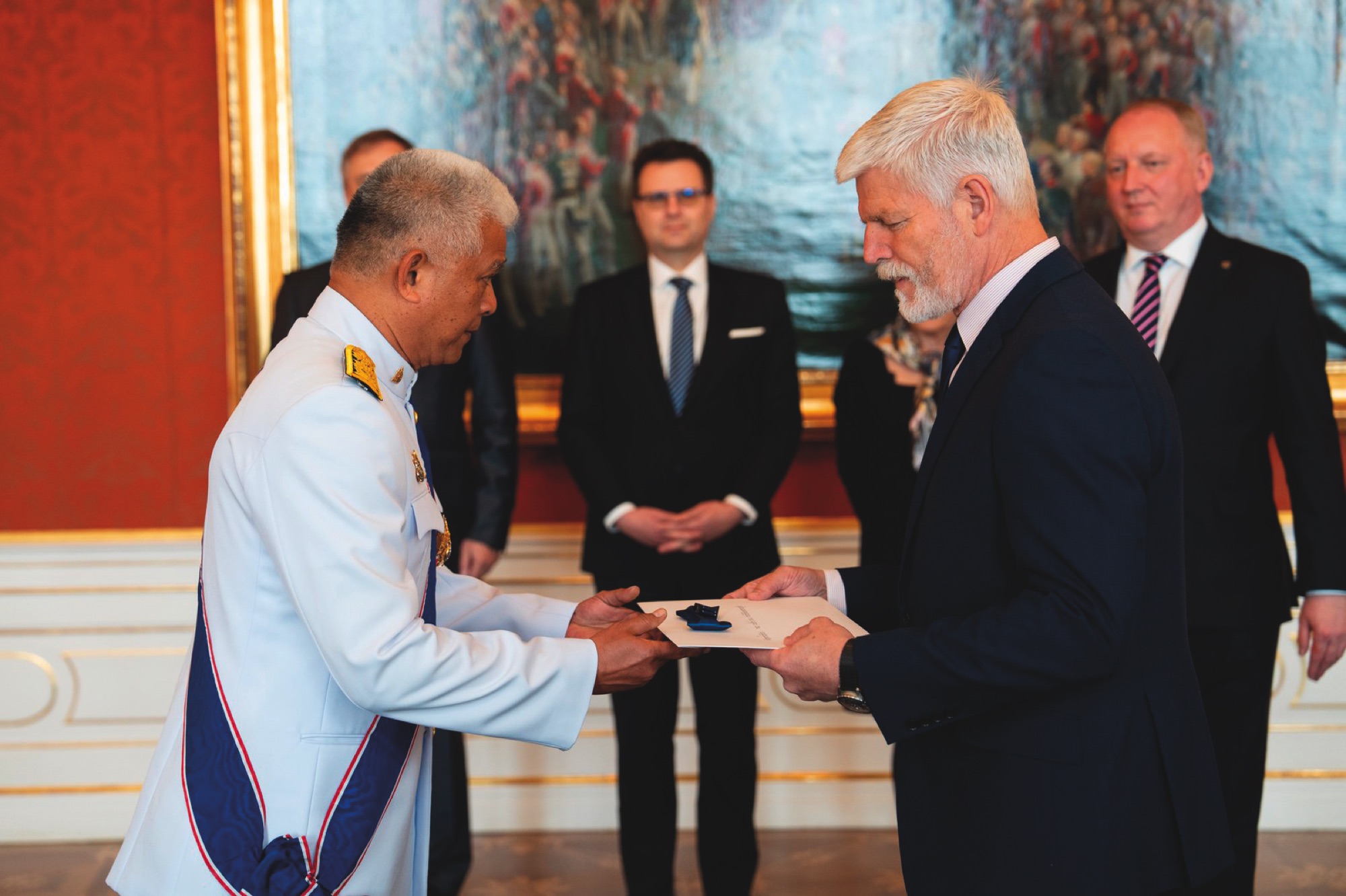
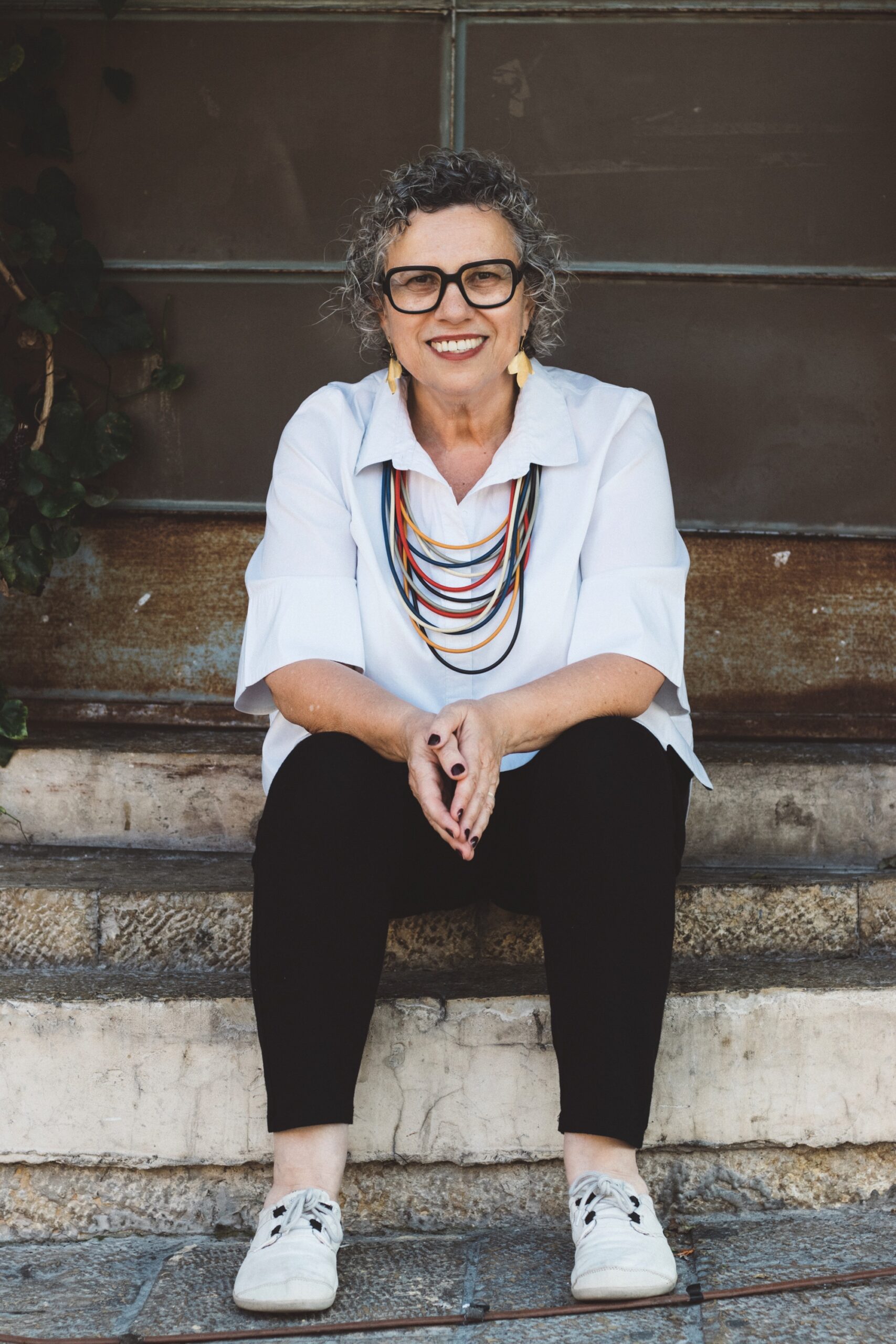
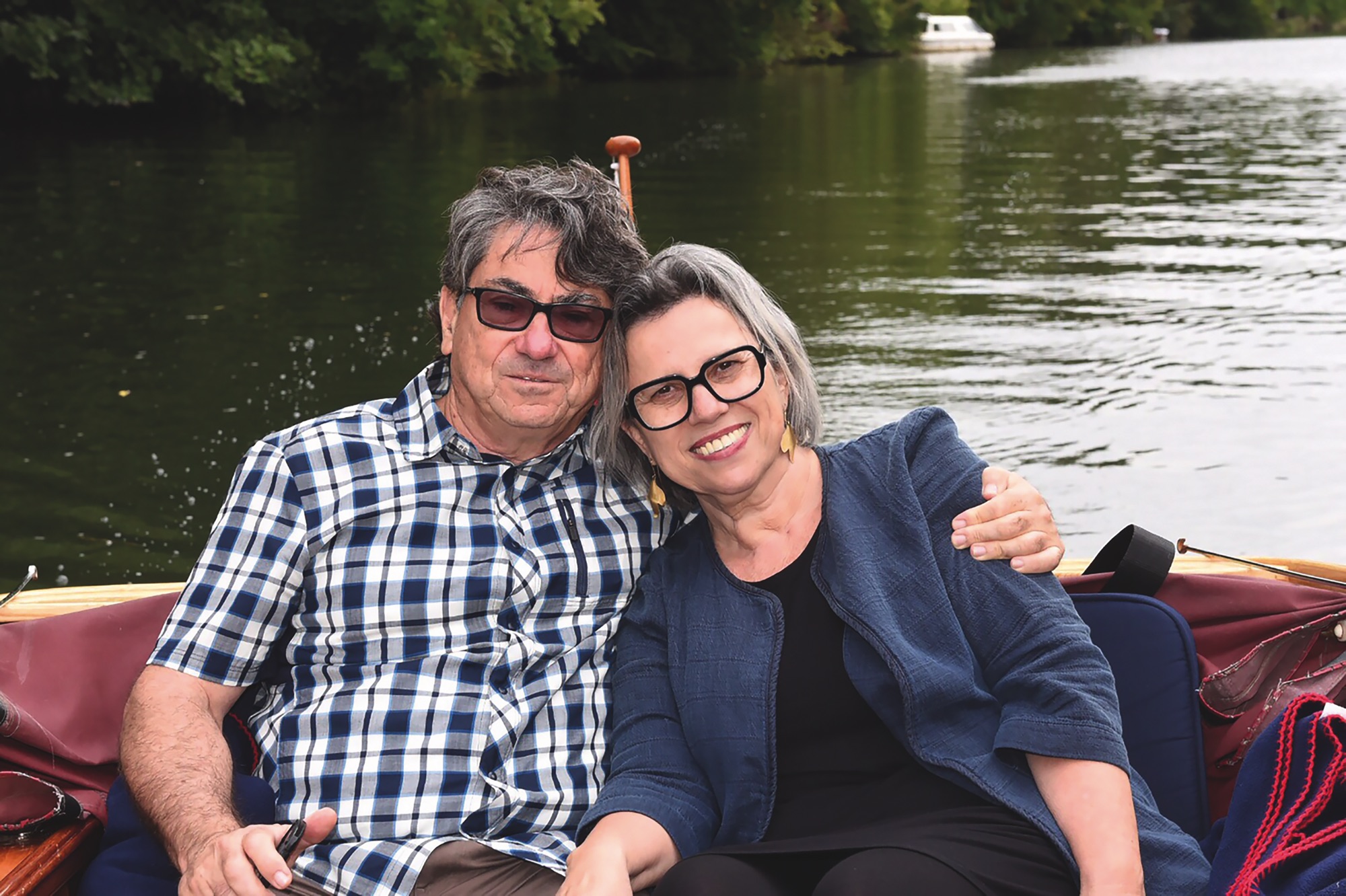
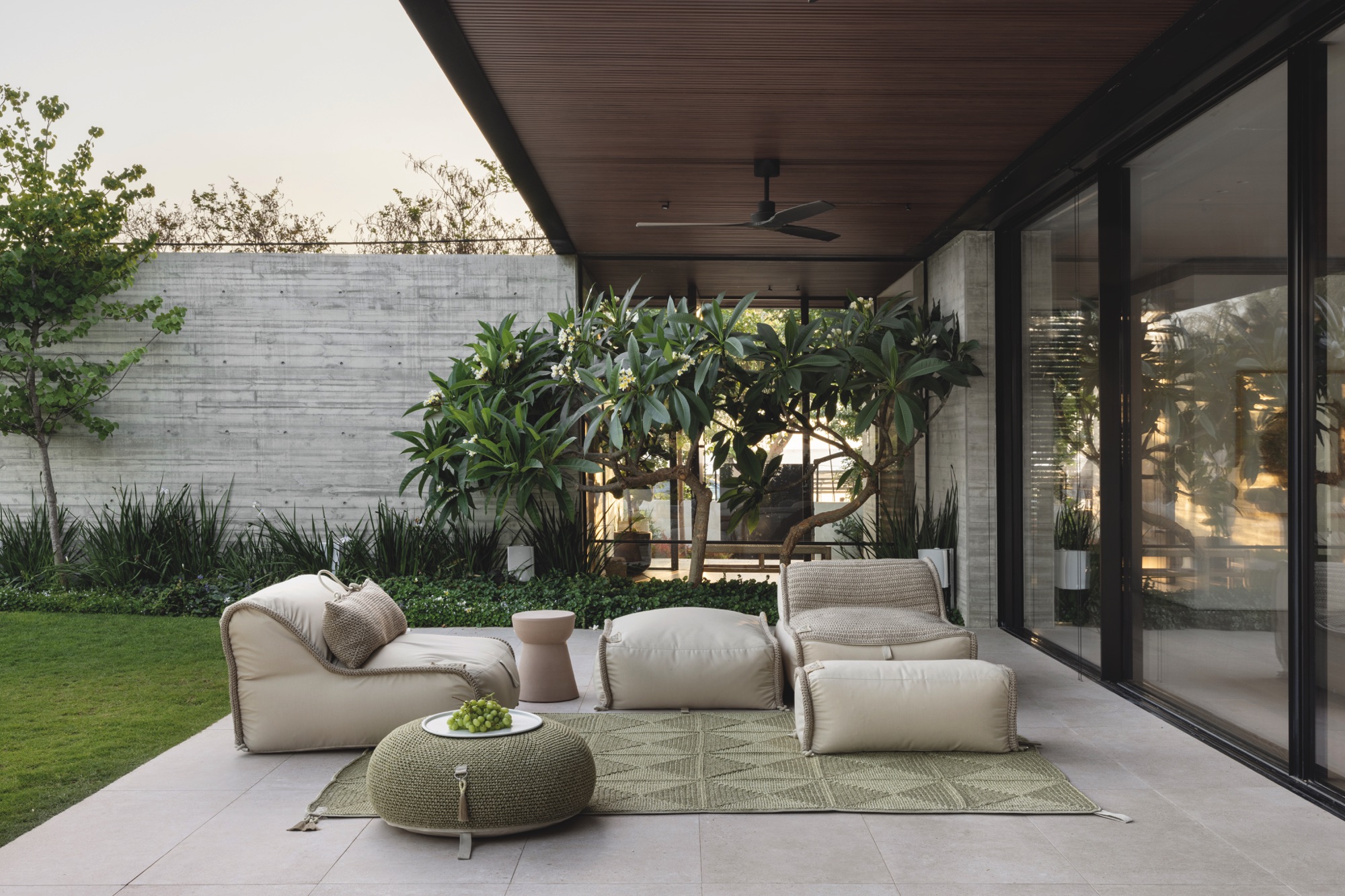
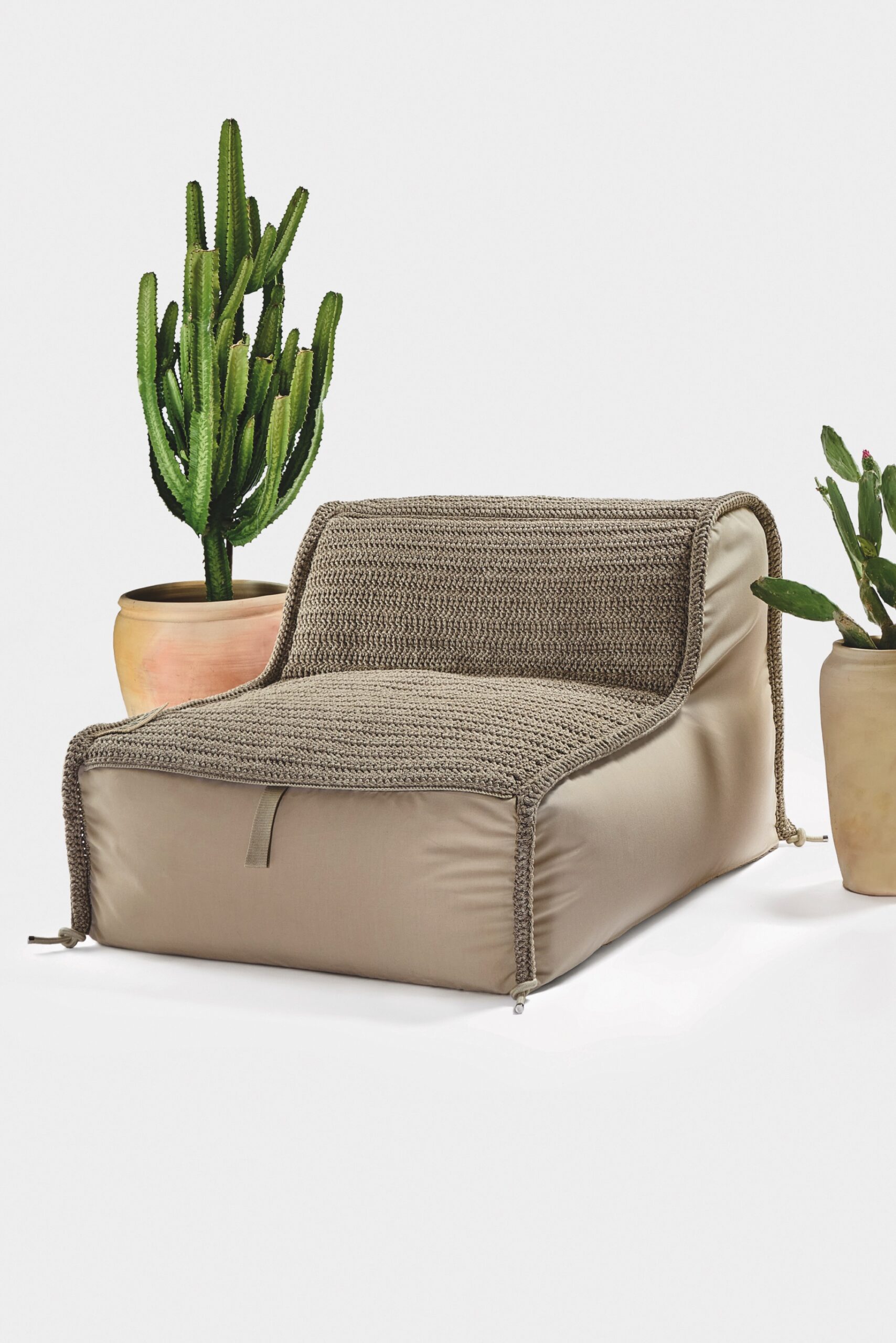
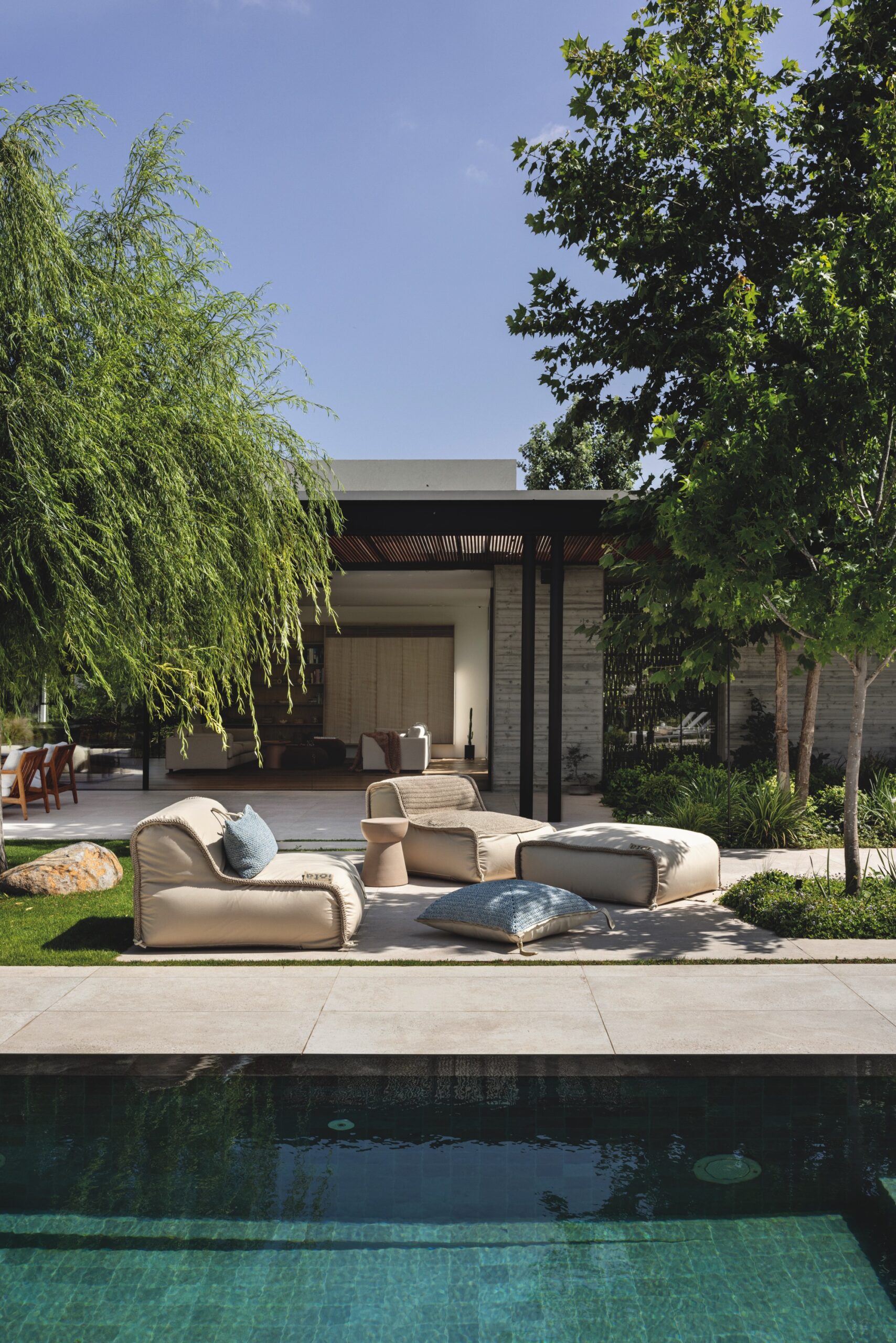
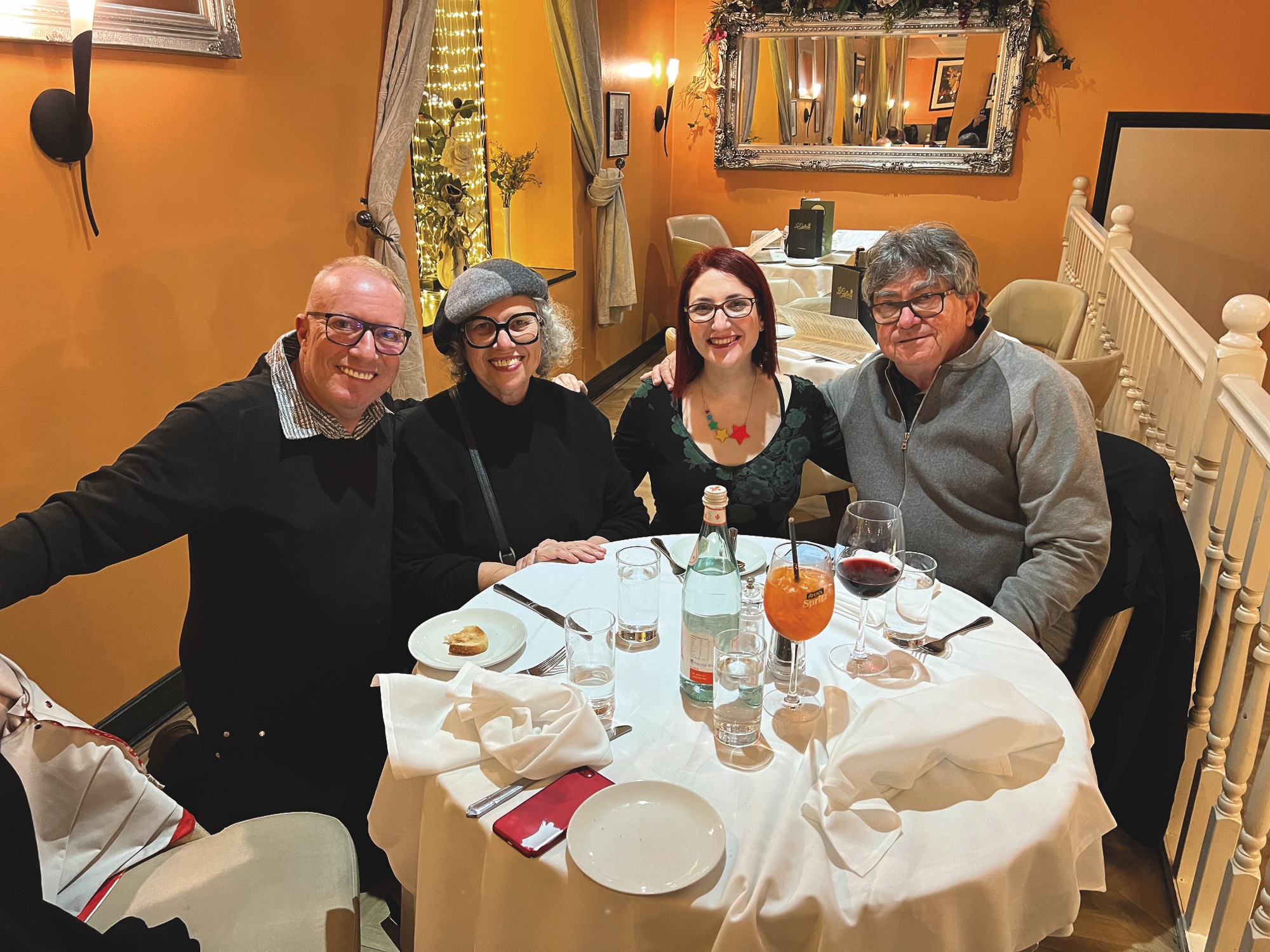
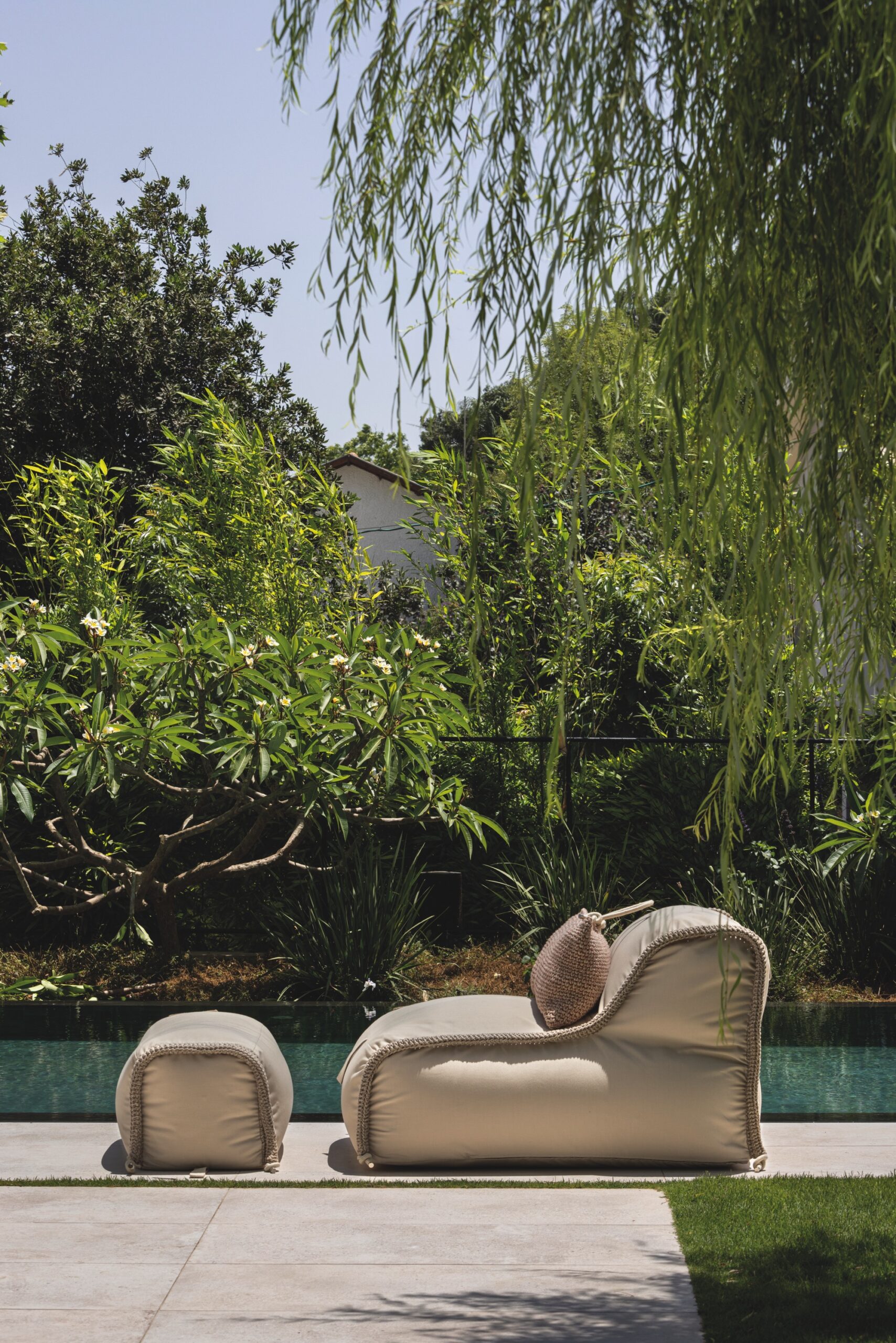
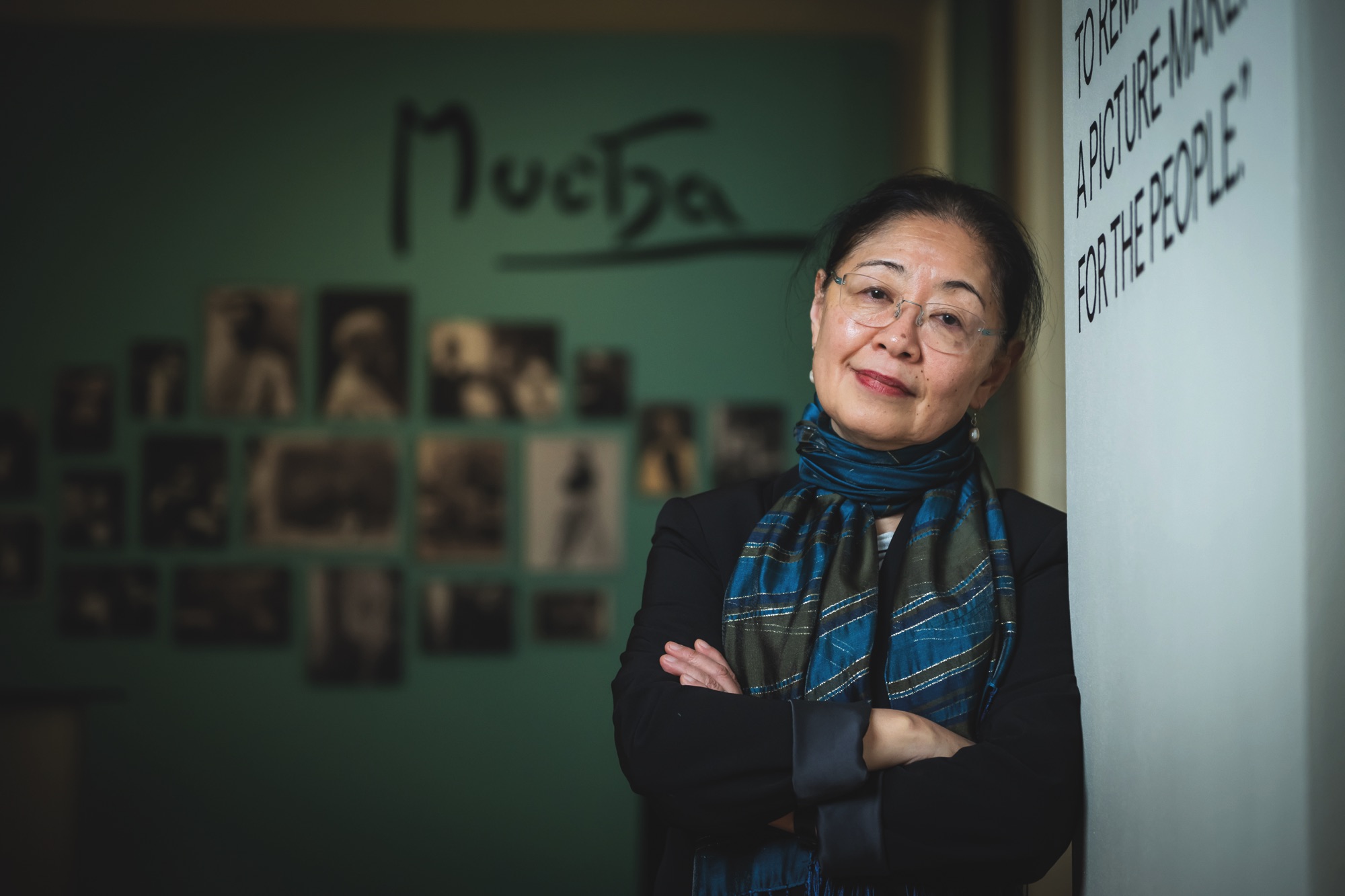
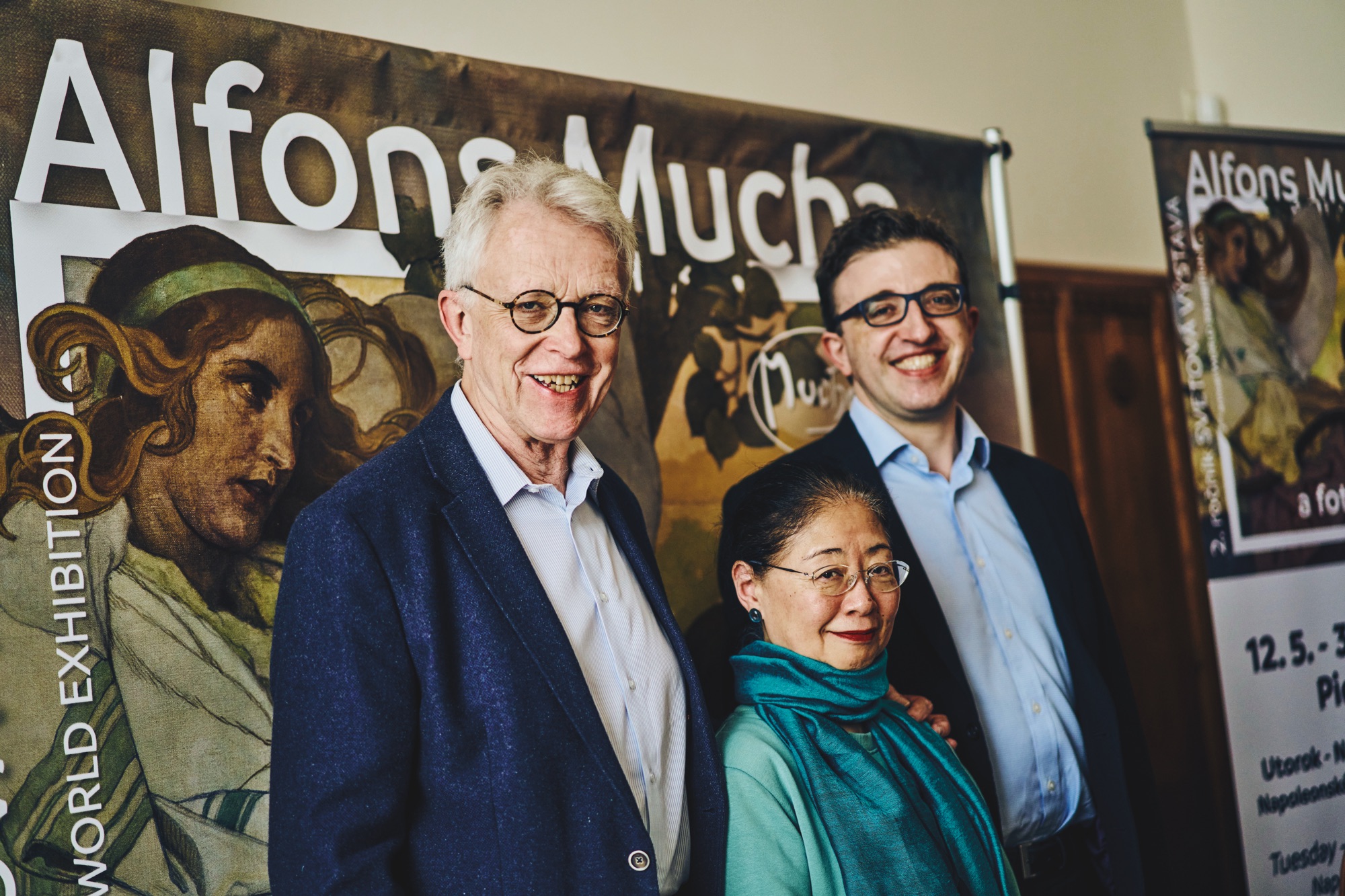
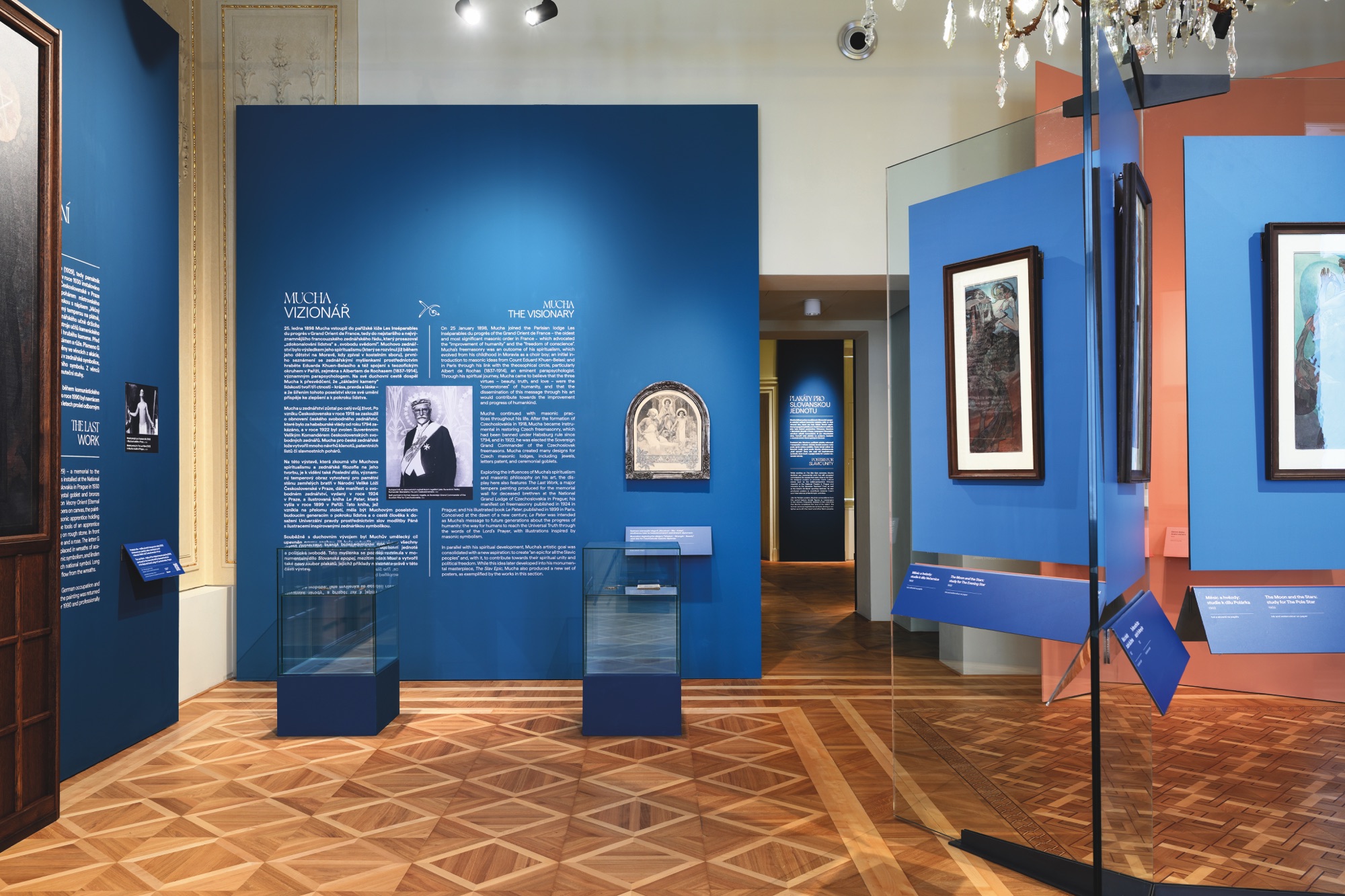
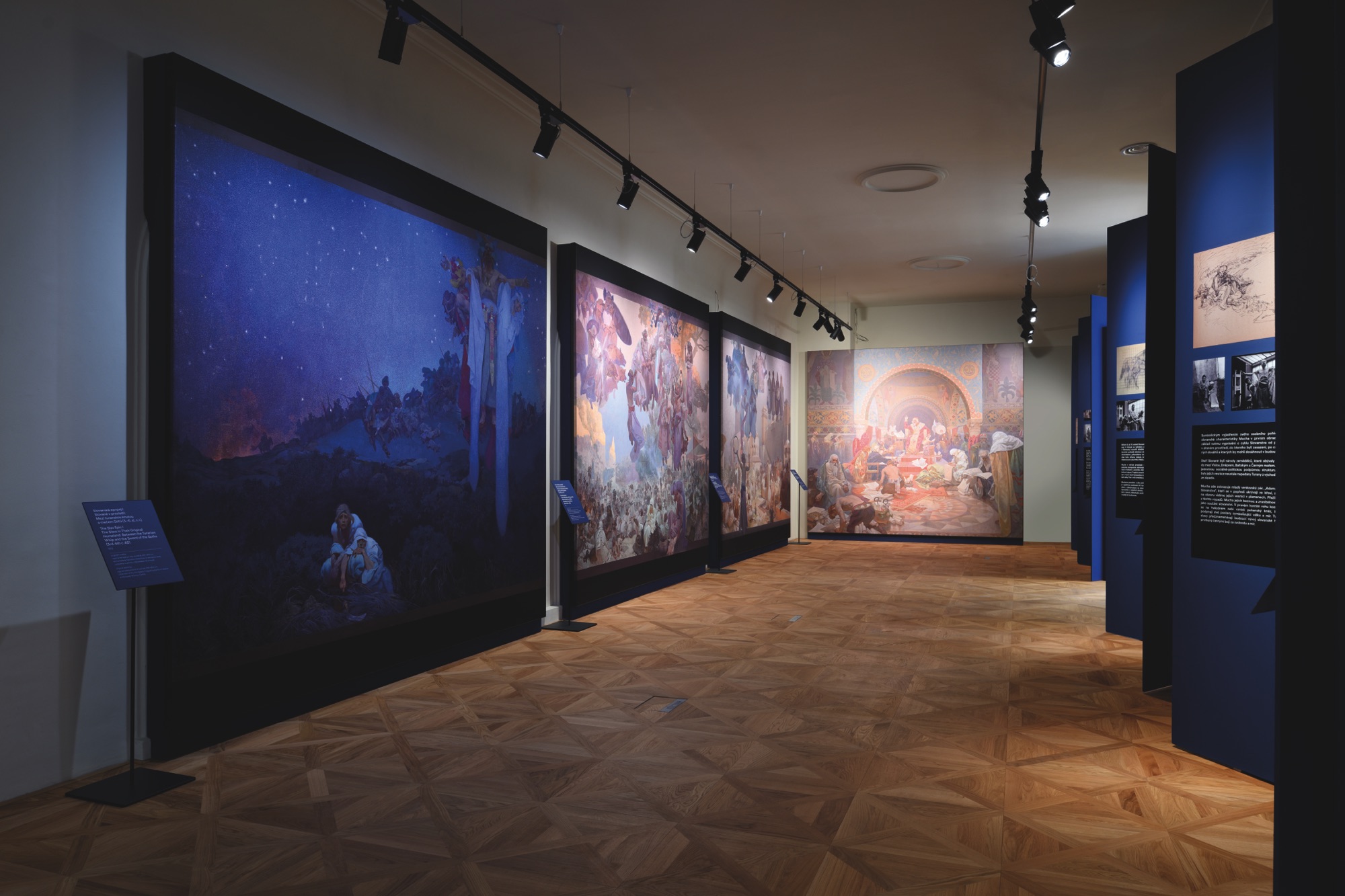
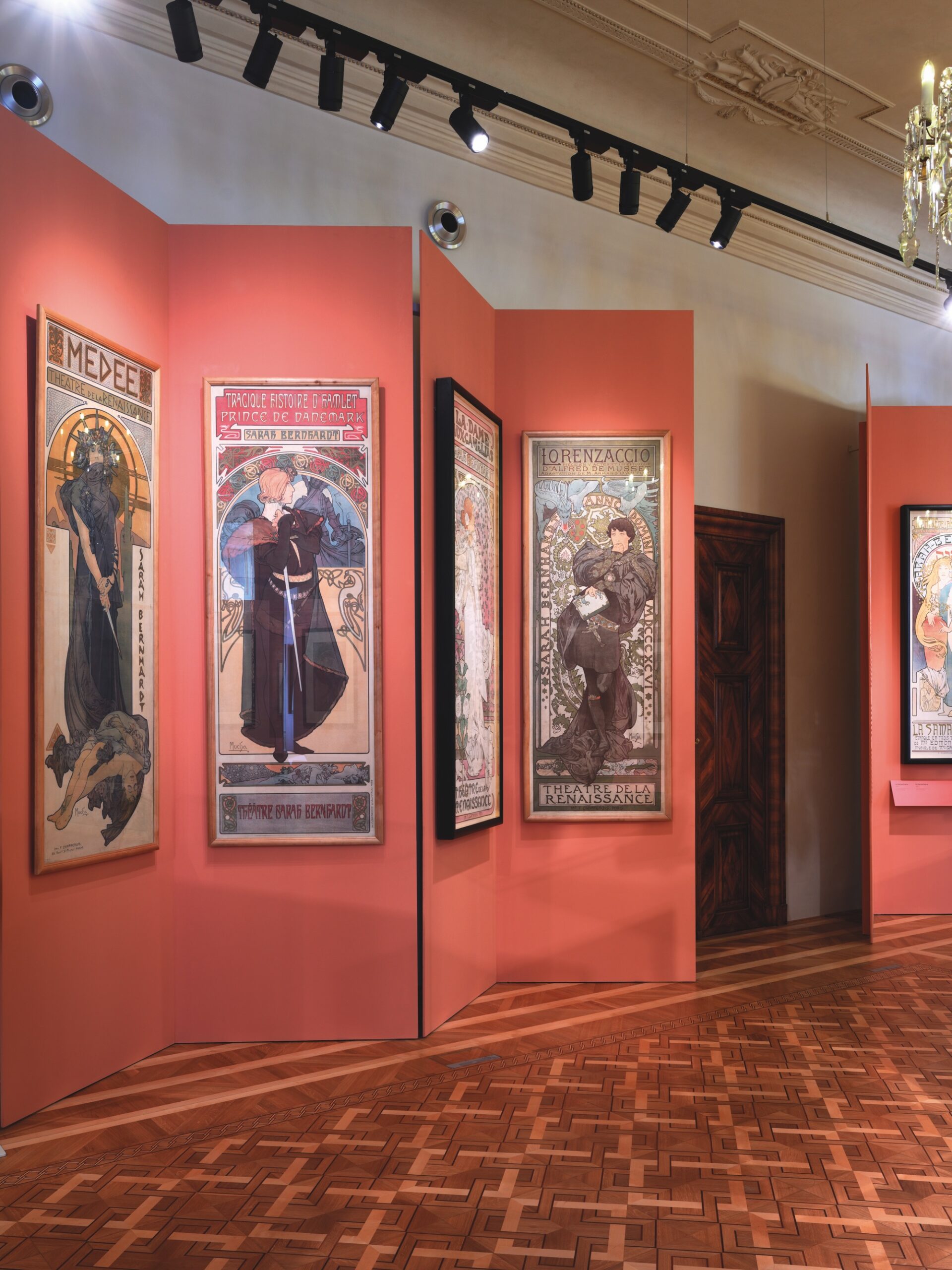
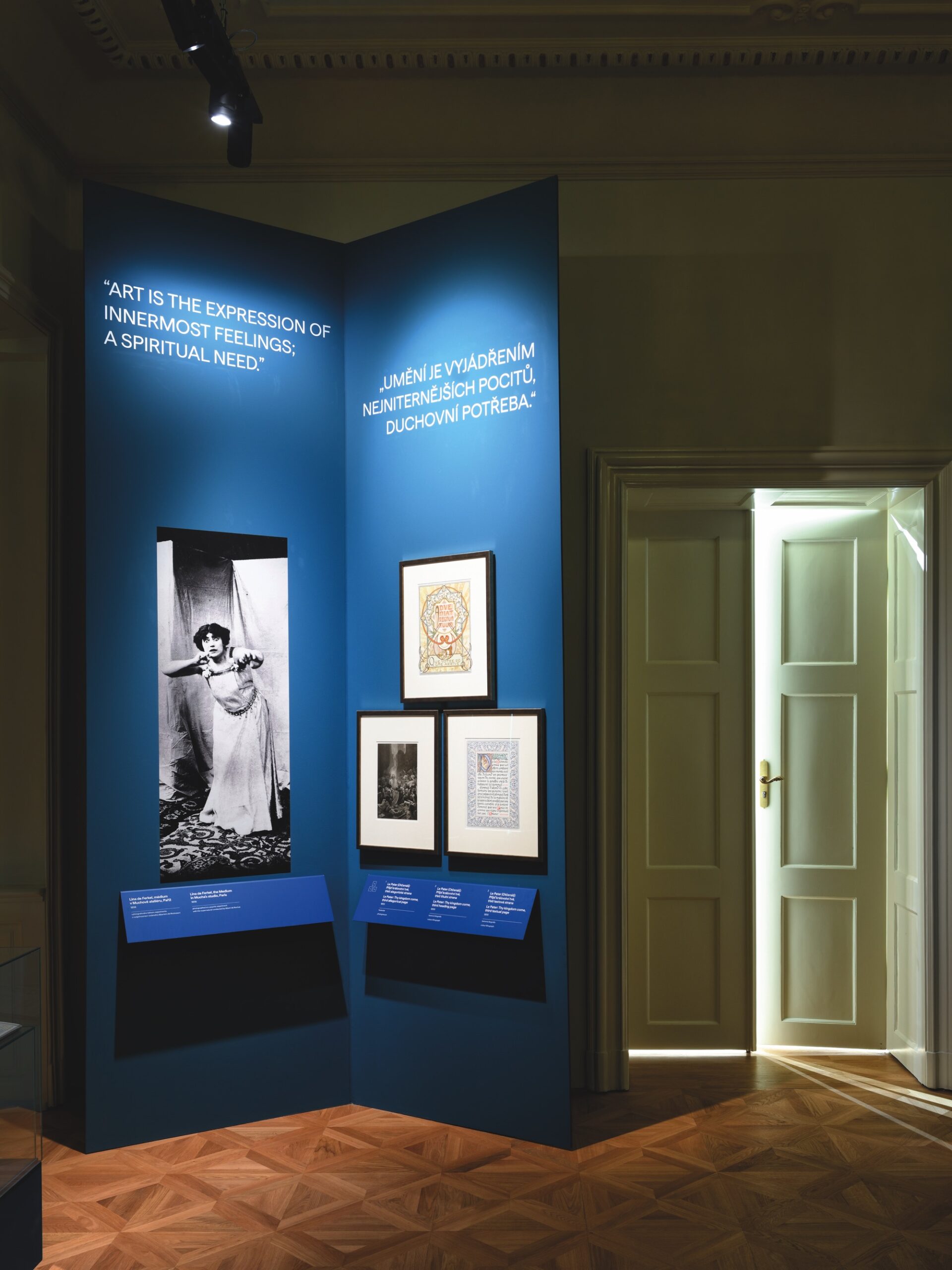
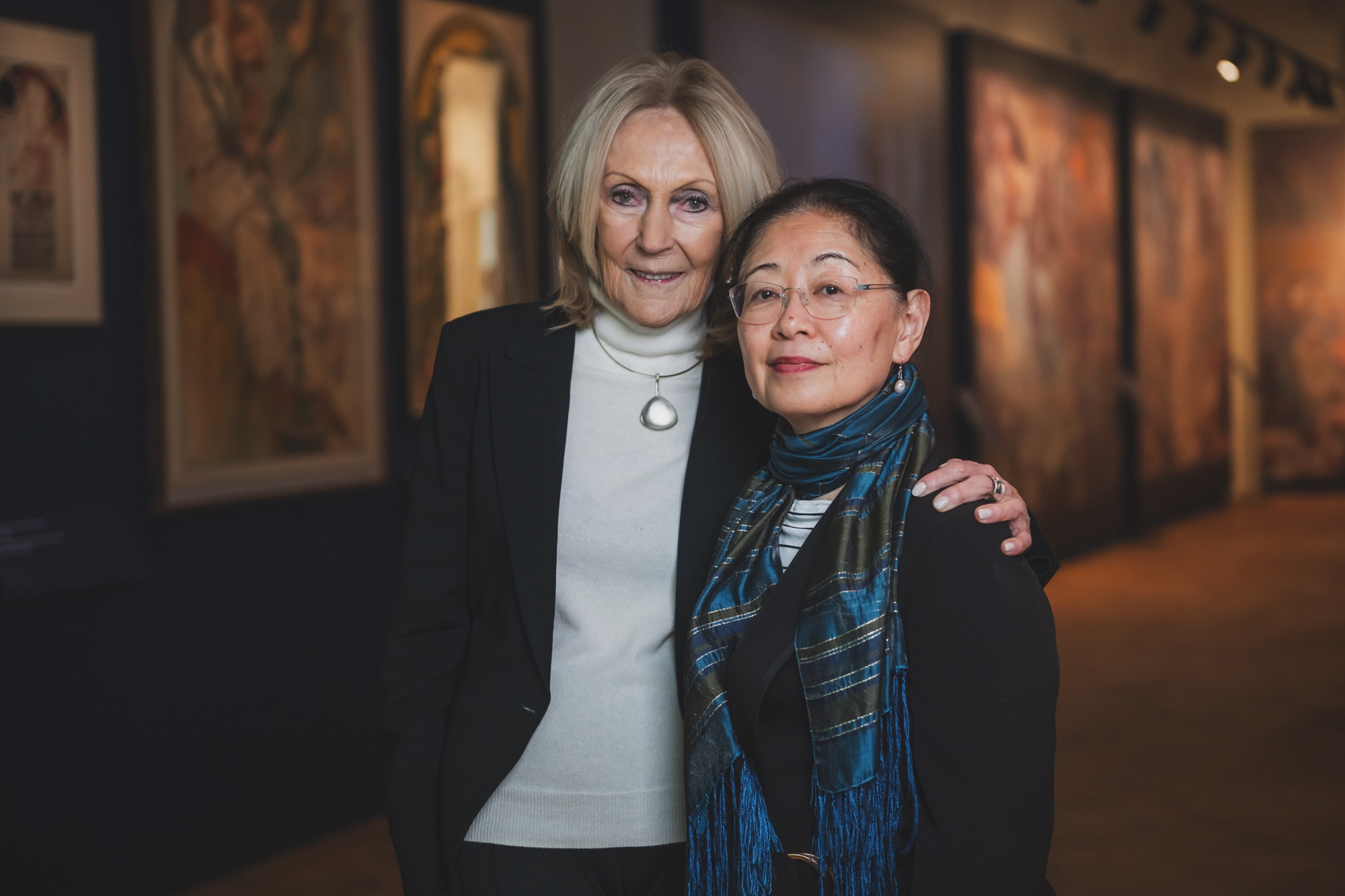
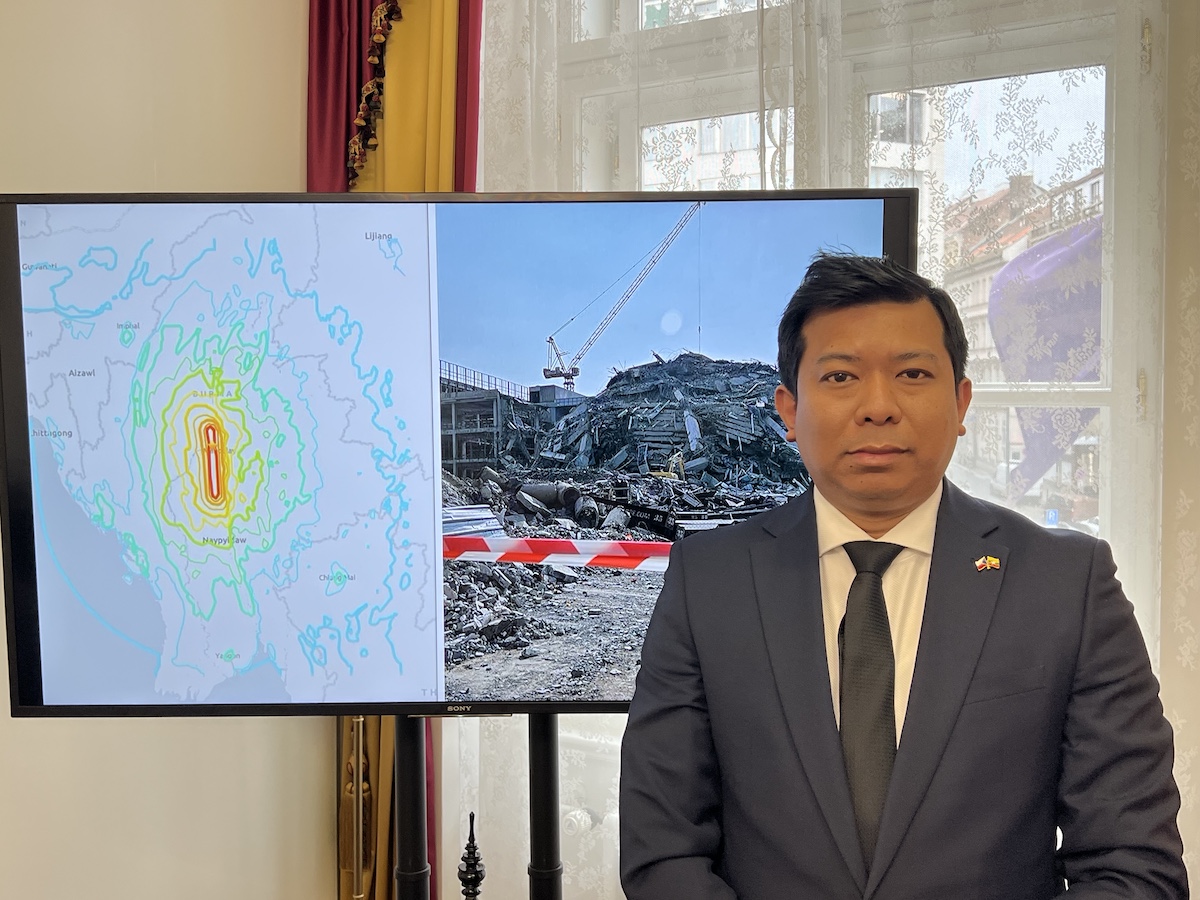


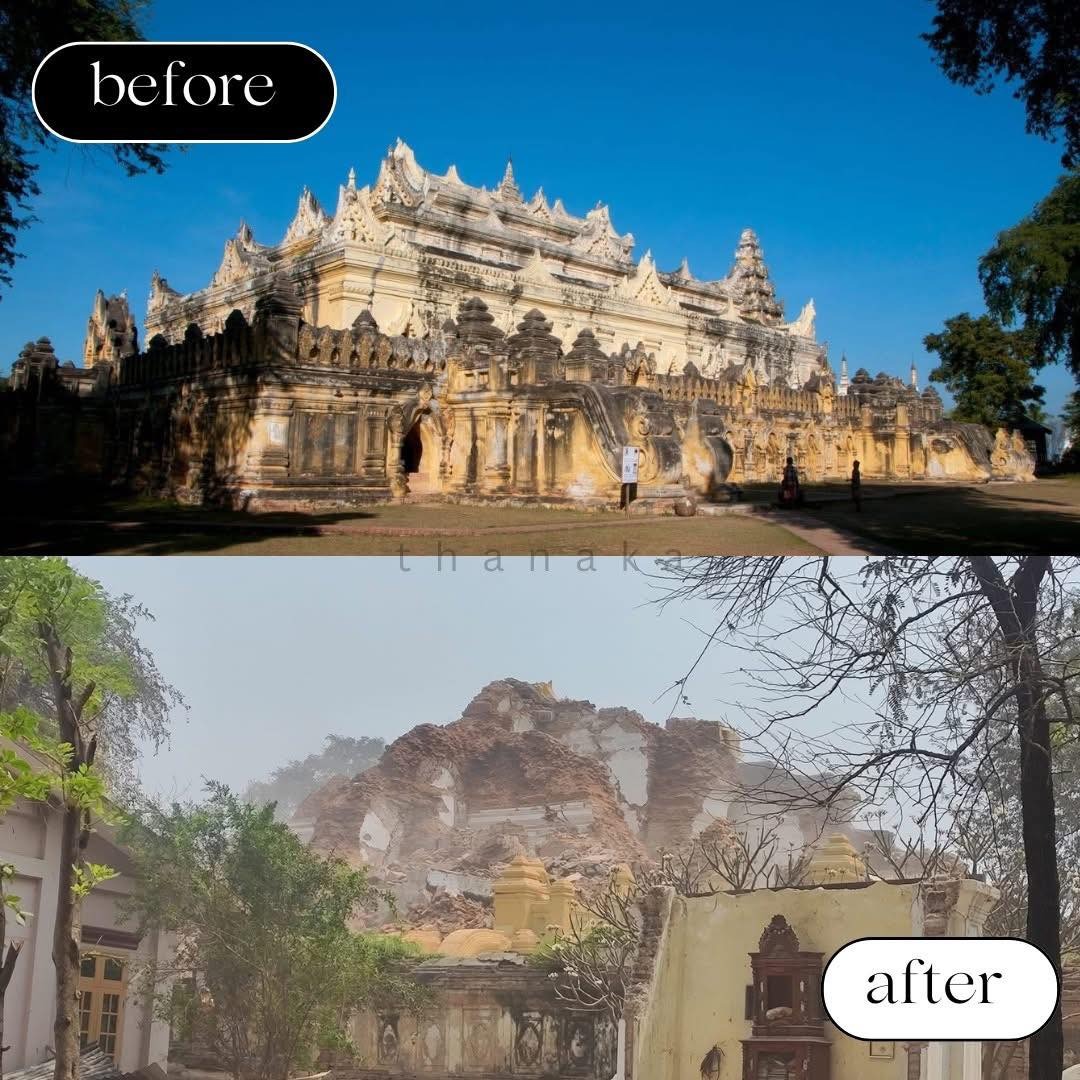

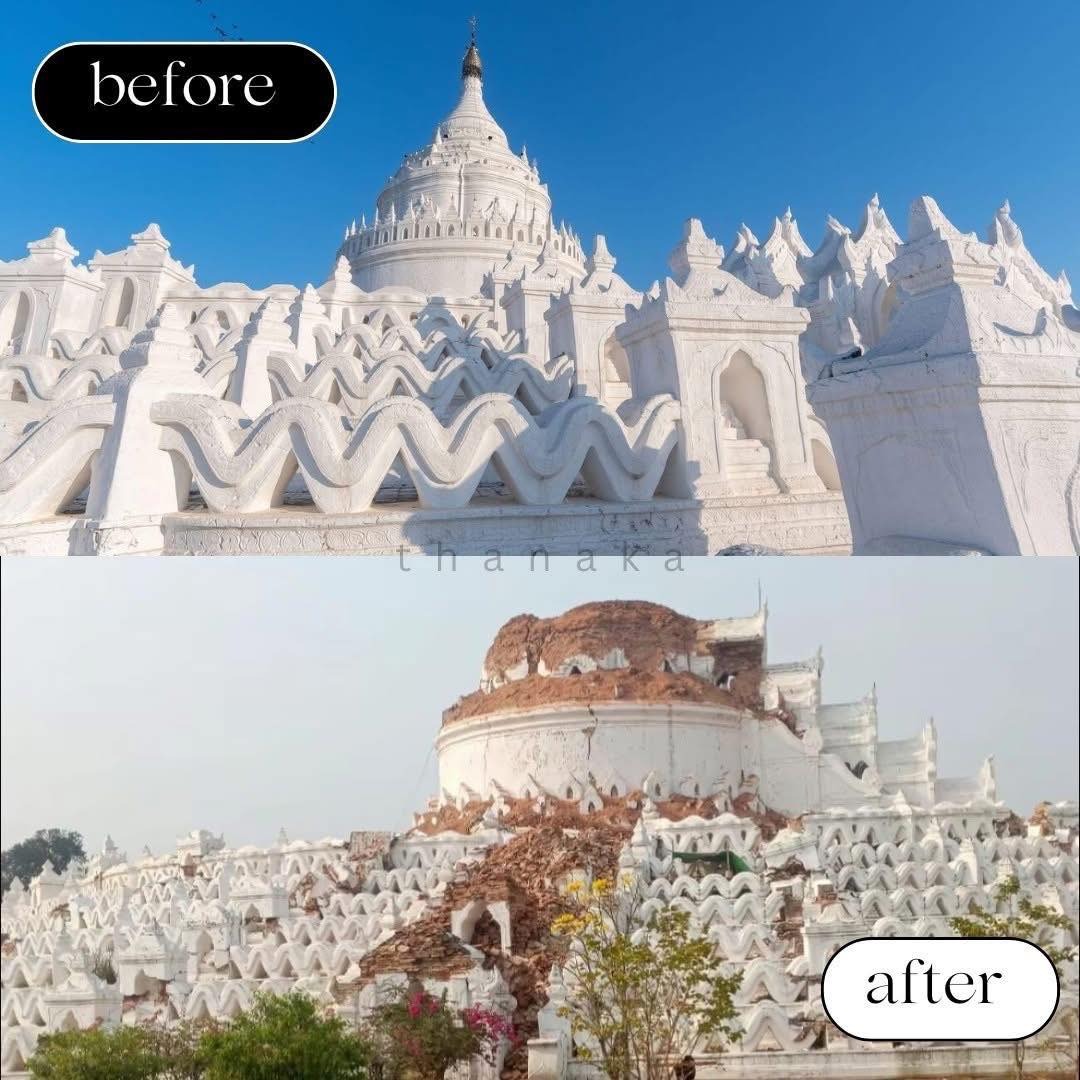
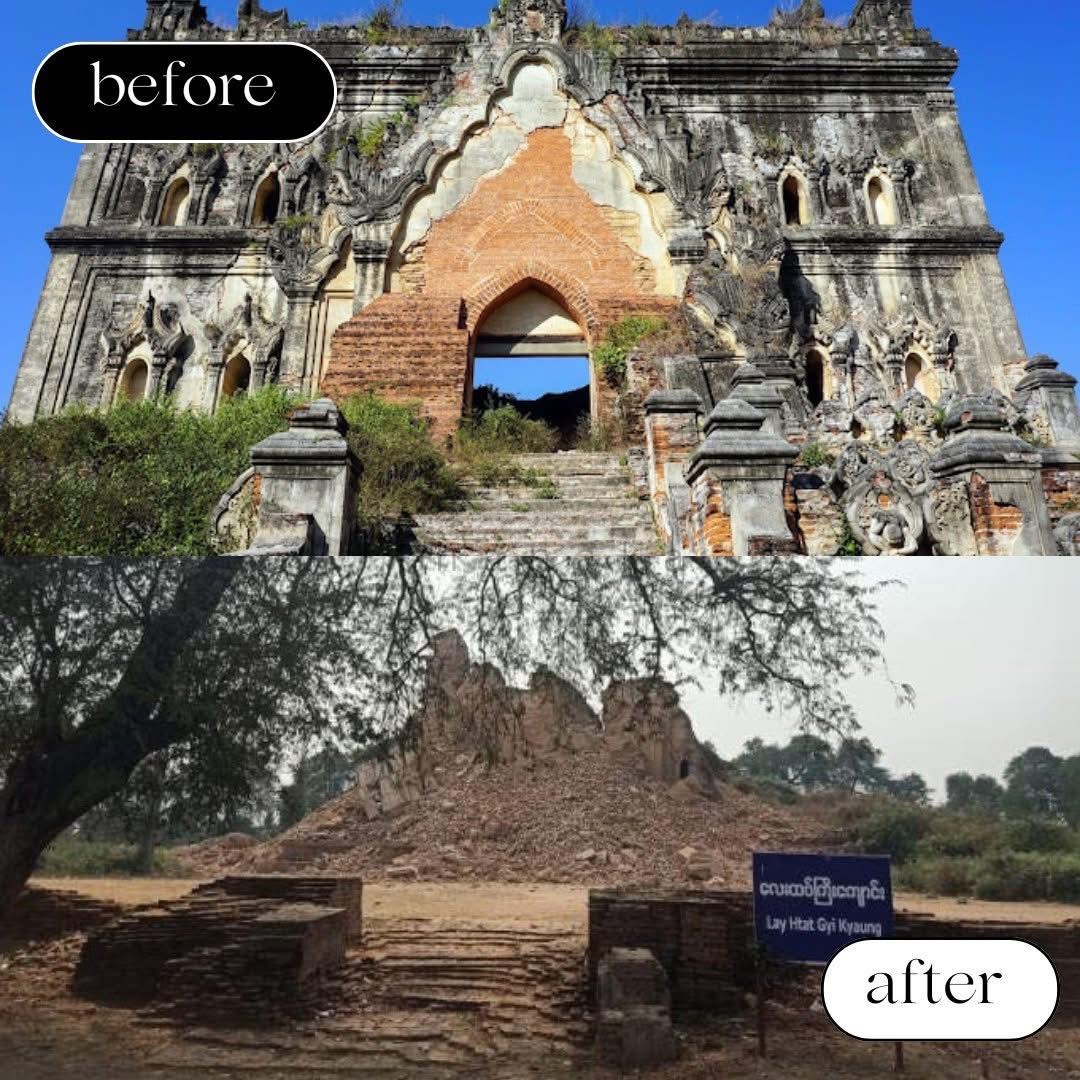
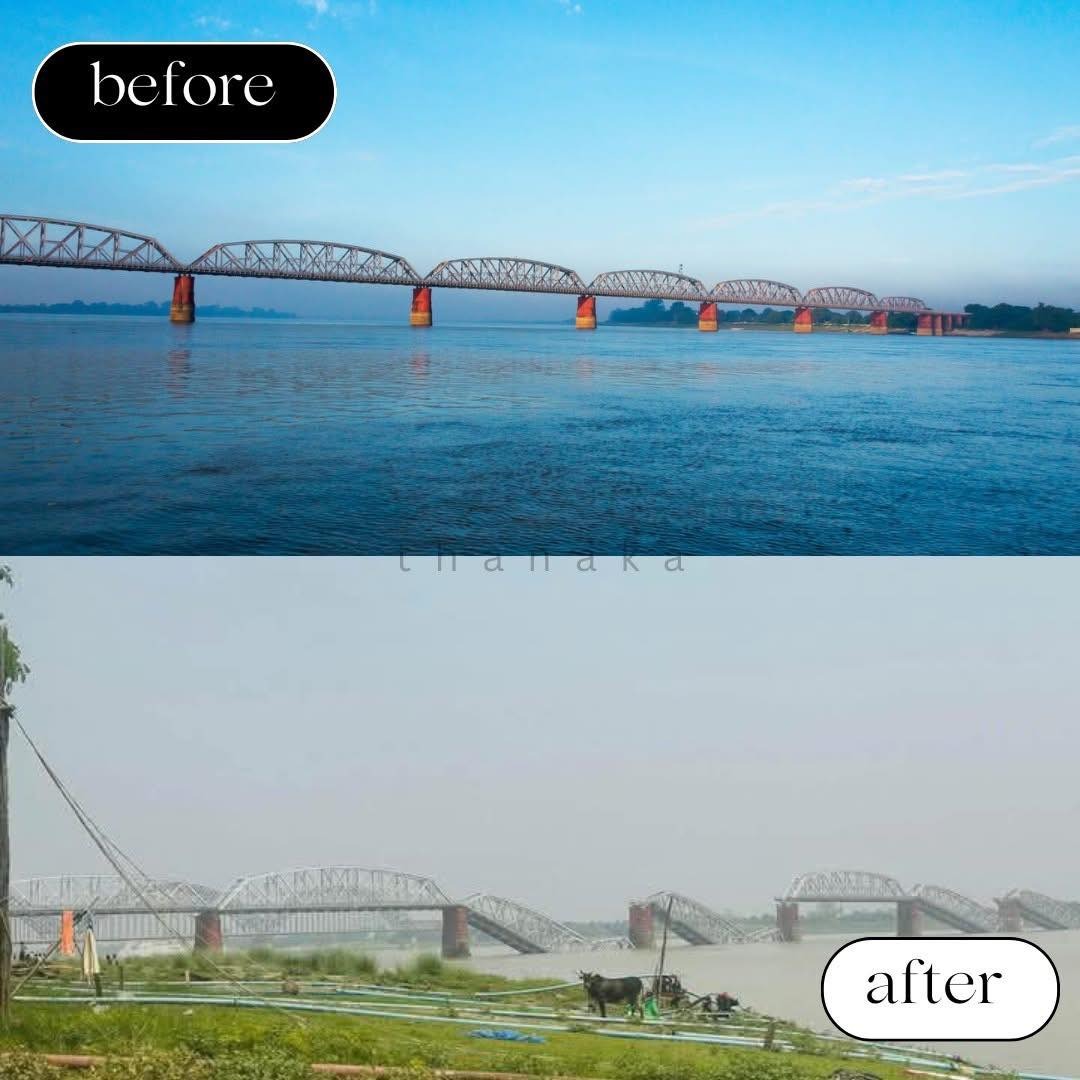
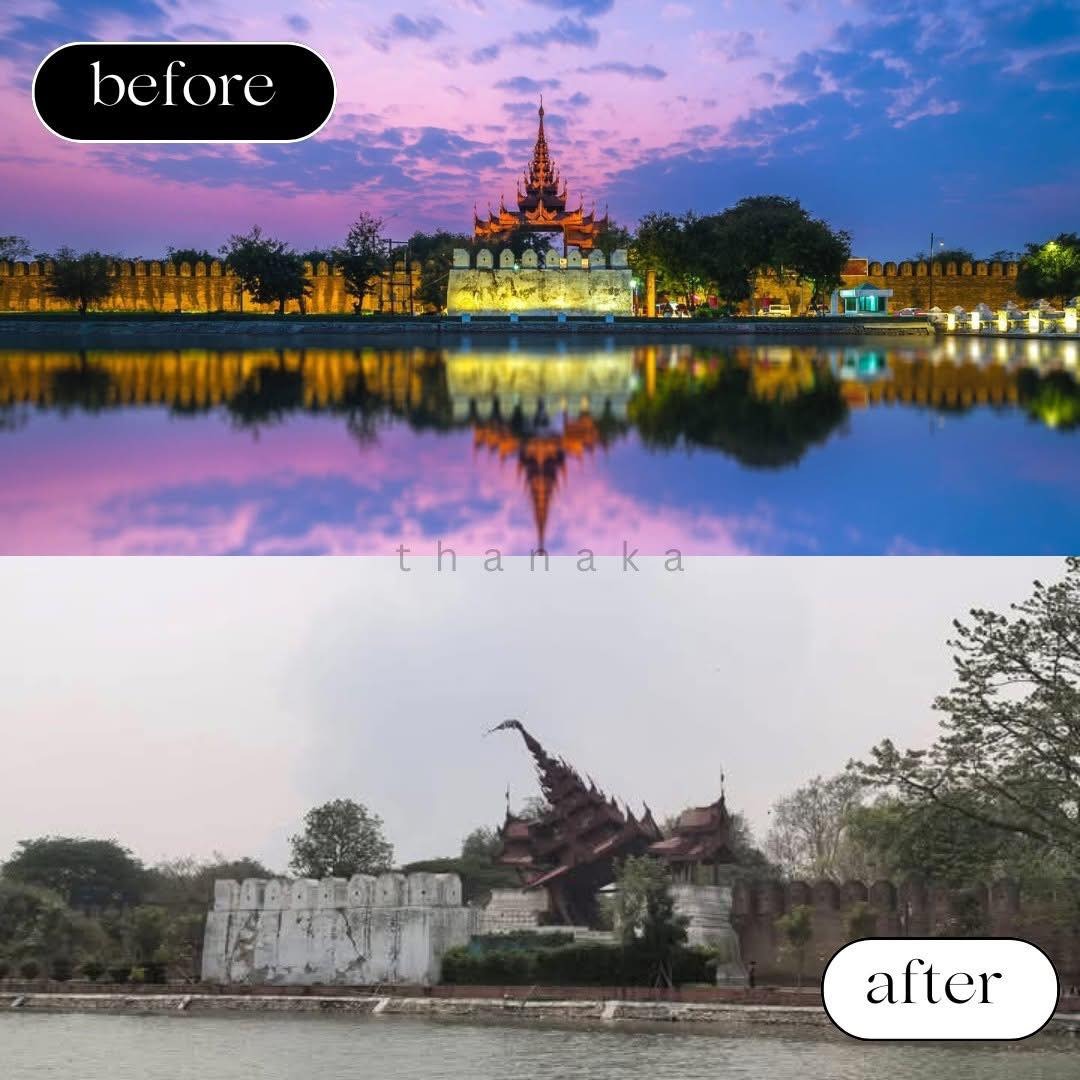
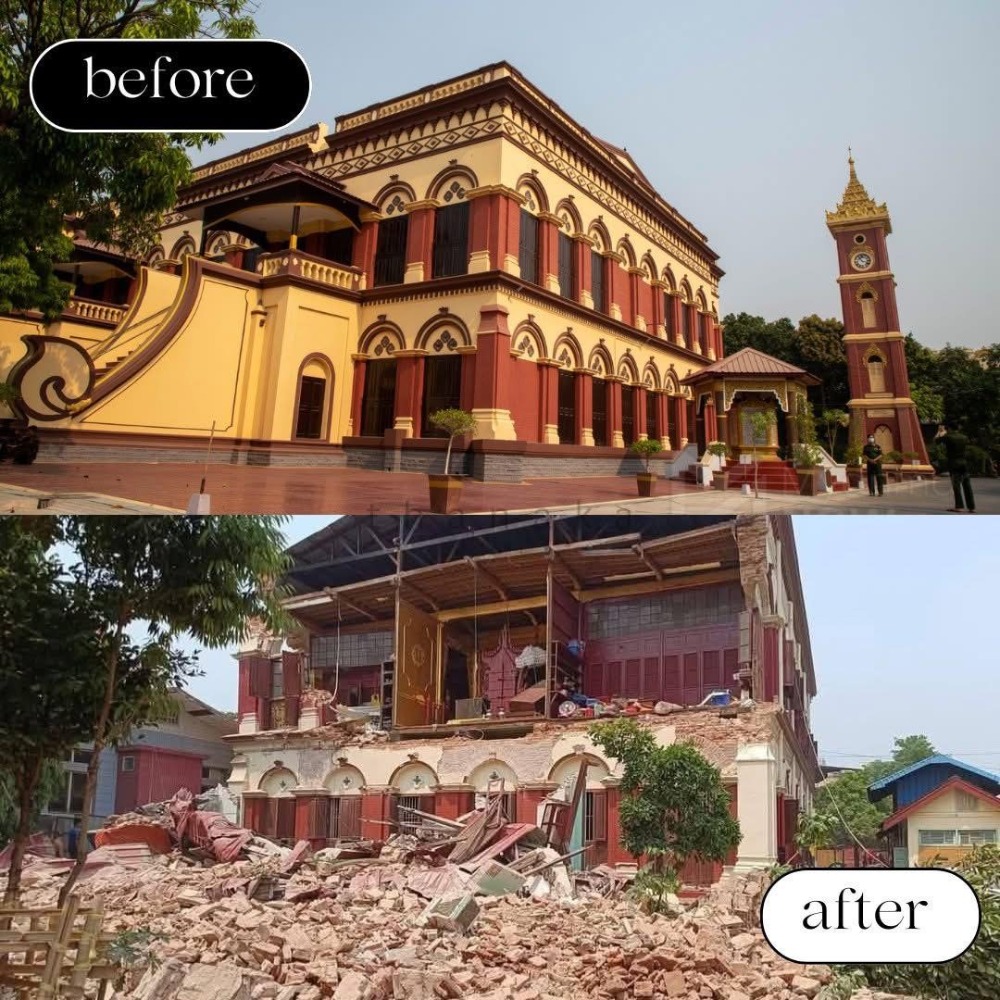
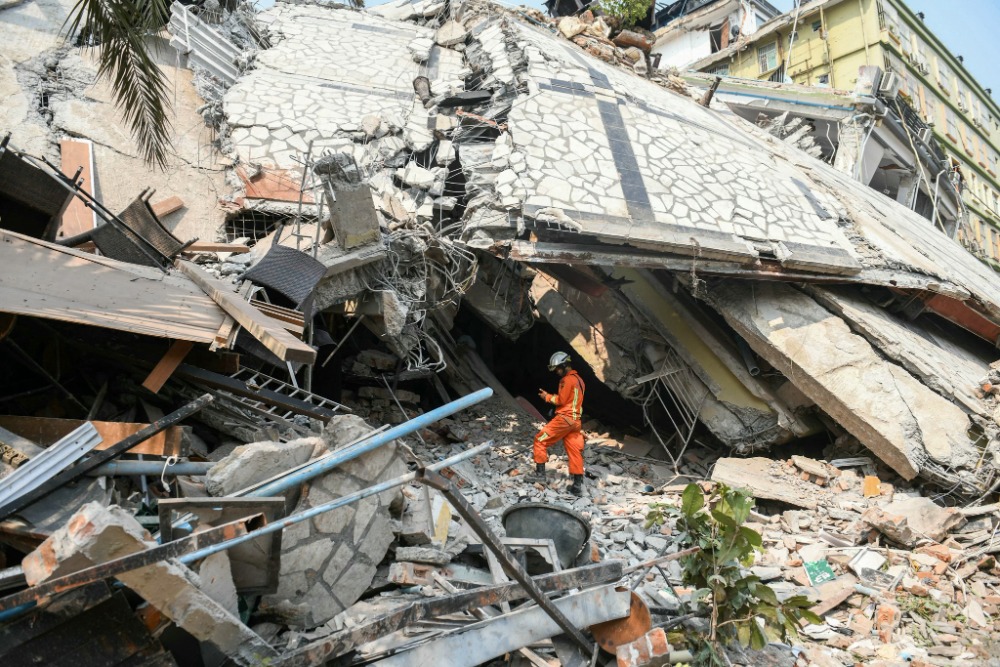

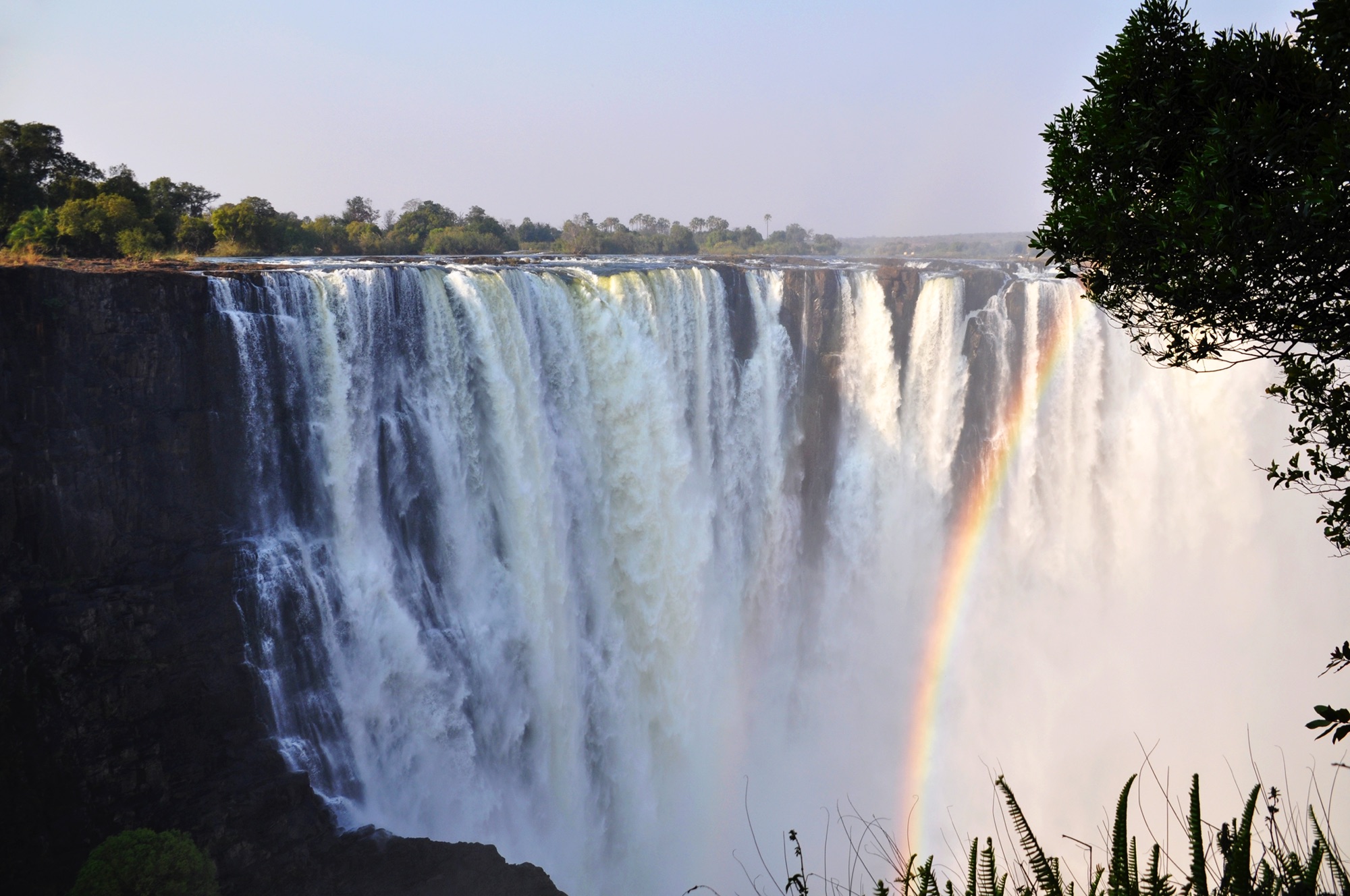
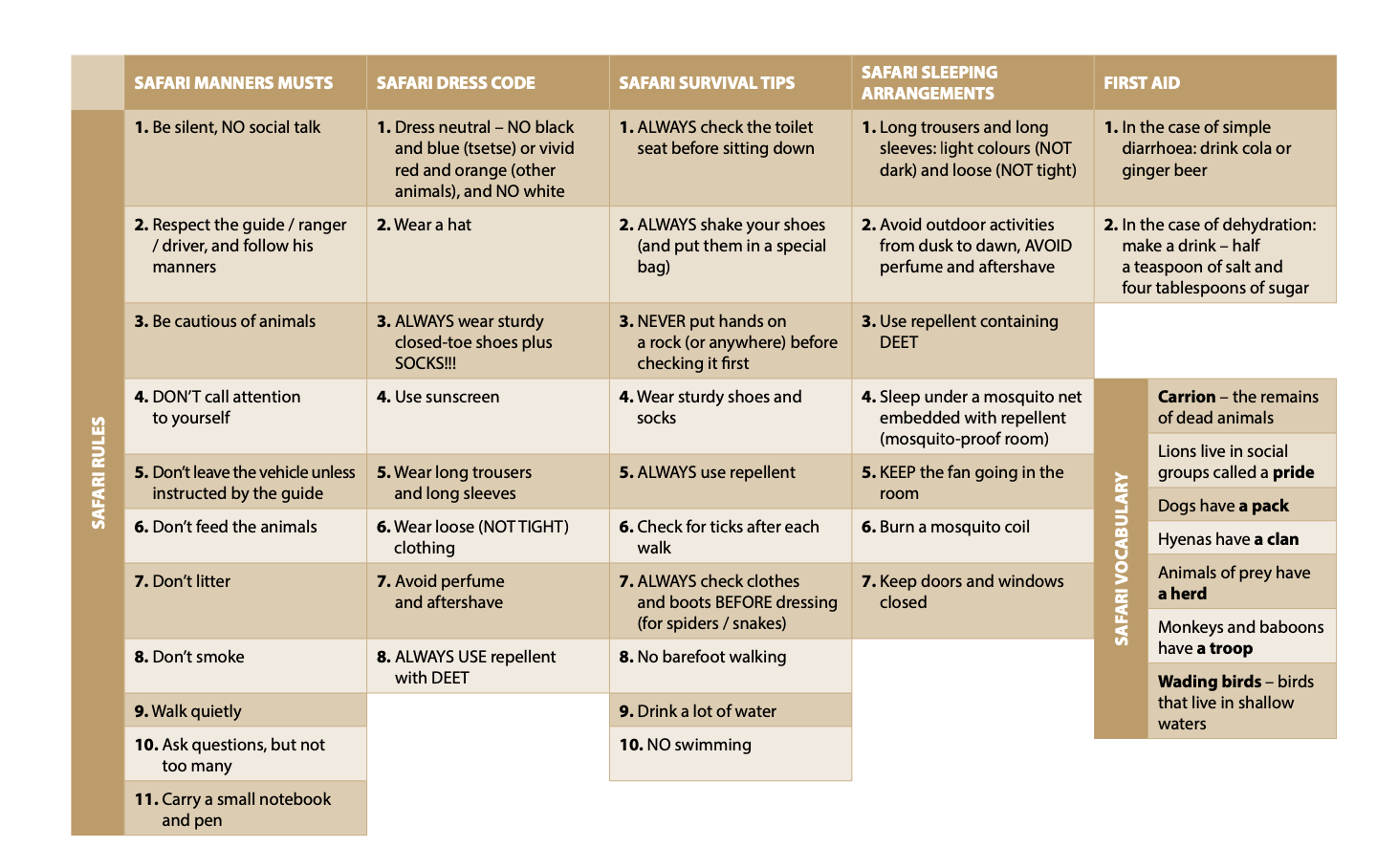
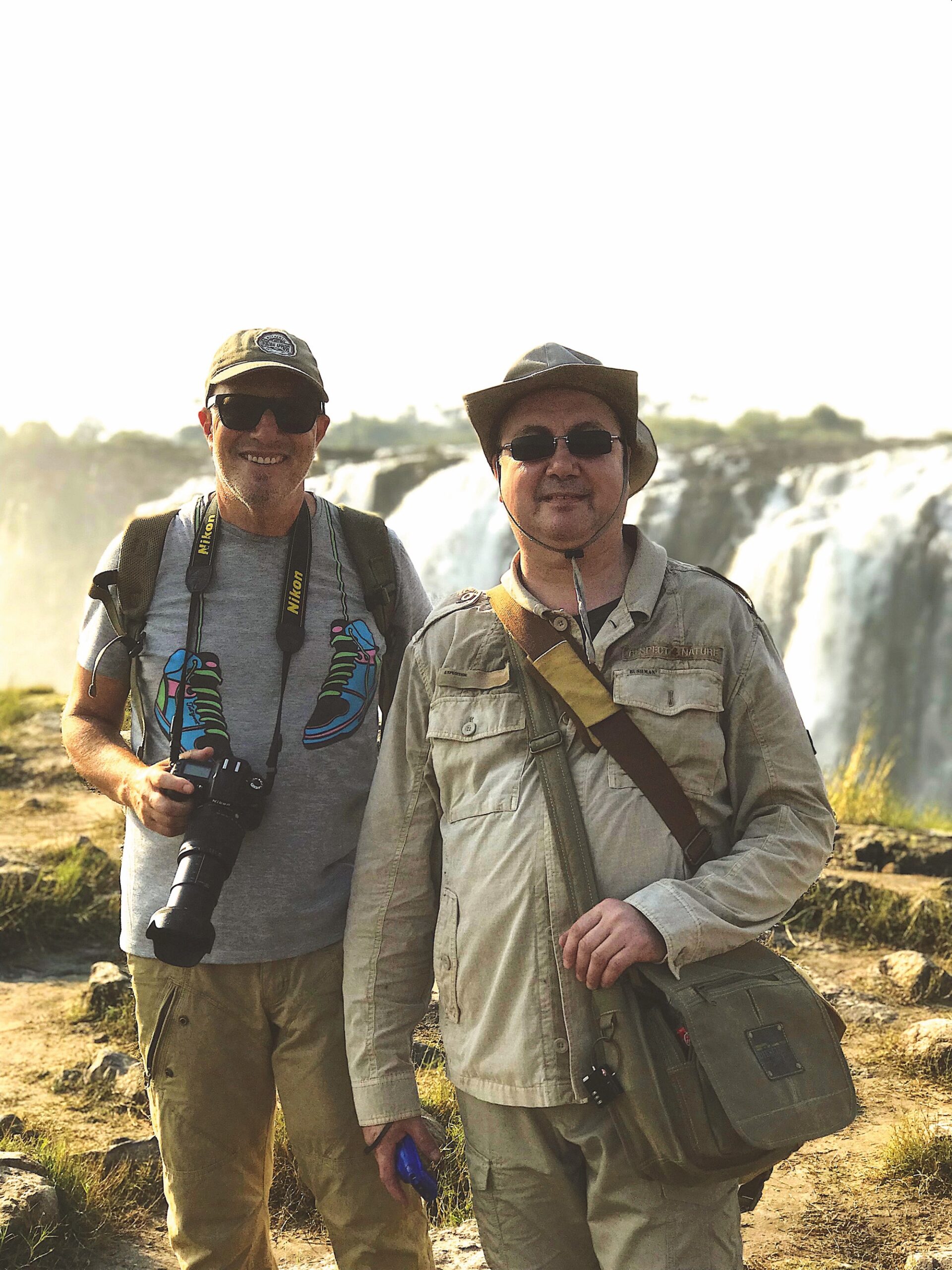
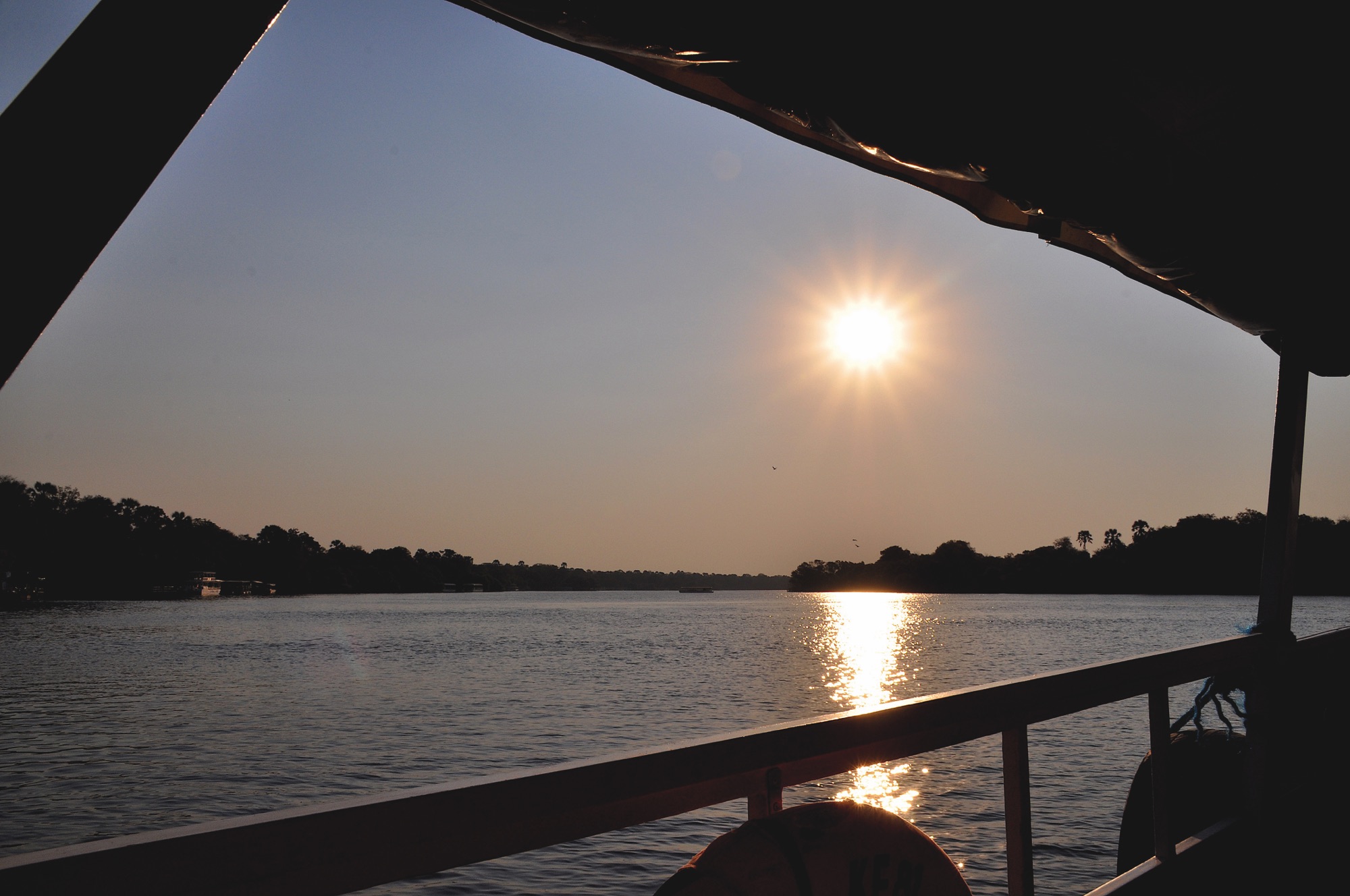
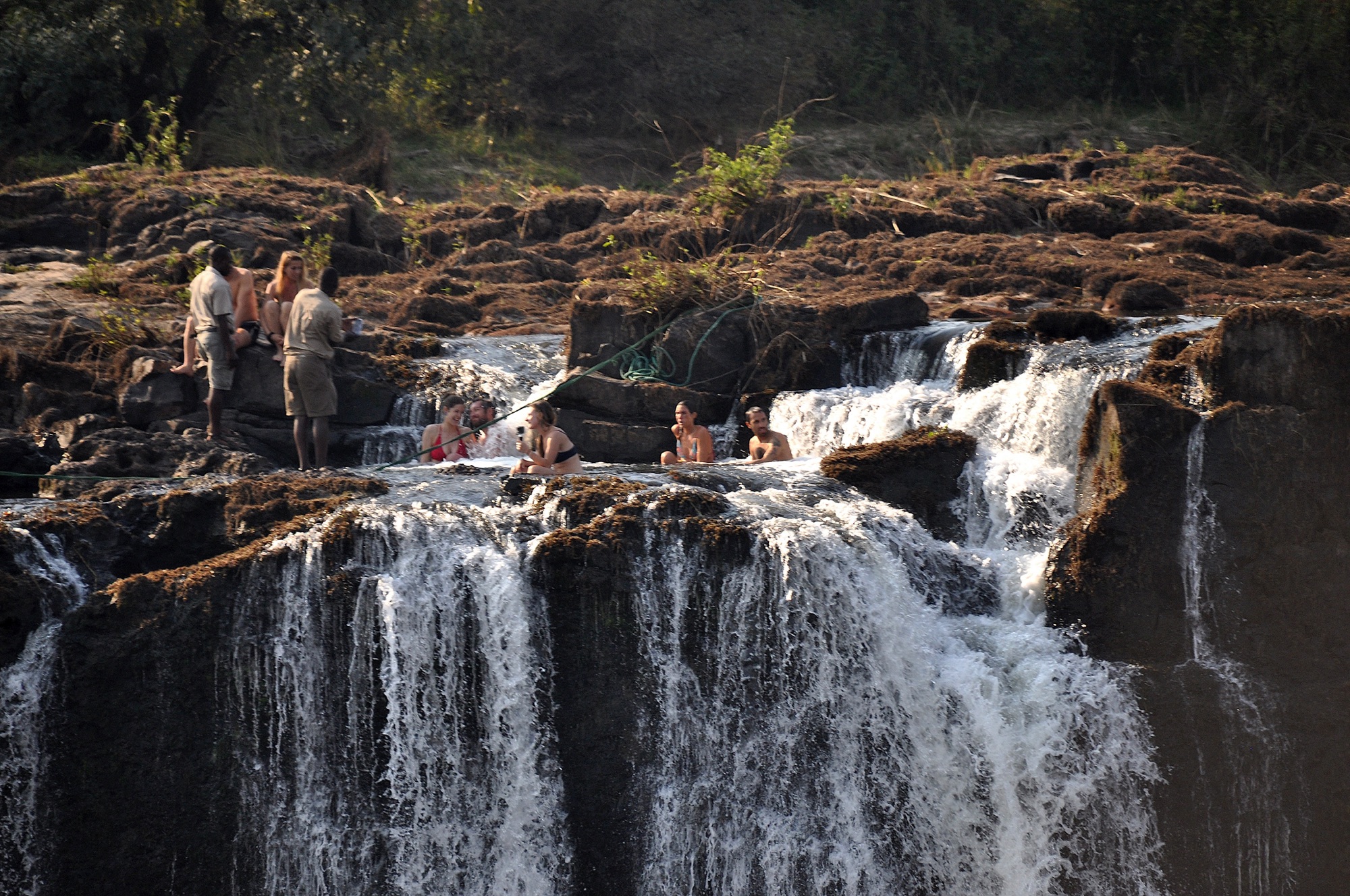
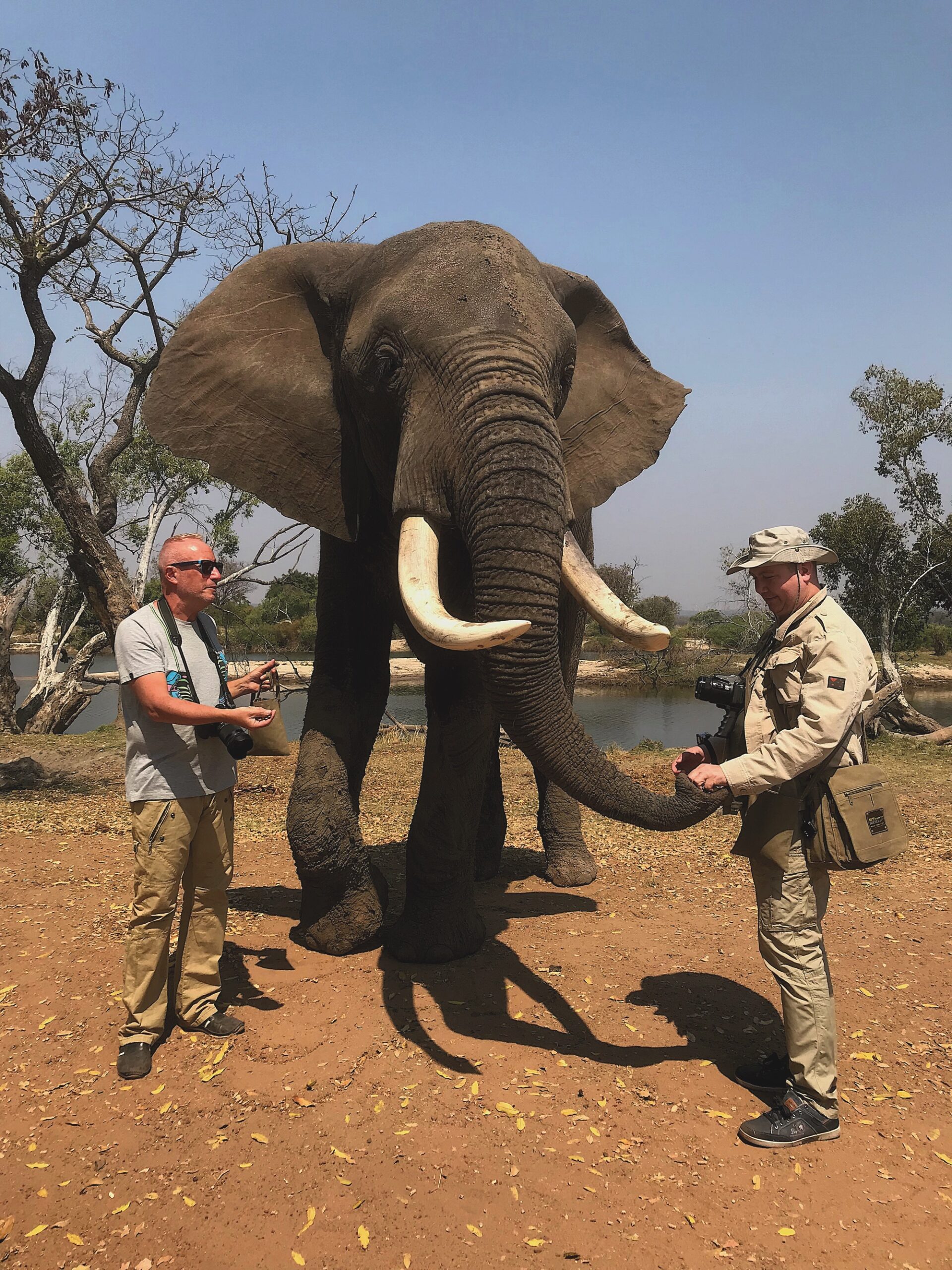
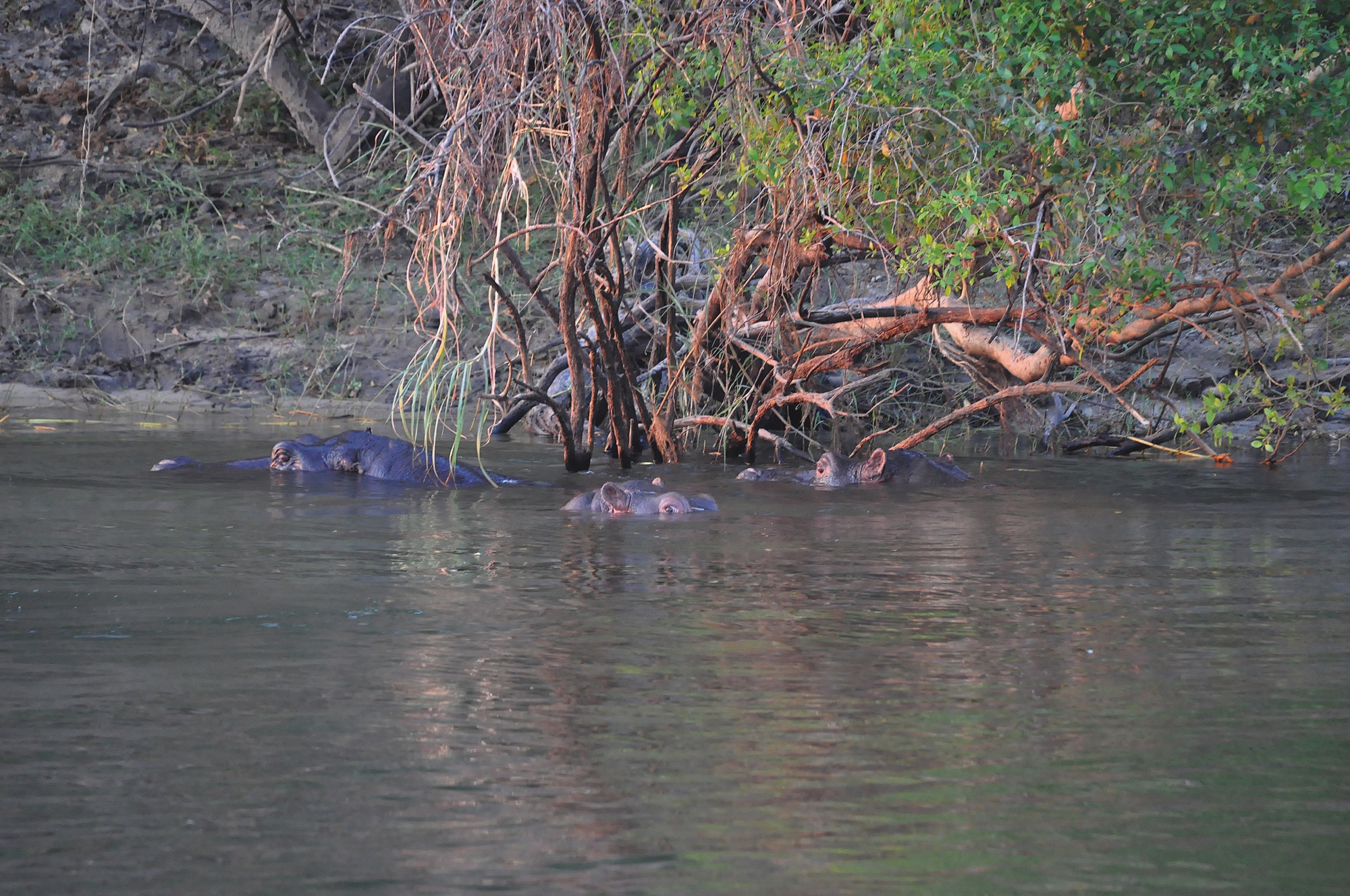
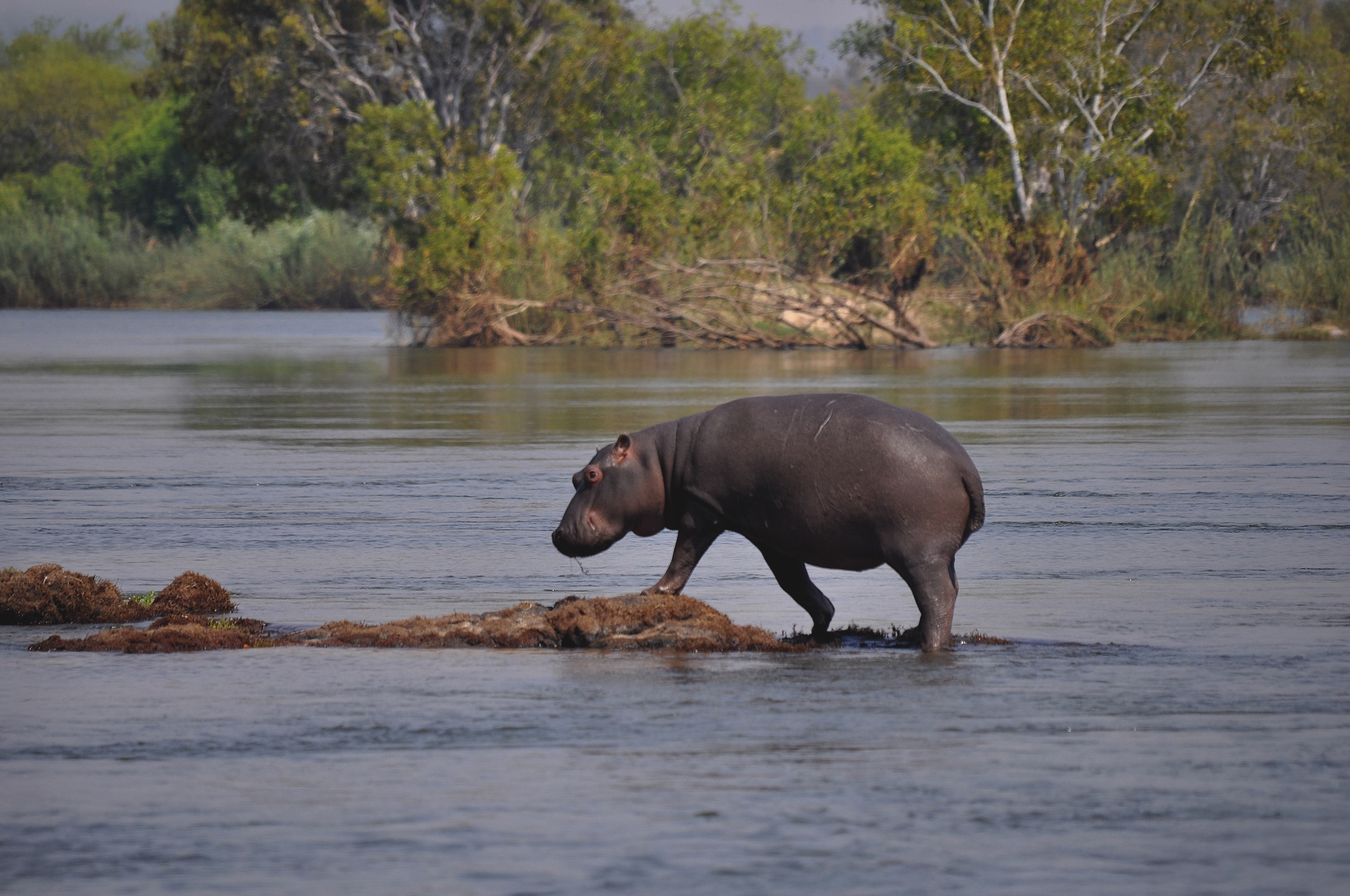
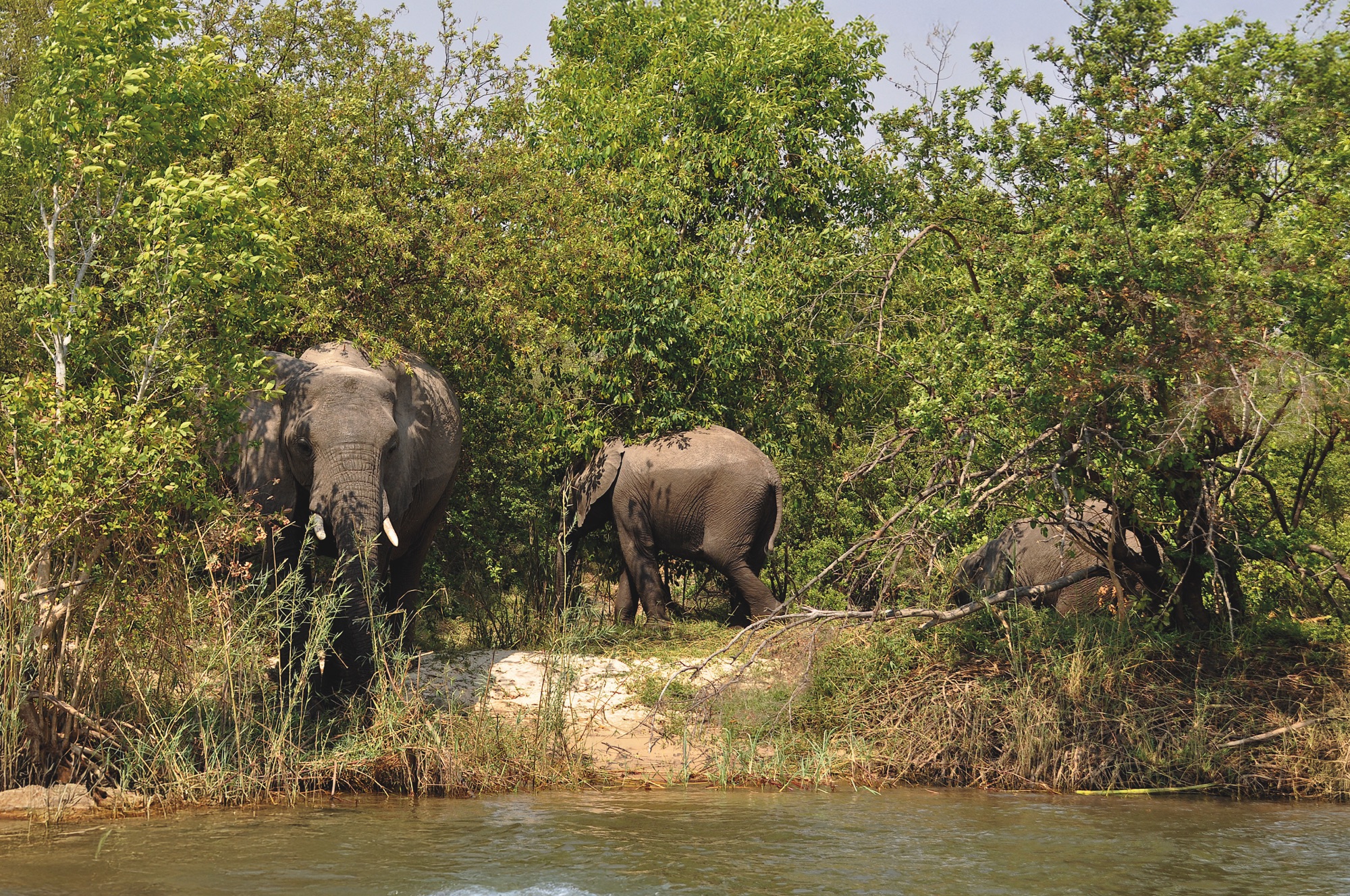
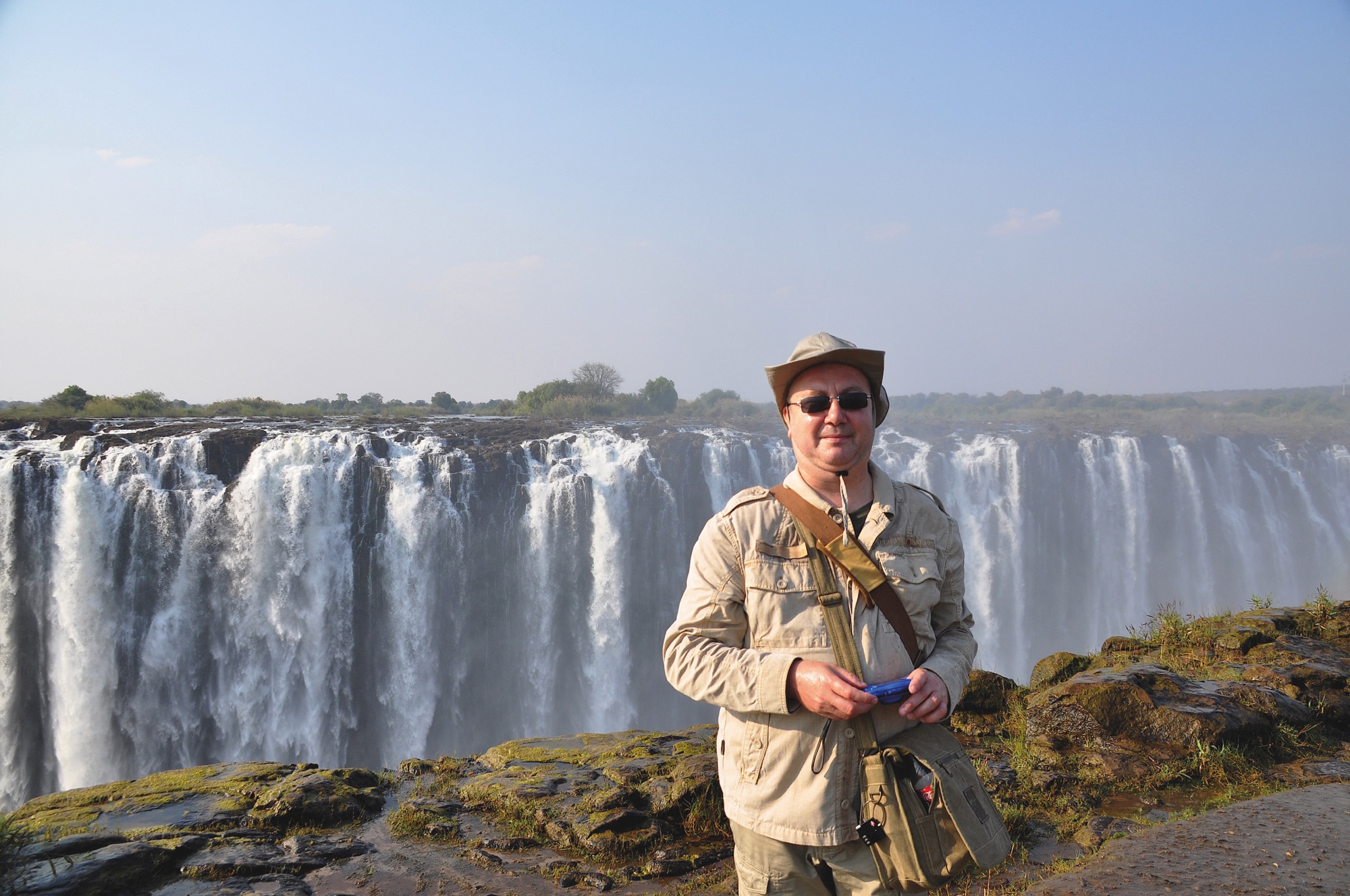
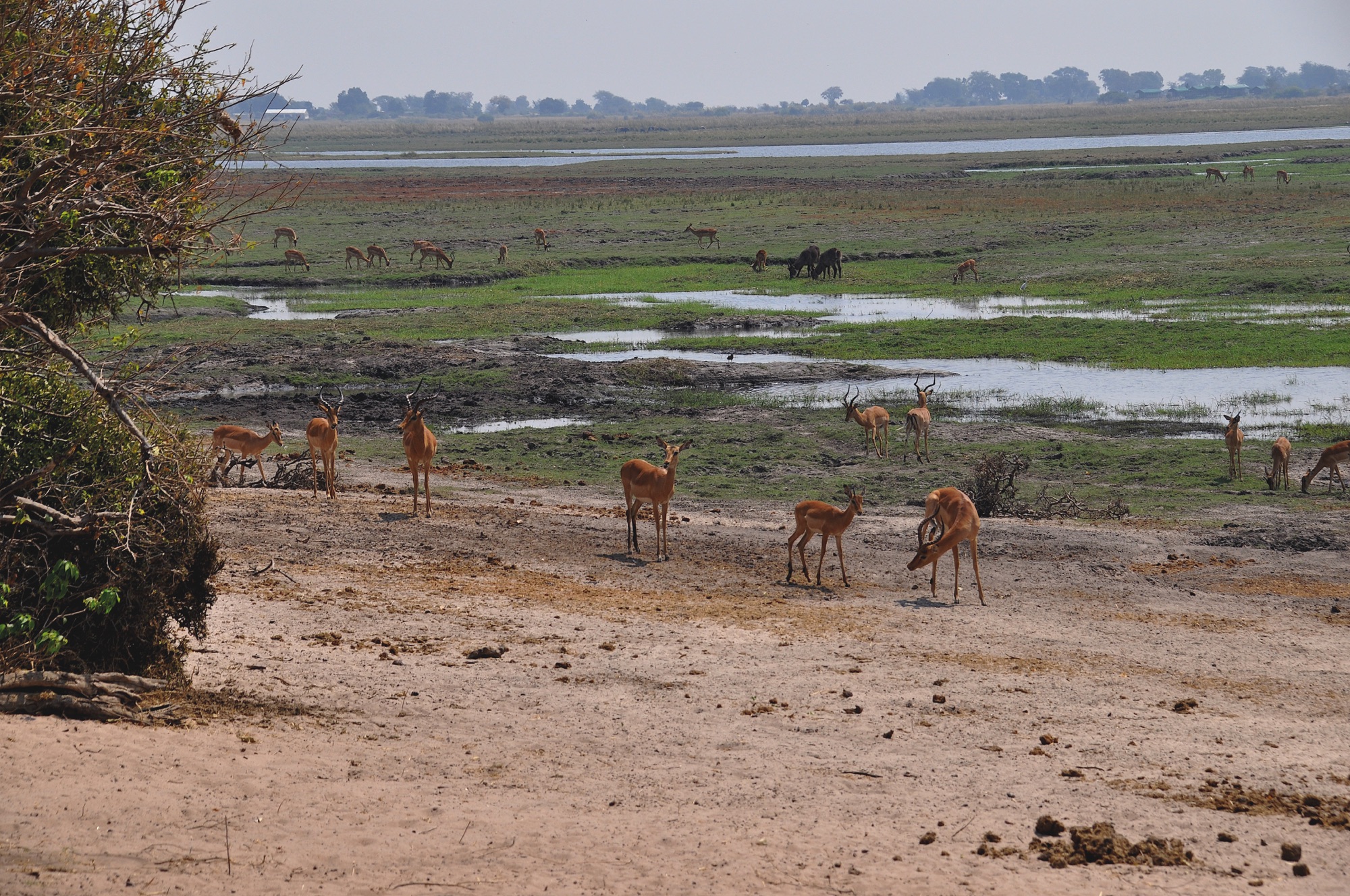
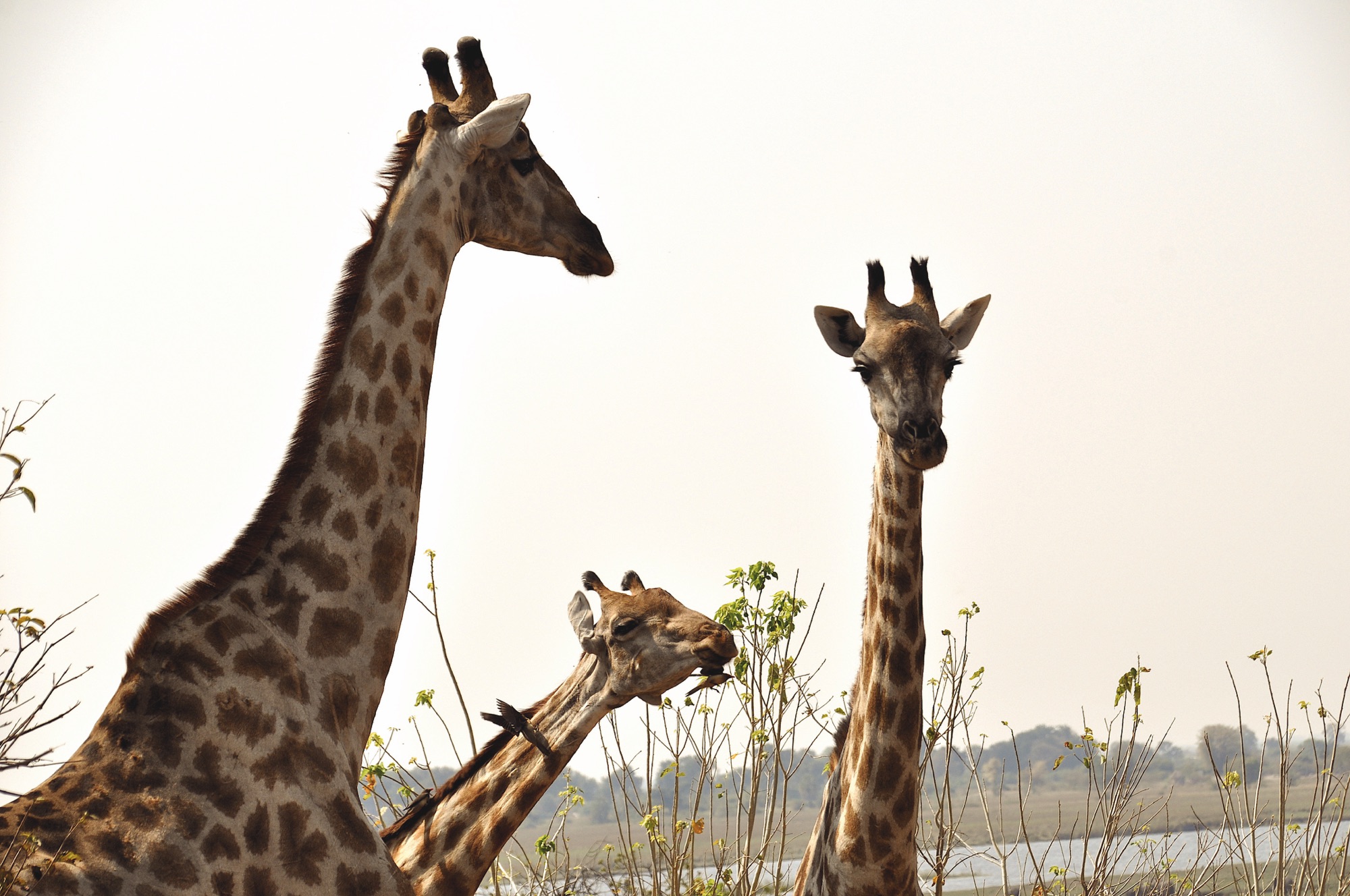
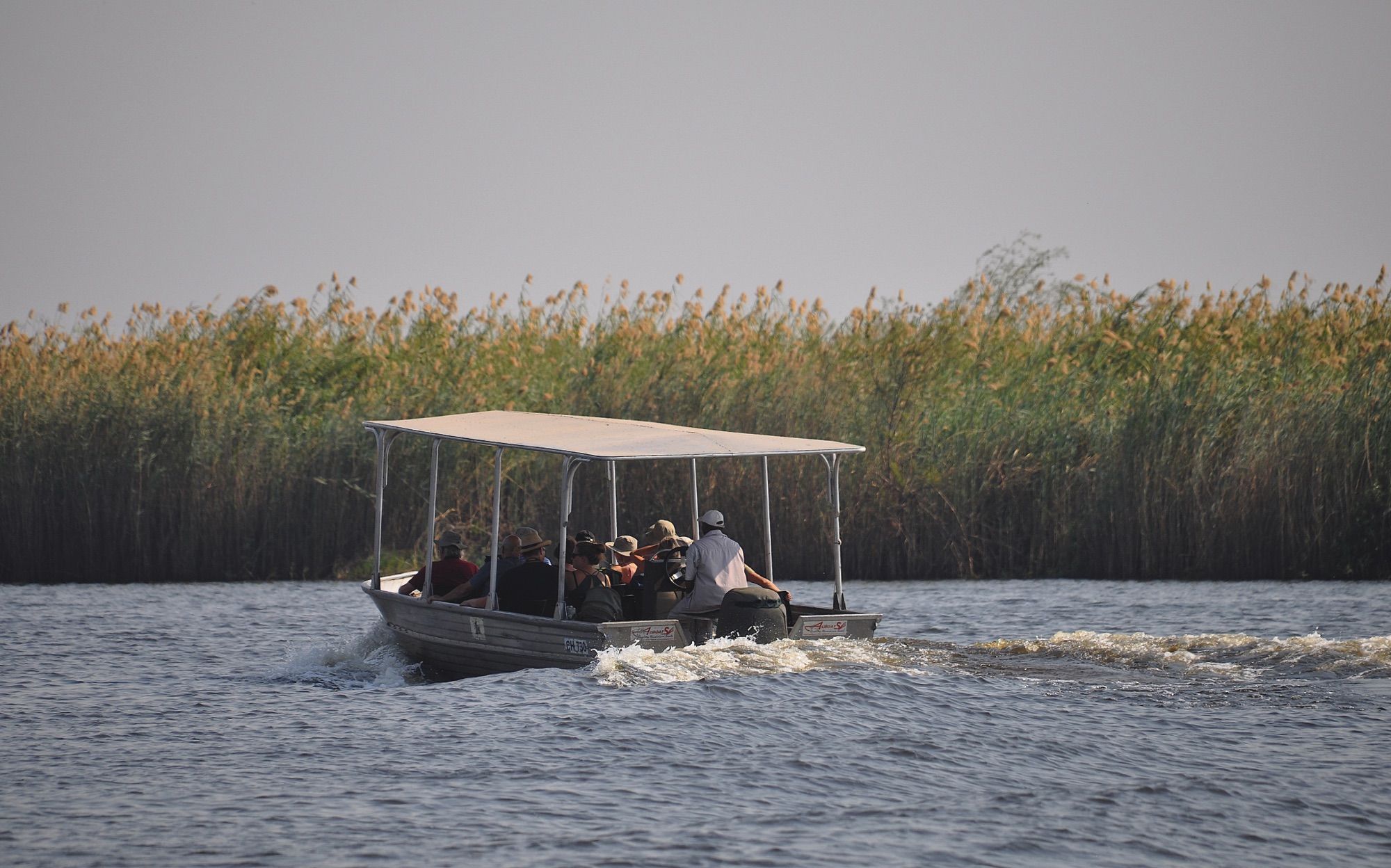
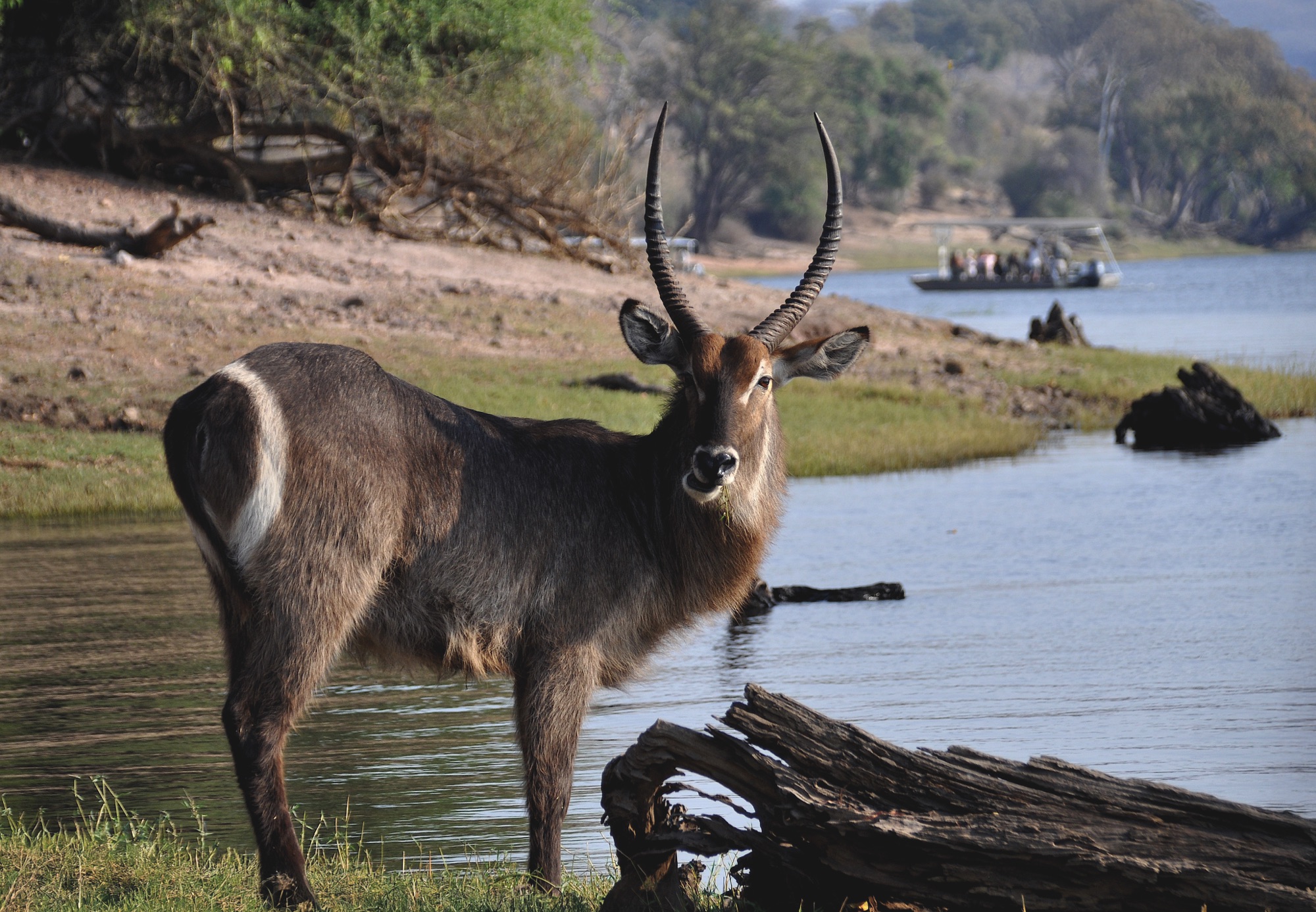
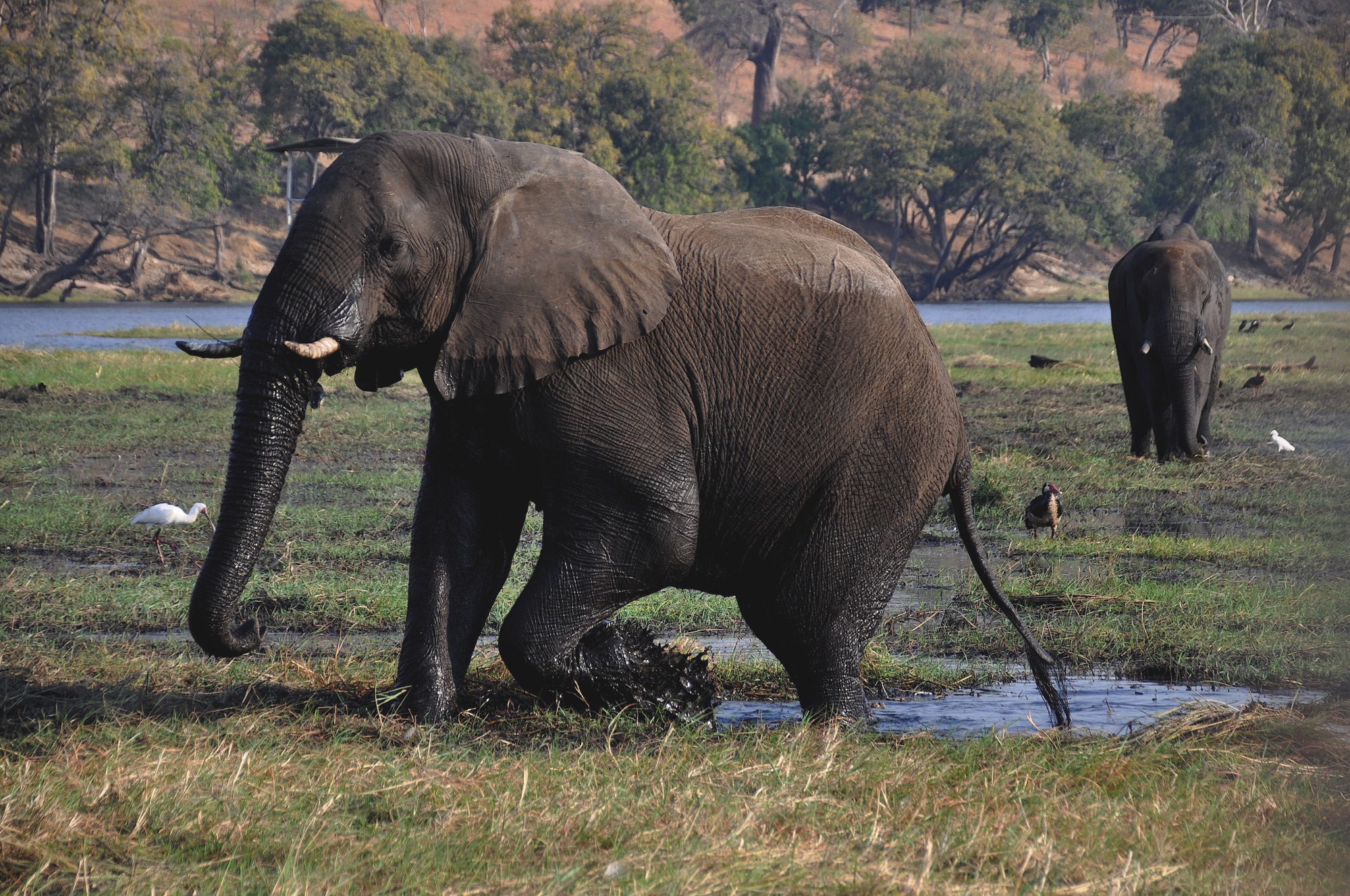
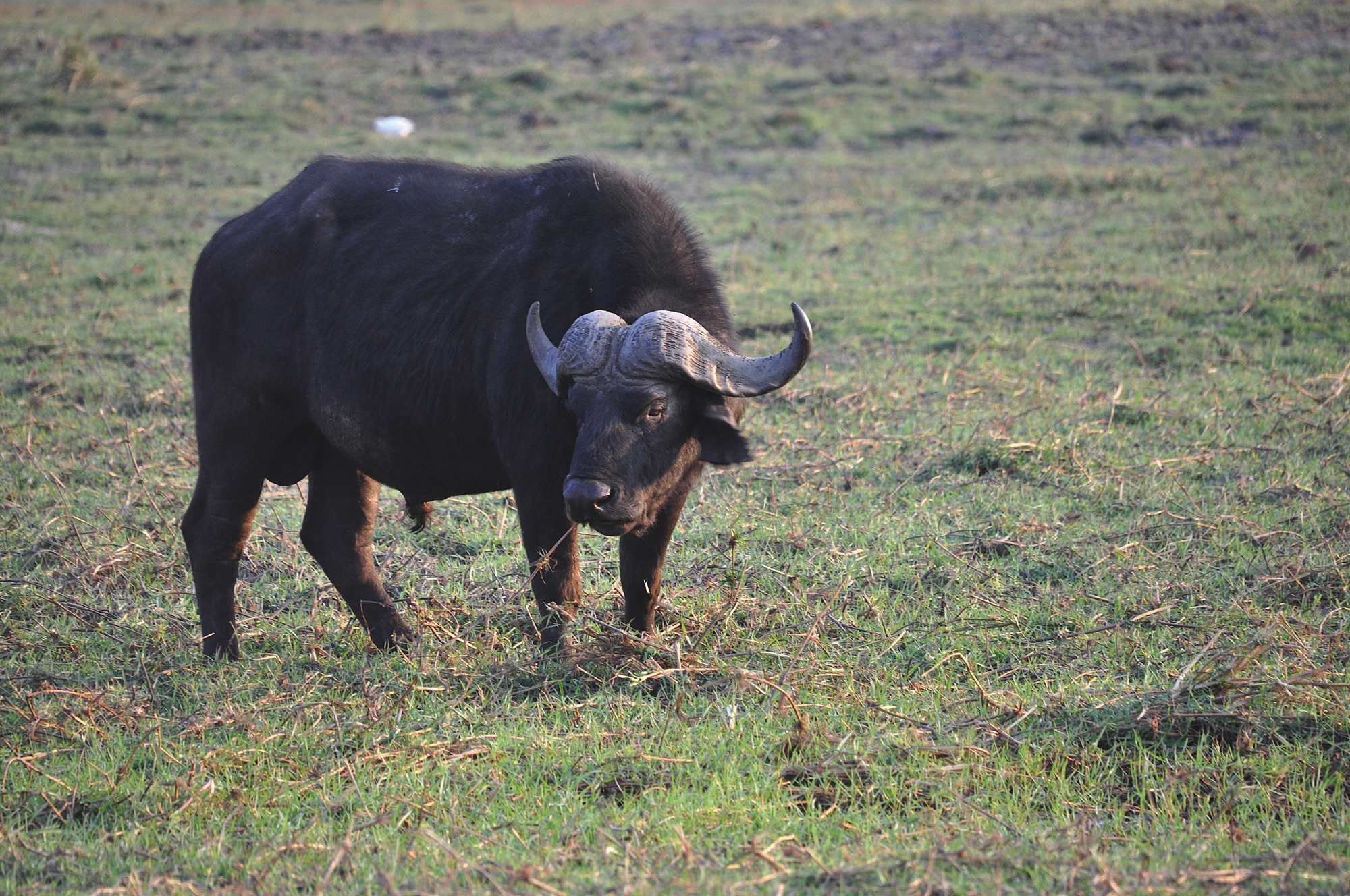
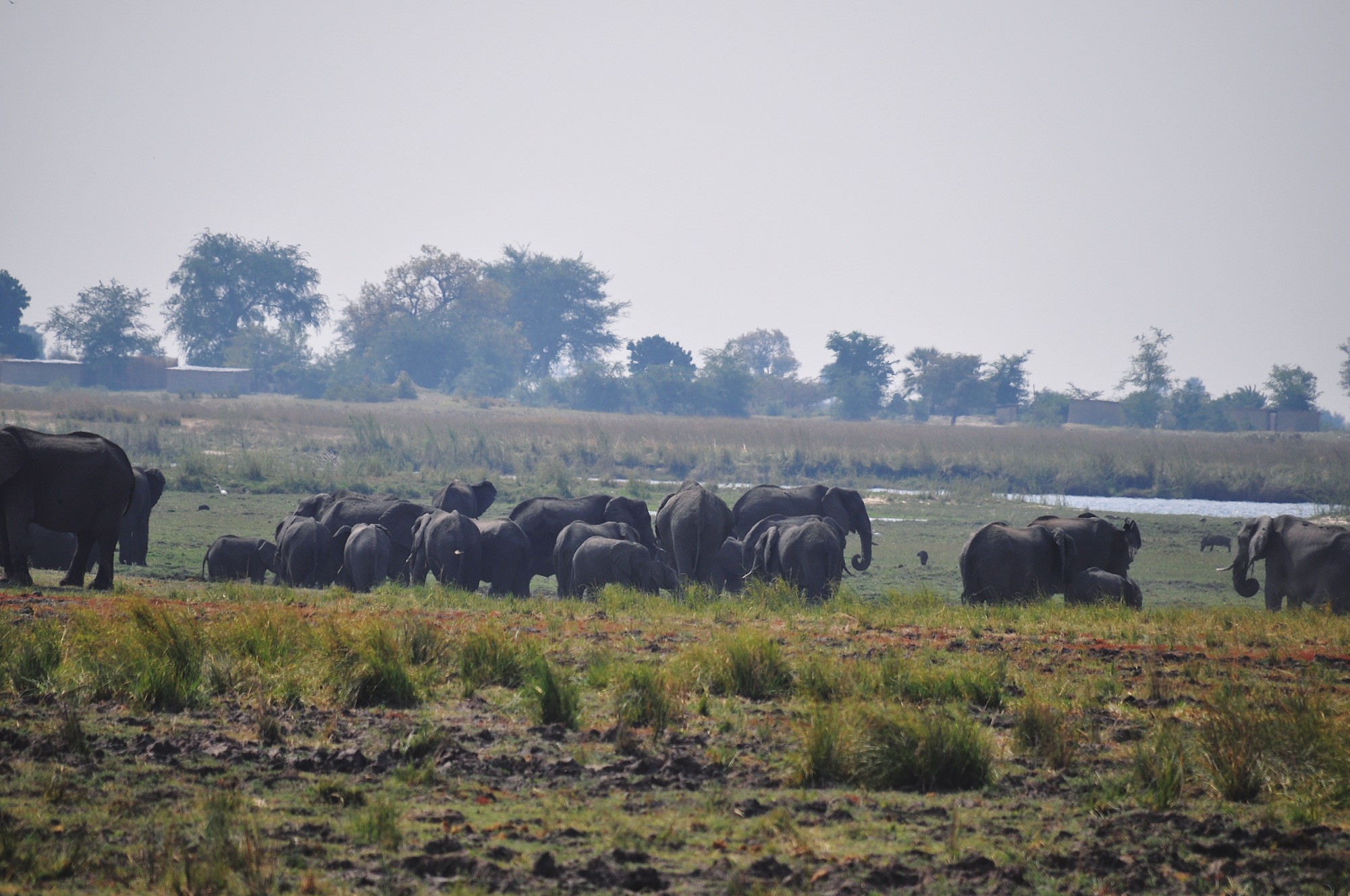
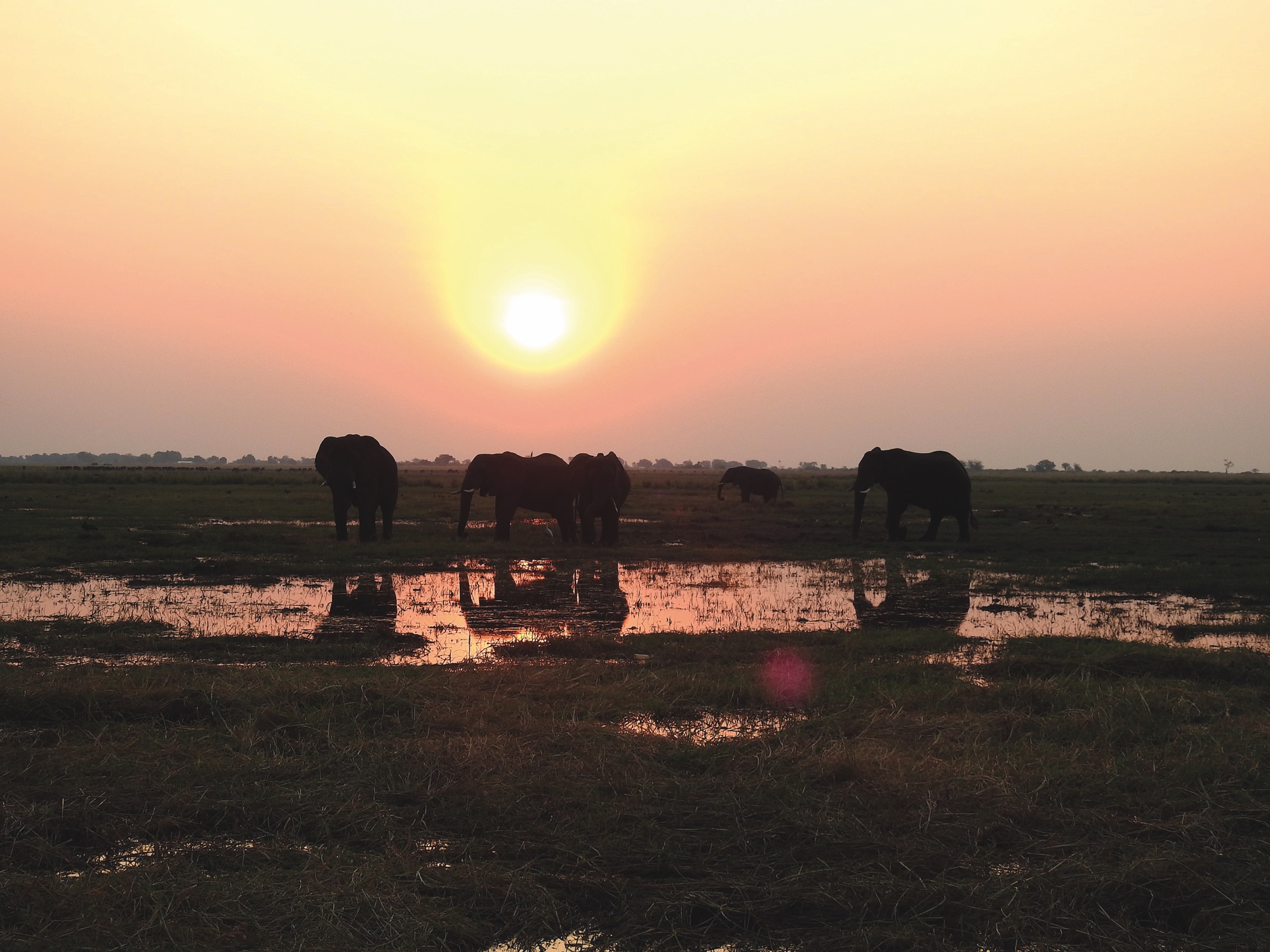
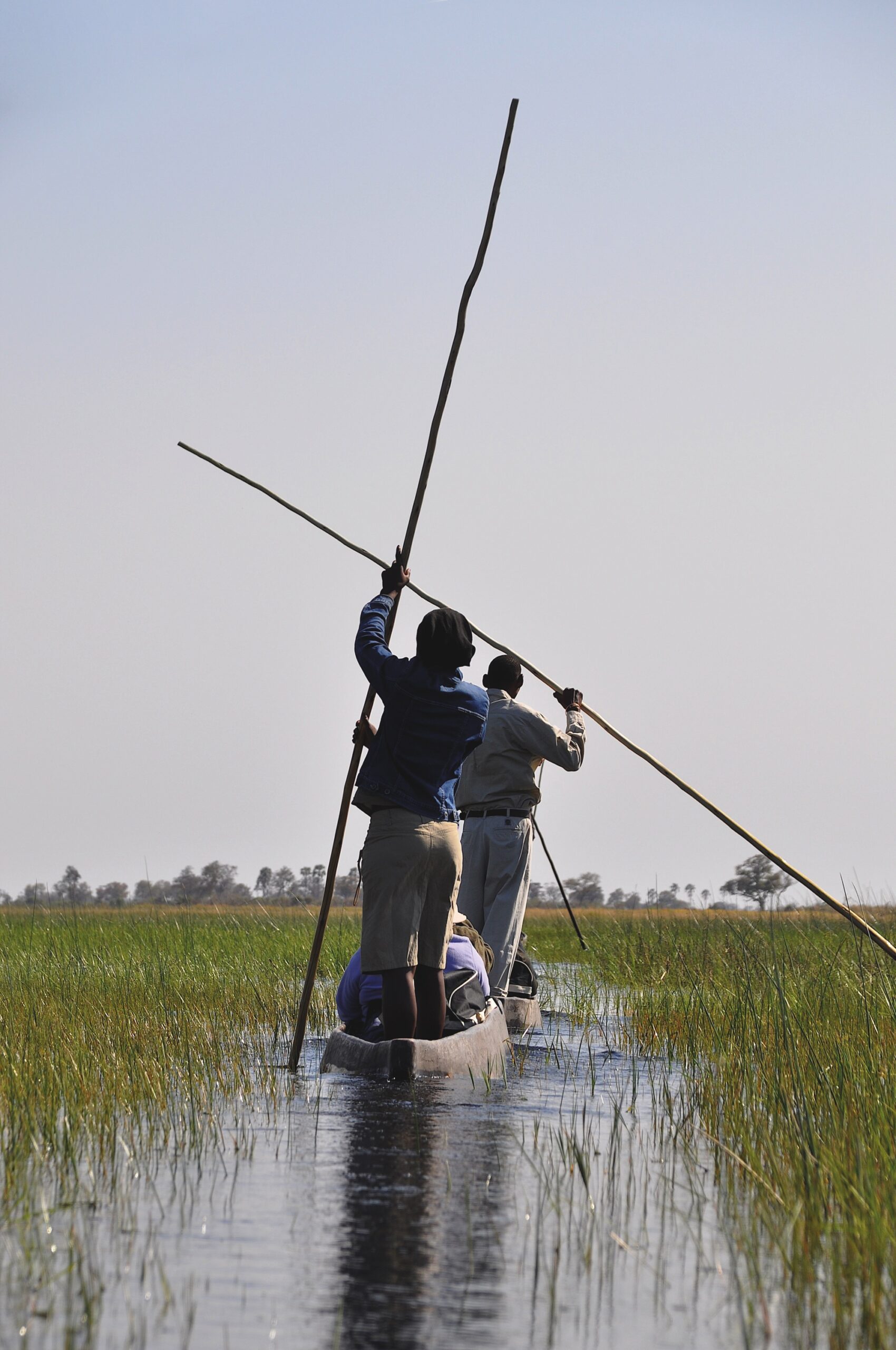
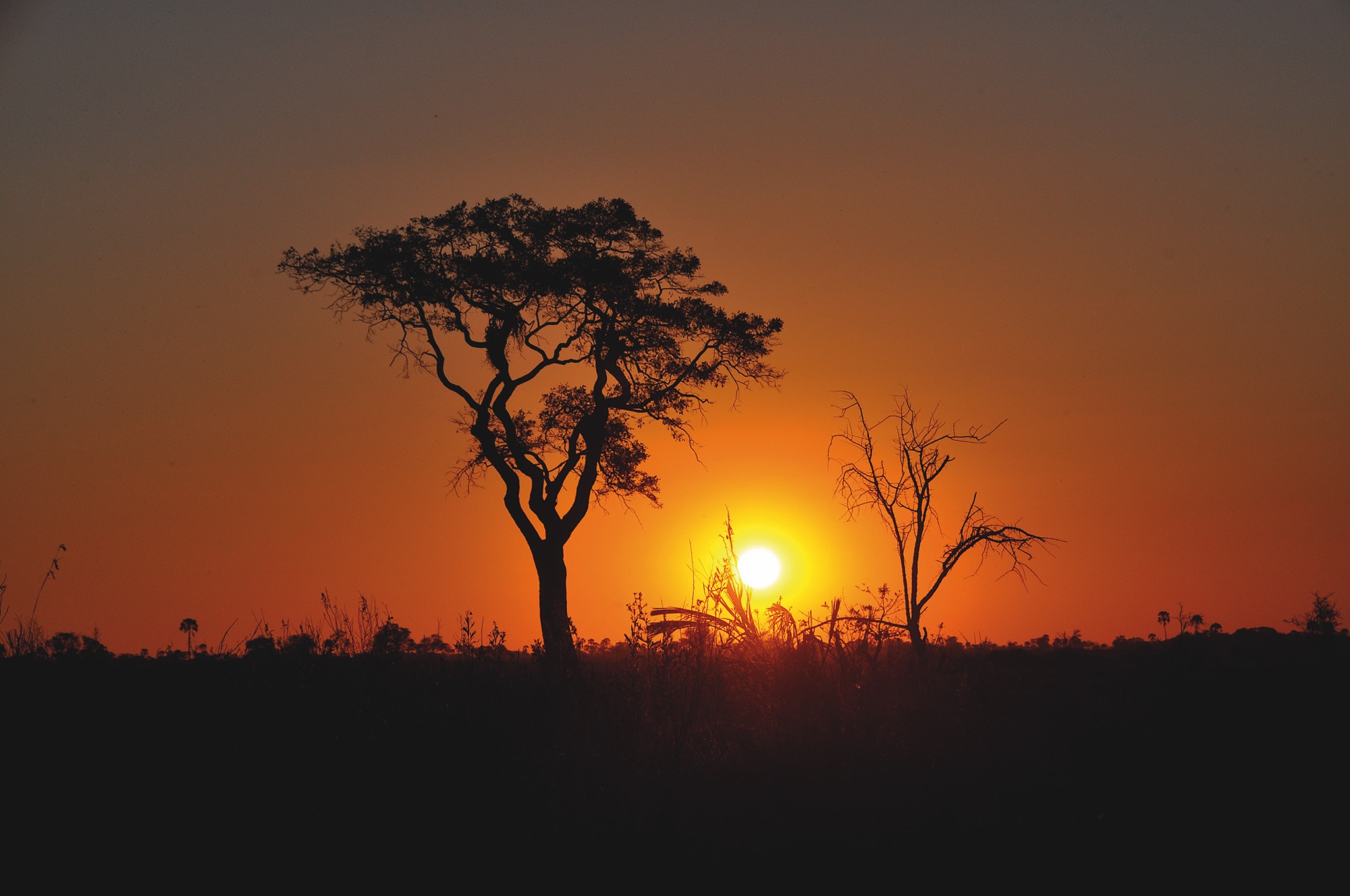
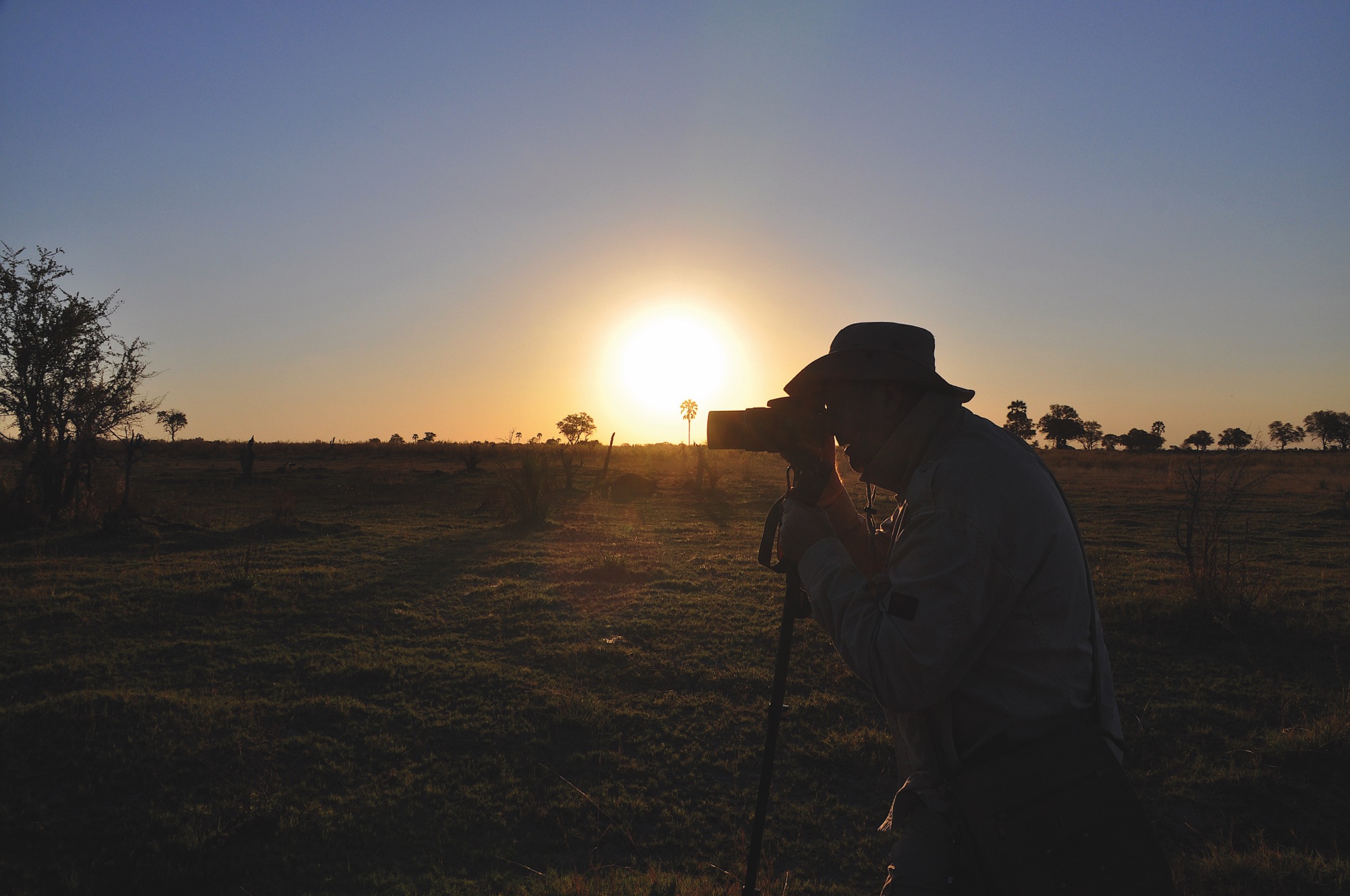
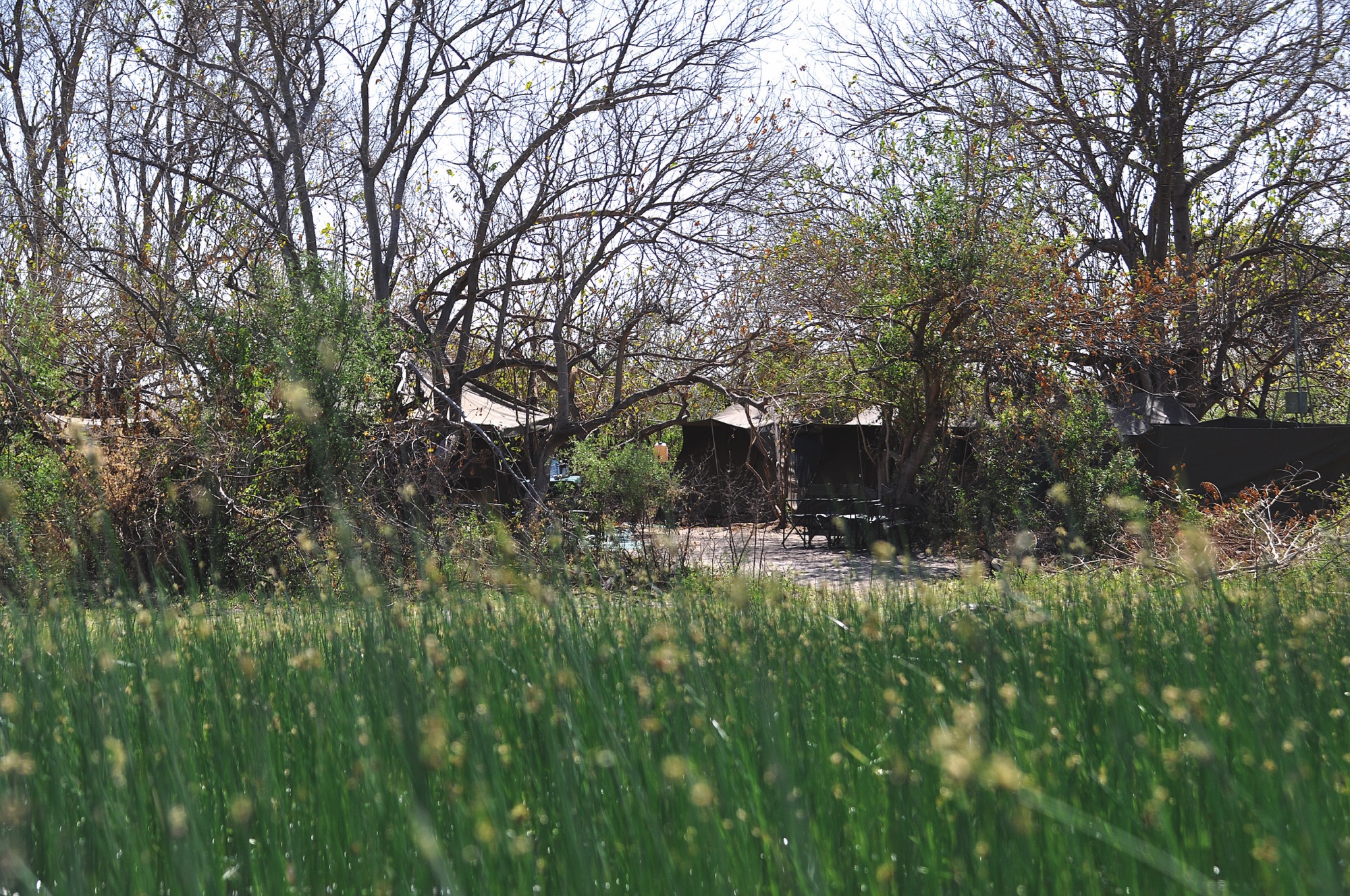
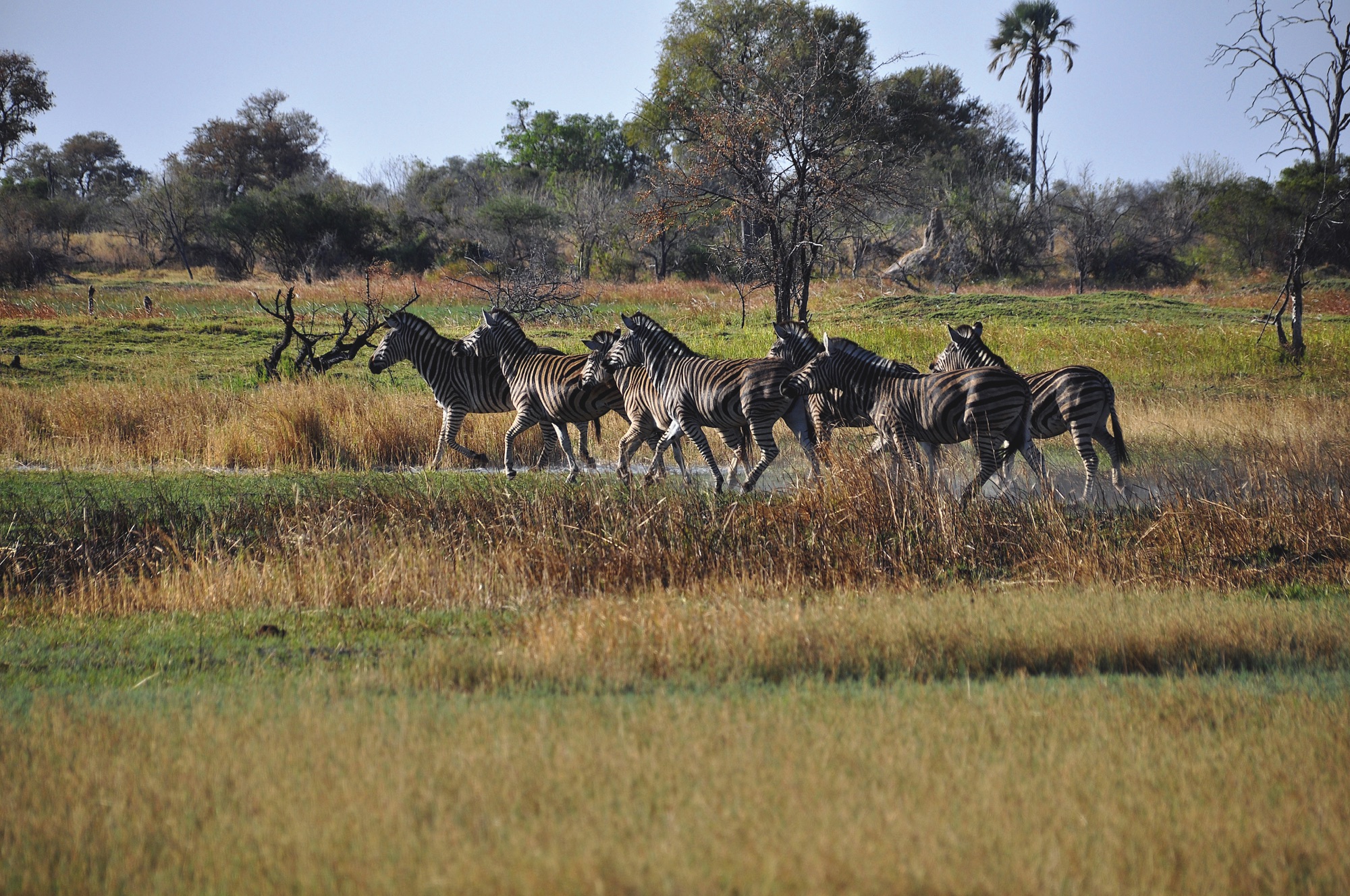
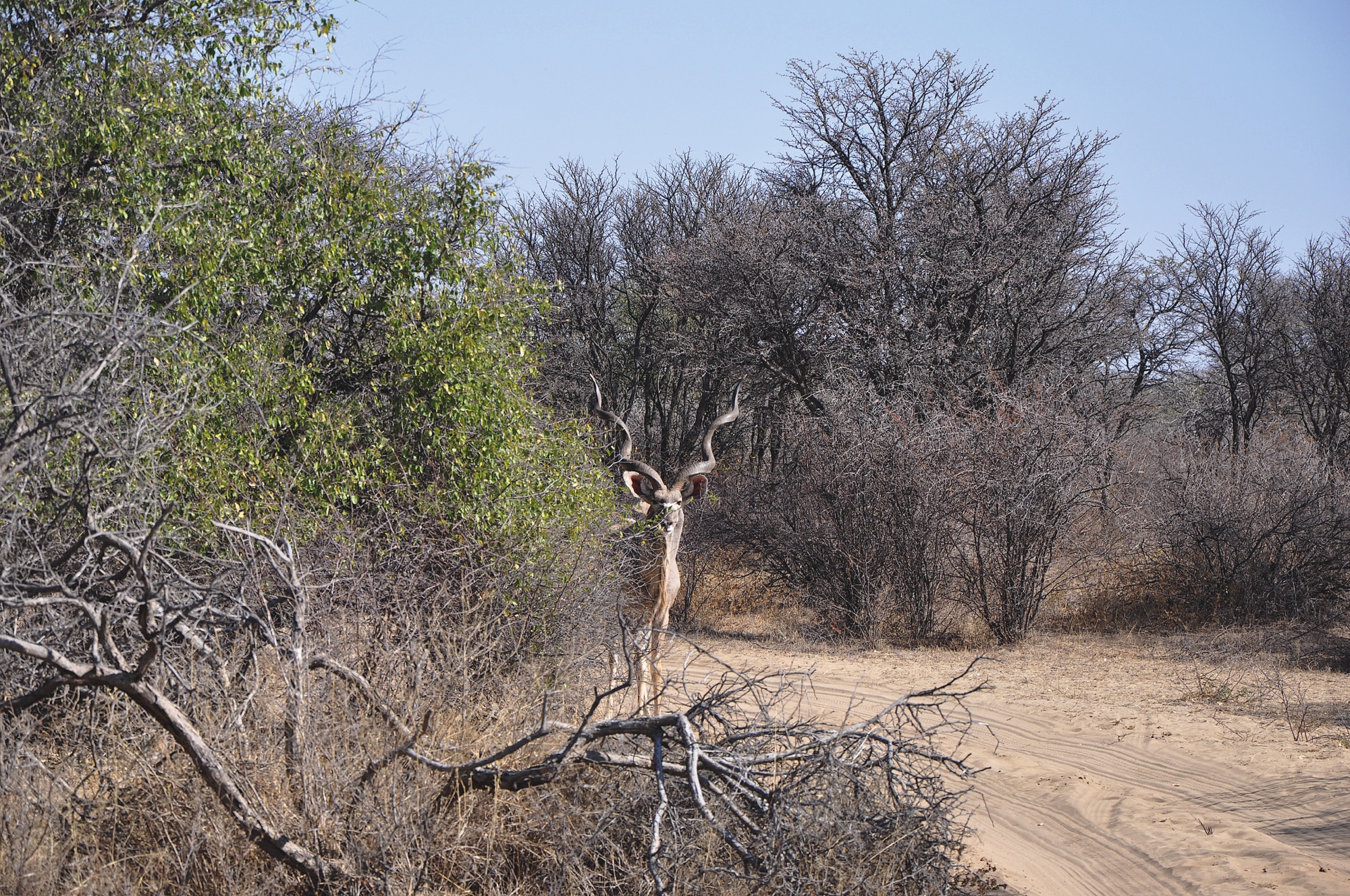
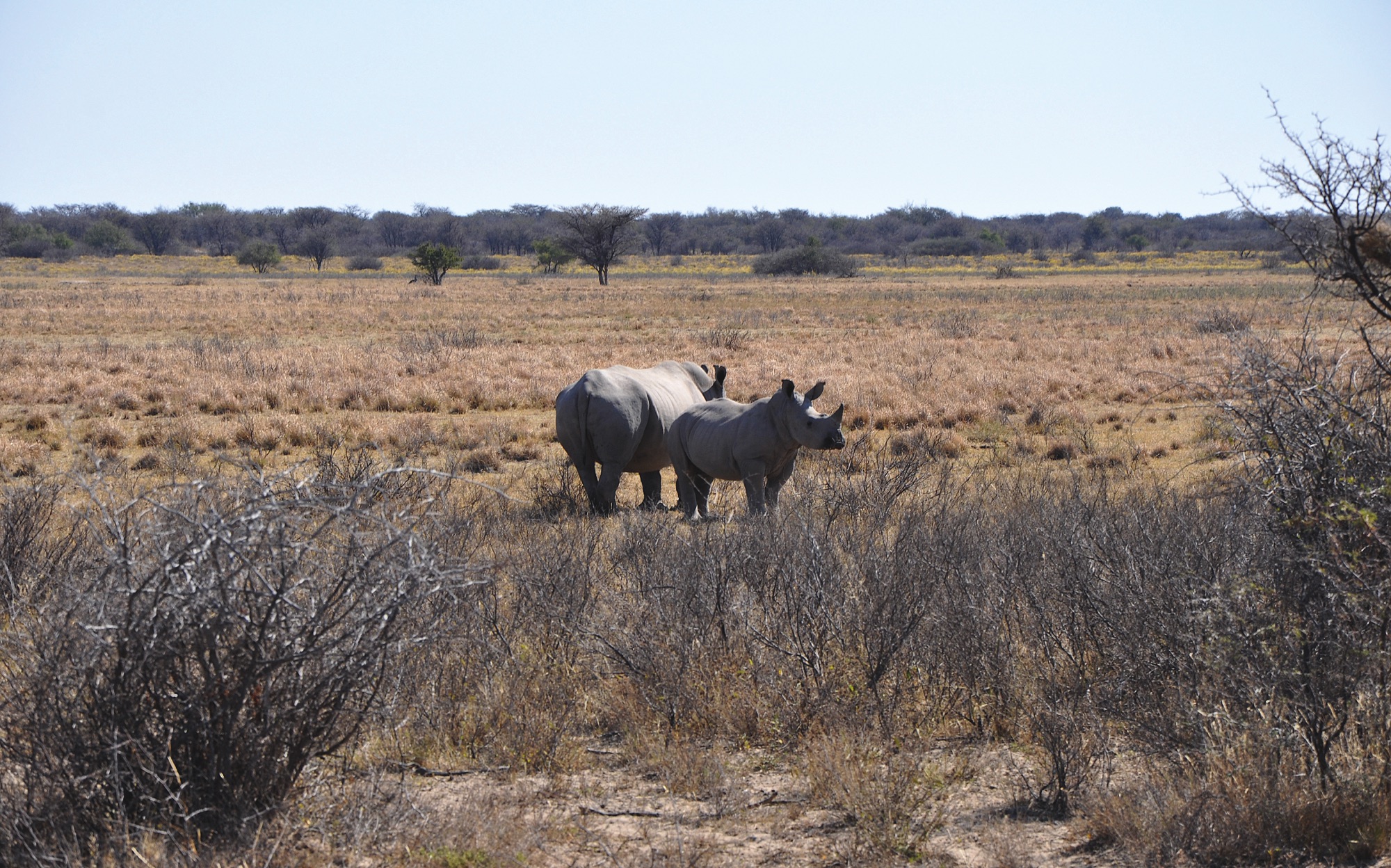
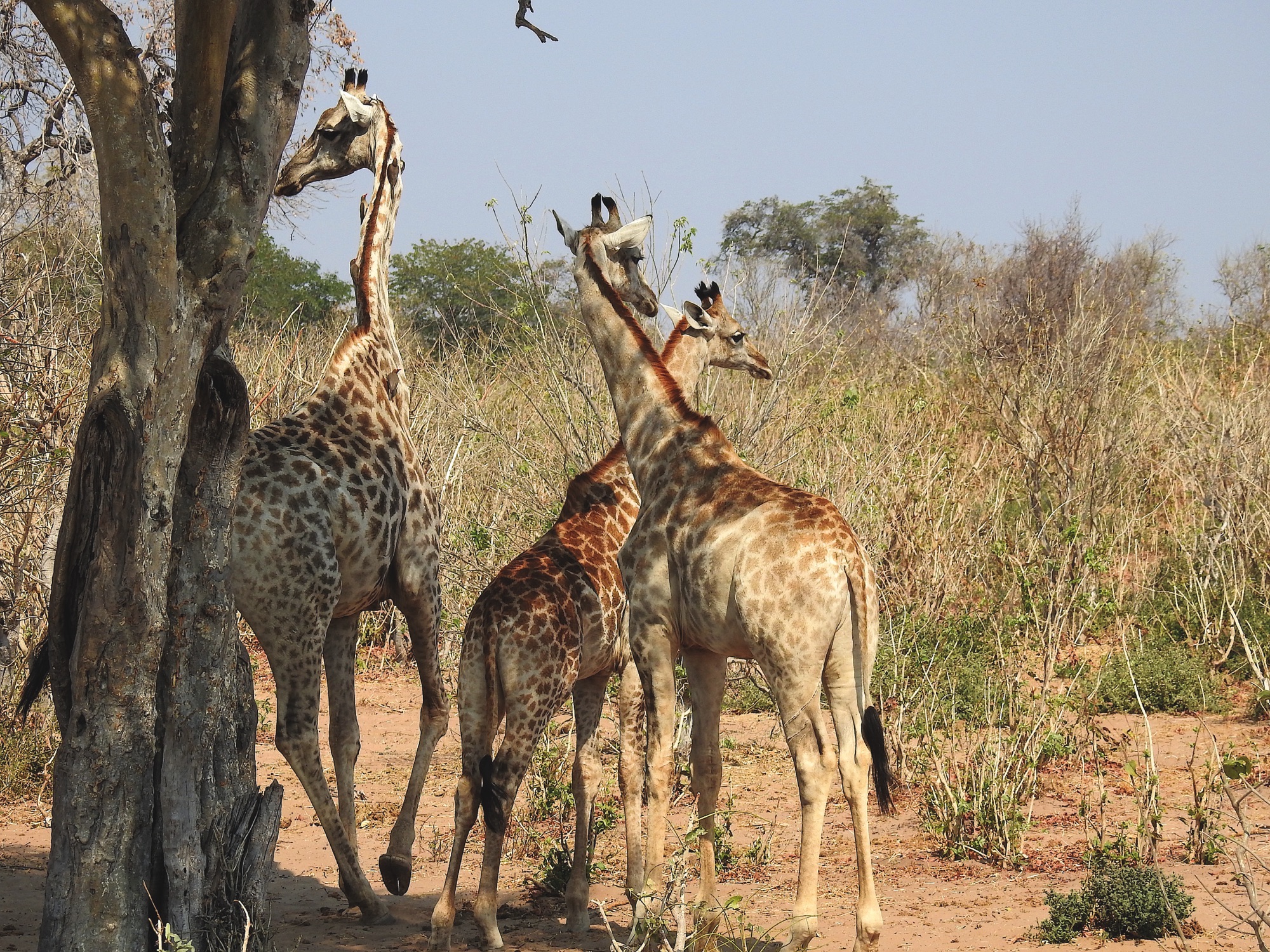
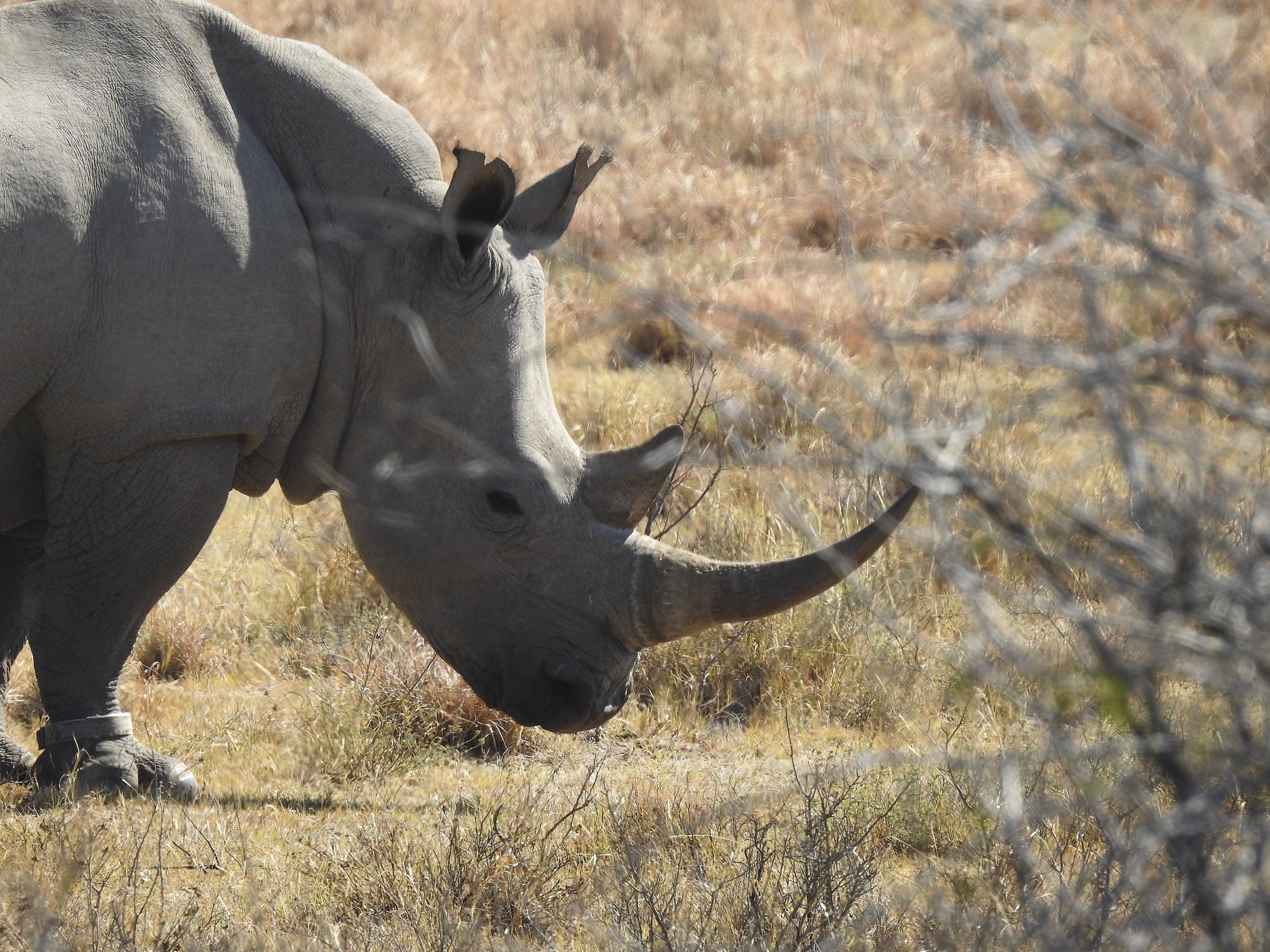
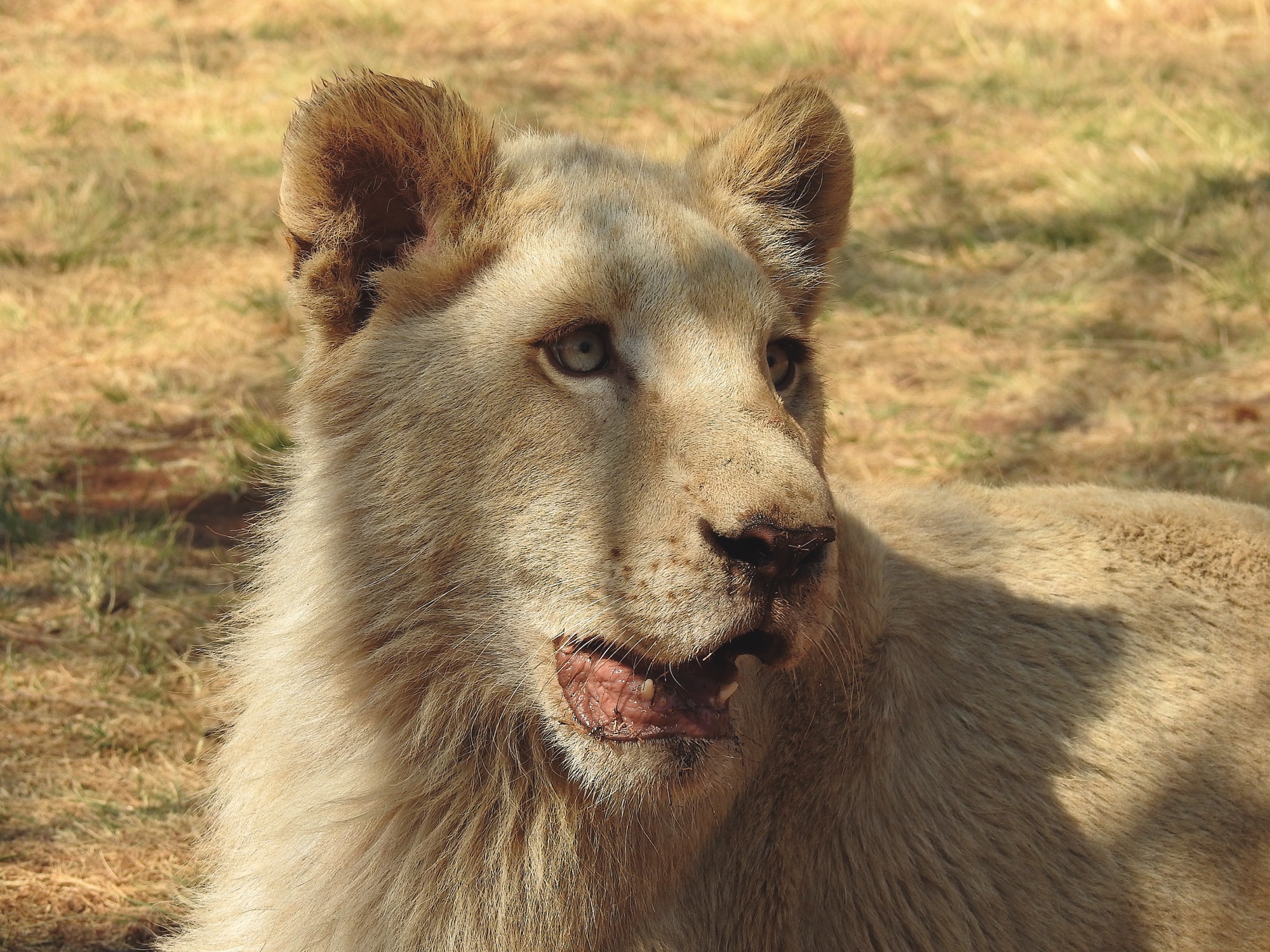
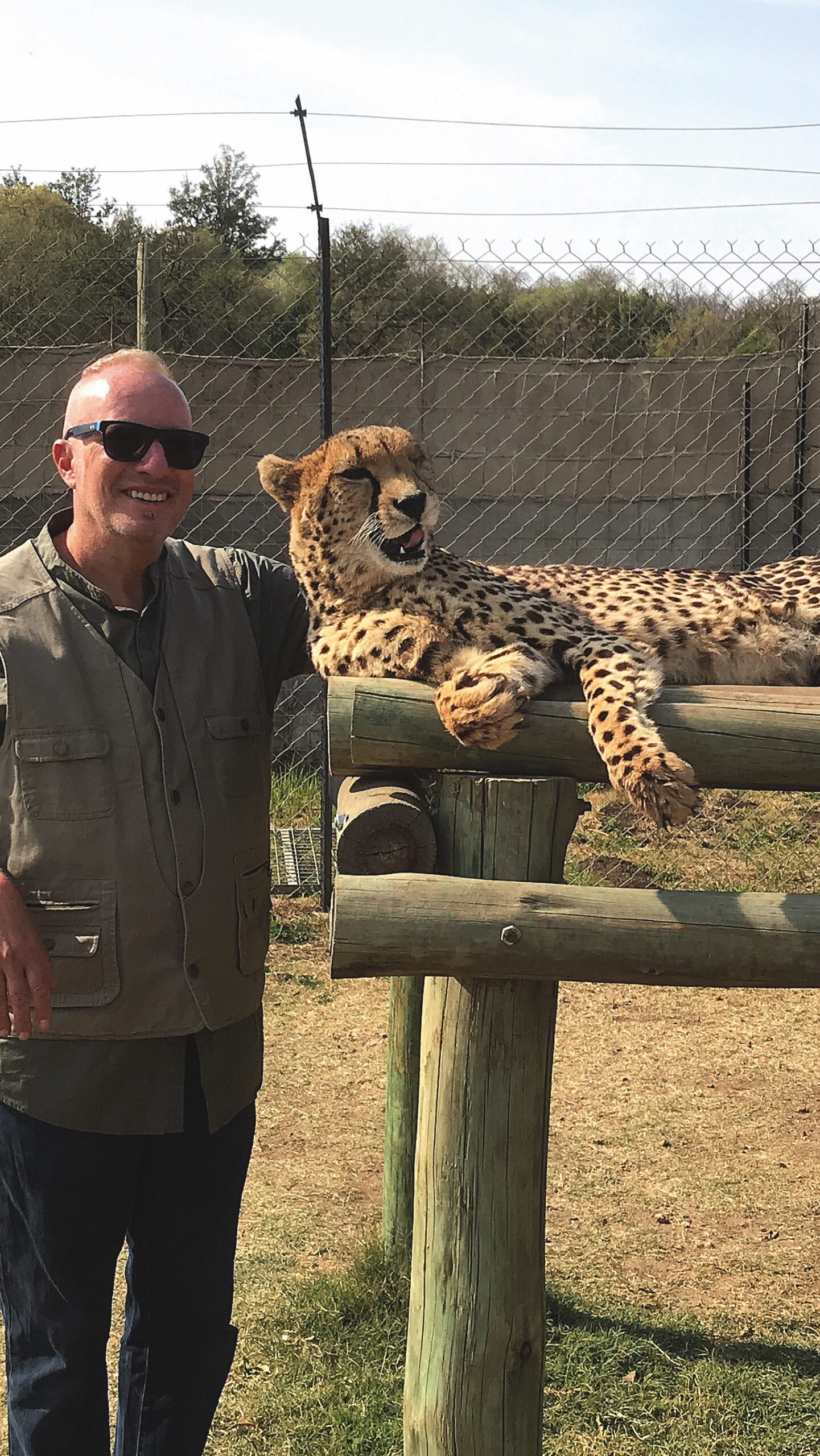
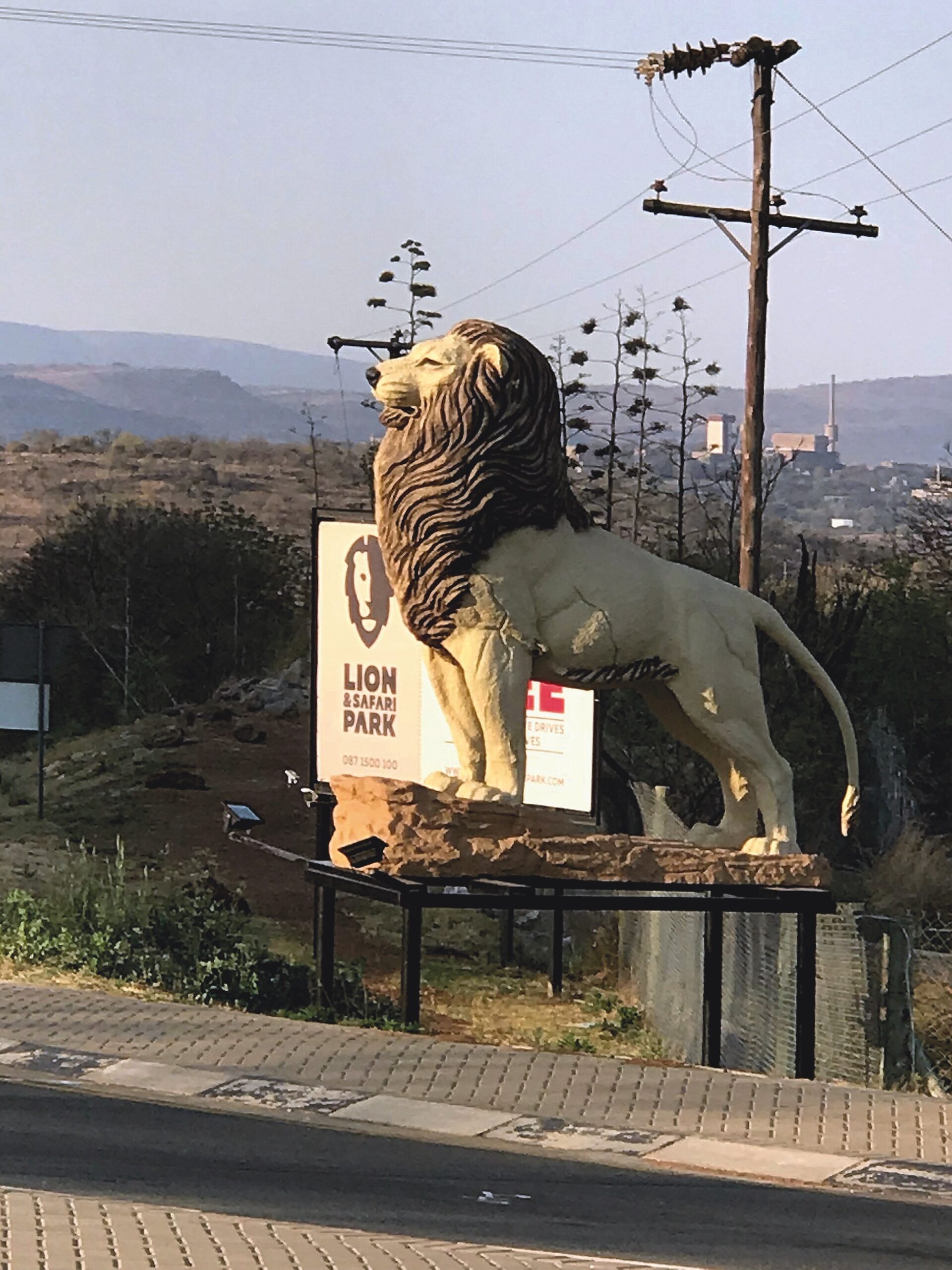
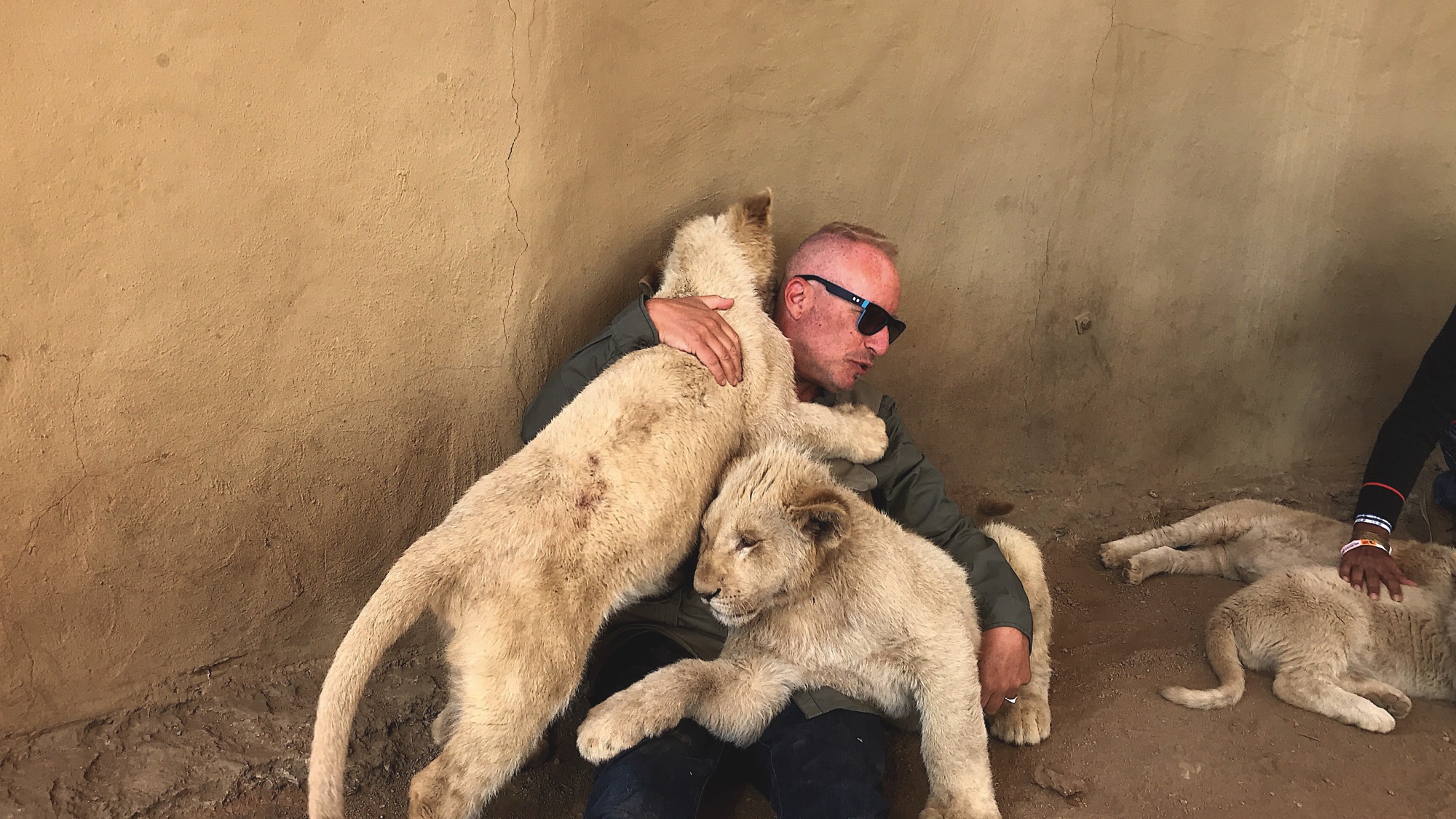
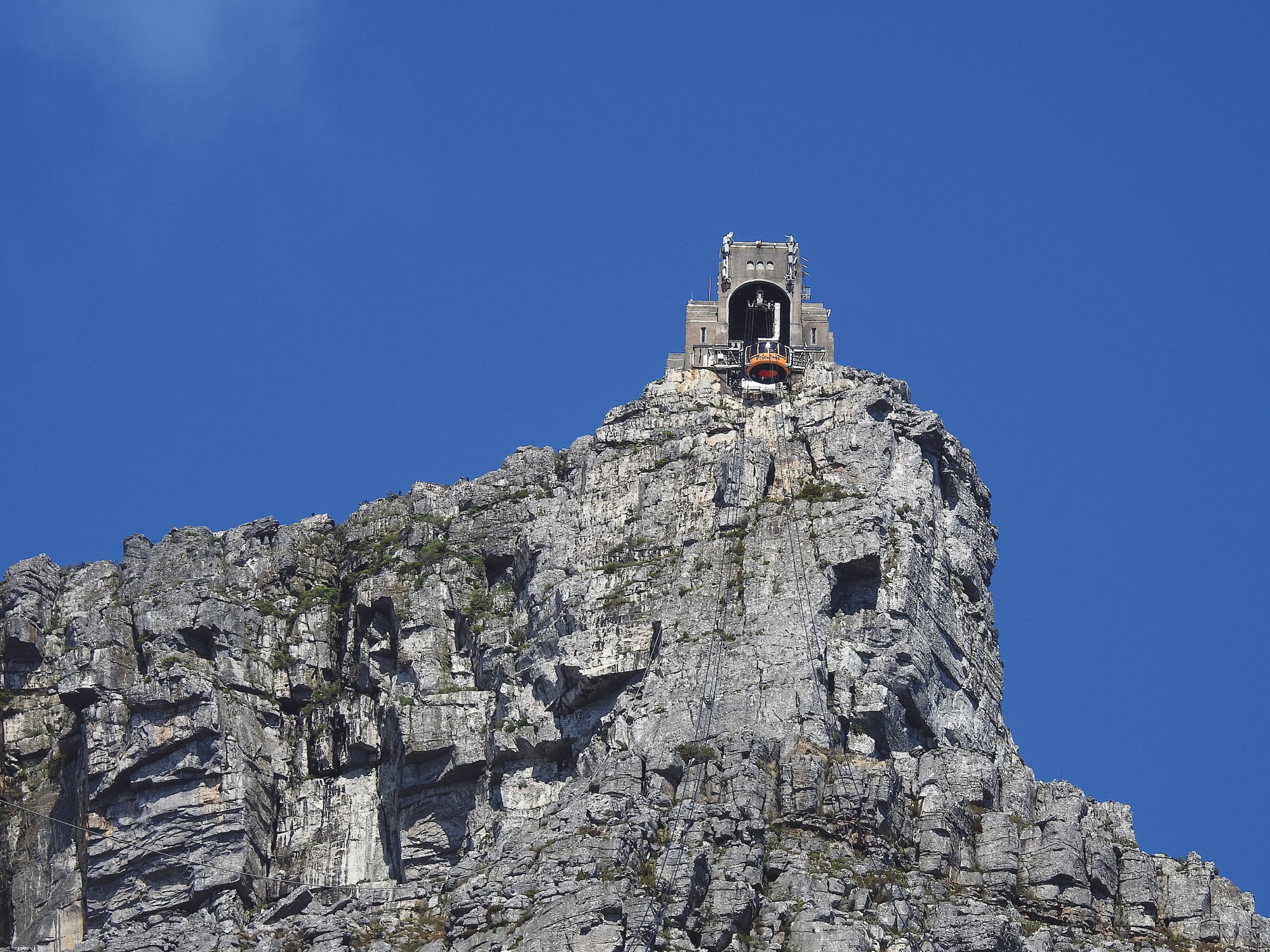
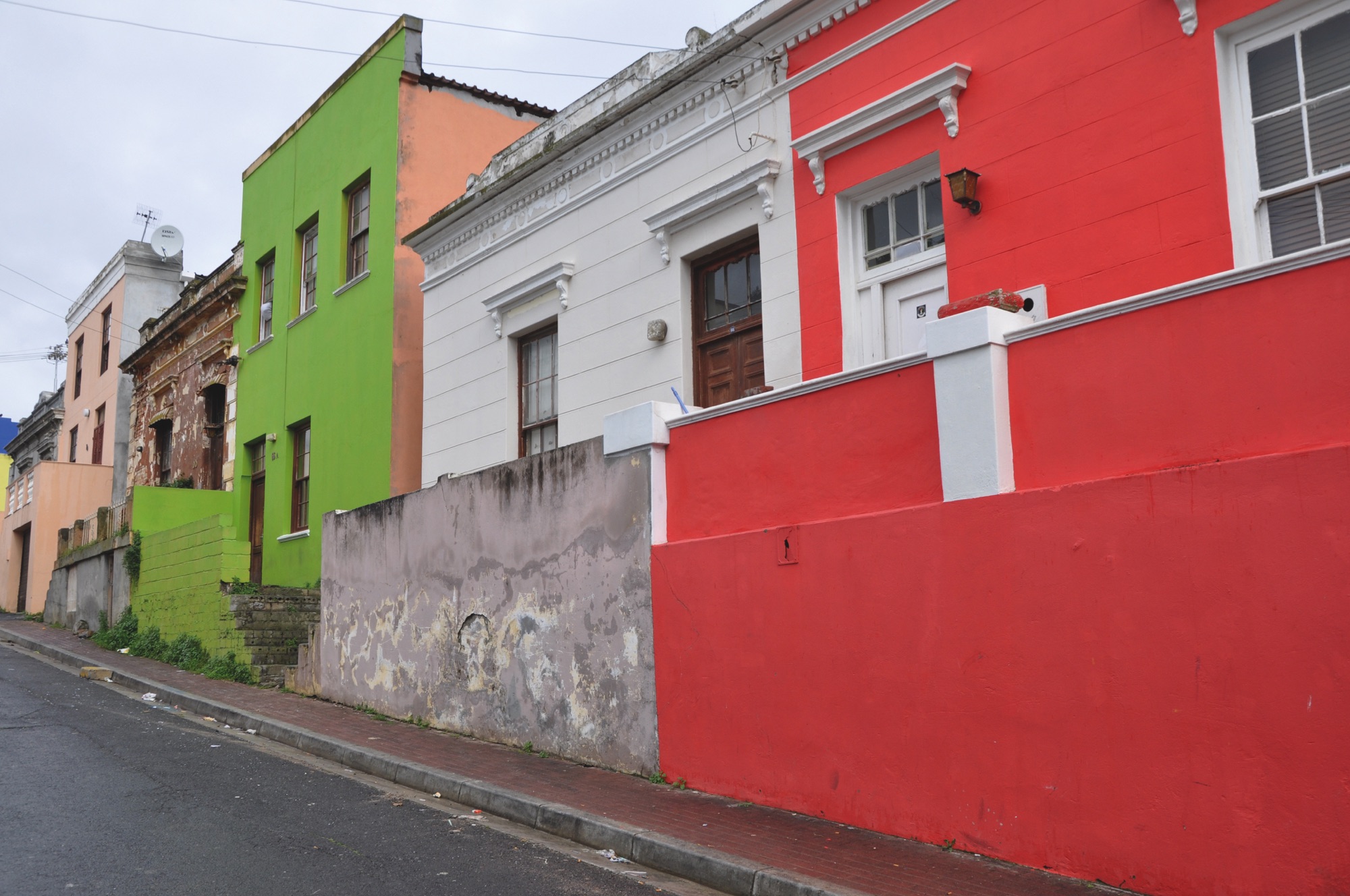
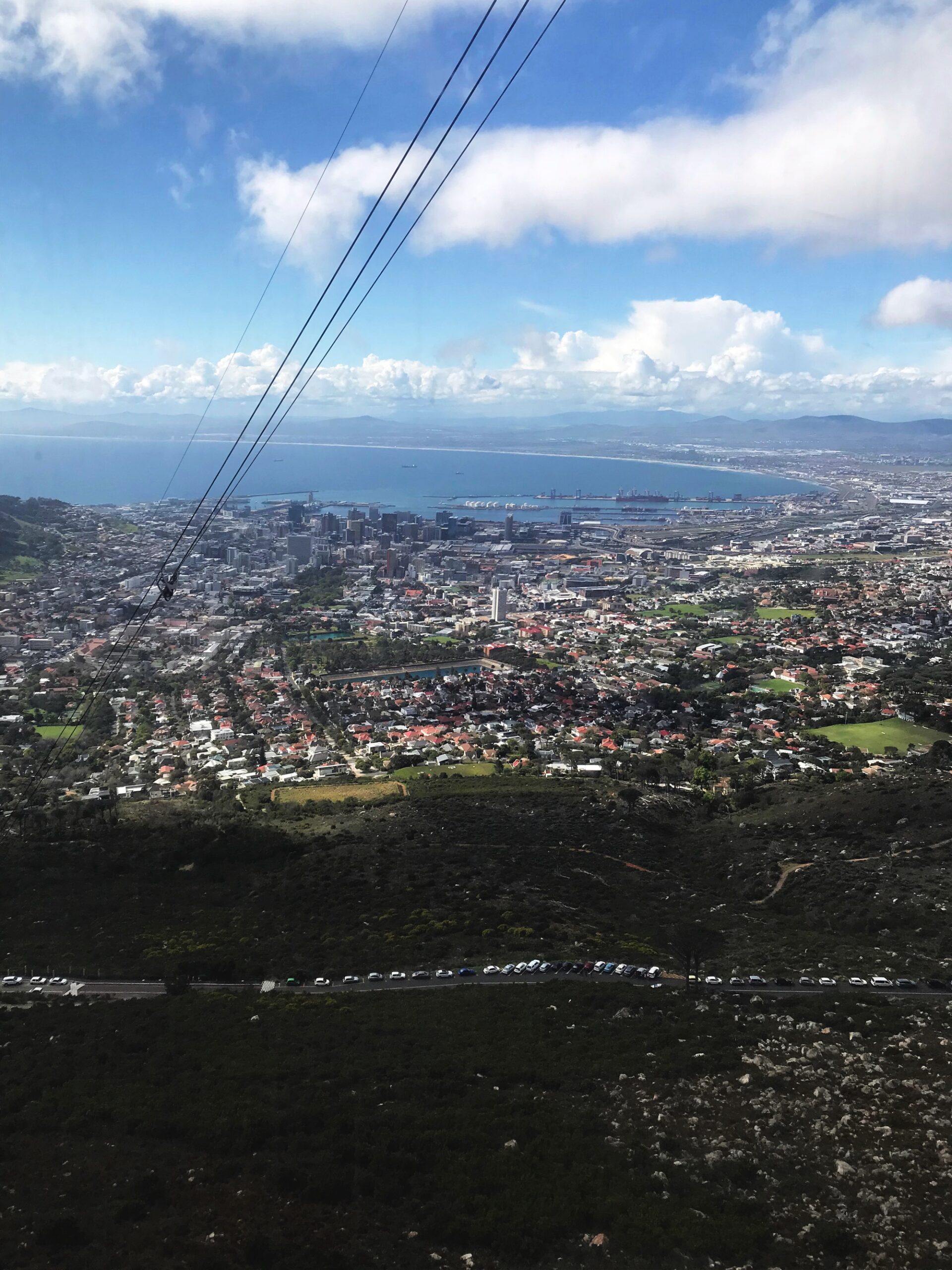
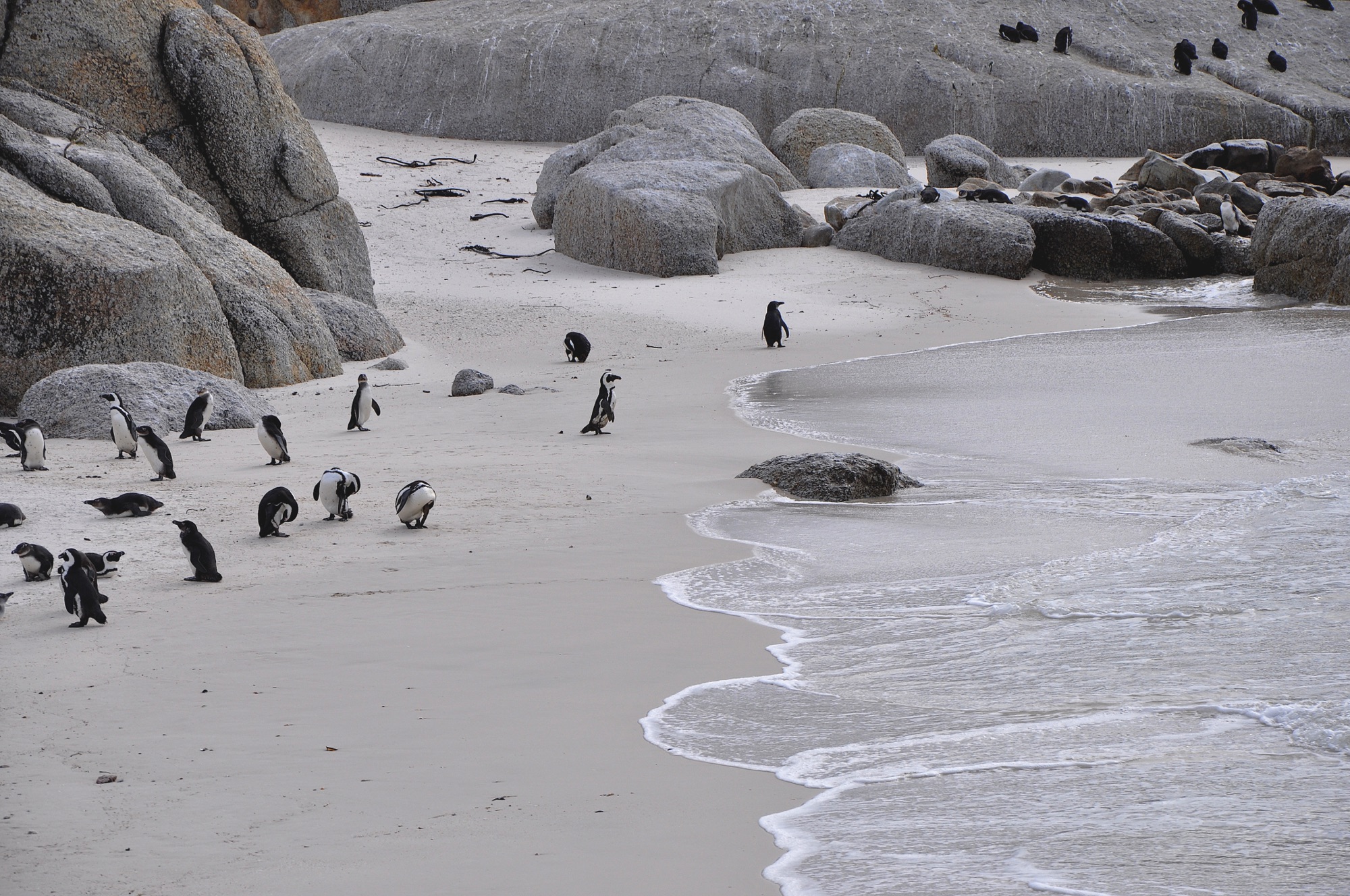
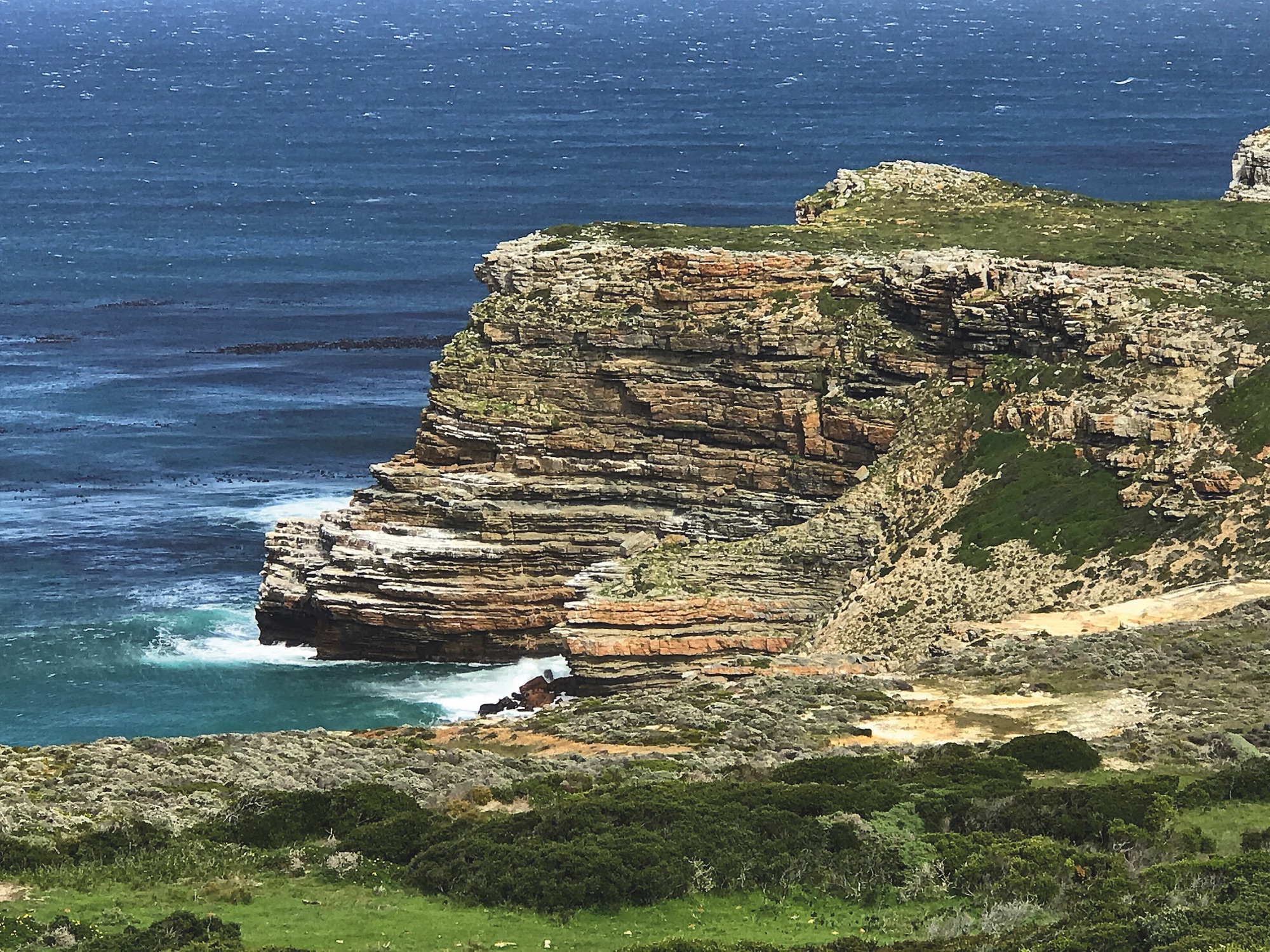
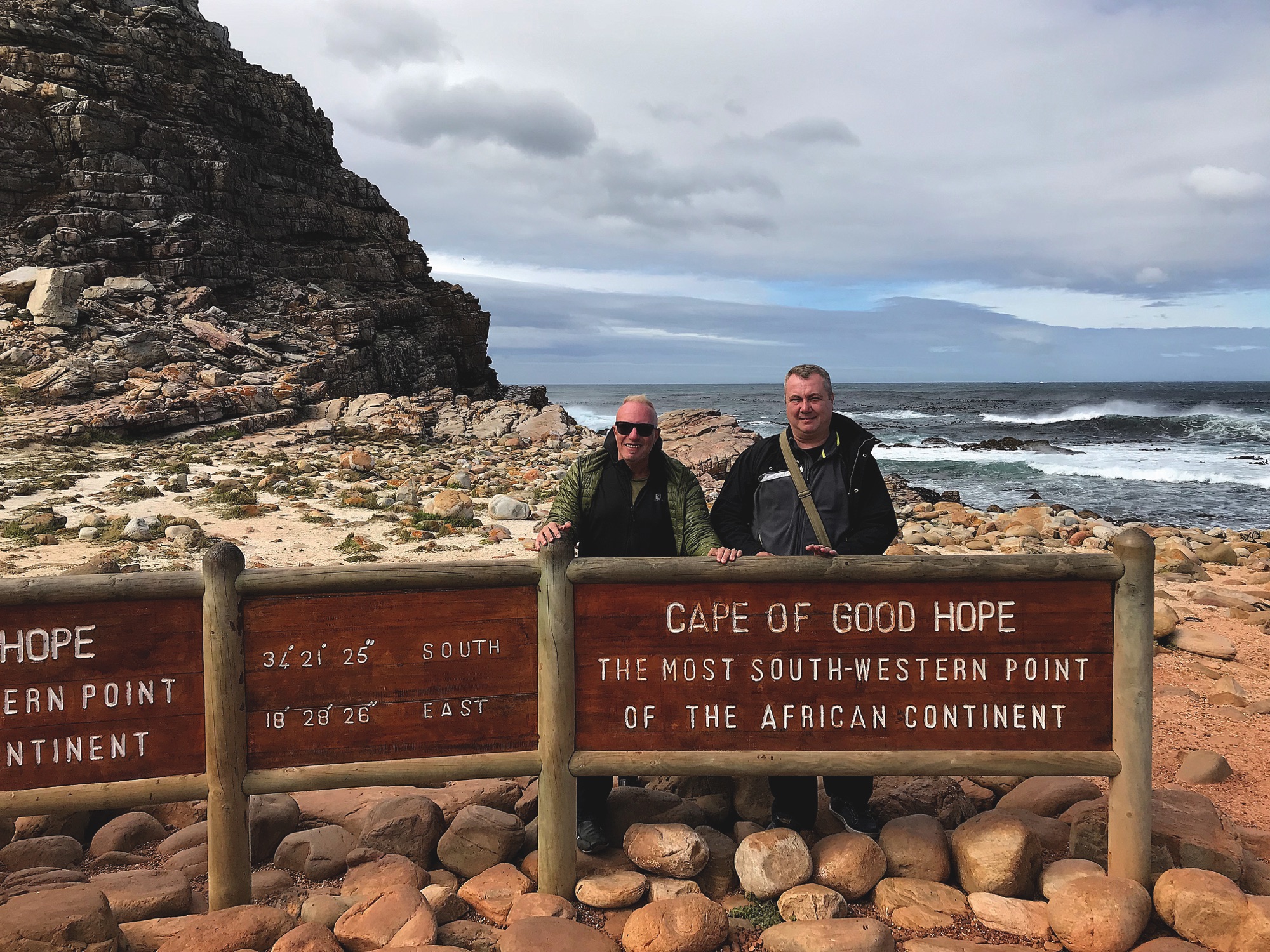
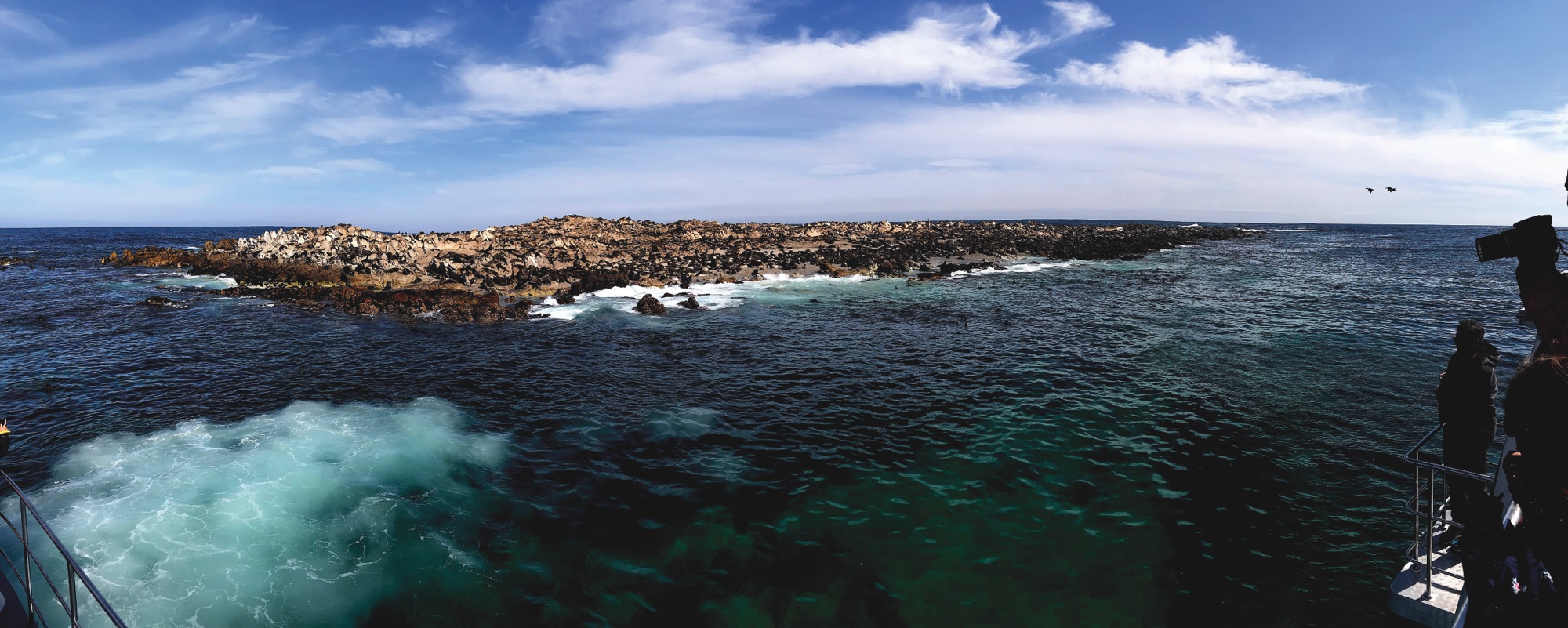
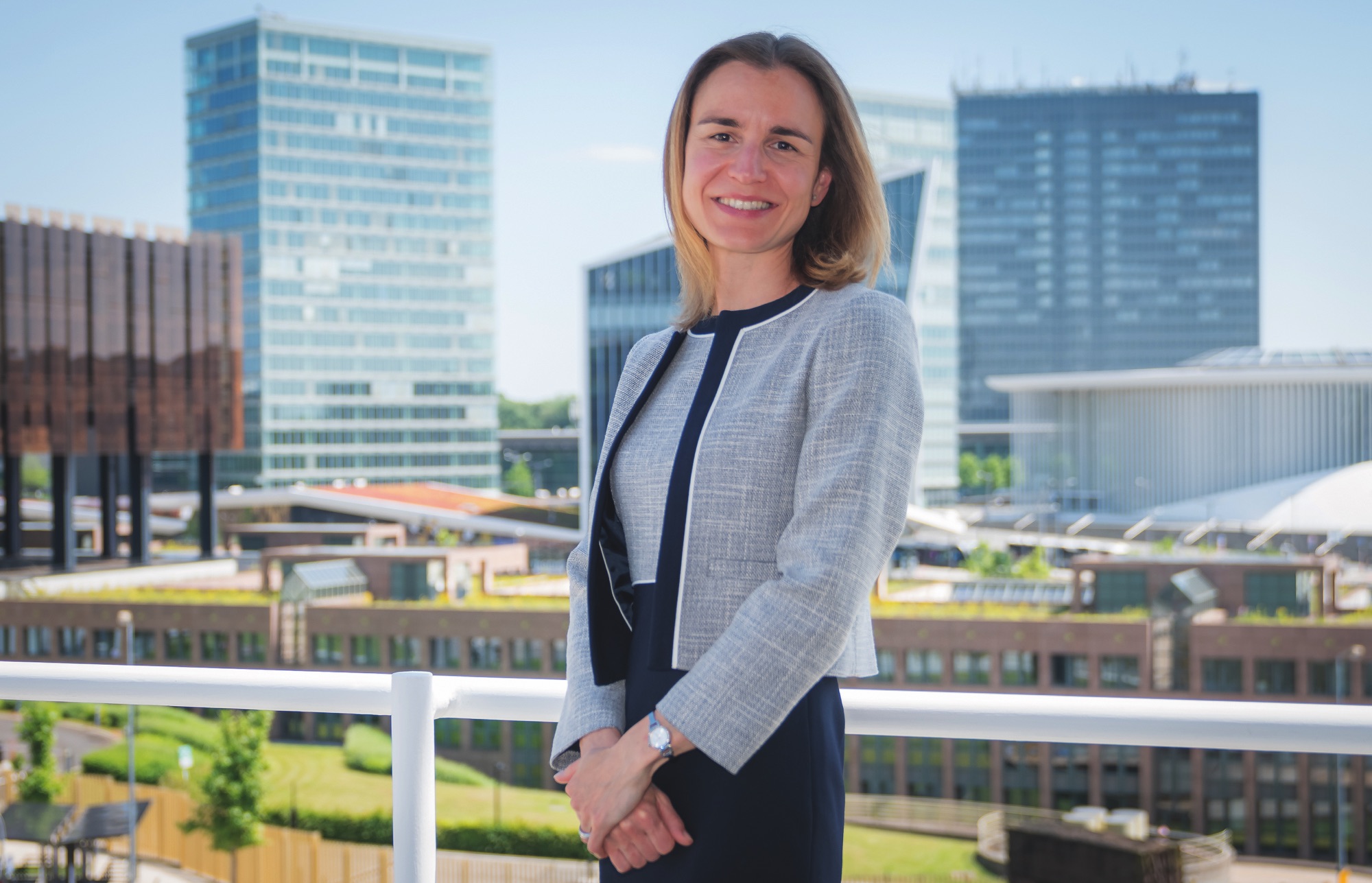
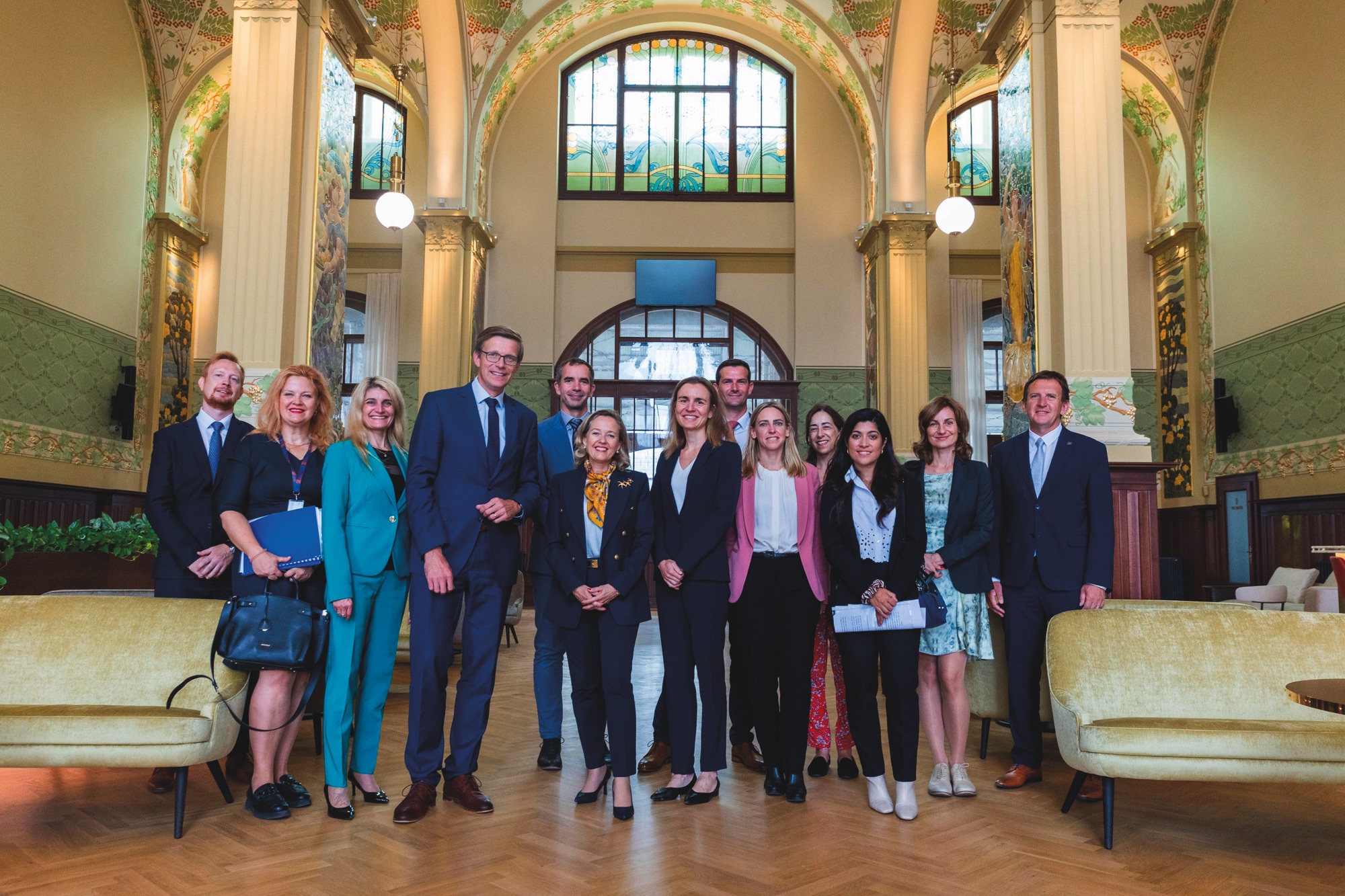

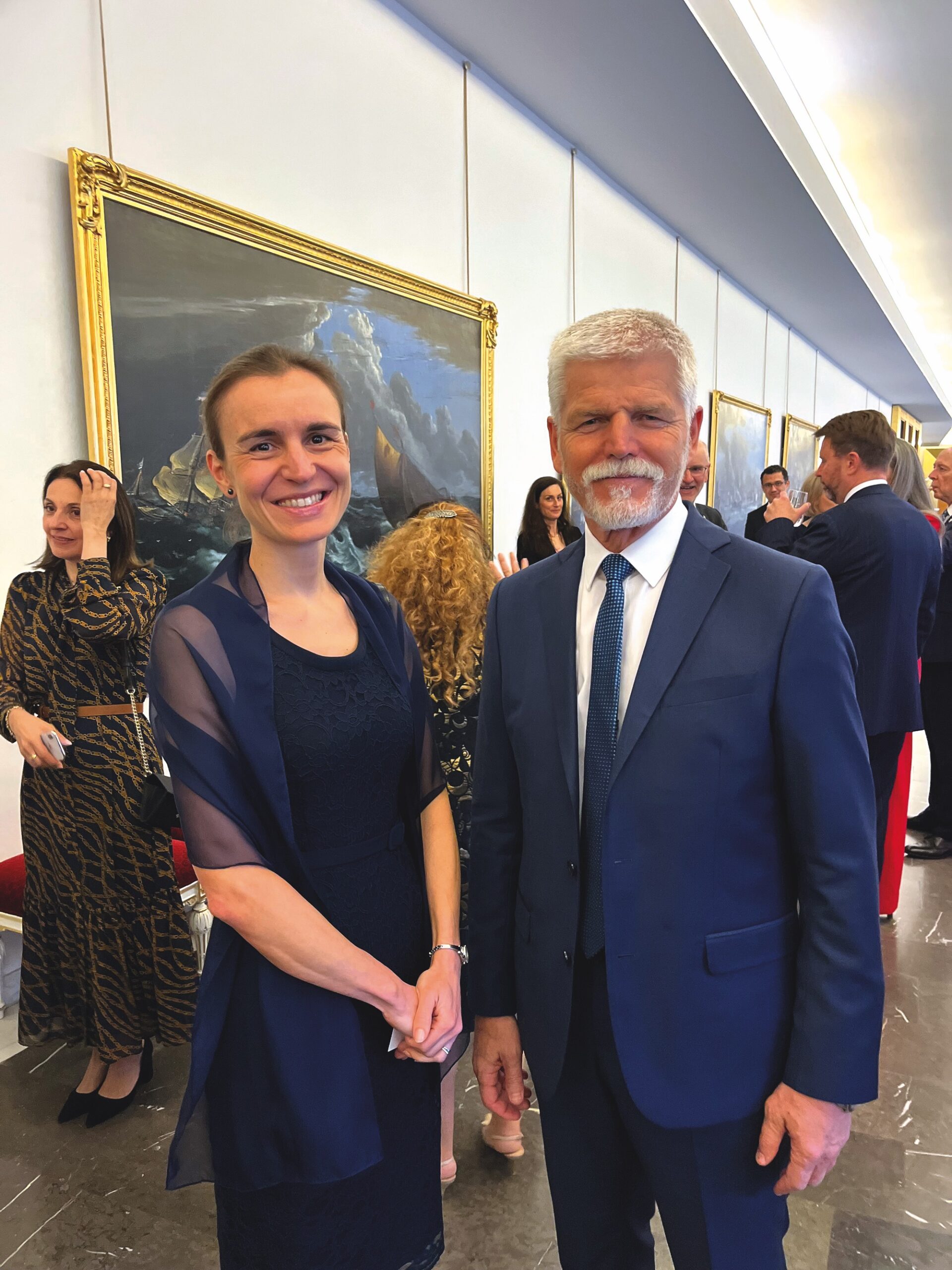
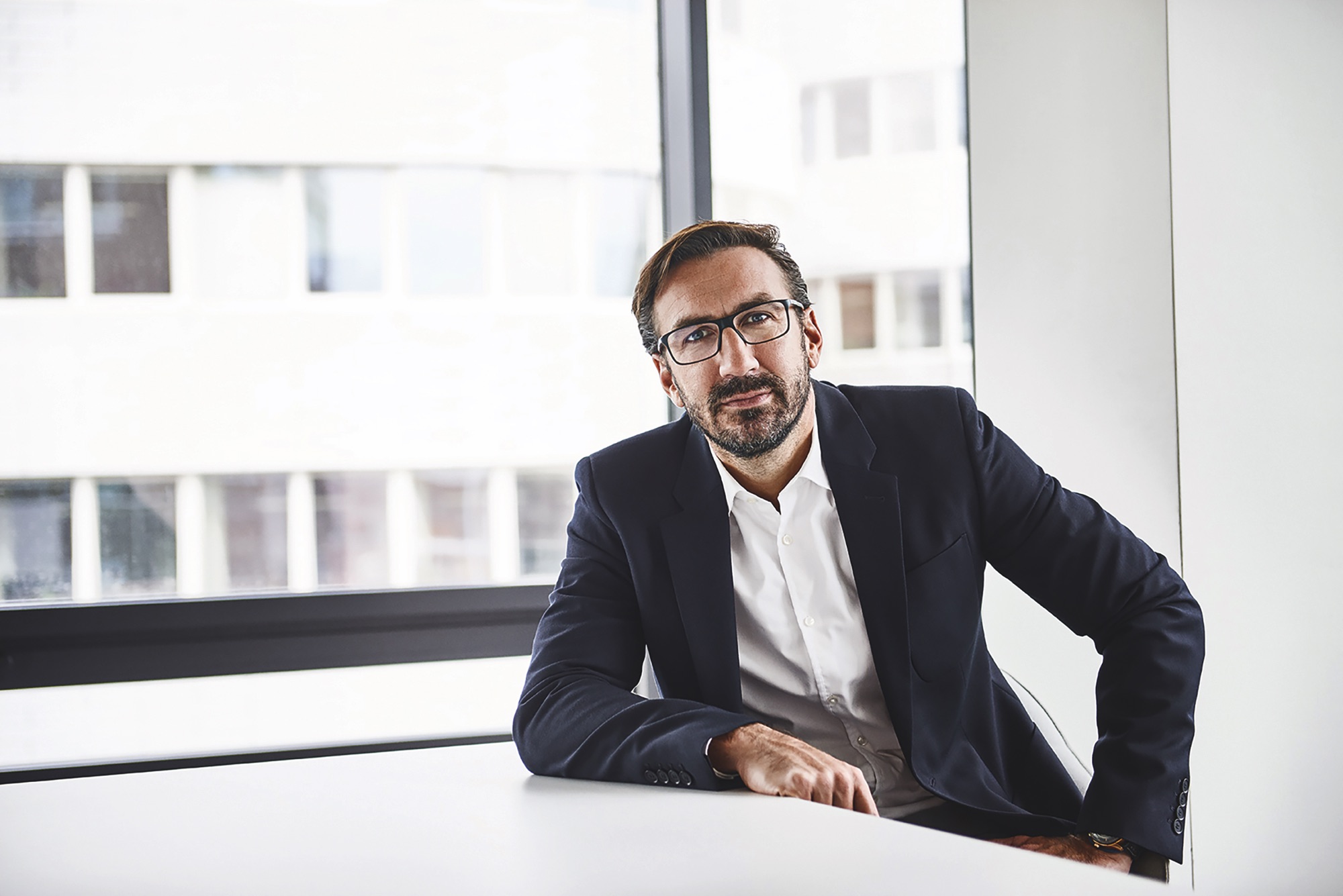
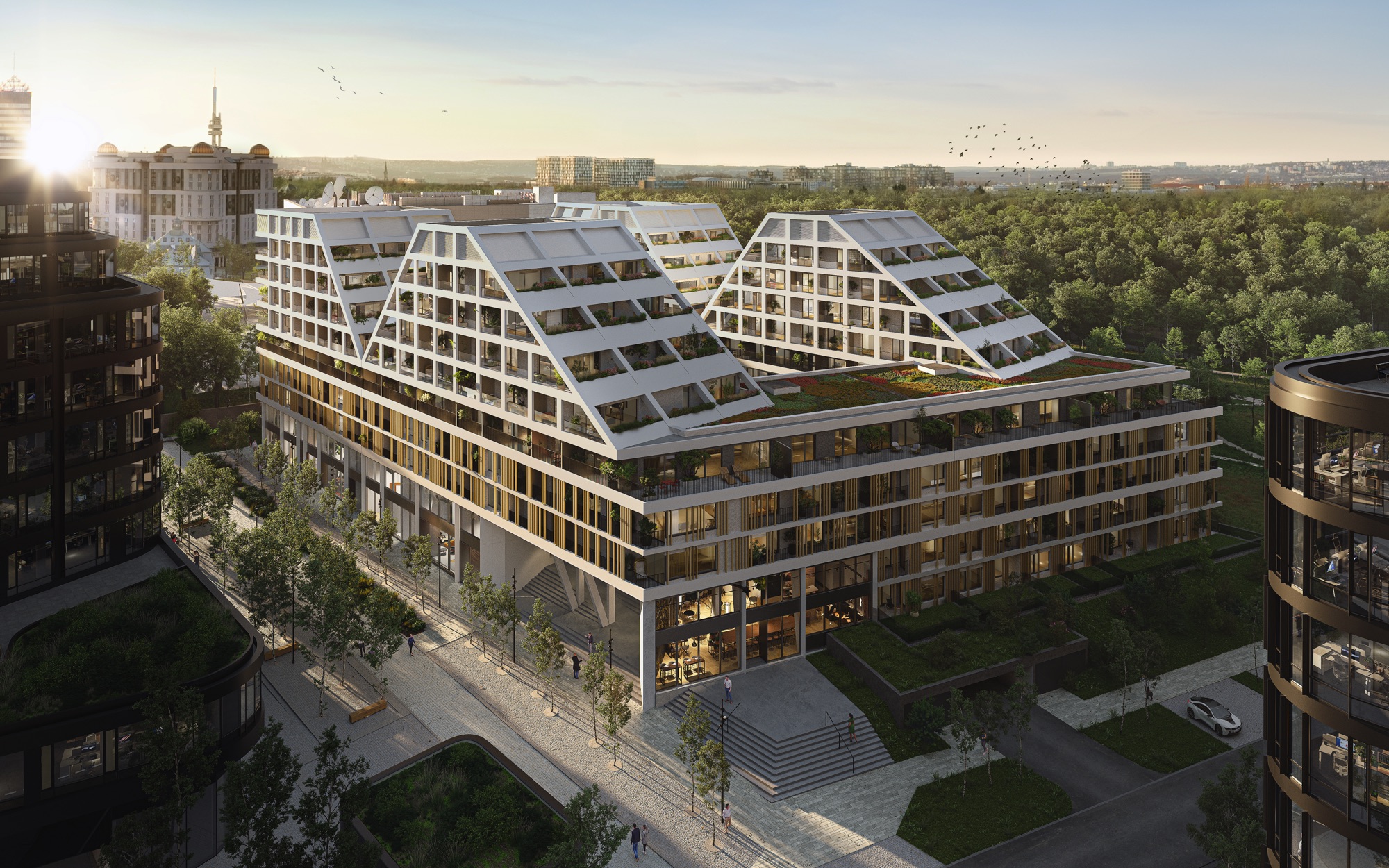
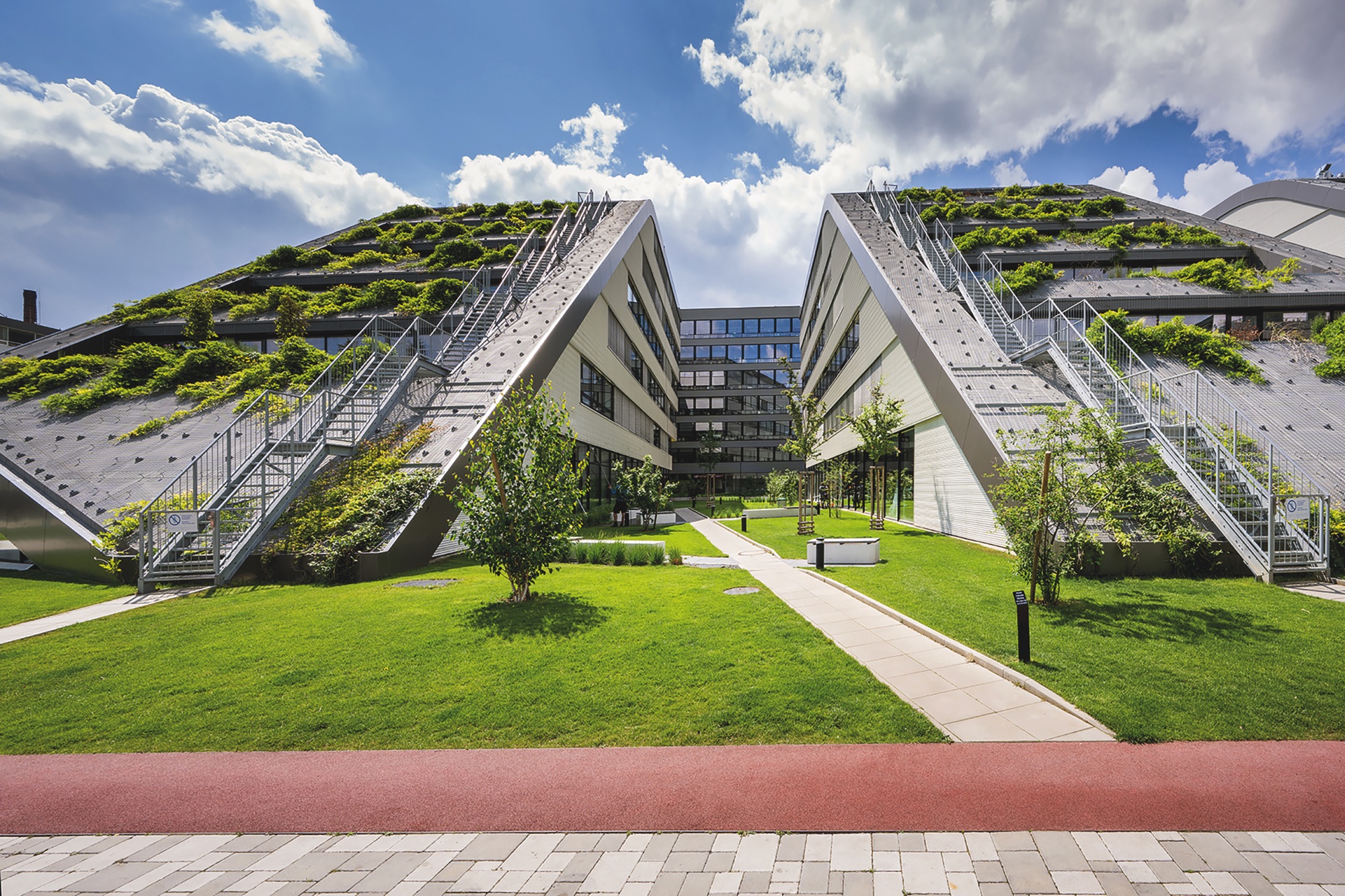
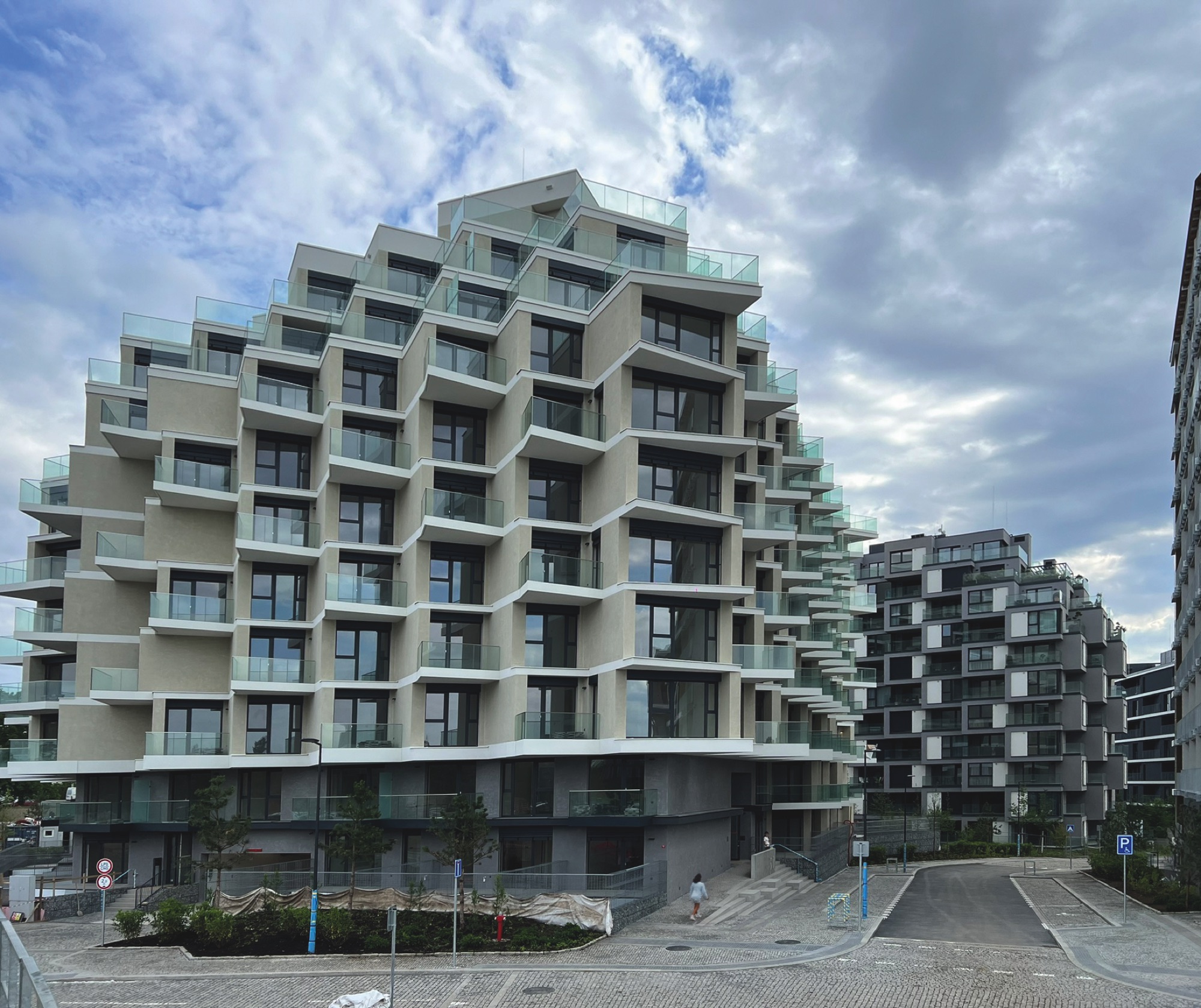
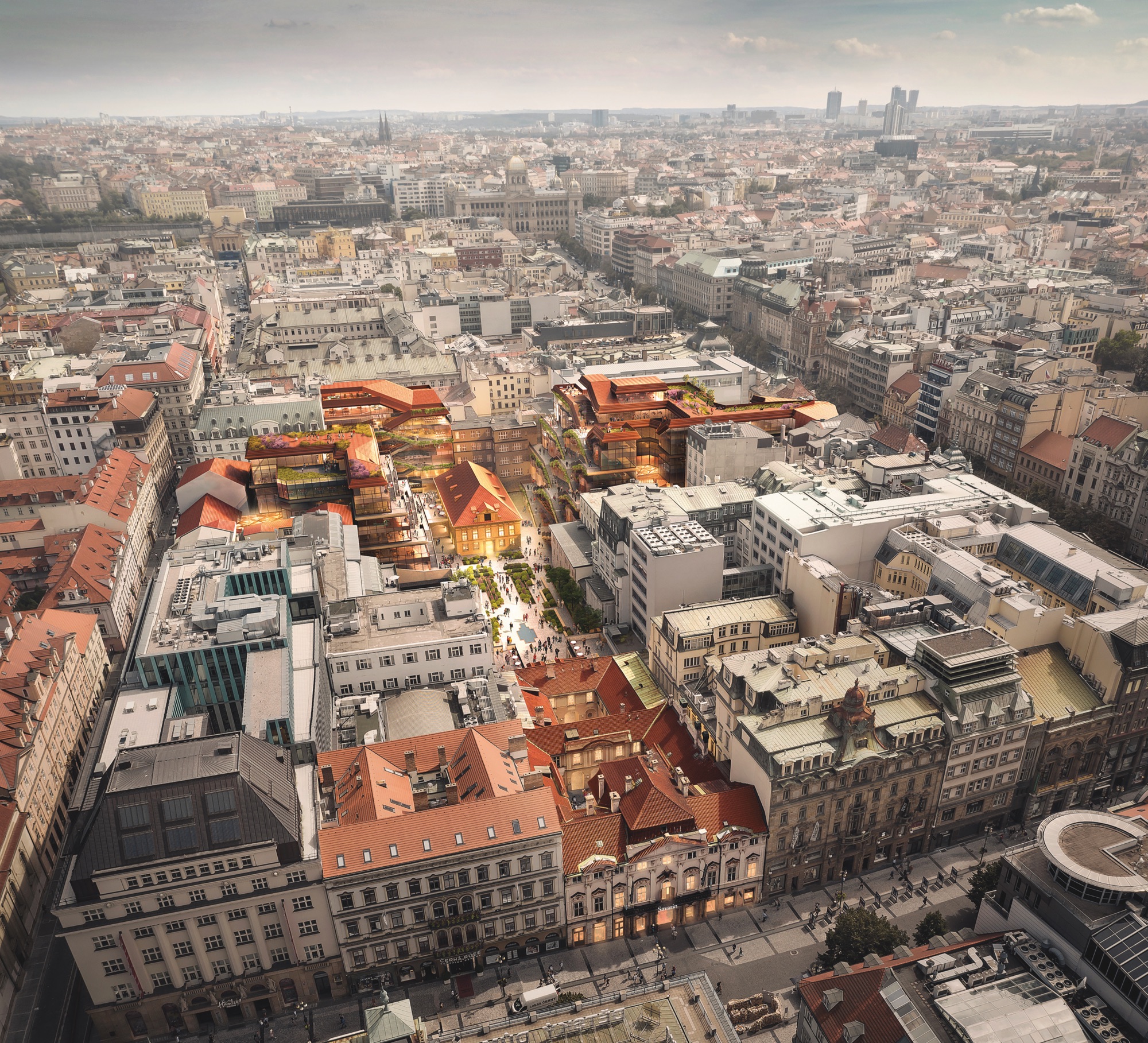
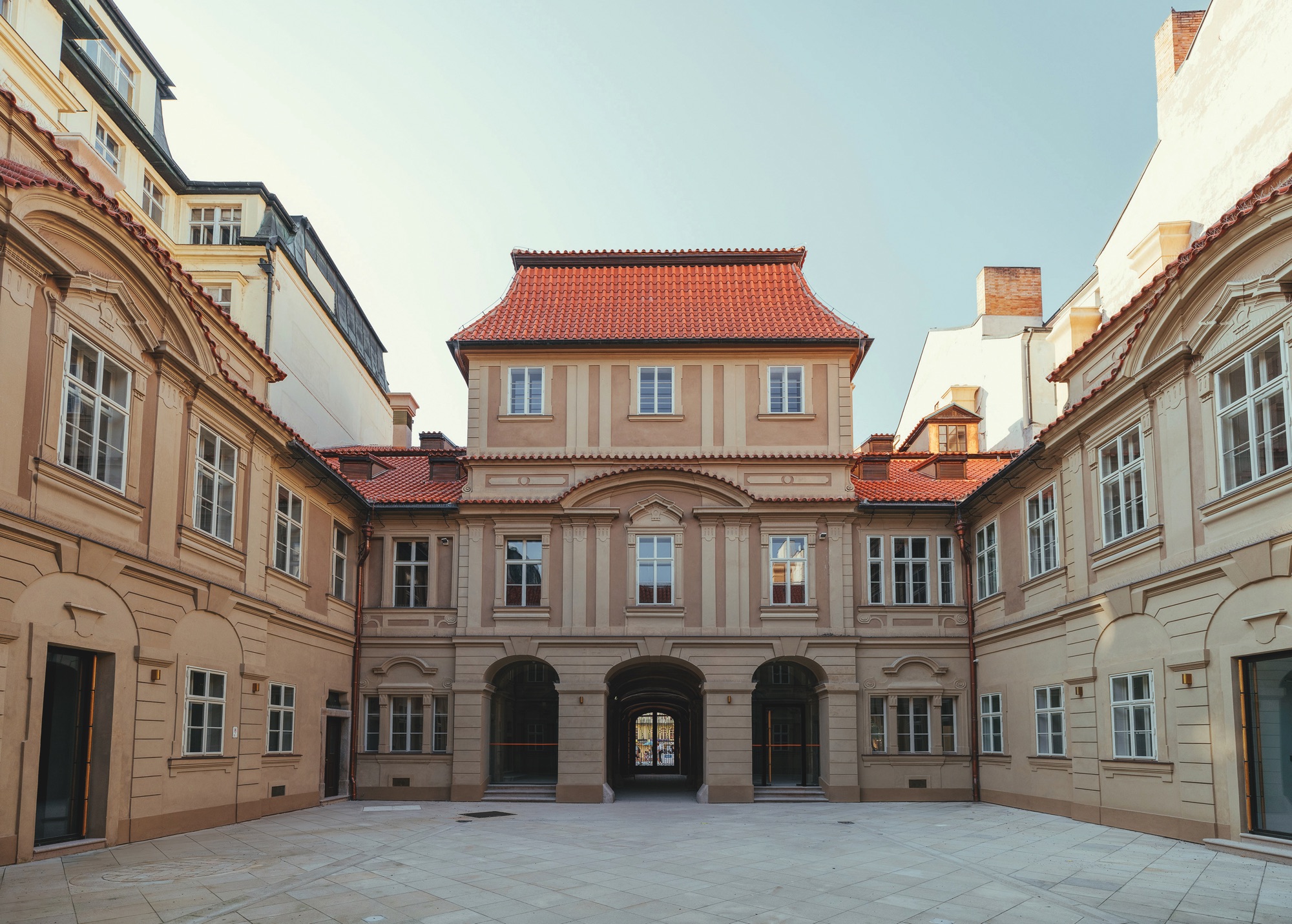
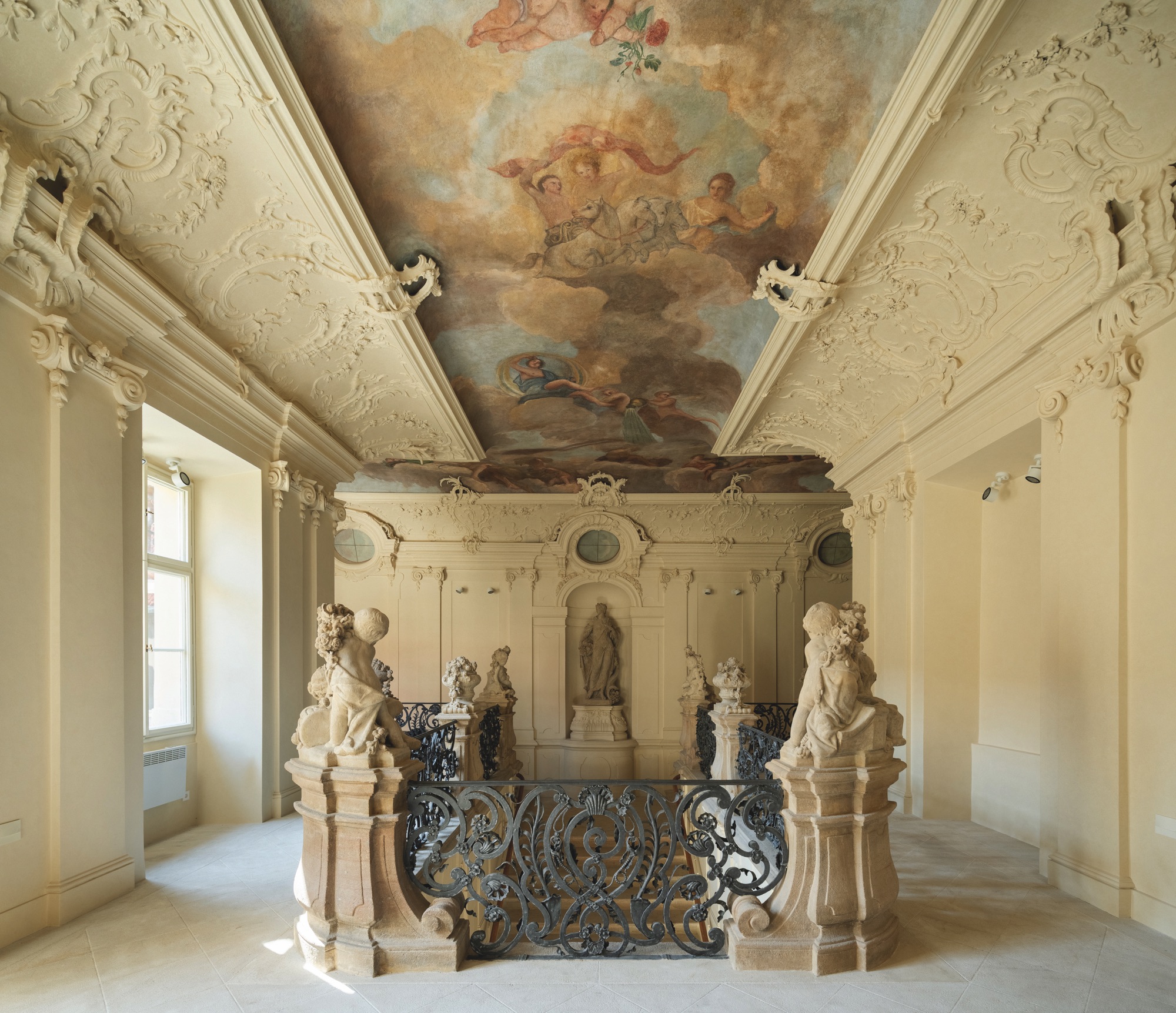
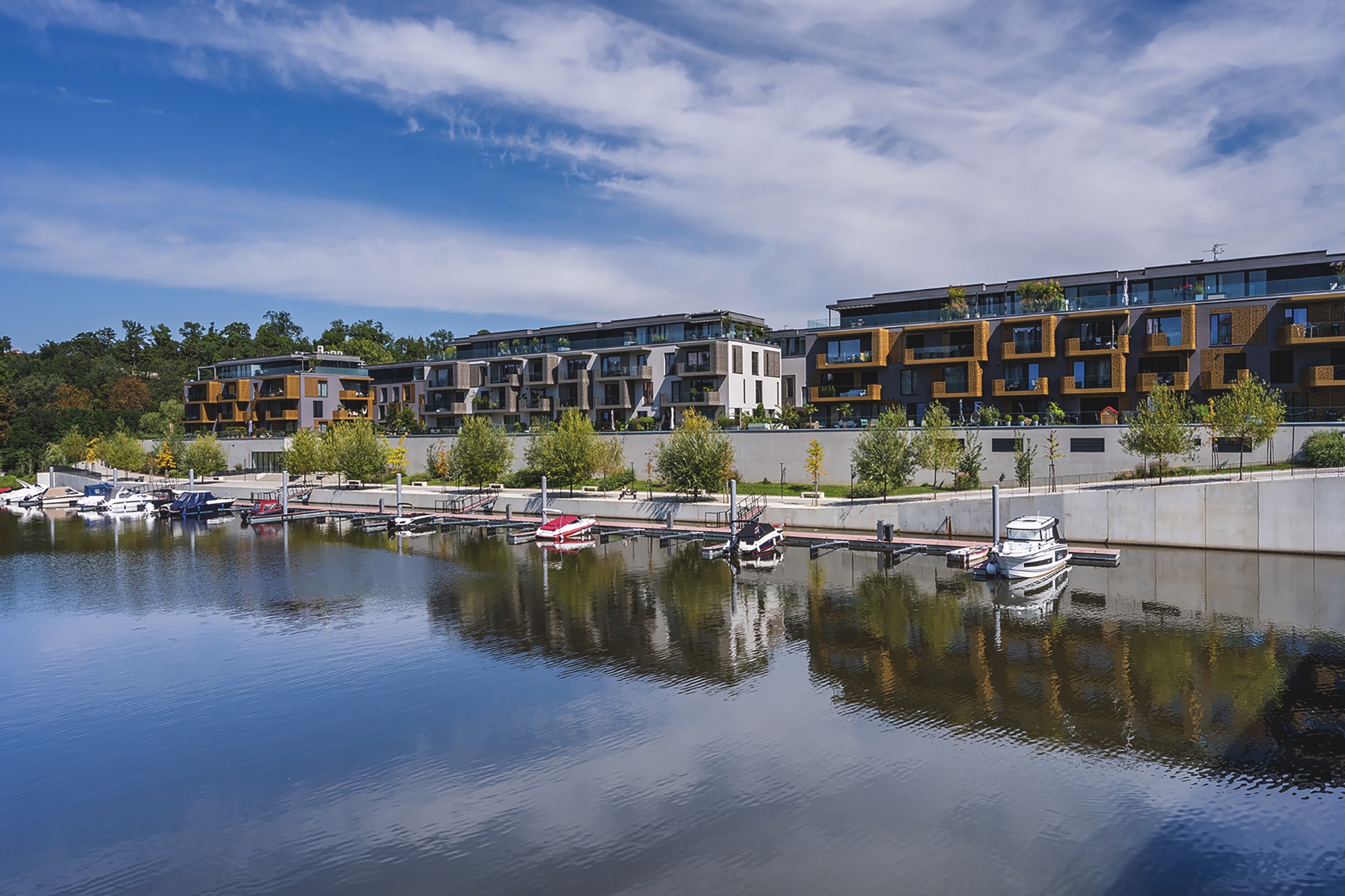
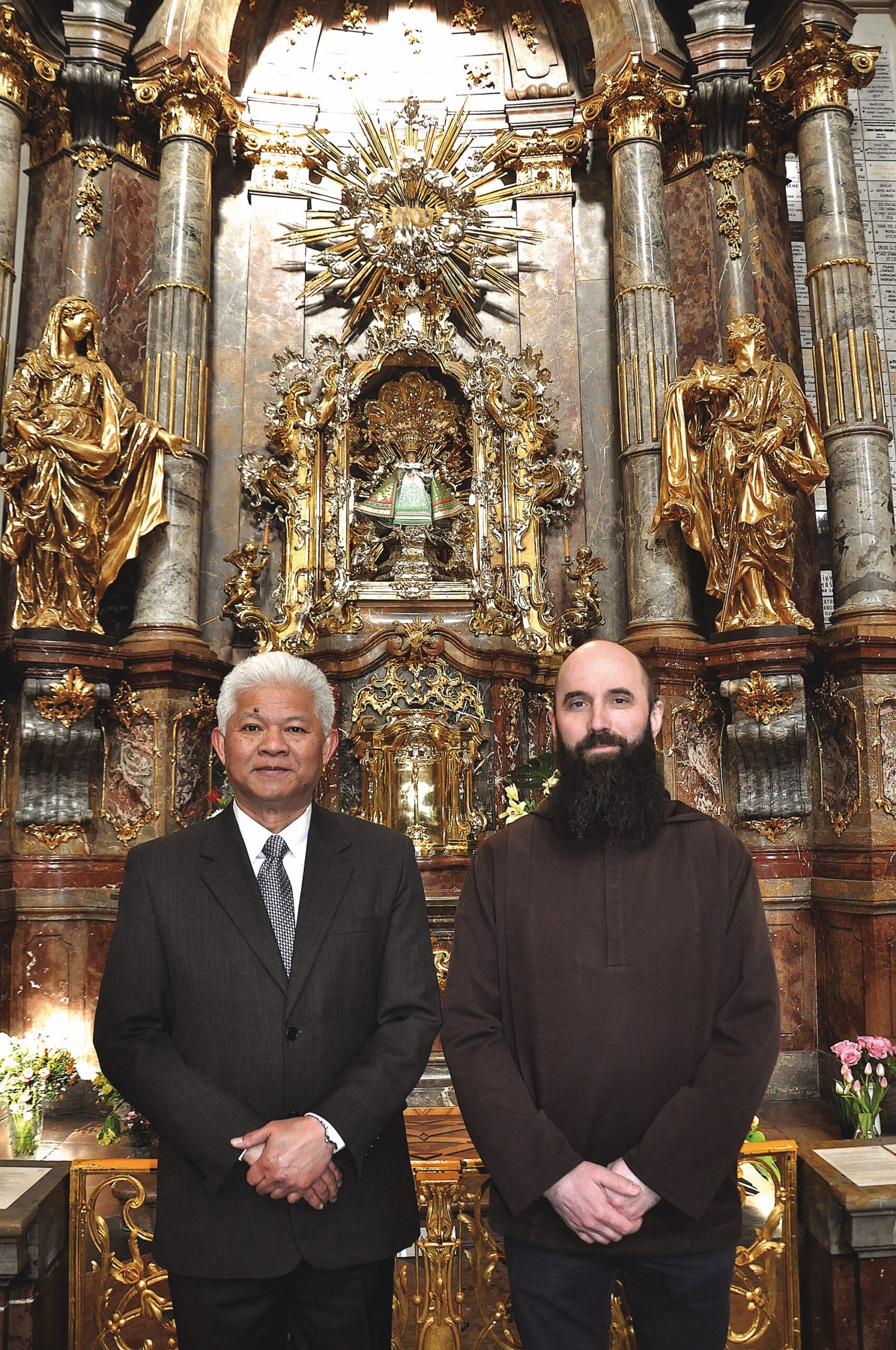
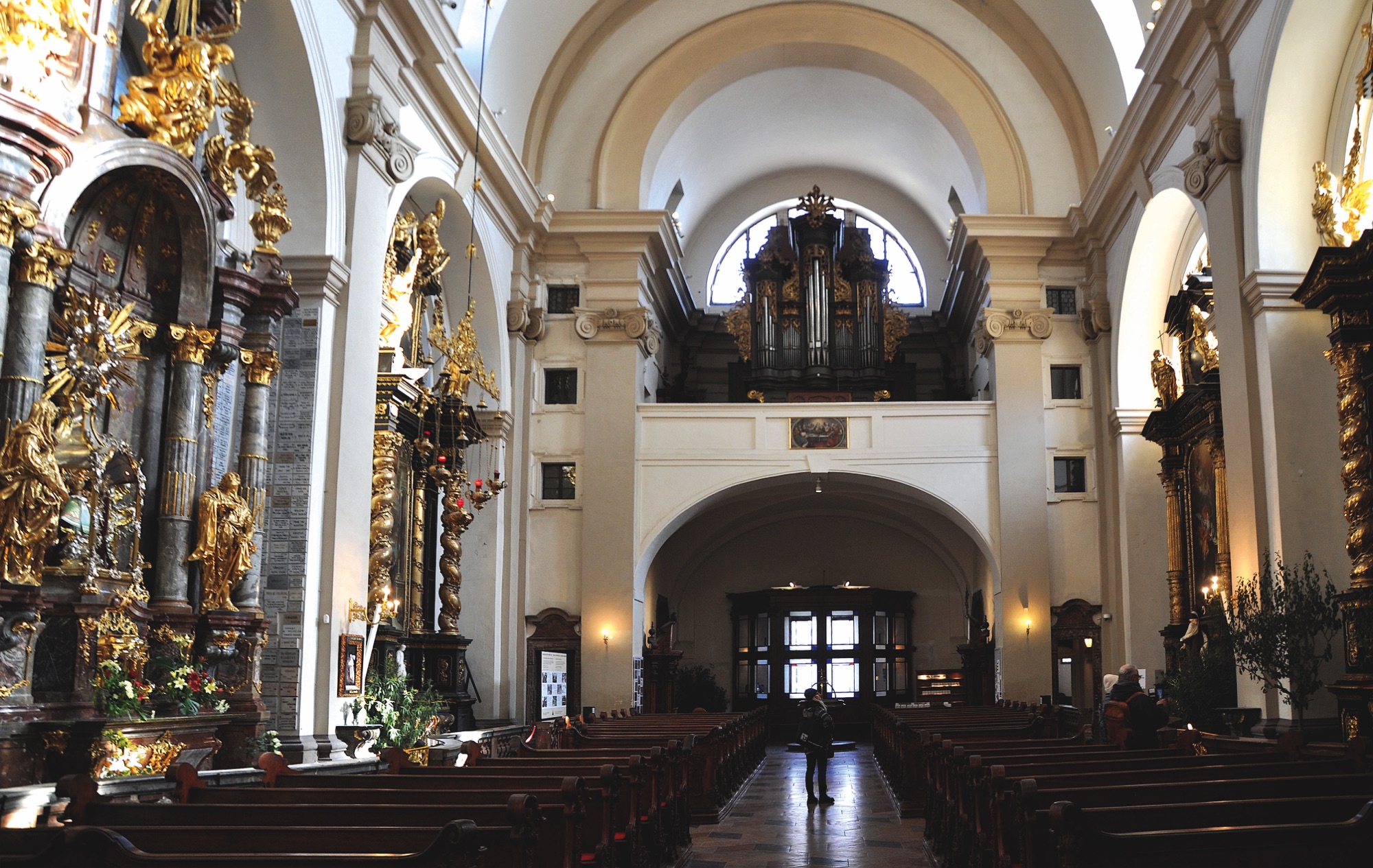
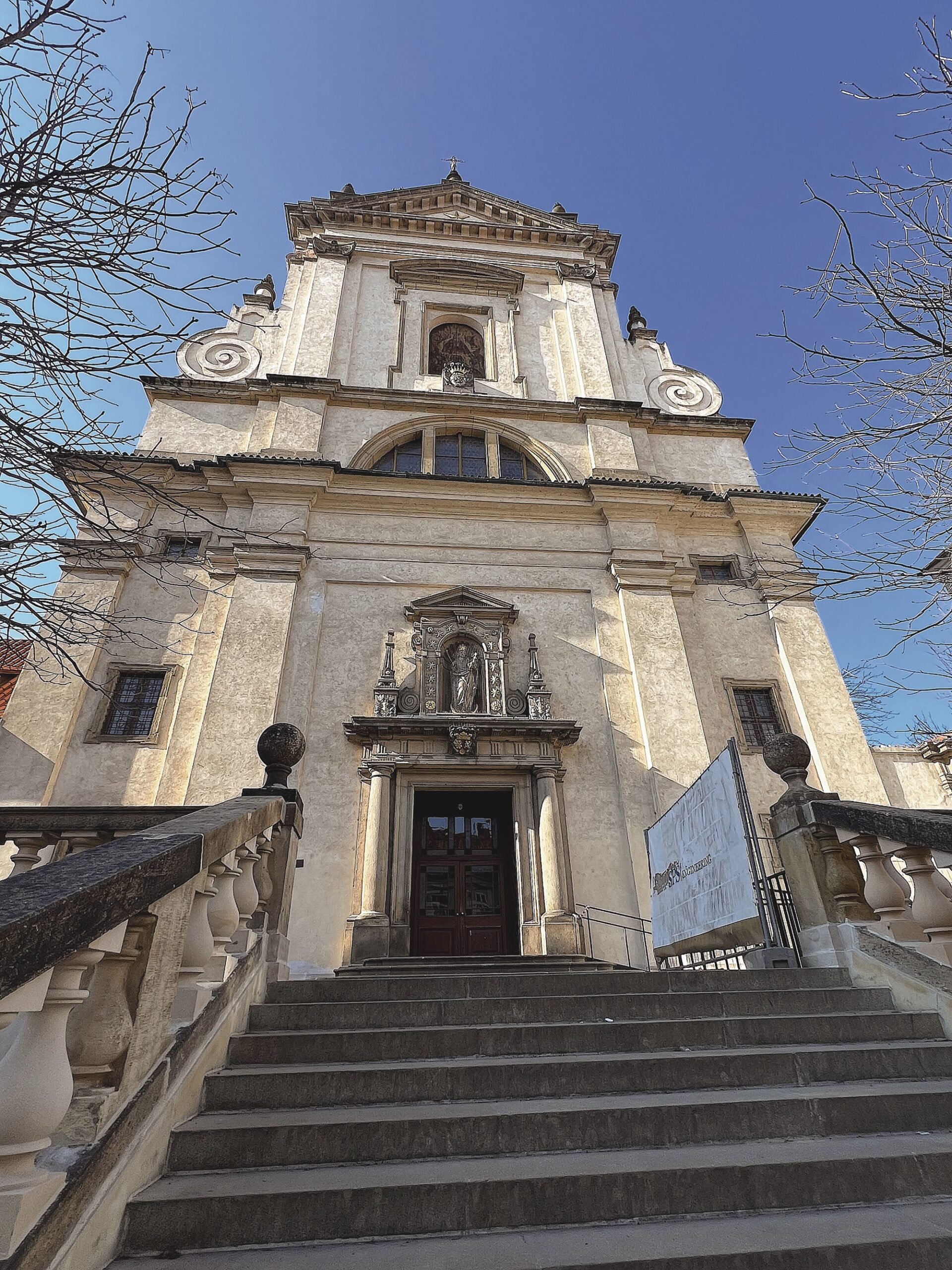
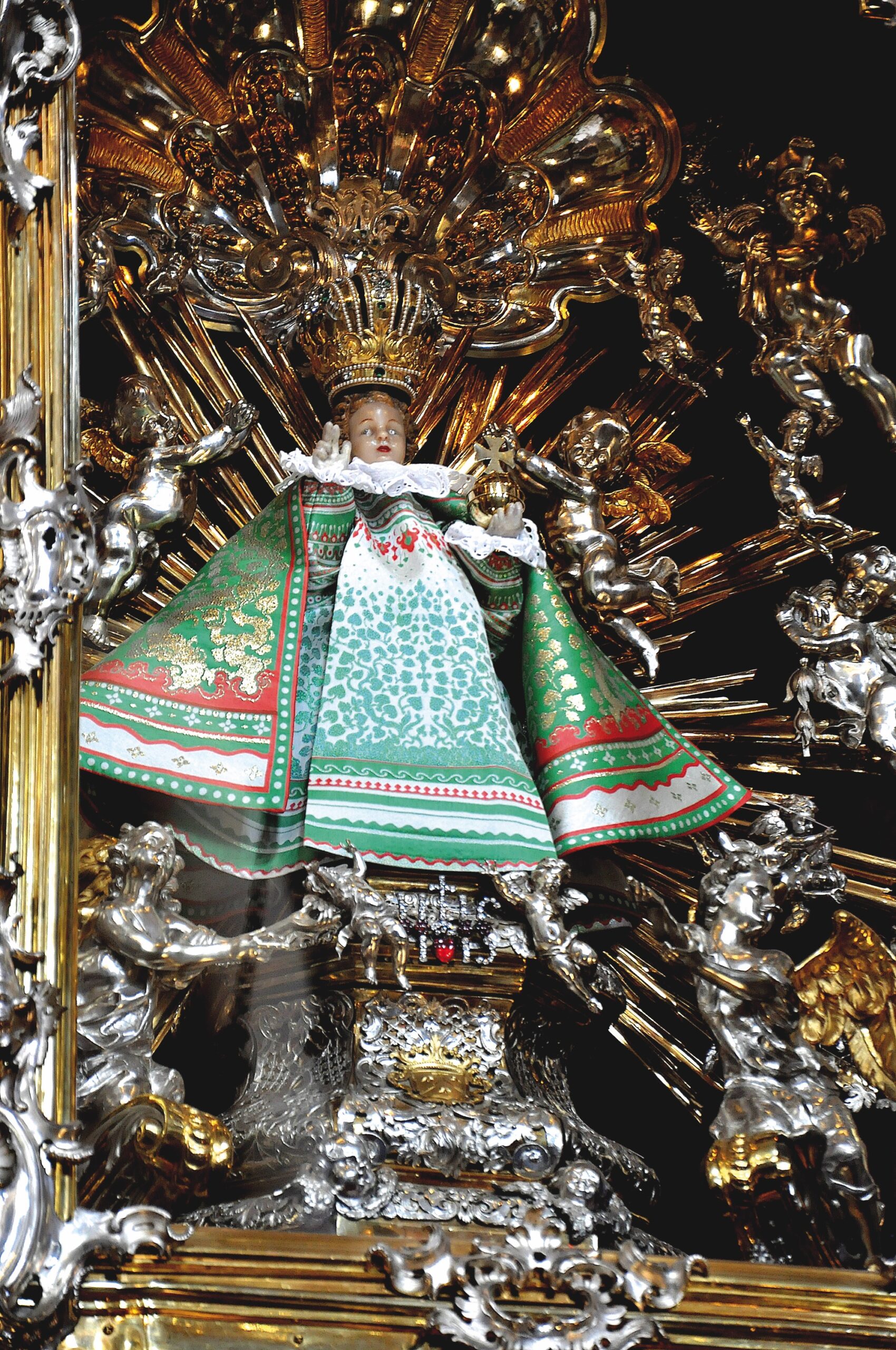
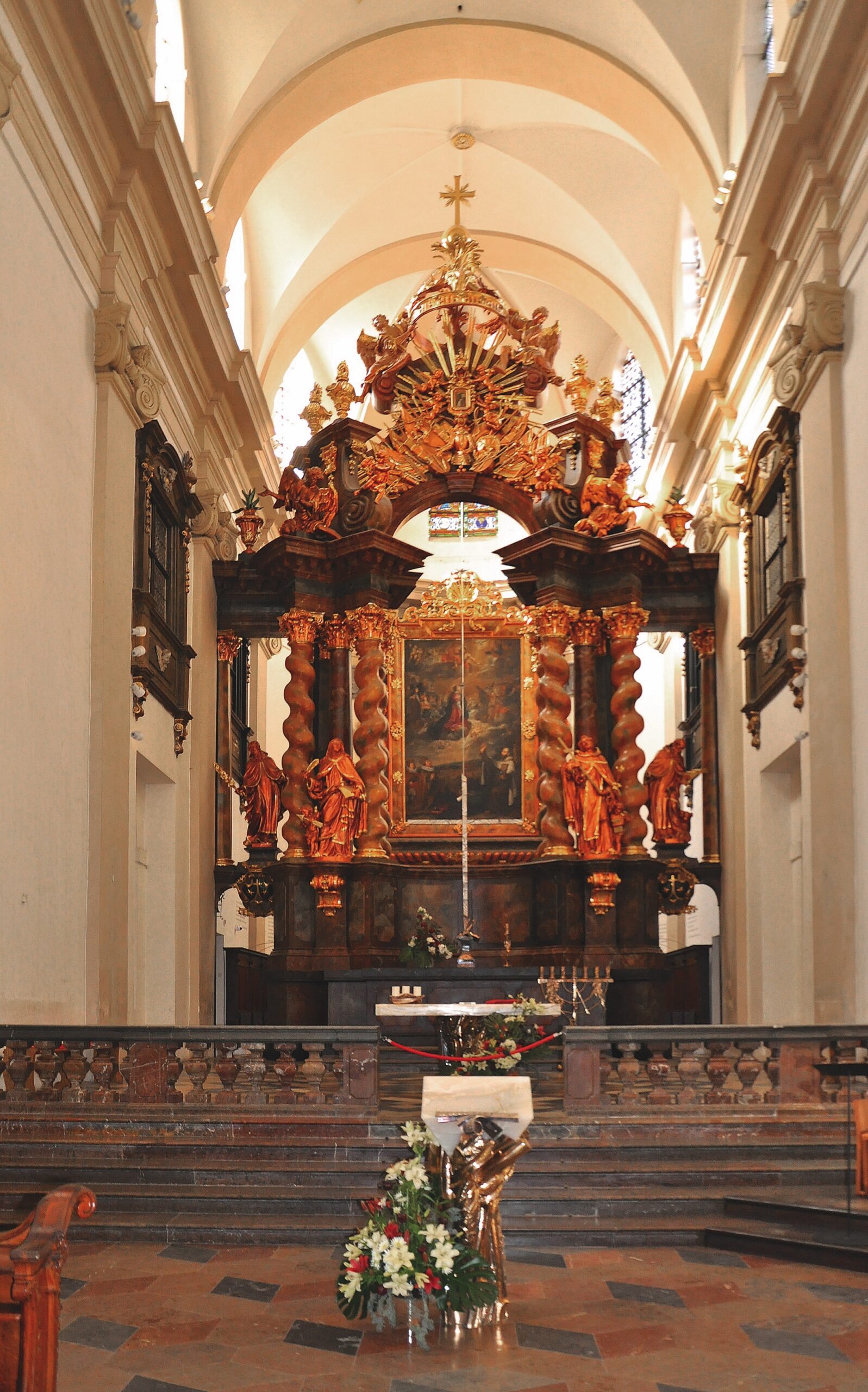
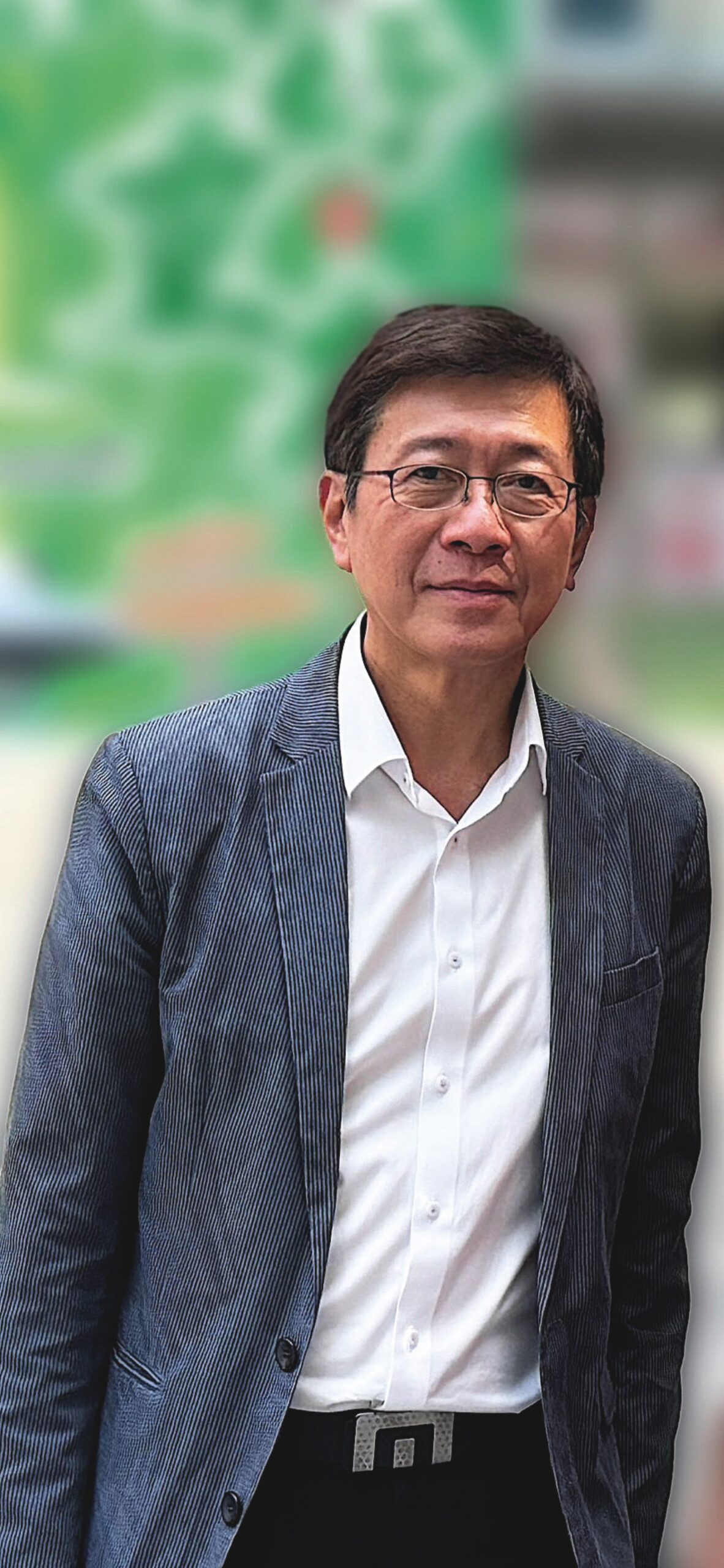
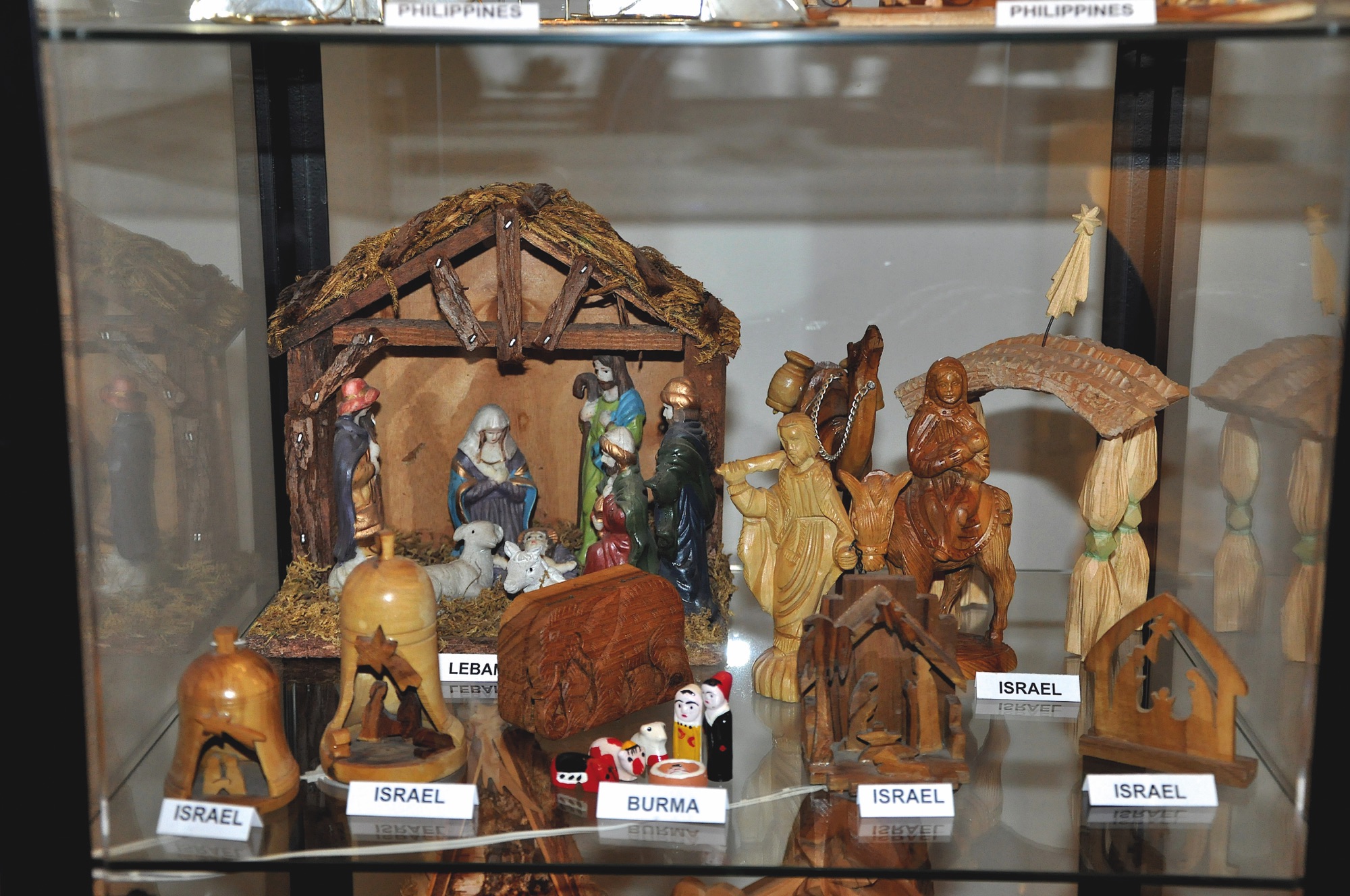
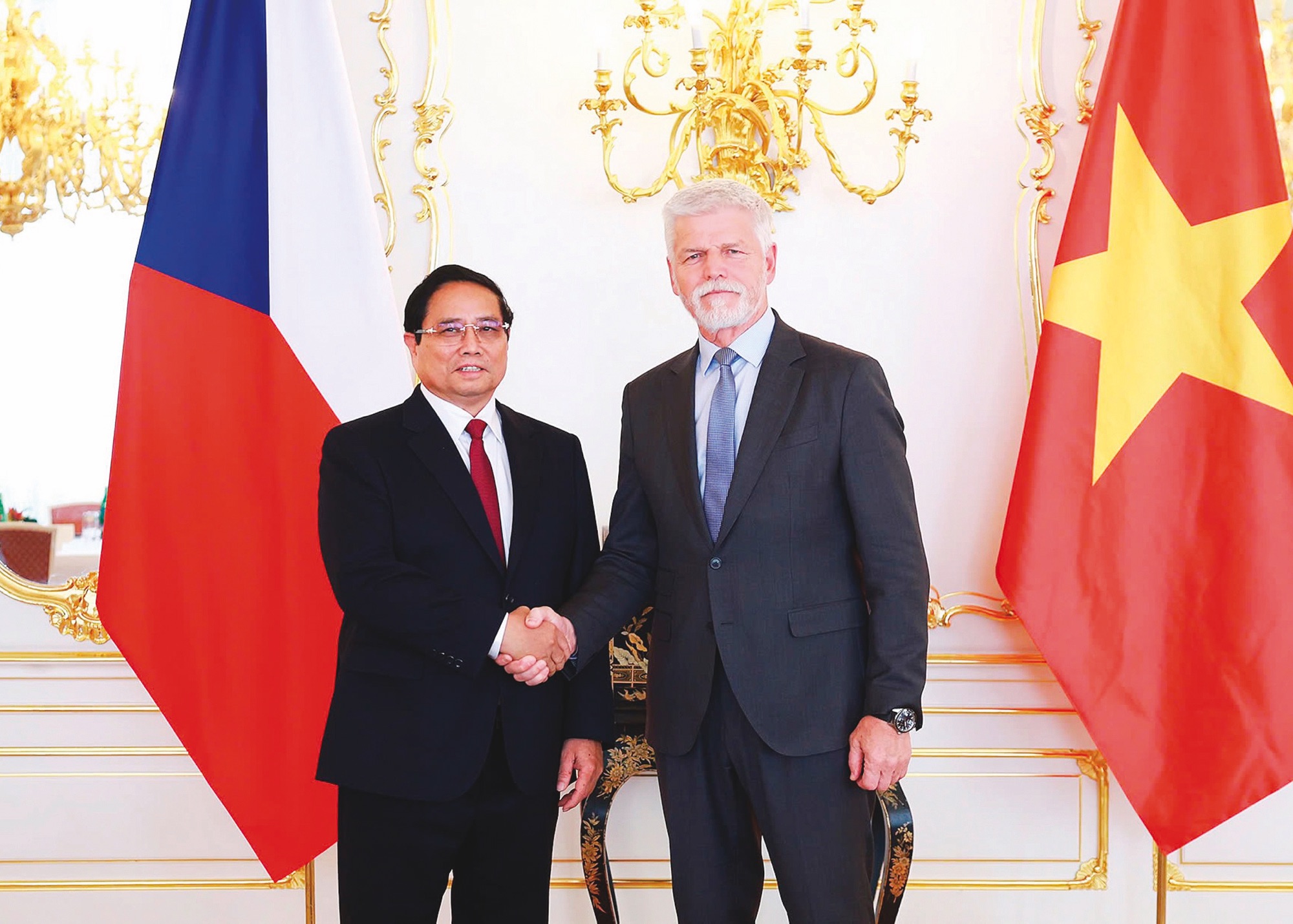
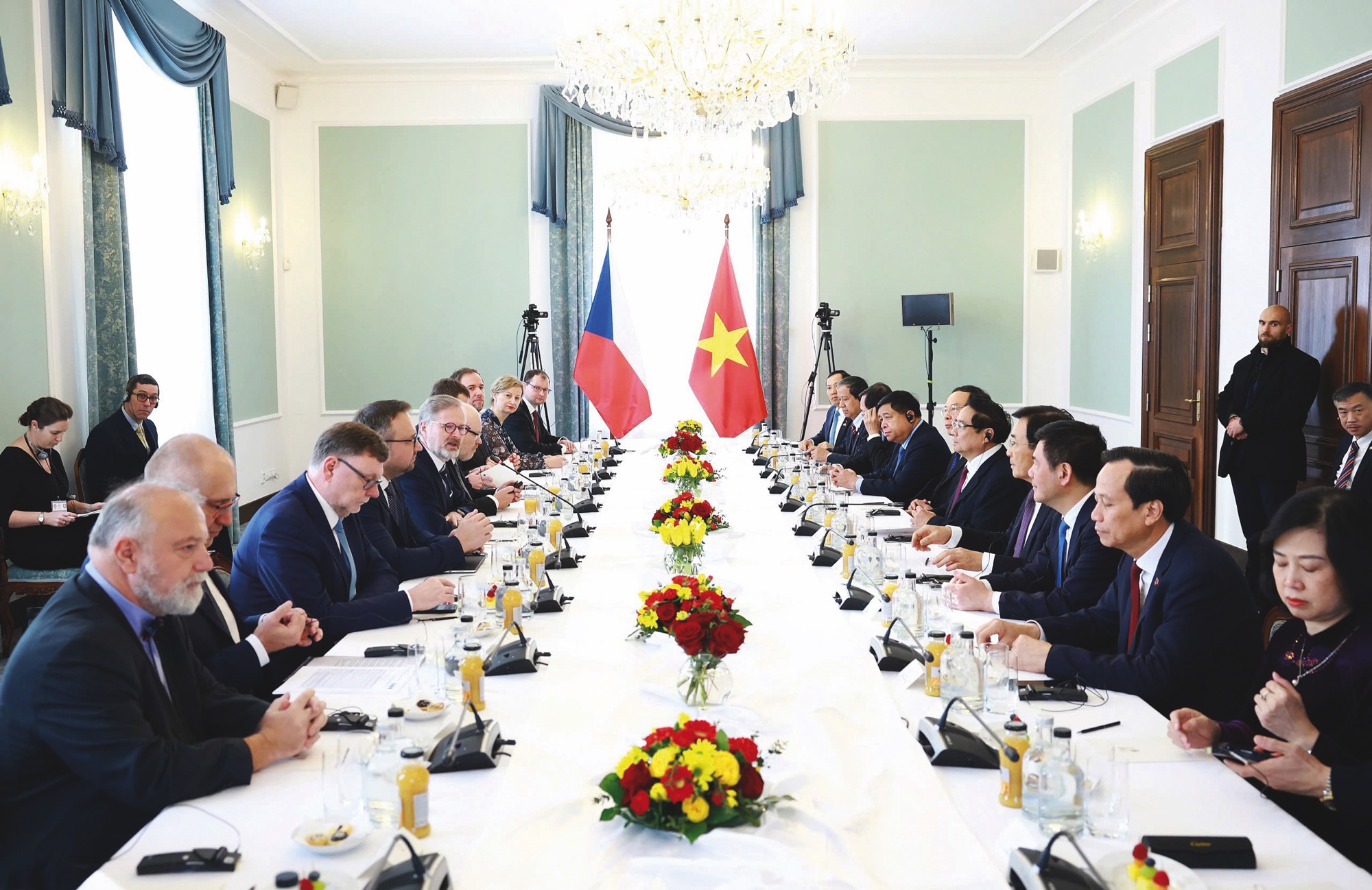
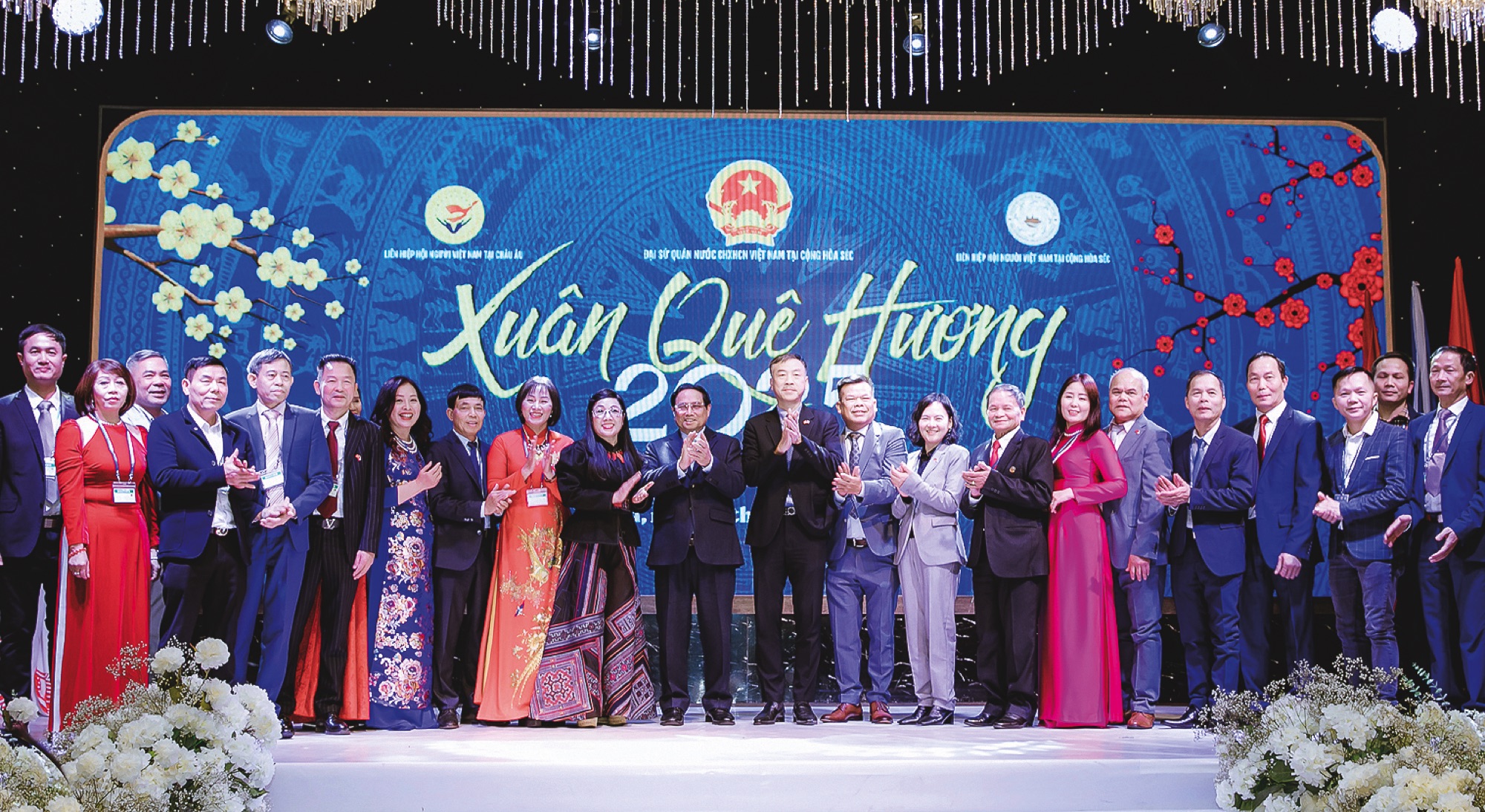
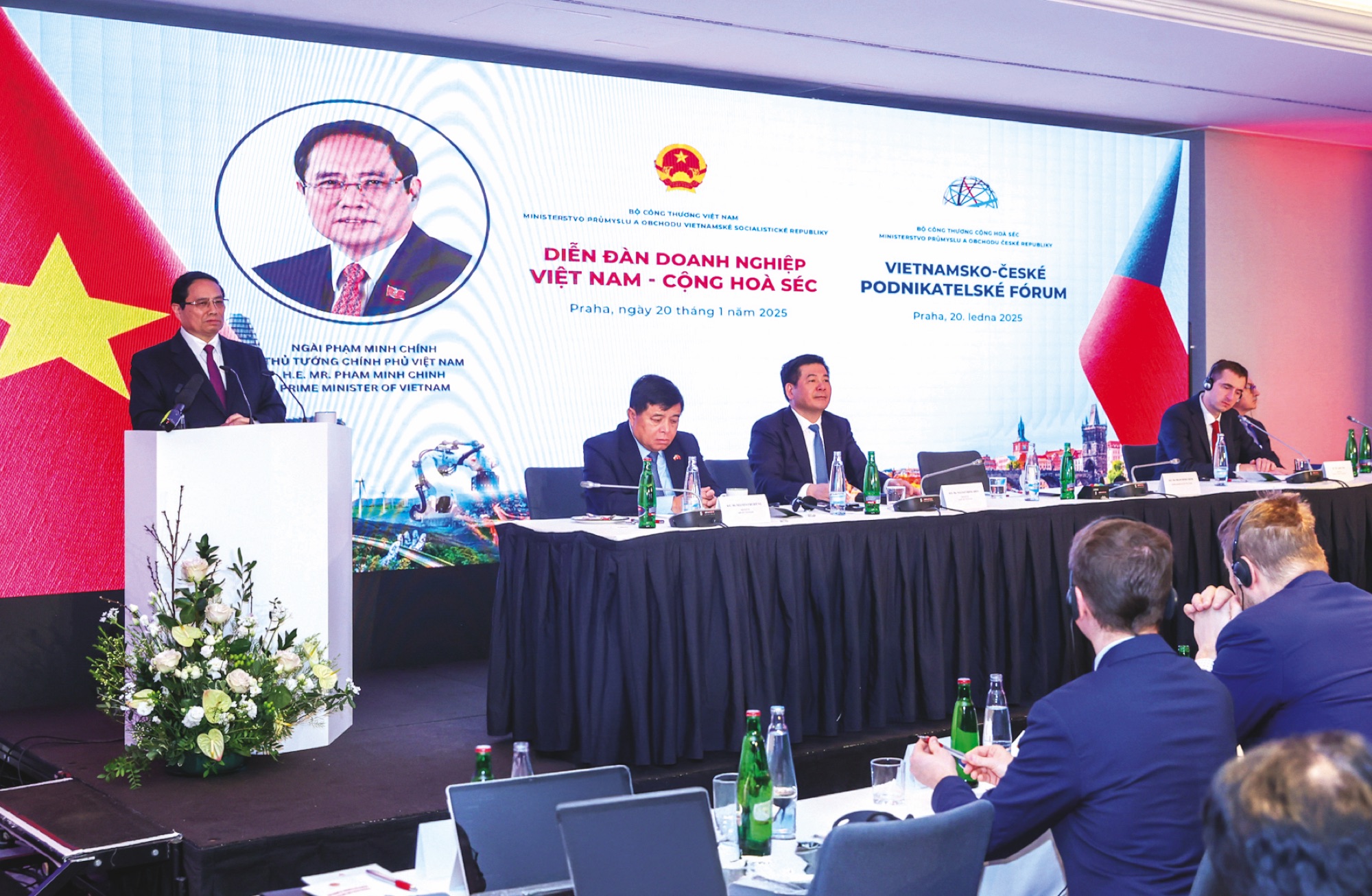
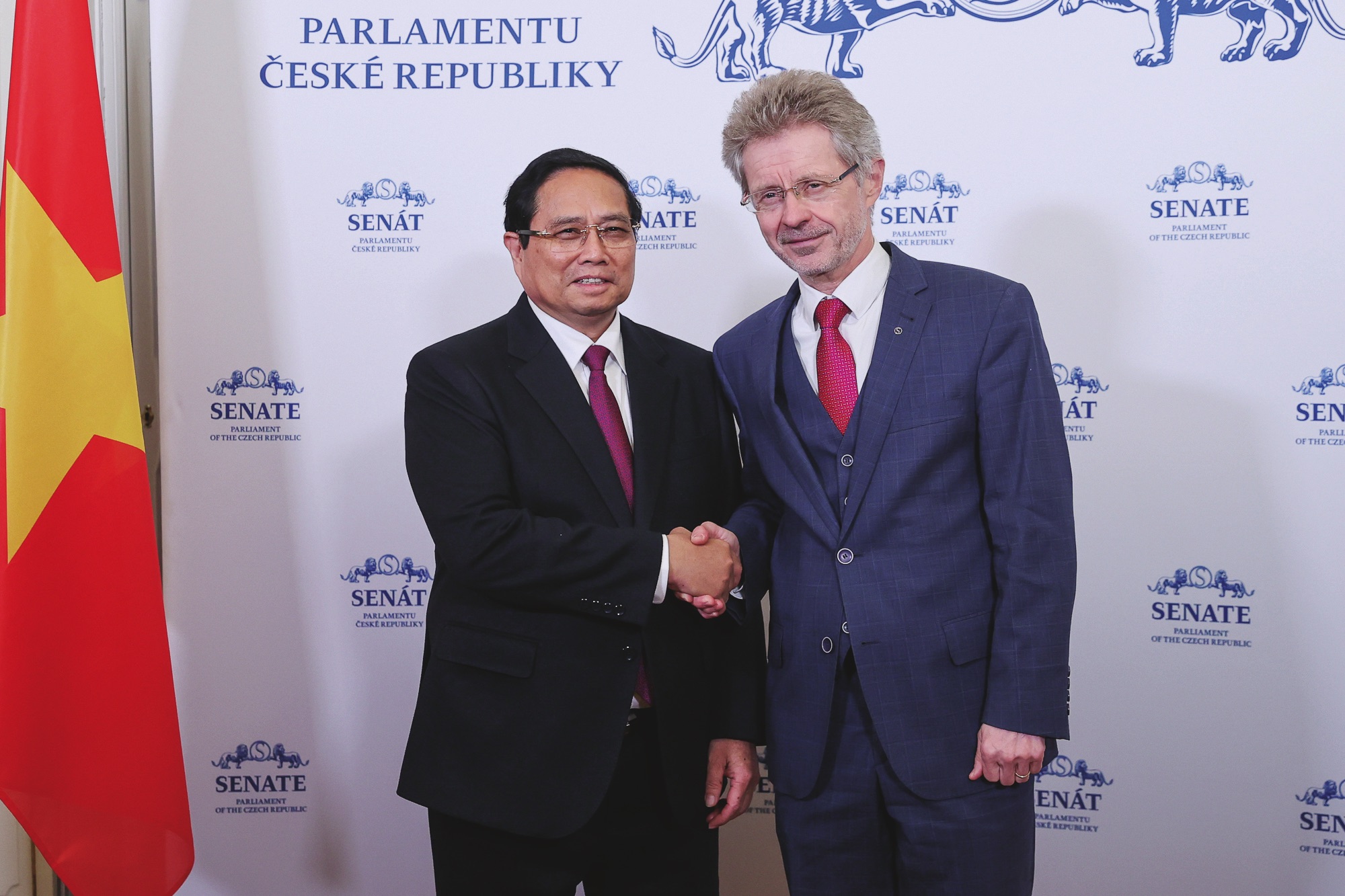
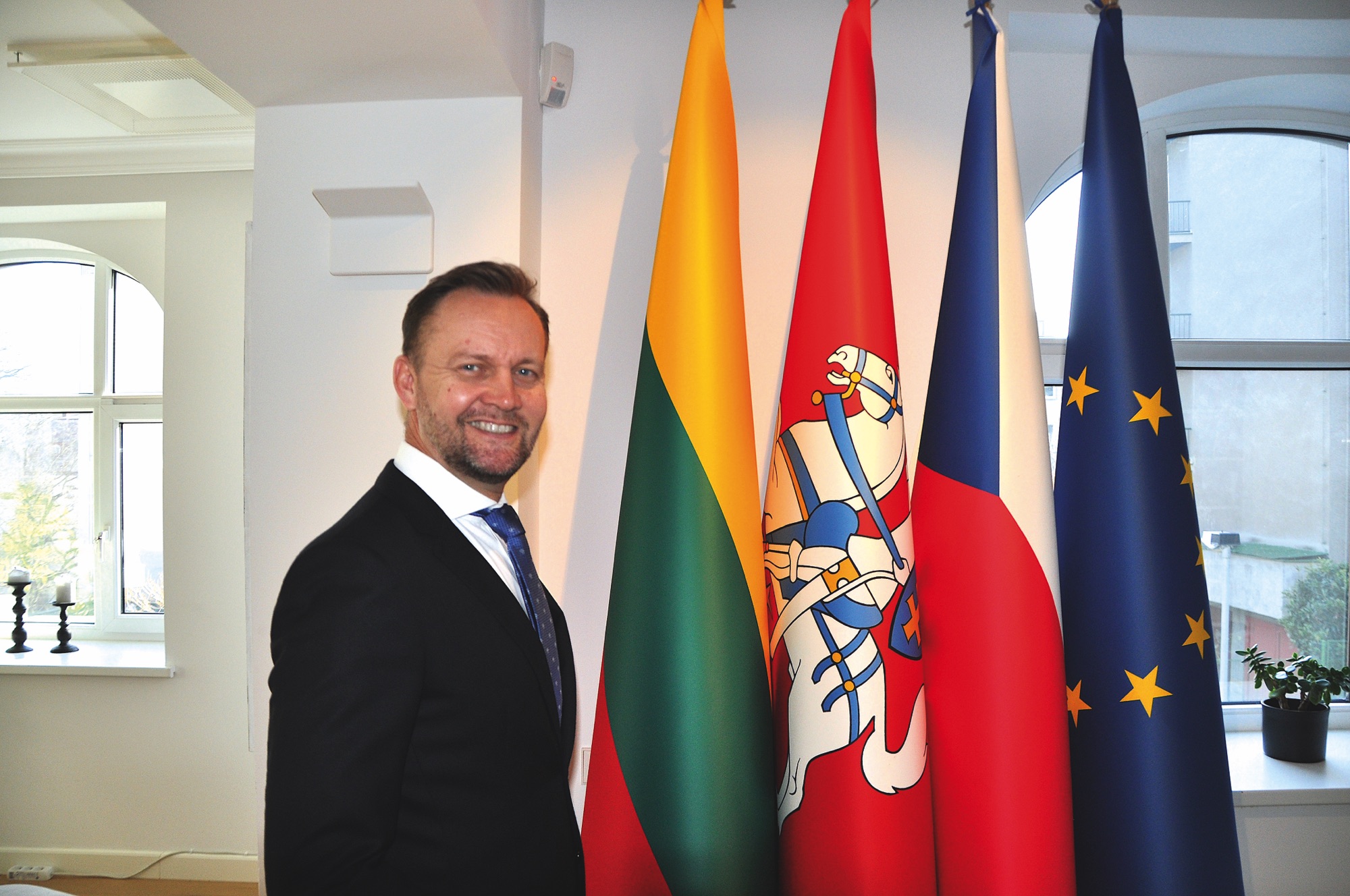
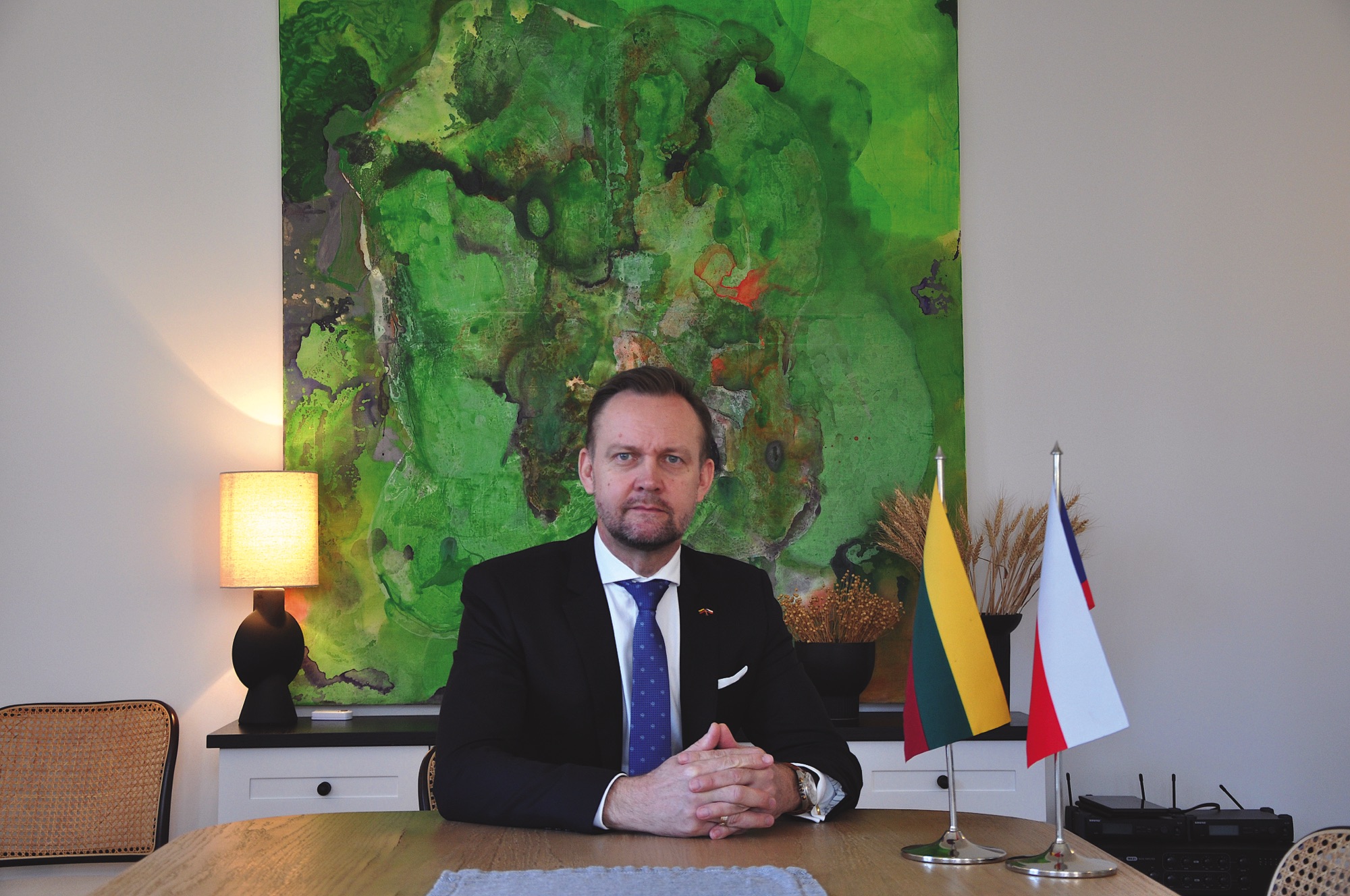
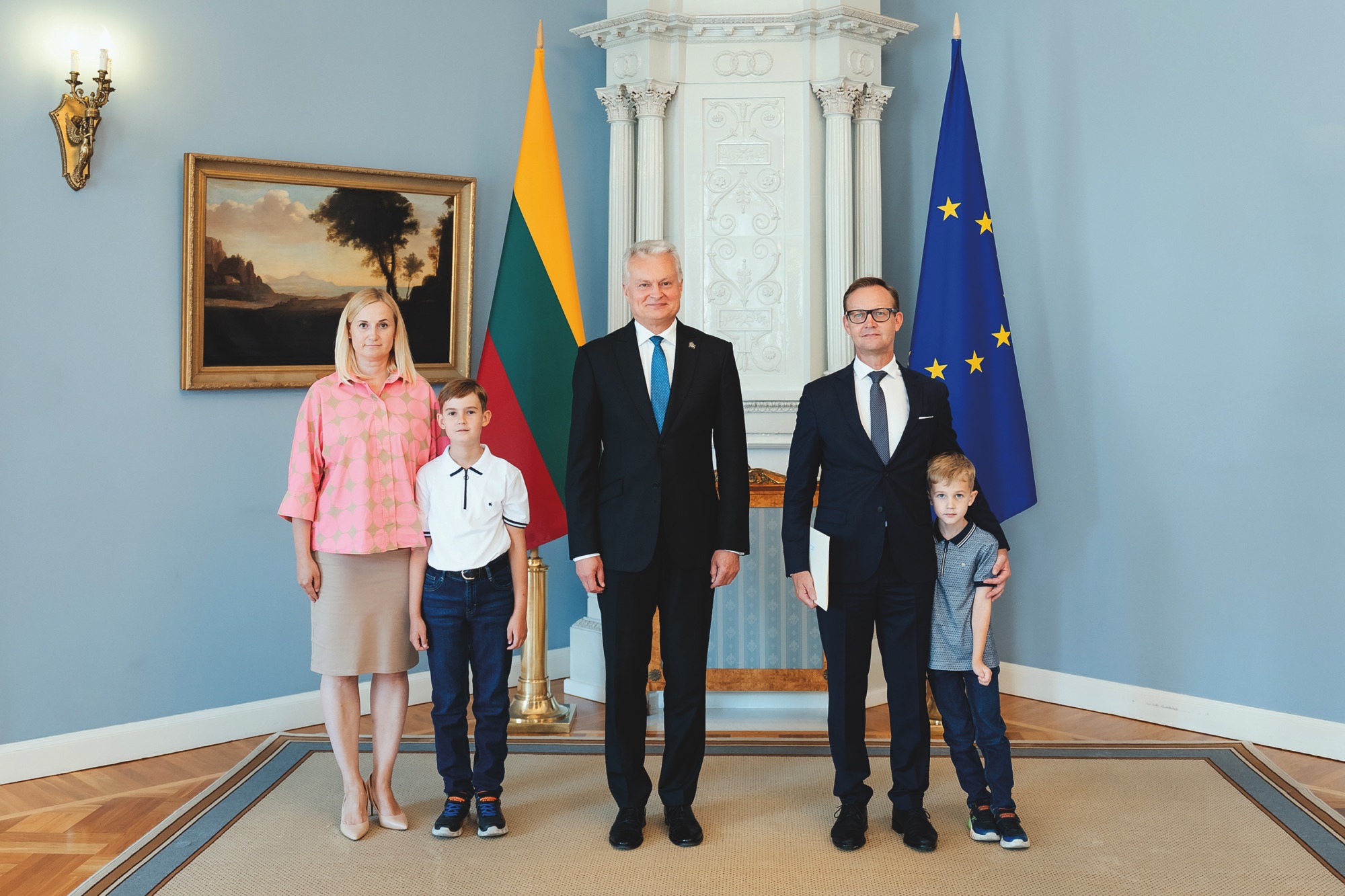
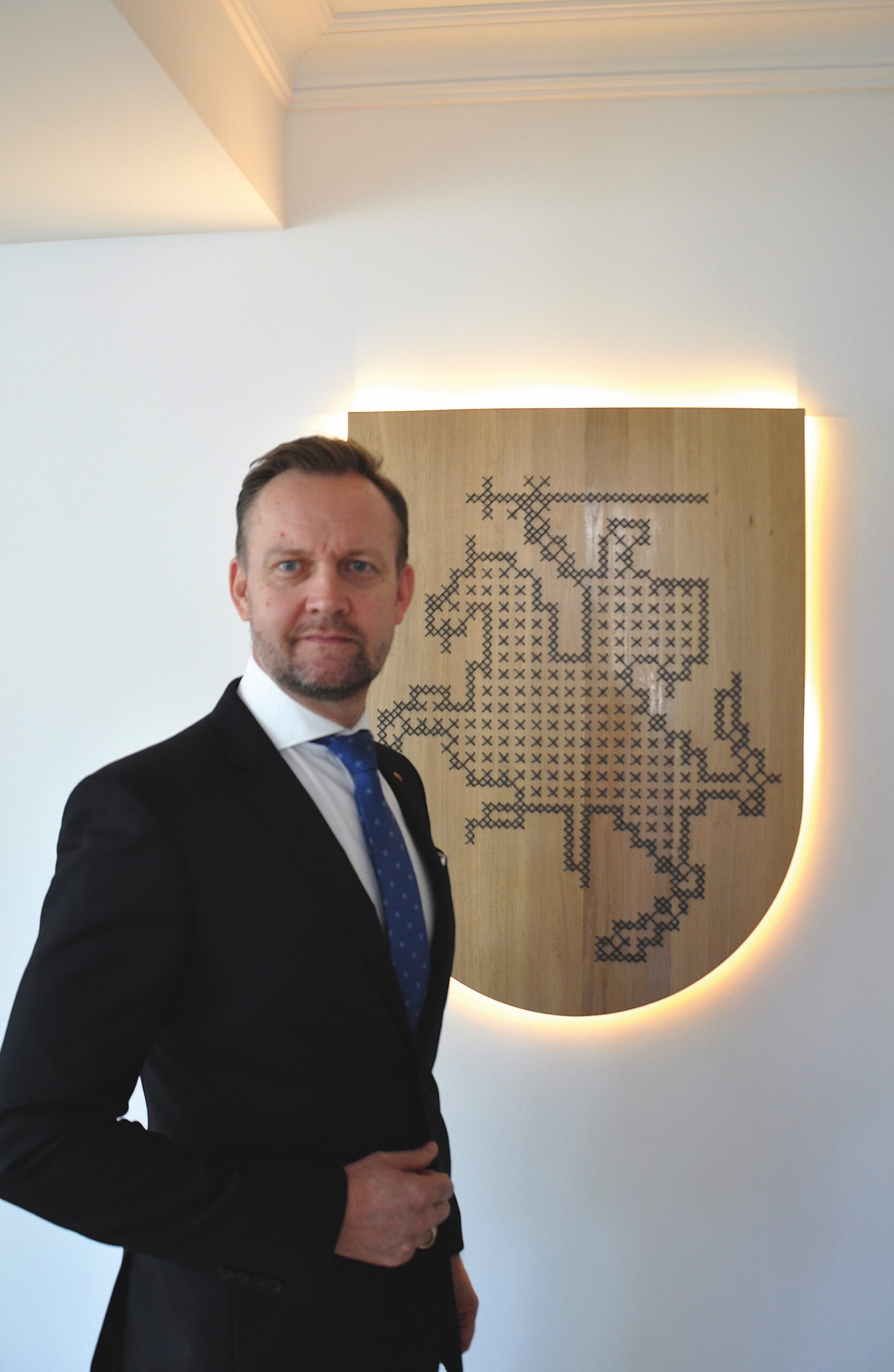
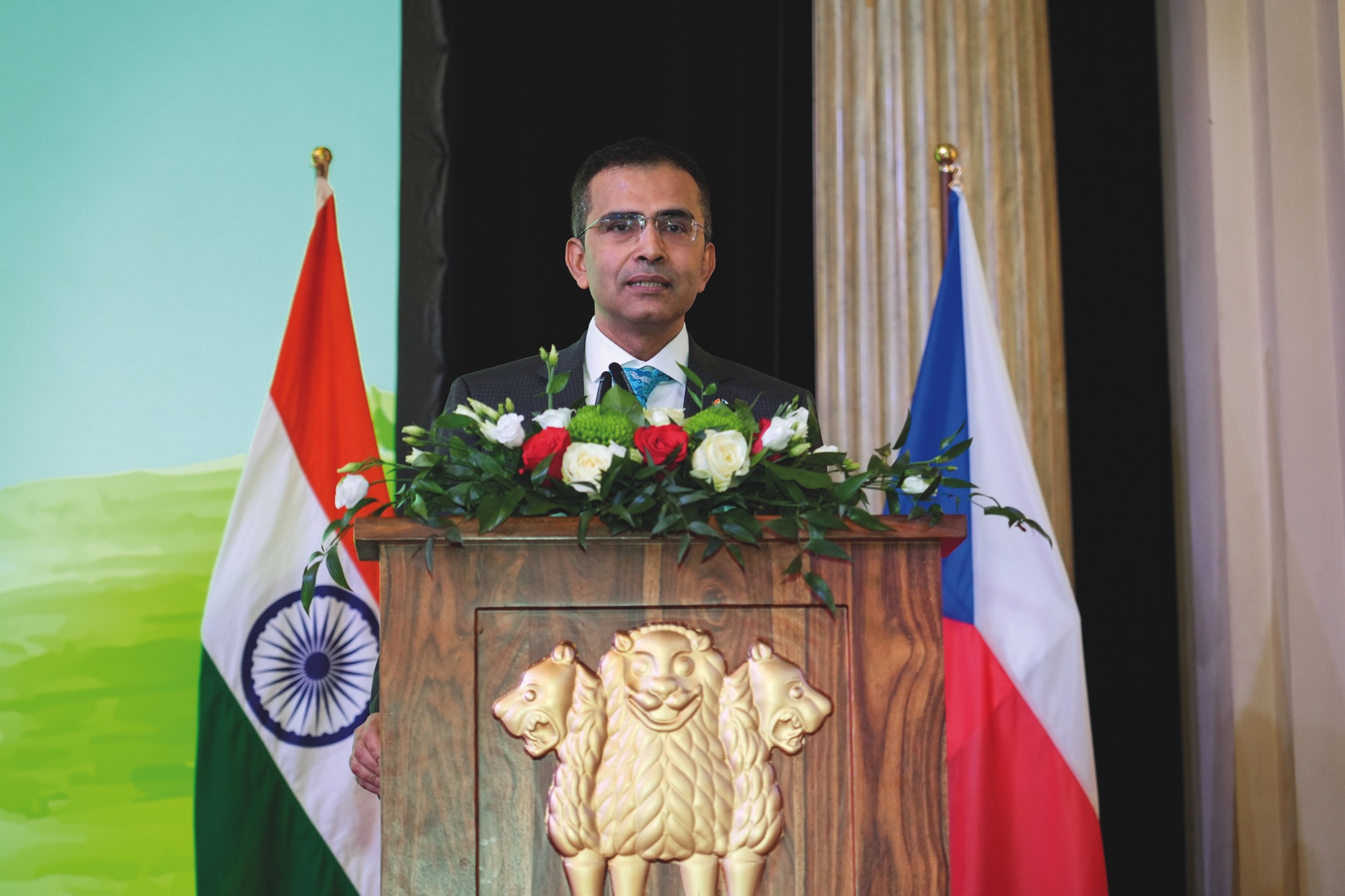

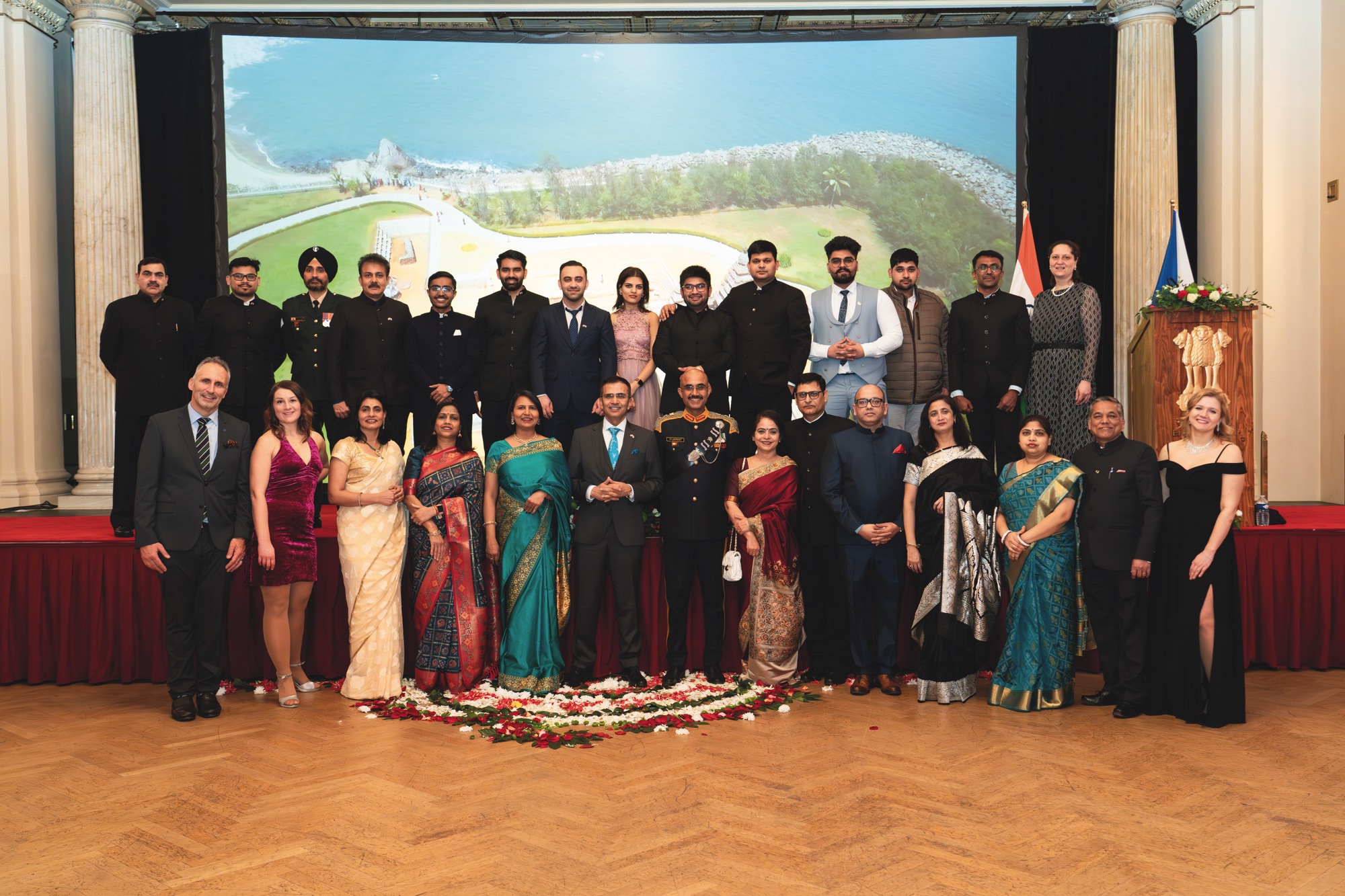
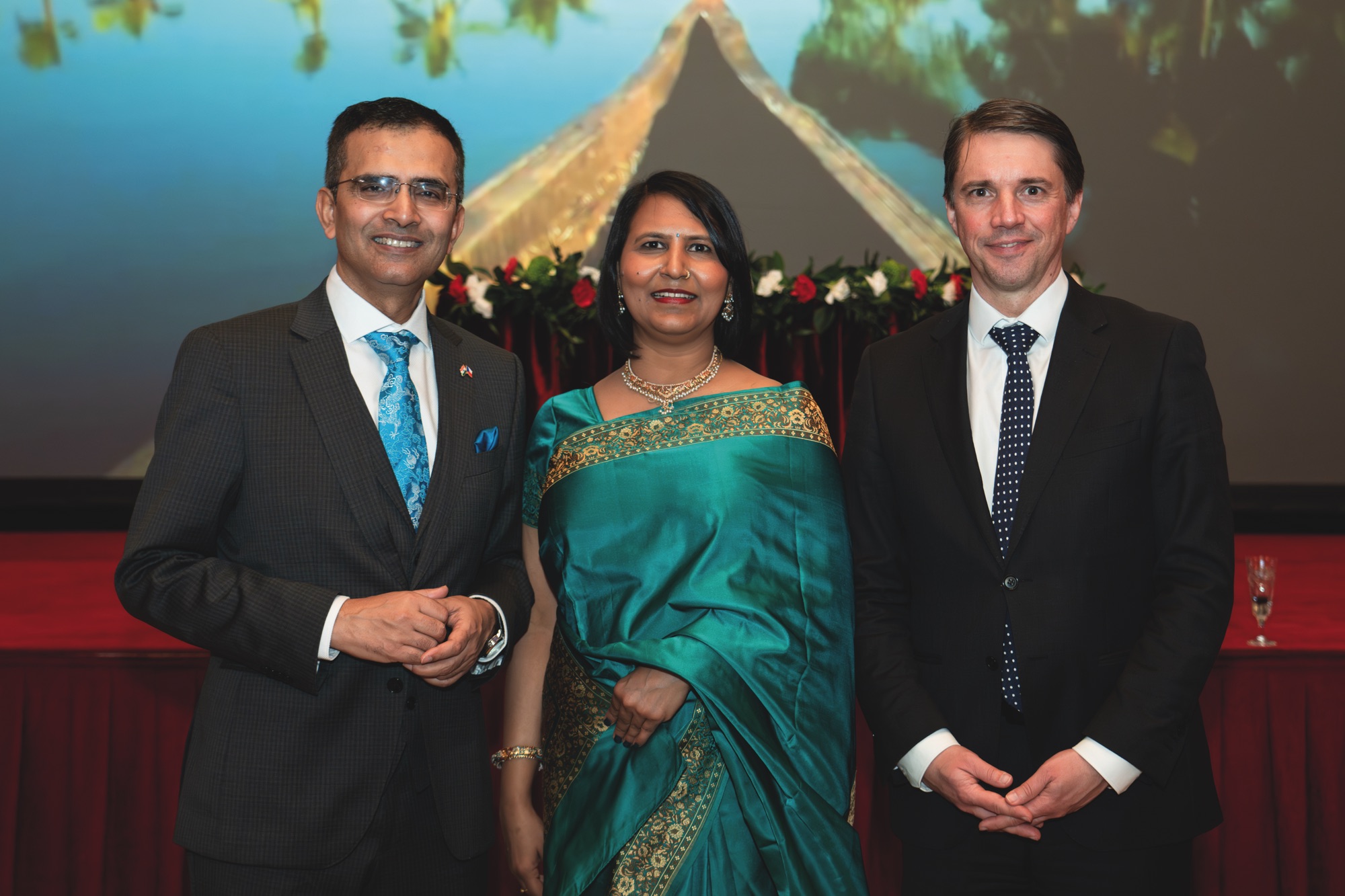
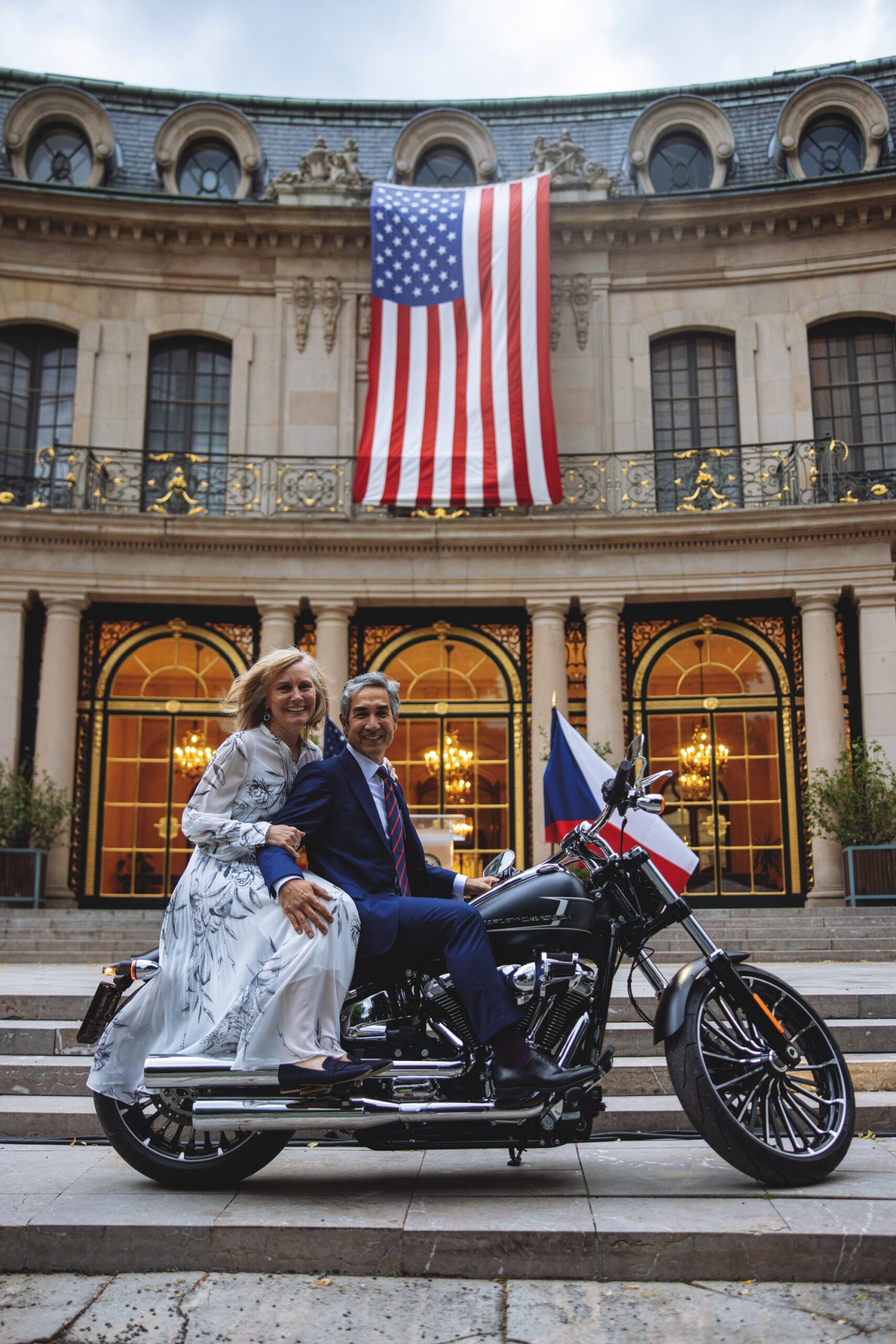
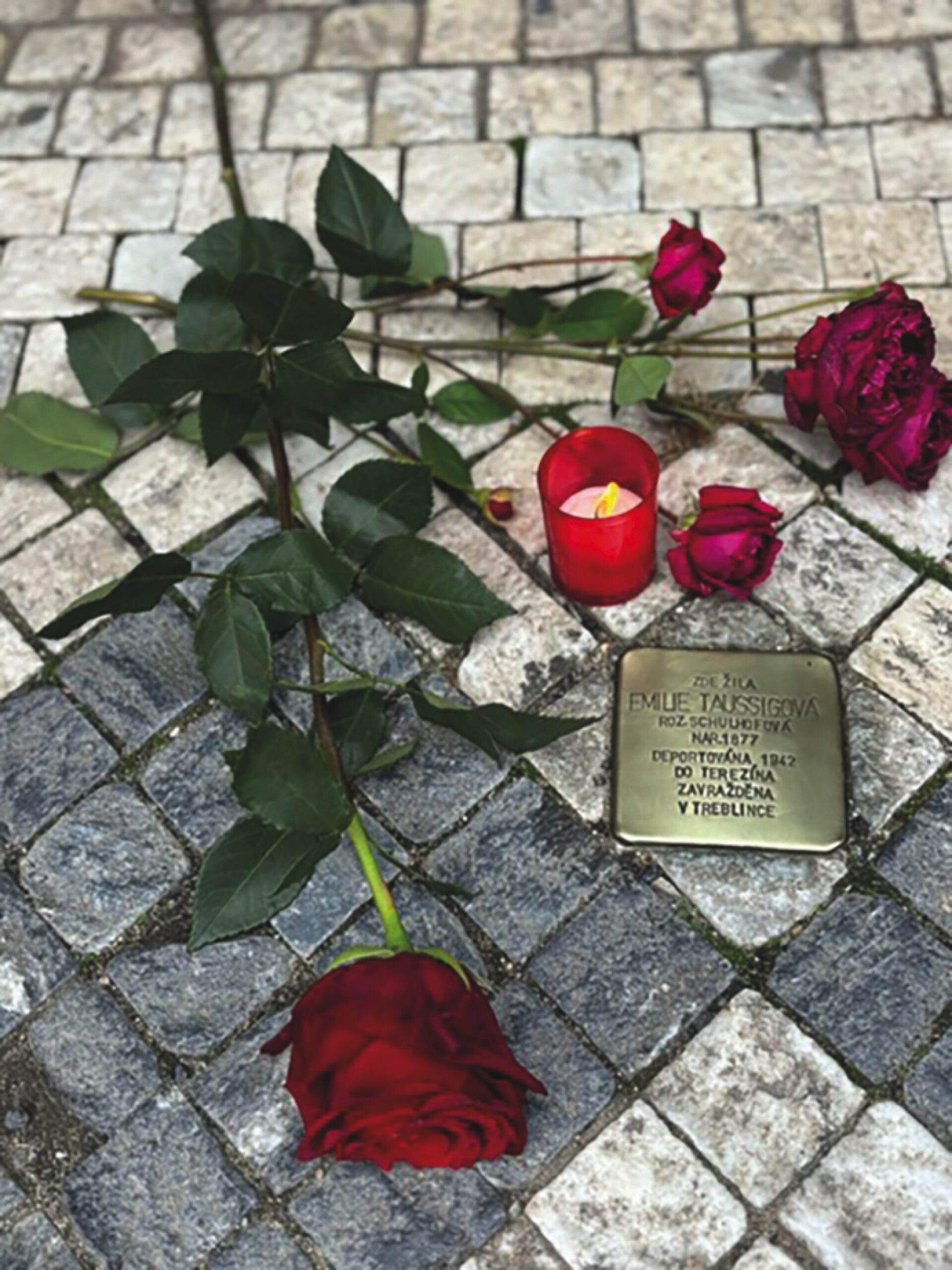
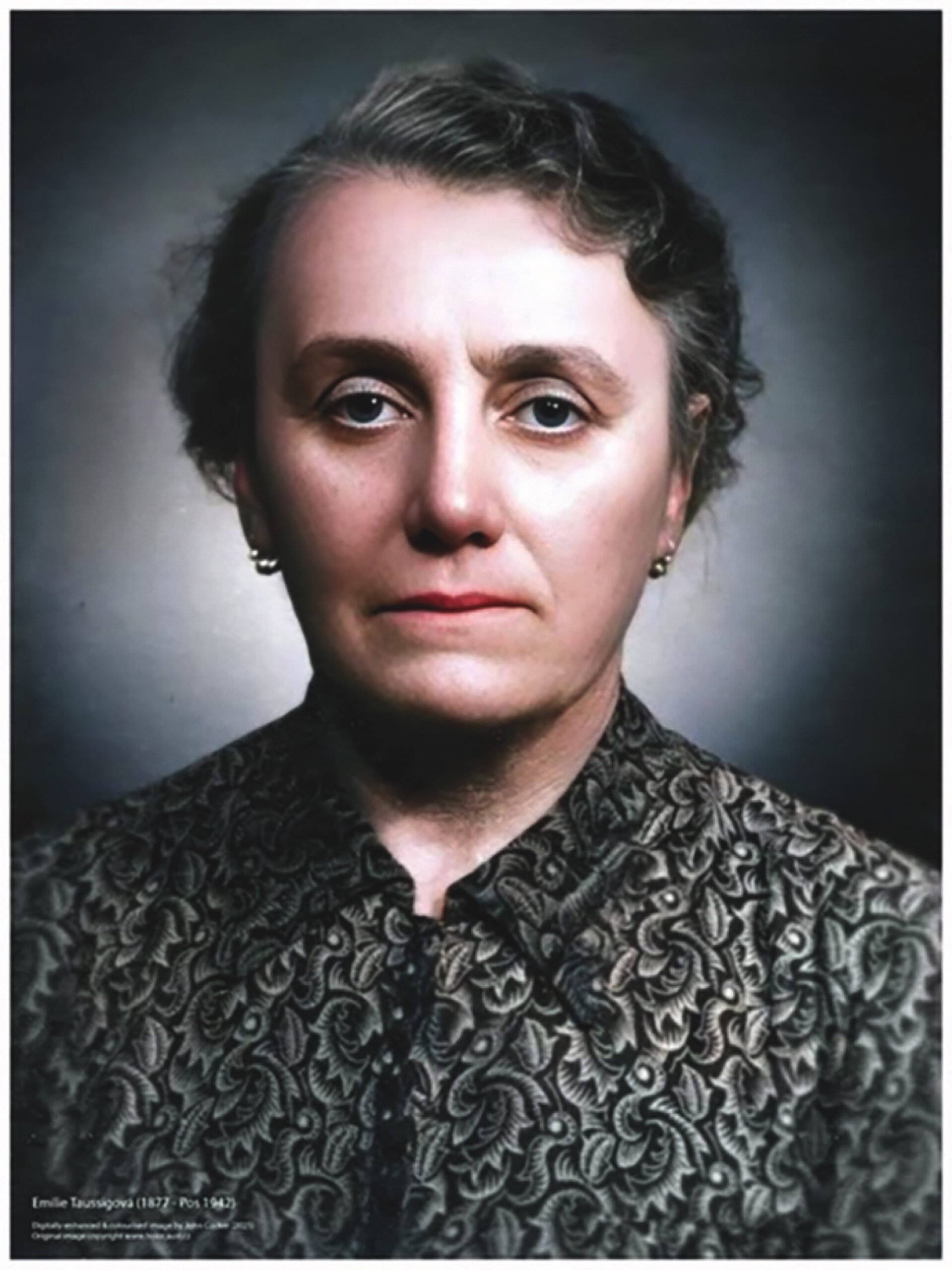
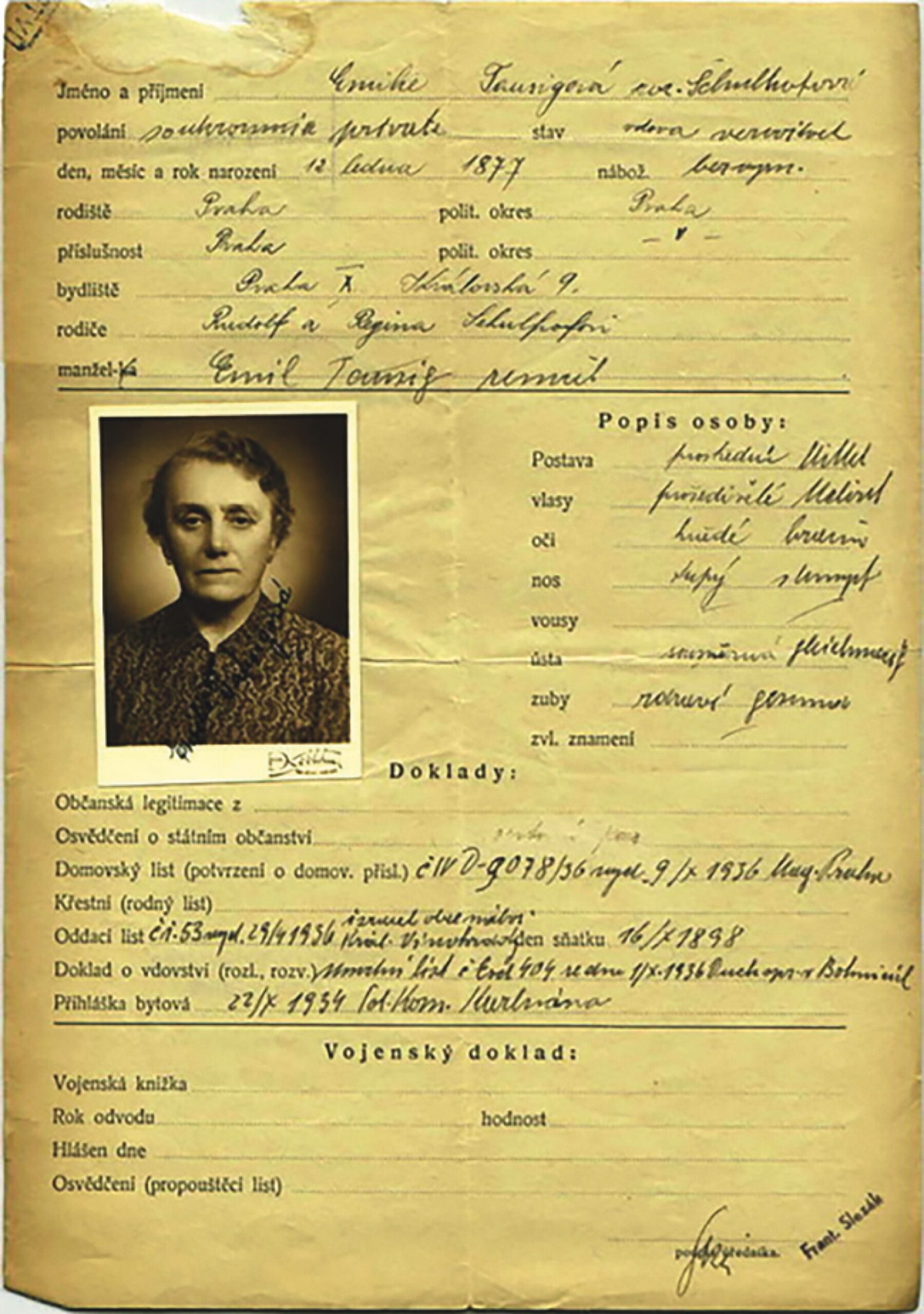
























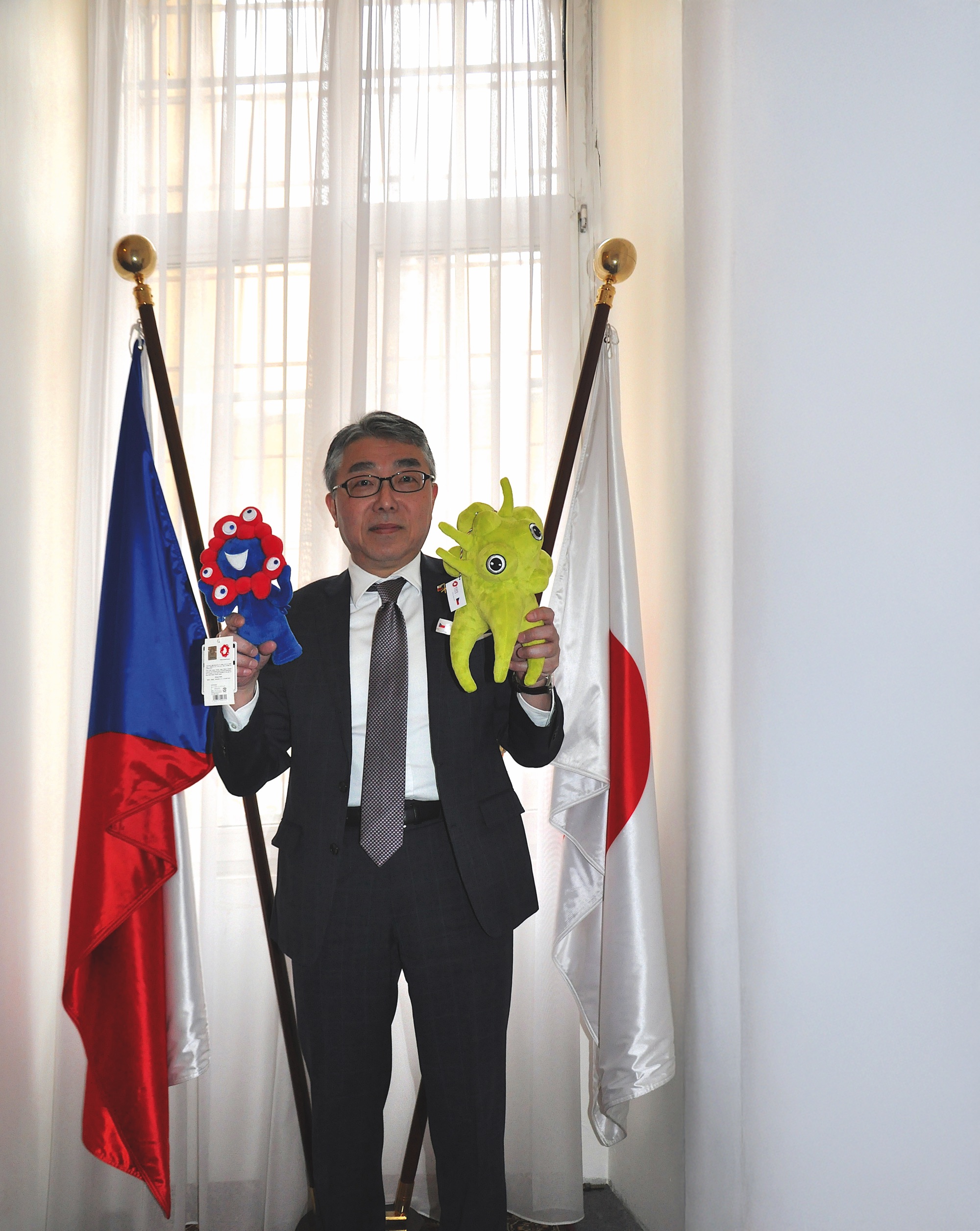
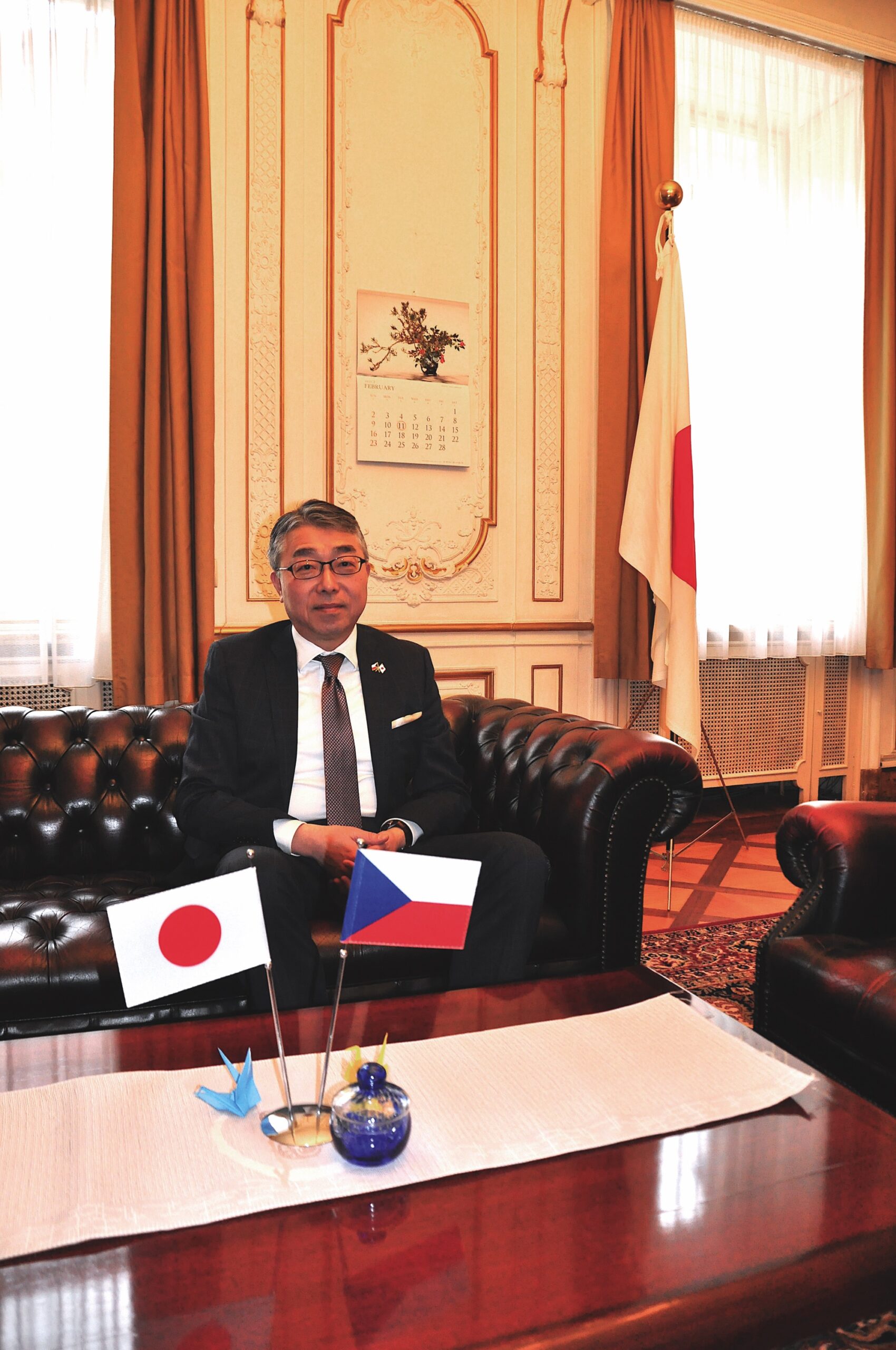
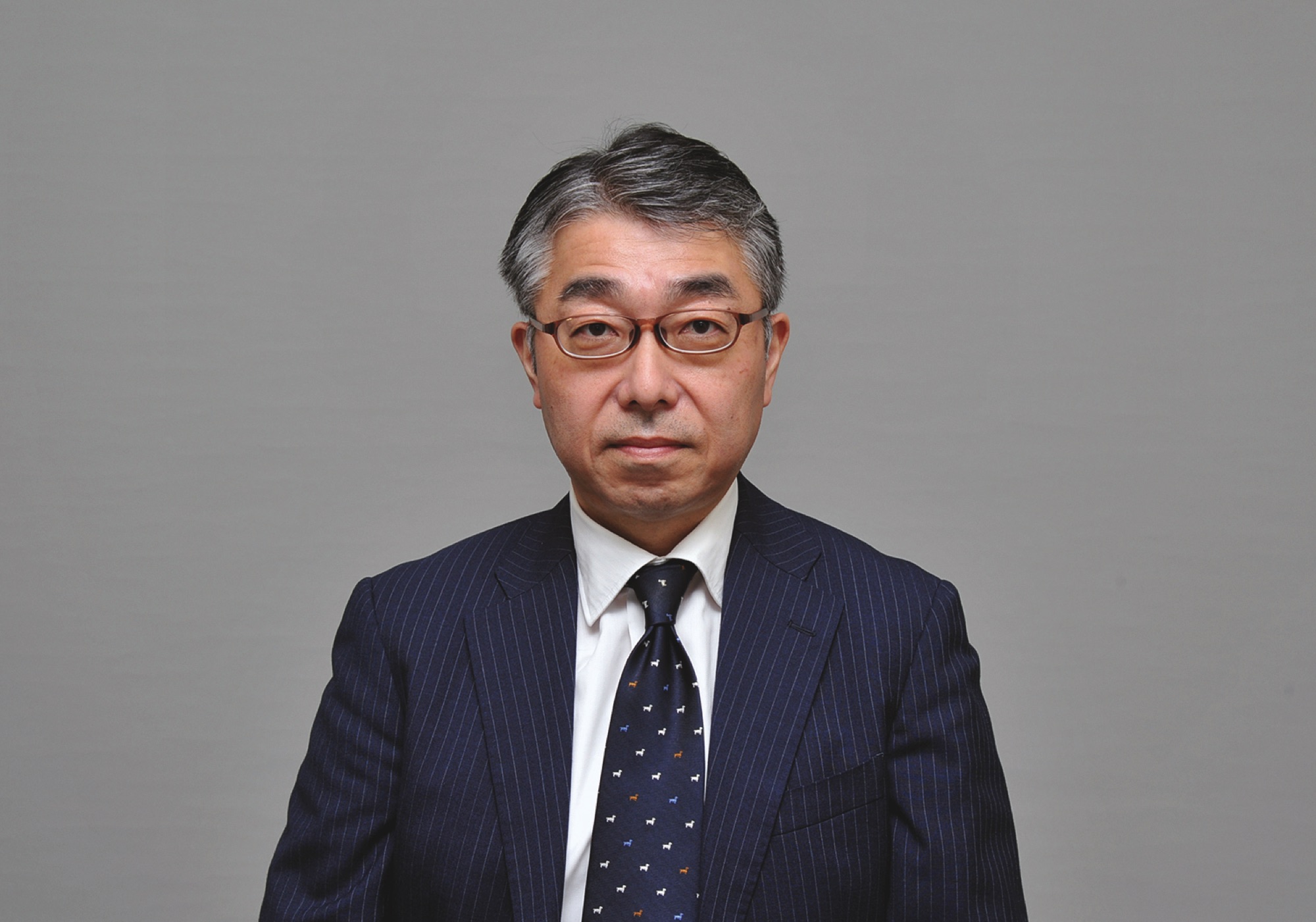






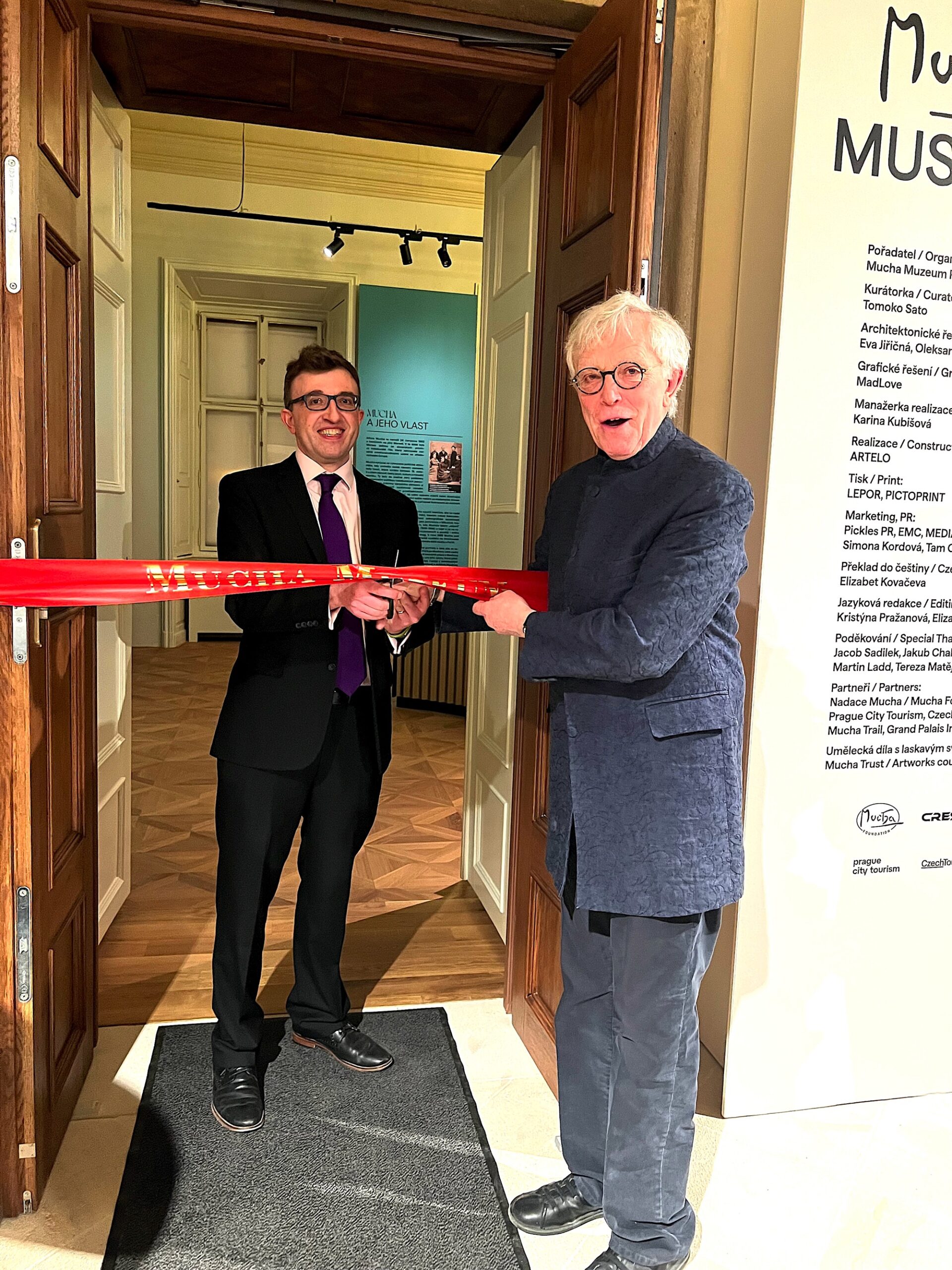










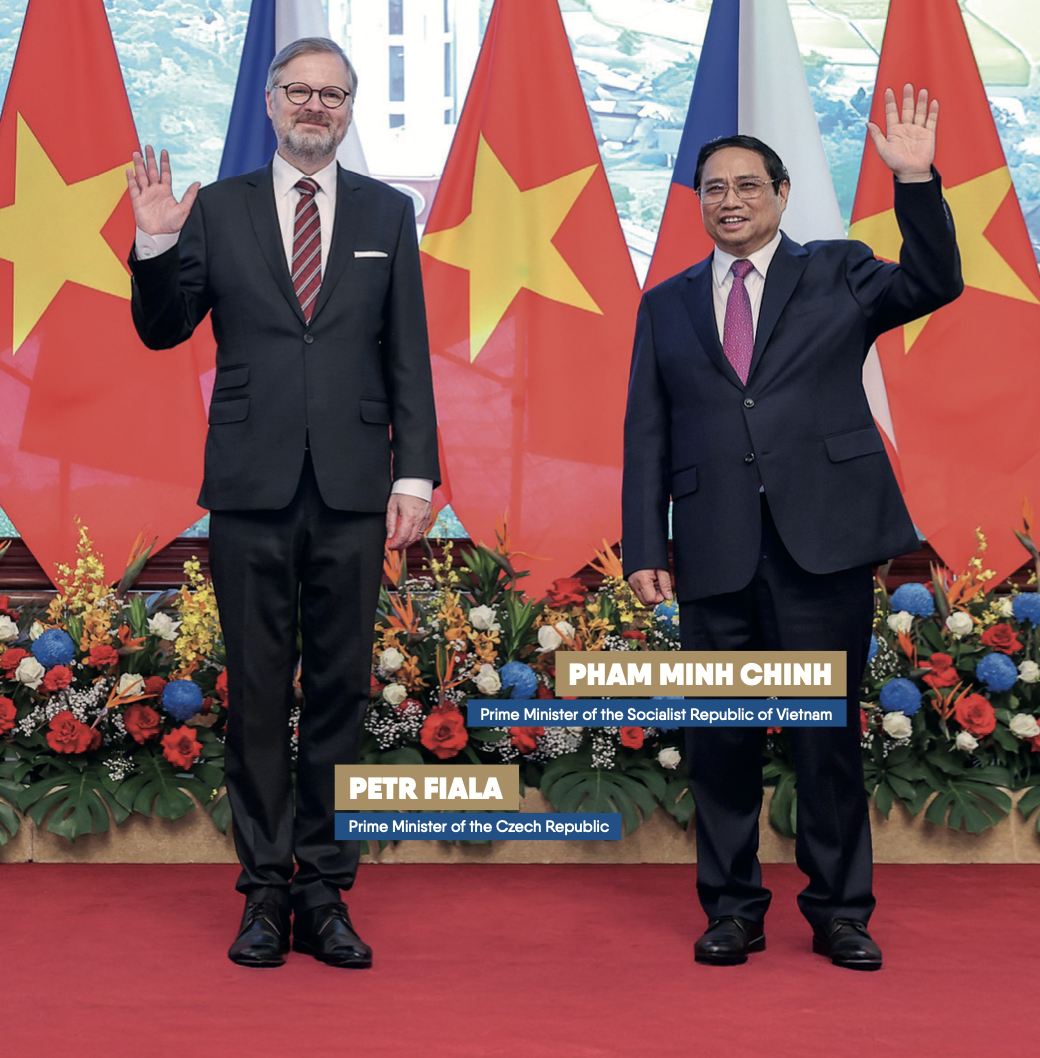
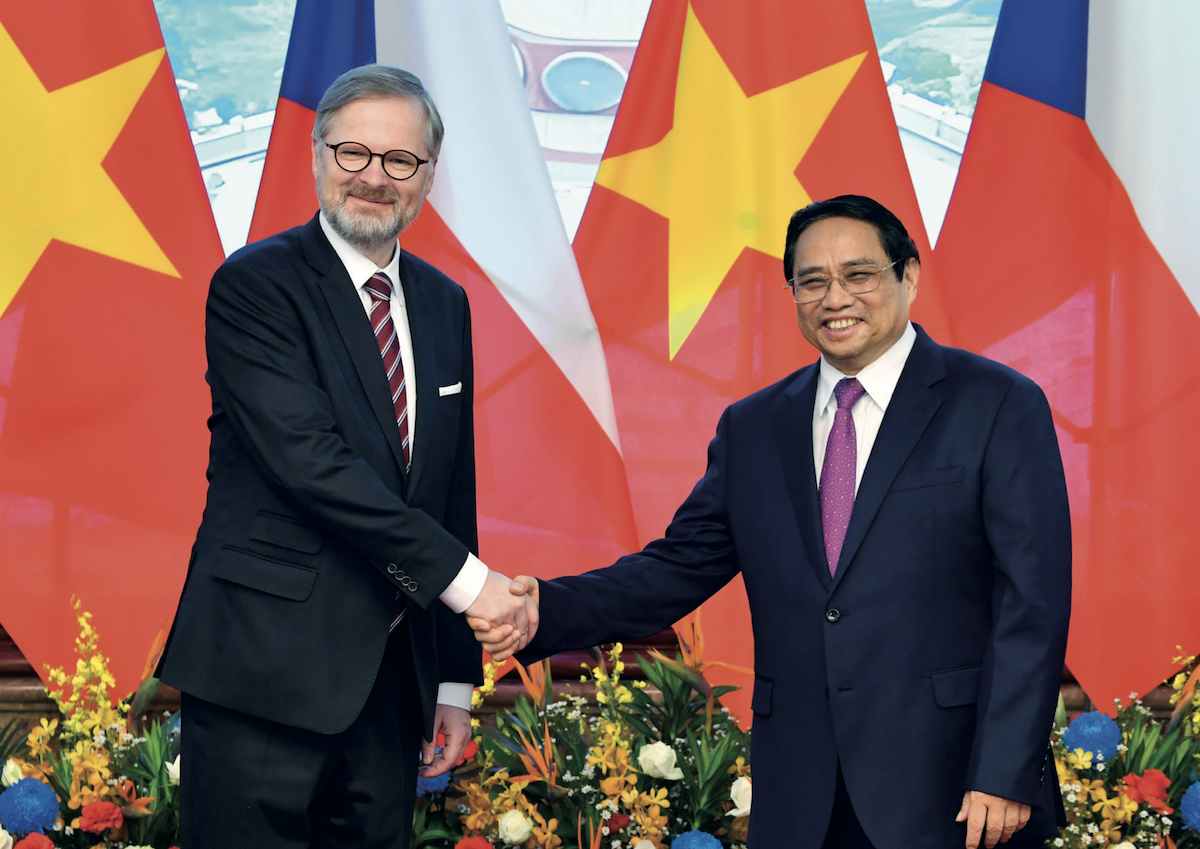
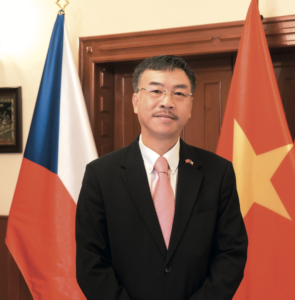
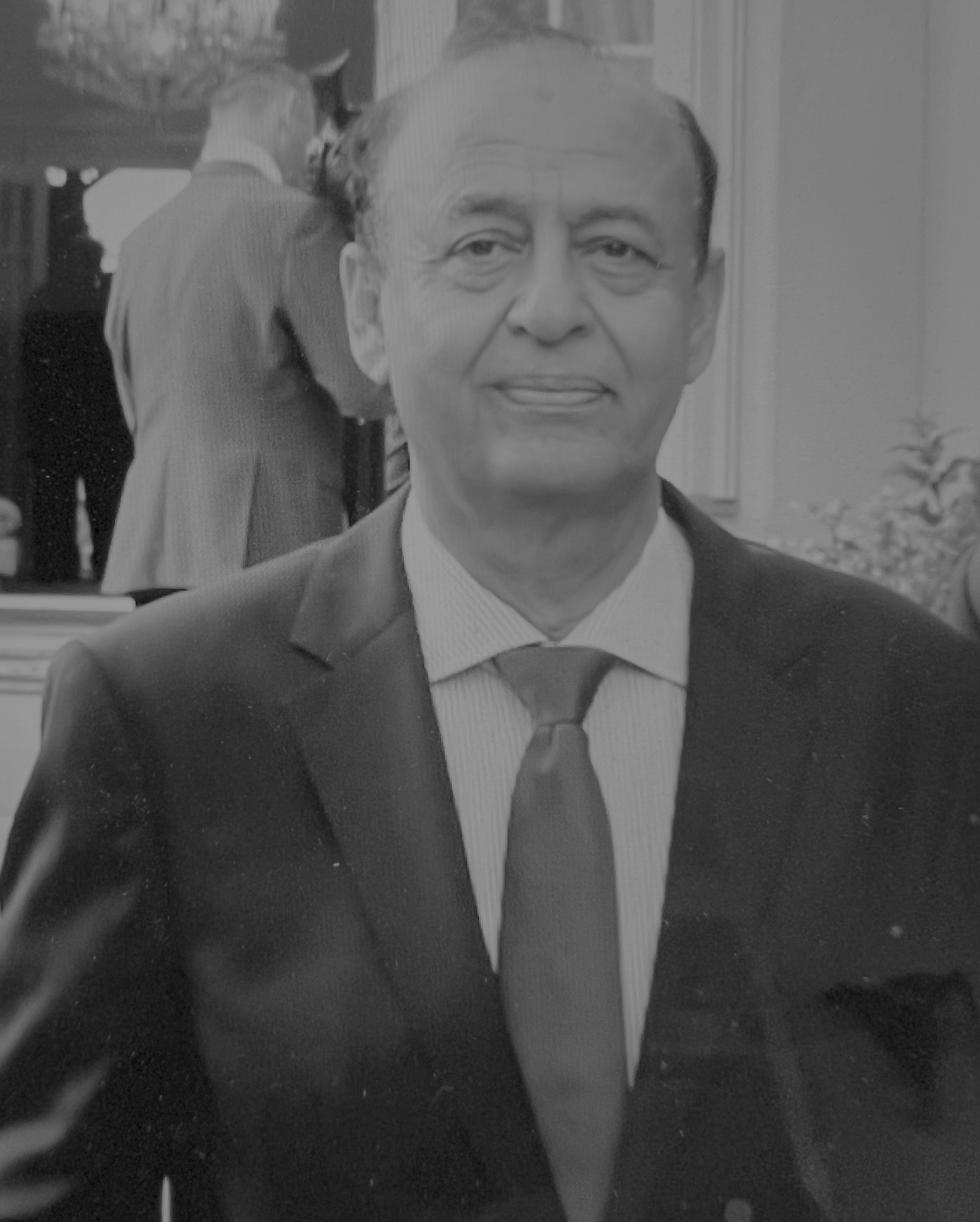


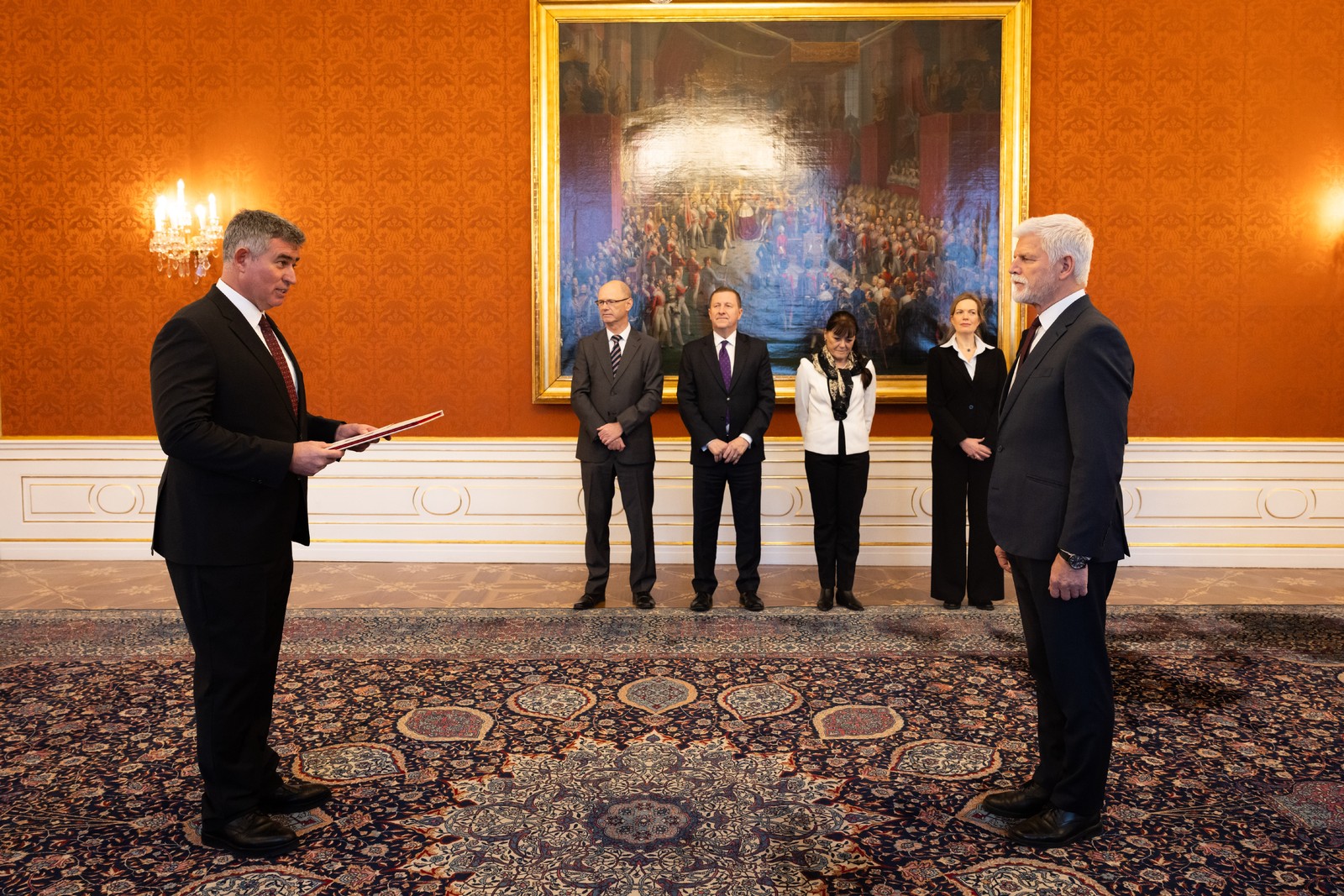
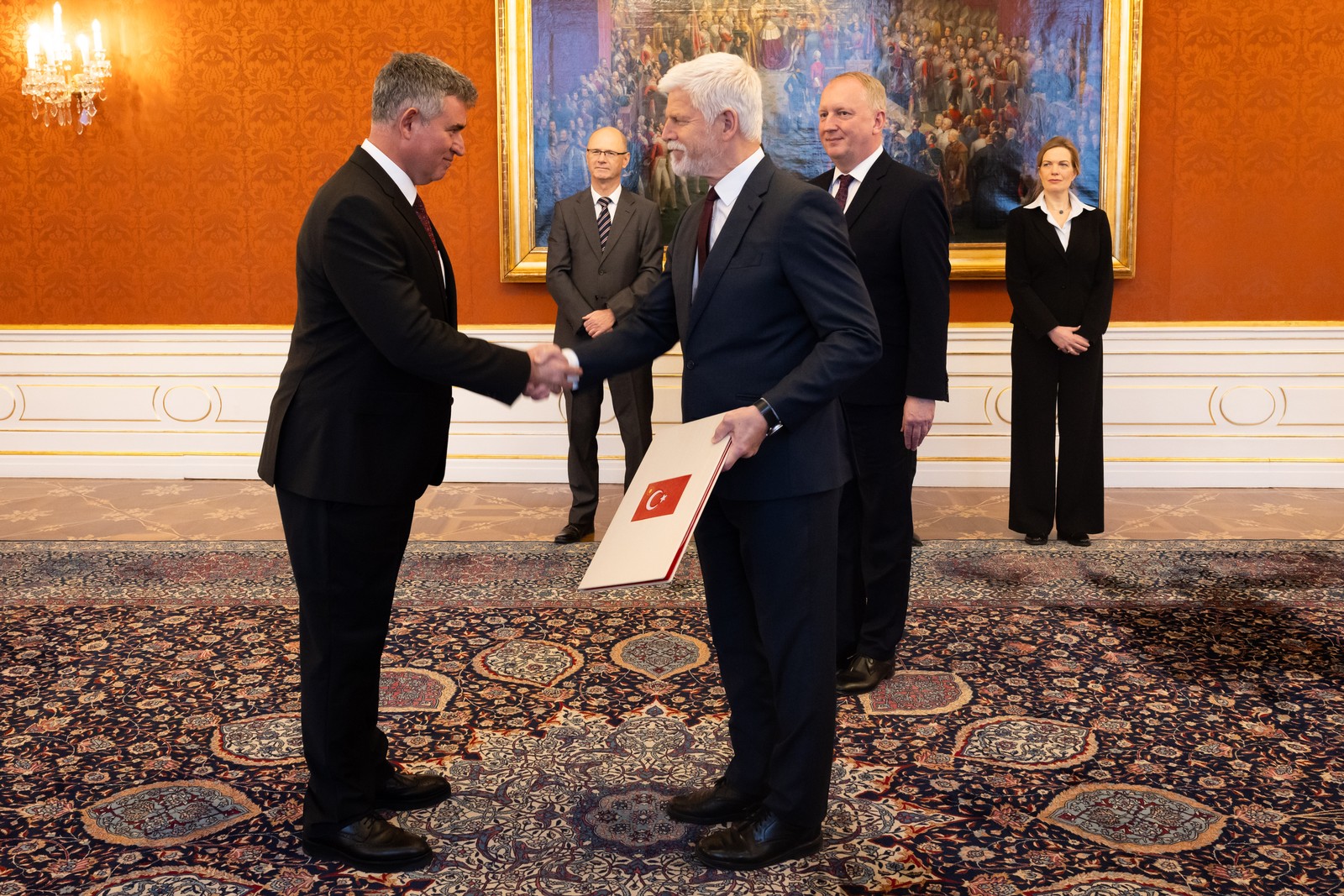
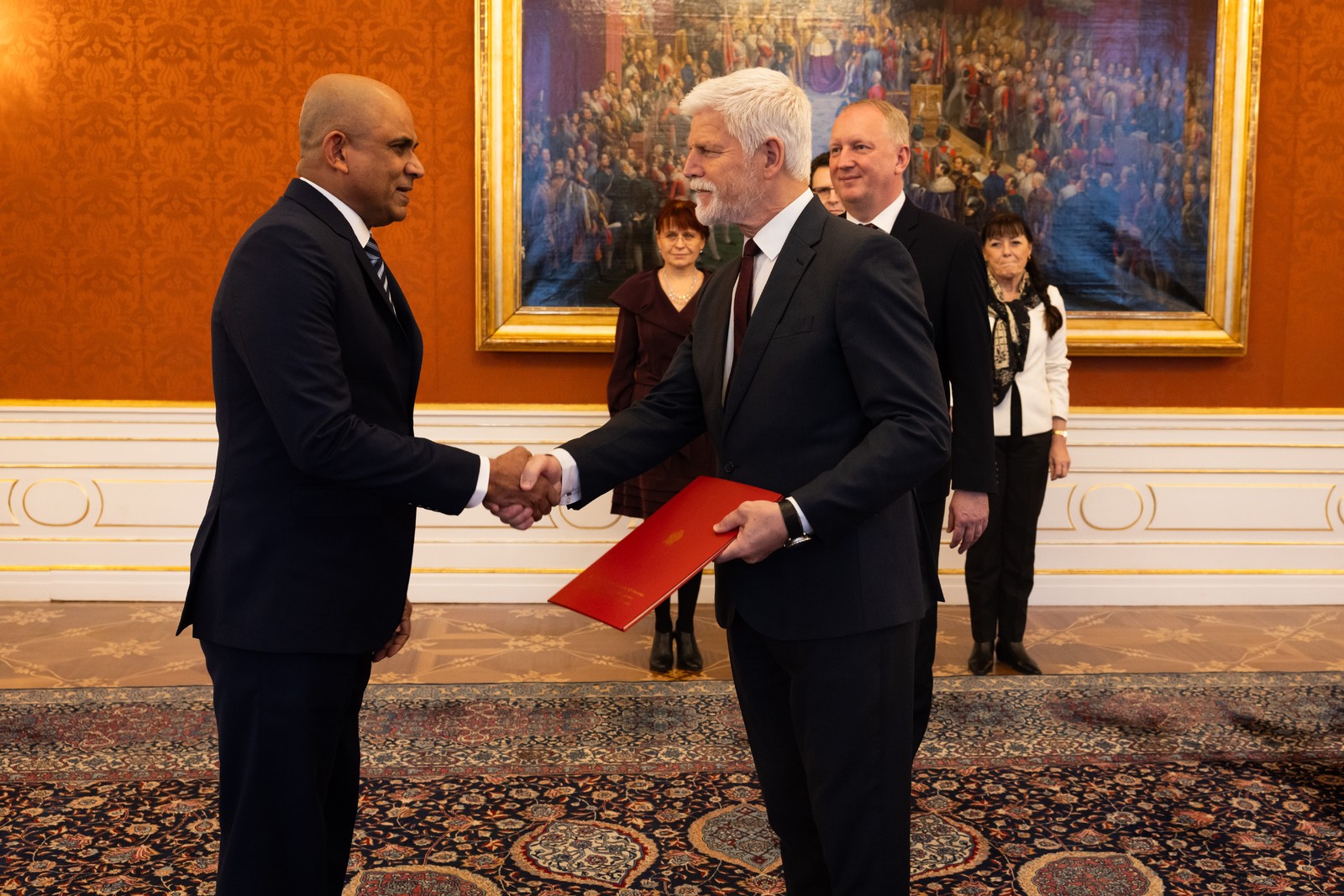
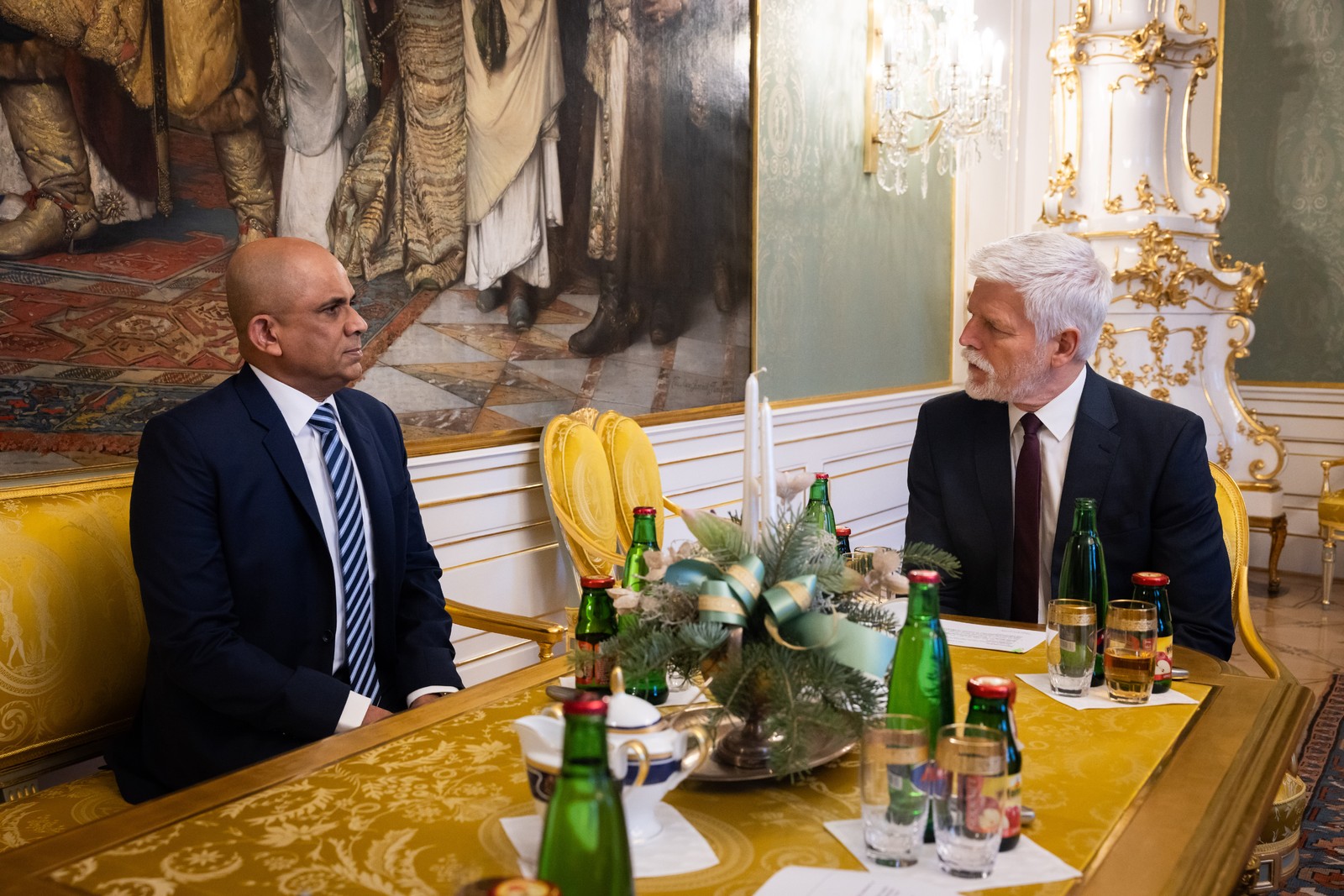
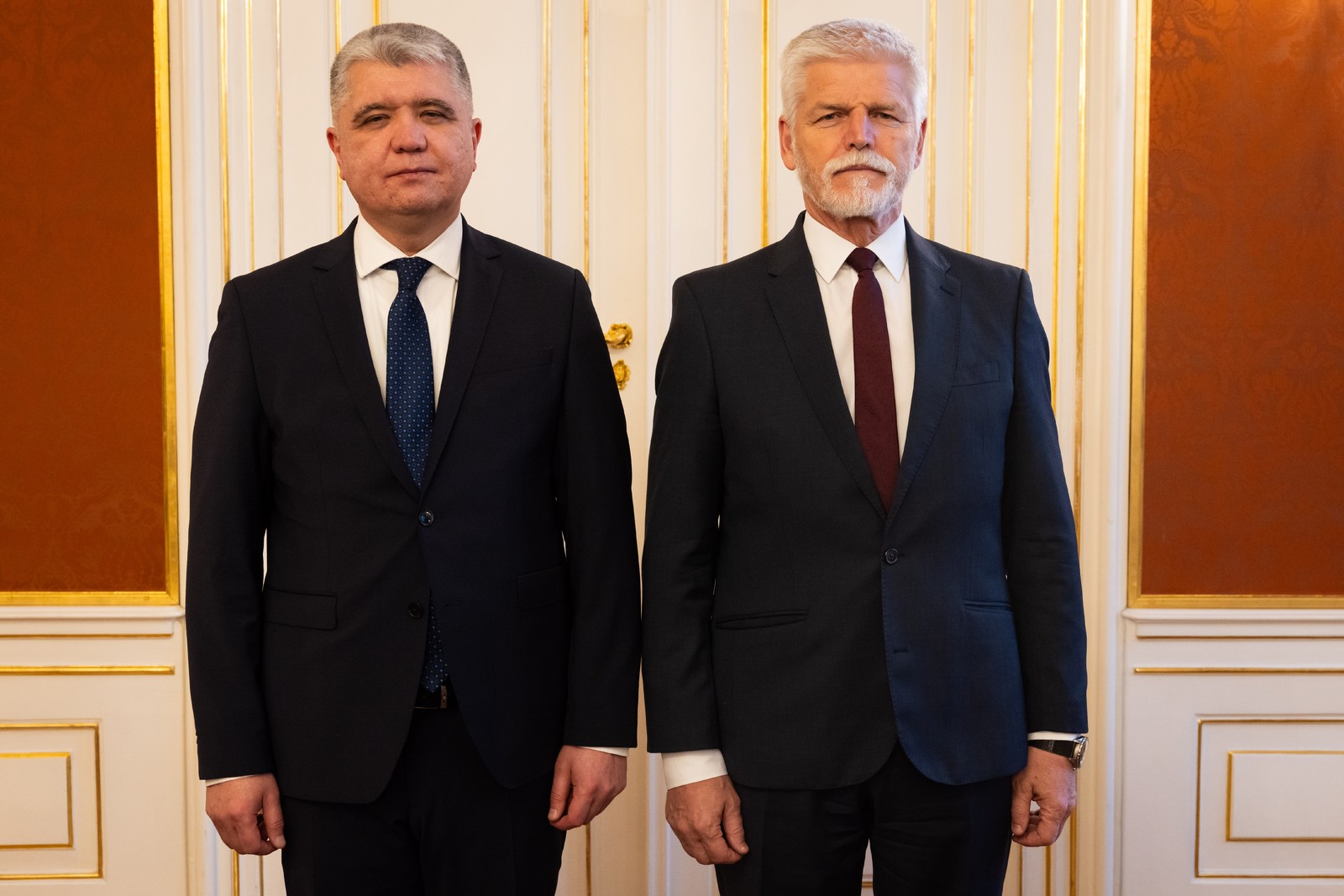
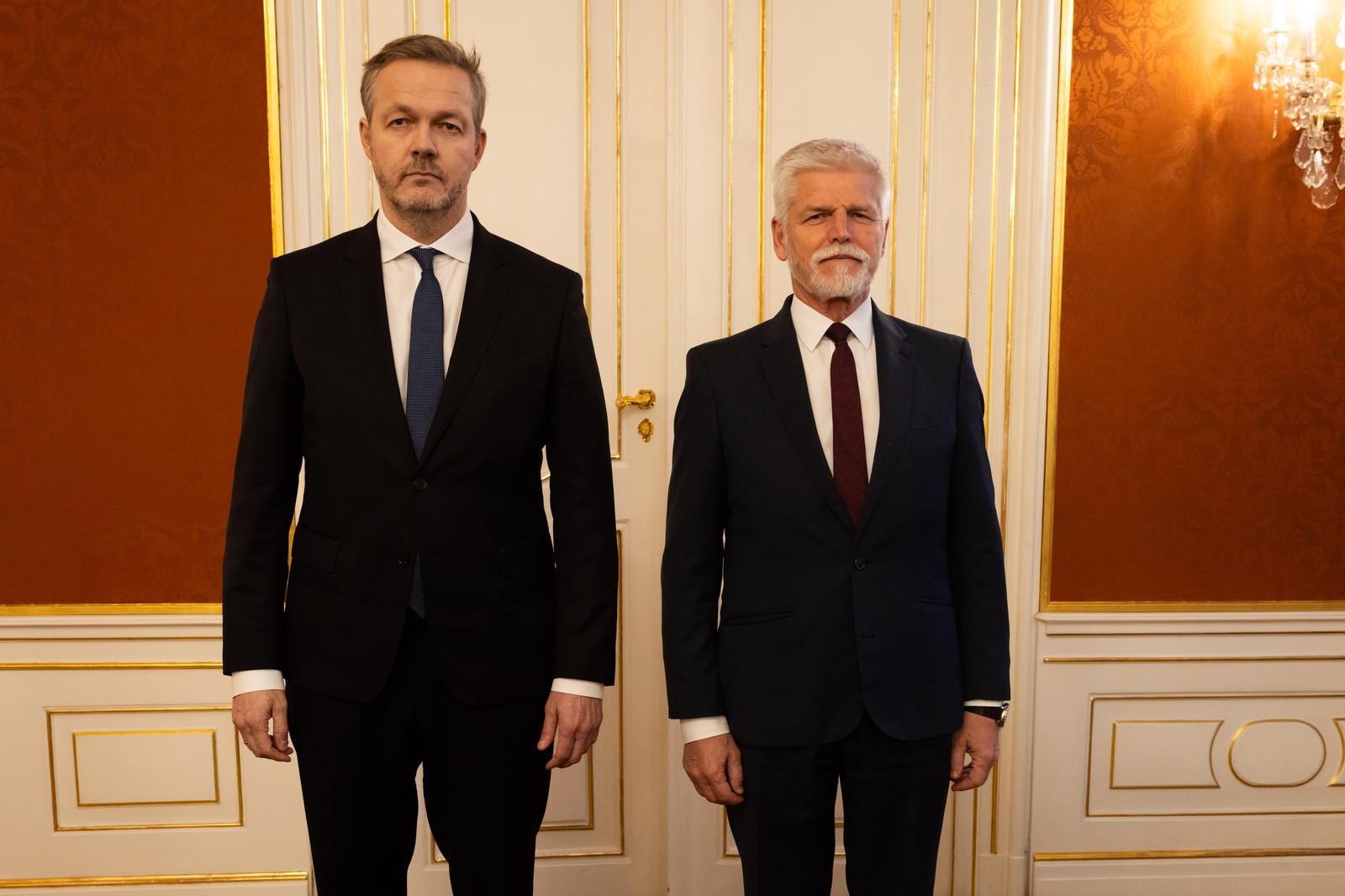
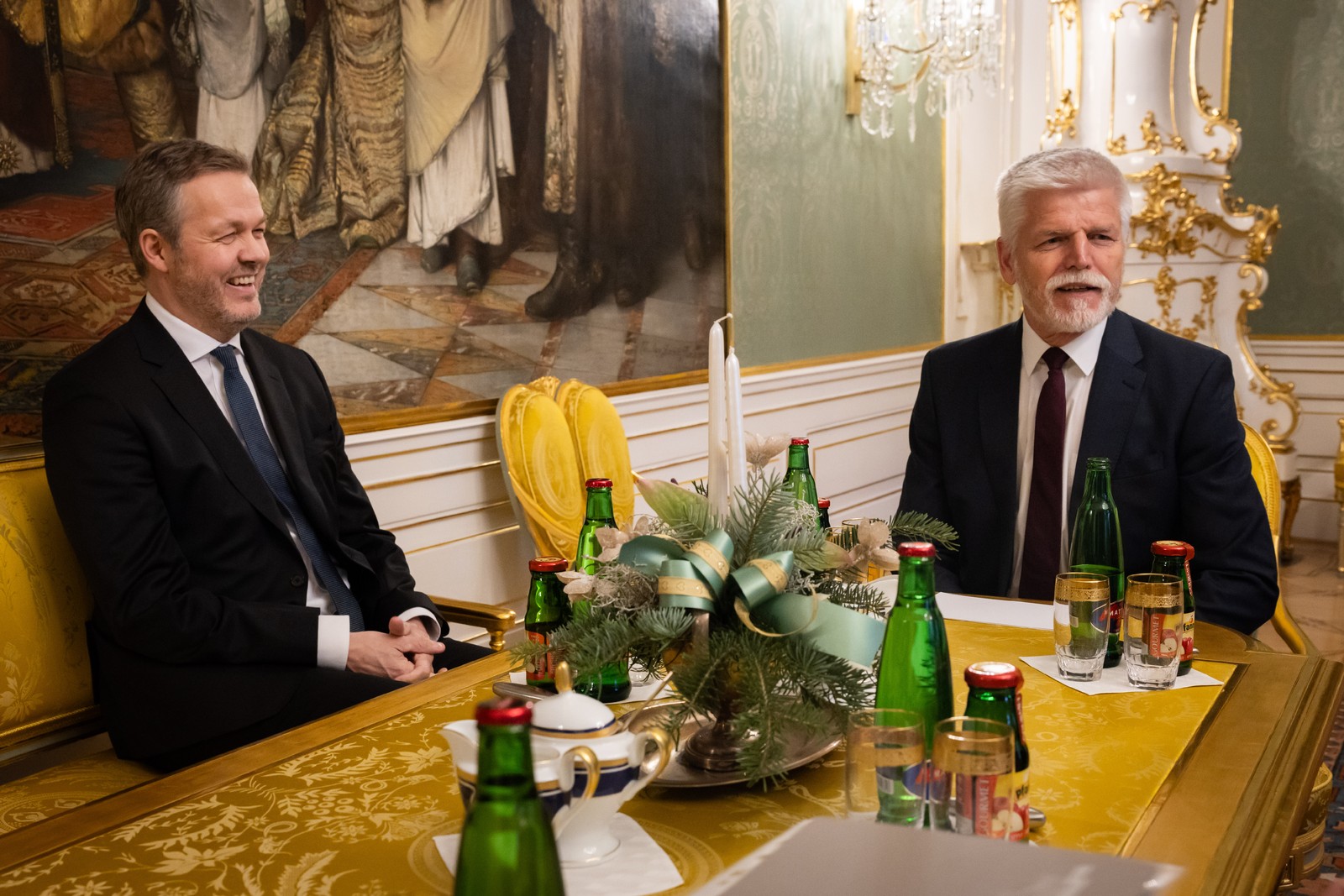

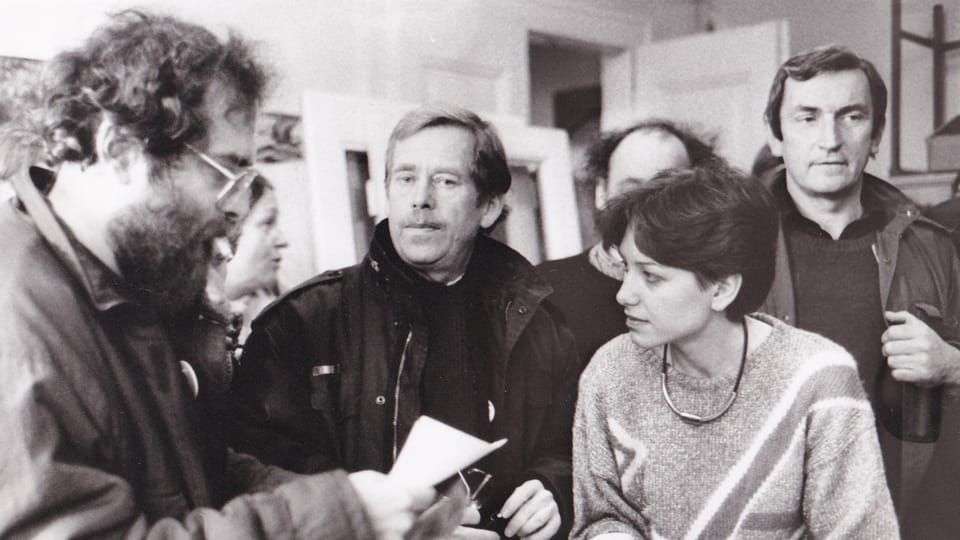
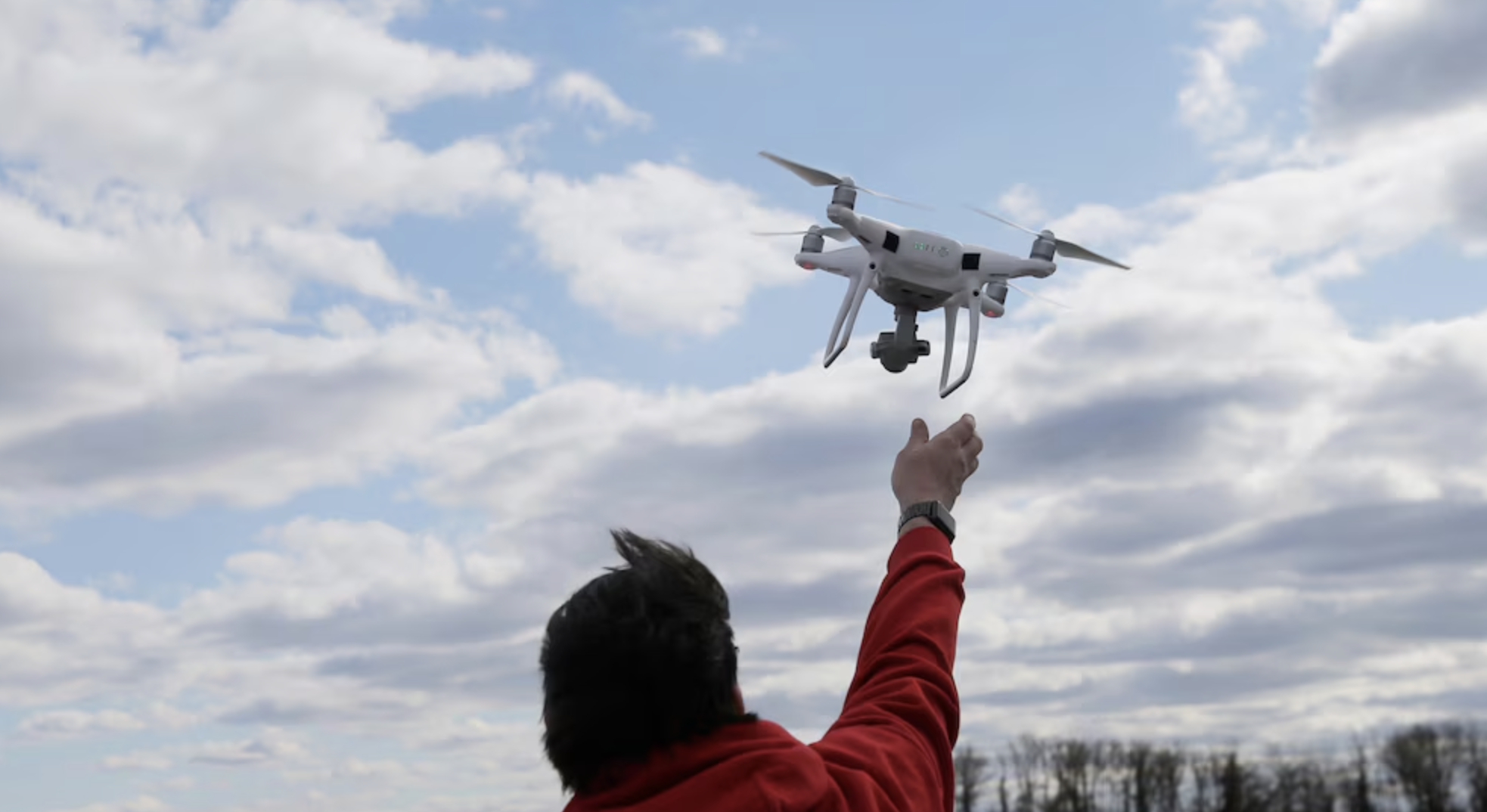
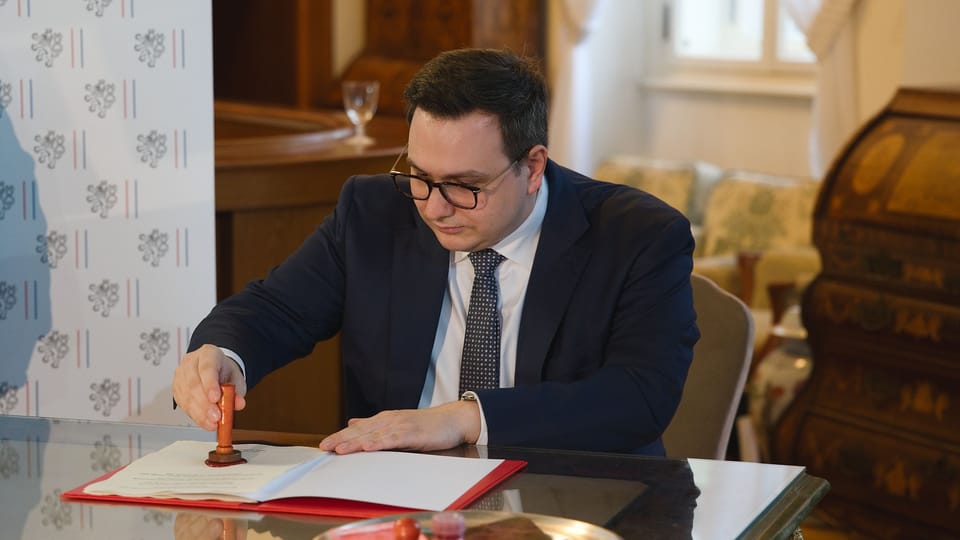
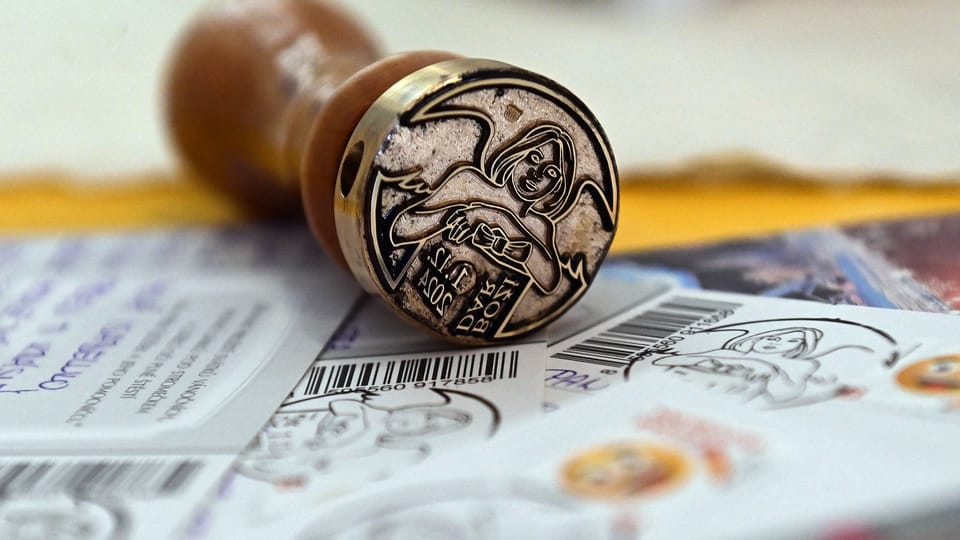

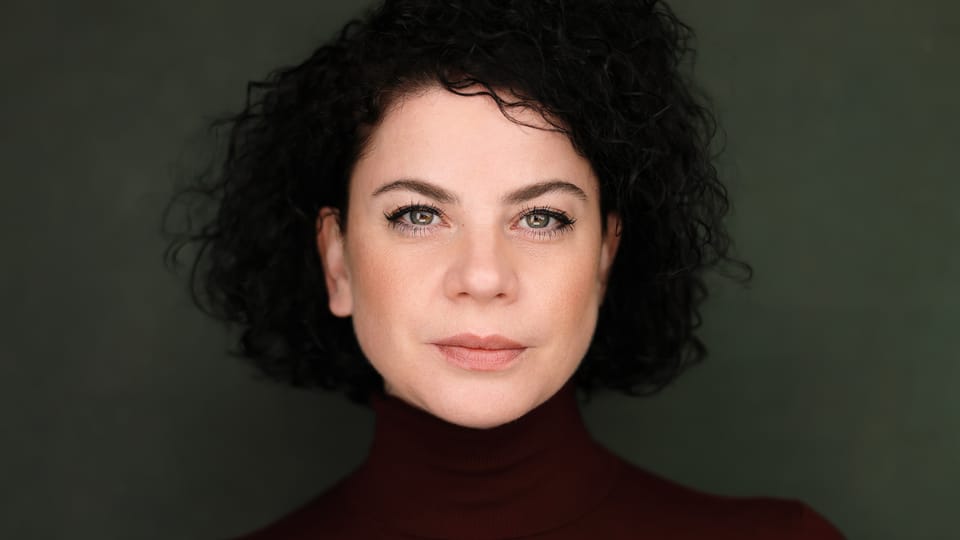
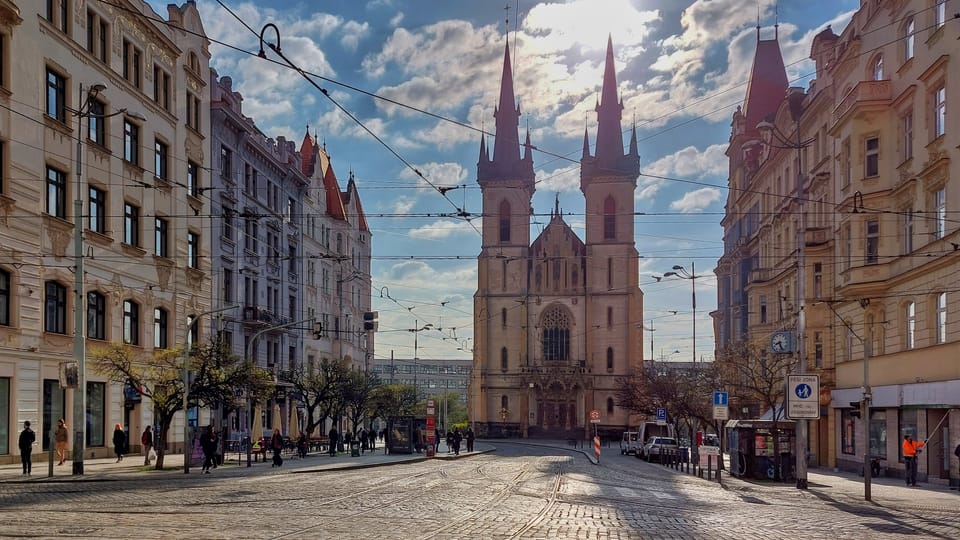
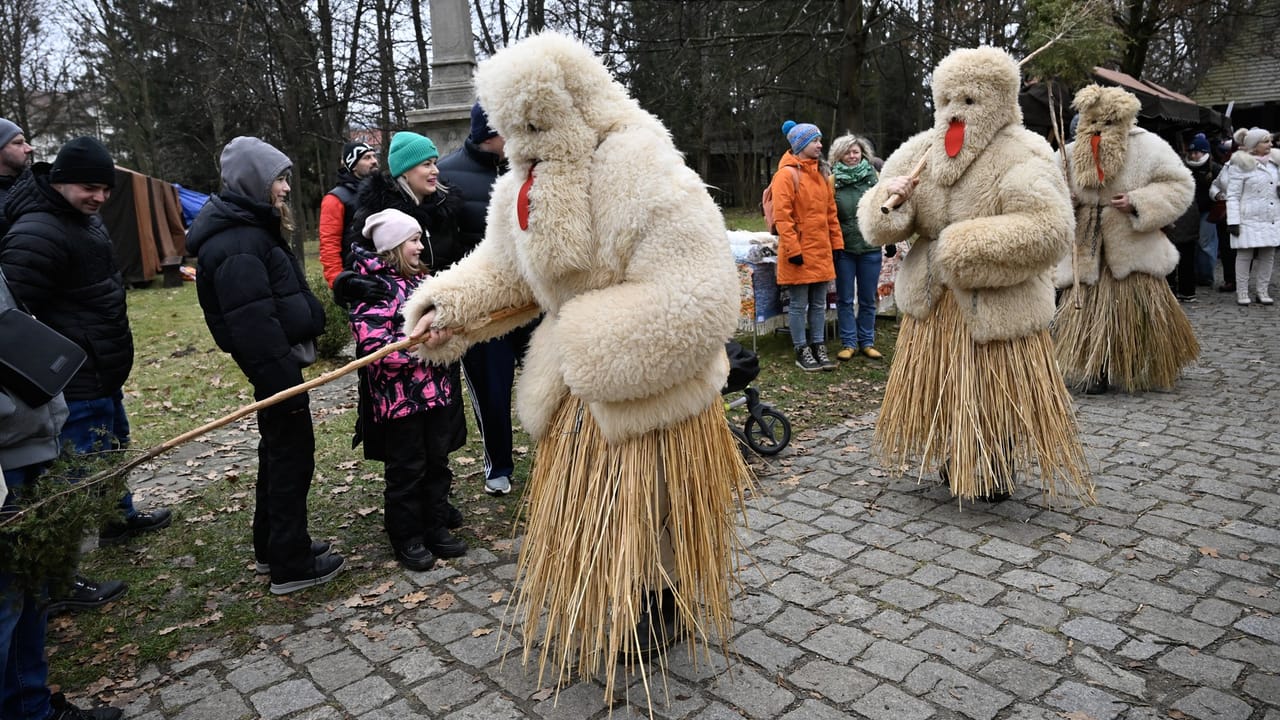
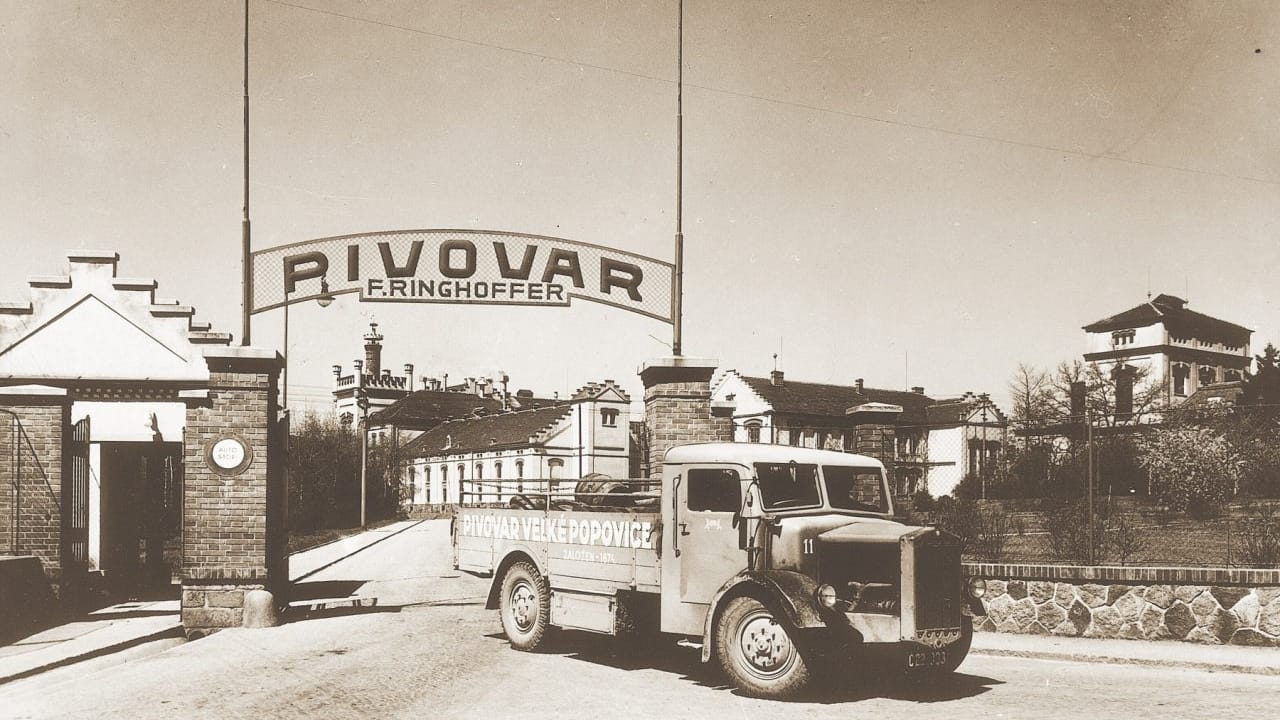
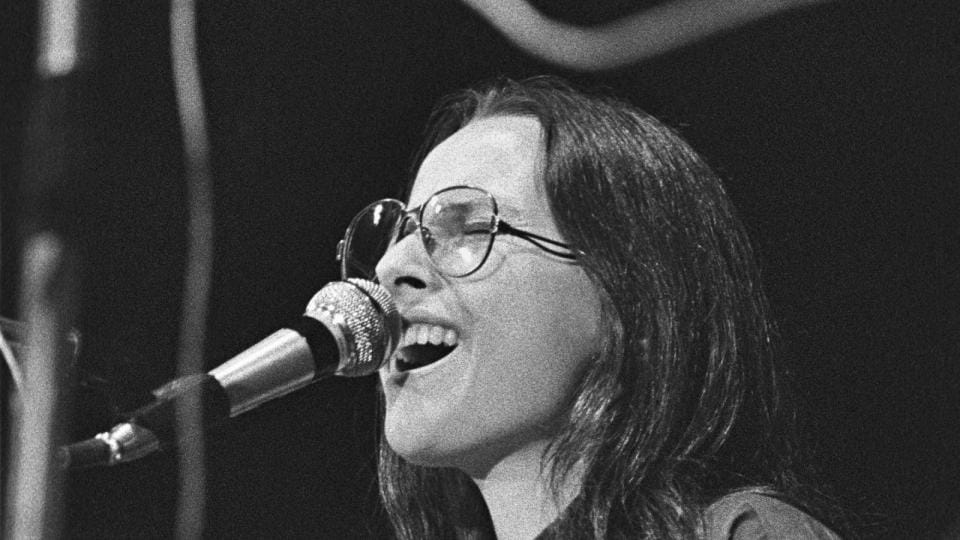
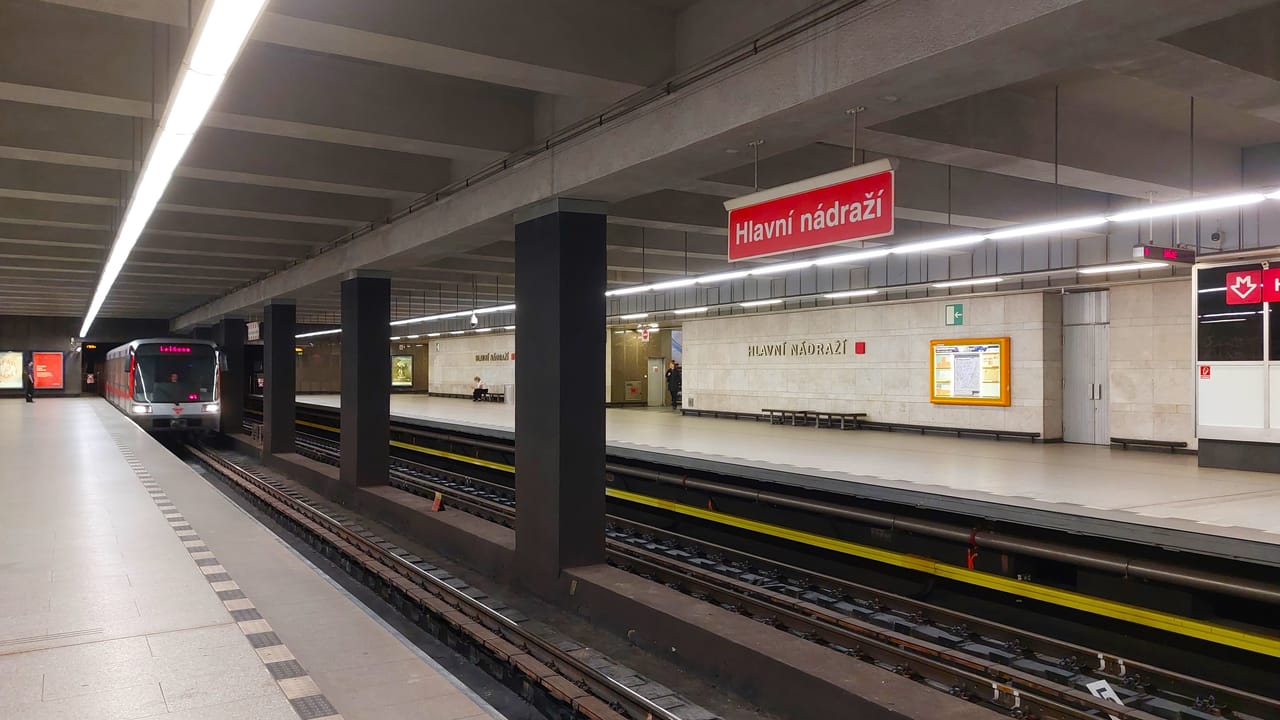
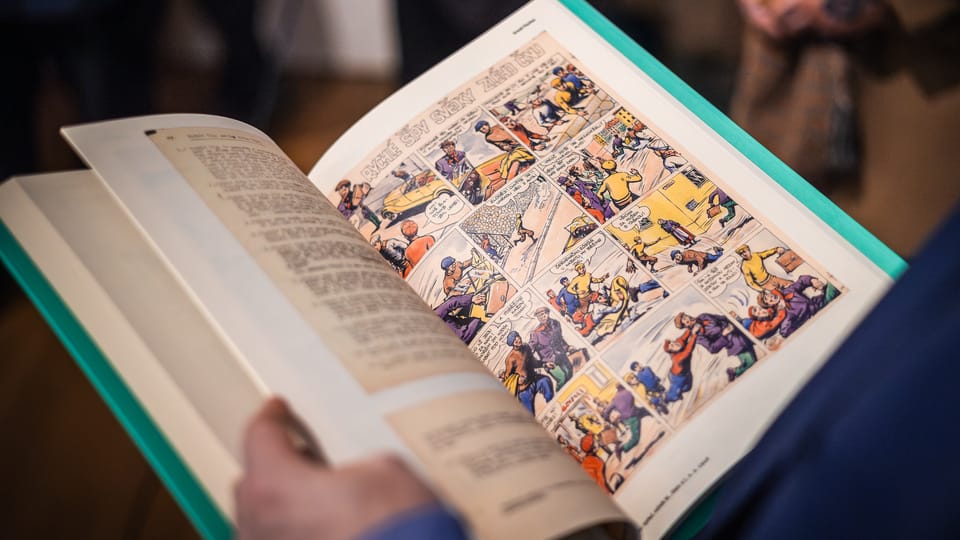
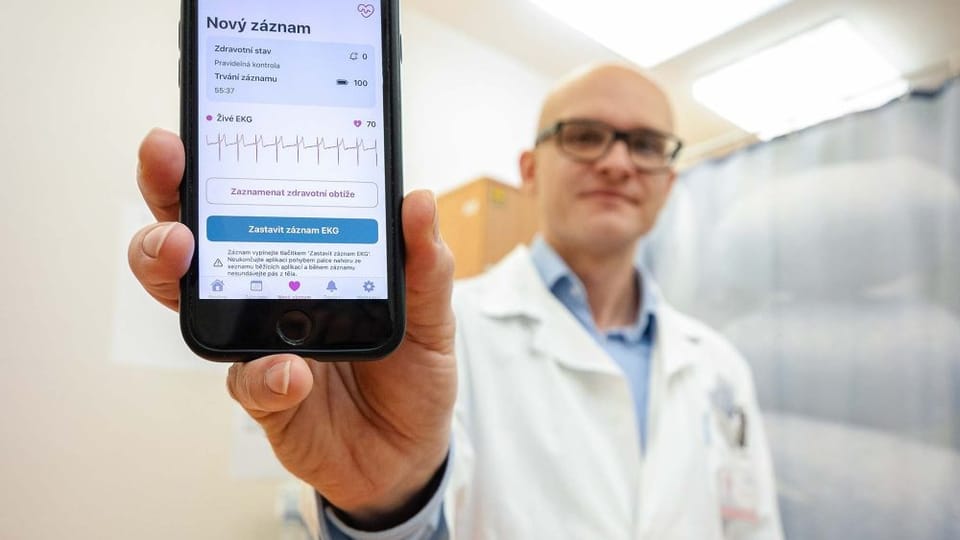

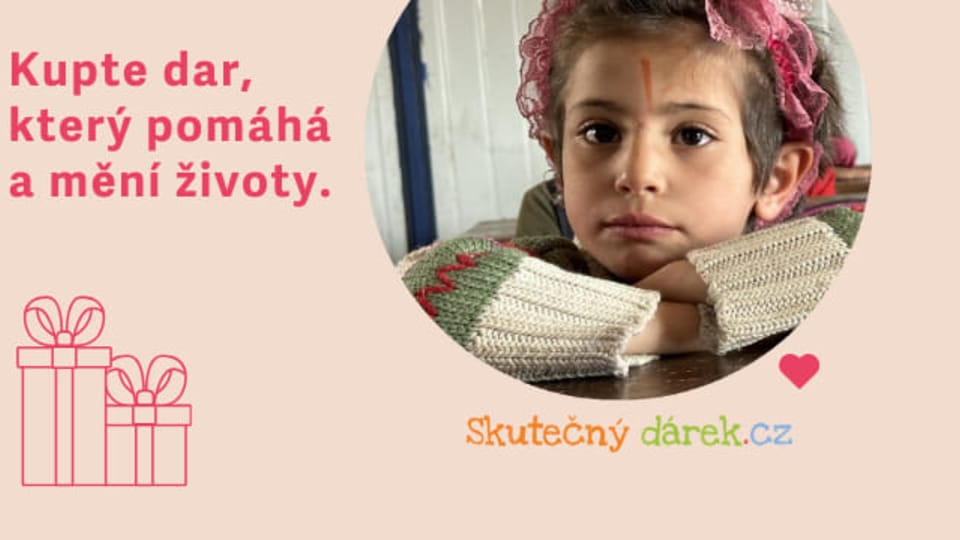
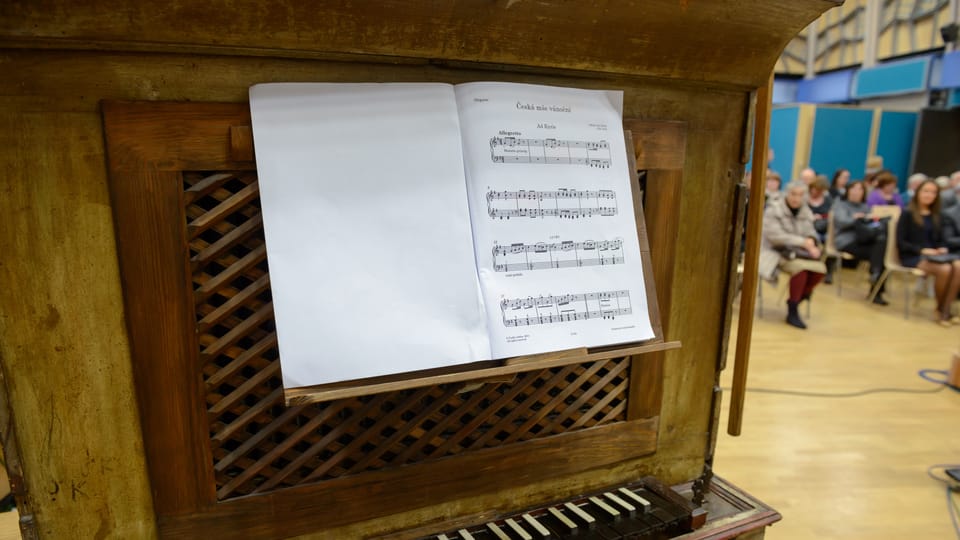
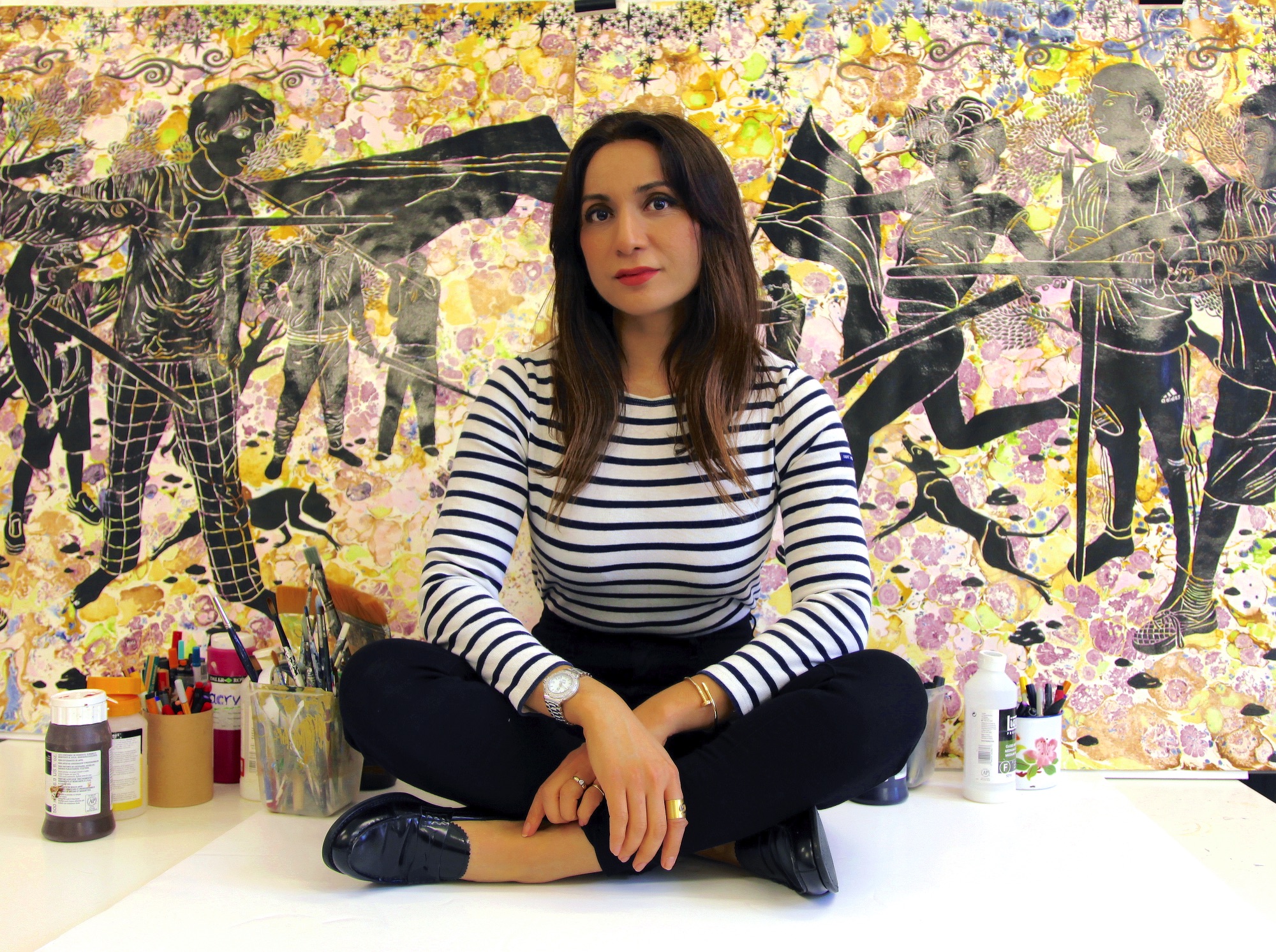
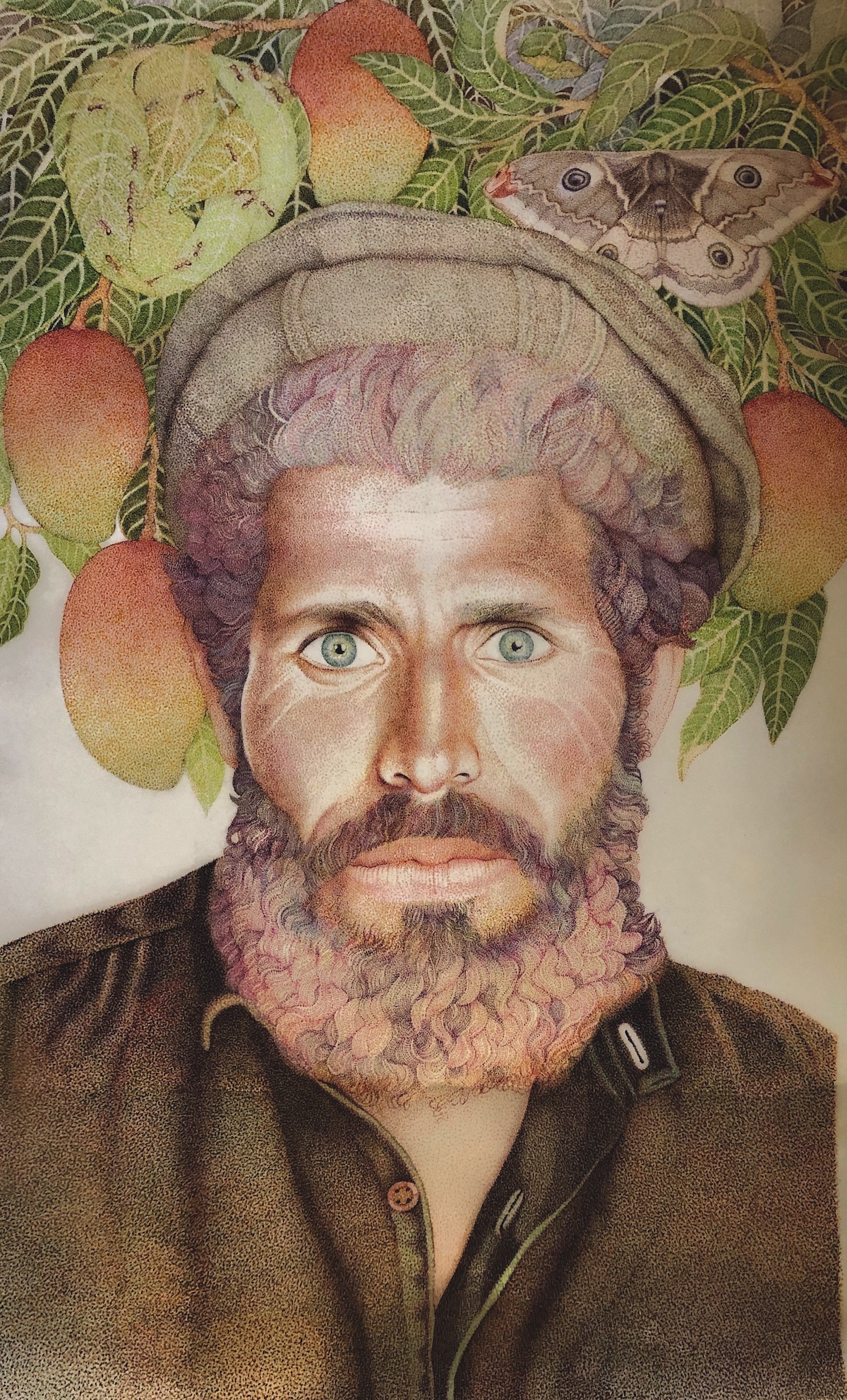
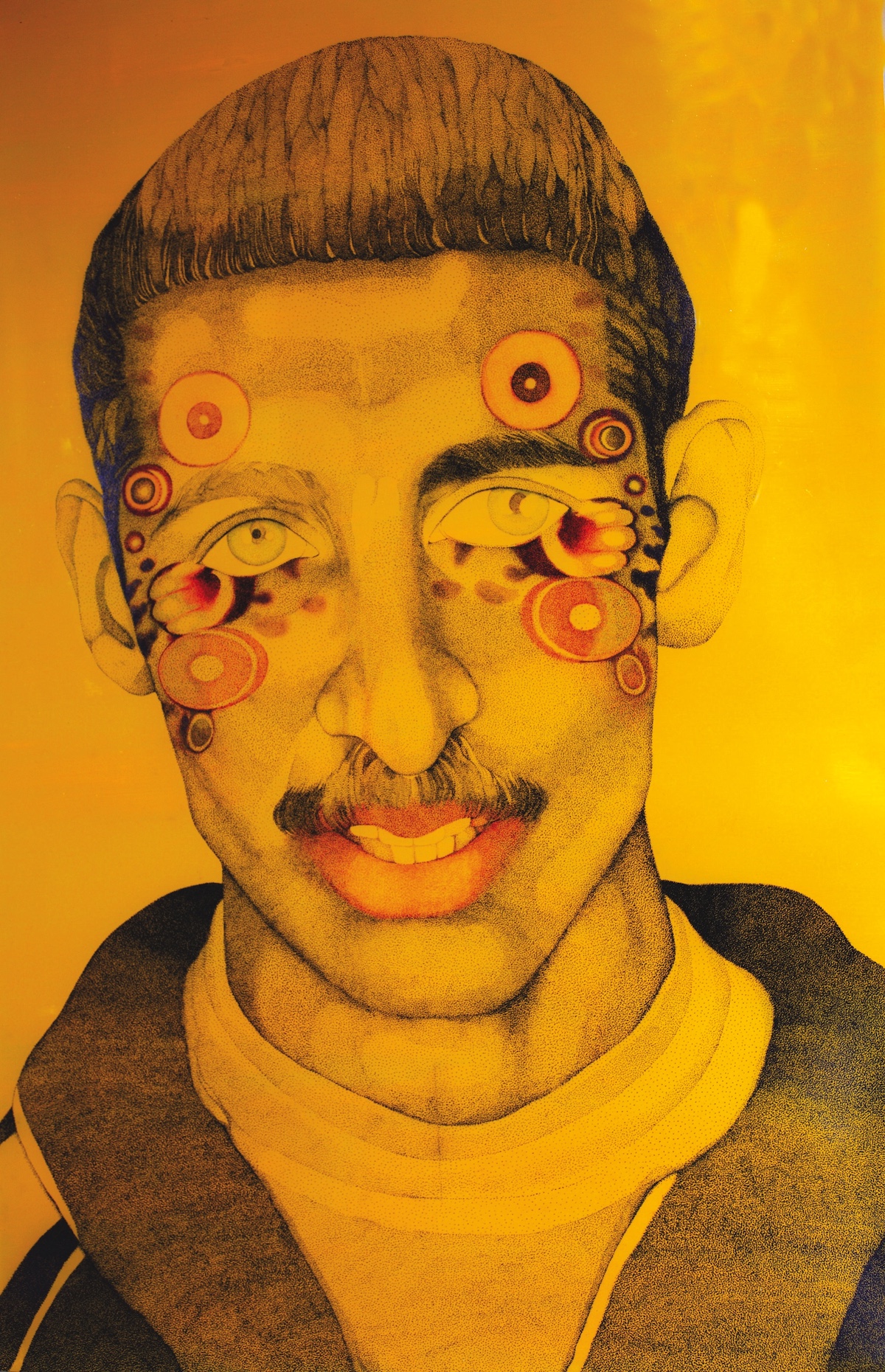
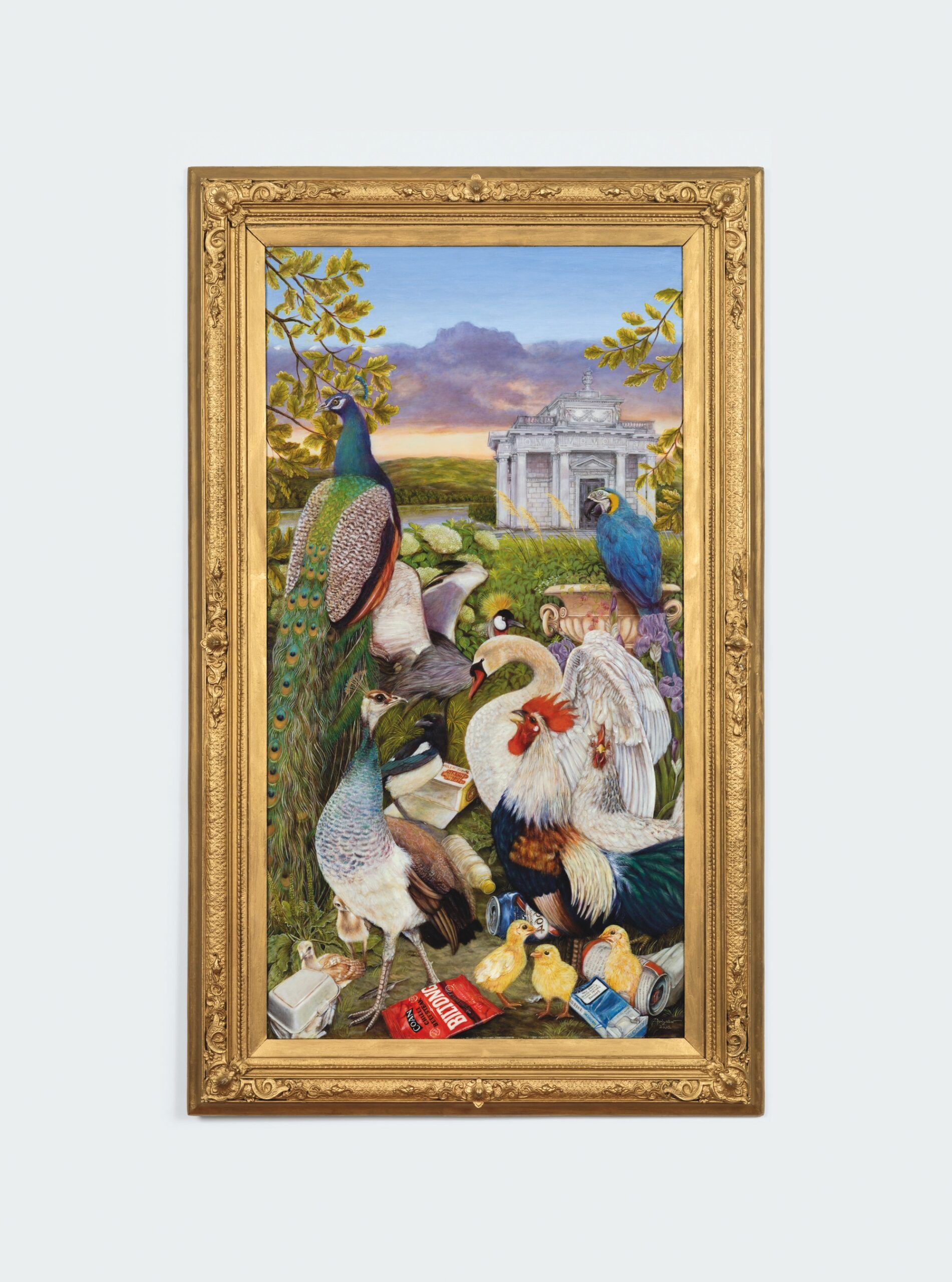
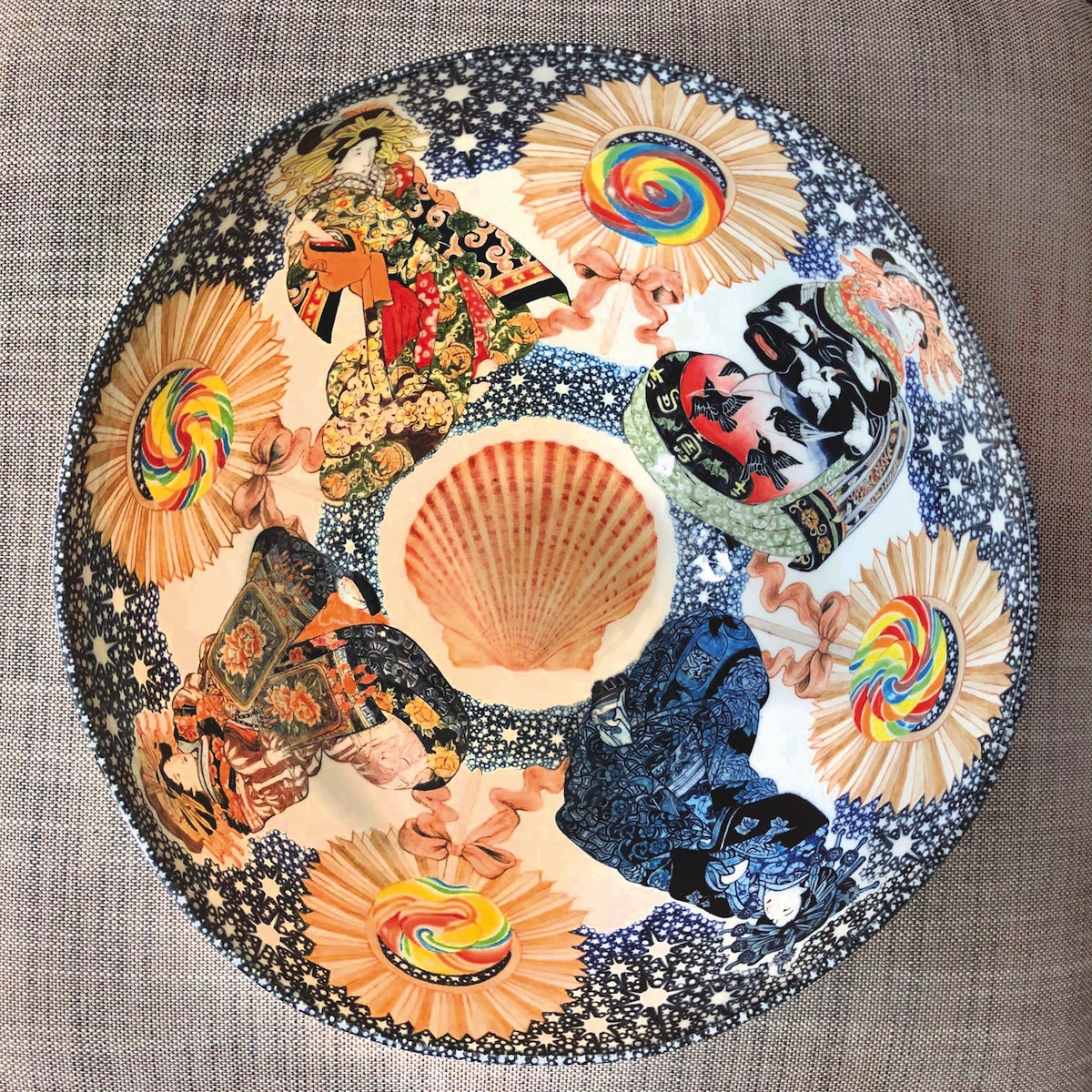
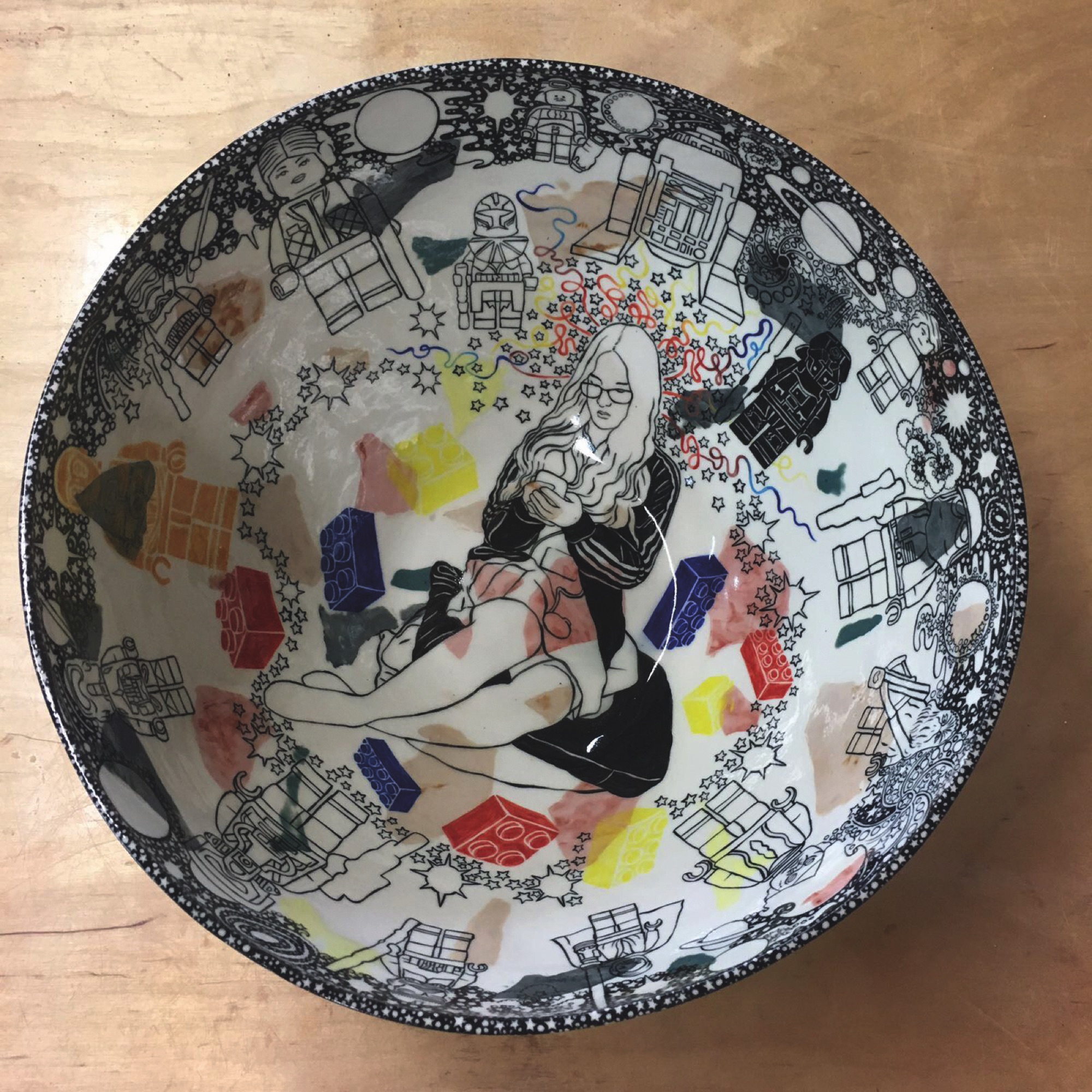
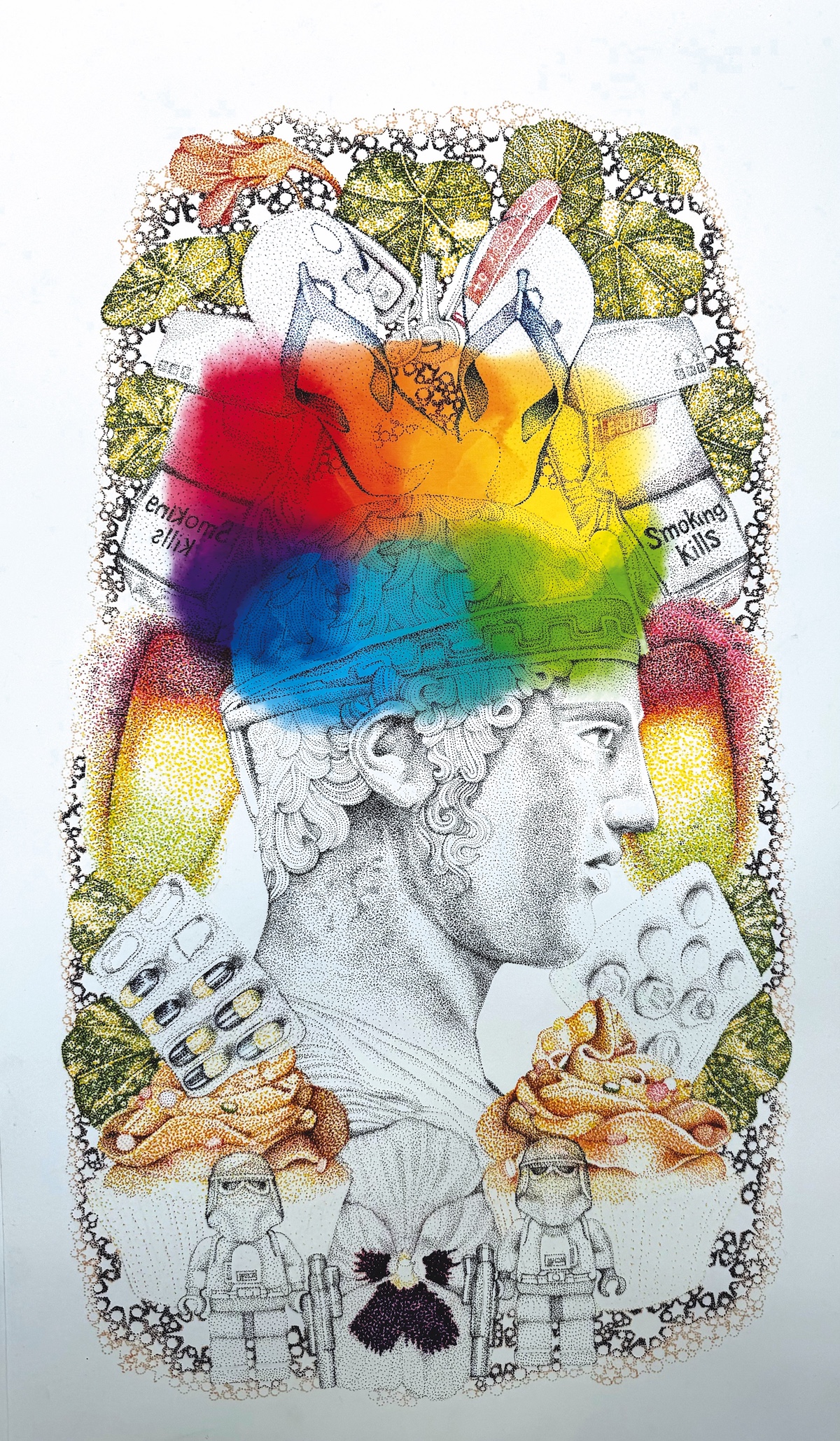
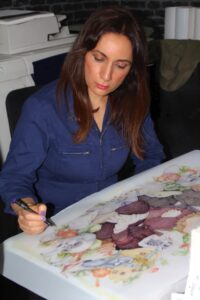 FAIZA BUTT, is a multidisciplinary artist originally from Lahore, Pakistan, who now lives and works in the UK. Her practice spans various mediums, including drawing, painting, ceramics and digital works. Butt creates her paintings by utilizing photographic materials, scavenging both historic and contemporary imagery to craft compositions that encompass multiple narratives. She earned her BA from the National College of Arts in 1993. Graduating with honours, she received the Berger Gold Medal for outstanding student of the year. Butt also holds a master’s degree in painting from the Slade School of Fine Art in London, graduating with distinction in 1999.Faiza Butt’s work has been showcased at numerous art fairs, including Art Dubai and the Hong Kong Art Fair, as well as extensively across Europe, the Middle East, South Asia, and the United States. Her pieces are included in both private and public collections, such as the British Museum, the Kiran Nadar Museum, and the Burger Collection, among others. Faiza Butt has been invited to exhibit at the prestigious Venice Biennale on three occasions. Her show, Personal Structures, is currently on display at Palazzo Bembo during the 60th edition of the Venice Biennale in 2024. She is also set to exhibit with Rossi and Rossi Gallery in Hong Kong at the upcoming Art Abu Dhabi, as well as with Aicon Gallery in New York at Art Mumbai in November 2024.
FAIZA BUTT, is a multidisciplinary artist originally from Lahore, Pakistan, who now lives and works in the UK. Her practice spans various mediums, including drawing, painting, ceramics and digital works. Butt creates her paintings by utilizing photographic materials, scavenging both historic and contemporary imagery to craft compositions that encompass multiple narratives. She earned her BA from the National College of Arts in 1993. Graduating with honours, she received the Berger Gold Medal for outstanding student of the year. Butt also holds a master’s degree in painting from the Slade School of Fine Art in London, graduating with distinction in 1999.Faiza Butt’s work has been showcased at numerous art fairs, including Art Dubai and the Hong Kong Art Fair, as well as extensively across Europe, the Middle East, South Asia, and the United States. Her pieces are included in both private and public collections, such as the British Museum, the Kiran Nadar Museum, and the Burger Collection, among others. Faiza Butt has been invited to exhibit at the prestigious Venice Biennale on three occasions. Her show, Personal Structures, is currently on display at Palazzo Bembo during the 60th edition of the Venice Biennale in 2024. She is also set to exhibit with Rossi and Rossi Gallery in Hong Kong at the upcoming Art Abu Dhabi, as well as with Aicon Gallery in New York at Art Mumbai in November 2024. BEATRIZ CIFUENTES FELICIANO, is a curator specialising in South Asian & Himalayan art and architecture. Besides working in an independent capacity, she is currently part of the curatorial team at Tate Modern. Previously, she also worked with the South Asian collections in the V&A and the British Museum.
BEATRIZ CIFUENTES FELICIANO, is a curator specialising in South Asian & Himalayan art and architecture. Besides working in an independent capacity, she is currently part of the curatorial team at Tate Modern. Previously, she also worked with the South Asian collections in the V&A and the British Museum.
 Ever seen AI in action? Here we go, ready to show you a concrete example of how AI-based editing tools can be used today when working with text. On the following two pages, you can see two versions of the same text. AI produced the first one based on the instructions given by the author; the second version offers the text after being edited by a human. You can compare and draw your conclusions. In our opinion, AI work is not equivalent to human work, but the technology is here and will not disappear – so we might as well forget about our possible prejudice and start using it efficiently and wisely to the advantage of ourselves and fellow humans.
Ever seen AI in action? Here we go, ready to show you a concrete example of how AI-based editing tools can be used today when working with text. On the following two pages, you can see two versions of the same text. AI produced the first one based on the instructions given by the author; the second version offers the text after being edited by a human. You can compare and draw your conclusions. In our opinion, AI work is not equivalent to human work, but the technology is here and will not disappear – so we might as well forget about our possible prejudice and start using it efficiently and wisely to the advantage of ourselves and fellow humans. JAKUB ŠŤÁHLAVSKÝ, is an AI entrepreneur, the founder and CEO of Innovative AI Garage, specializing in developing and implementing tailored AI solutions for businesses. With a proven track record in international project management and business development, Jakub brings a wealth of experience to help companies leverage AI for growth and innovation.
JAKUB ŠŤÁHLAVSKÝ, is an AI entrepreneur, the founder and CEO of Innovative AI Garage, specializing in developing and implementing tailored AI solutions for businesses. With a proven track record in international project management and business development, Jakub brings a wealth of experience to help companies leverage AI for growth and innovation.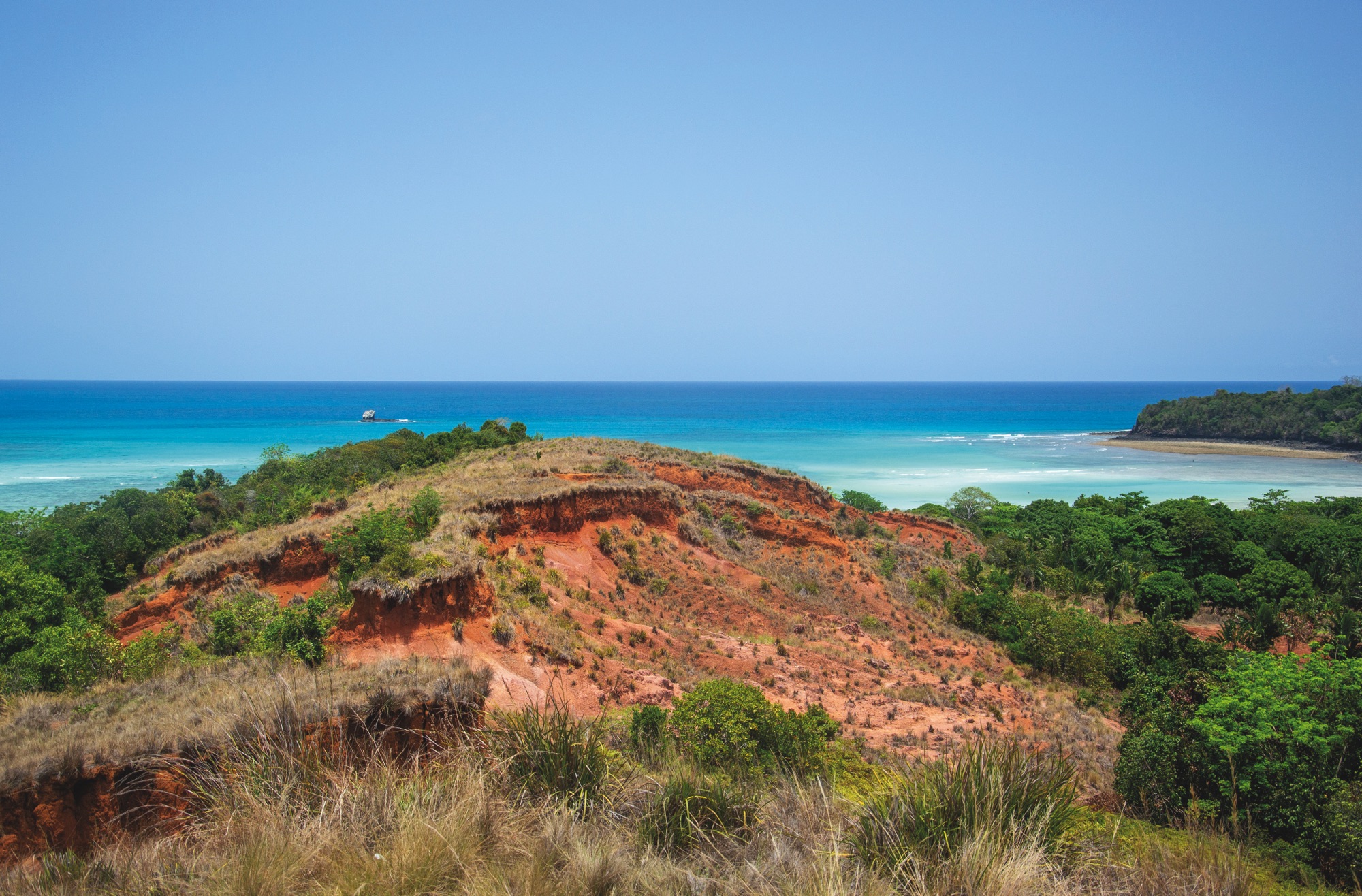
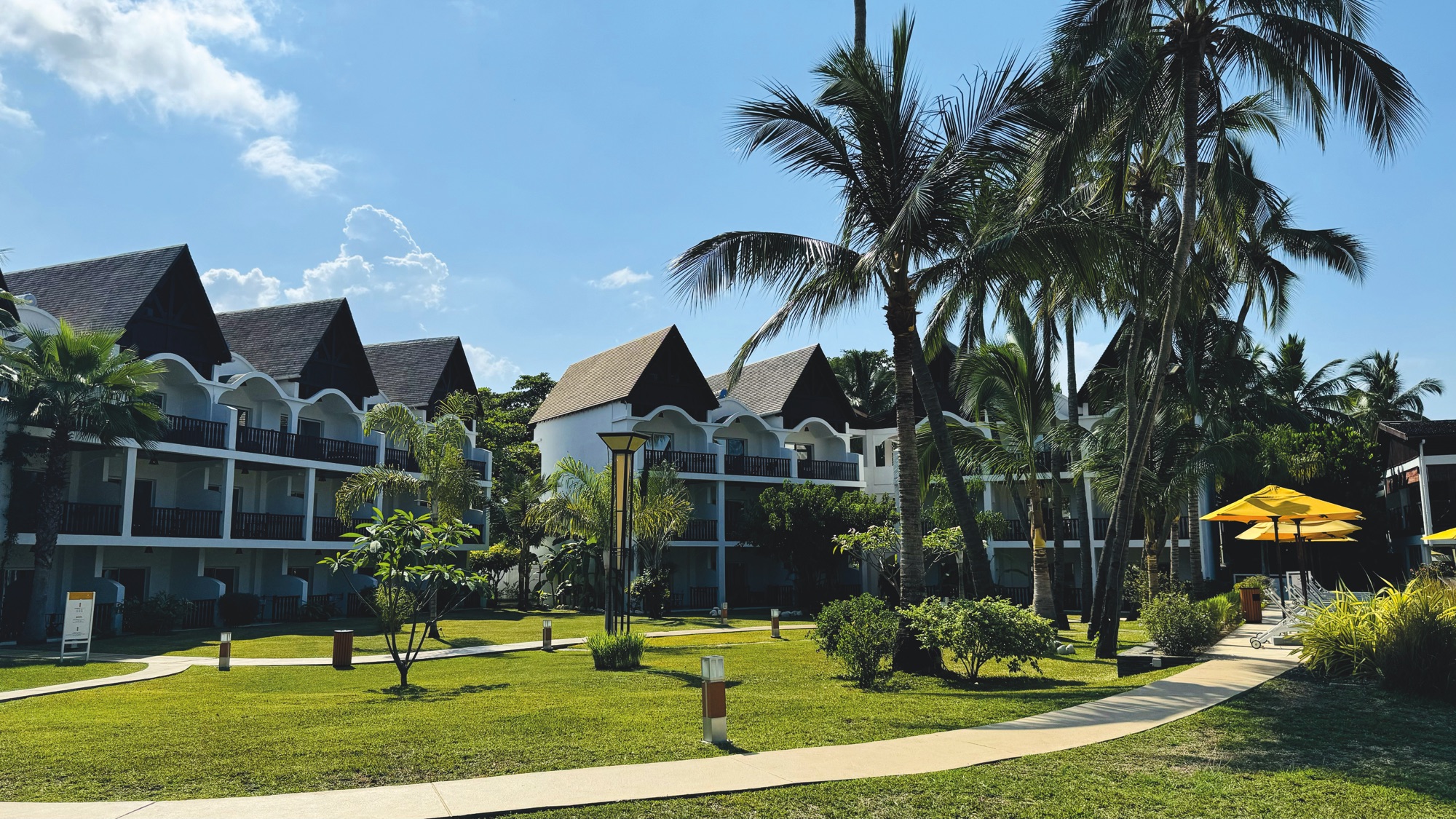
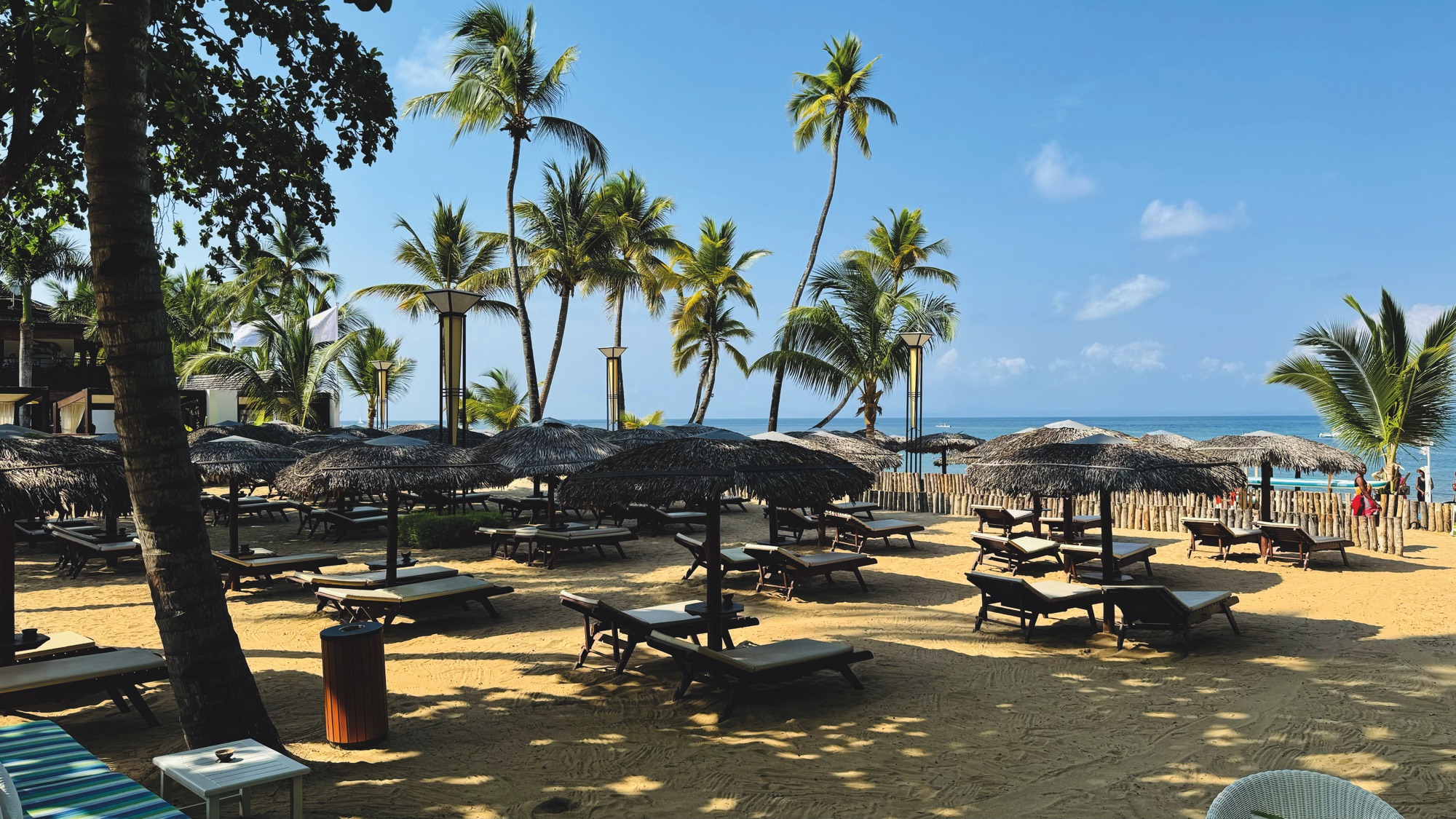
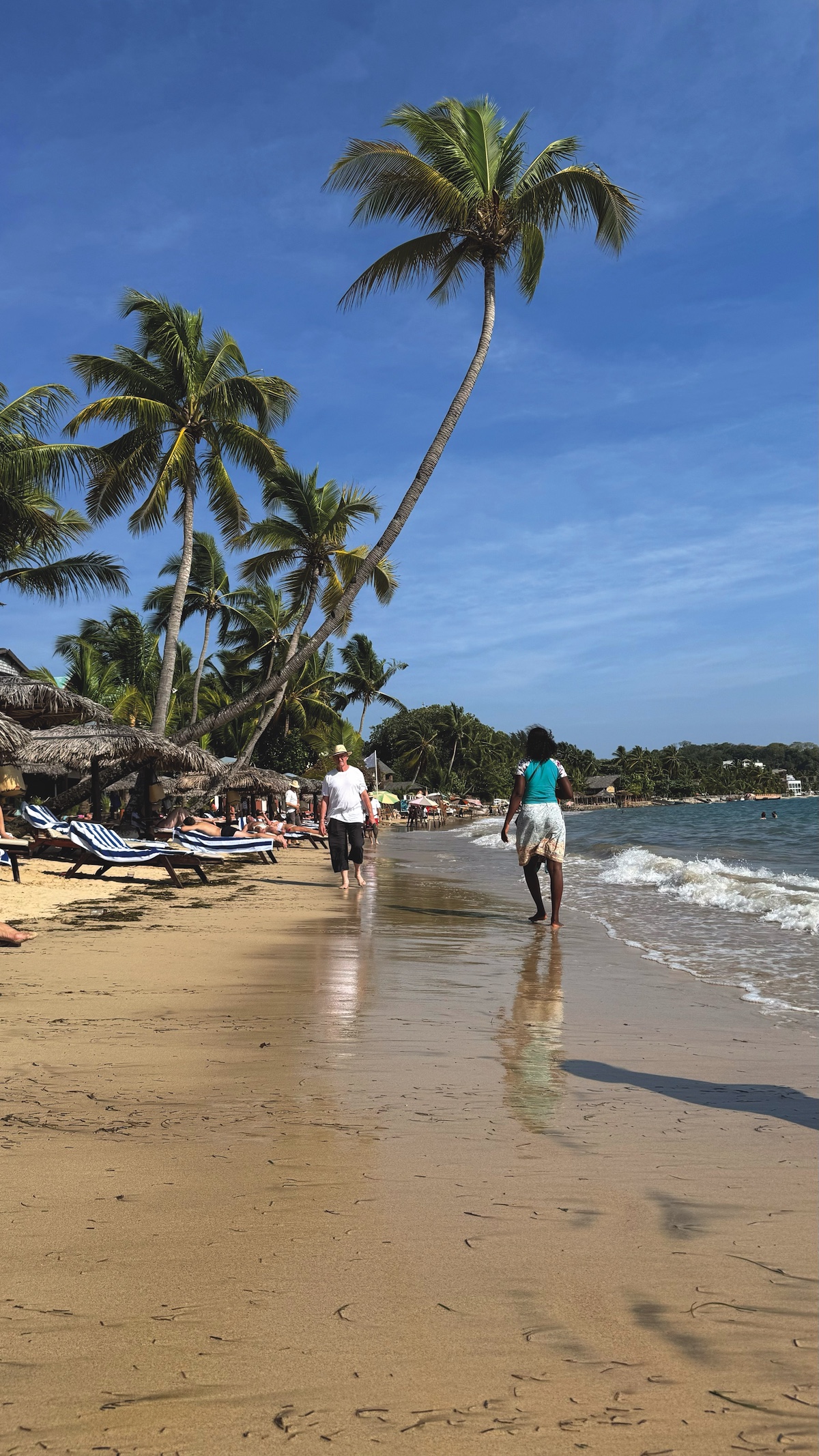
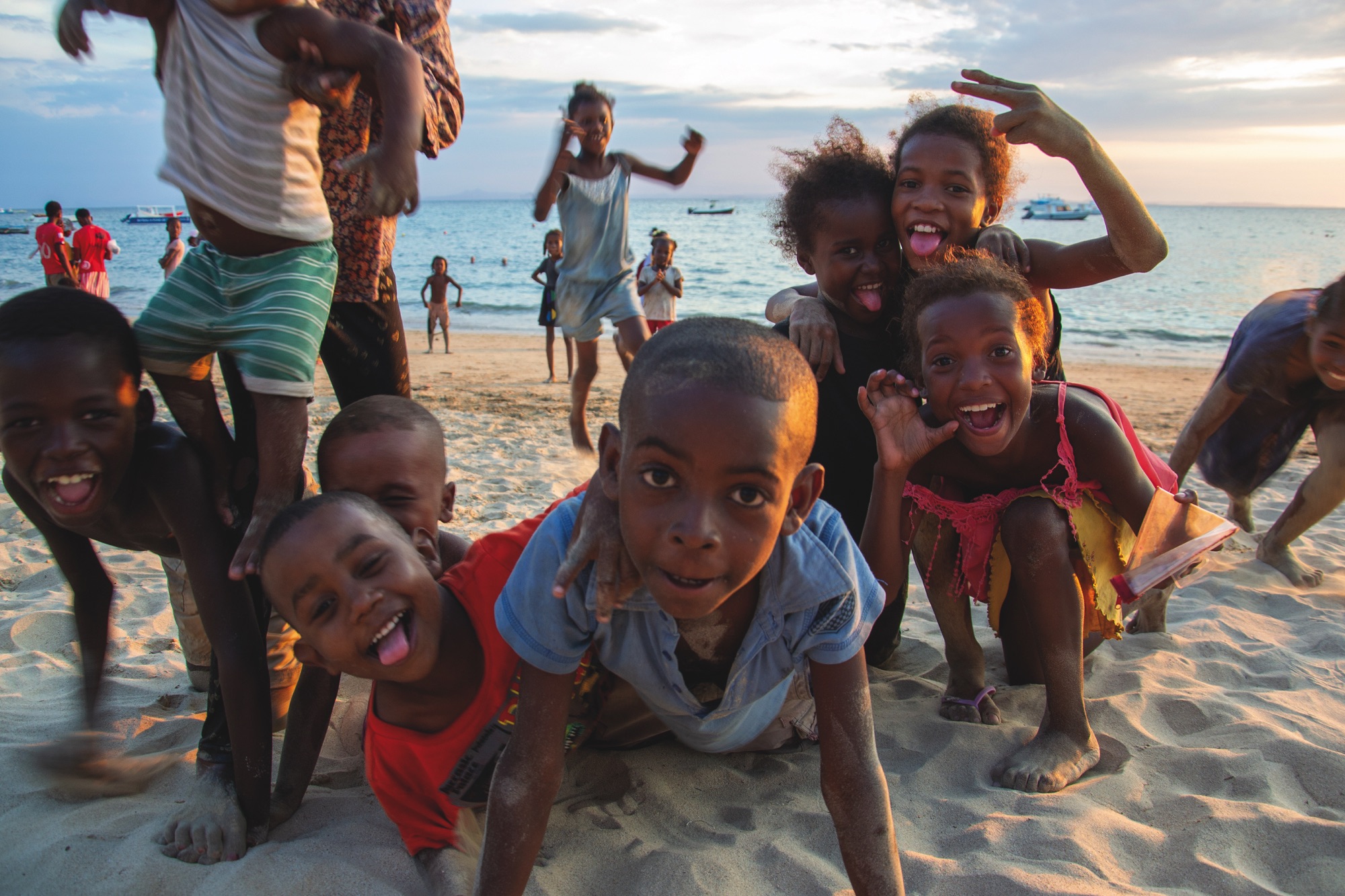

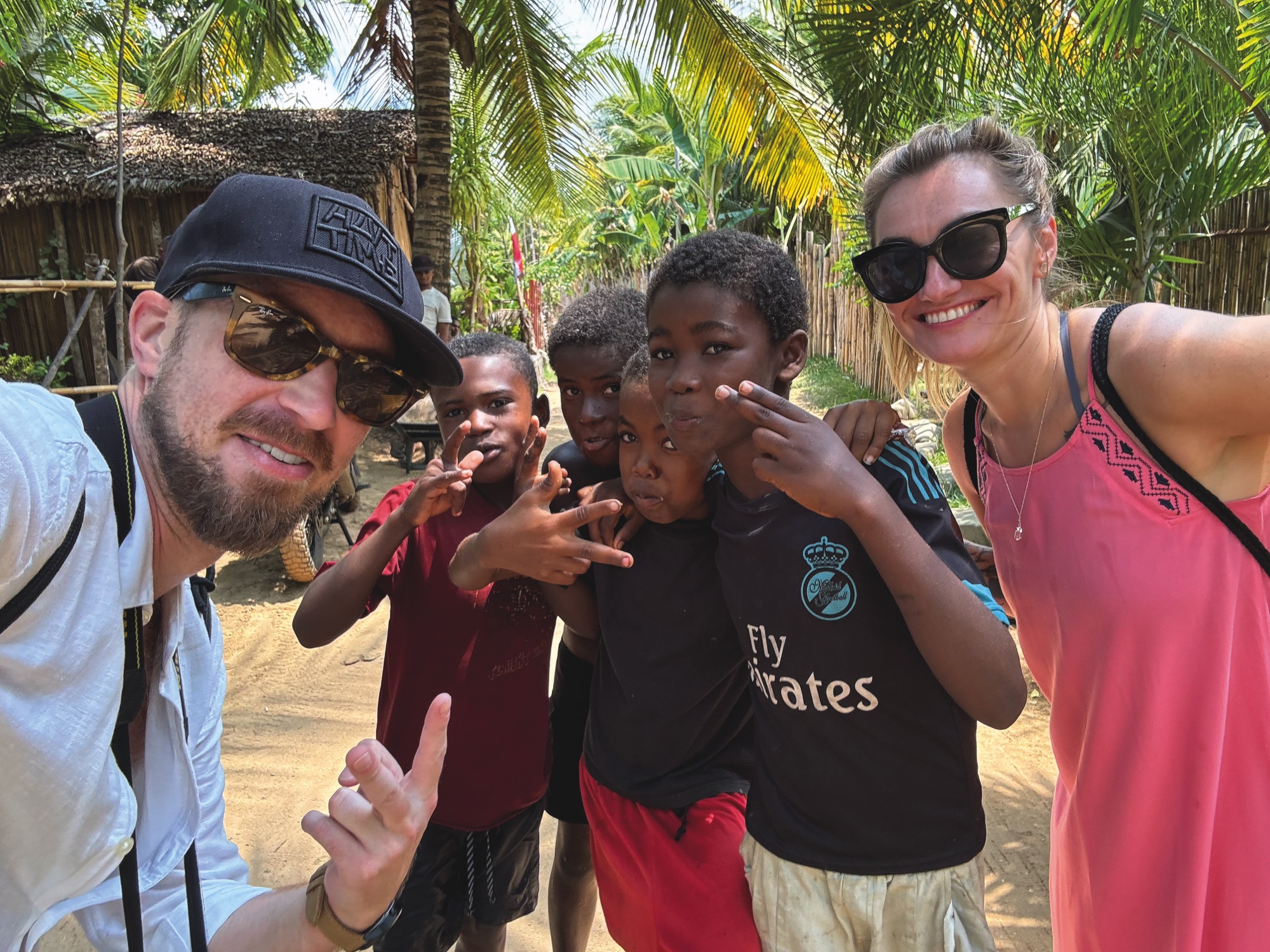
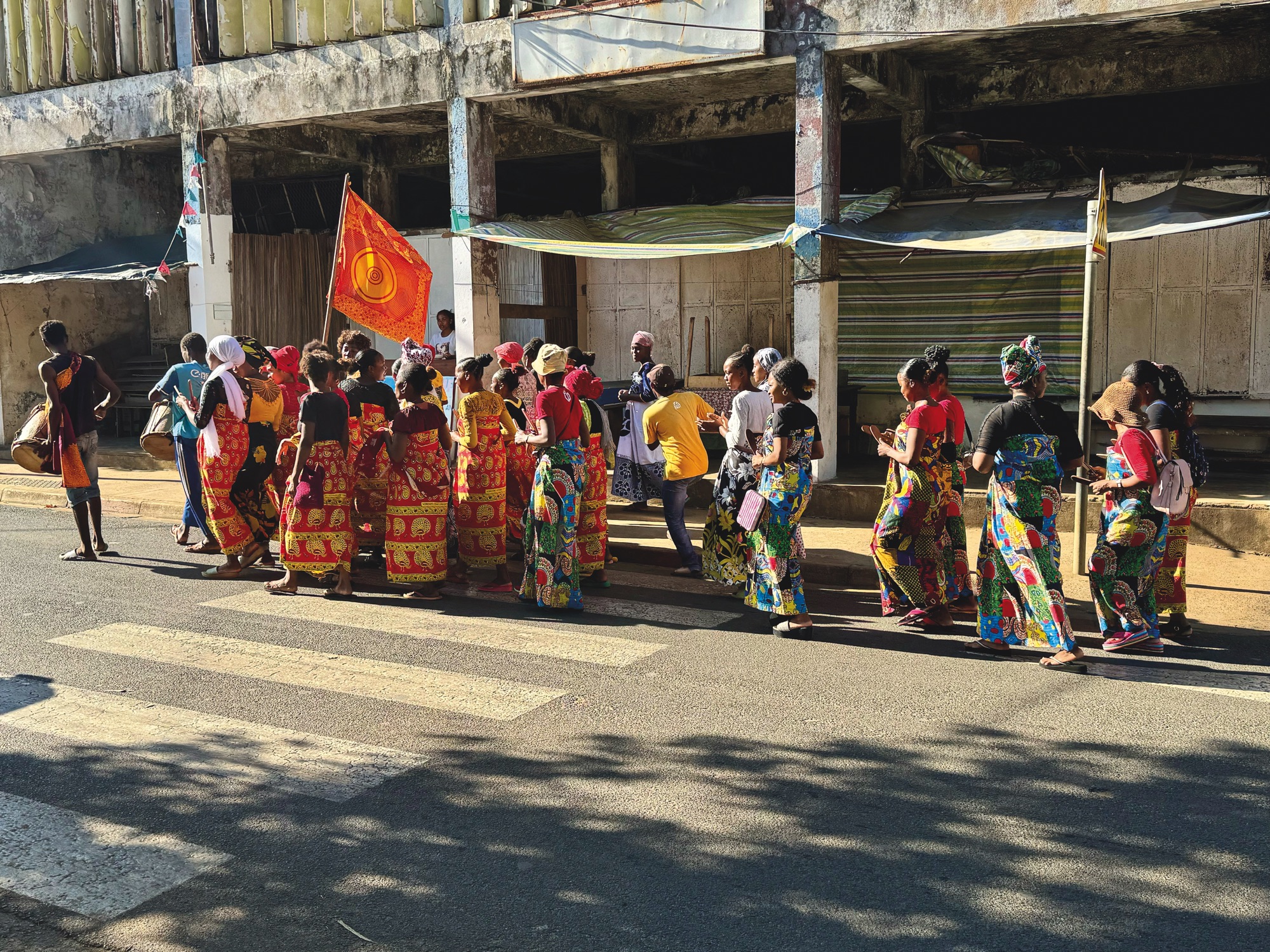
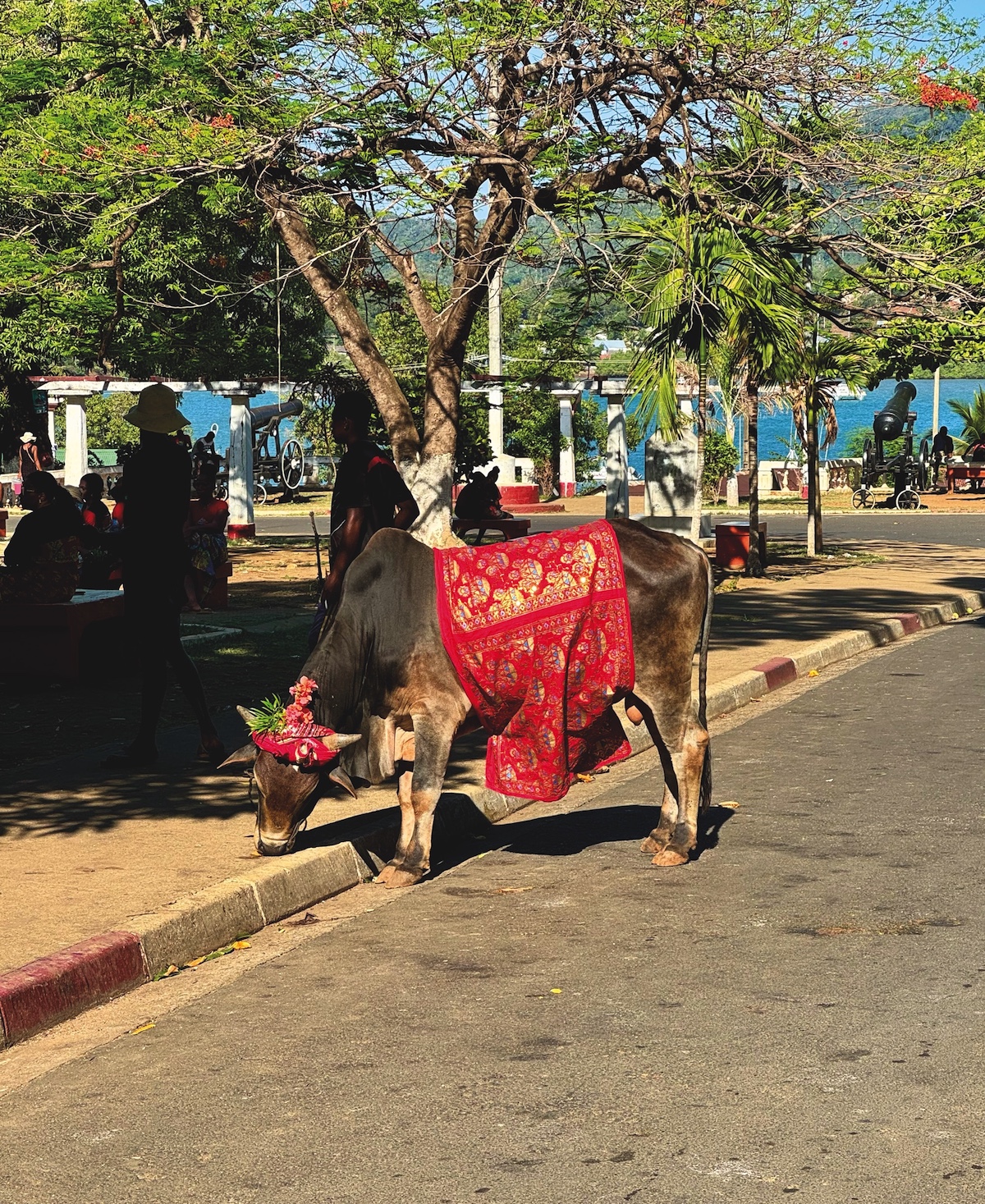
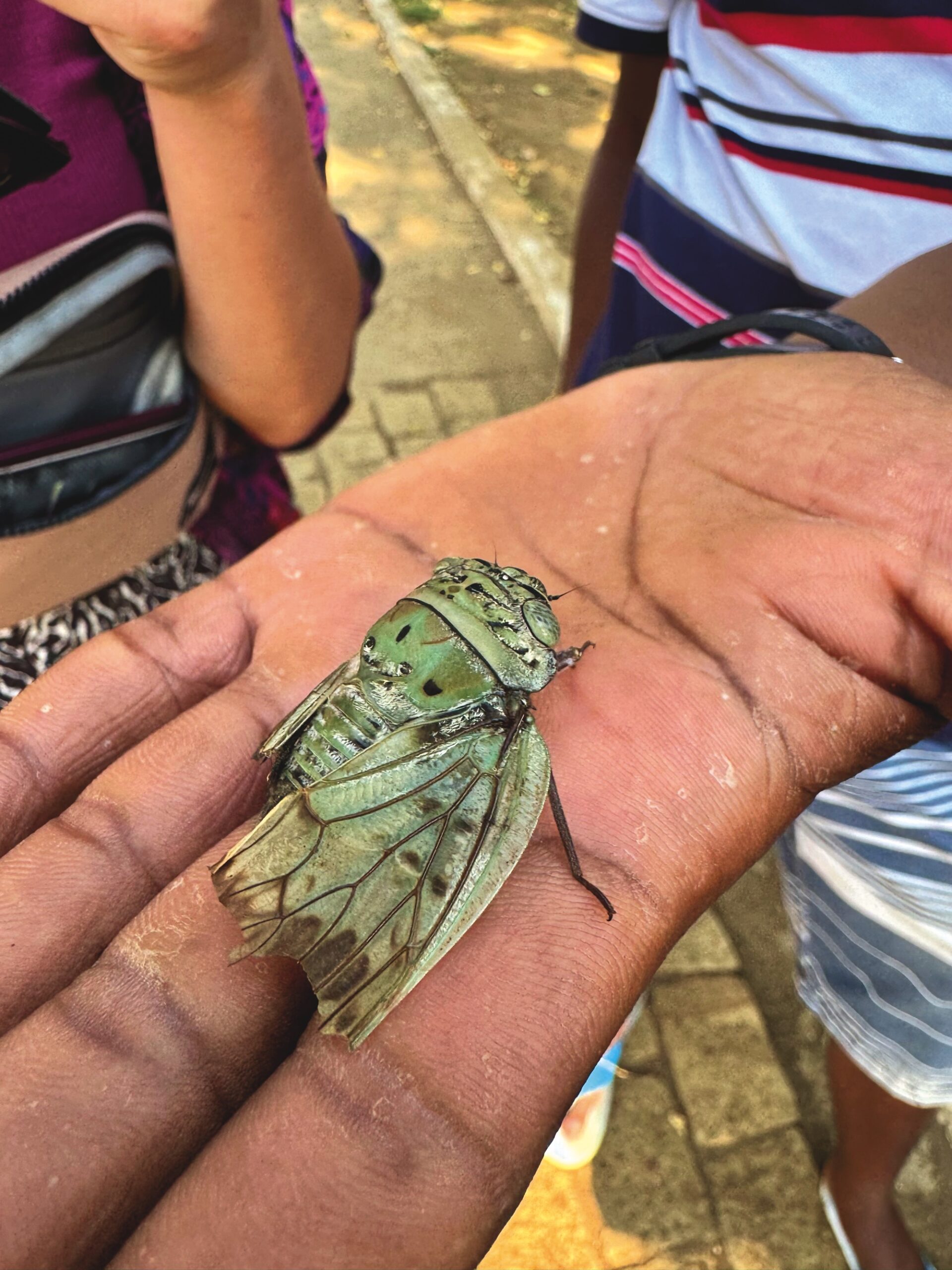
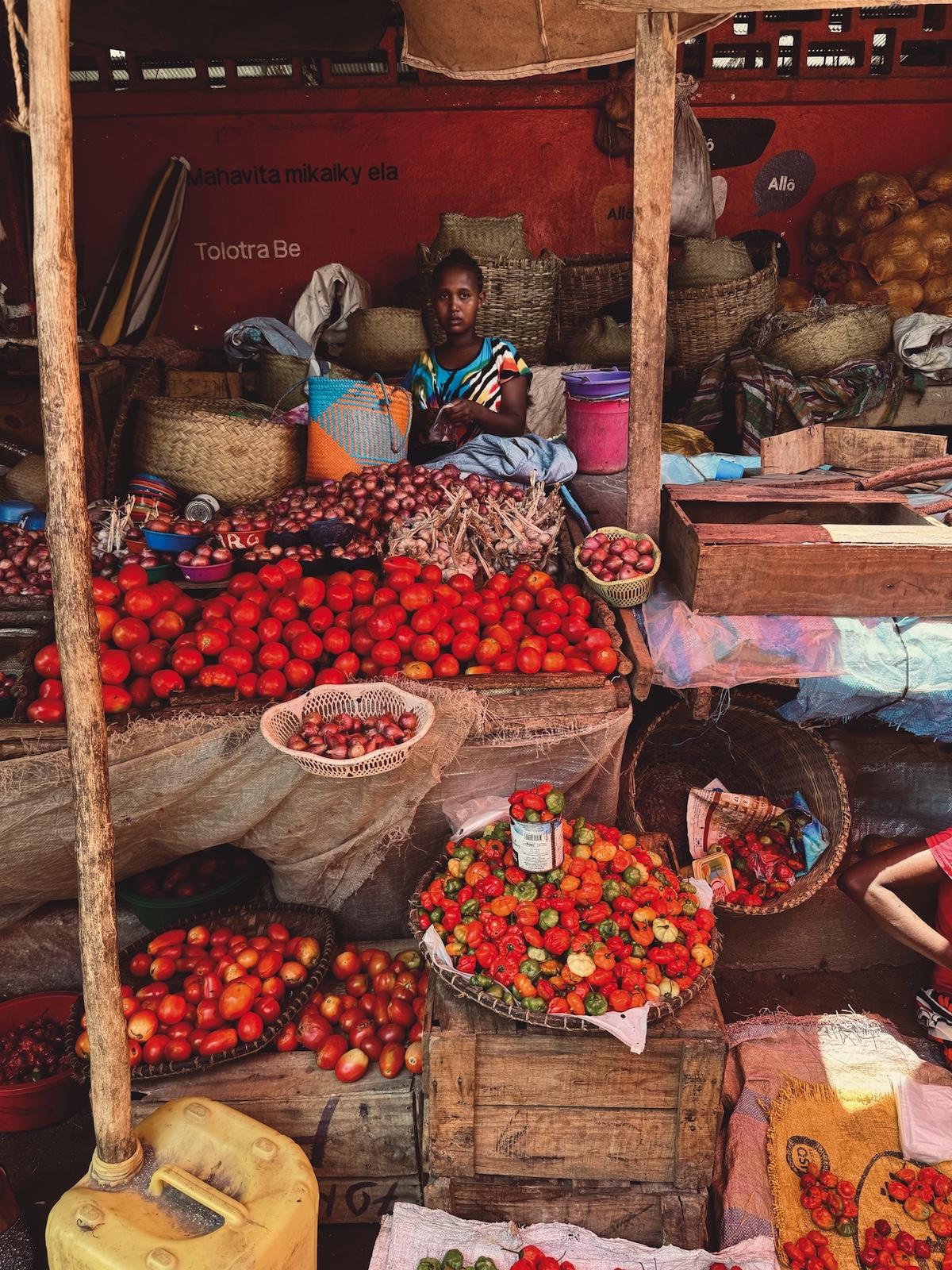
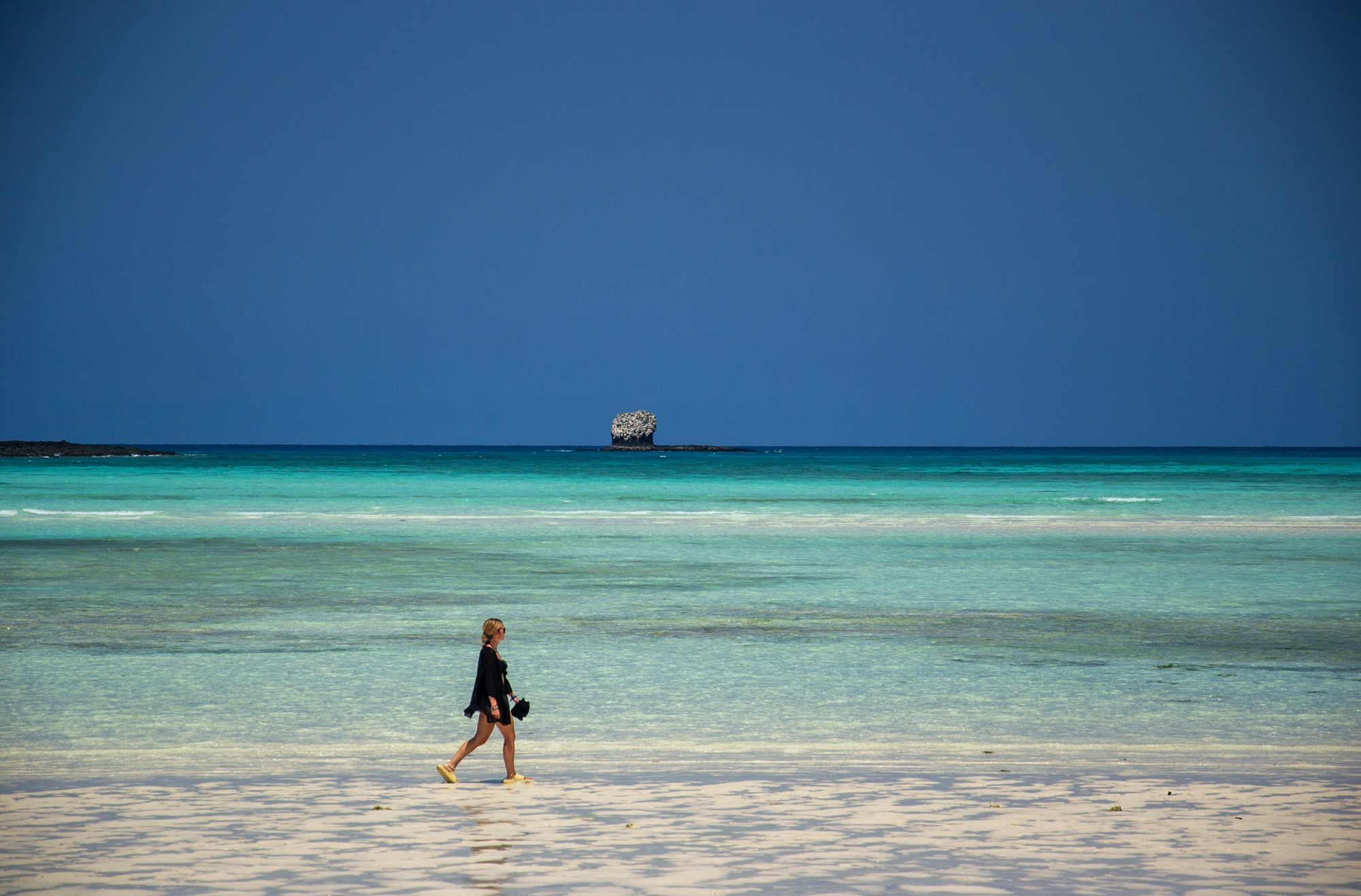
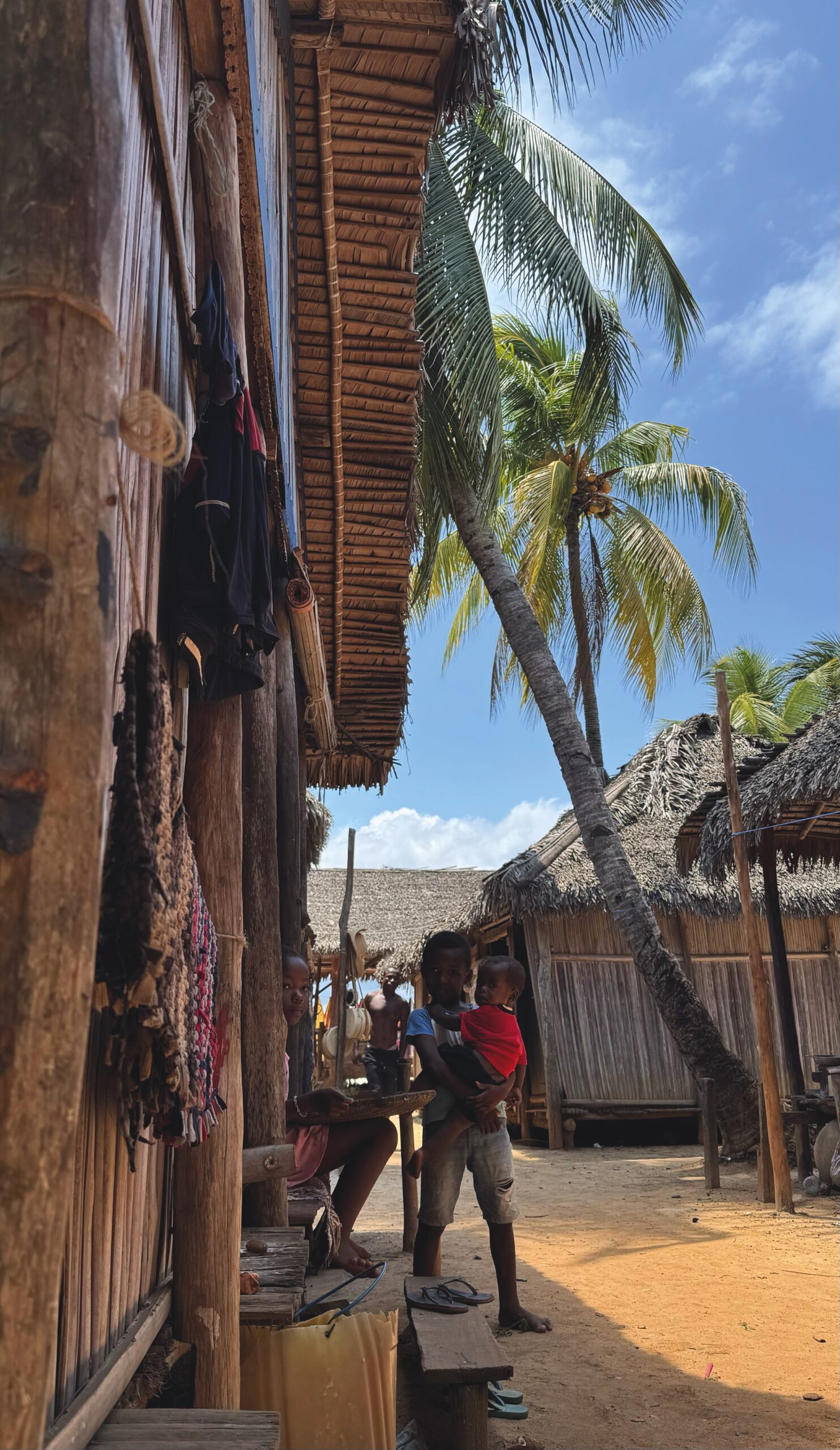
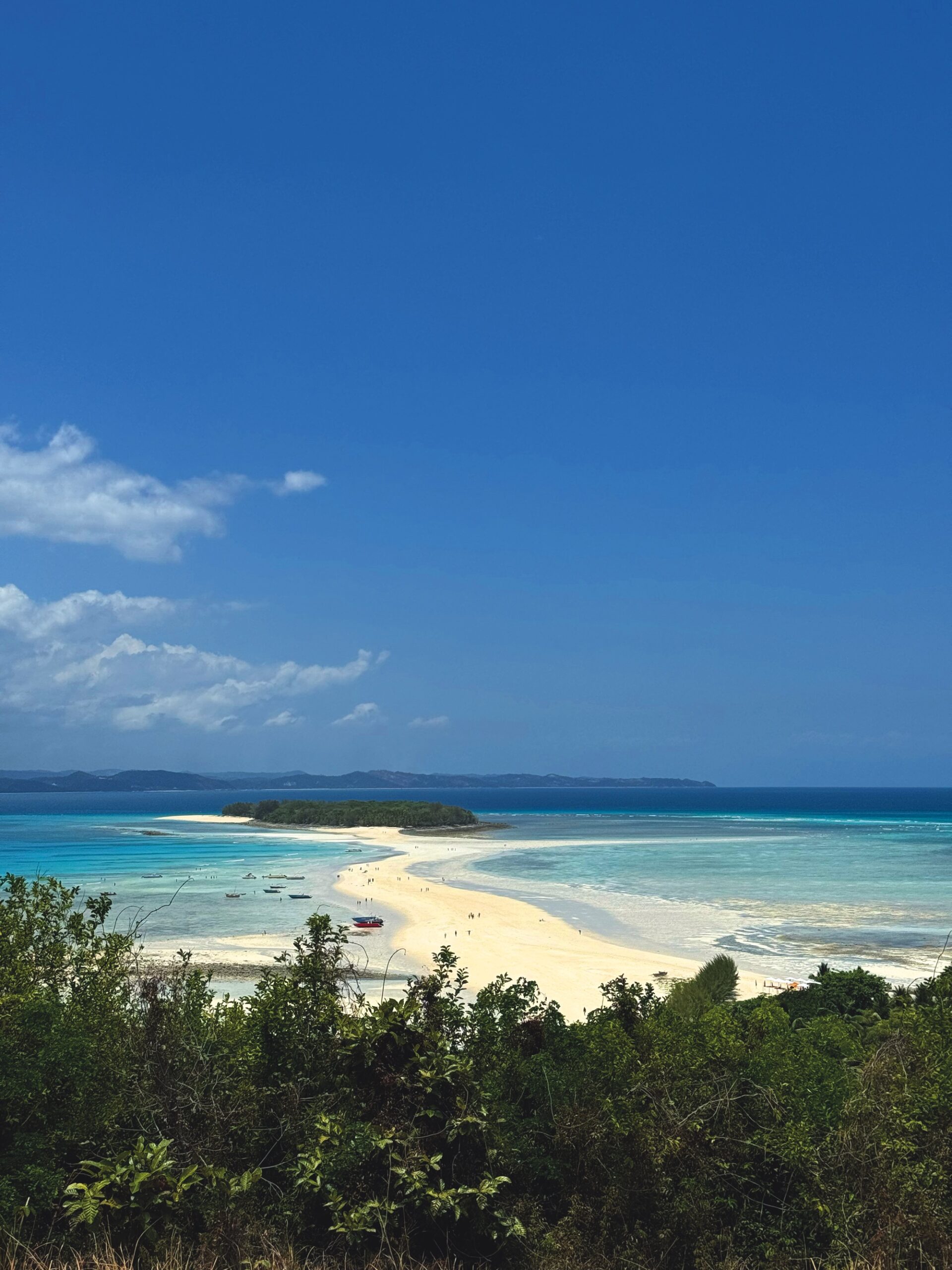
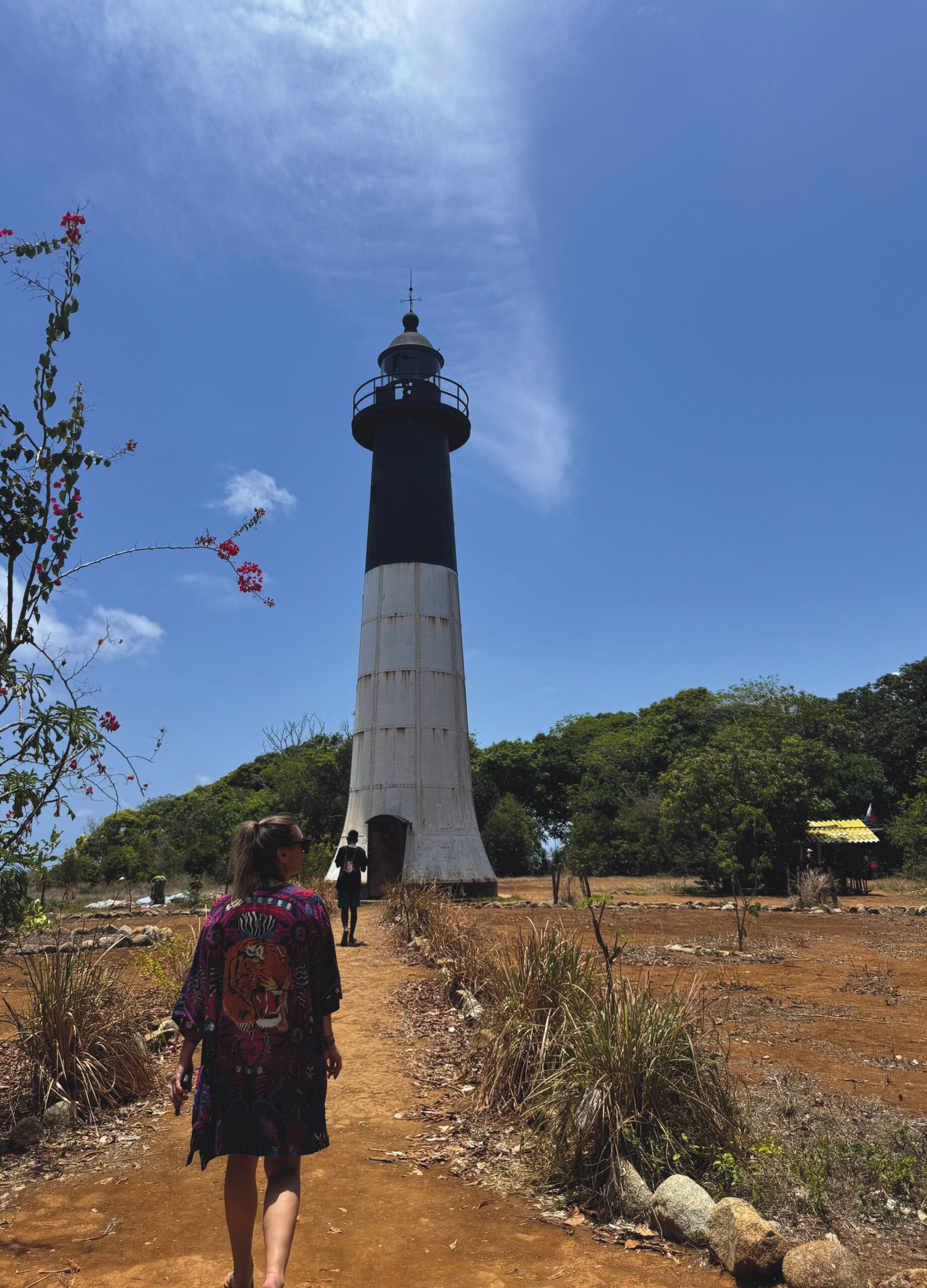
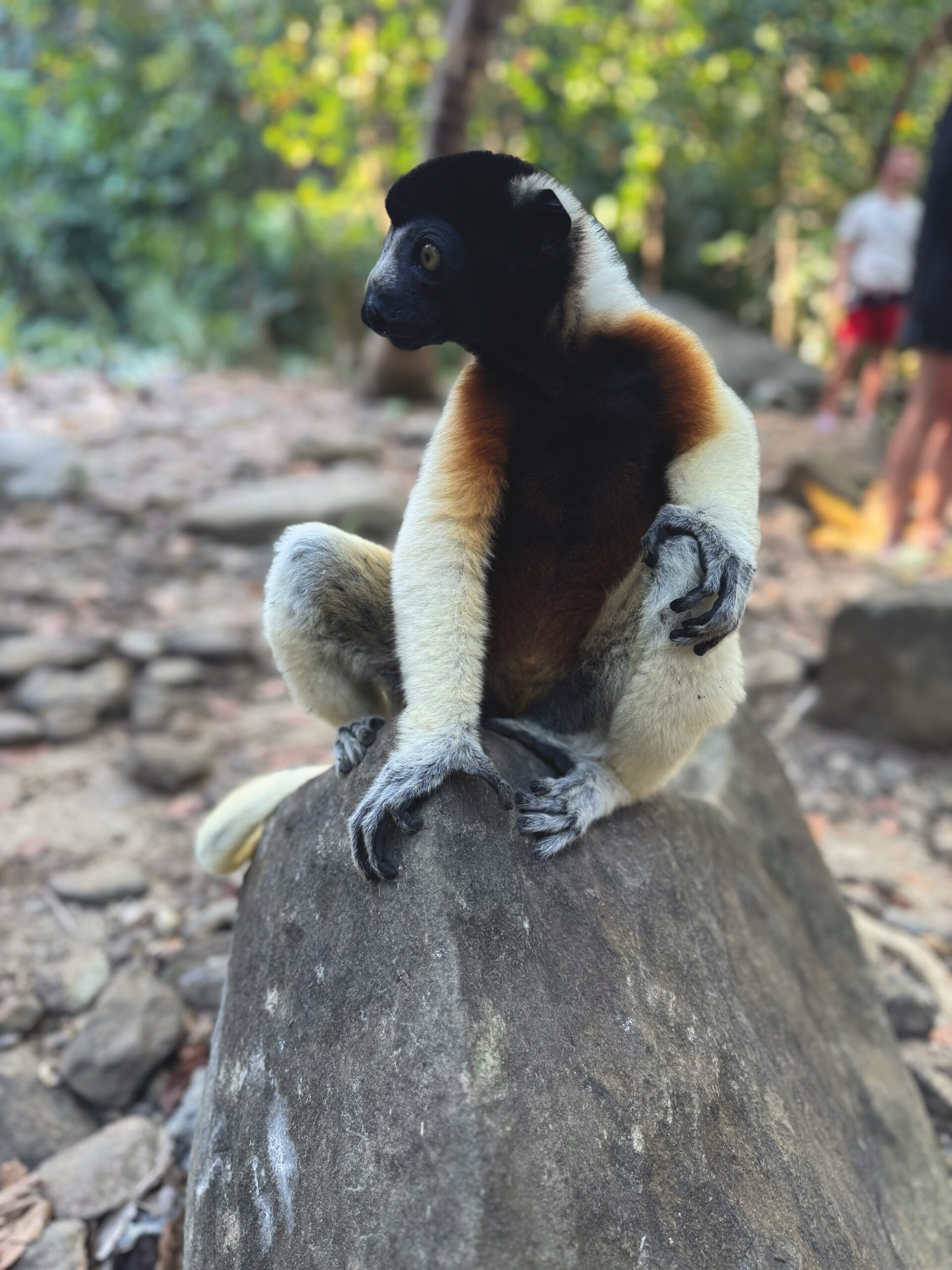
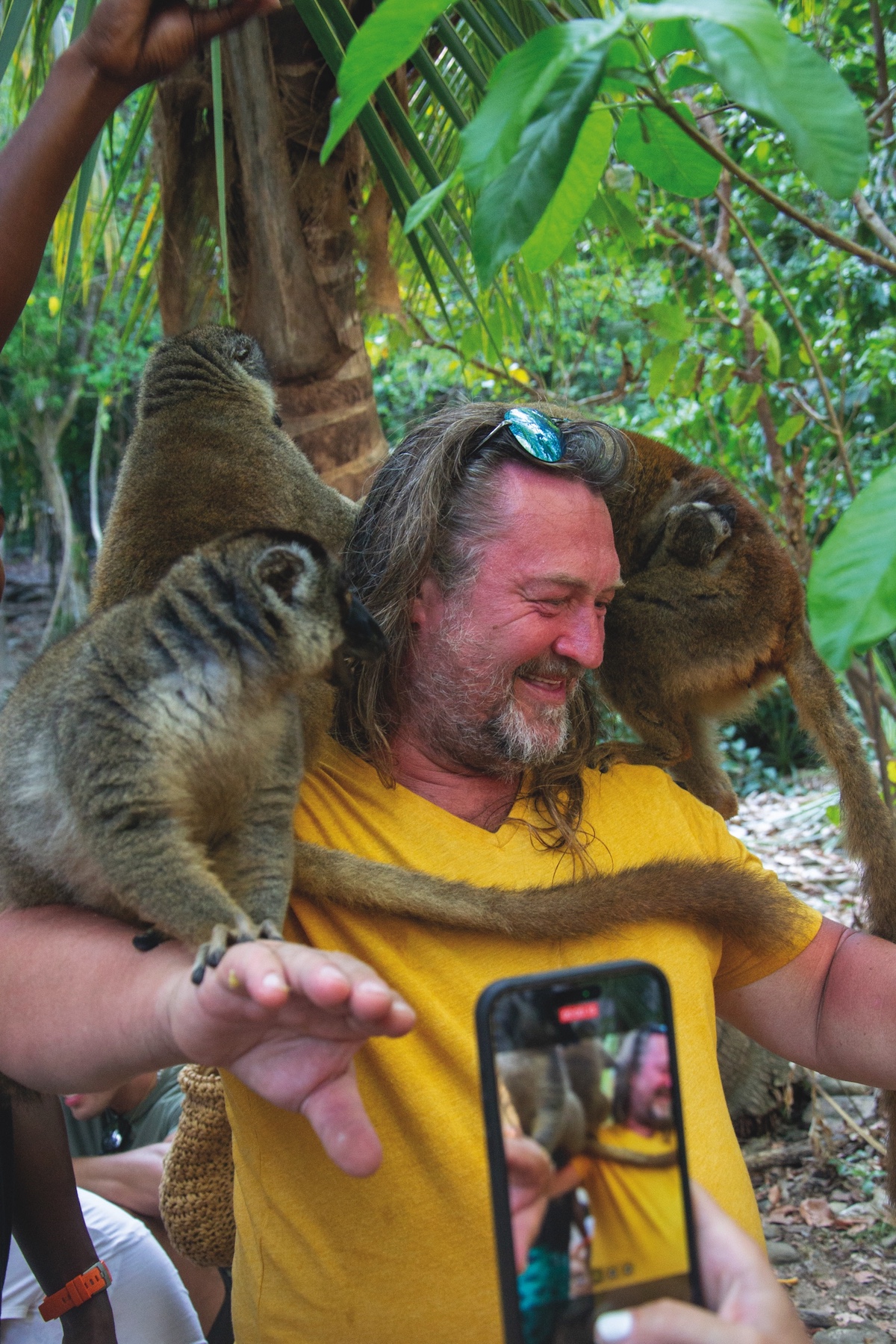
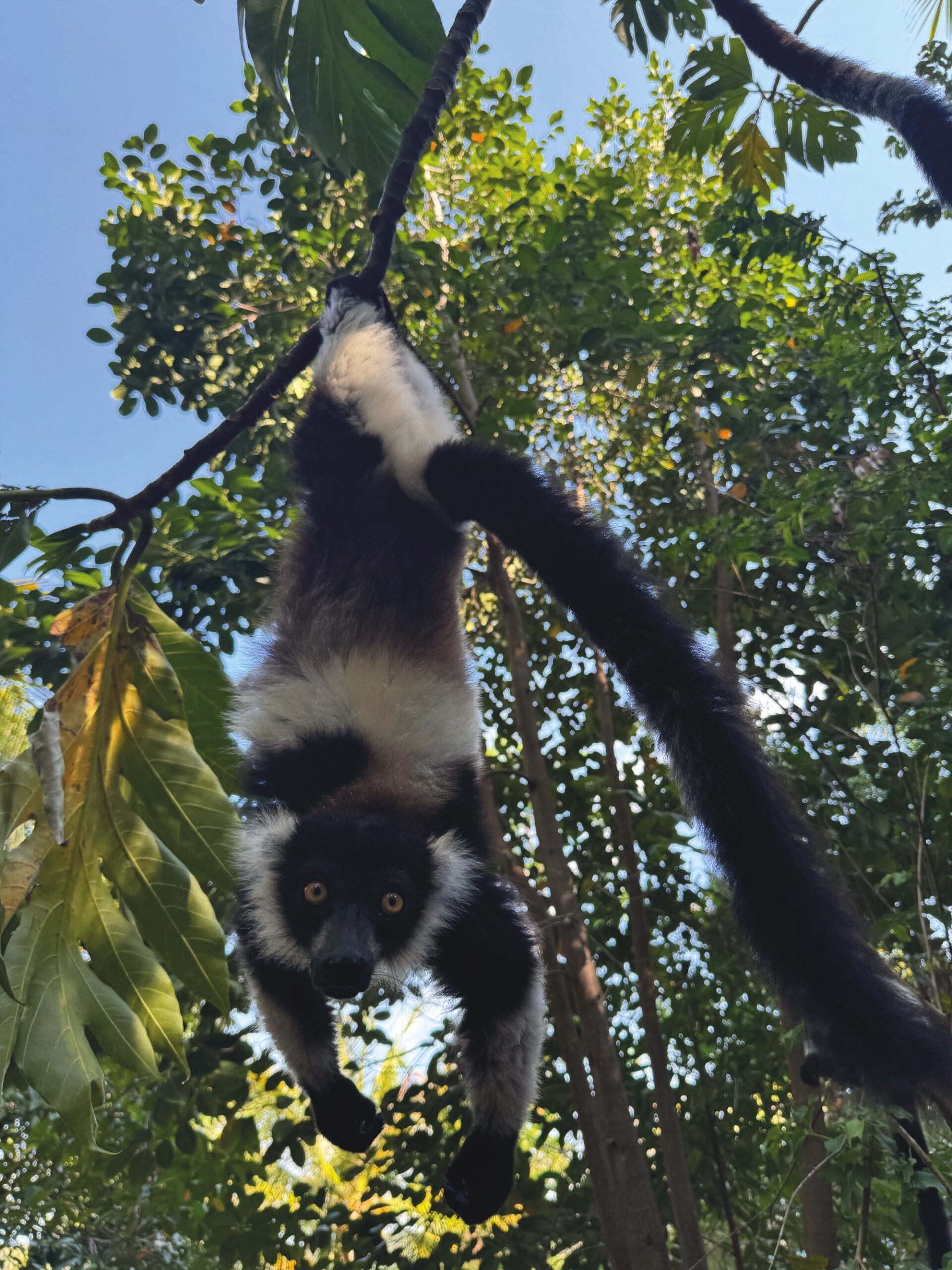
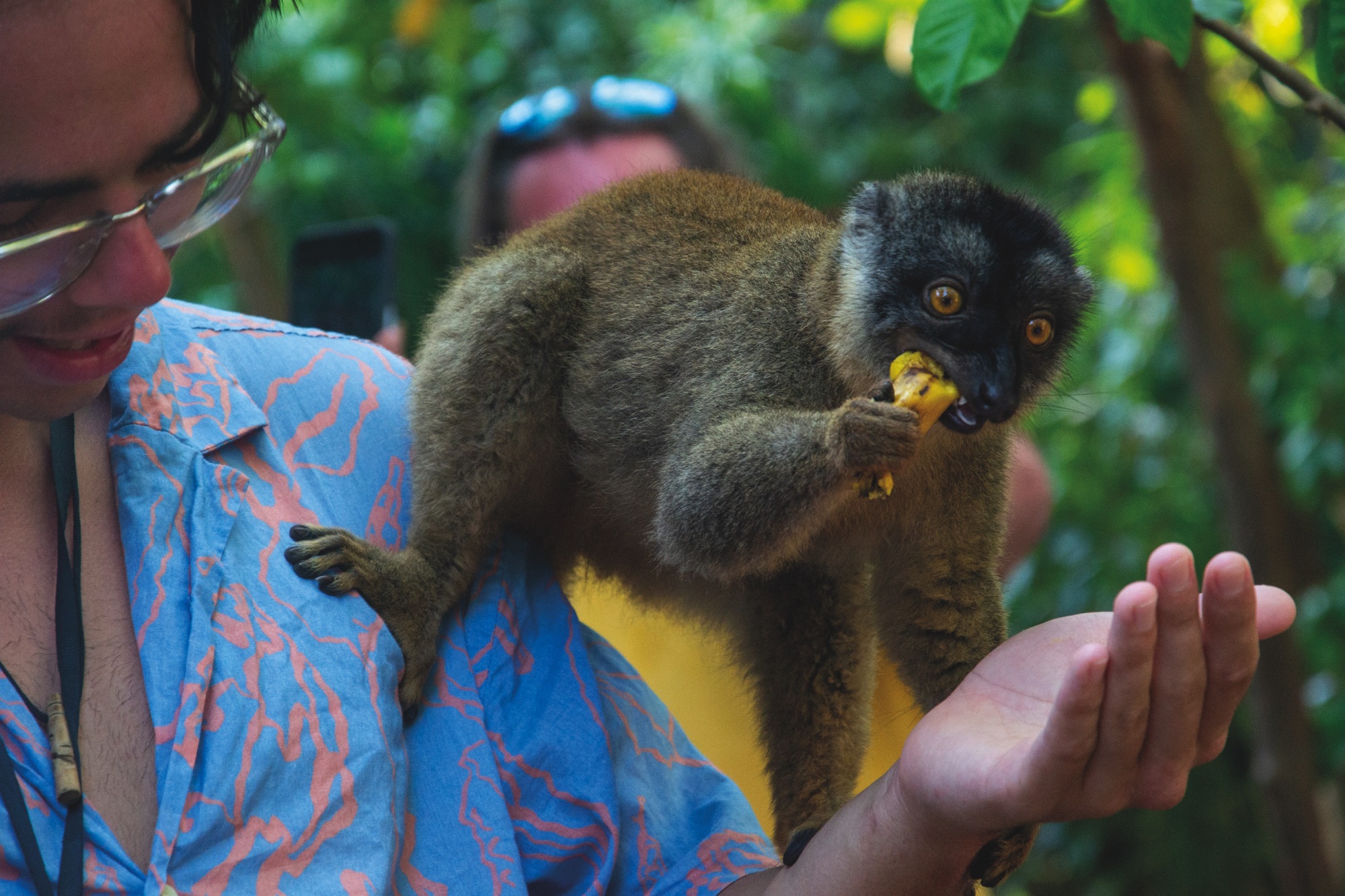
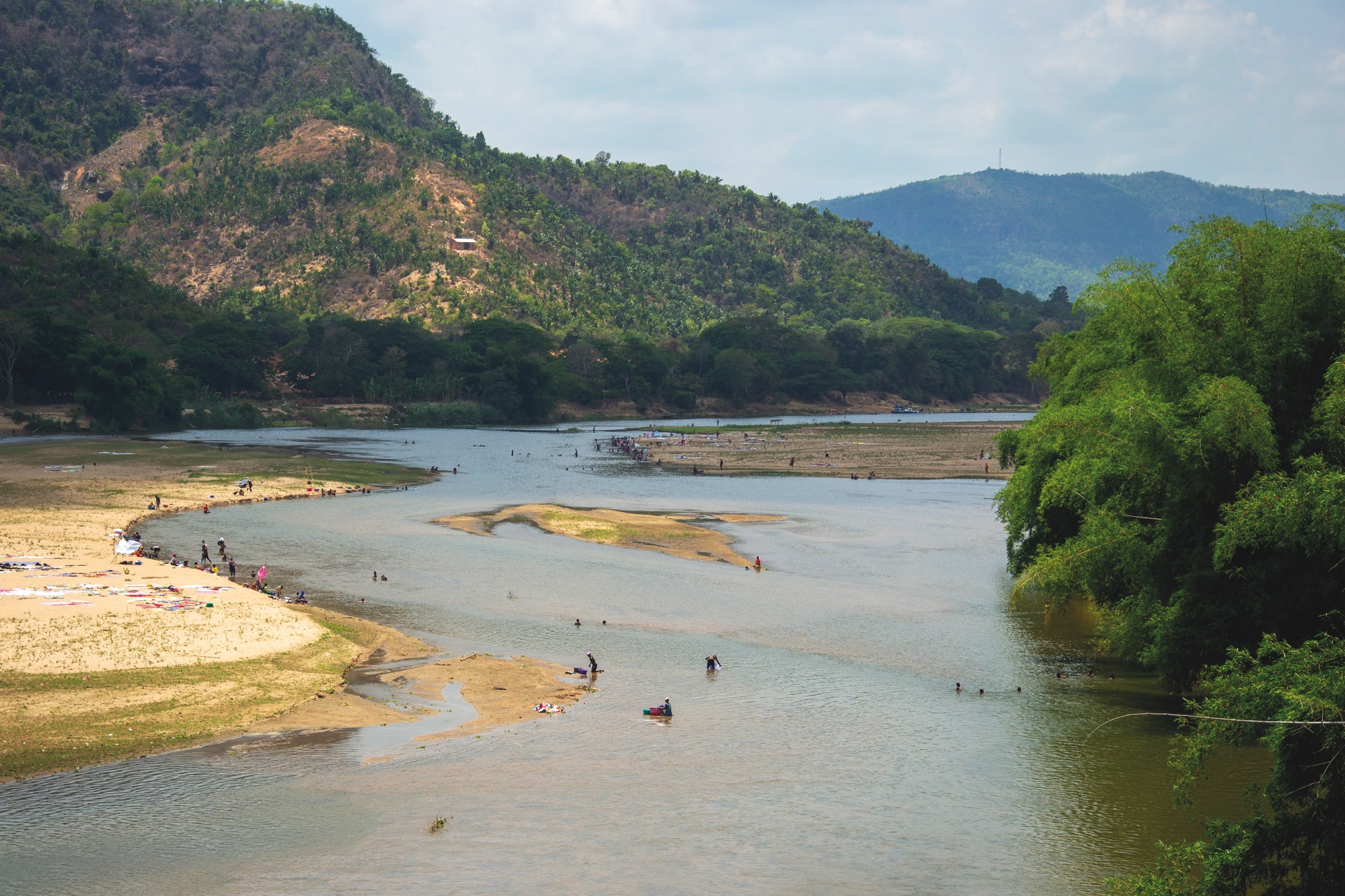
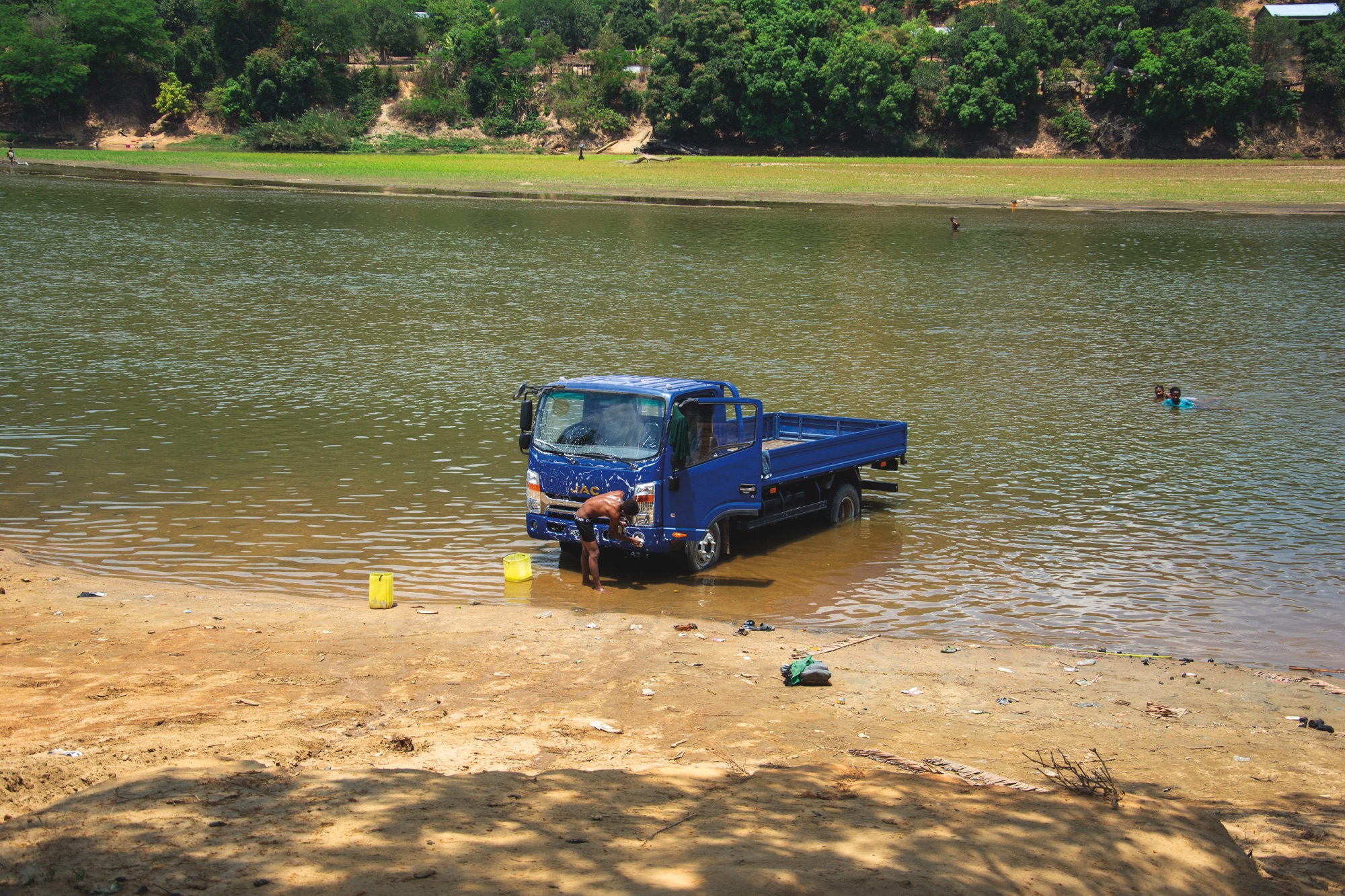
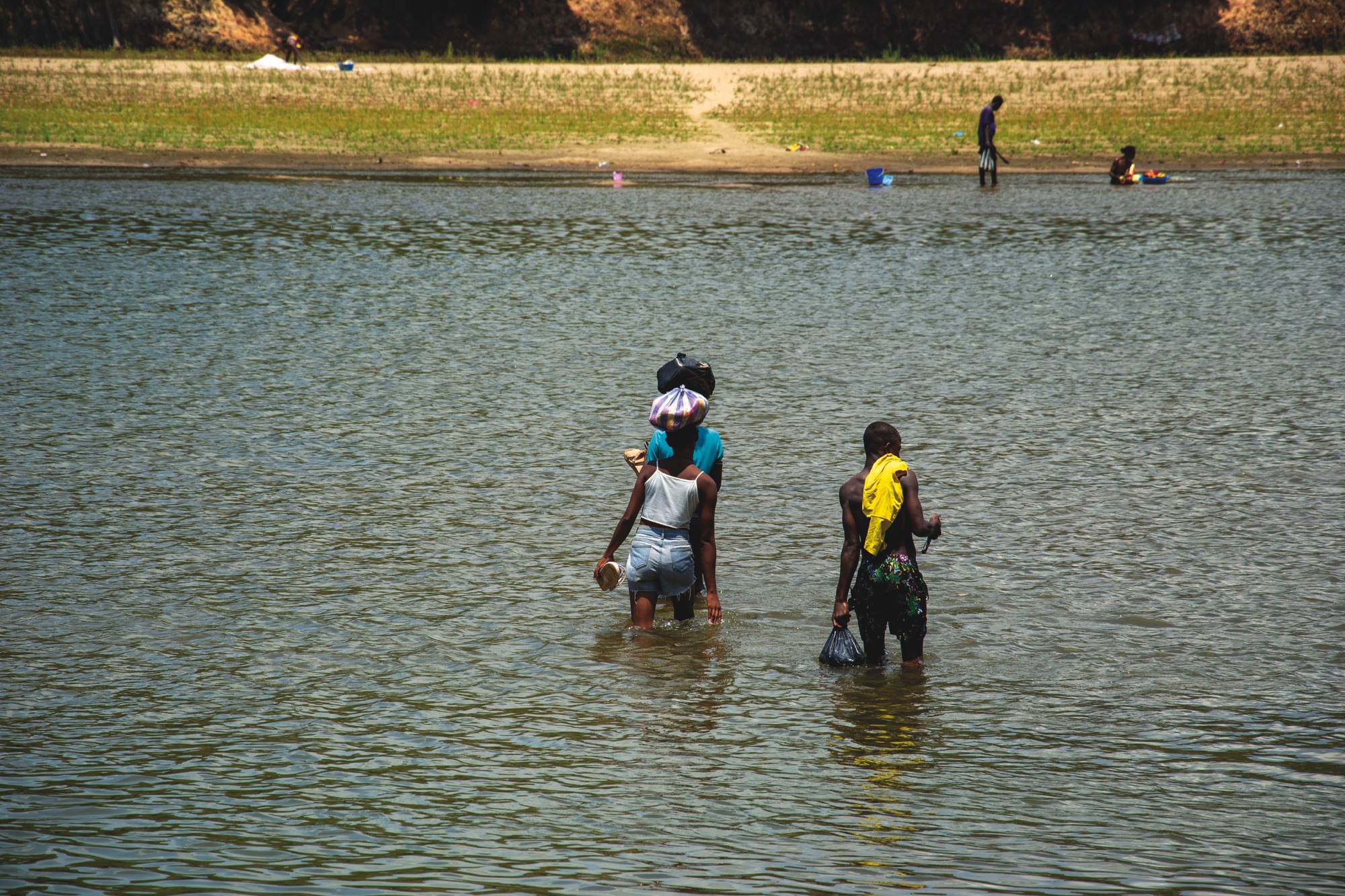
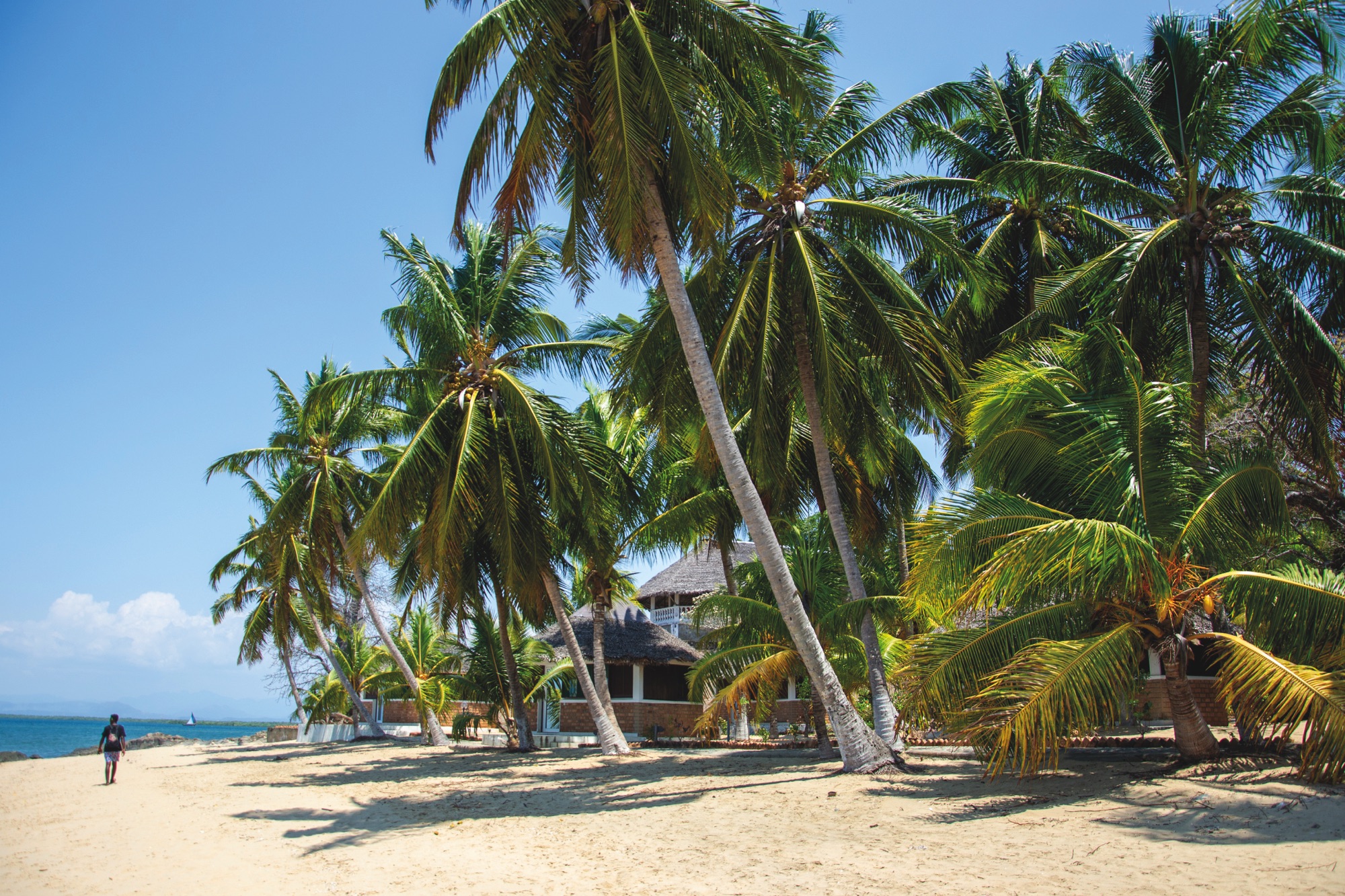
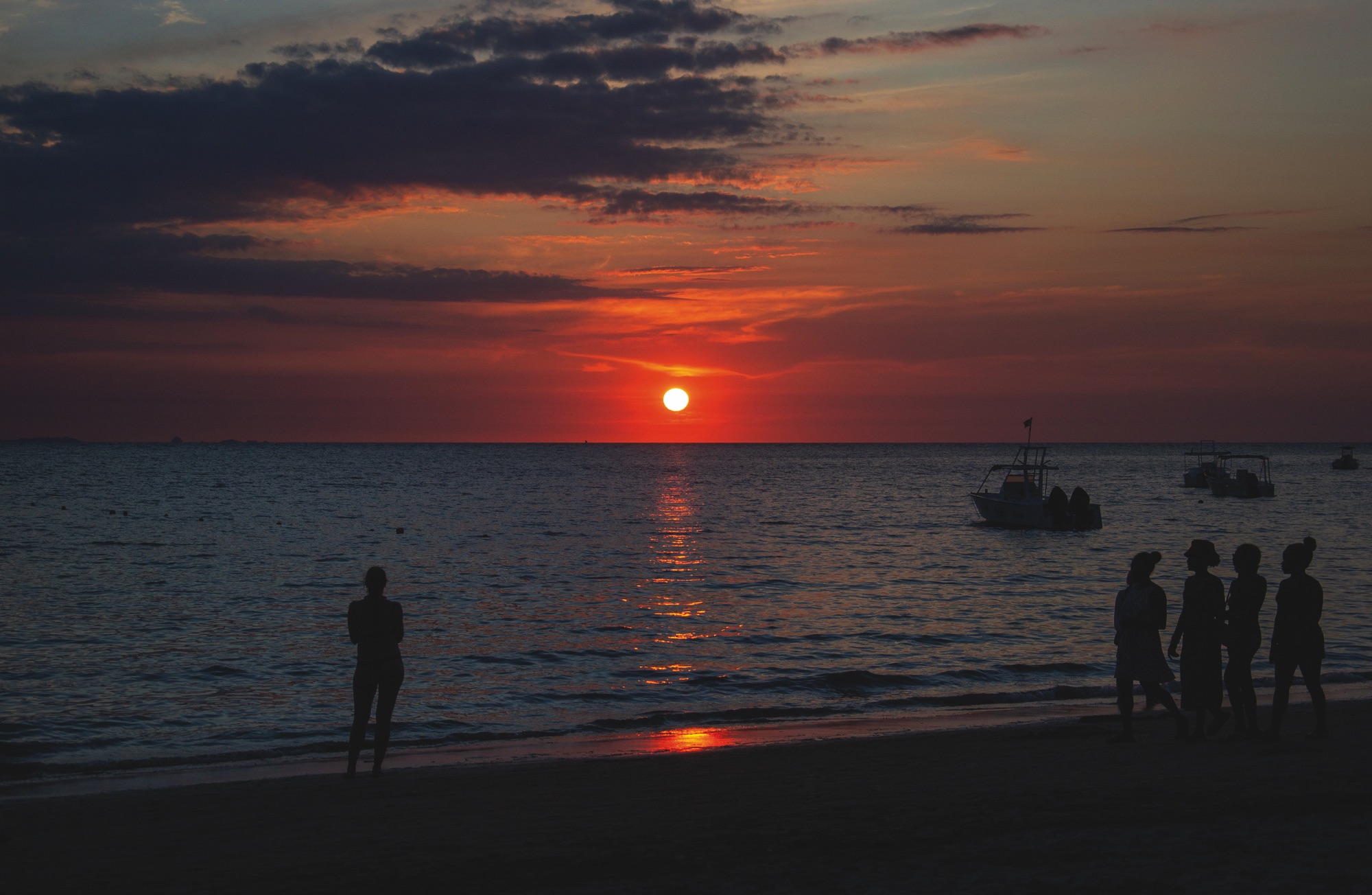
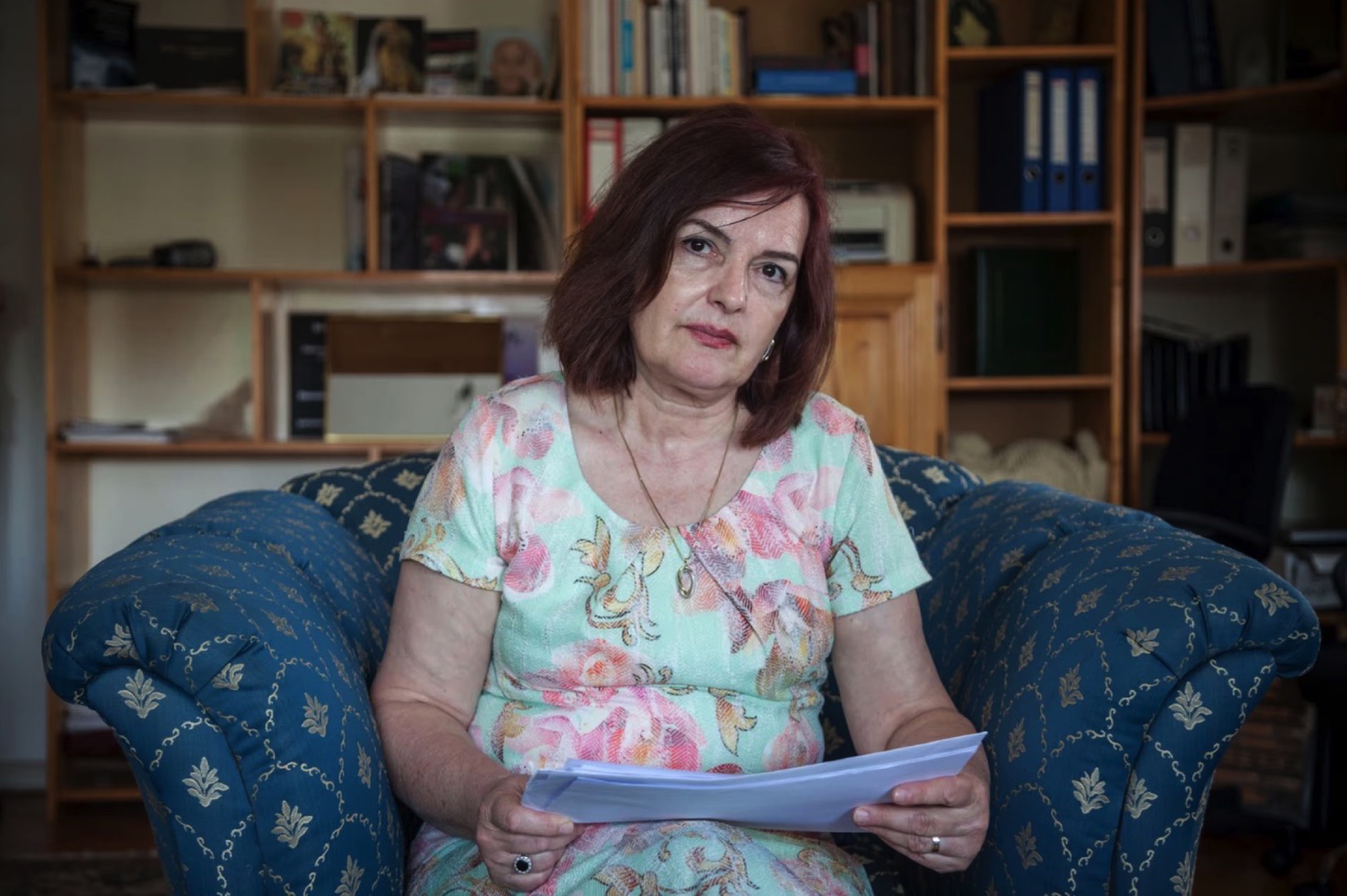
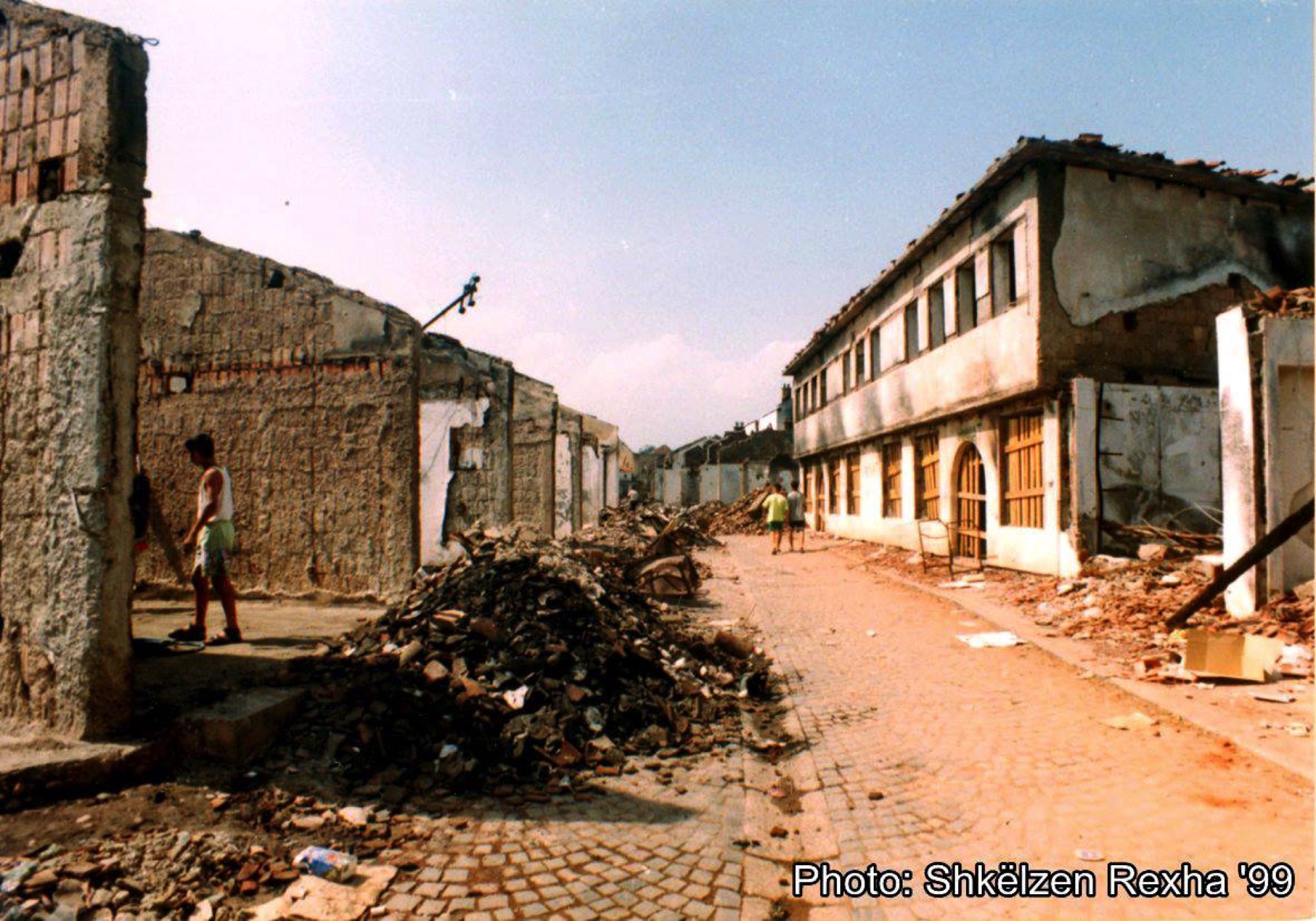
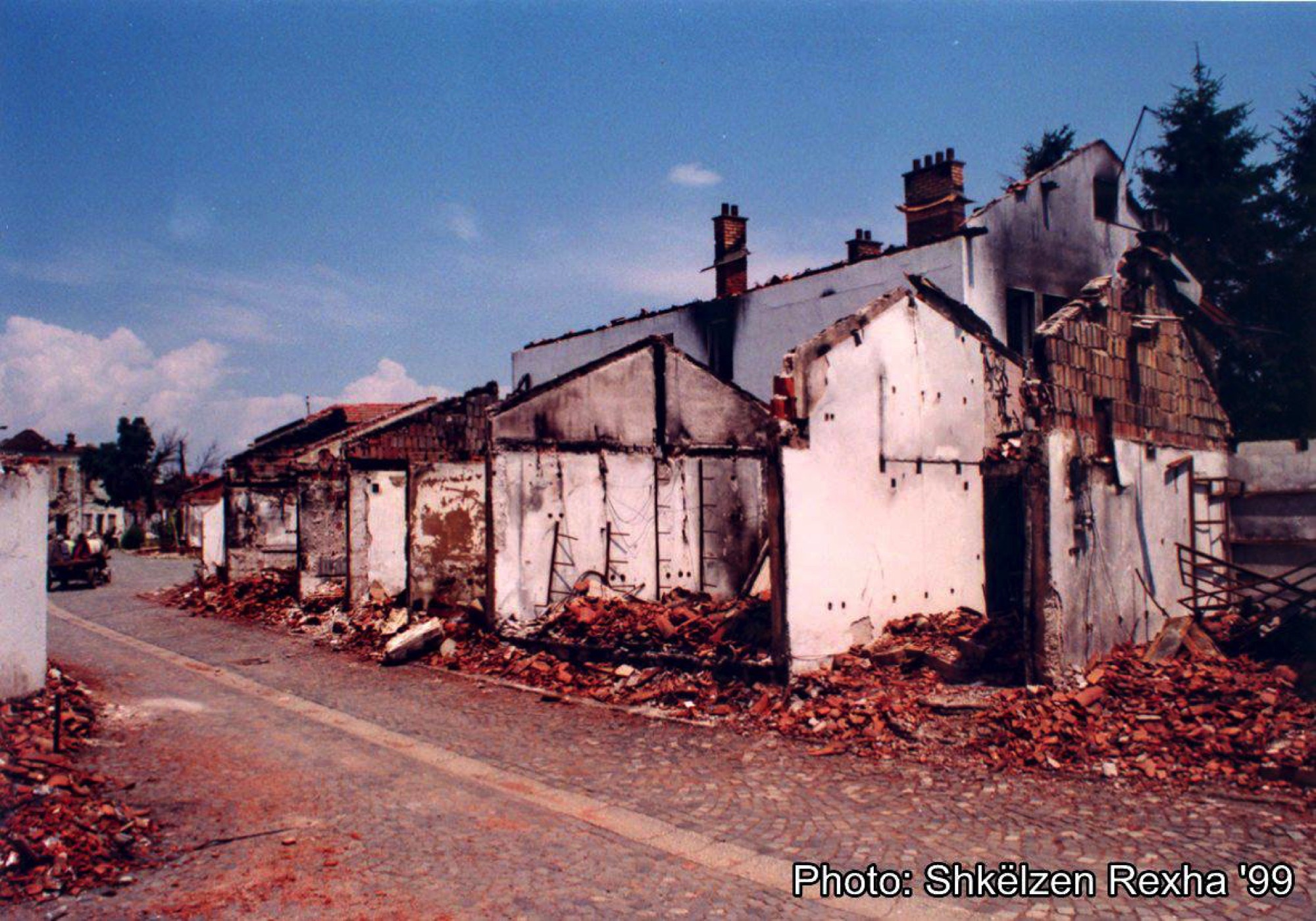
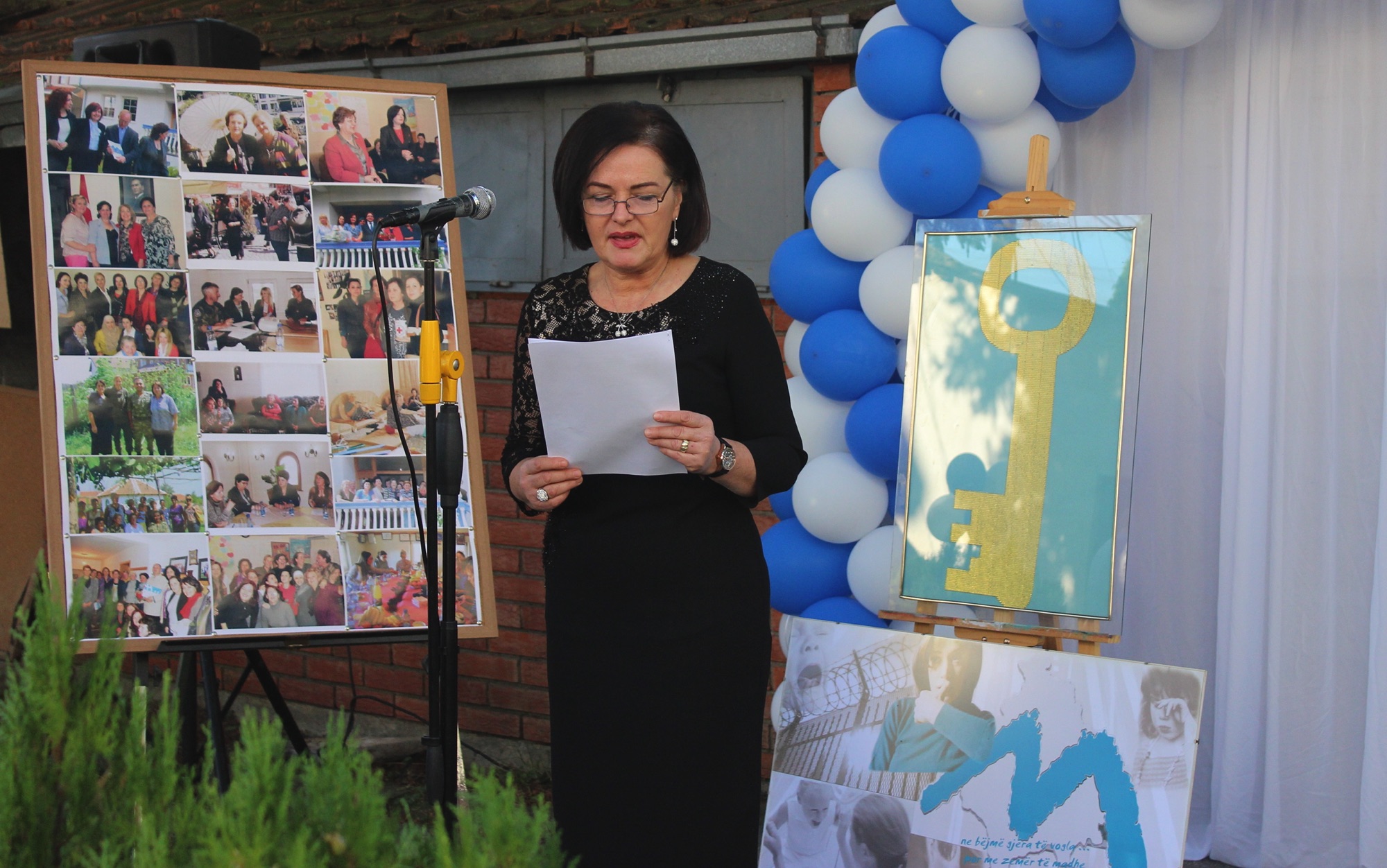
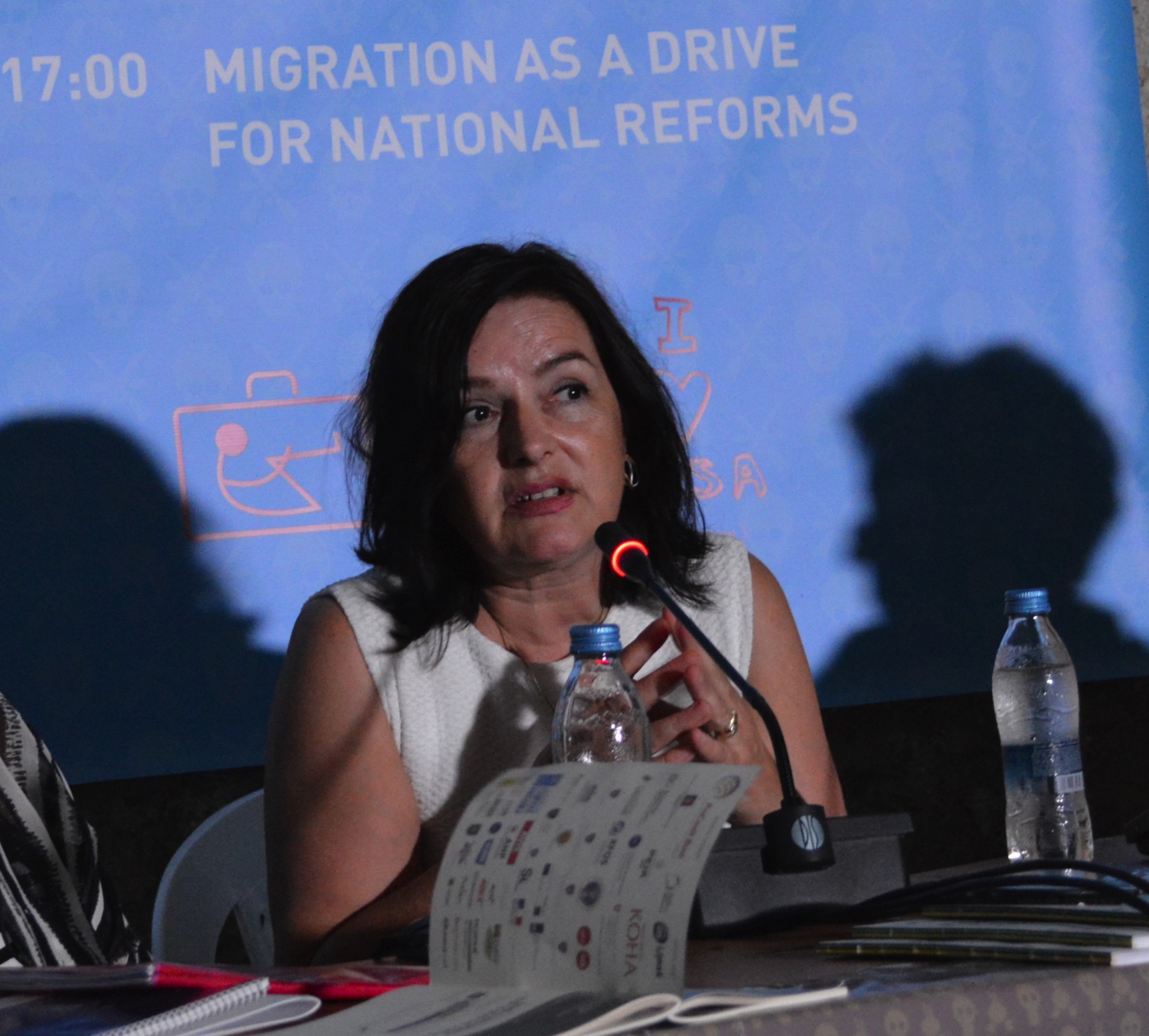
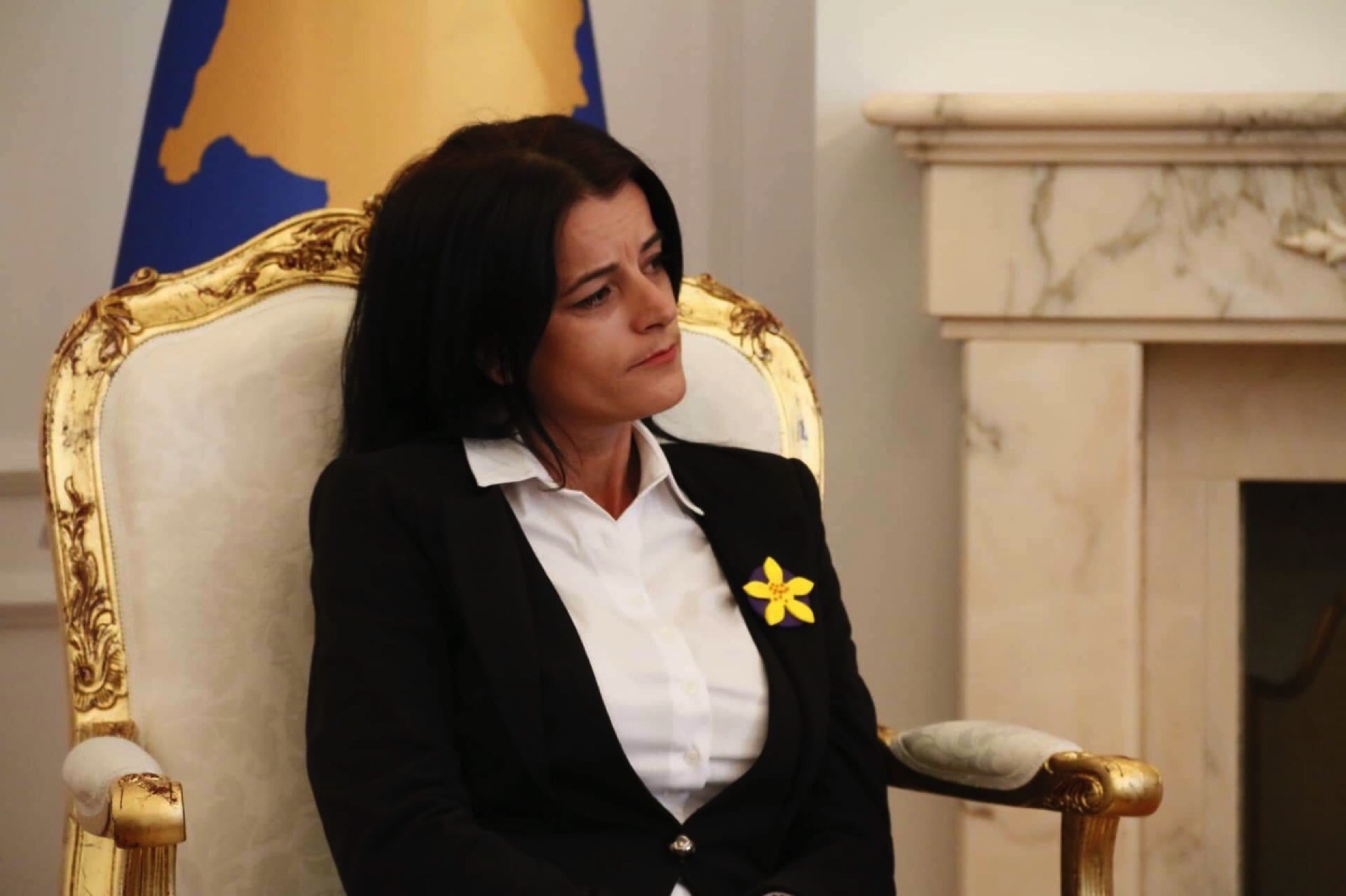
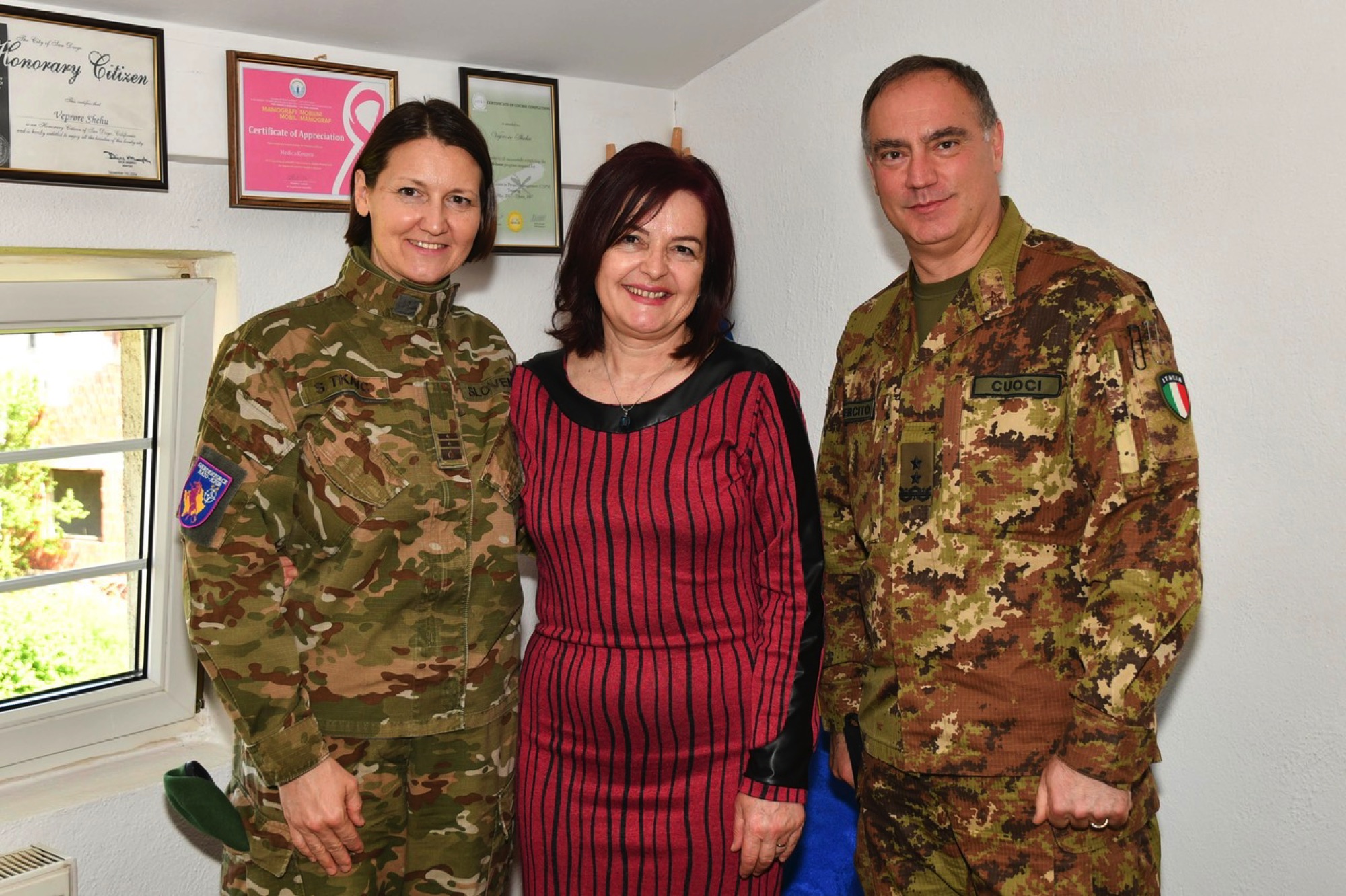

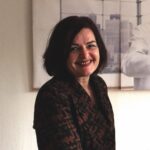 VEPRORE SHEHU, is the Executive Director of Medica Kosova, an organization providing psychosocial, legal, and economic support for victims of sexual violence in the 1998-99 Kosovo war.
VEPRORE SHEHU, is the Executive Director of Medica Kosova, an organization providing psychosocial, legal, and economic support for victims of sexual violence in the 1998-99 Kosovo war.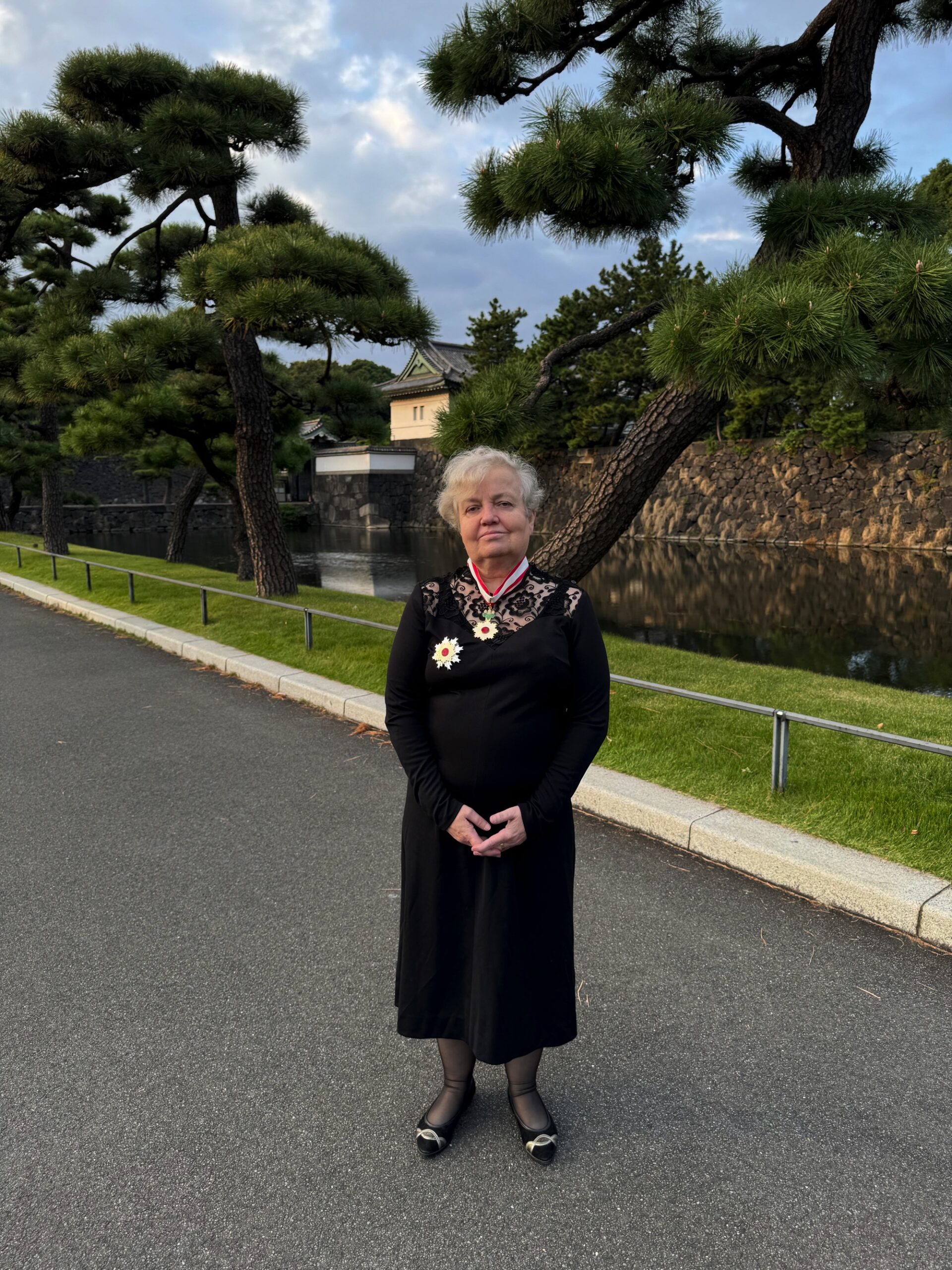
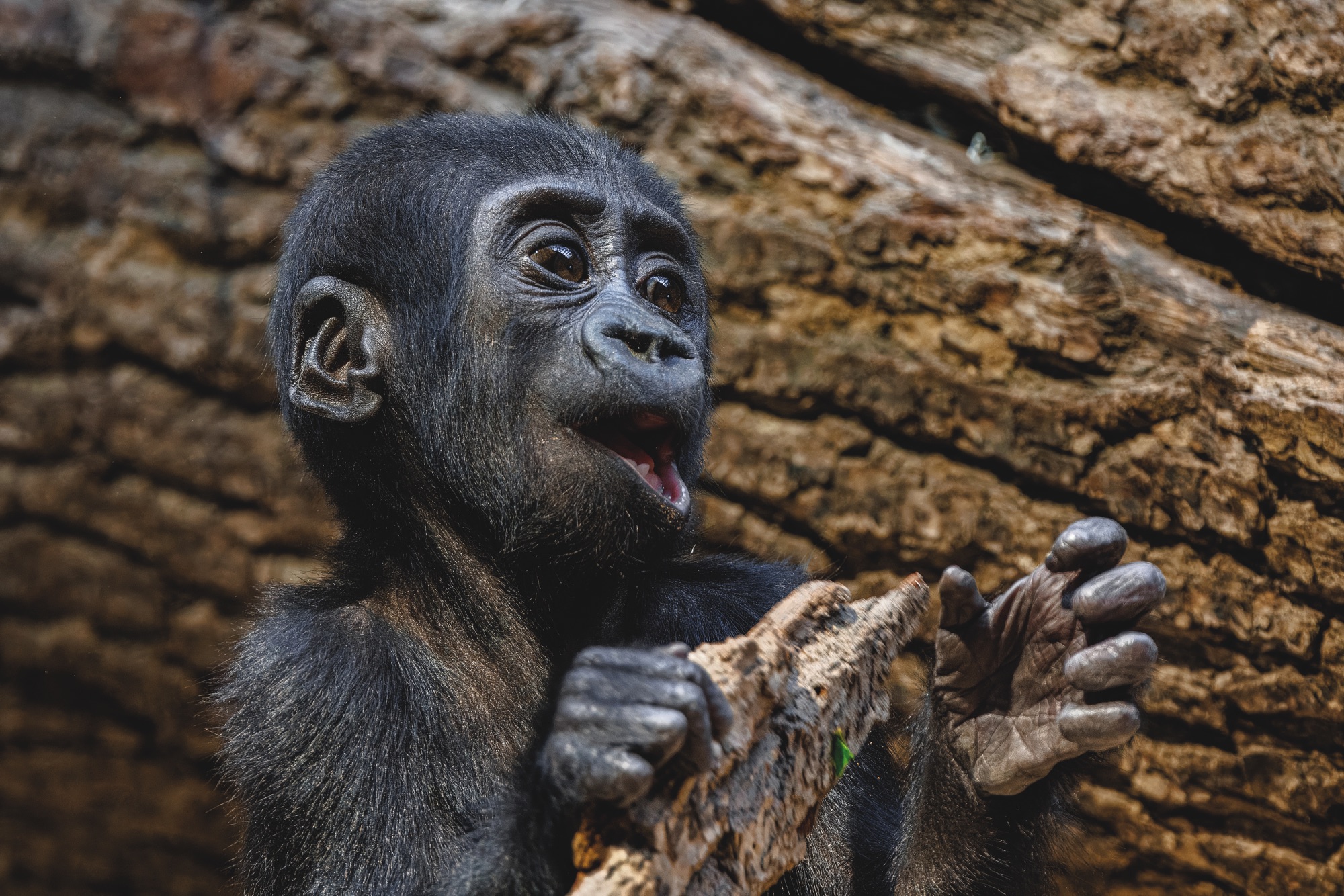
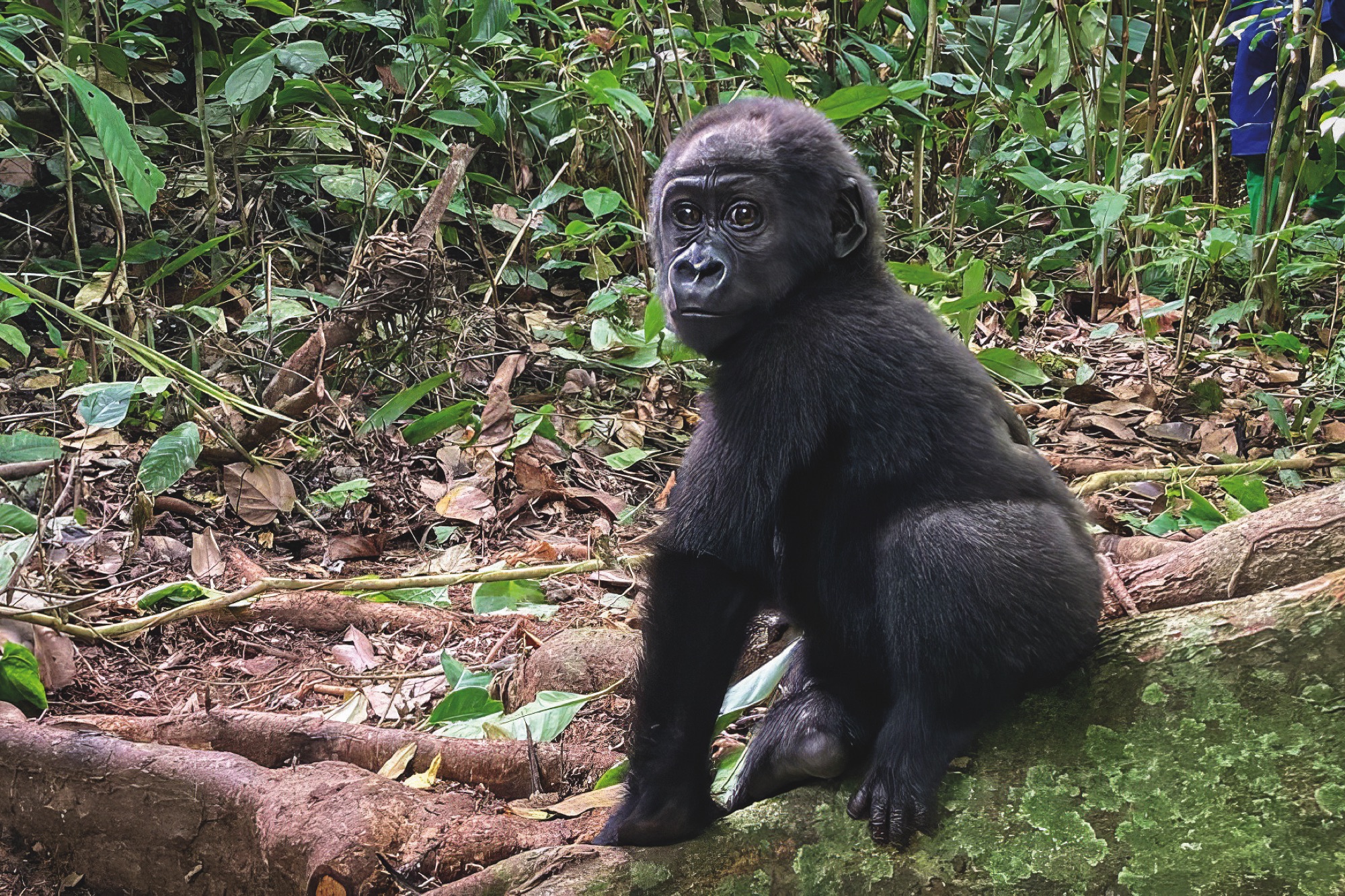
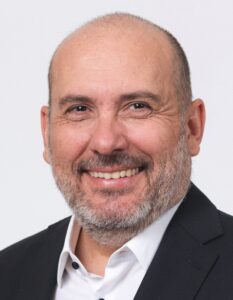 MIROSLAV BOBEK, is Director of Prague Zoo since 2010. Under his leadership the zoo managed to break its record for annual attendance and increased its level of economic self-sufficiency. He often explains his view of animals in zoos as wildlife ambassadors. In 2014, Miroslav Bobek was awarded the Medal of Friendship by the Mongolian President for returning 18 mares and one stallion of the Przewalski’s Horse back home. The success of the endeavour can be judged by the fact that only a year after their arrival, some of the mares were already raising their own foals. Gorilla conservation in Central Africa is another Prague Zoo’s flagship in situ project. ‘Helping Gorillas’ project continues to provide news about the life of Prague Zoo’s gorilla family and champions gorilla conservation.
MIROSLAV BOBEK, is Director of Prague Zoo since 2010. Under his leadership the zoo managed to break its record for annual attendance and increased its level of economic self-sufficiency. He often explains his view of animals in zoos as wildlife ambassadors. In 2014, Miroslav Bobek was awarded the Medal of Friendship by the Mongolian President for returning 18 mares and one stallion of the Przewalski’s Horse back home. The success of the endeavour can be judged by the fact that only a year after their arrival, some of the mares were already raising their own foals. Gorilla conservation in Central Africa is another Prague Zoo’s flagship in situ project. ‘Helping Gorillas’ project continues to provide news about the life of Prague Zoo’s gorilla family and champions gorilla conservation.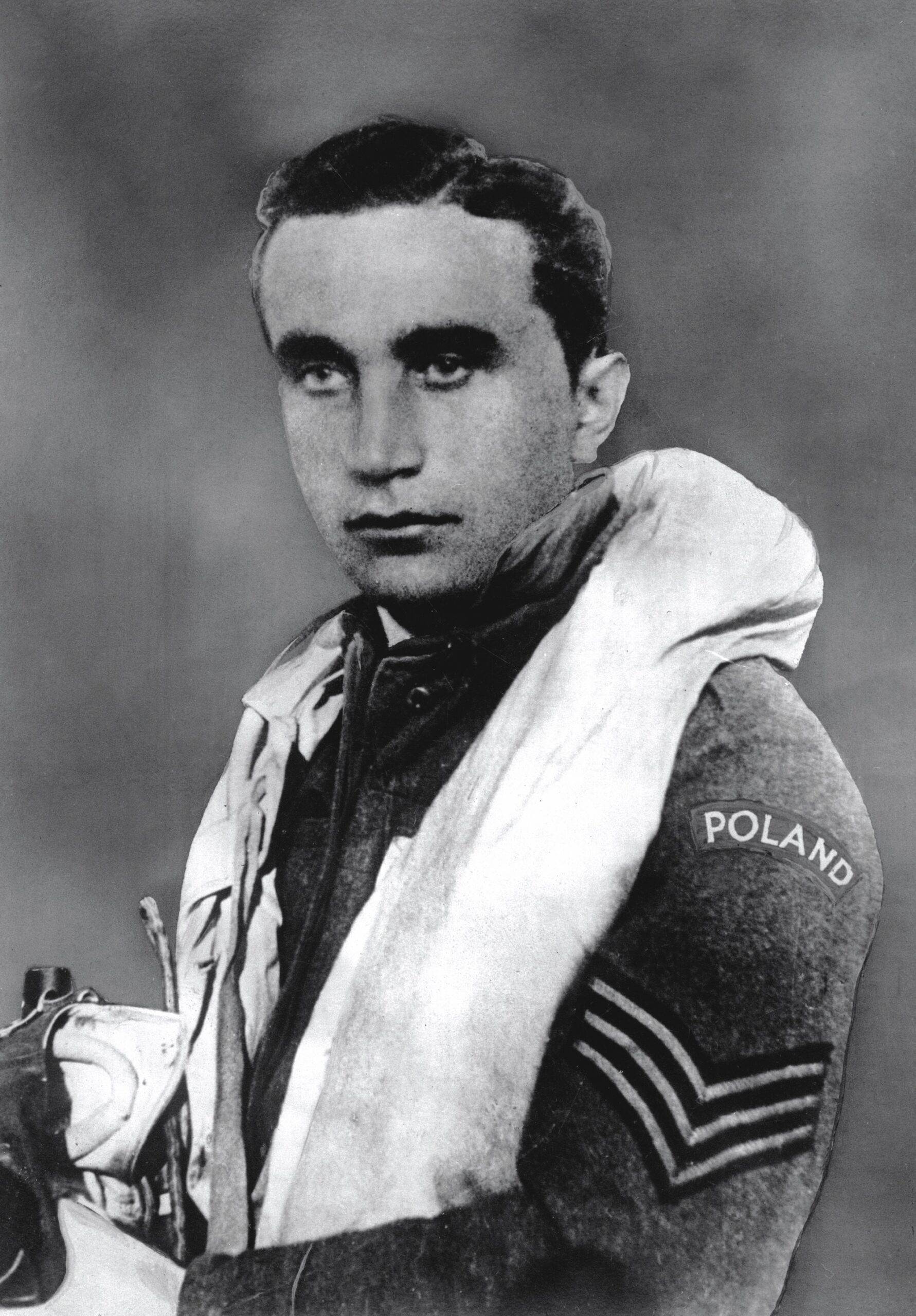
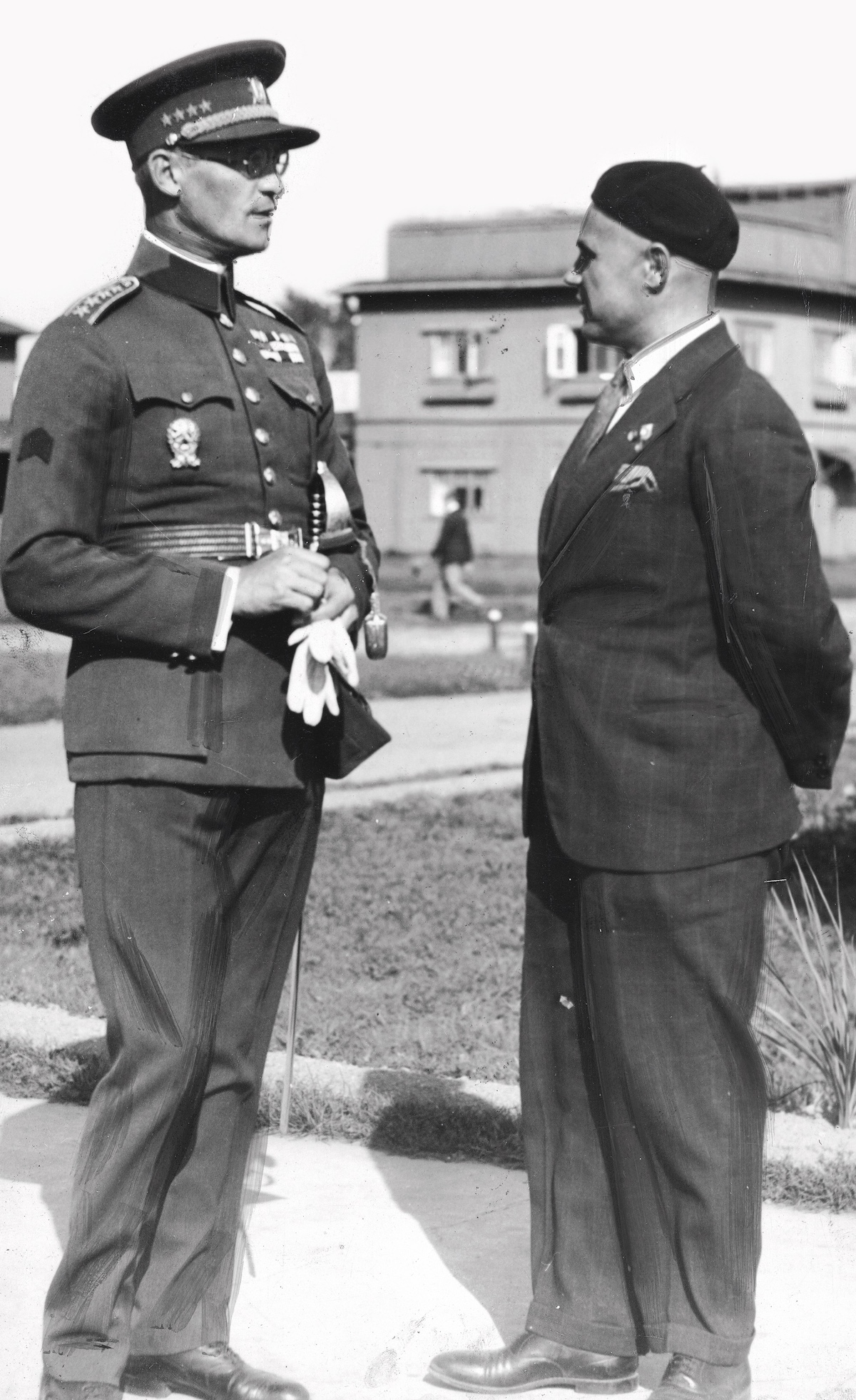
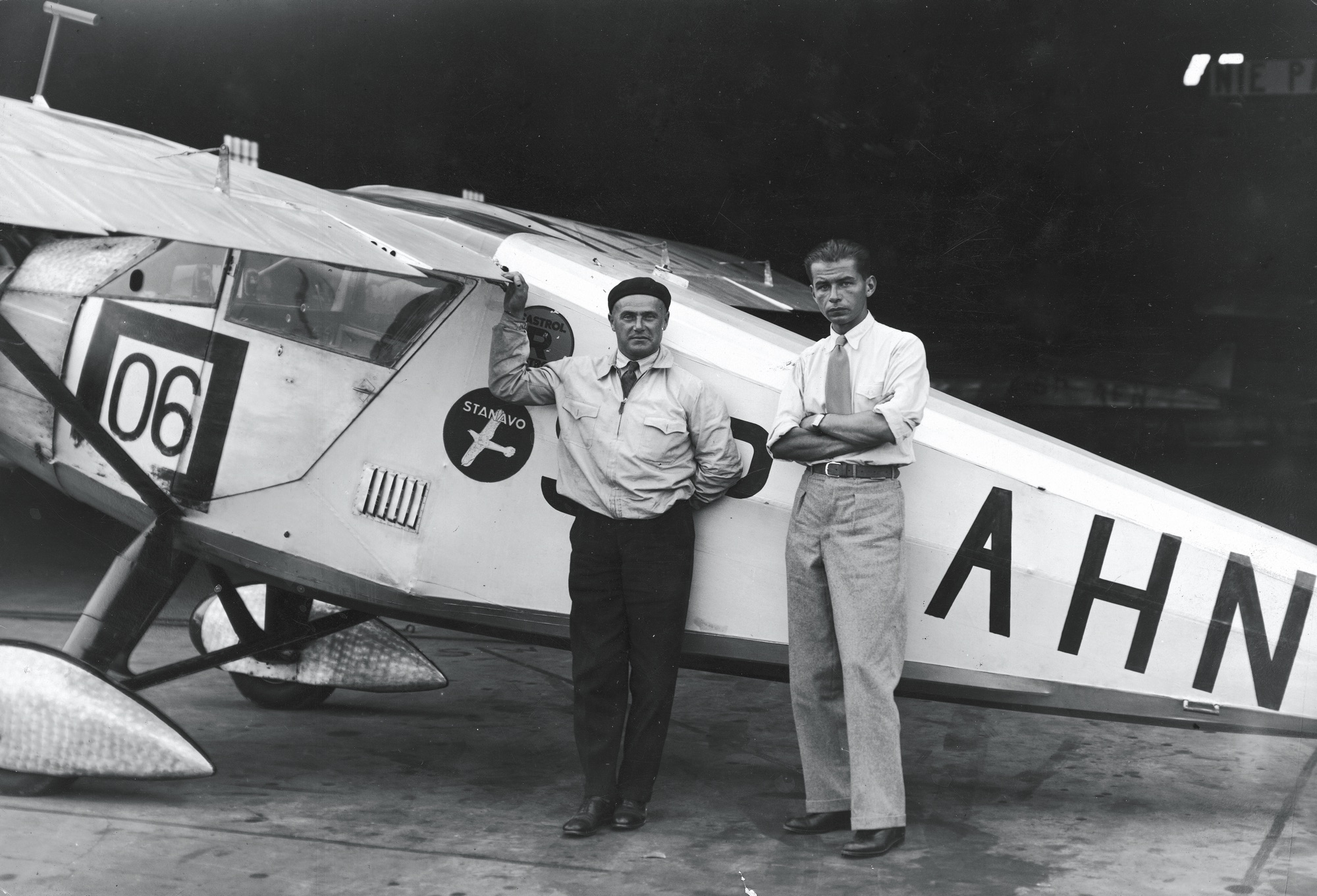
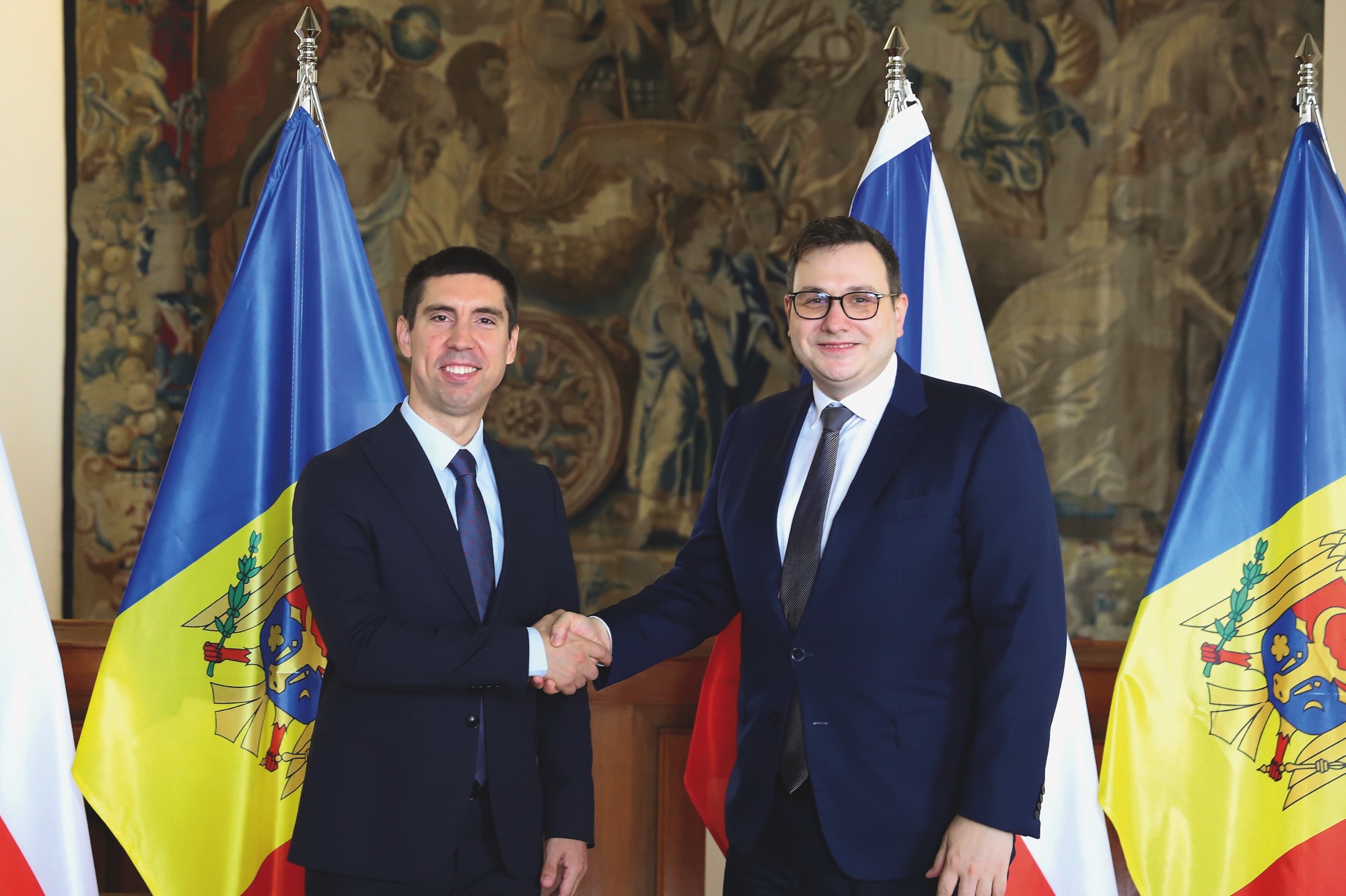
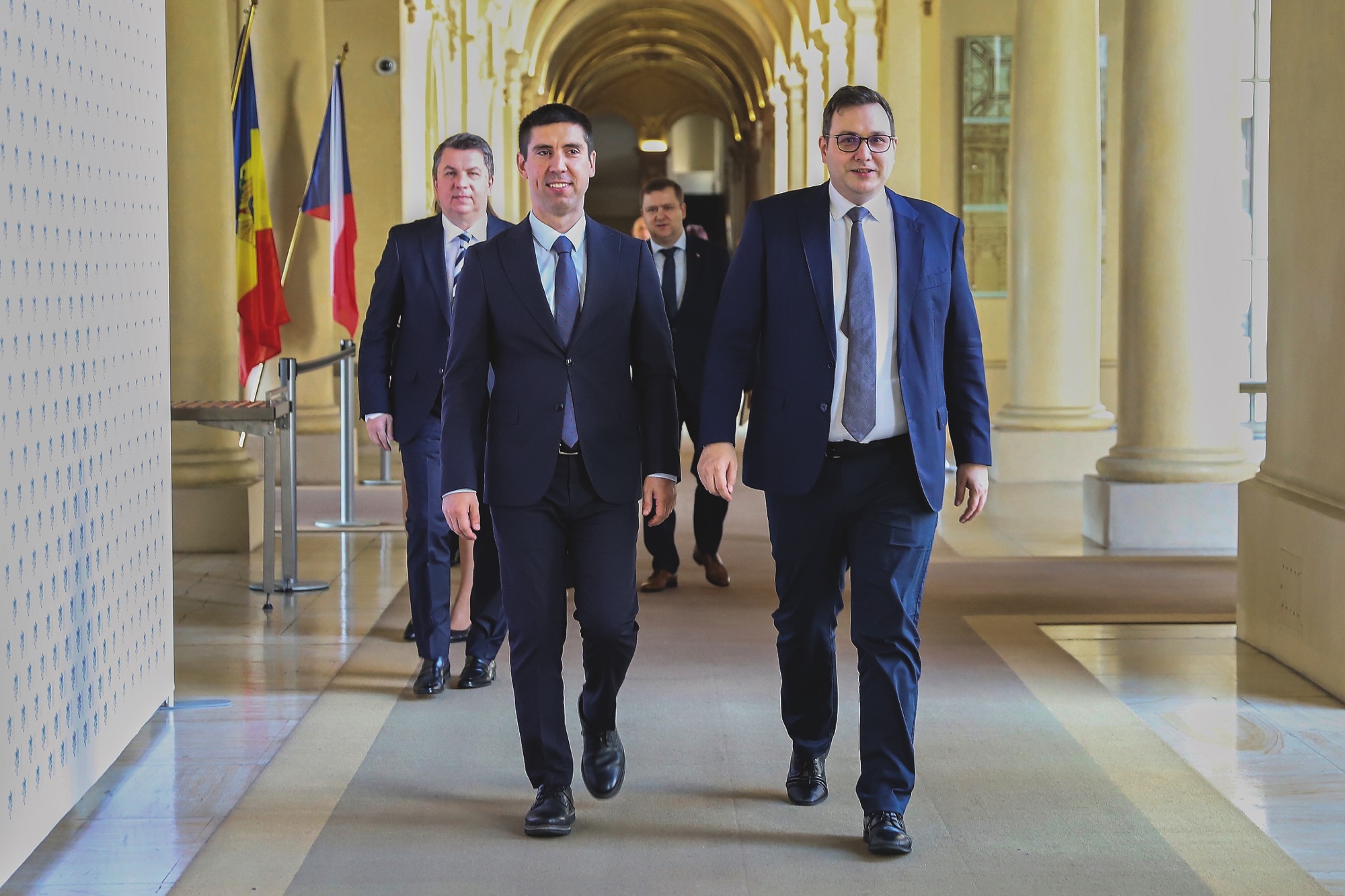
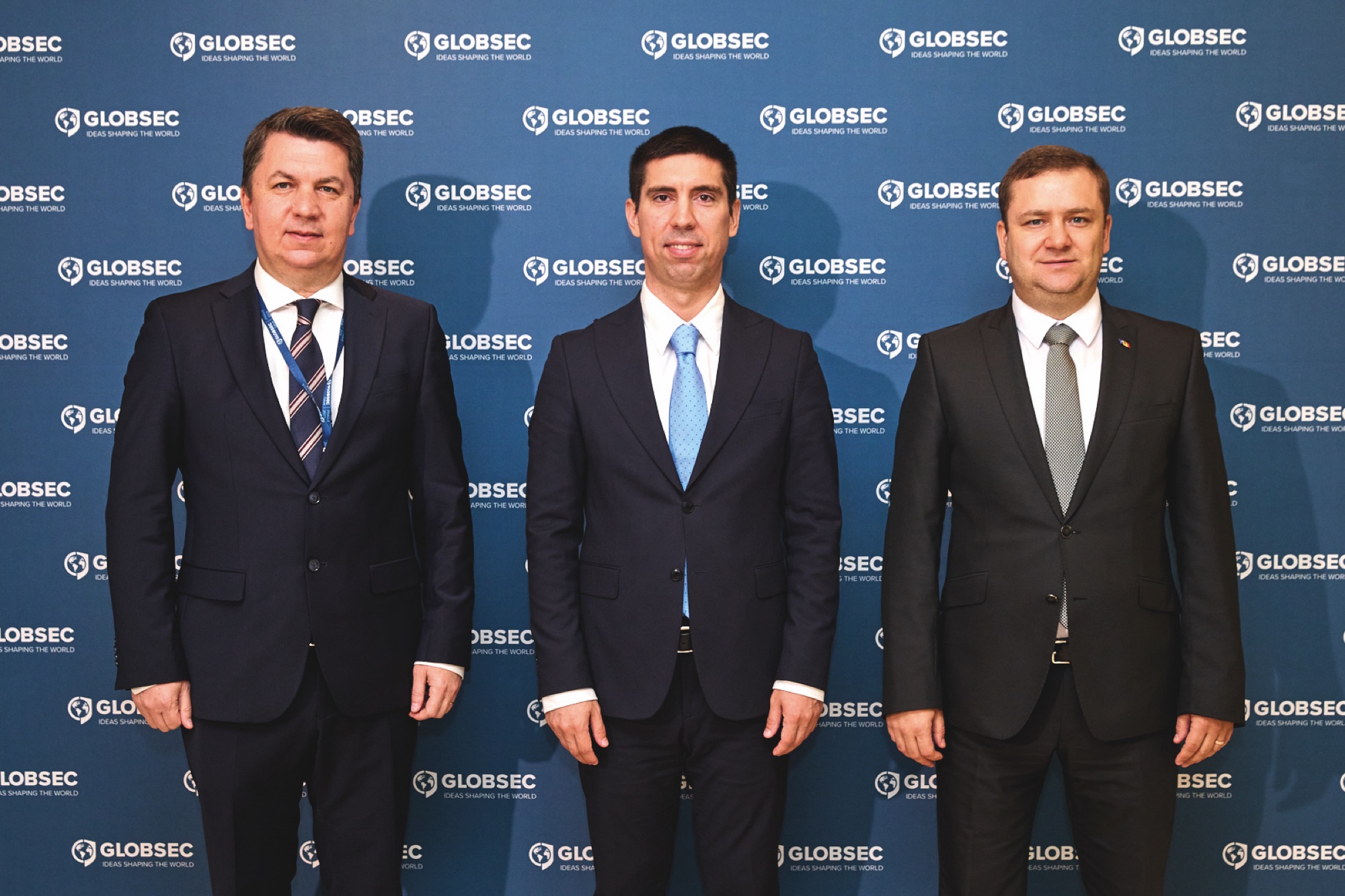
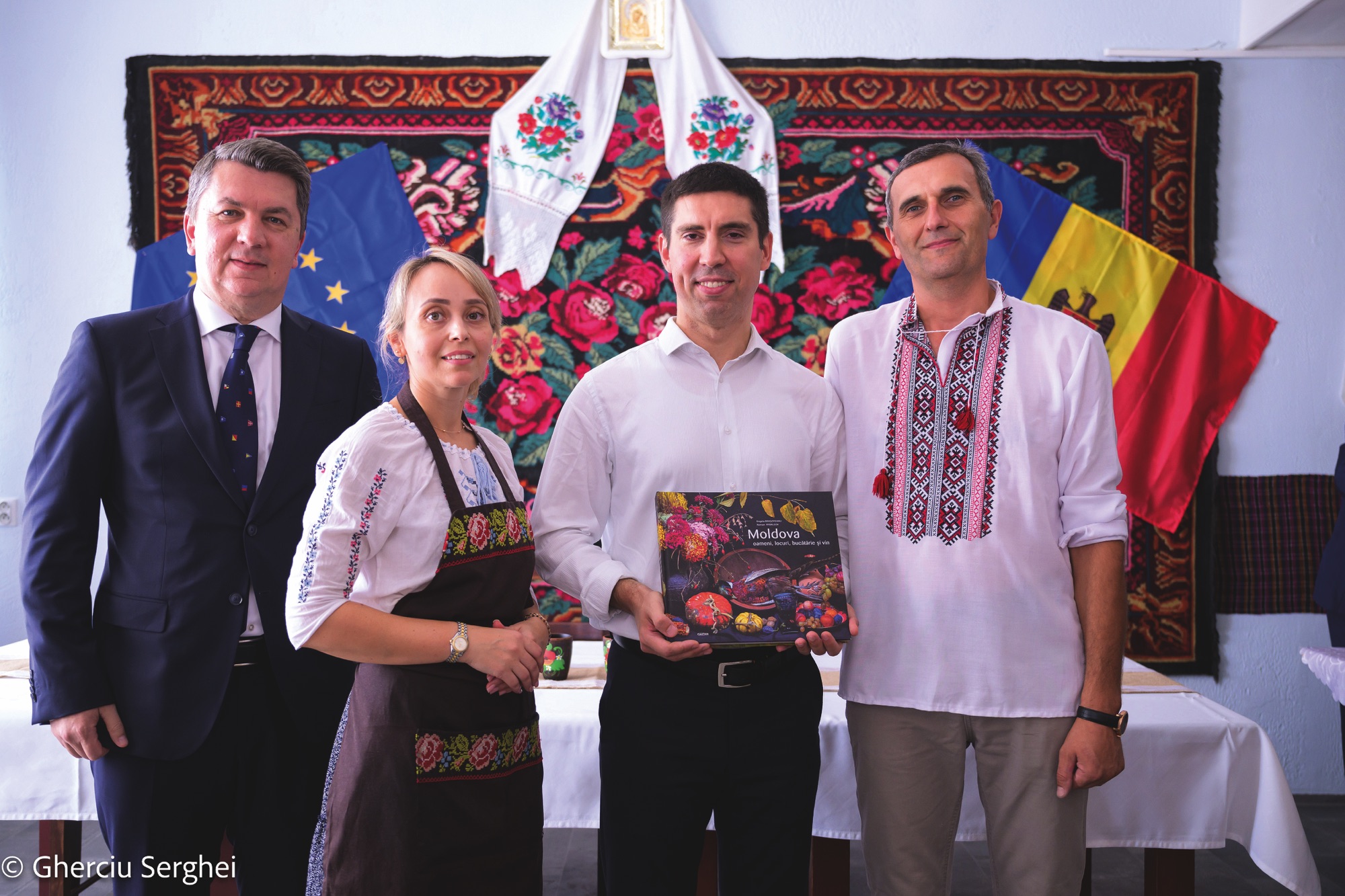
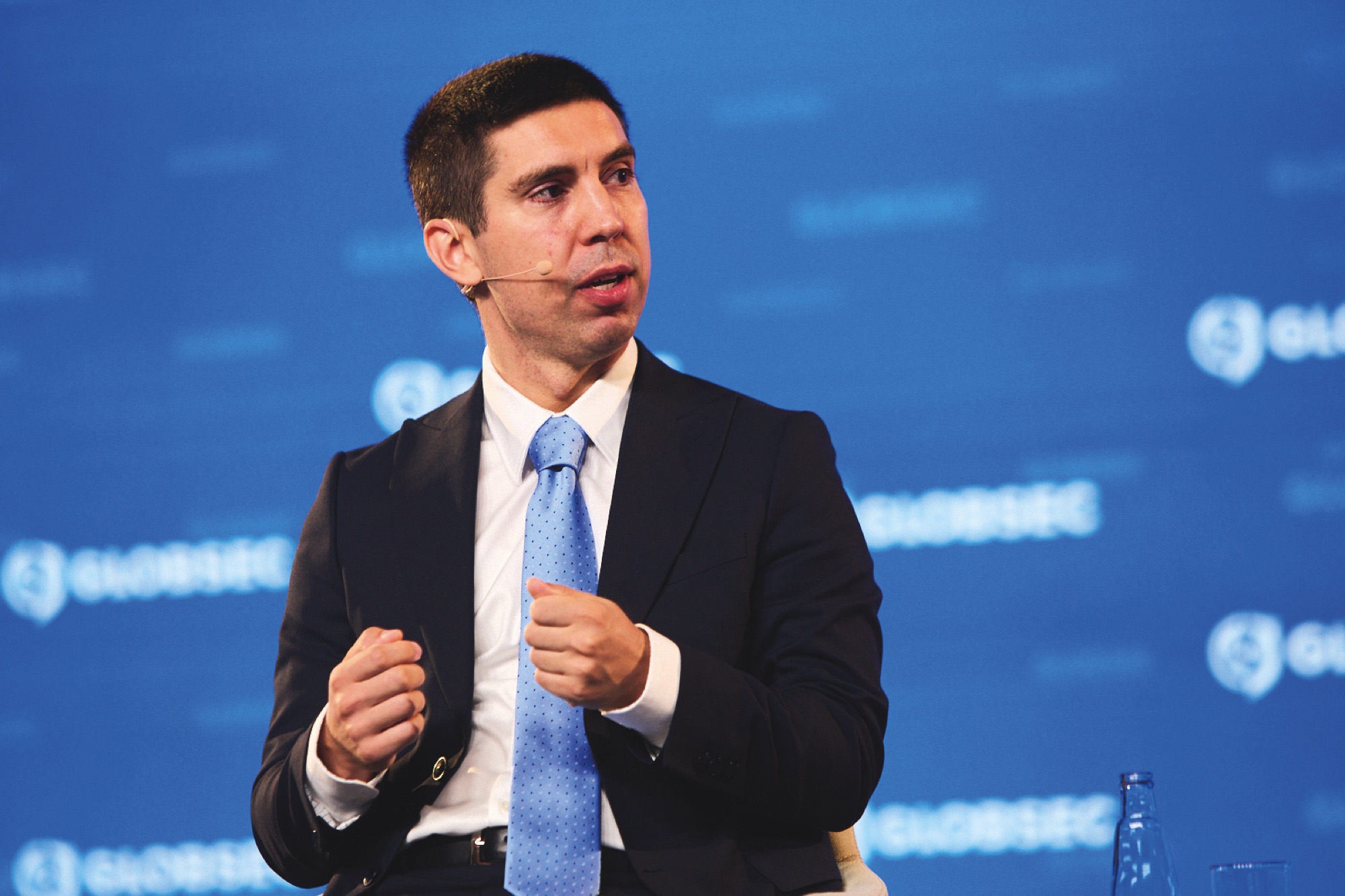
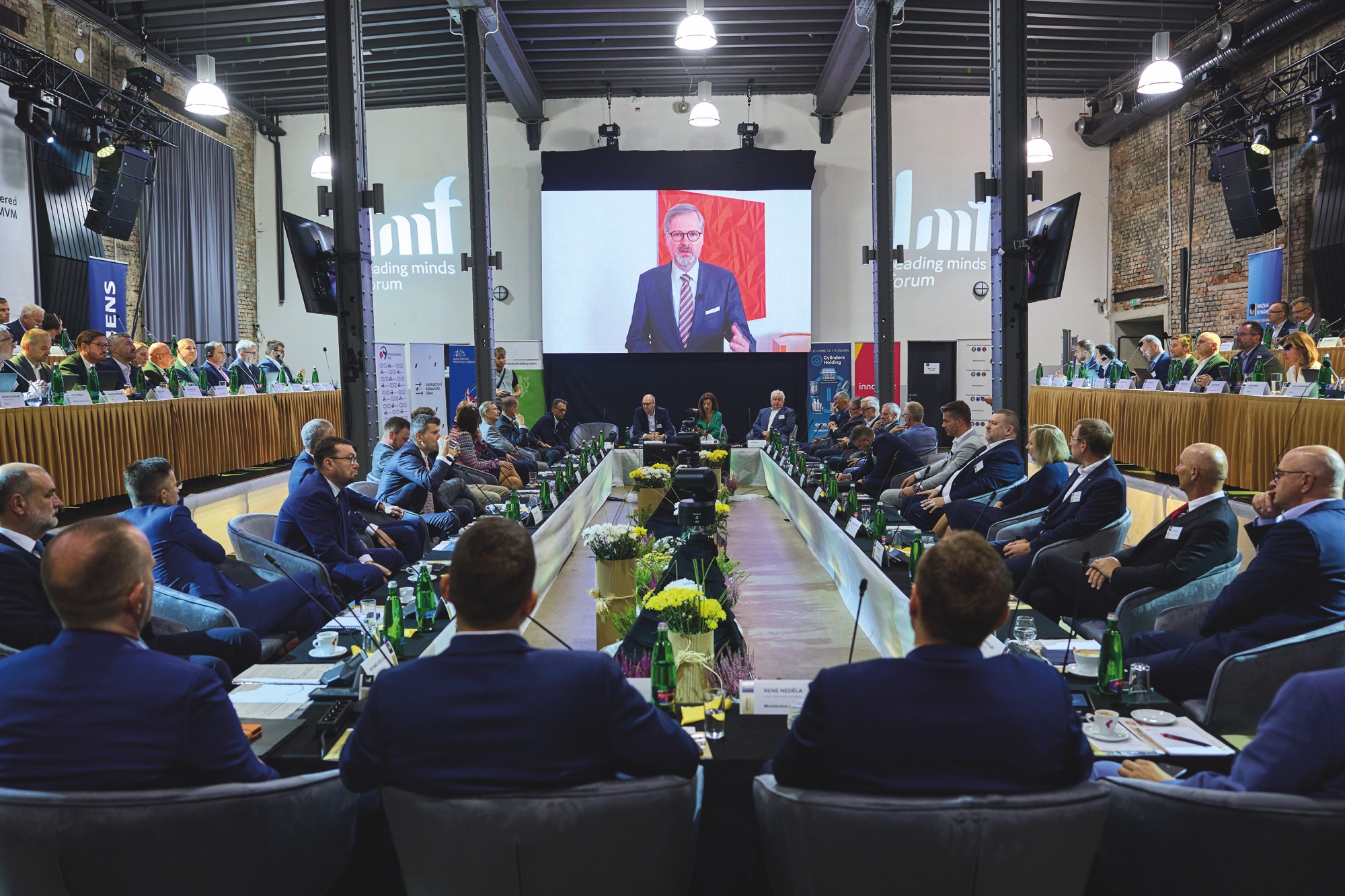
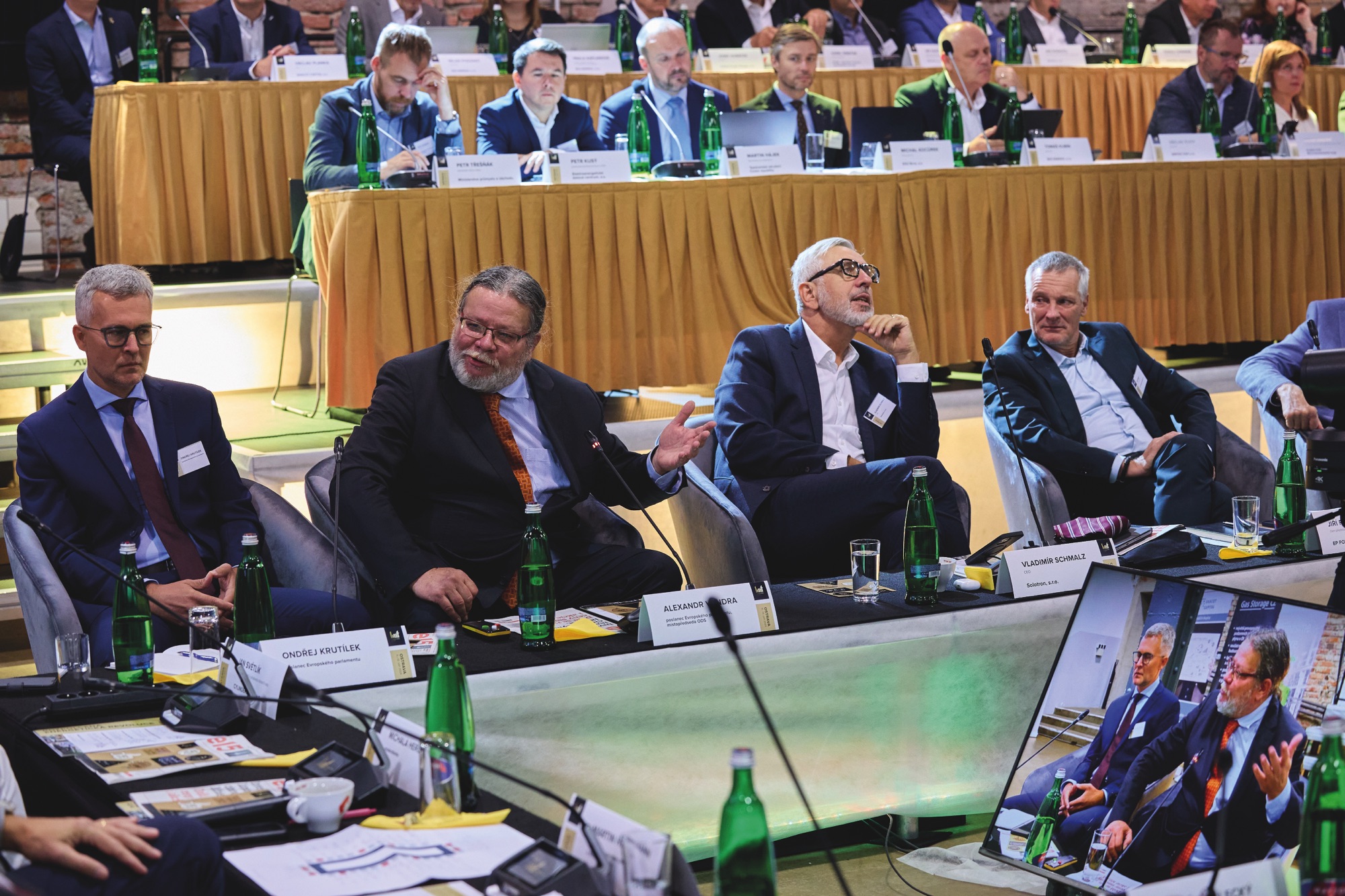
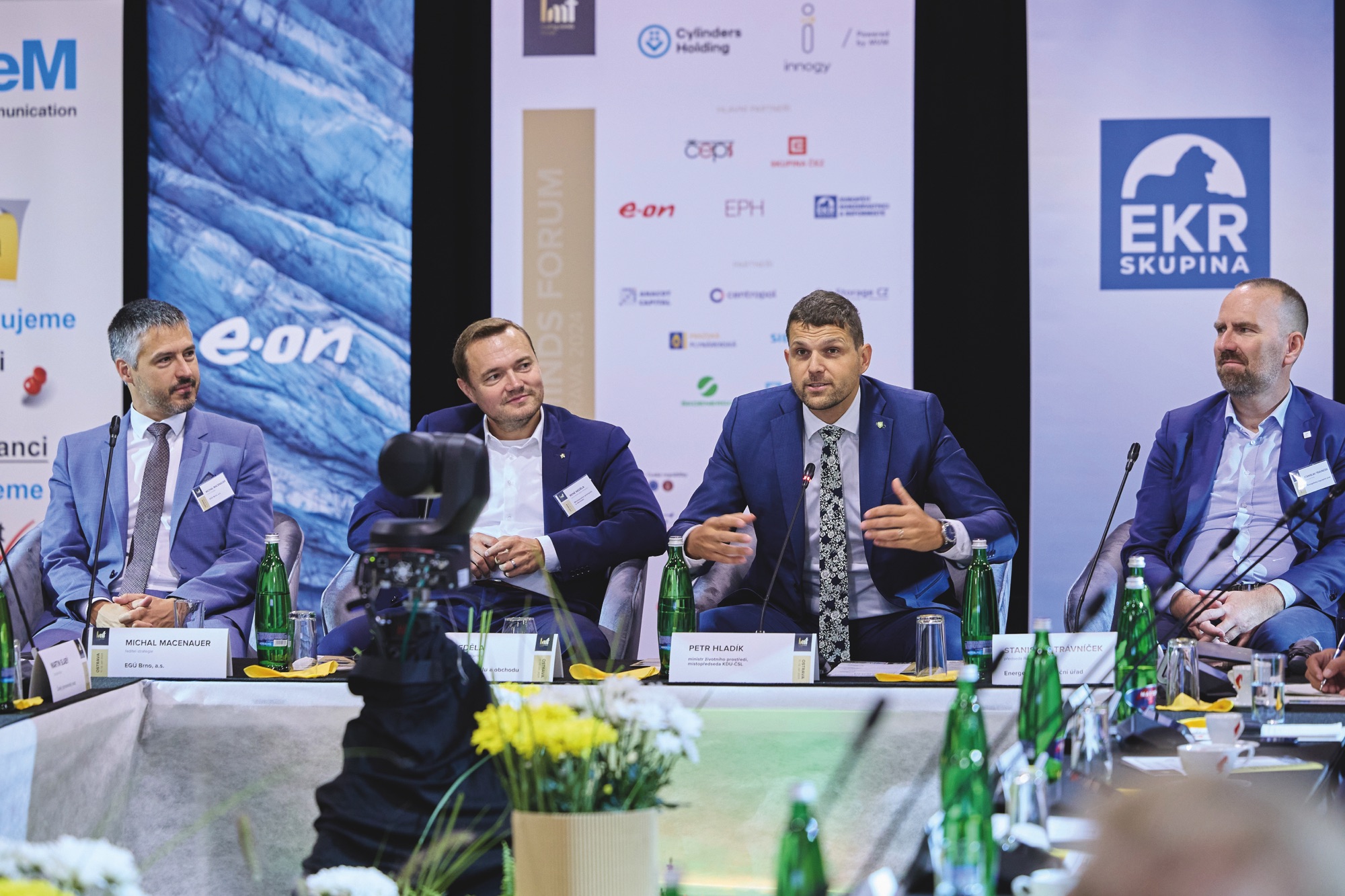
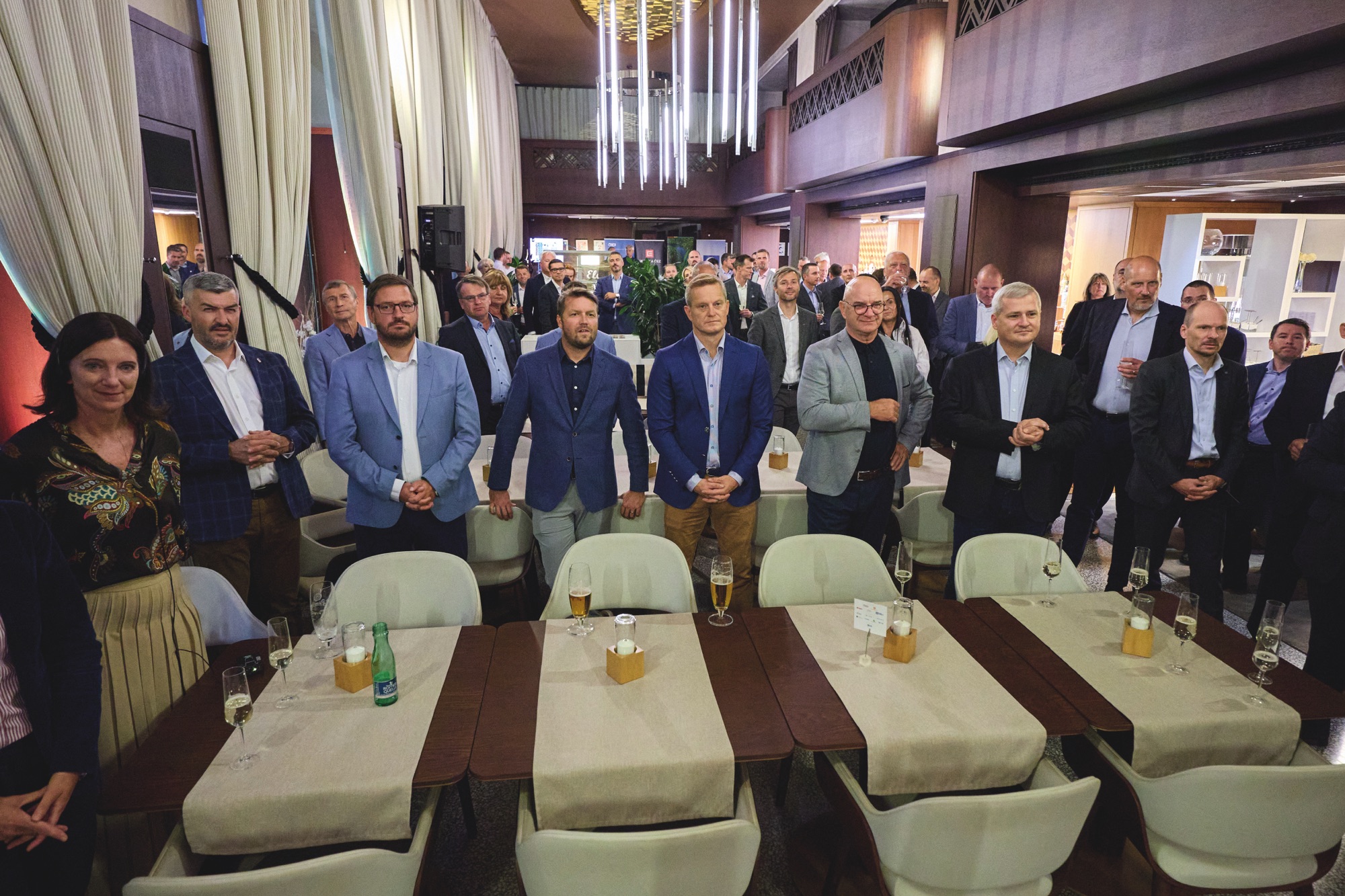
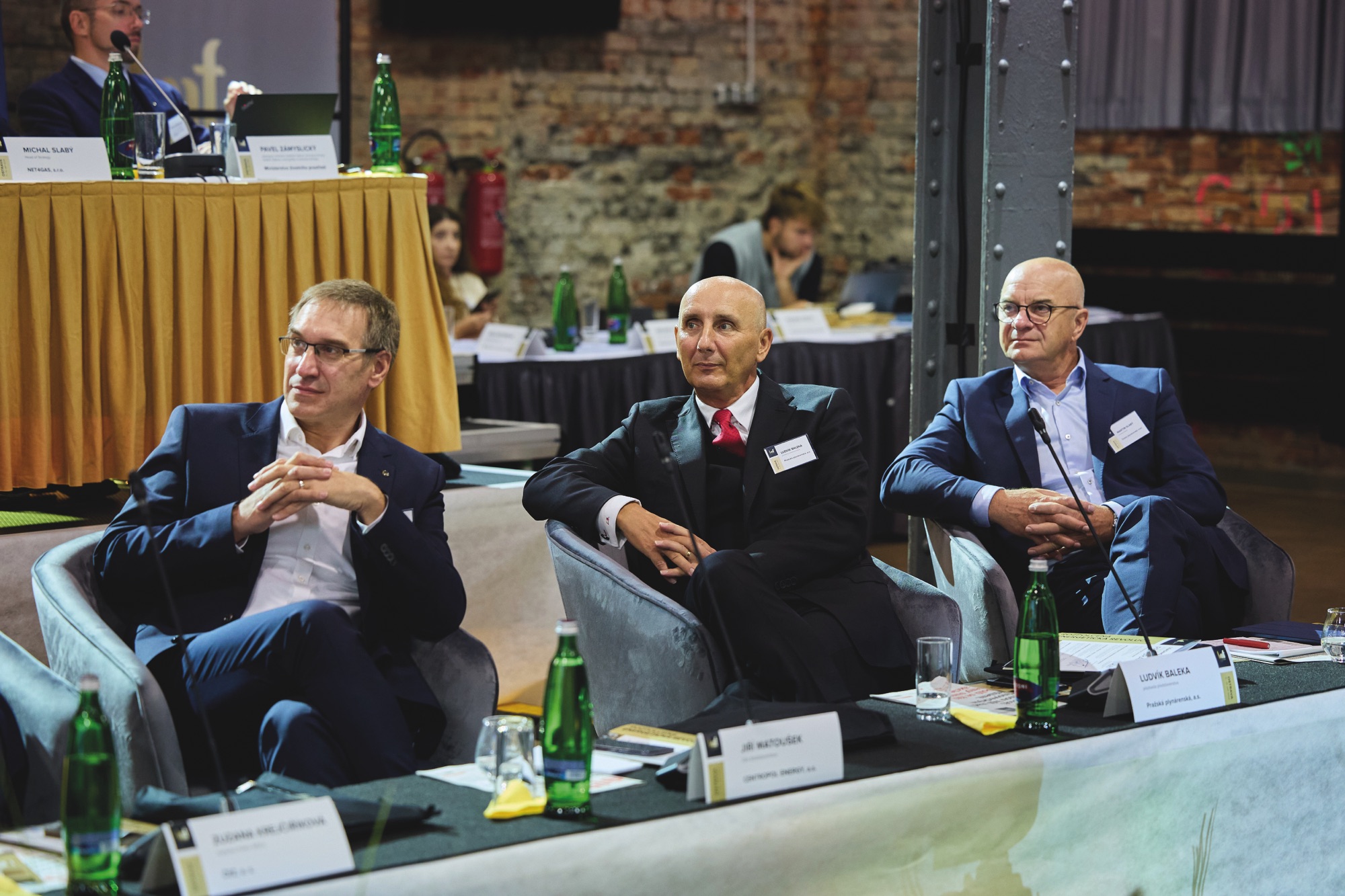
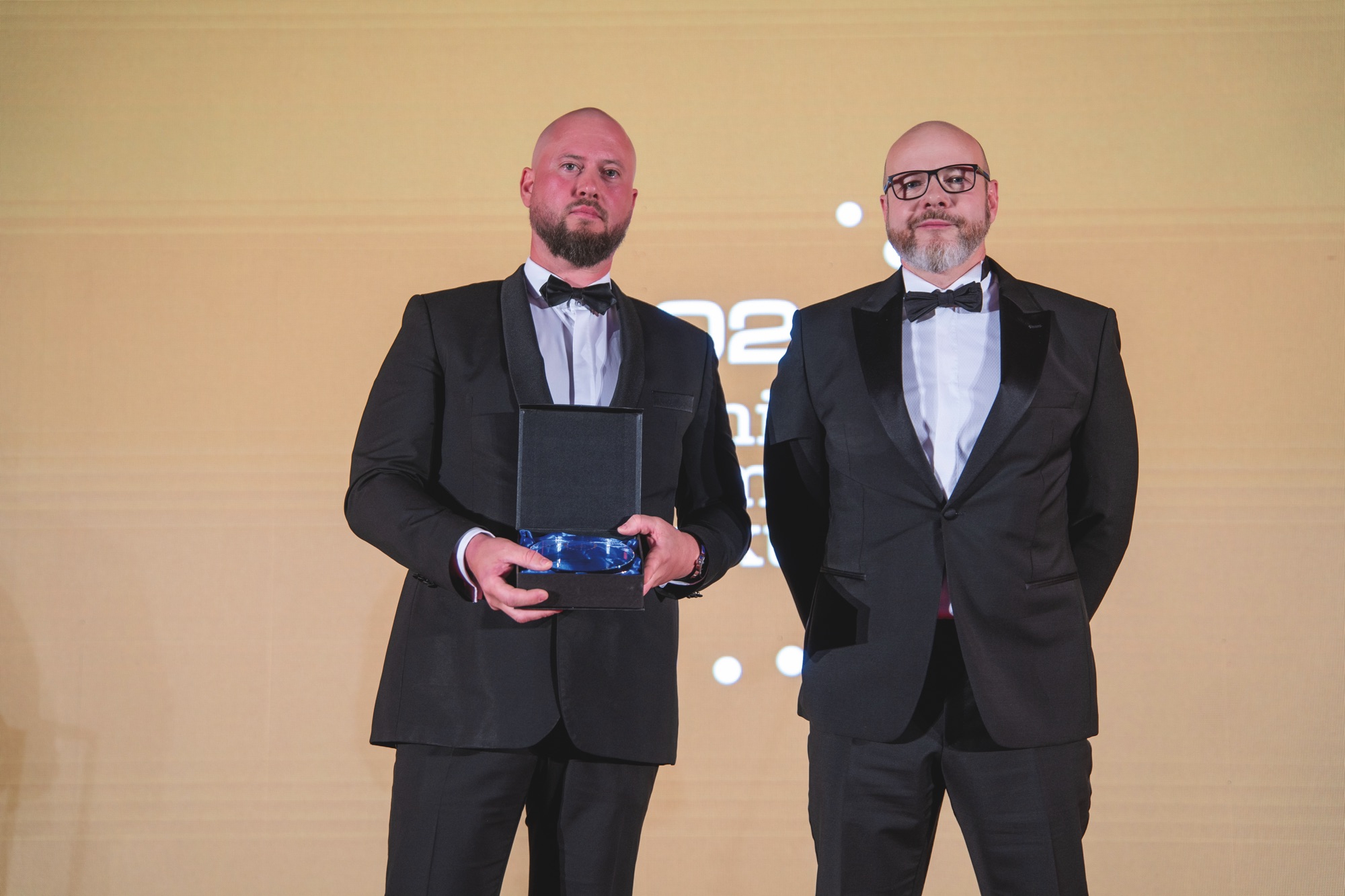

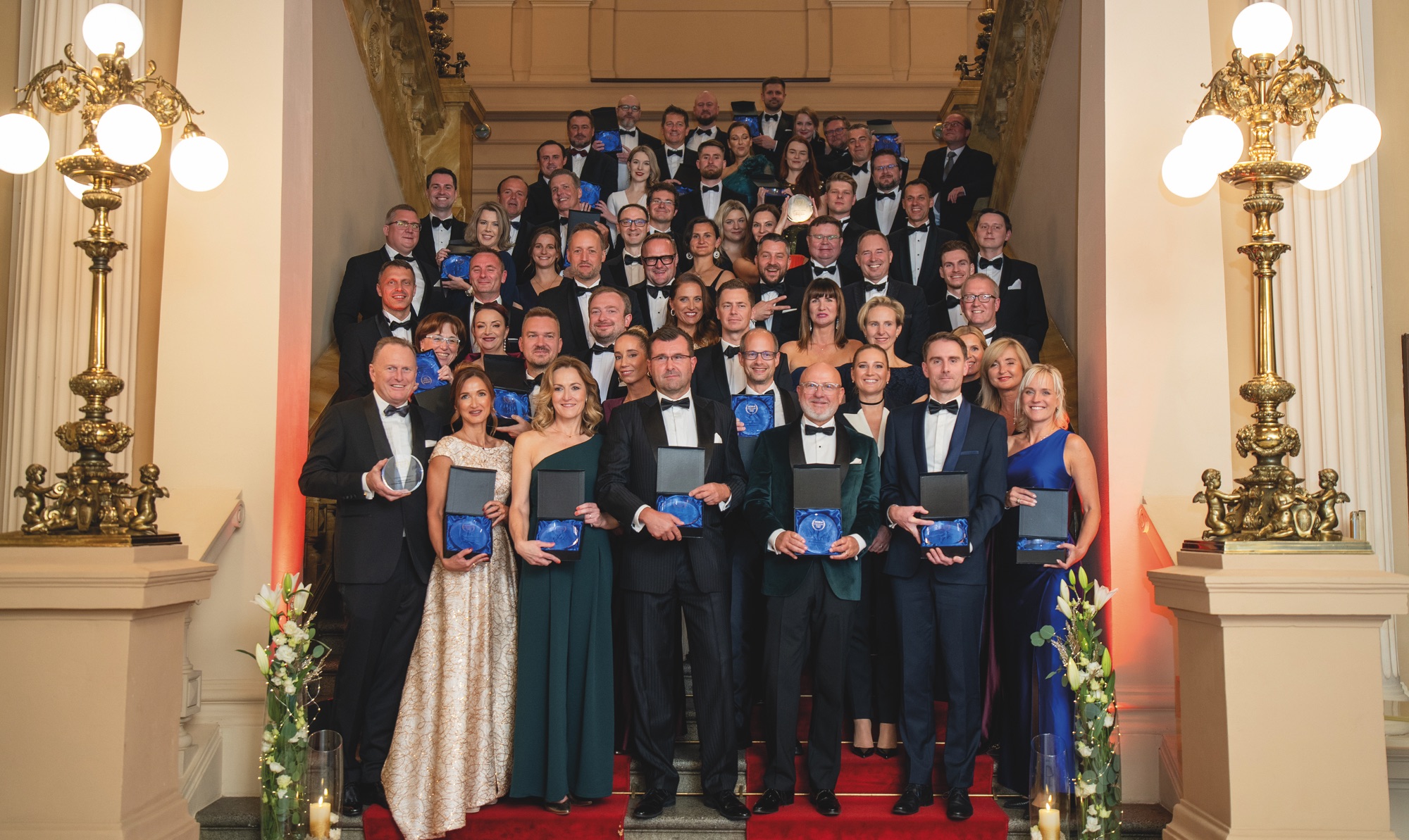
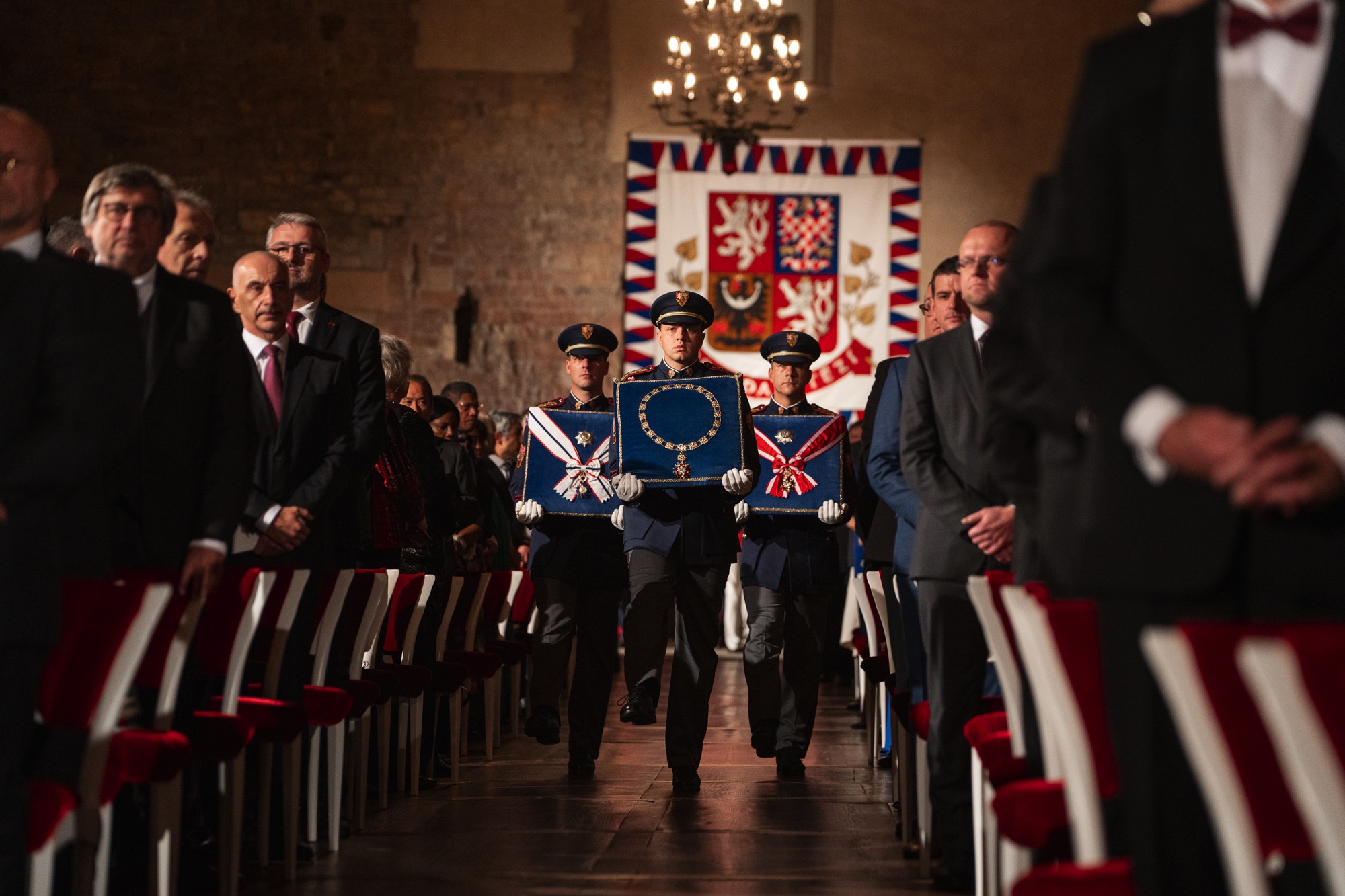
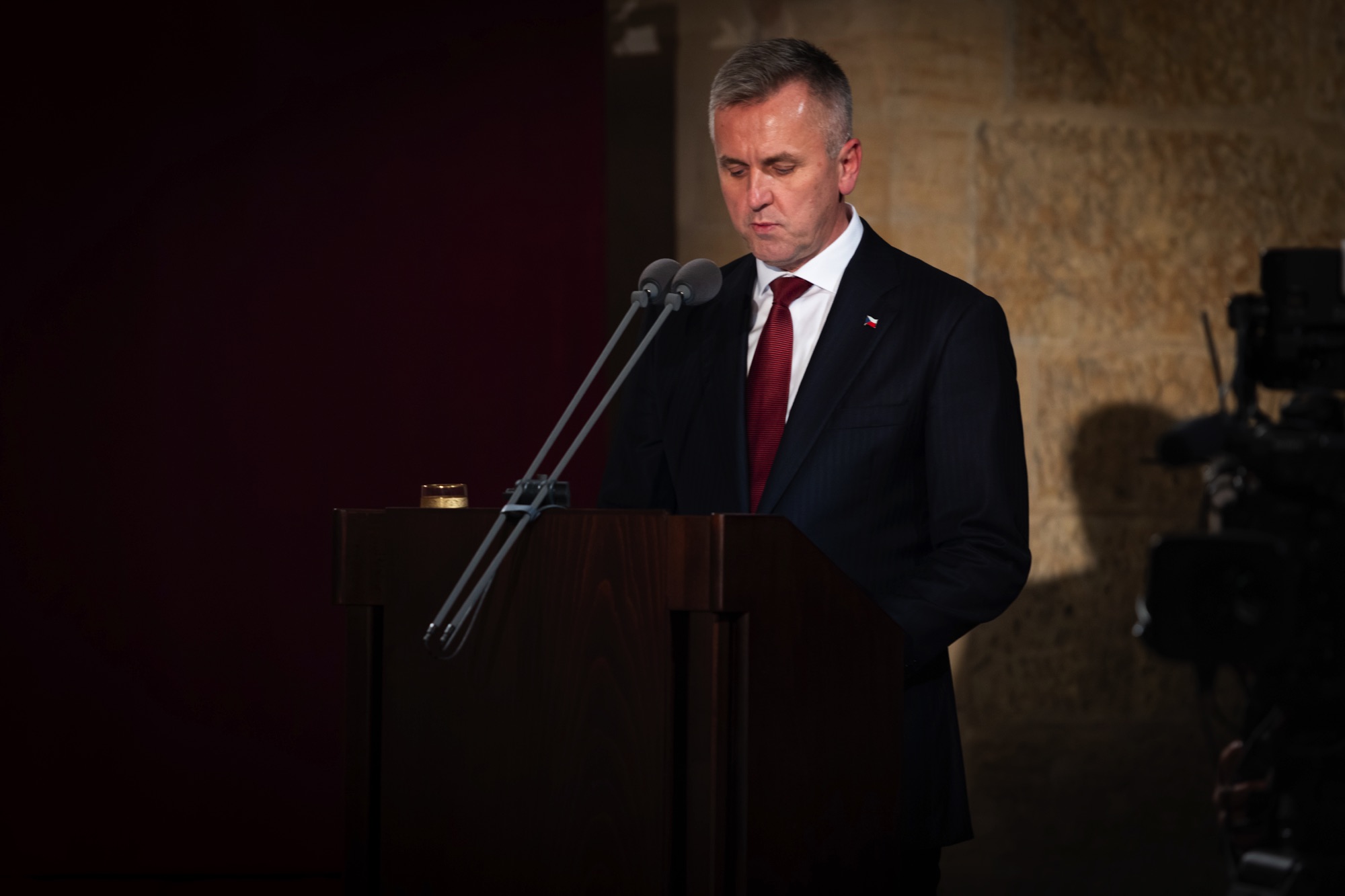
























































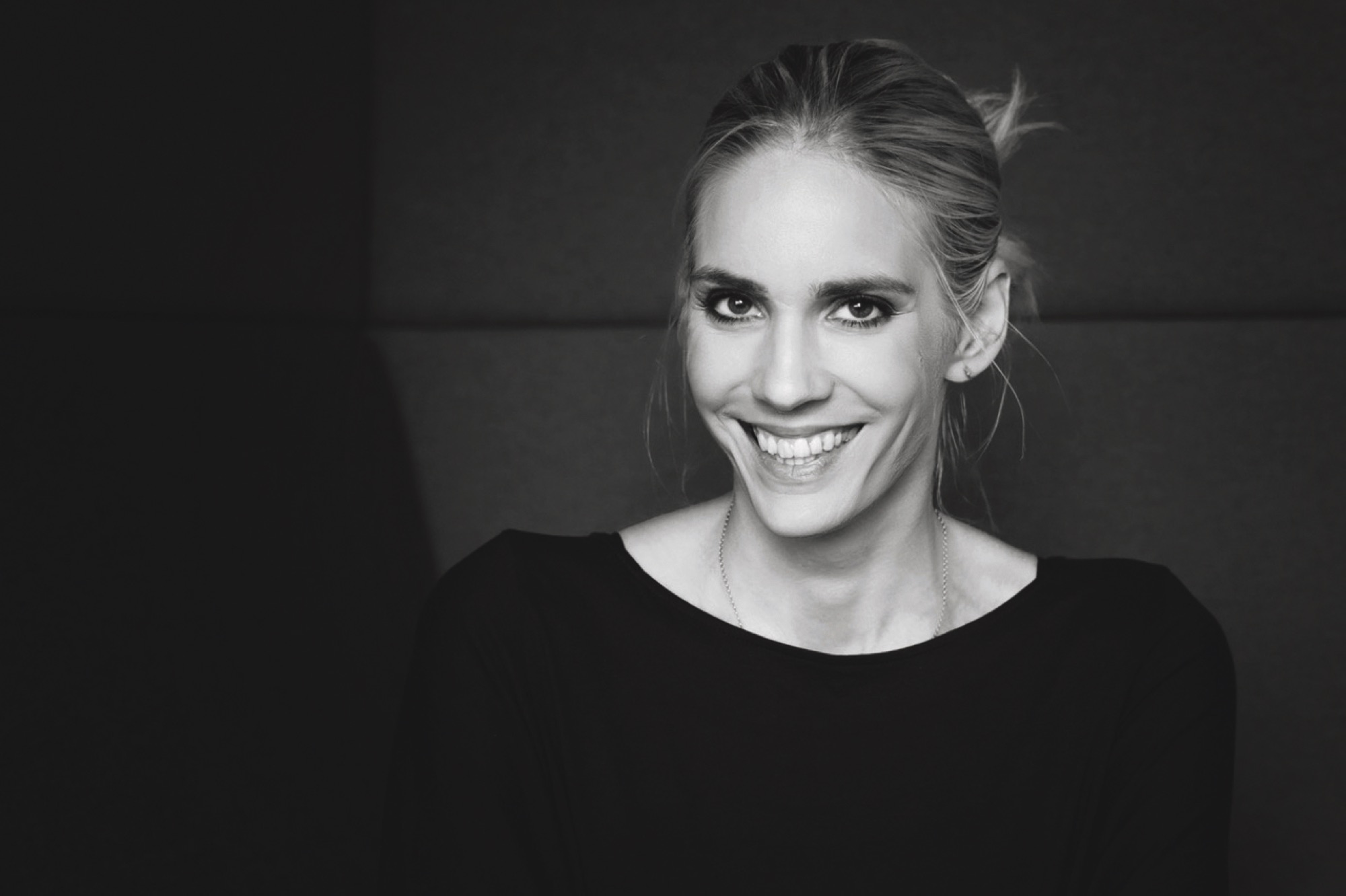
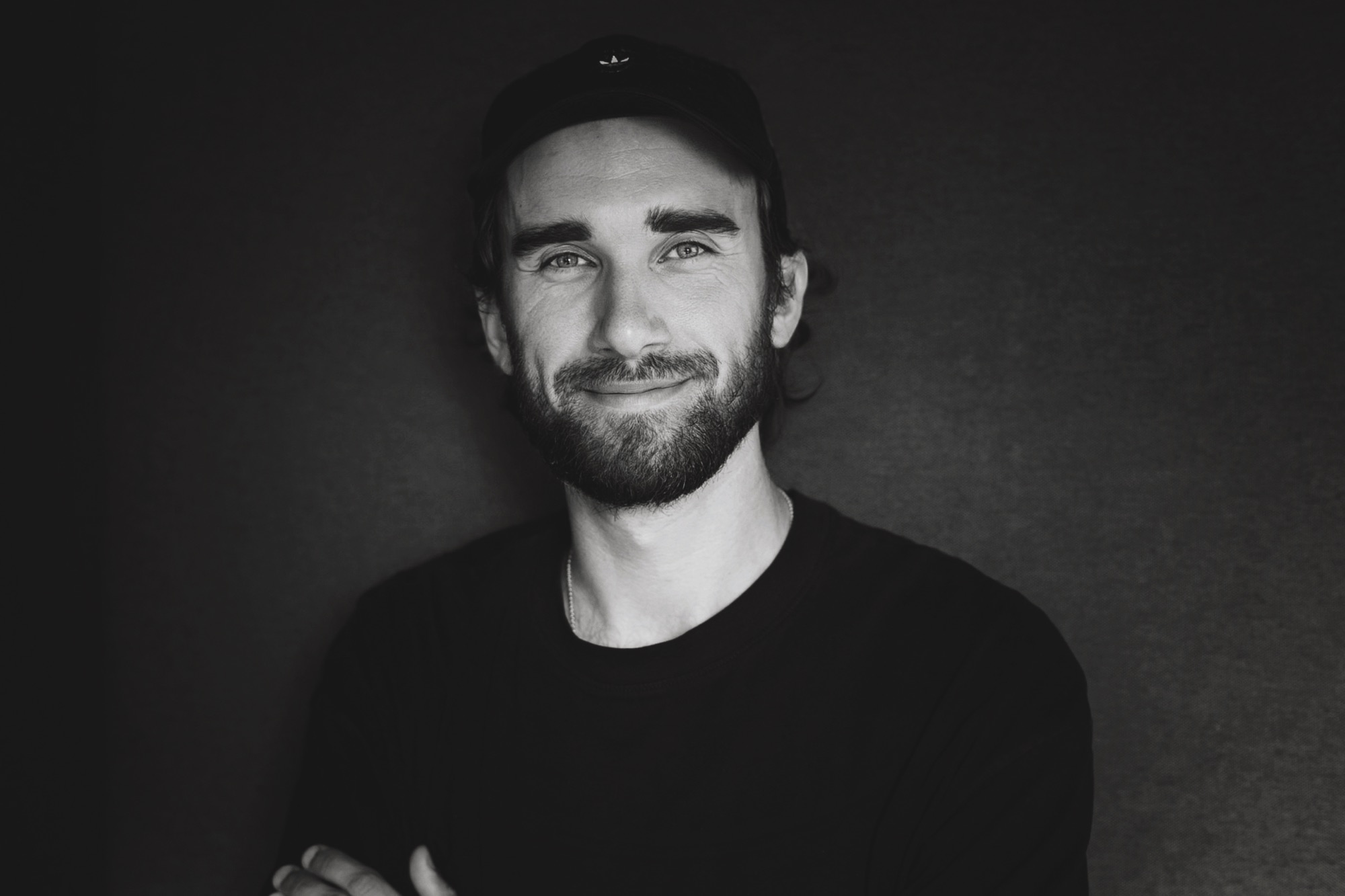
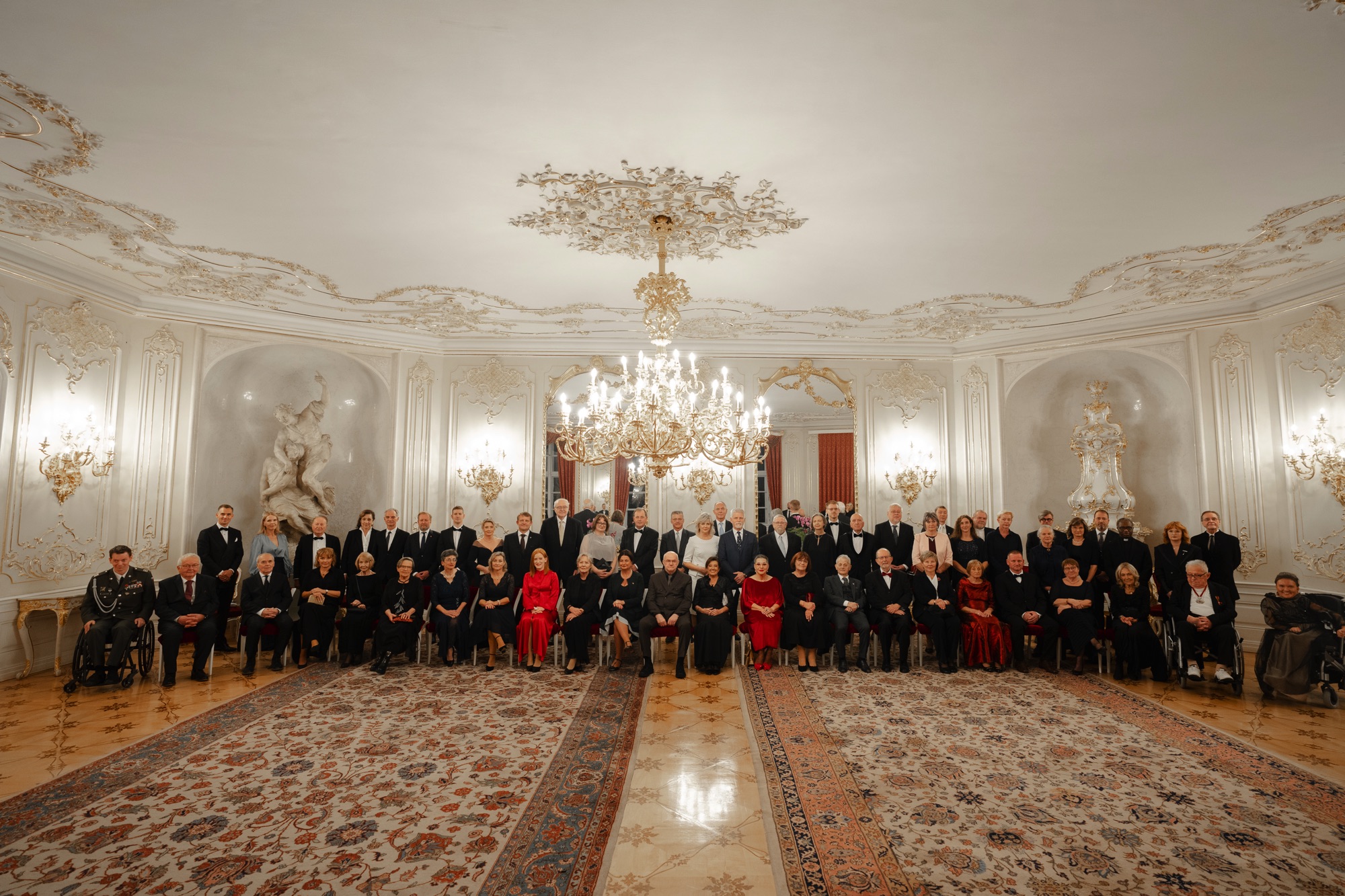
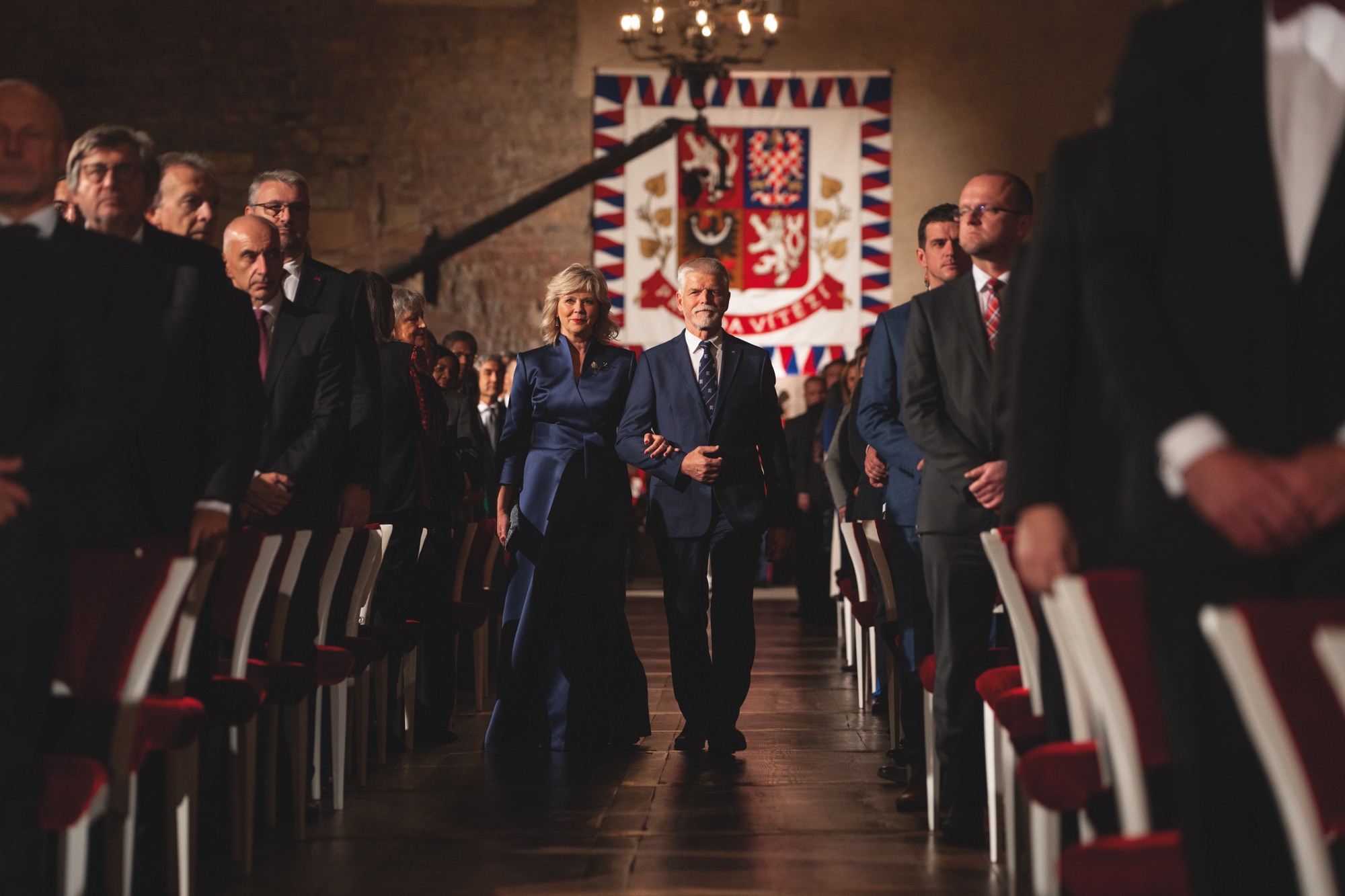
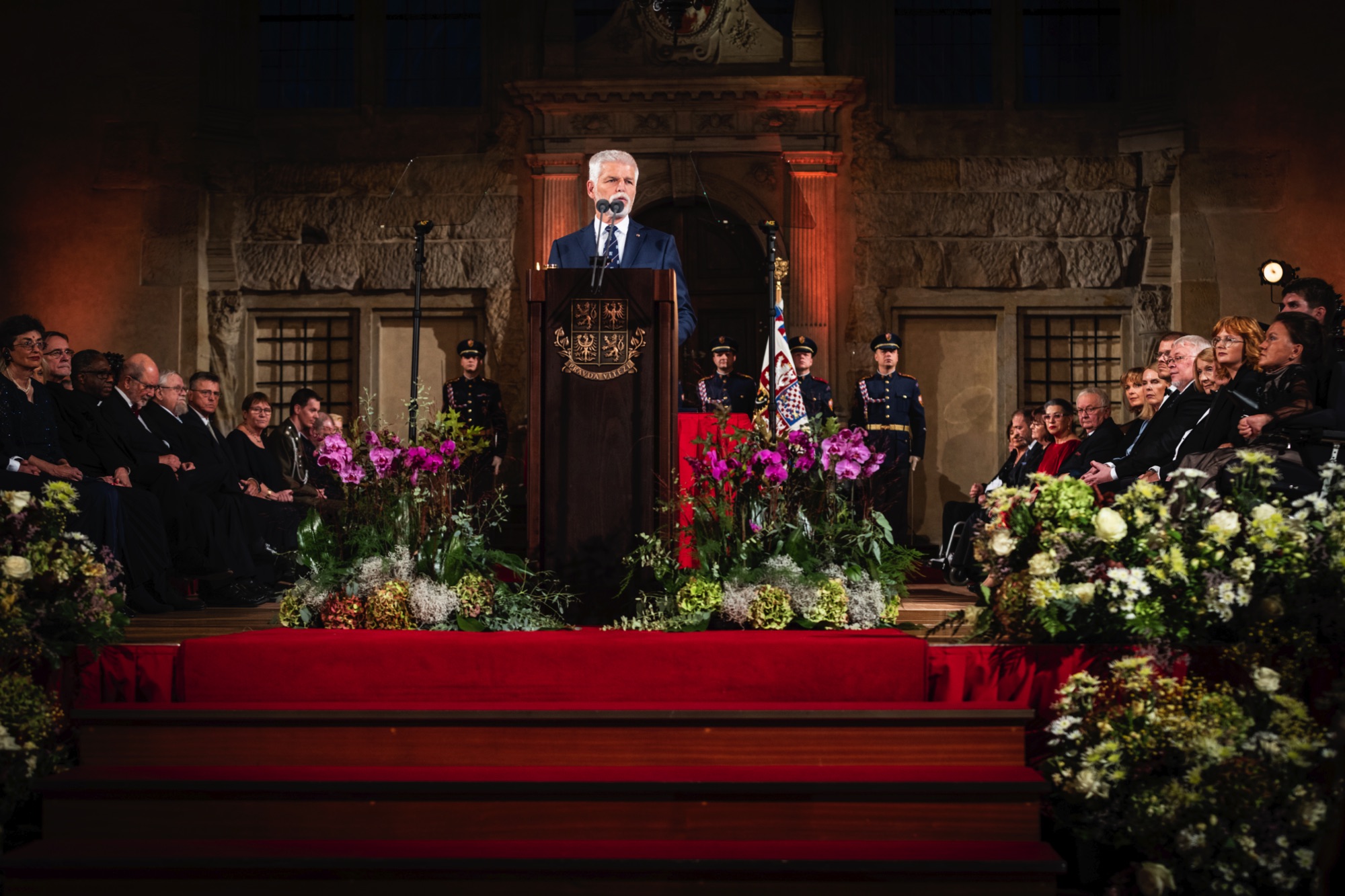
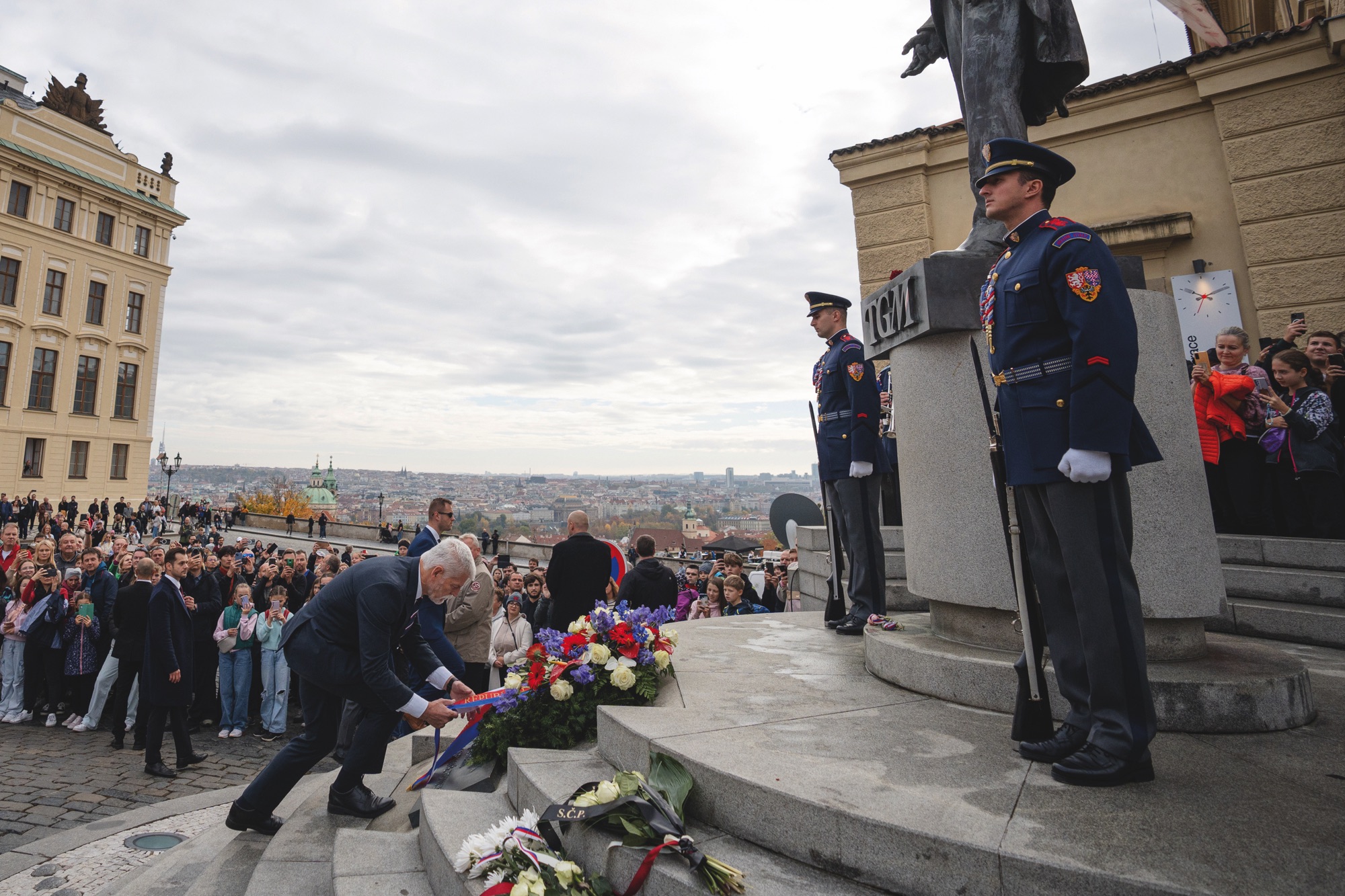
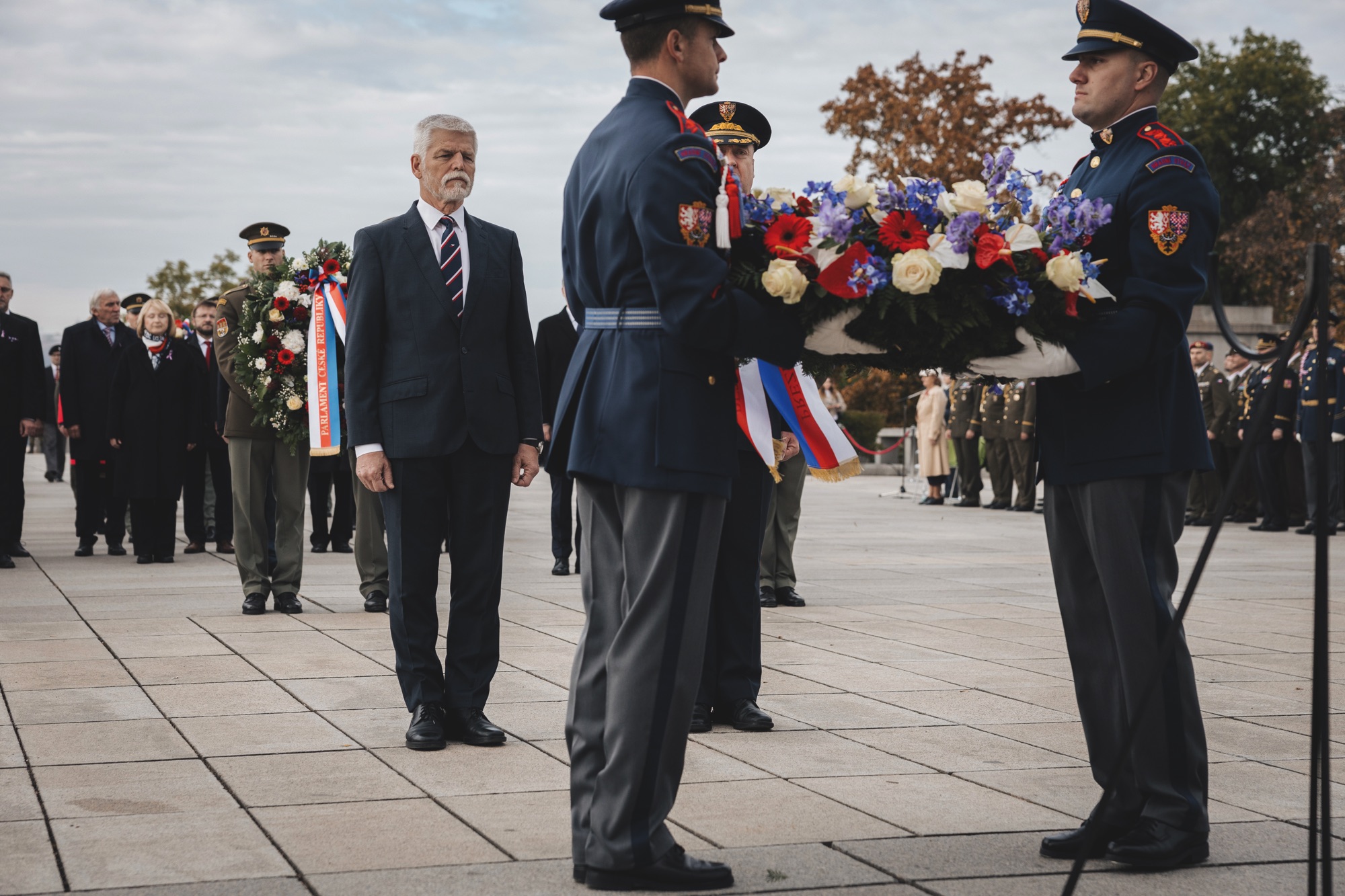
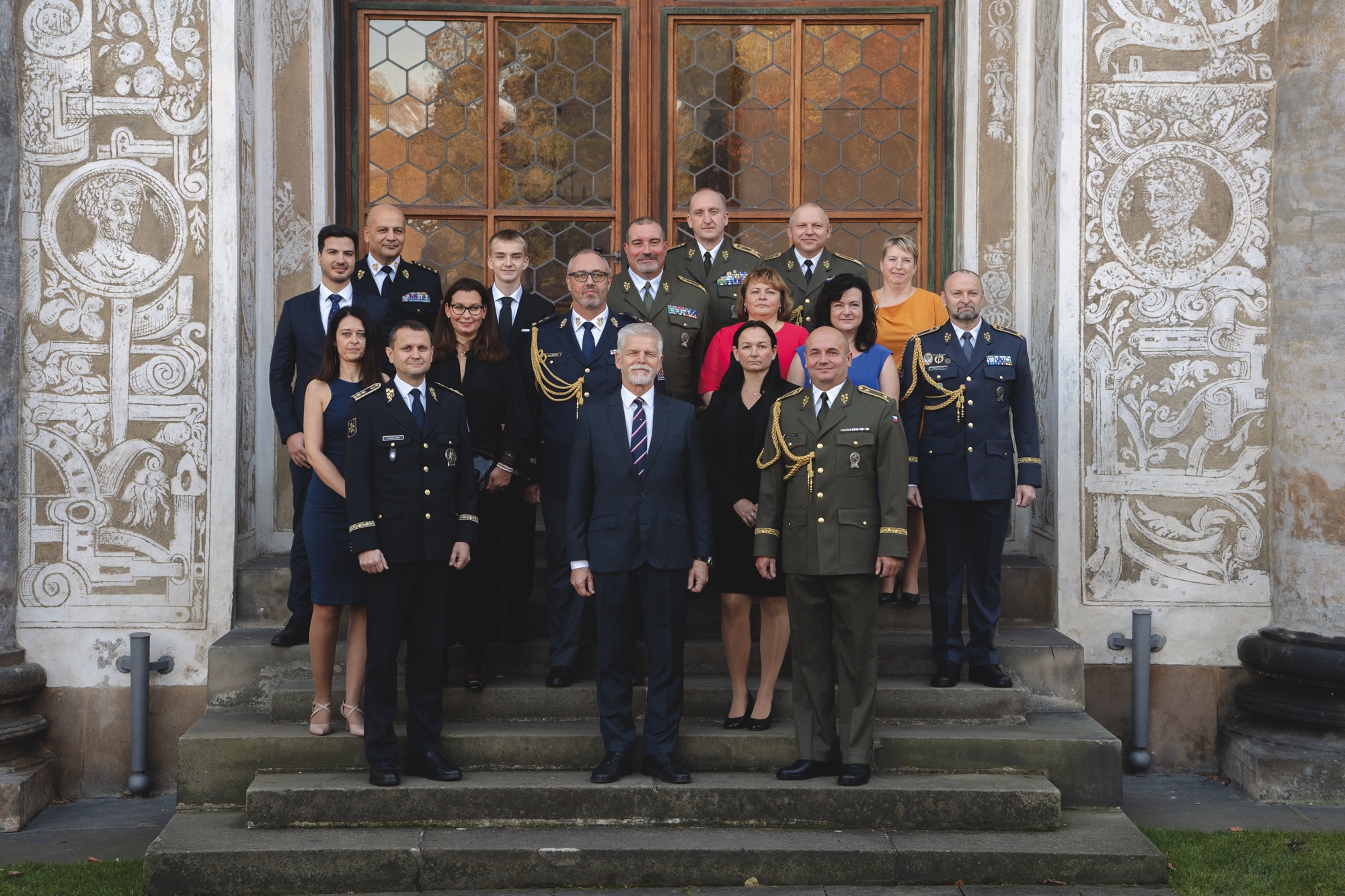


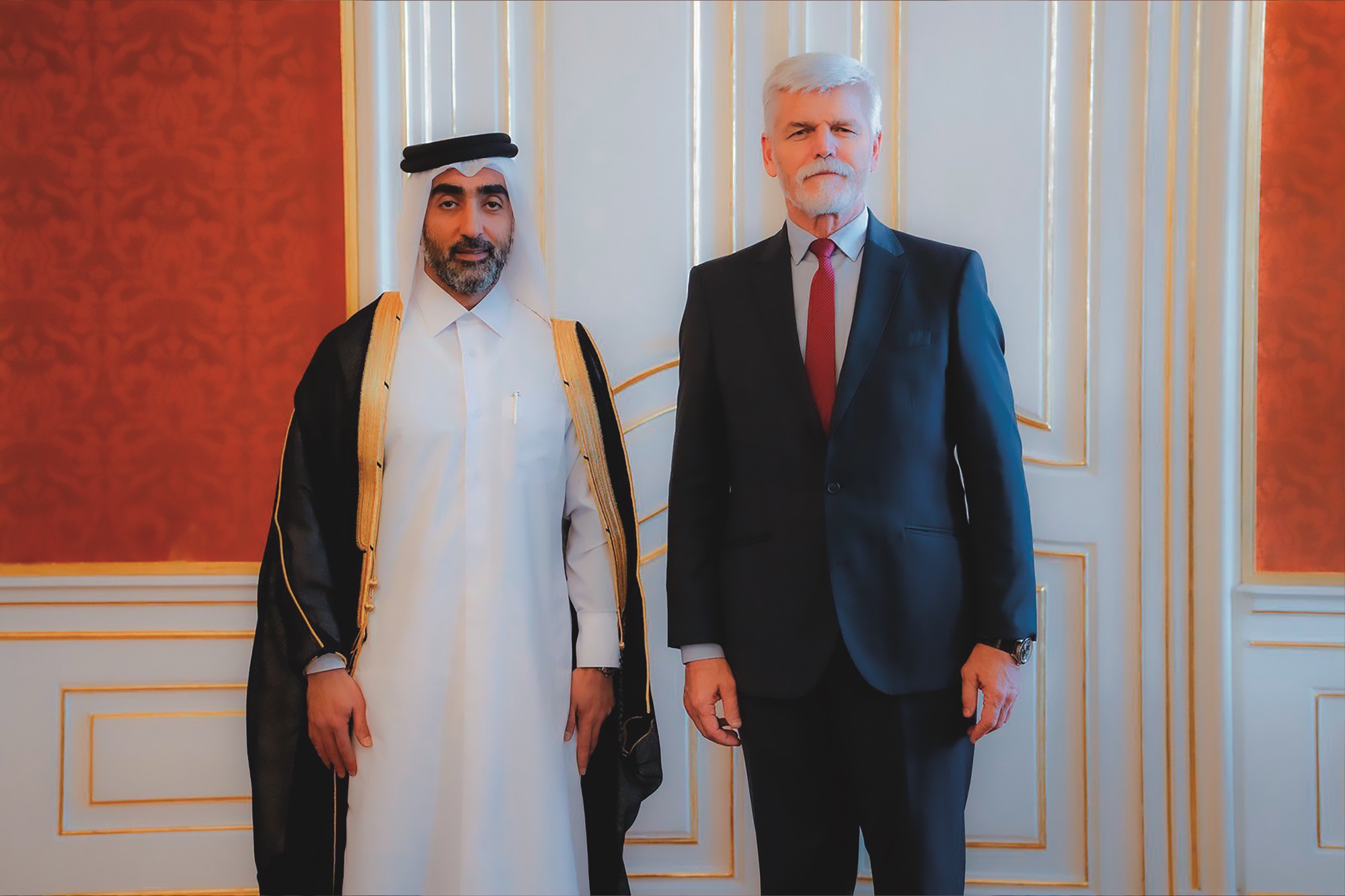
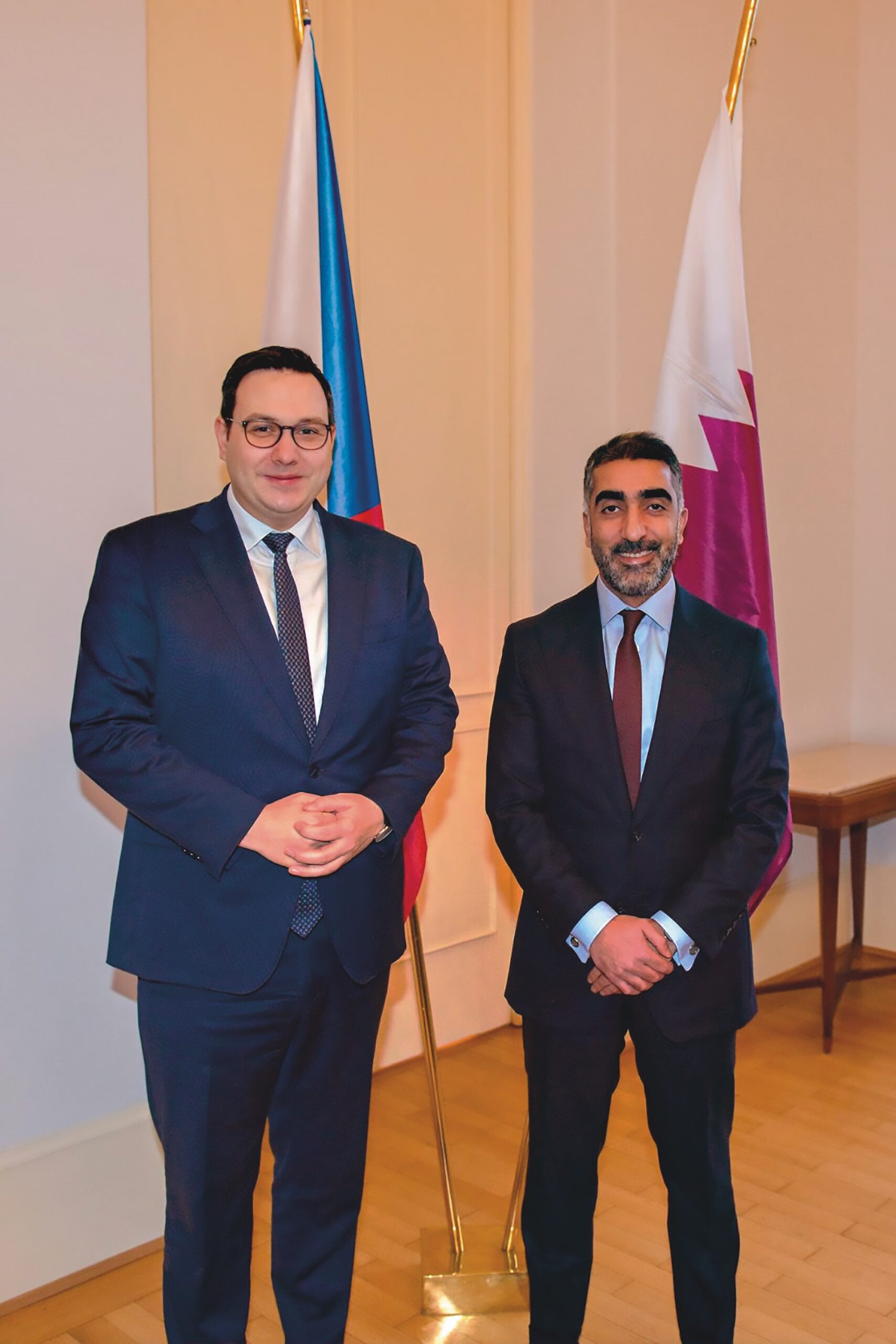
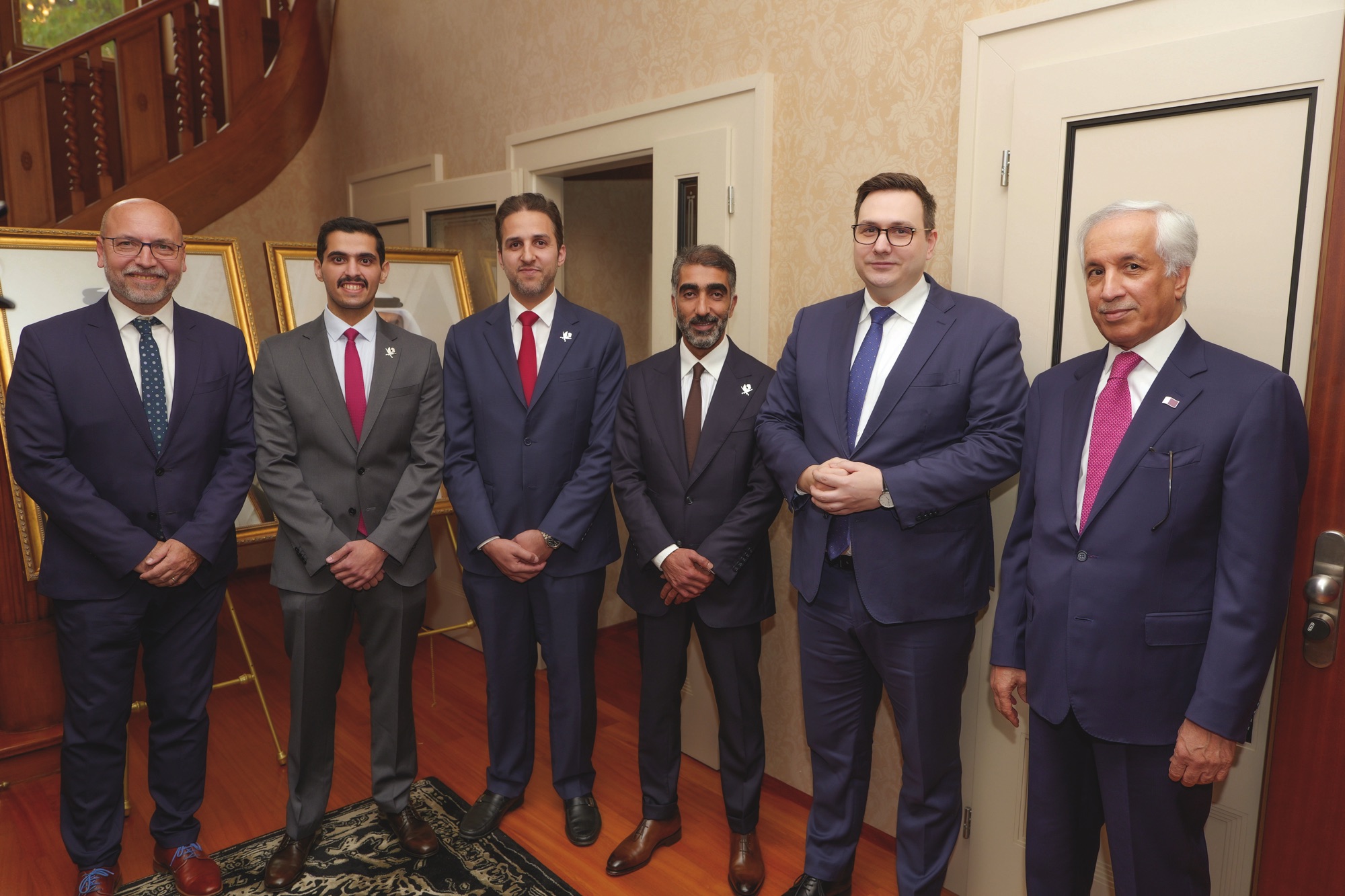
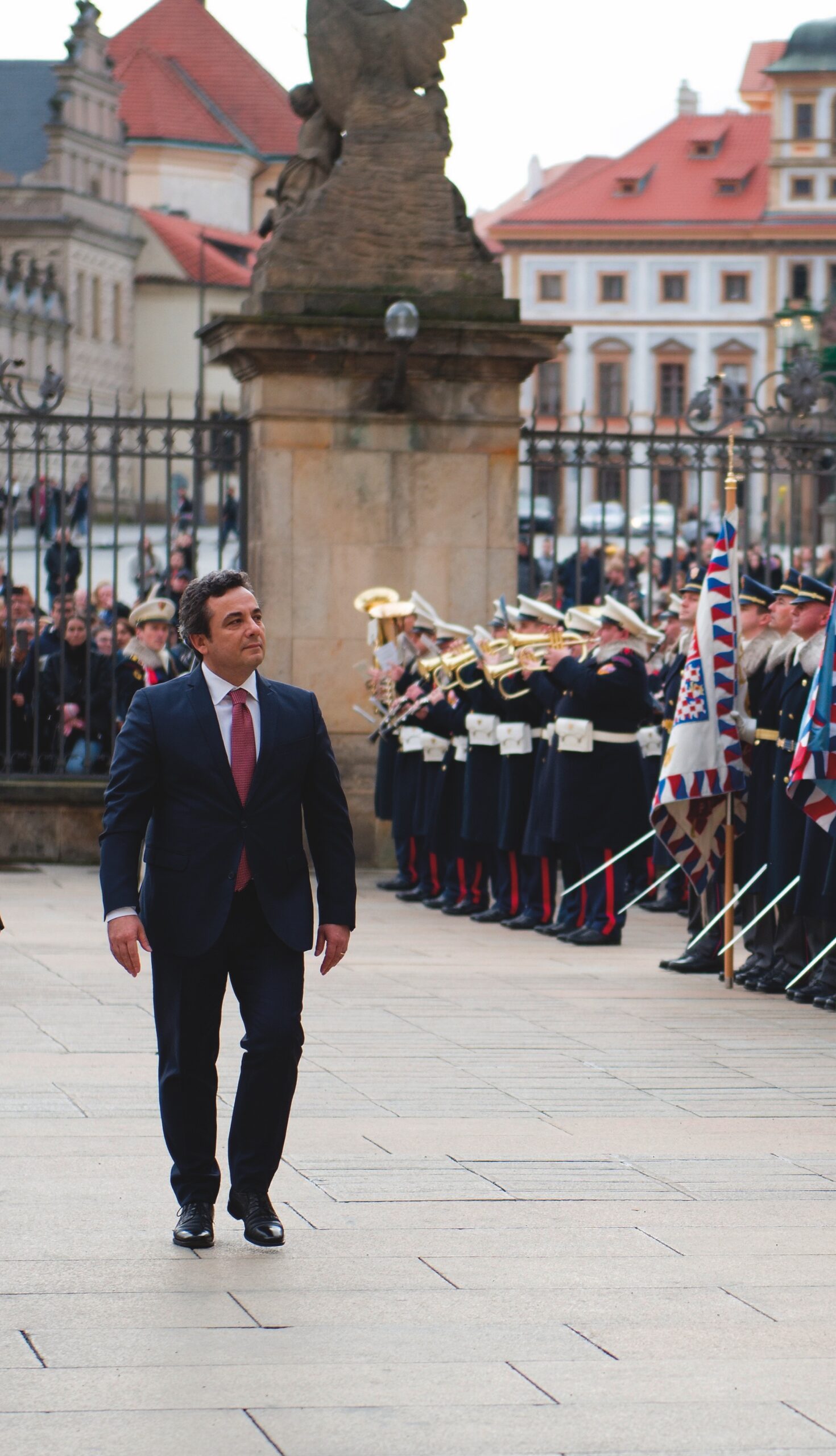
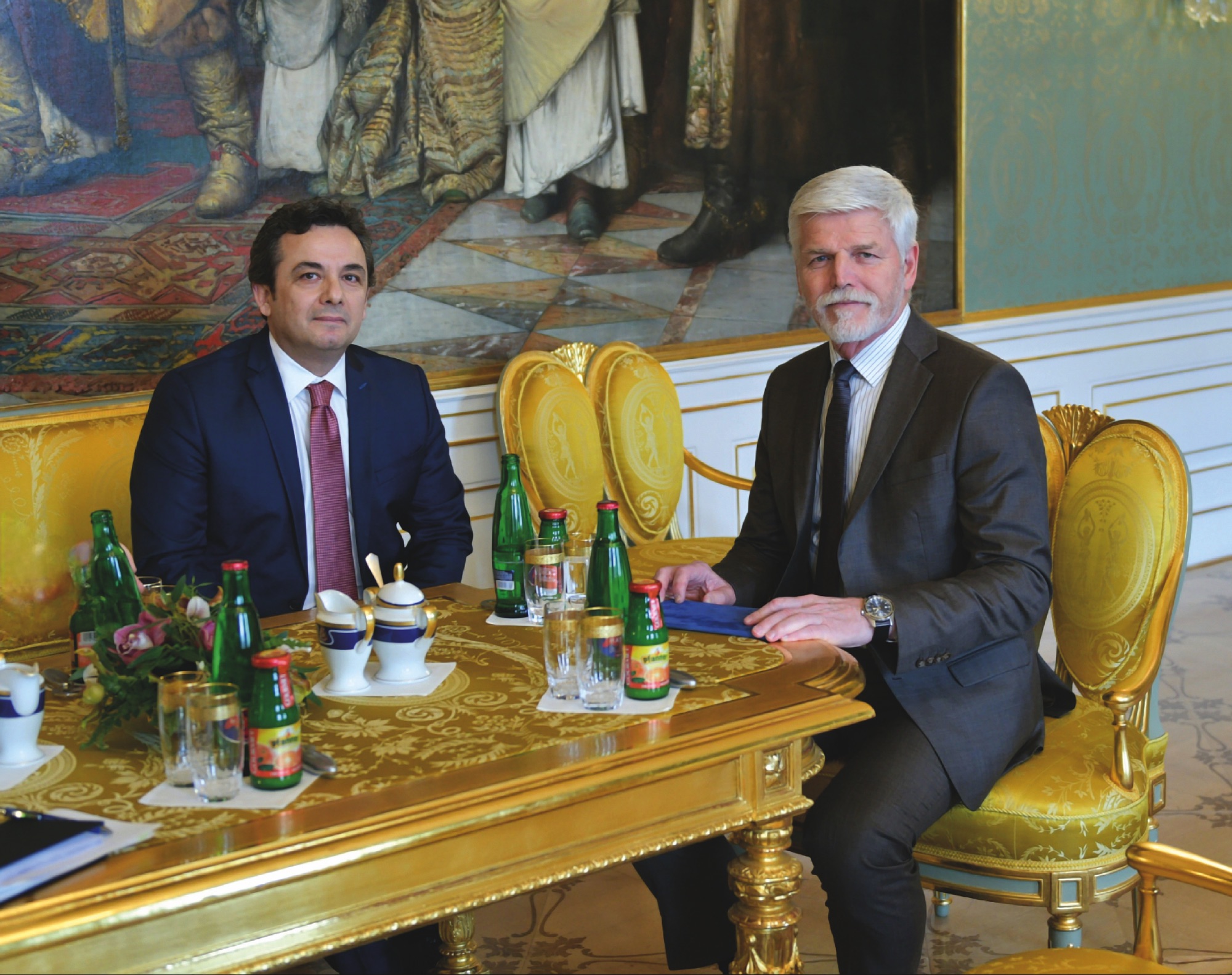
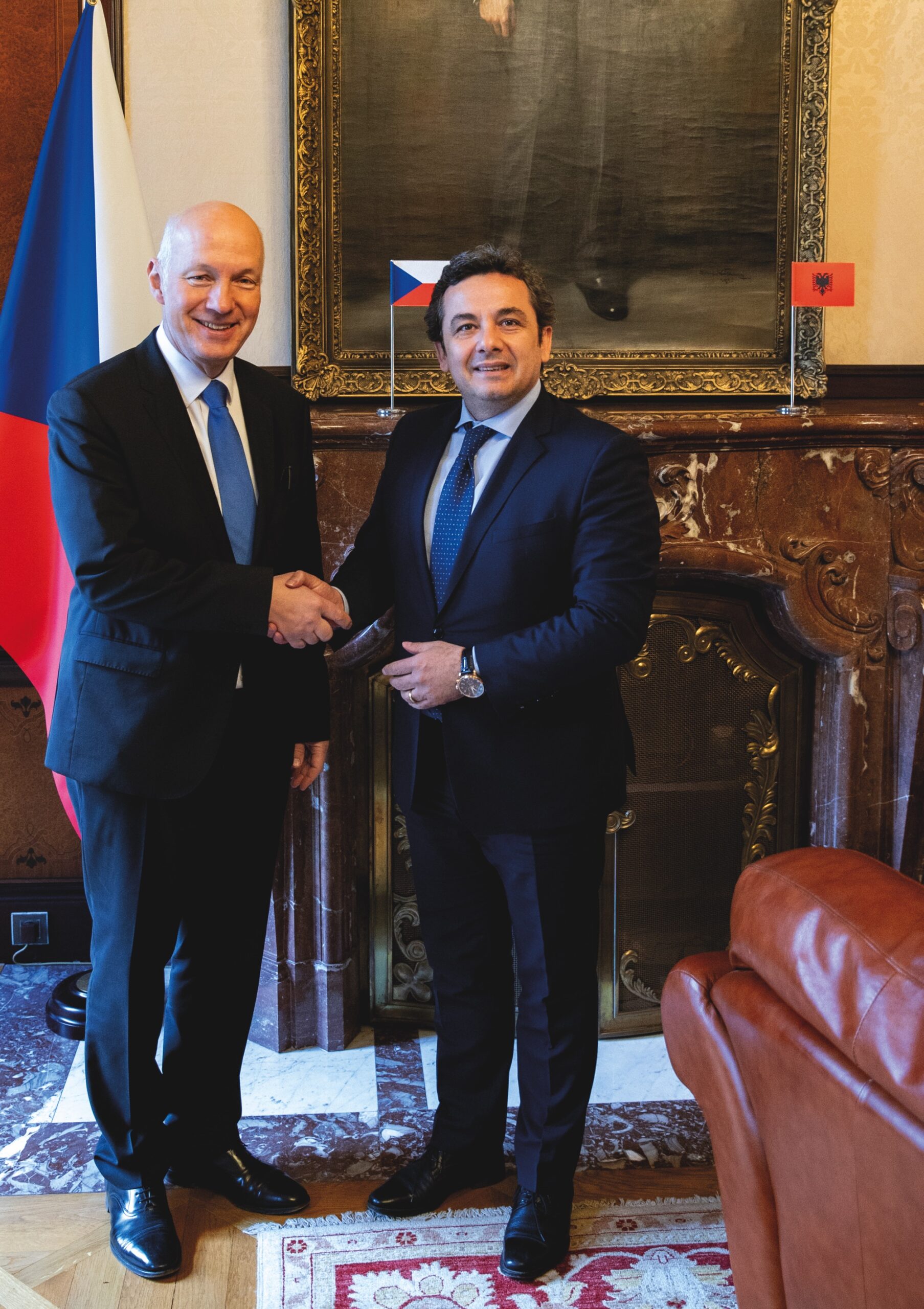
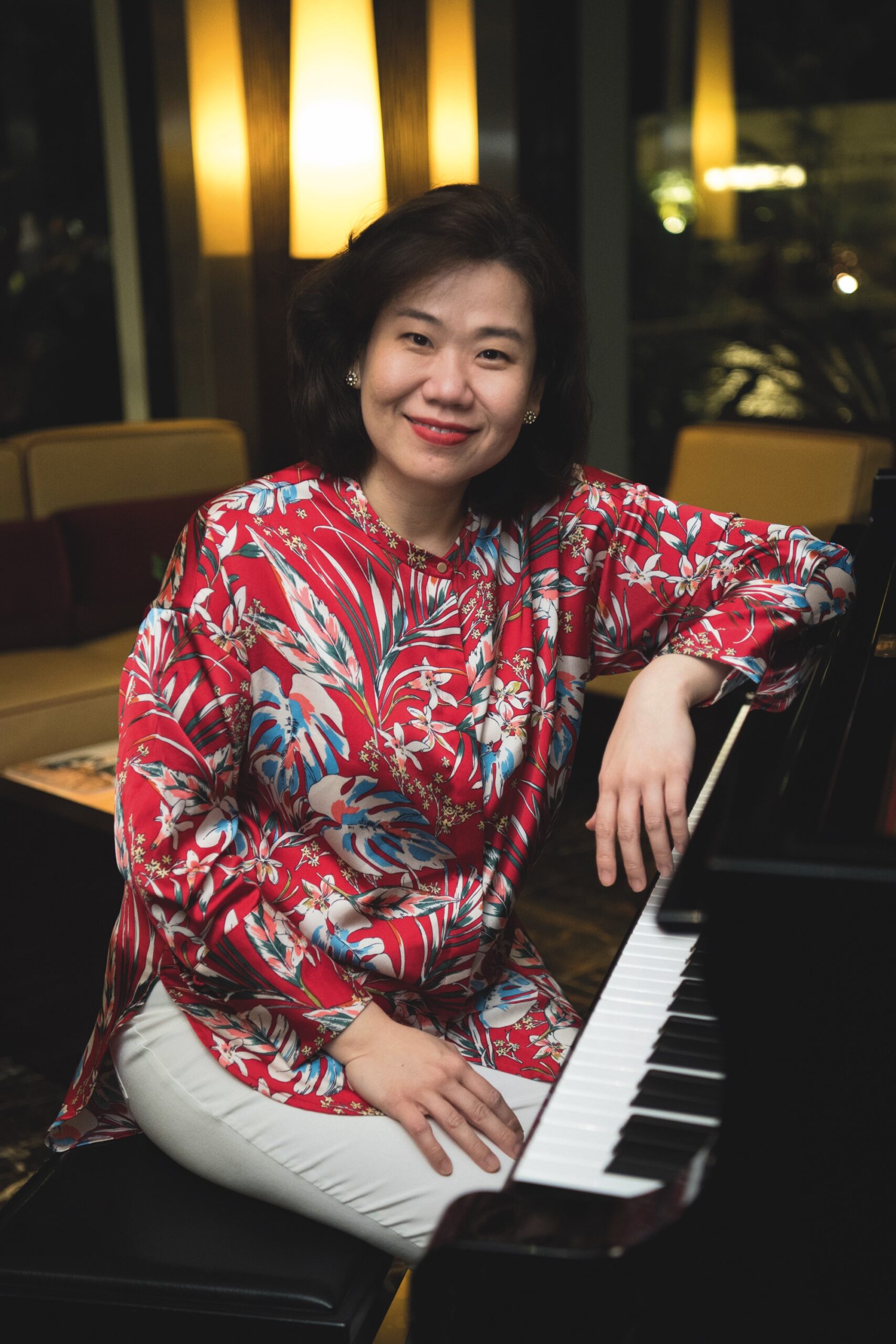
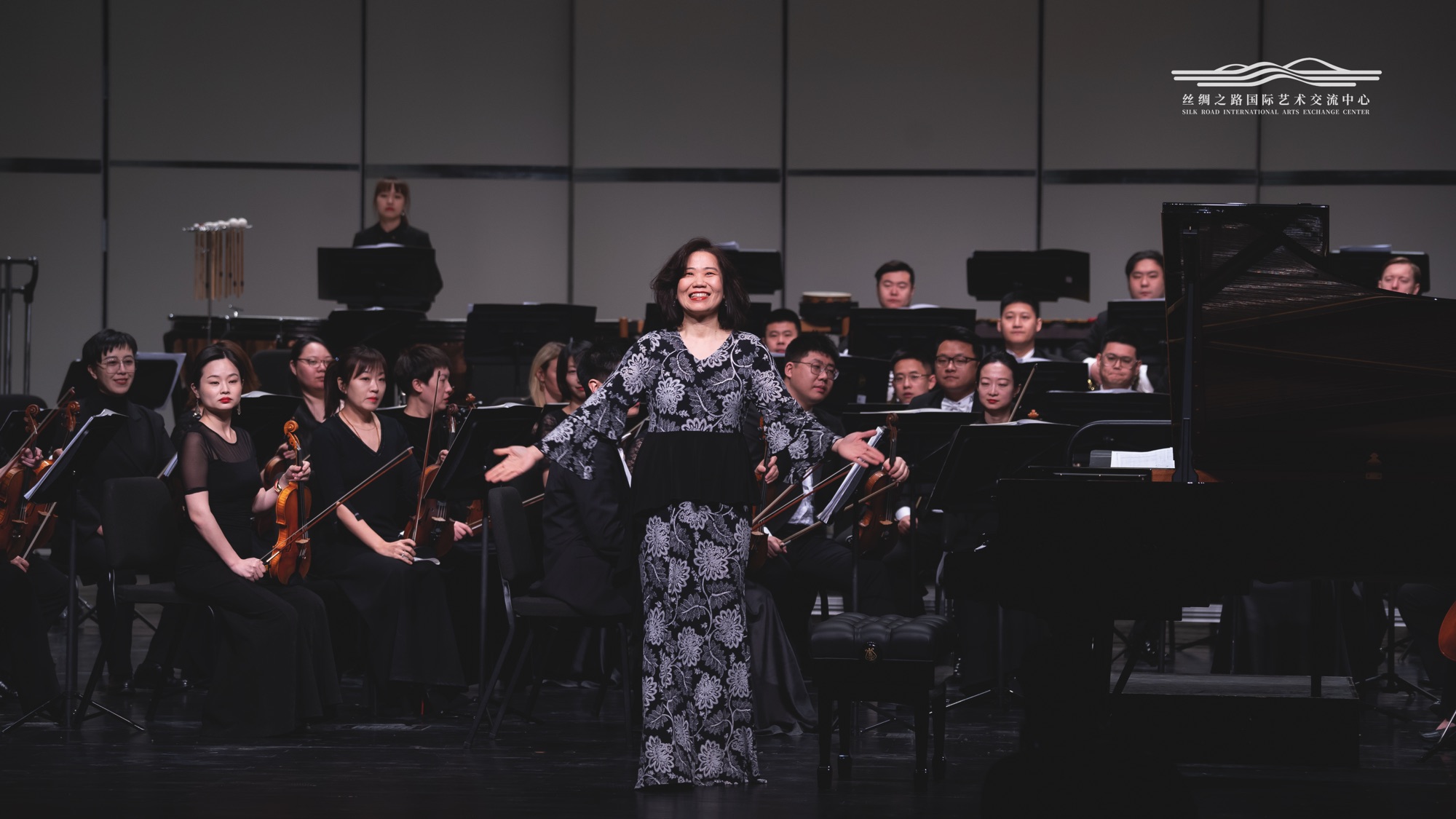

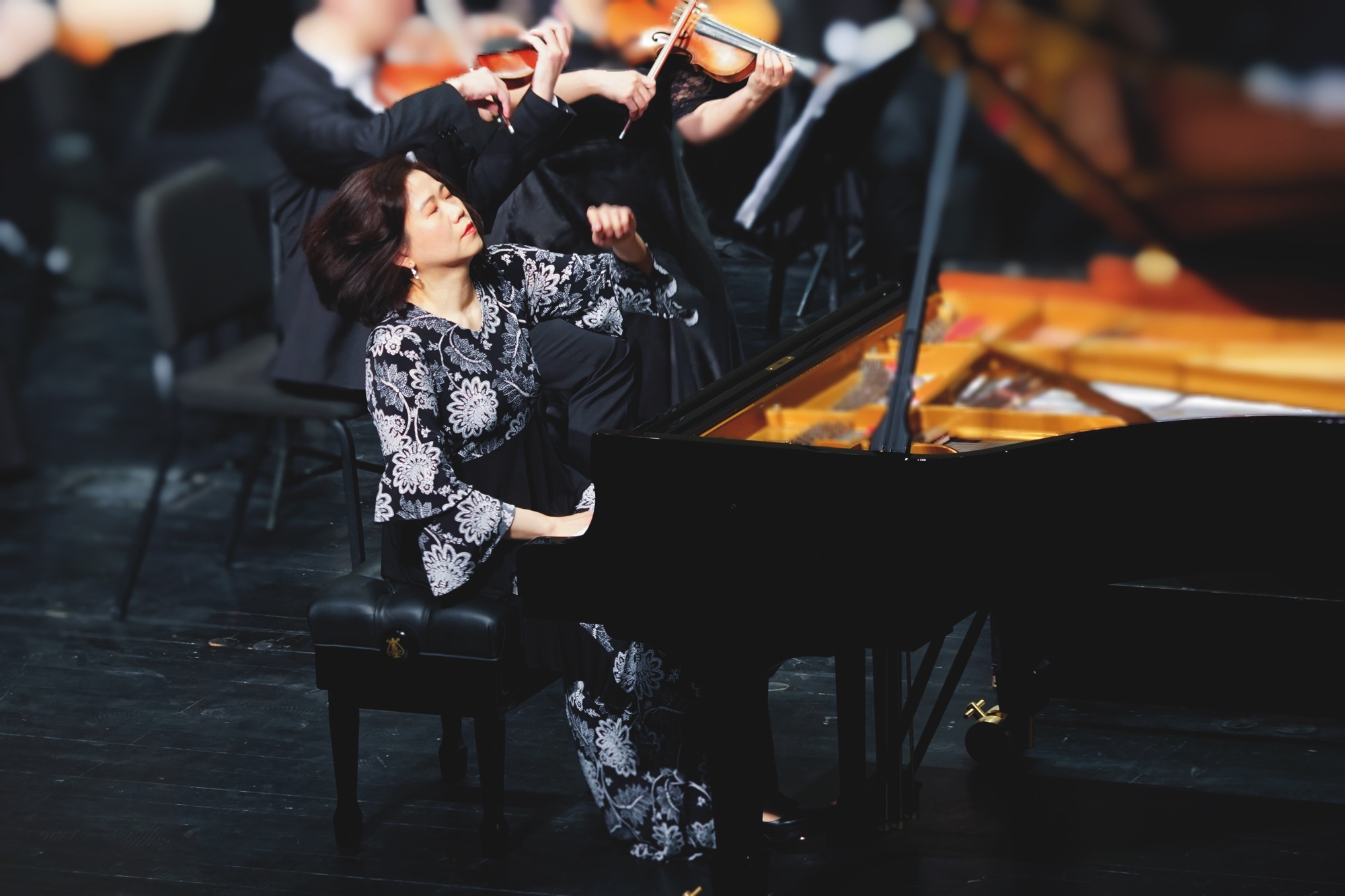
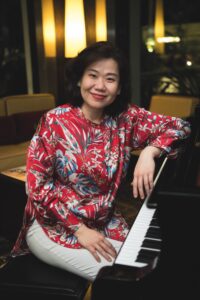
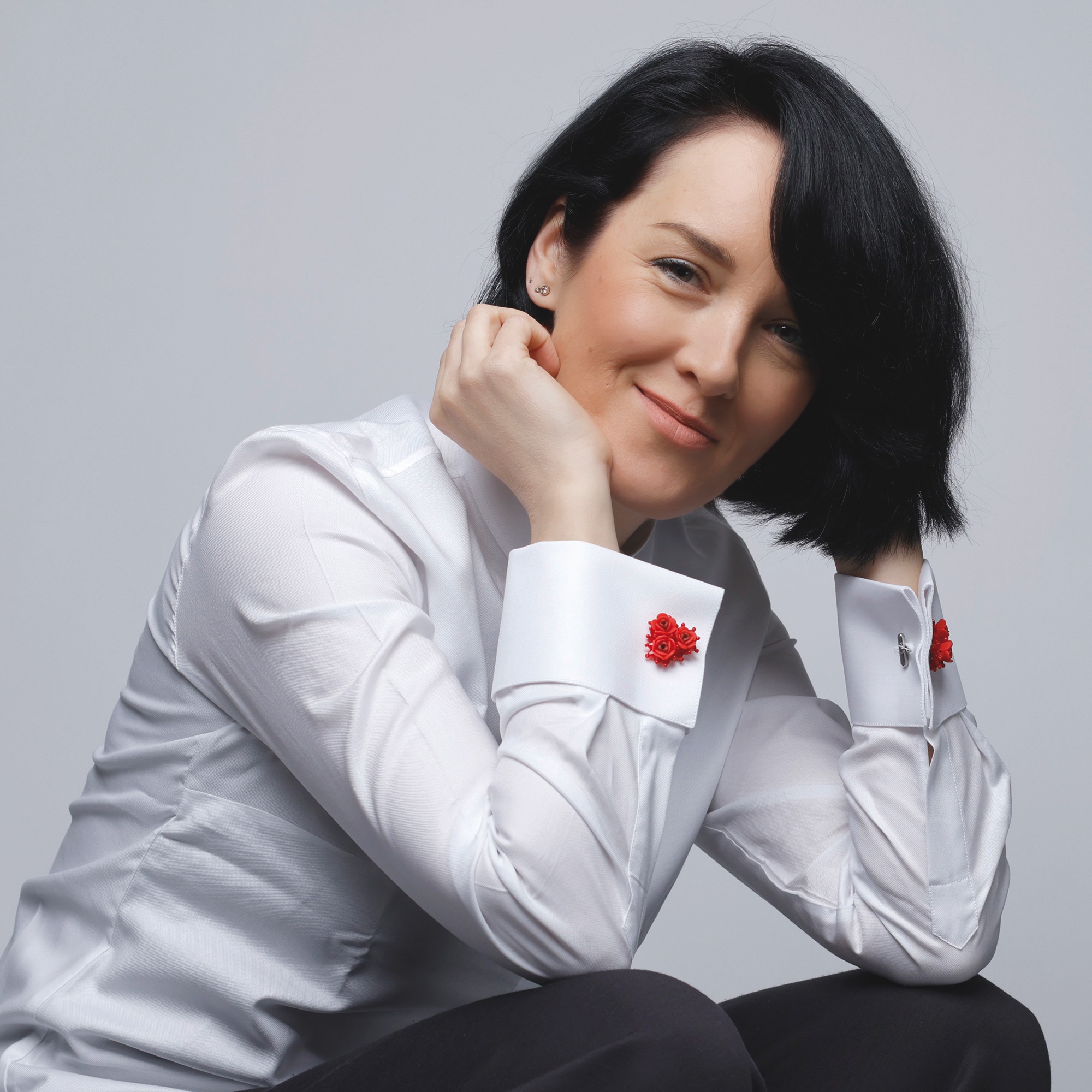
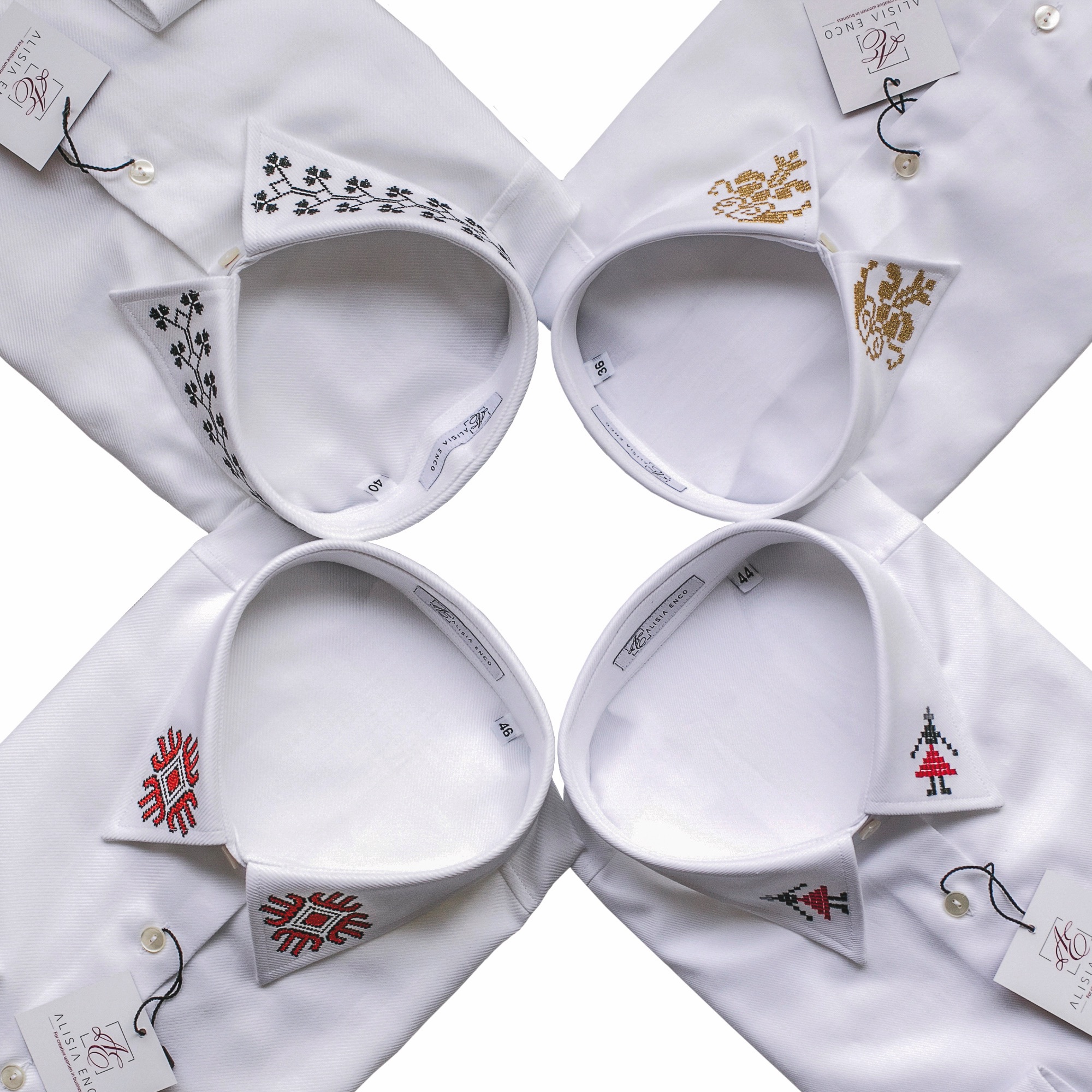
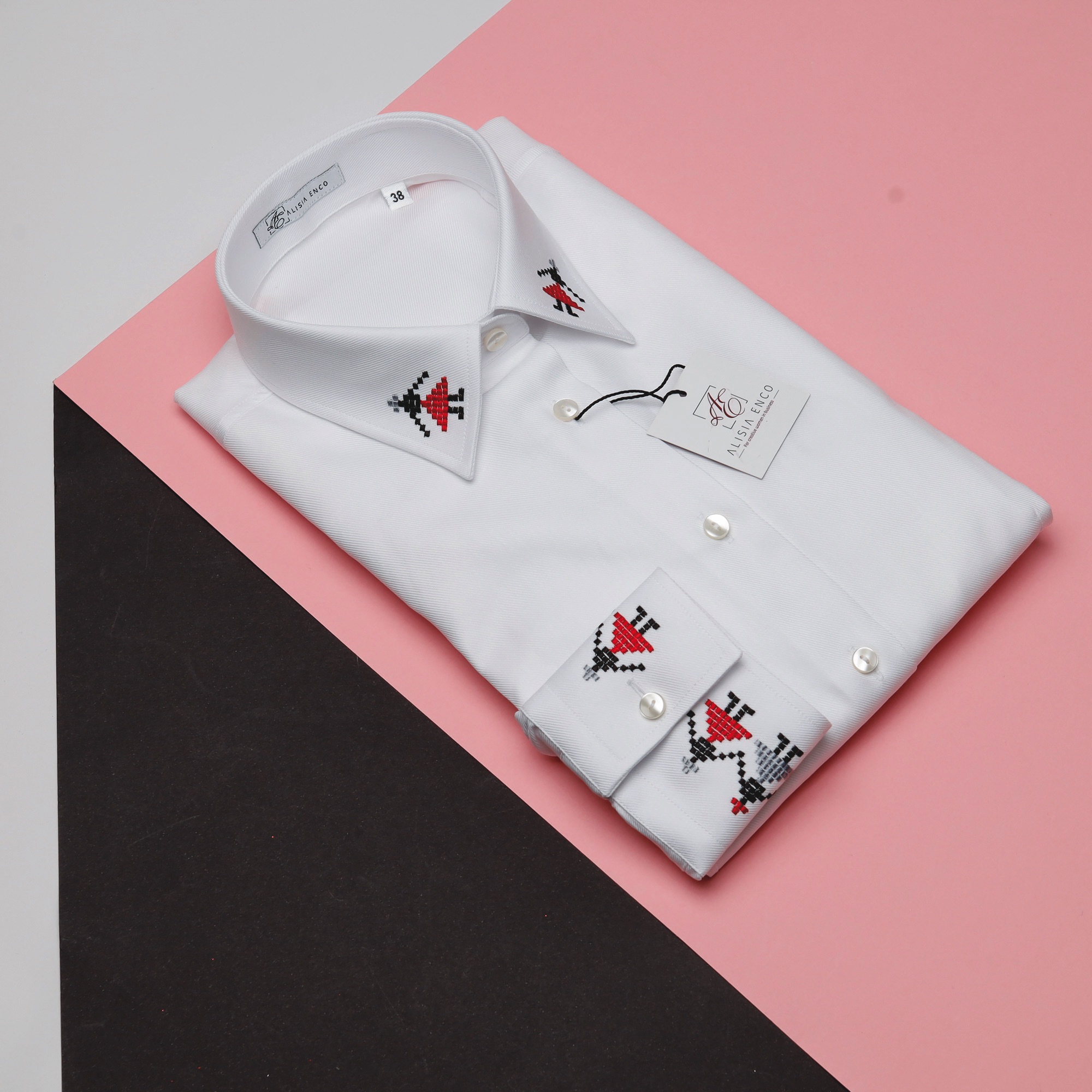
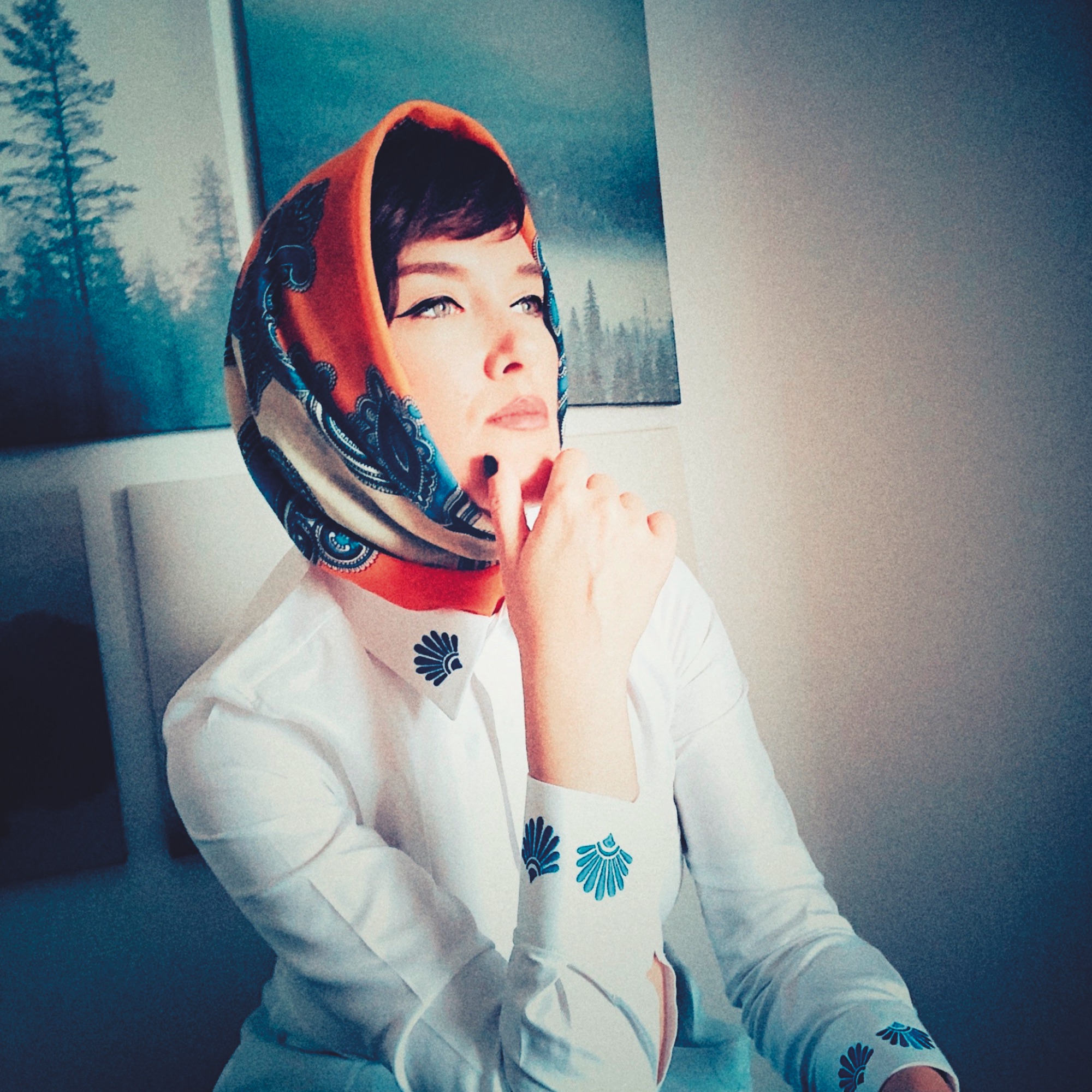
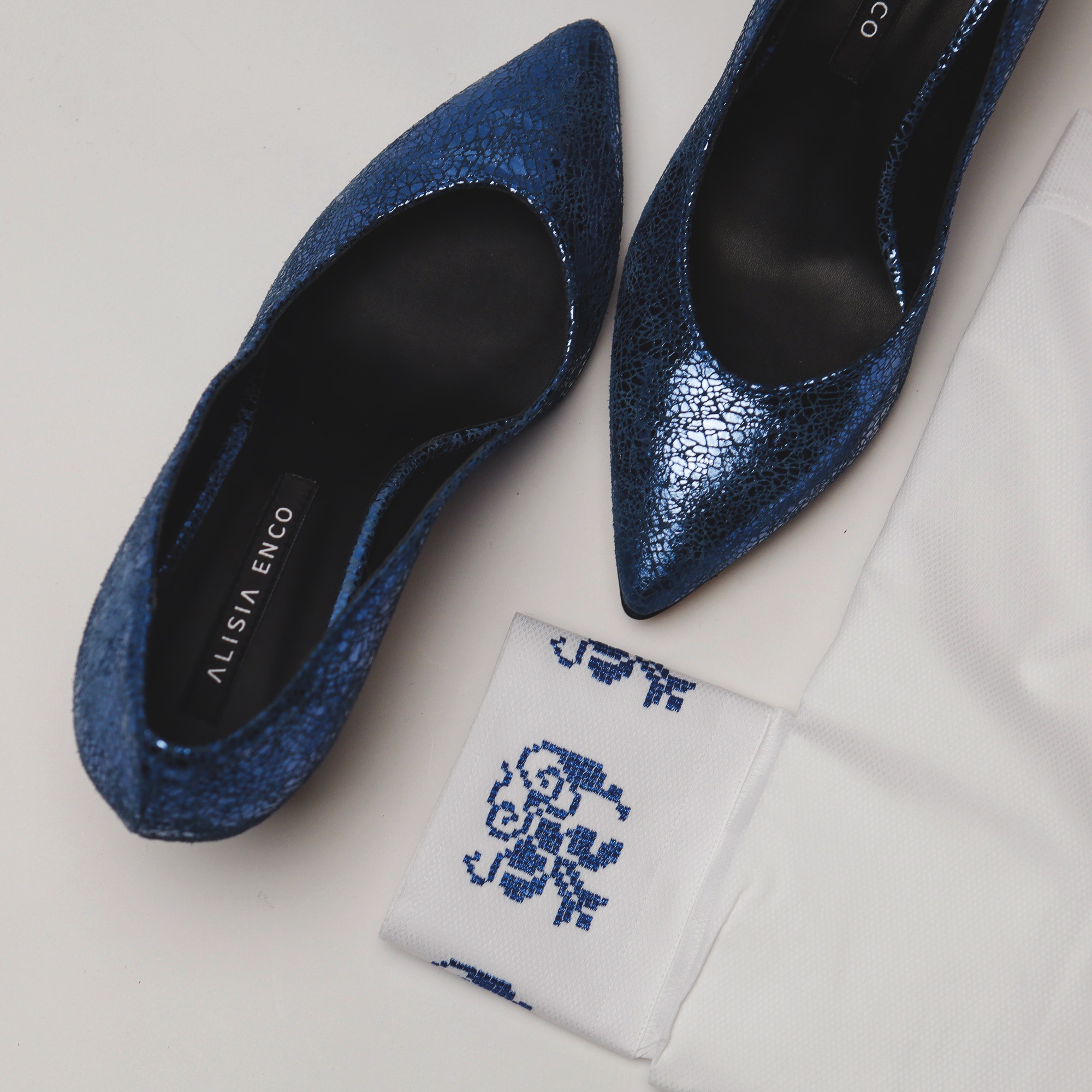
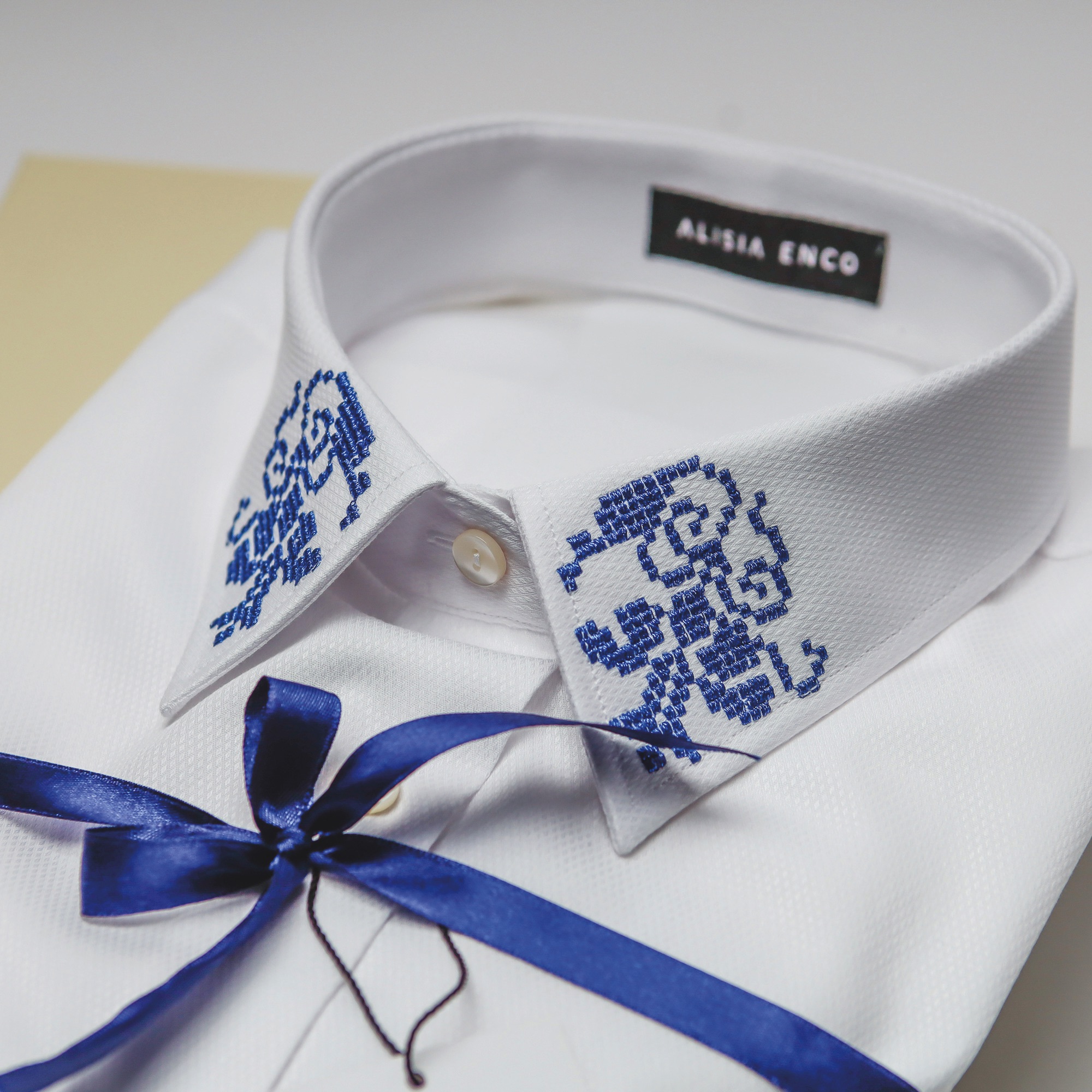
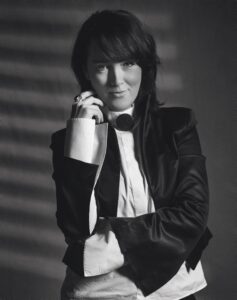 ALICE BOTNARENCO
ALICE BOTNARENCO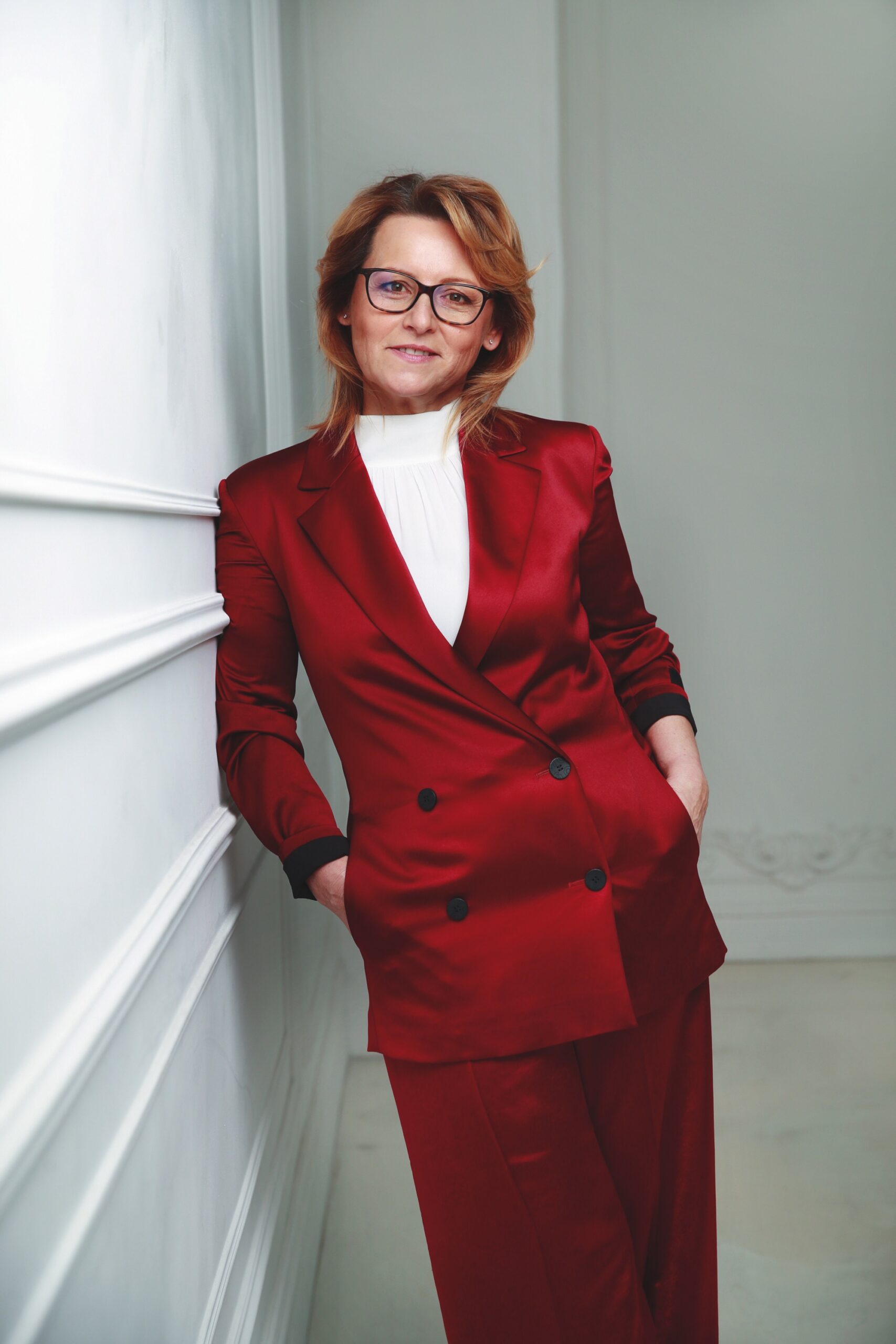
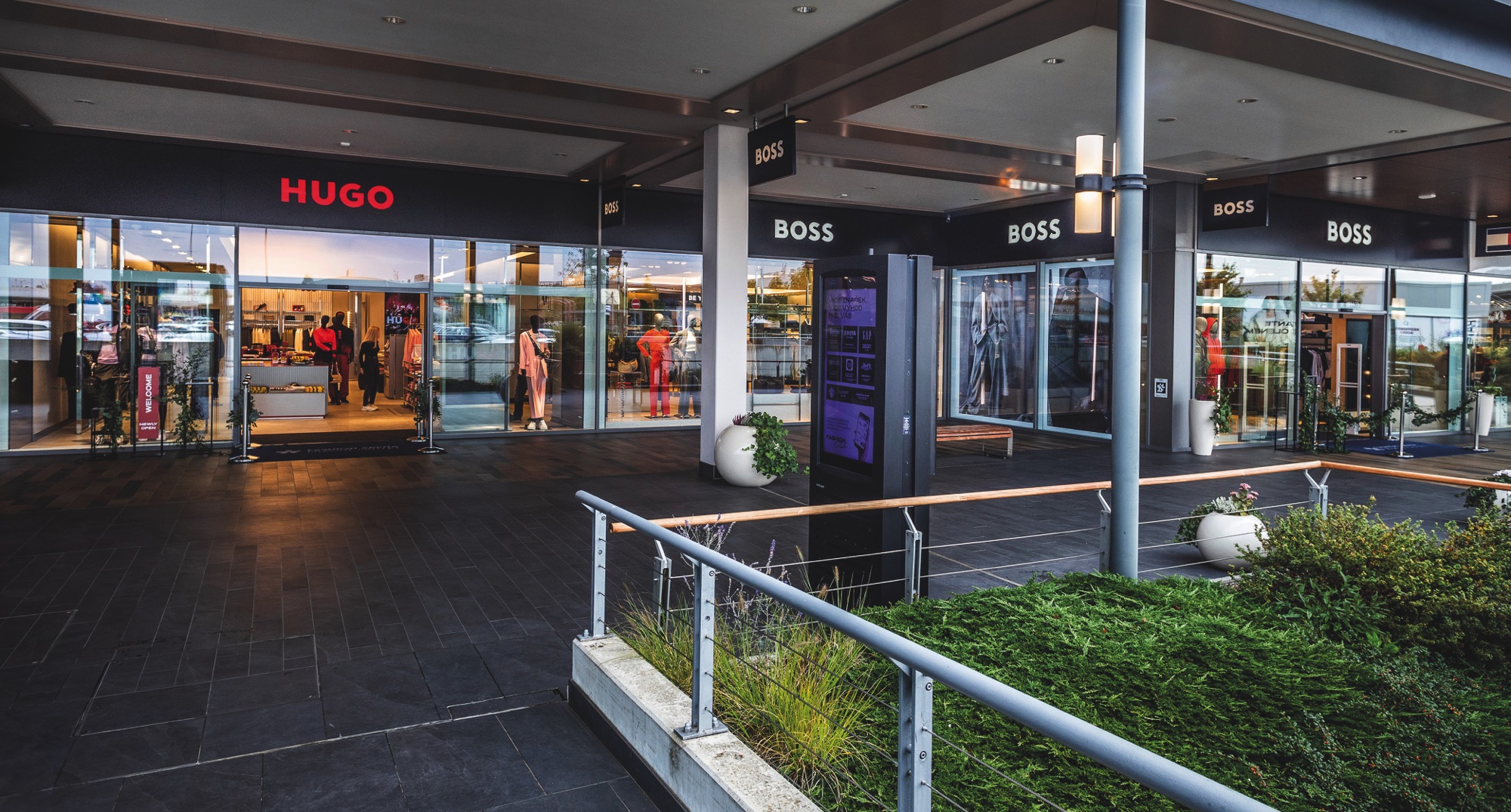
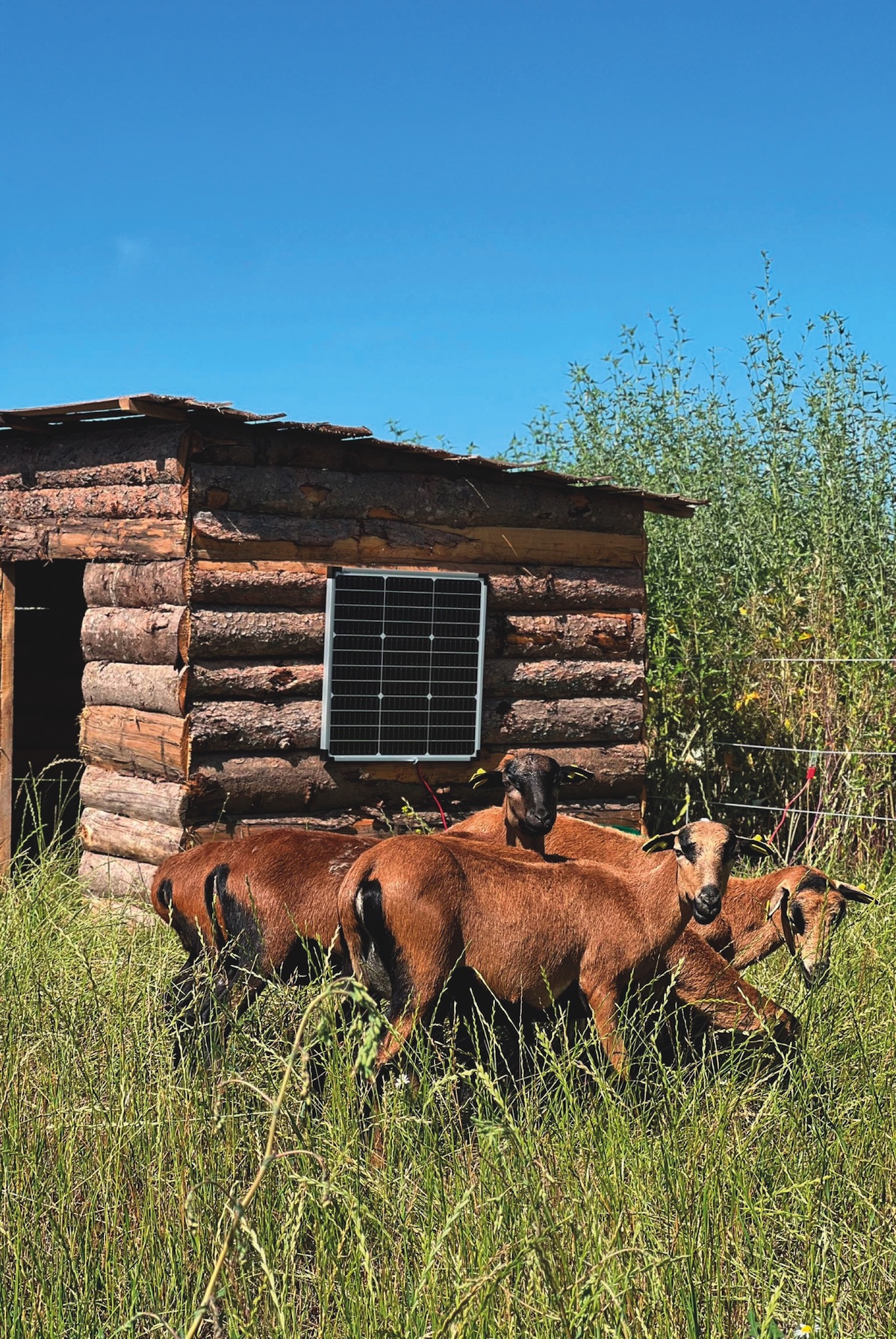
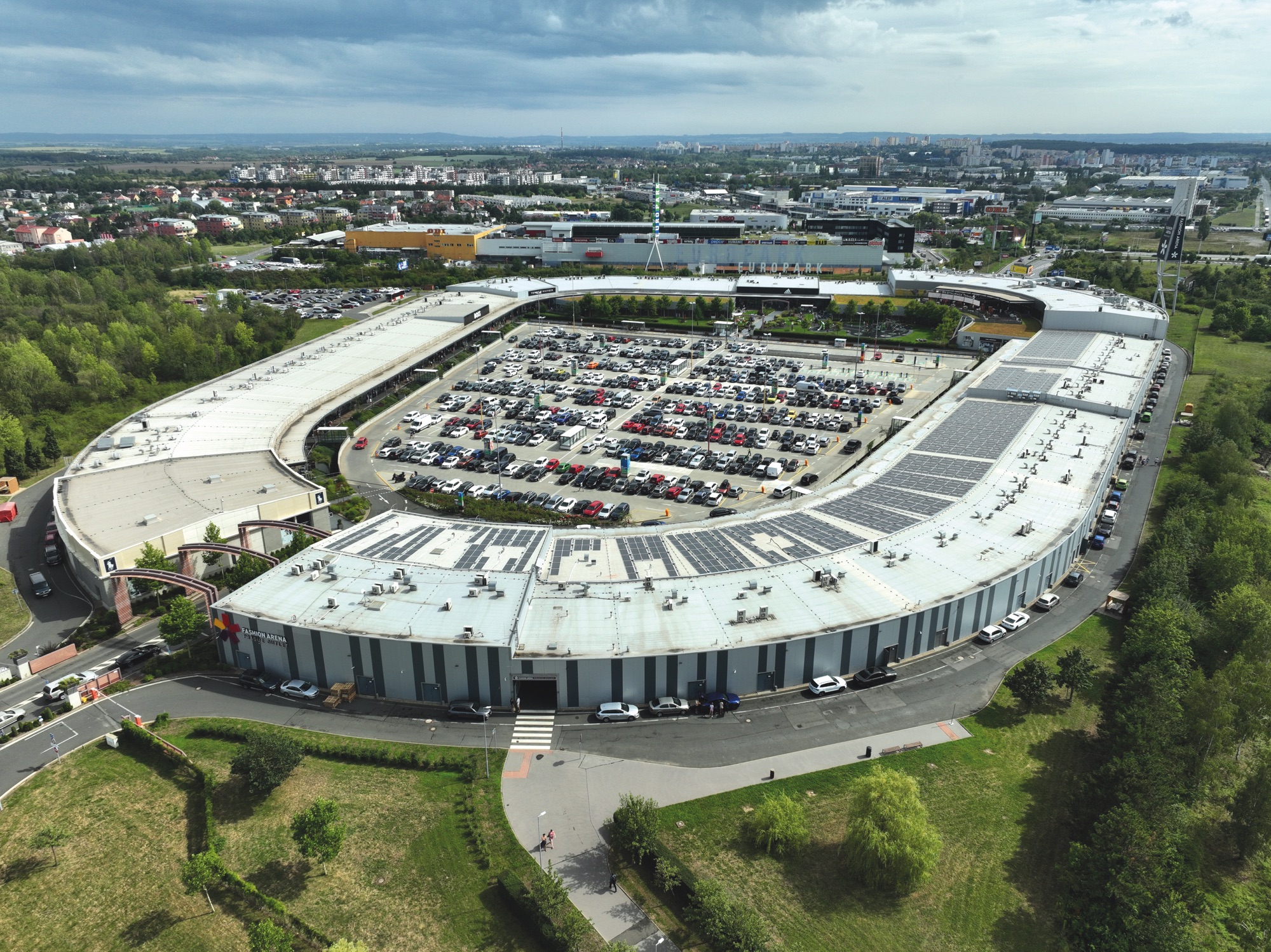








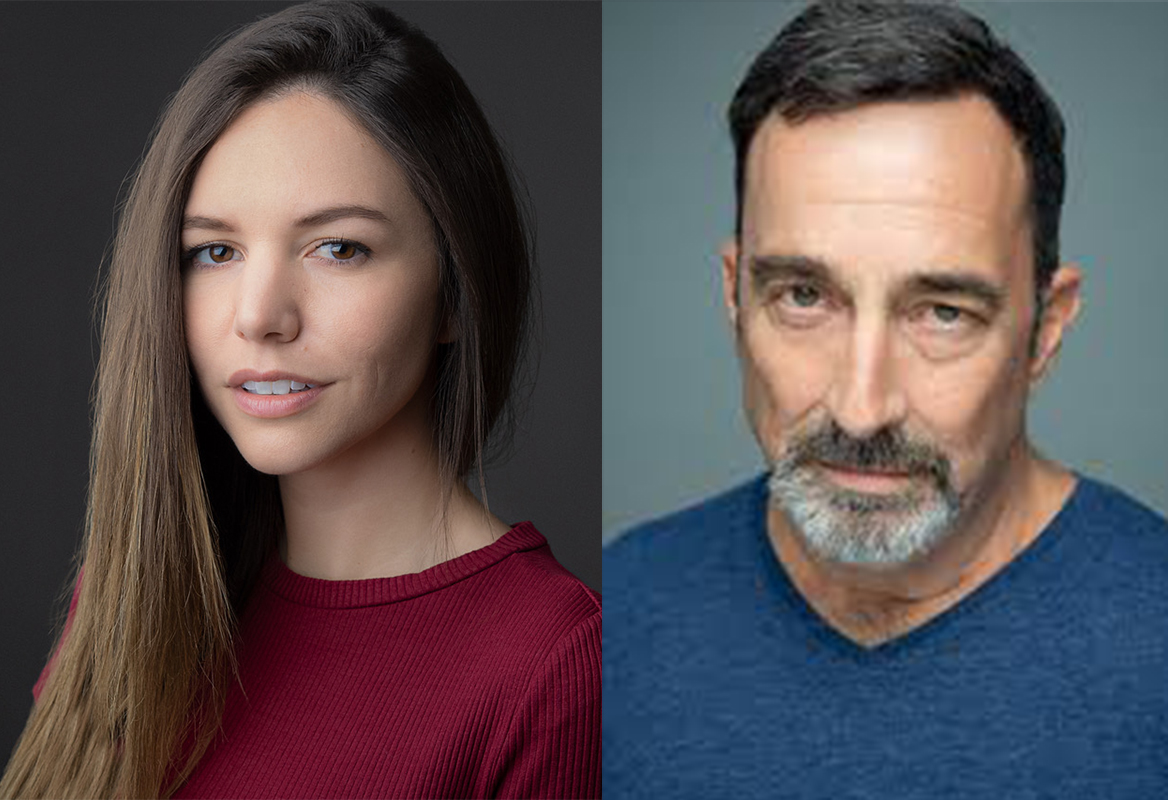
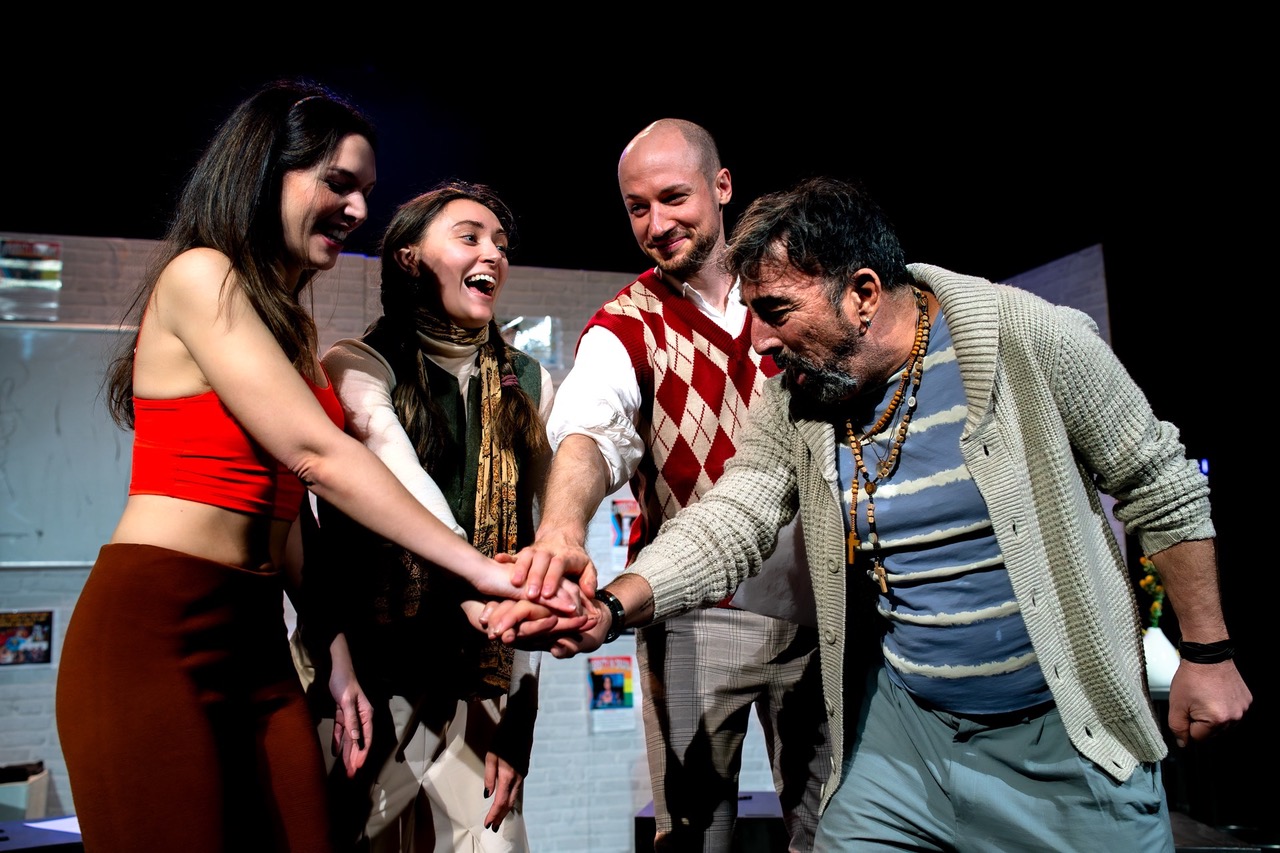
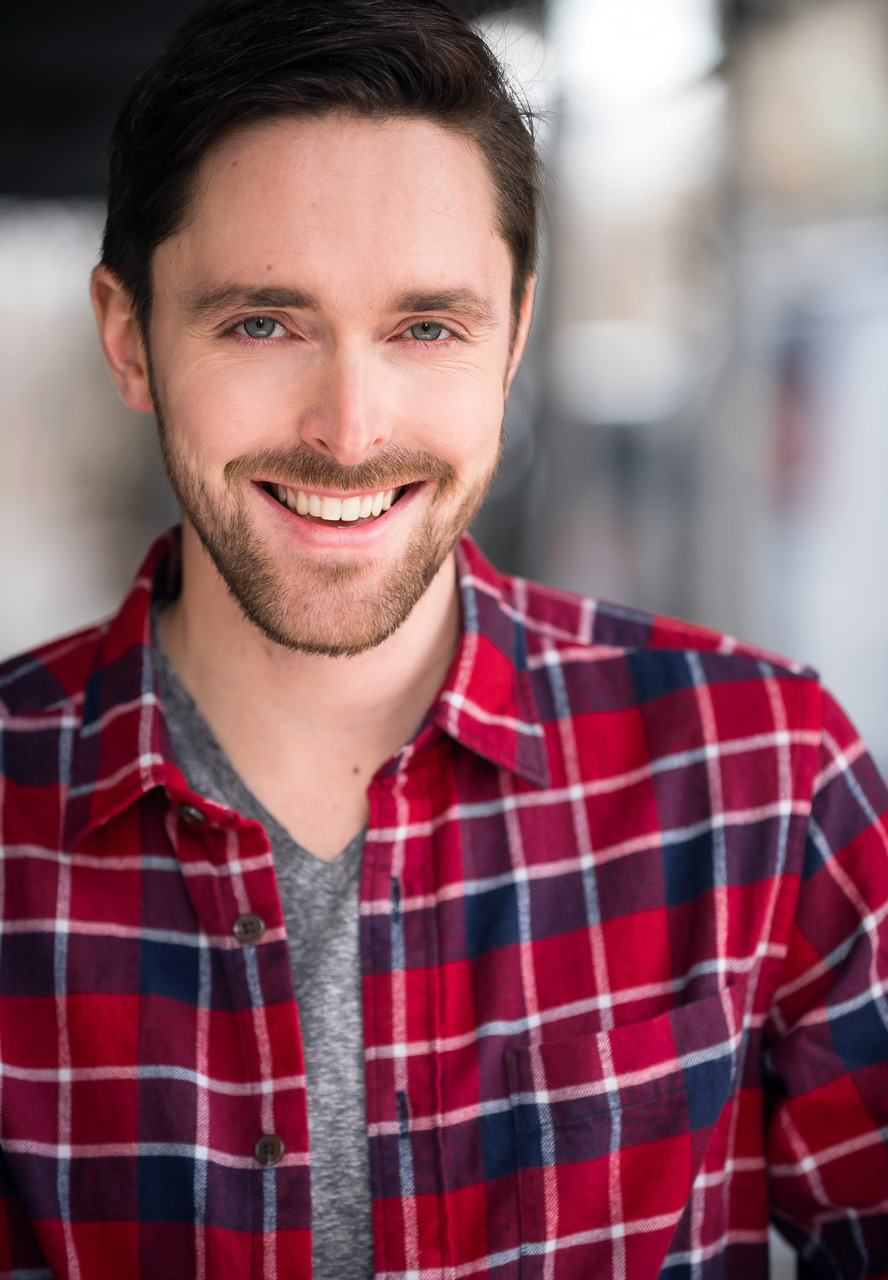
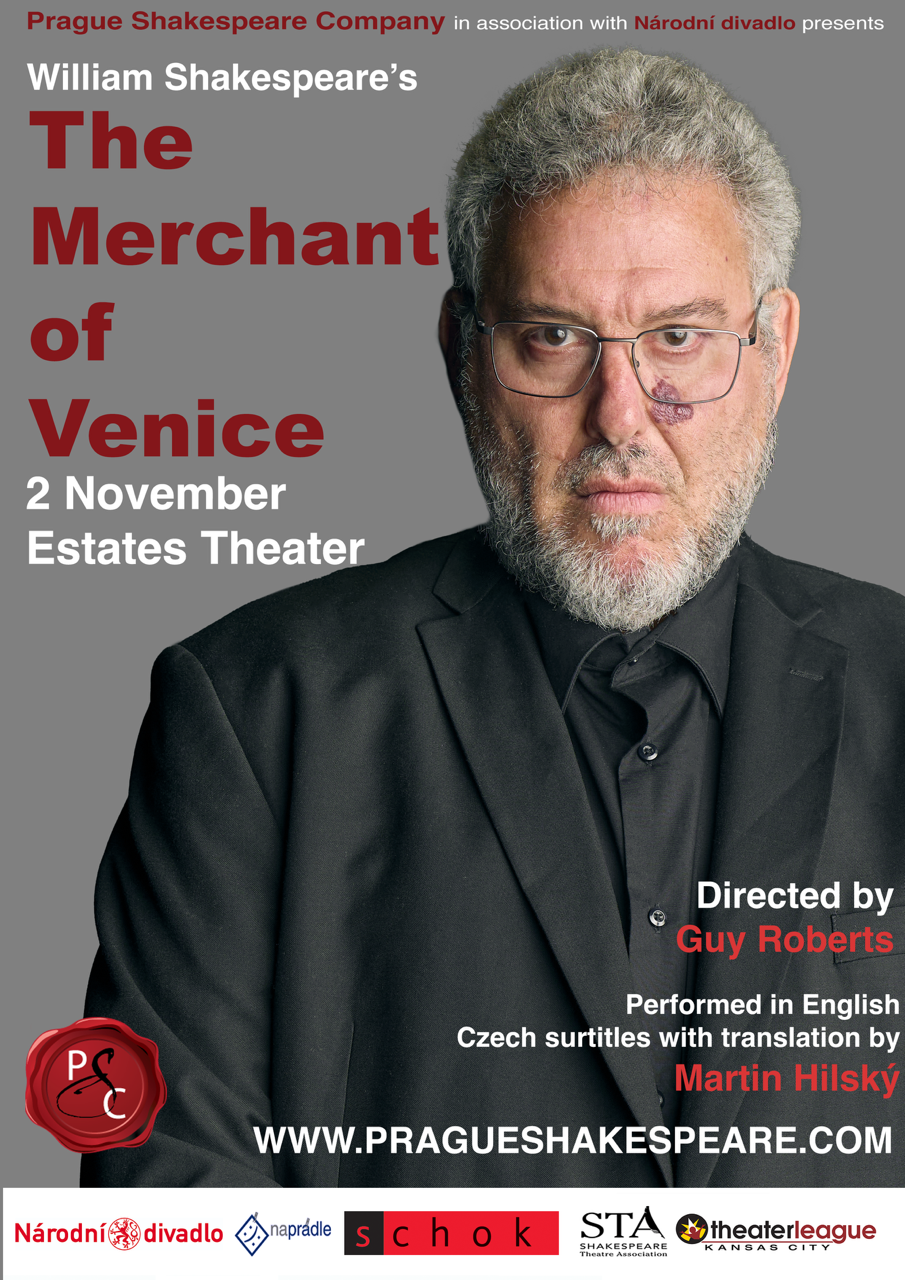
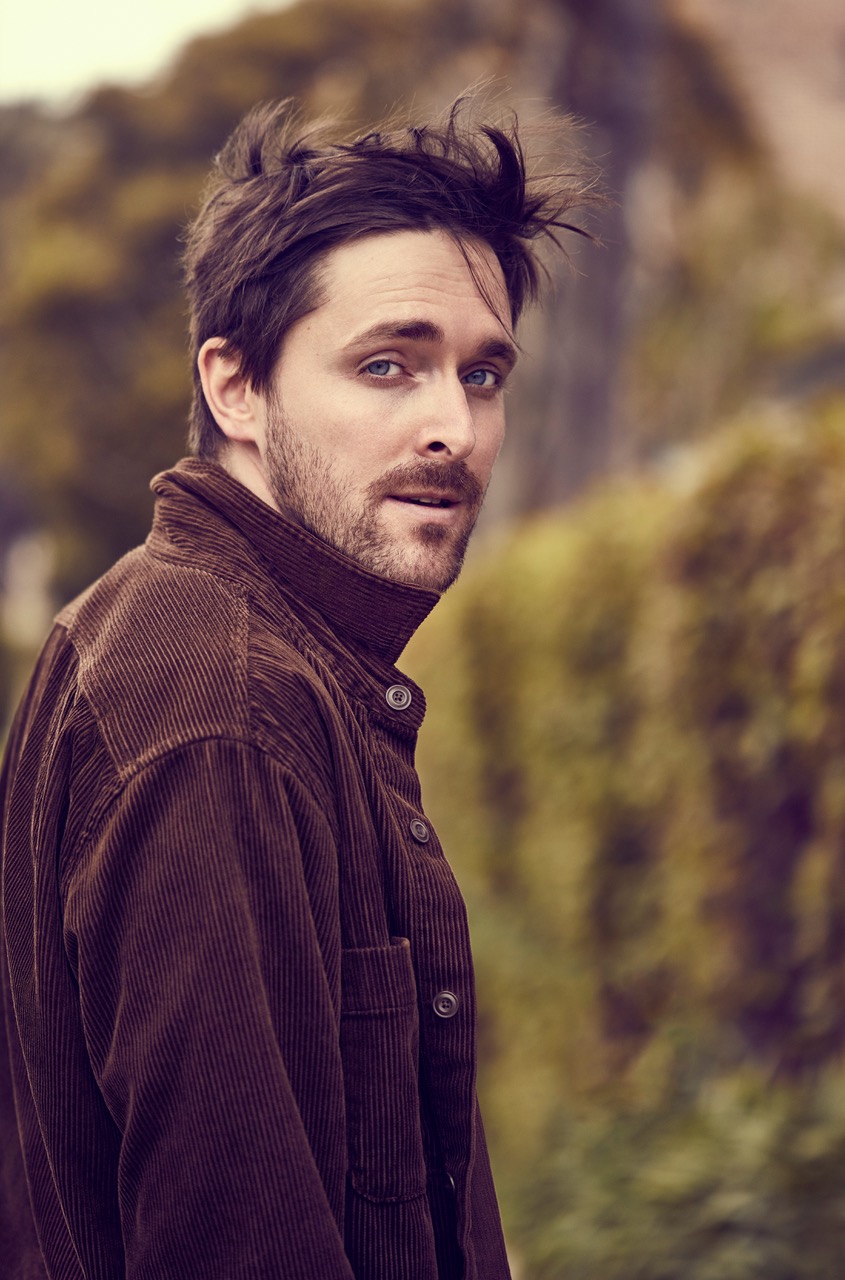










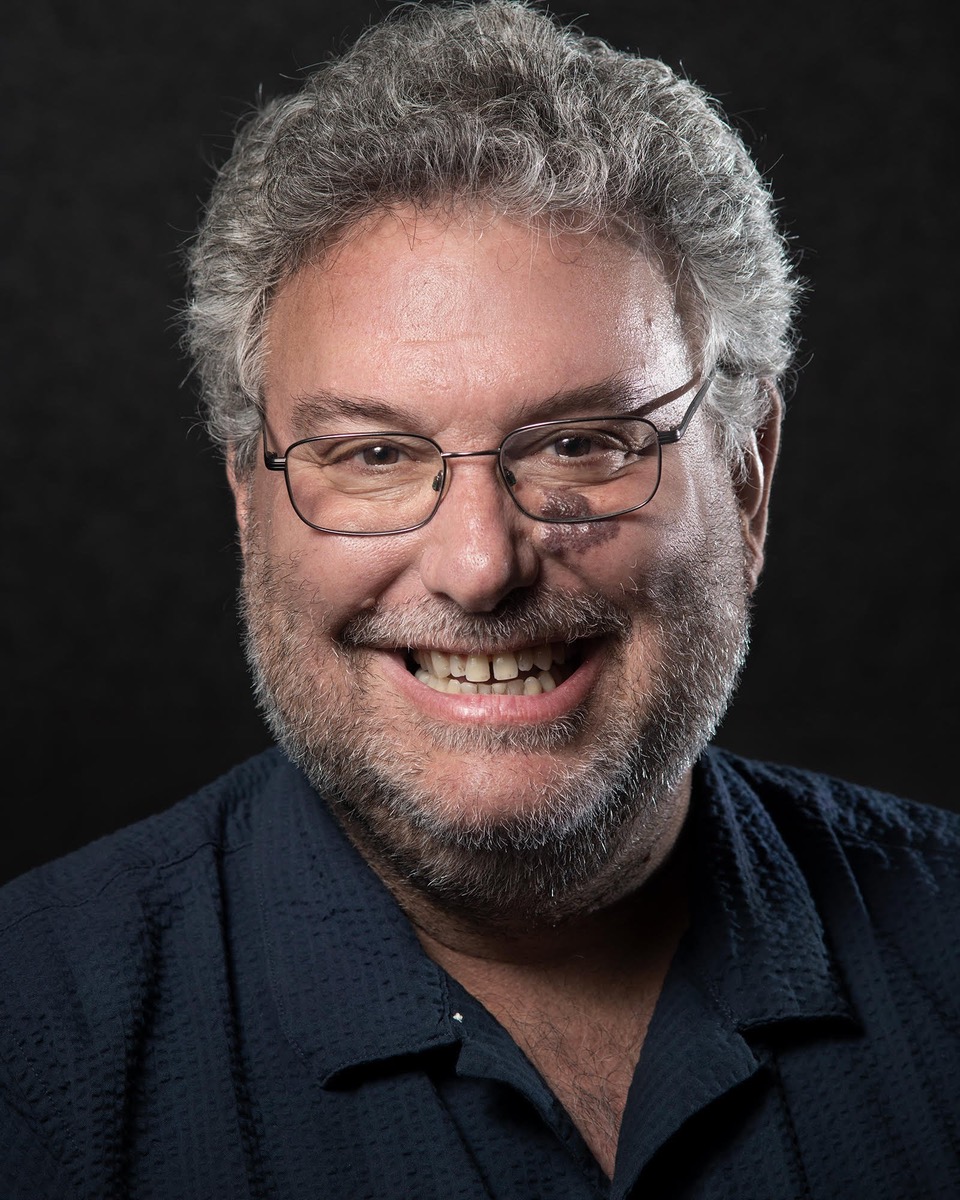
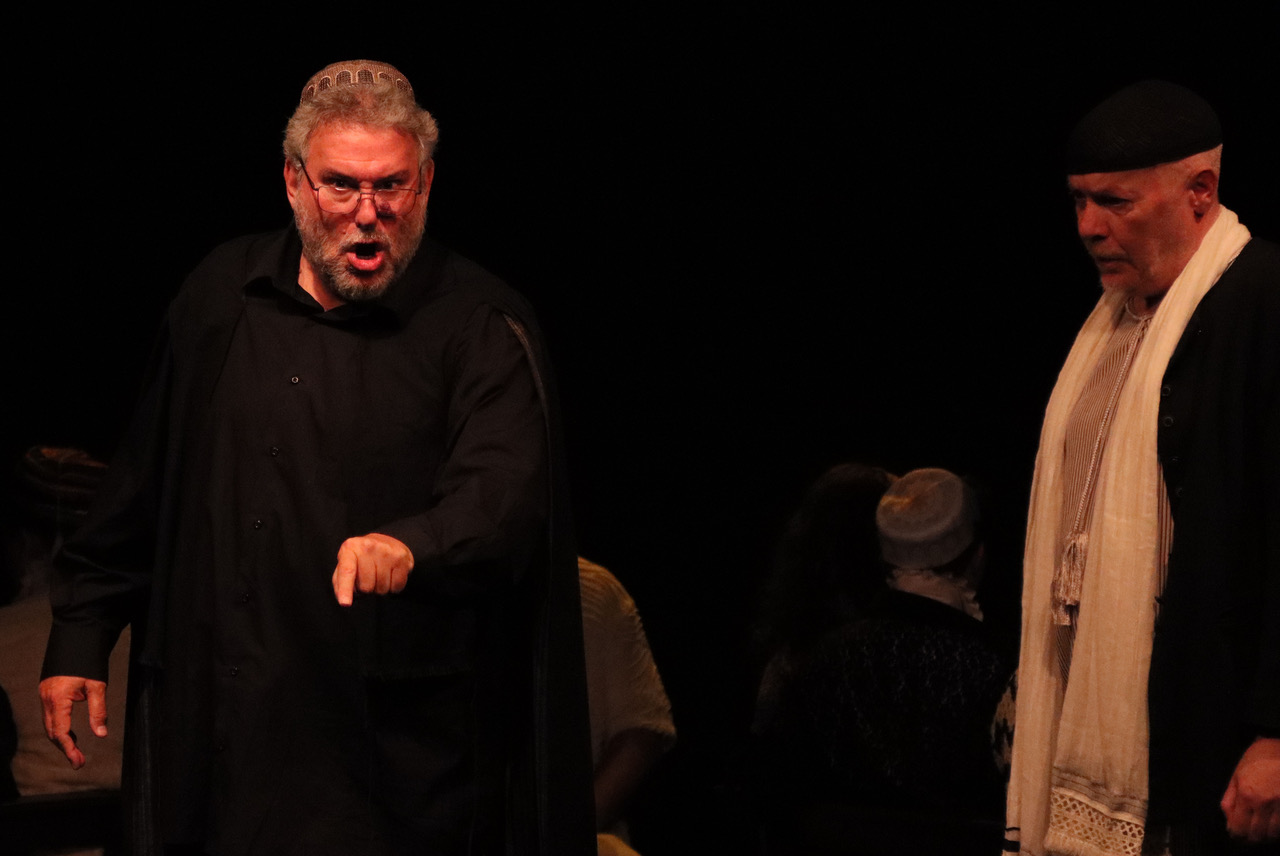
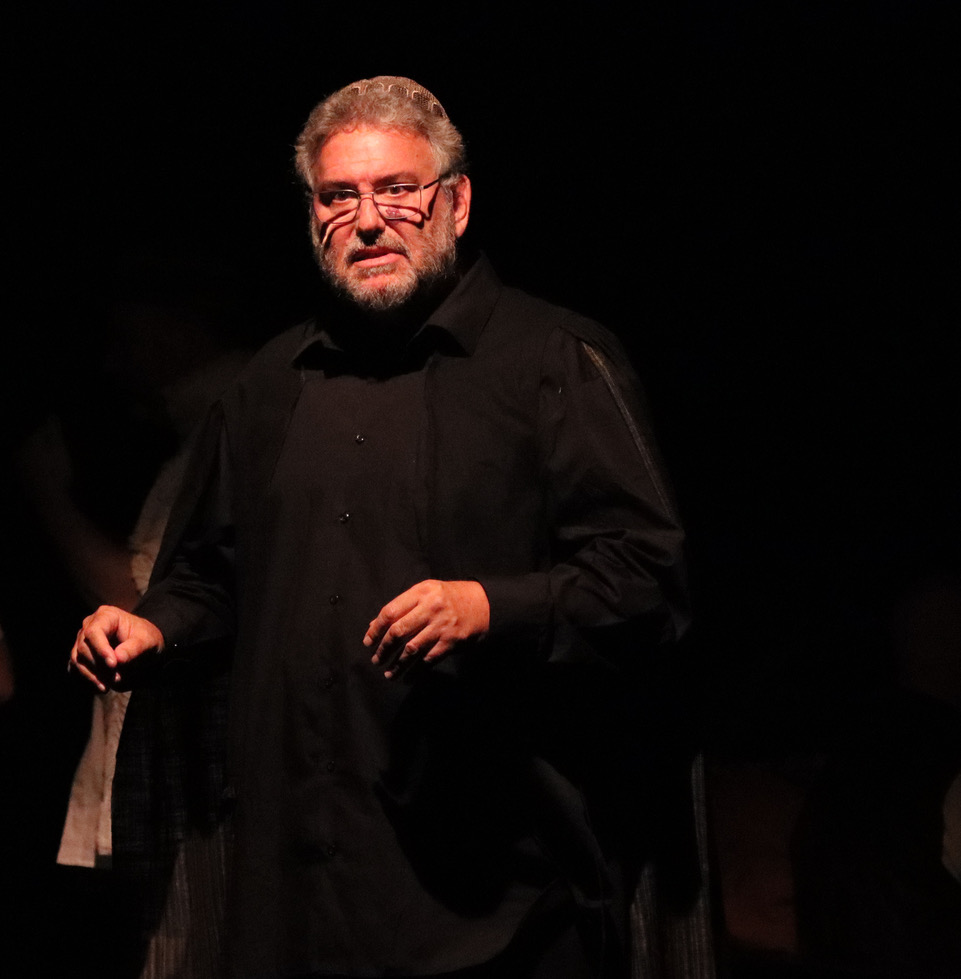
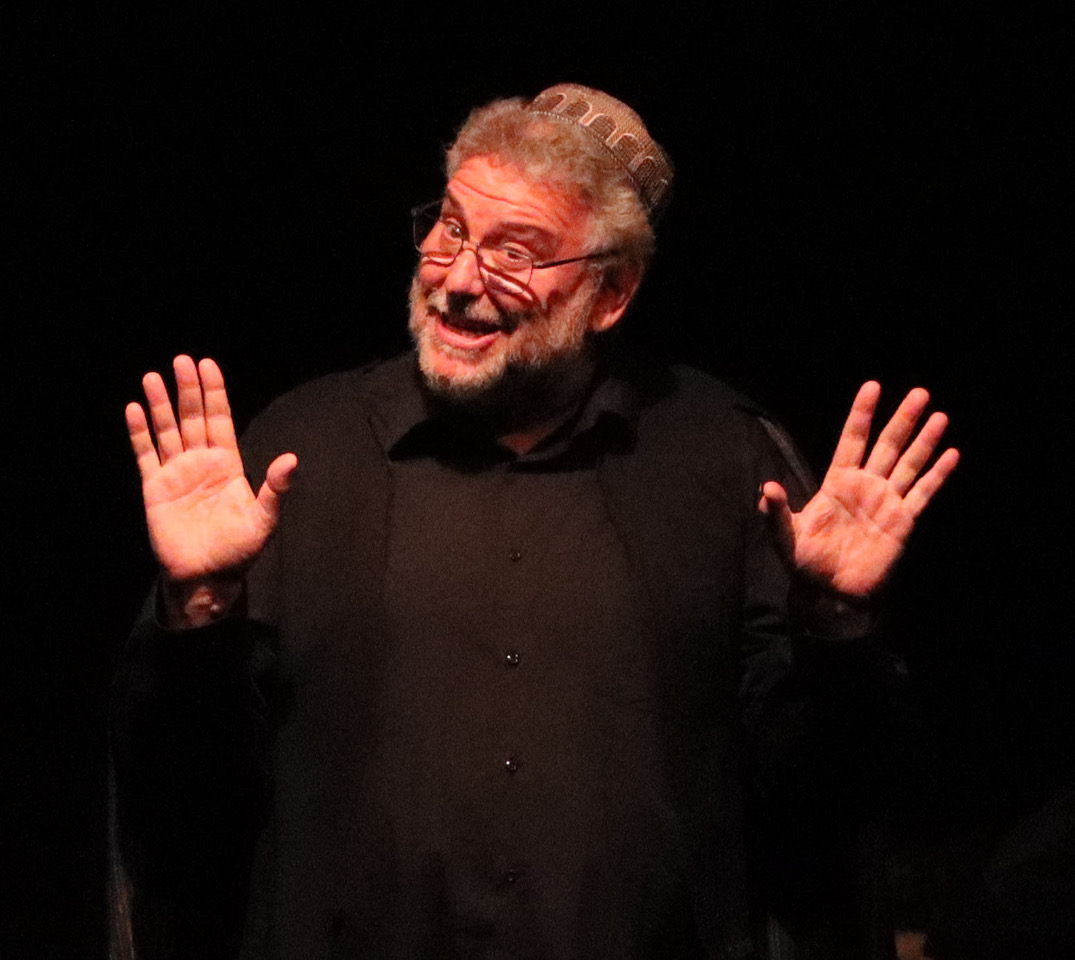






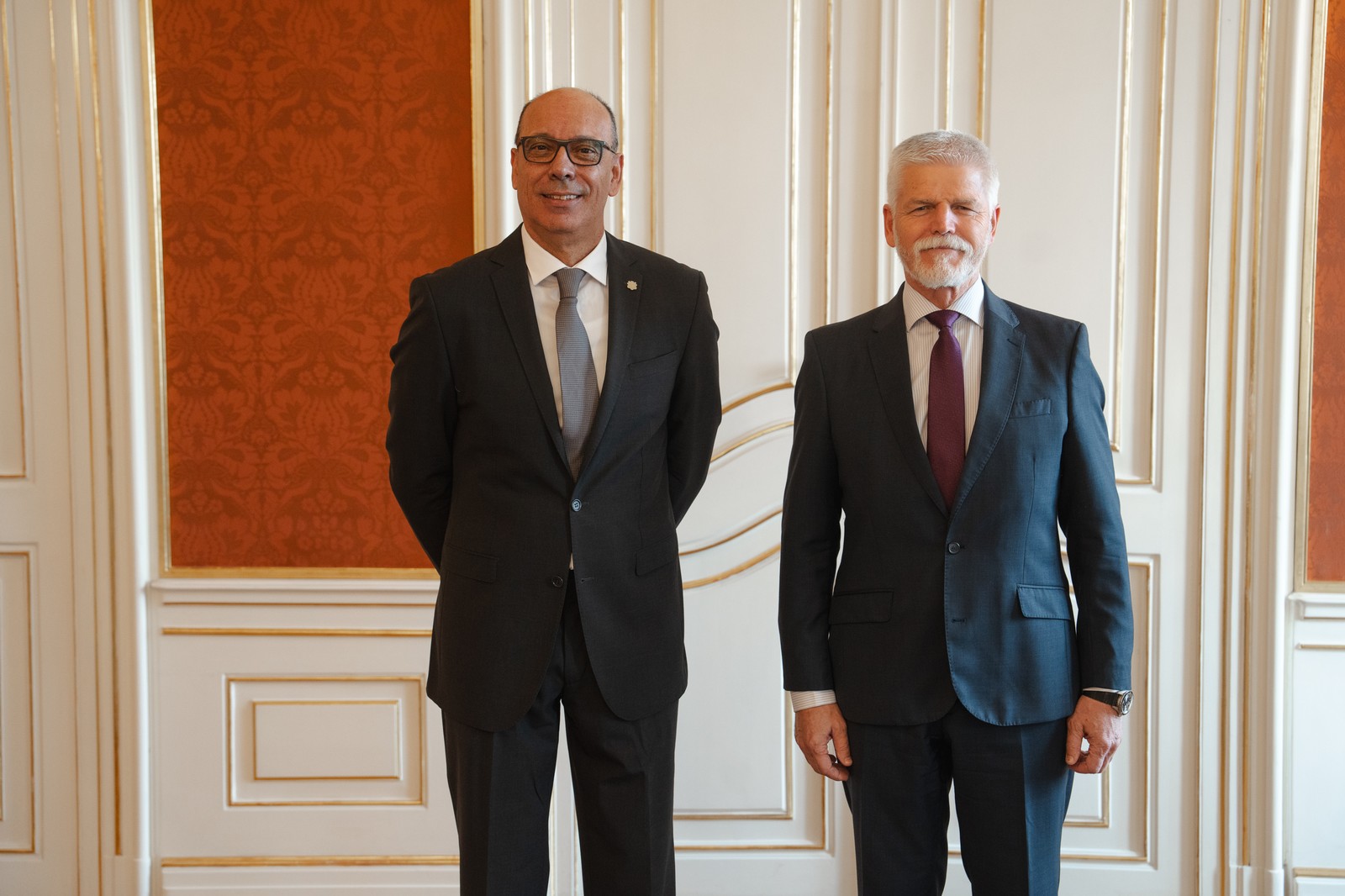
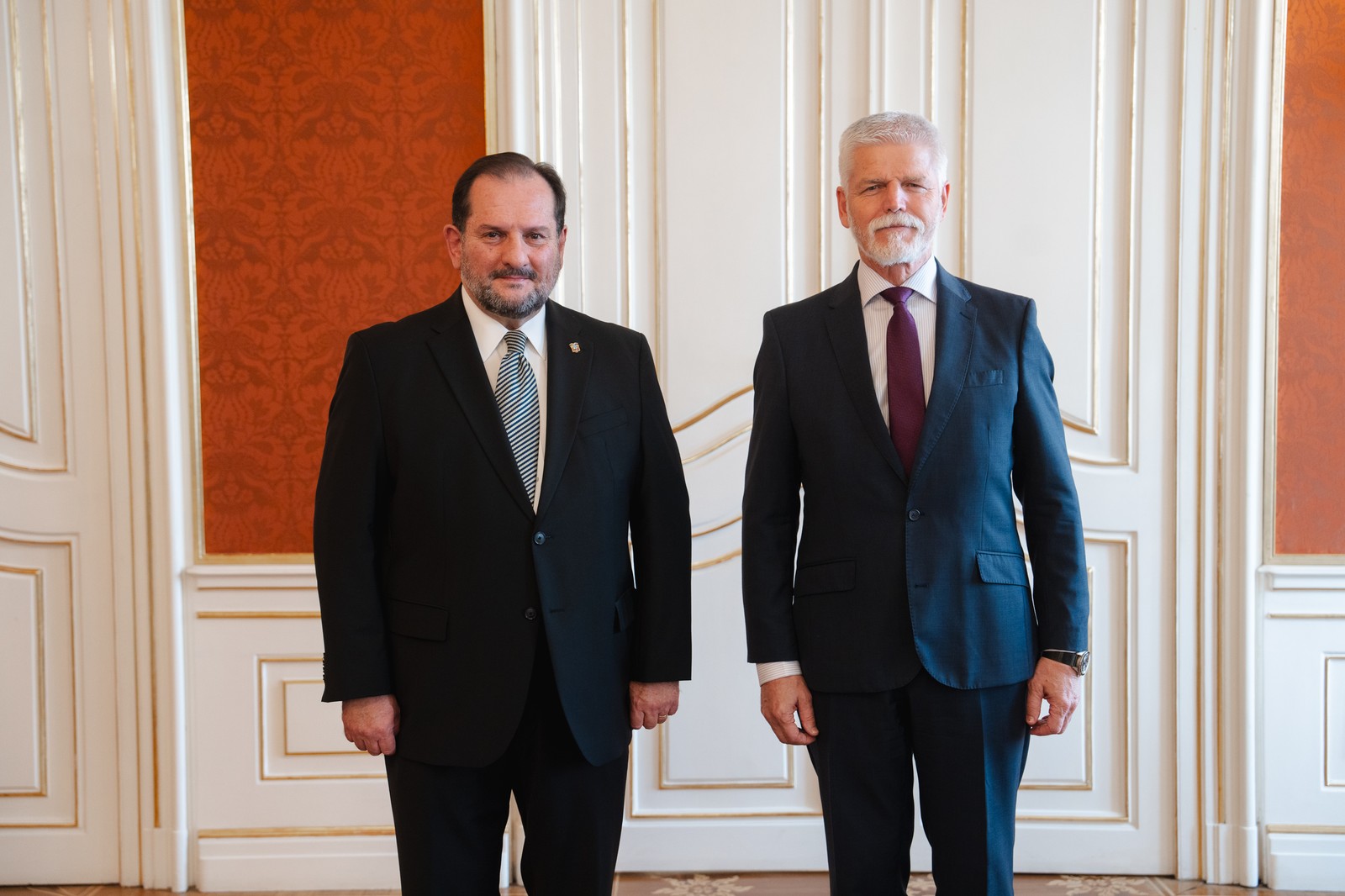
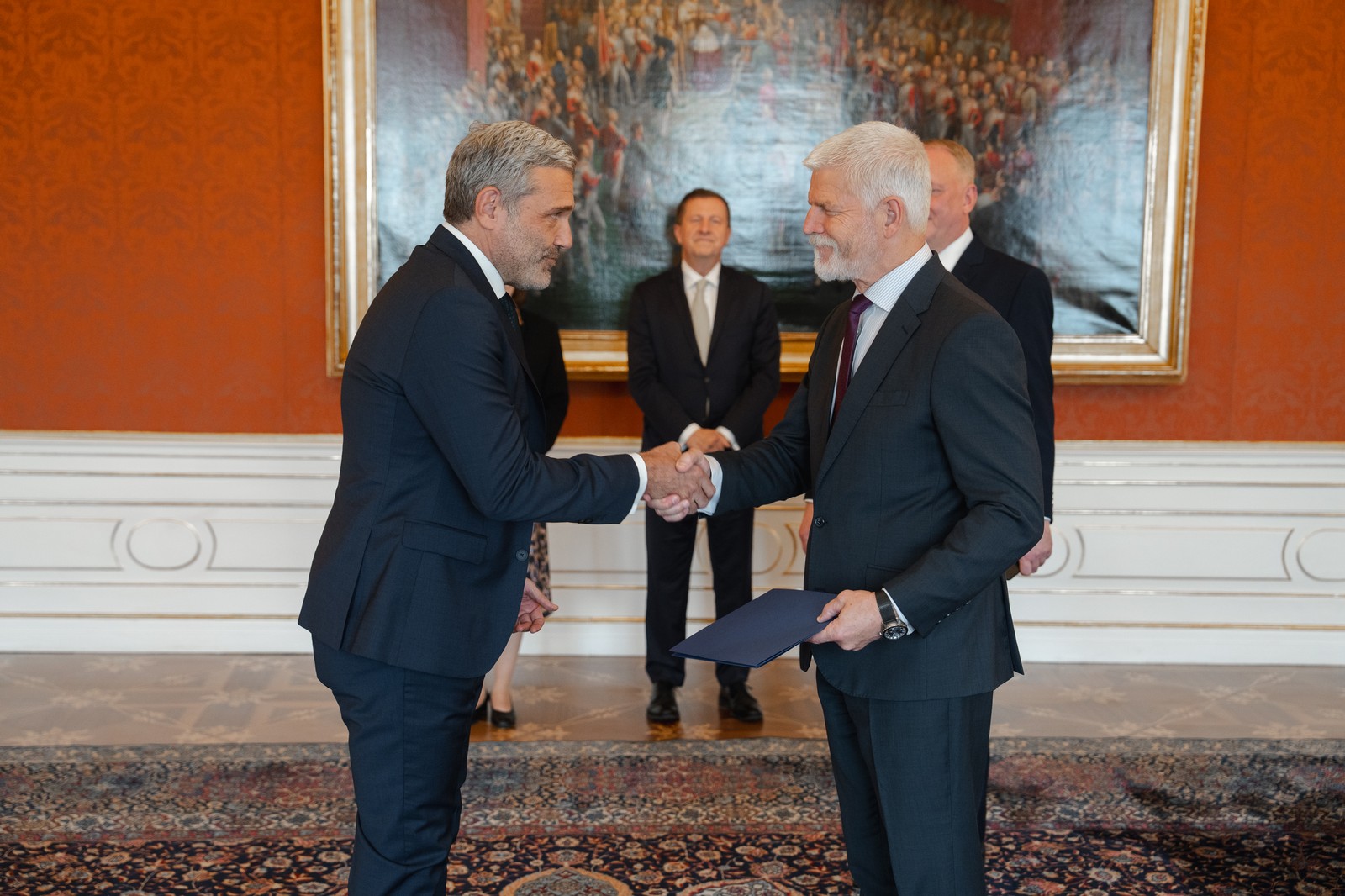
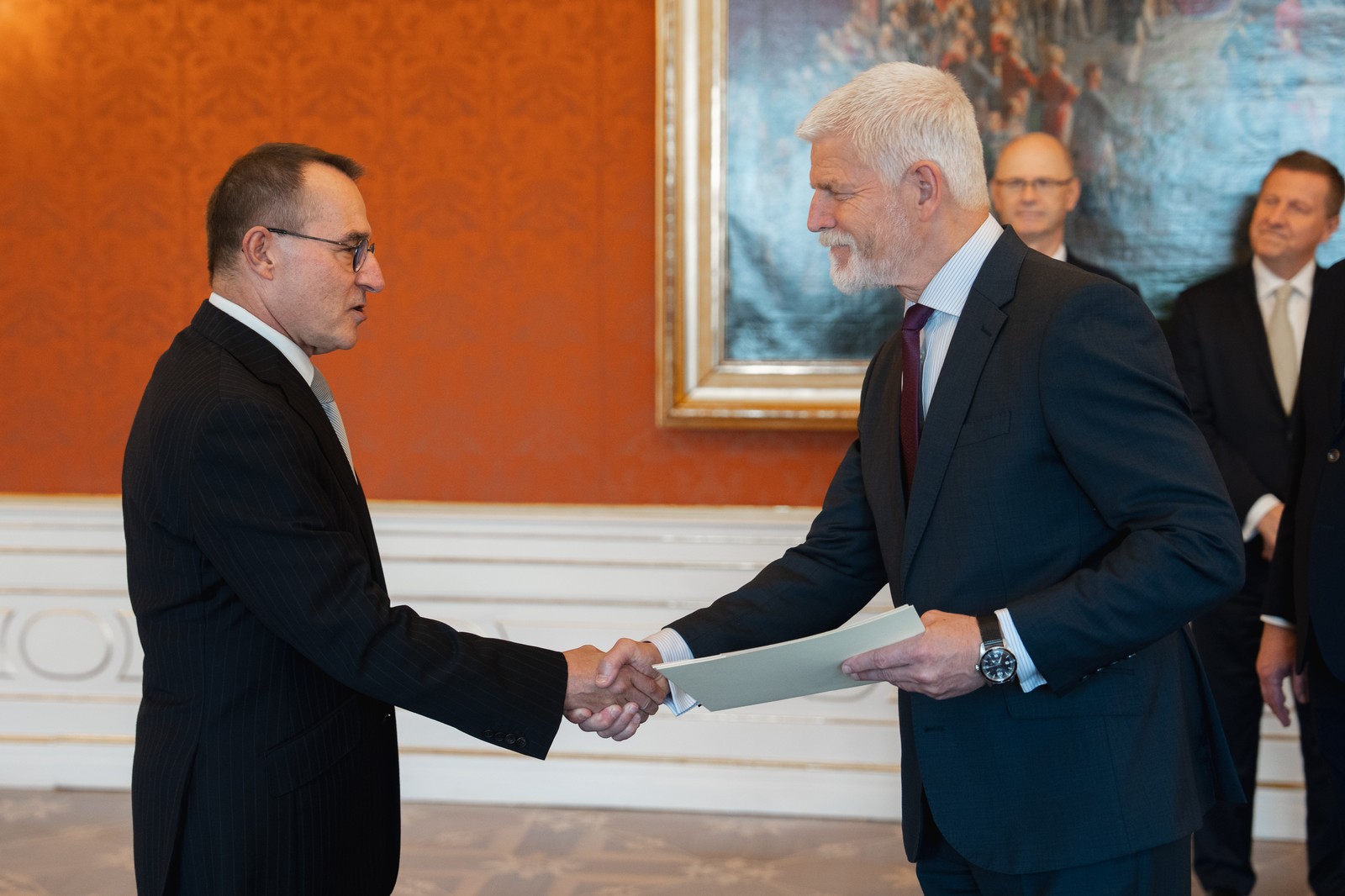
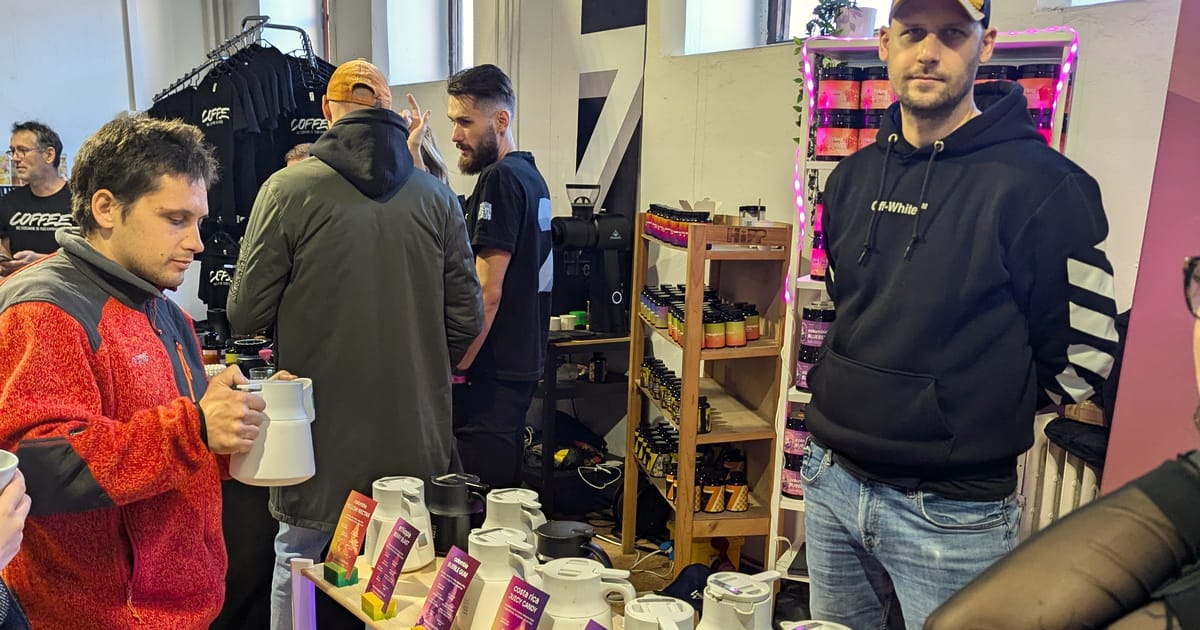
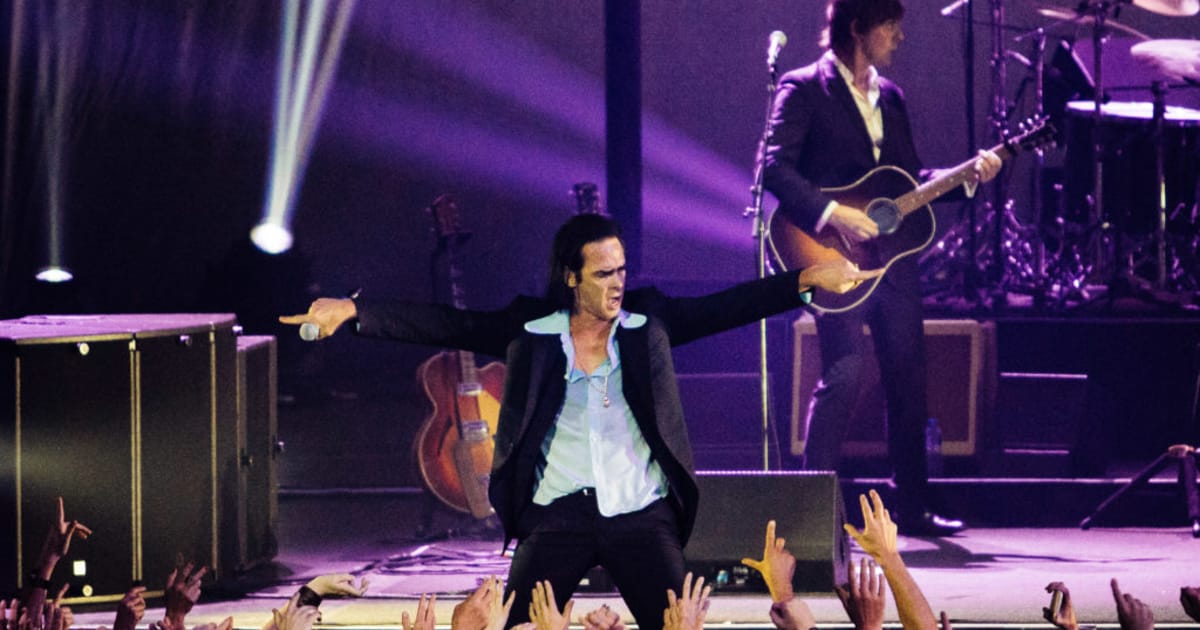
















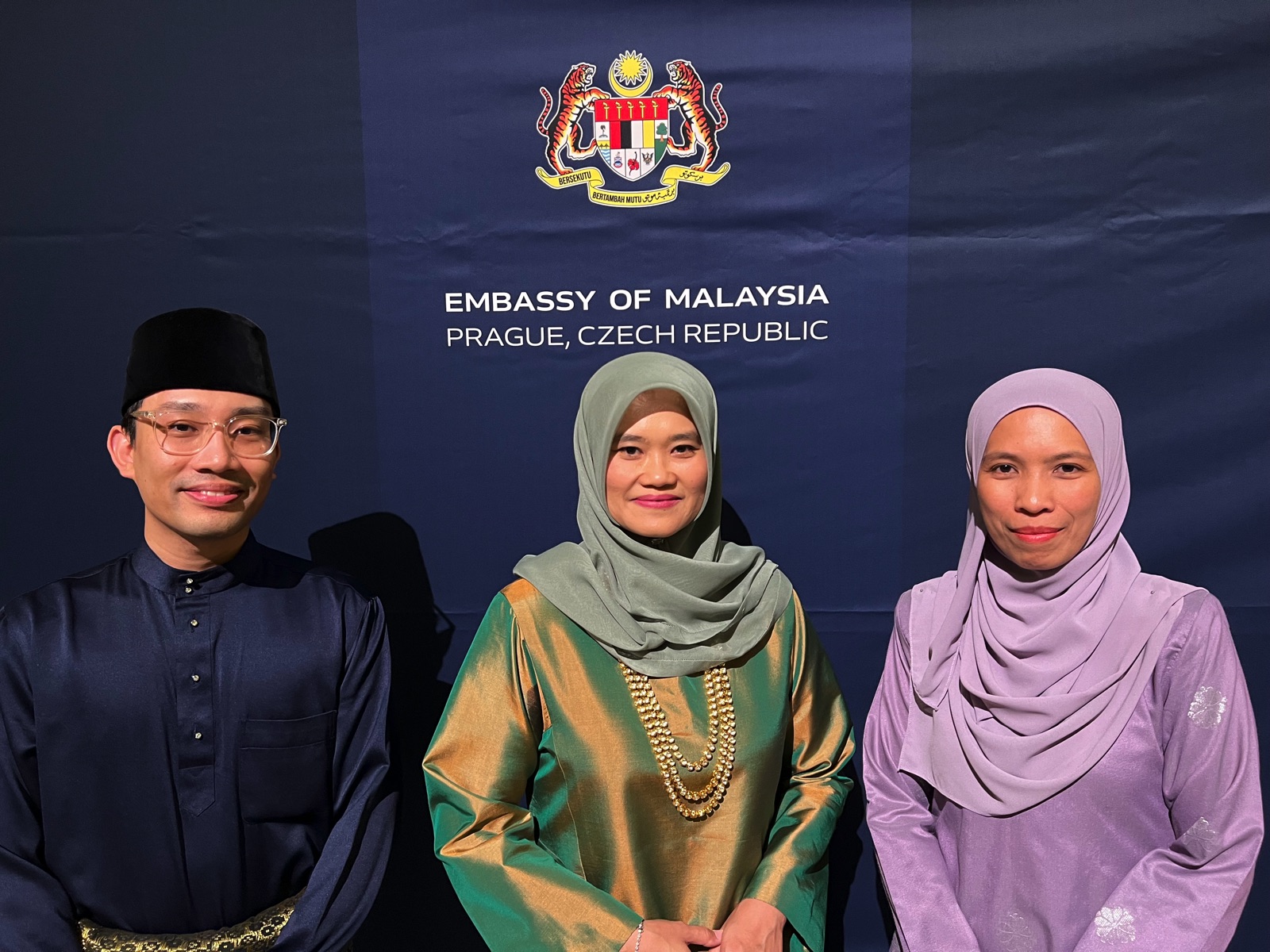
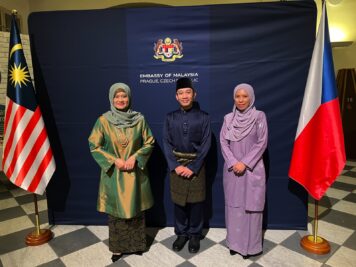
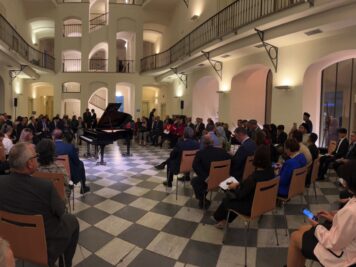
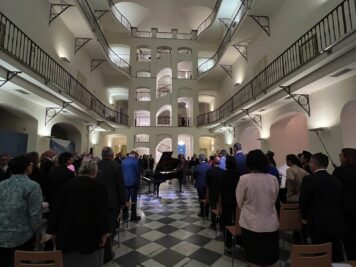
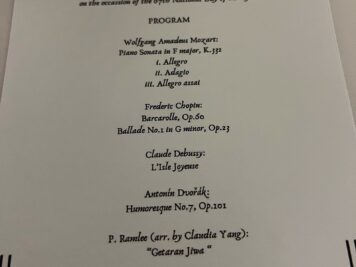
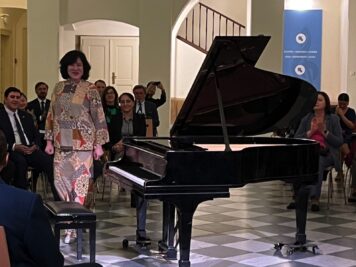
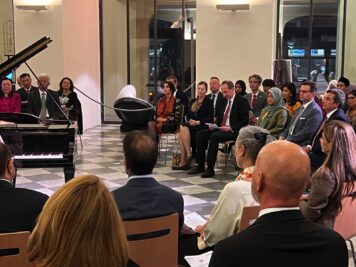
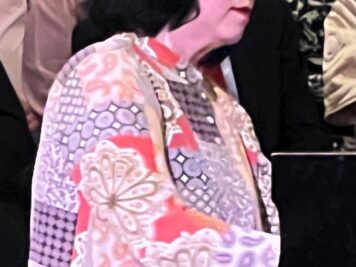
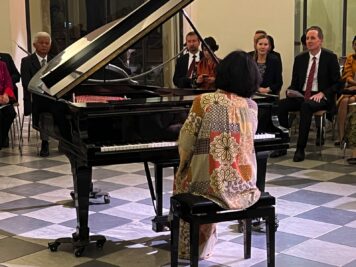
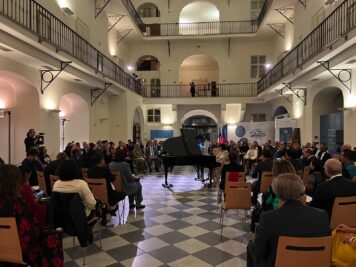
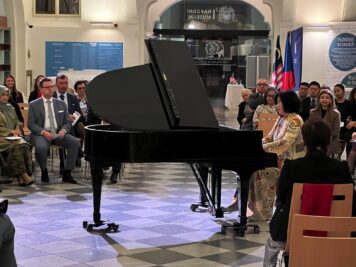
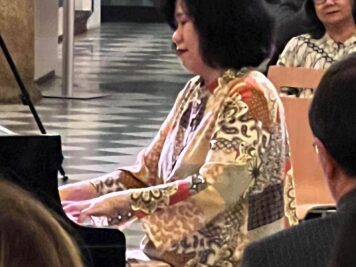
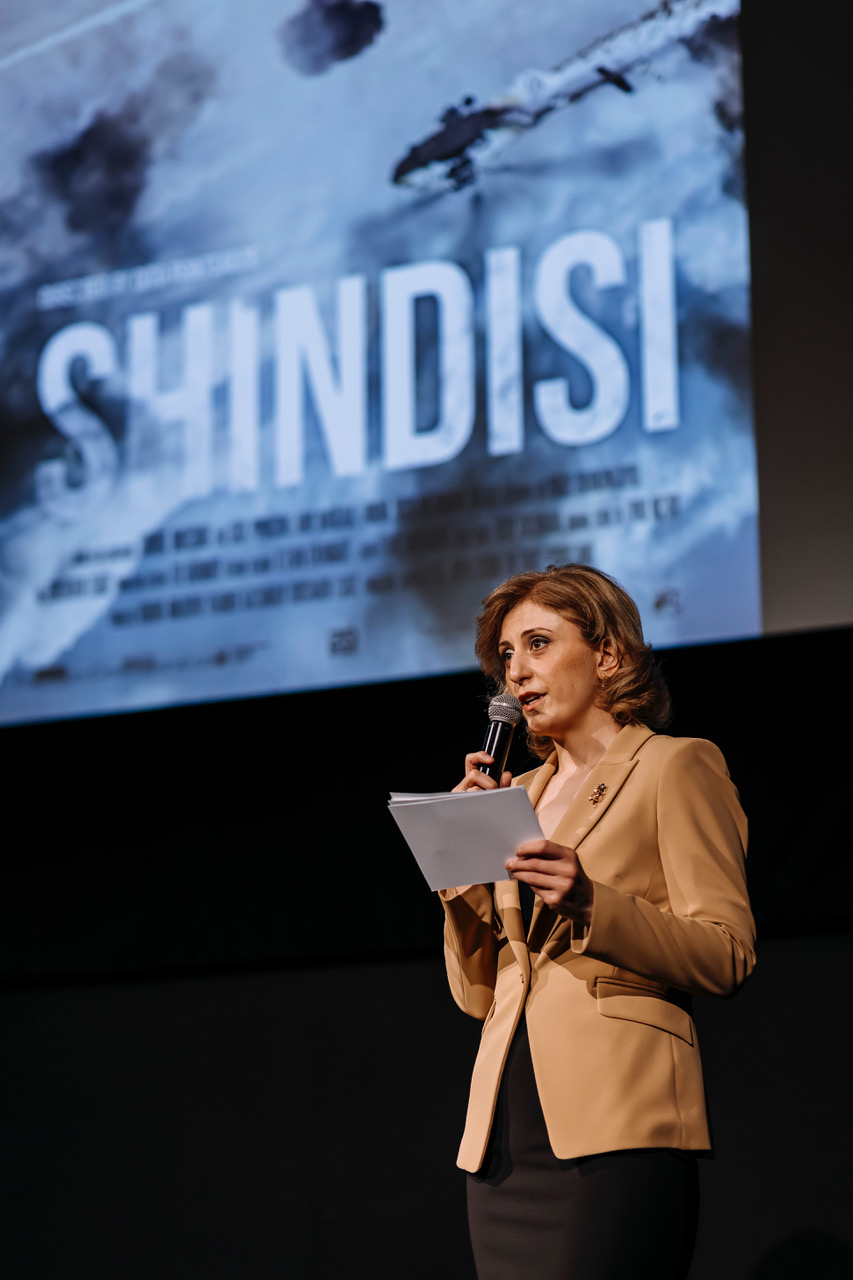
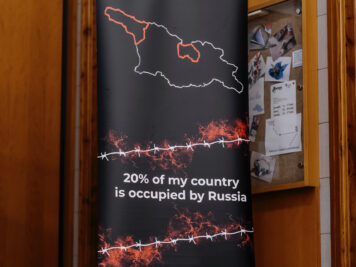
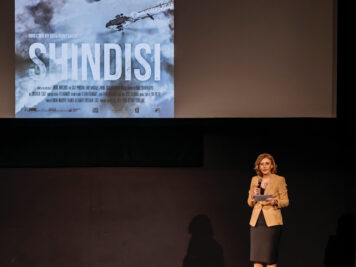
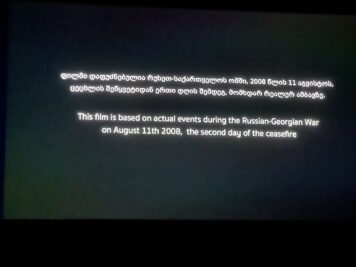
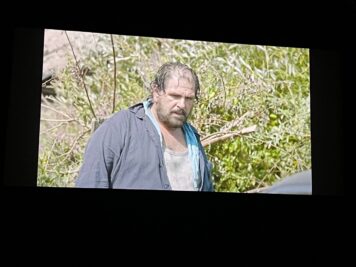
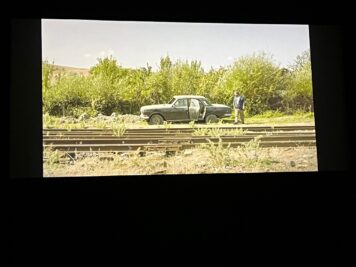
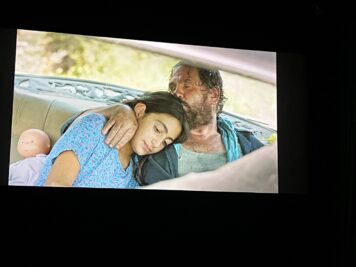
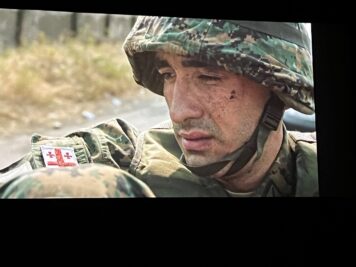
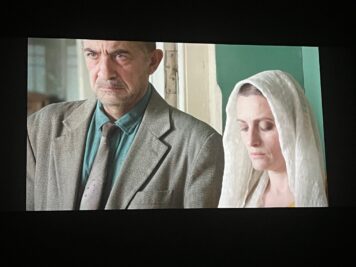
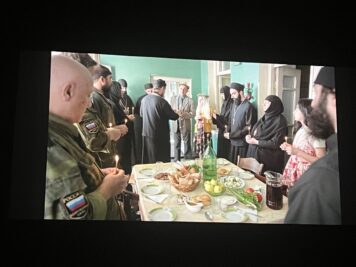



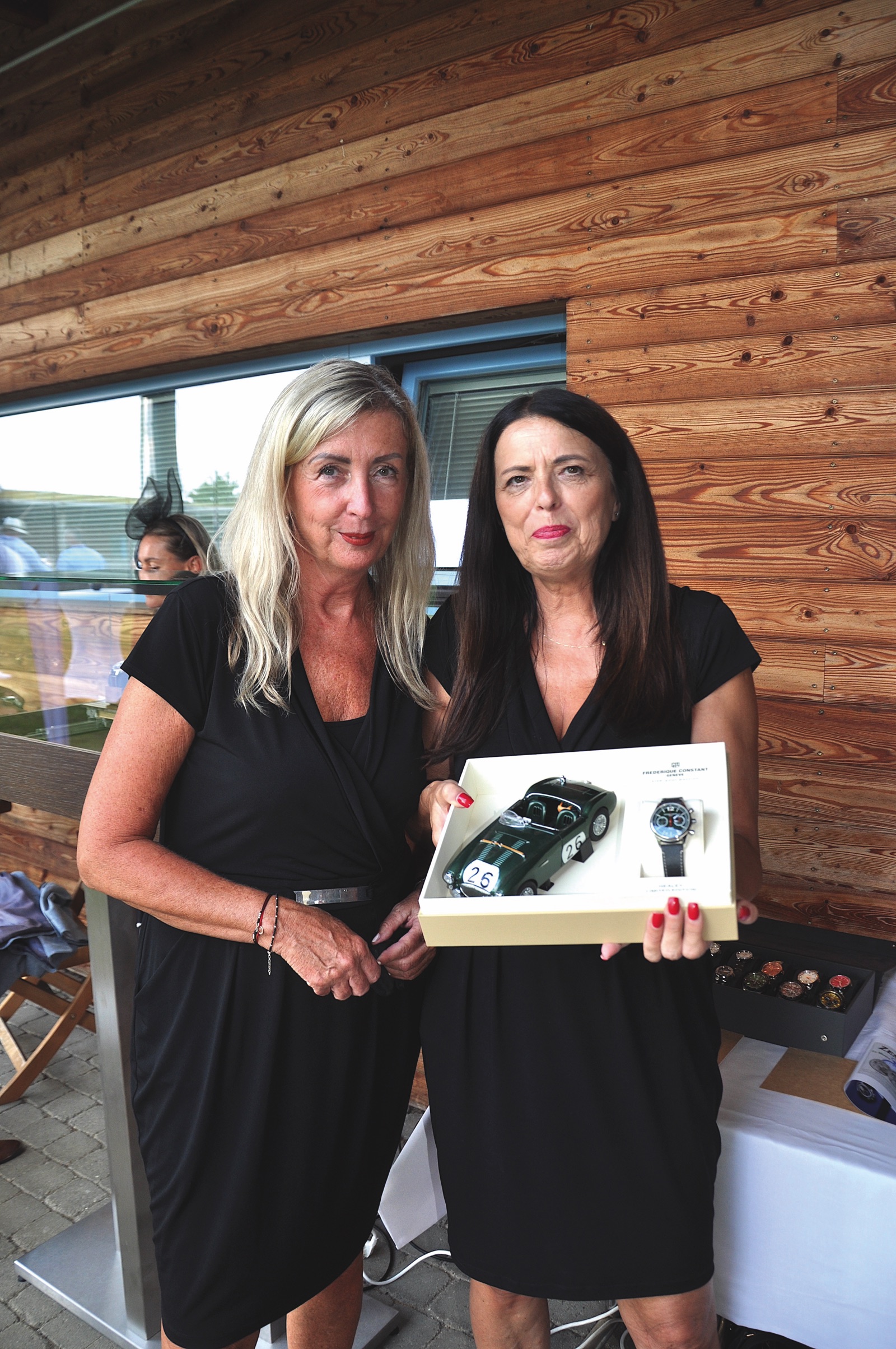



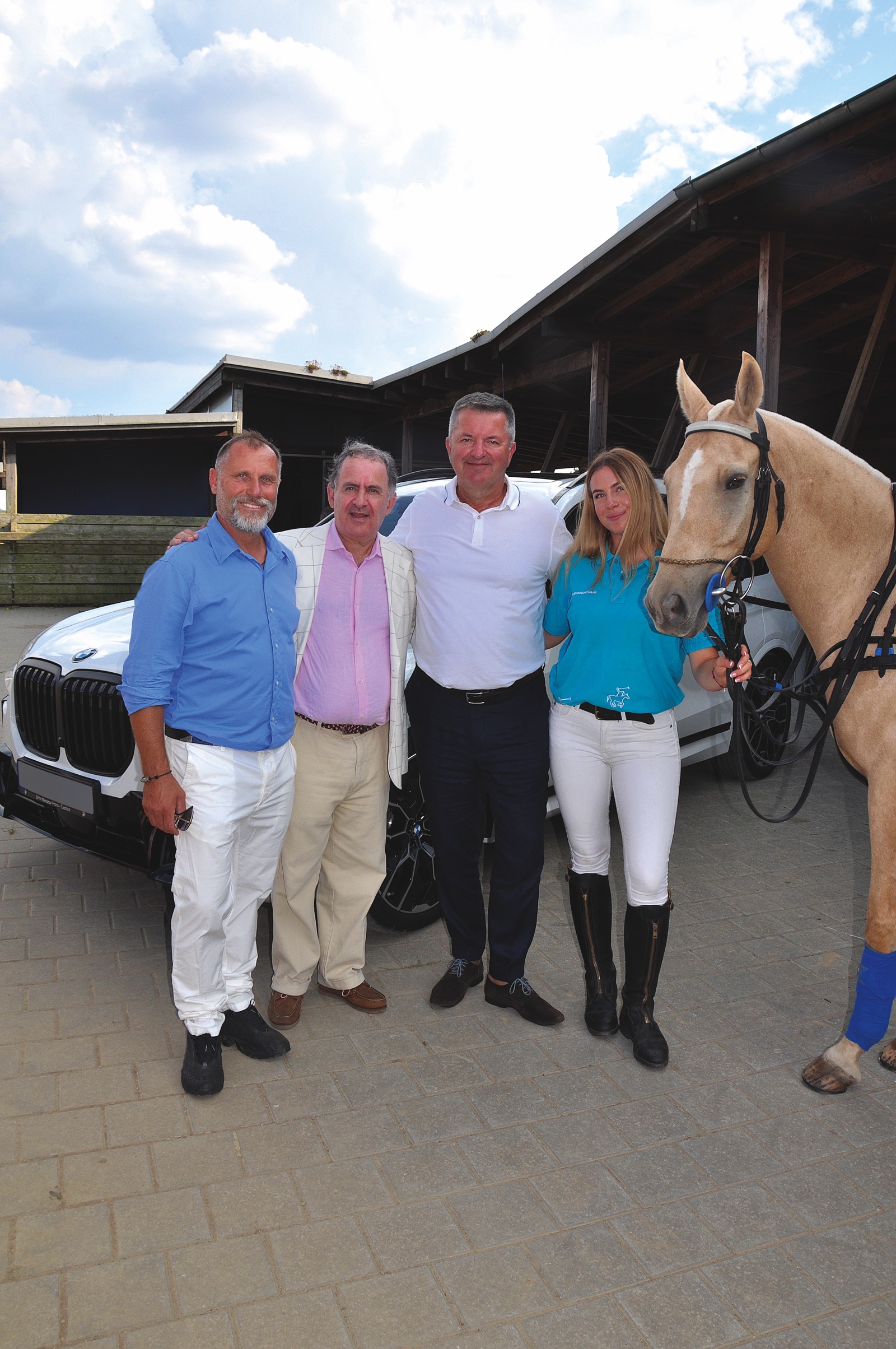
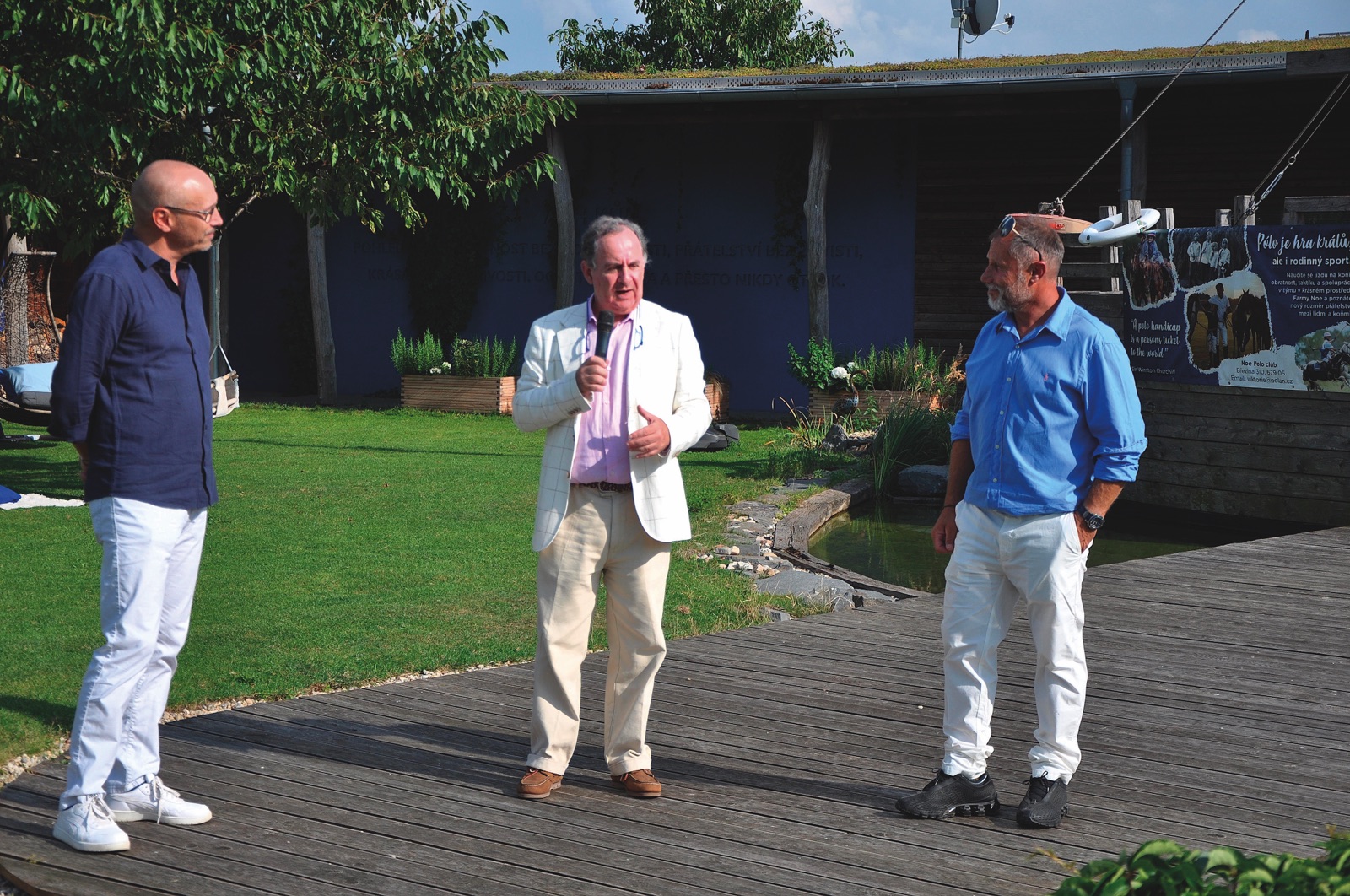
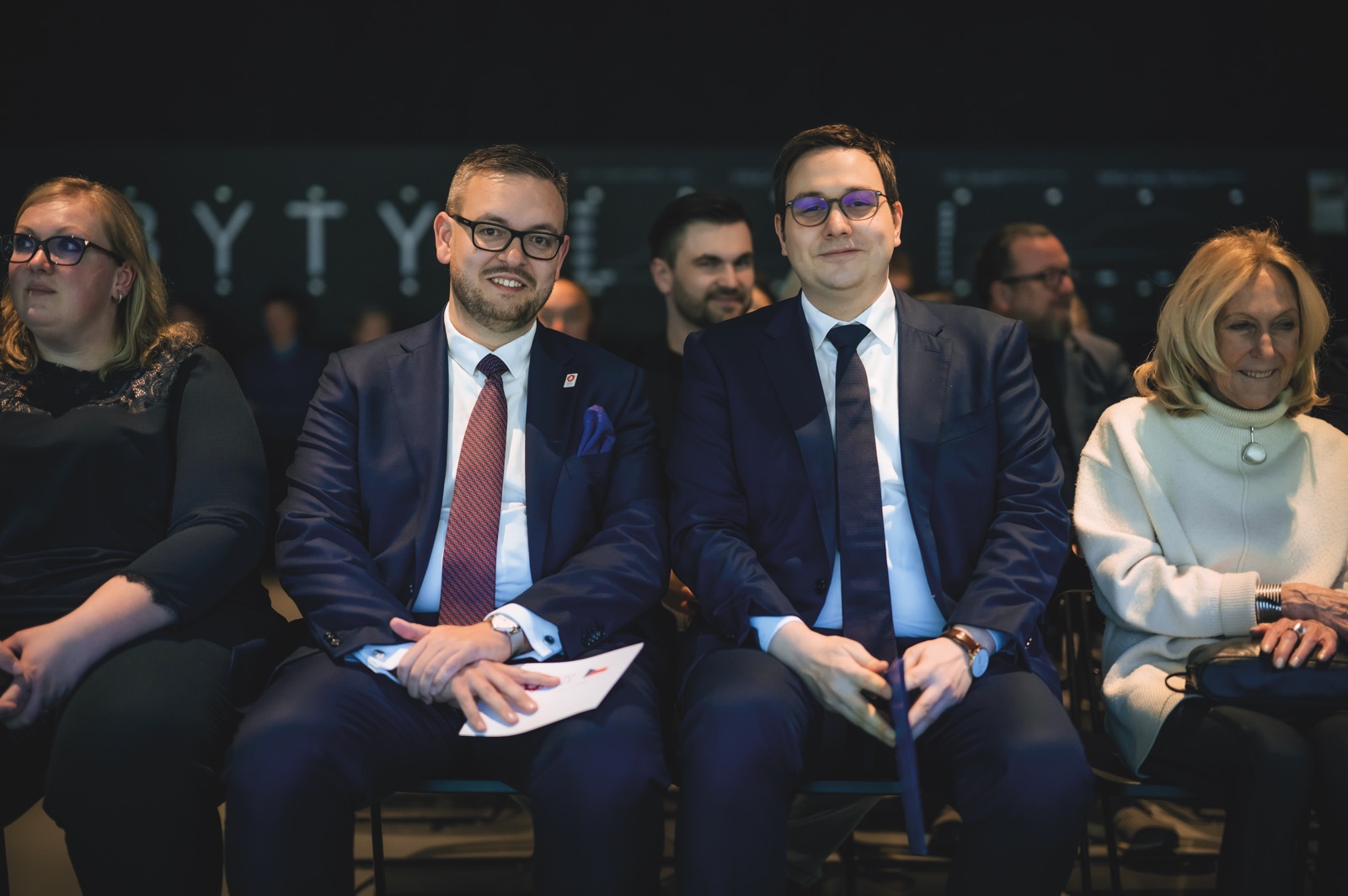


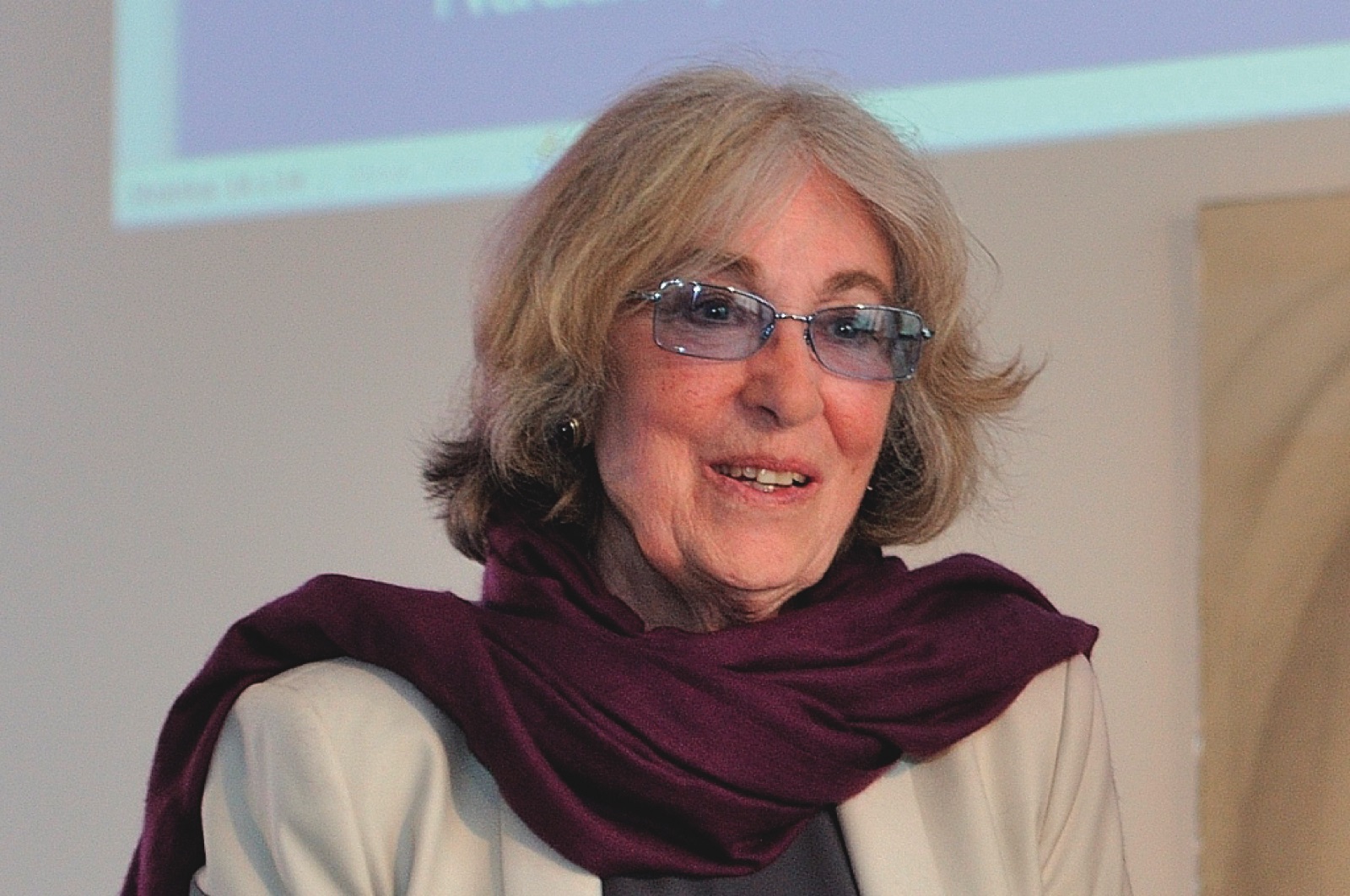
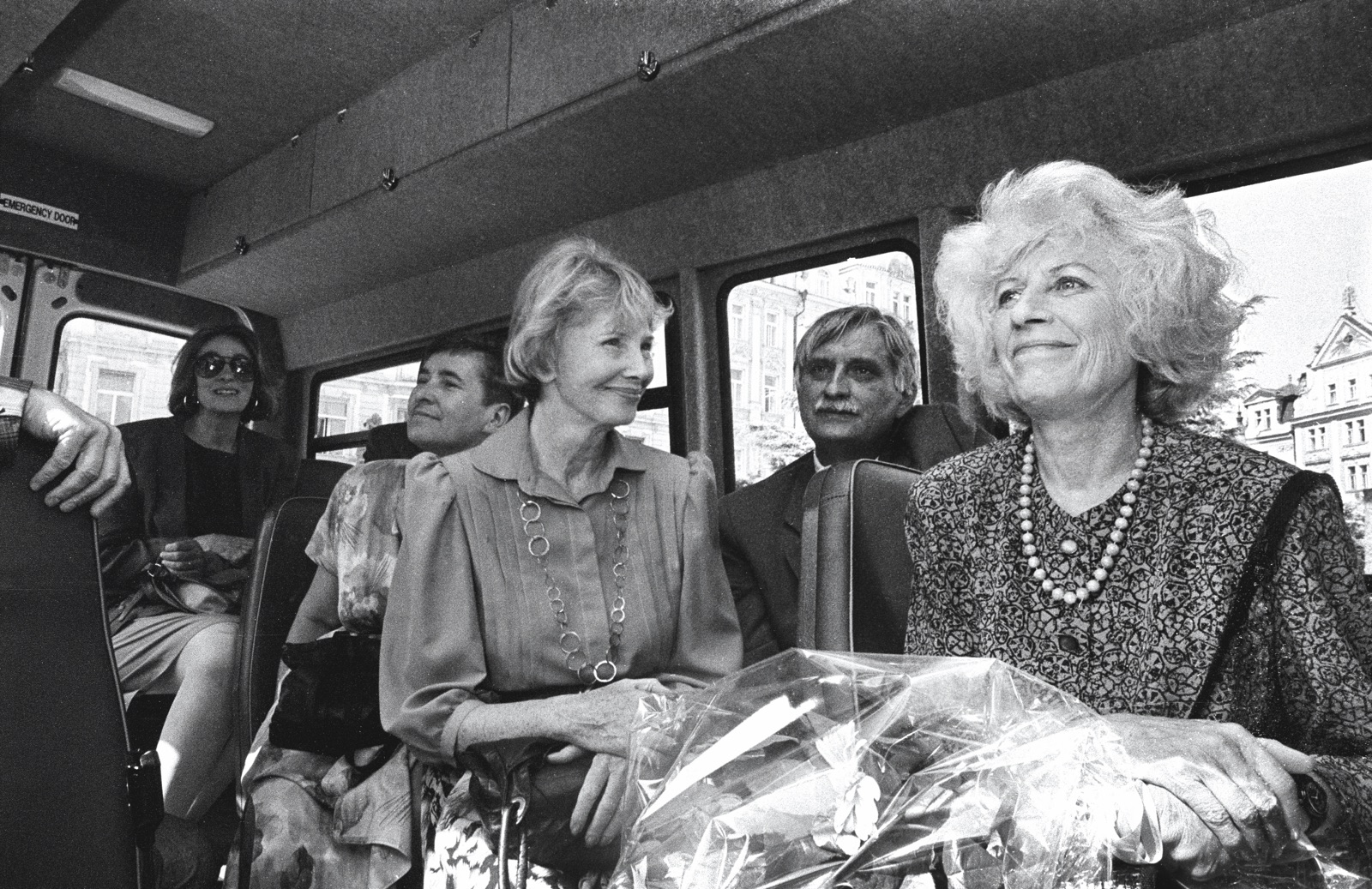
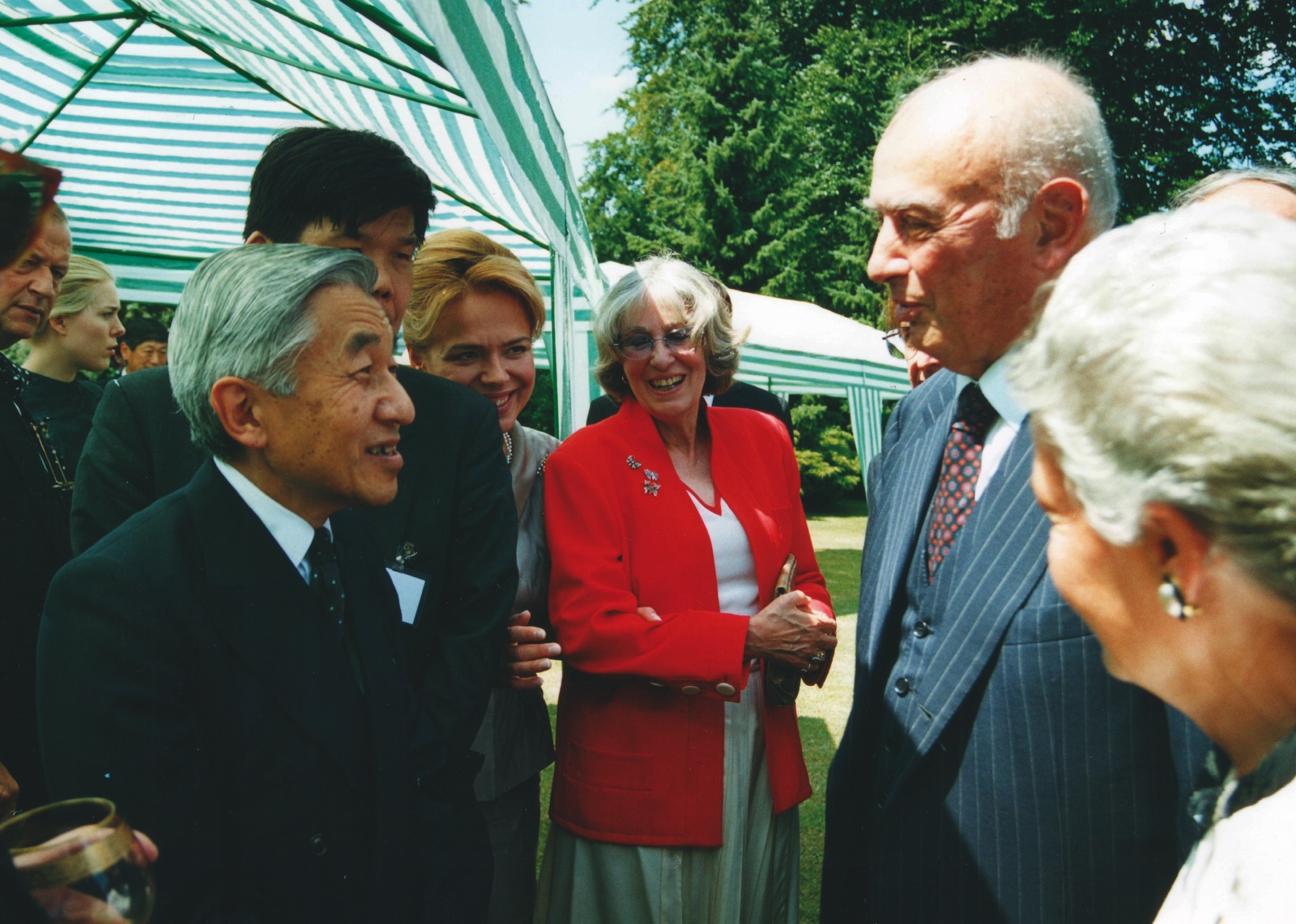
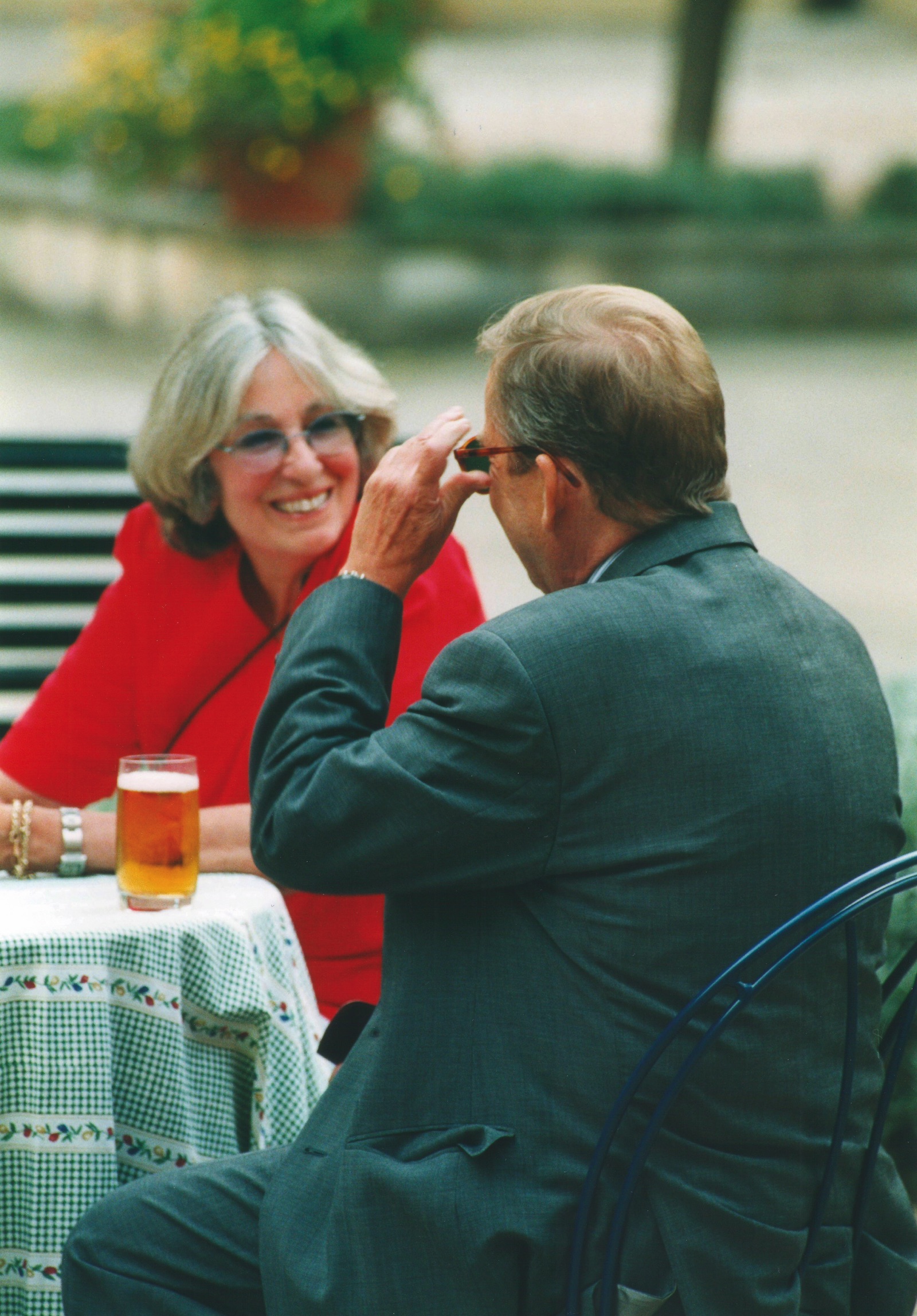
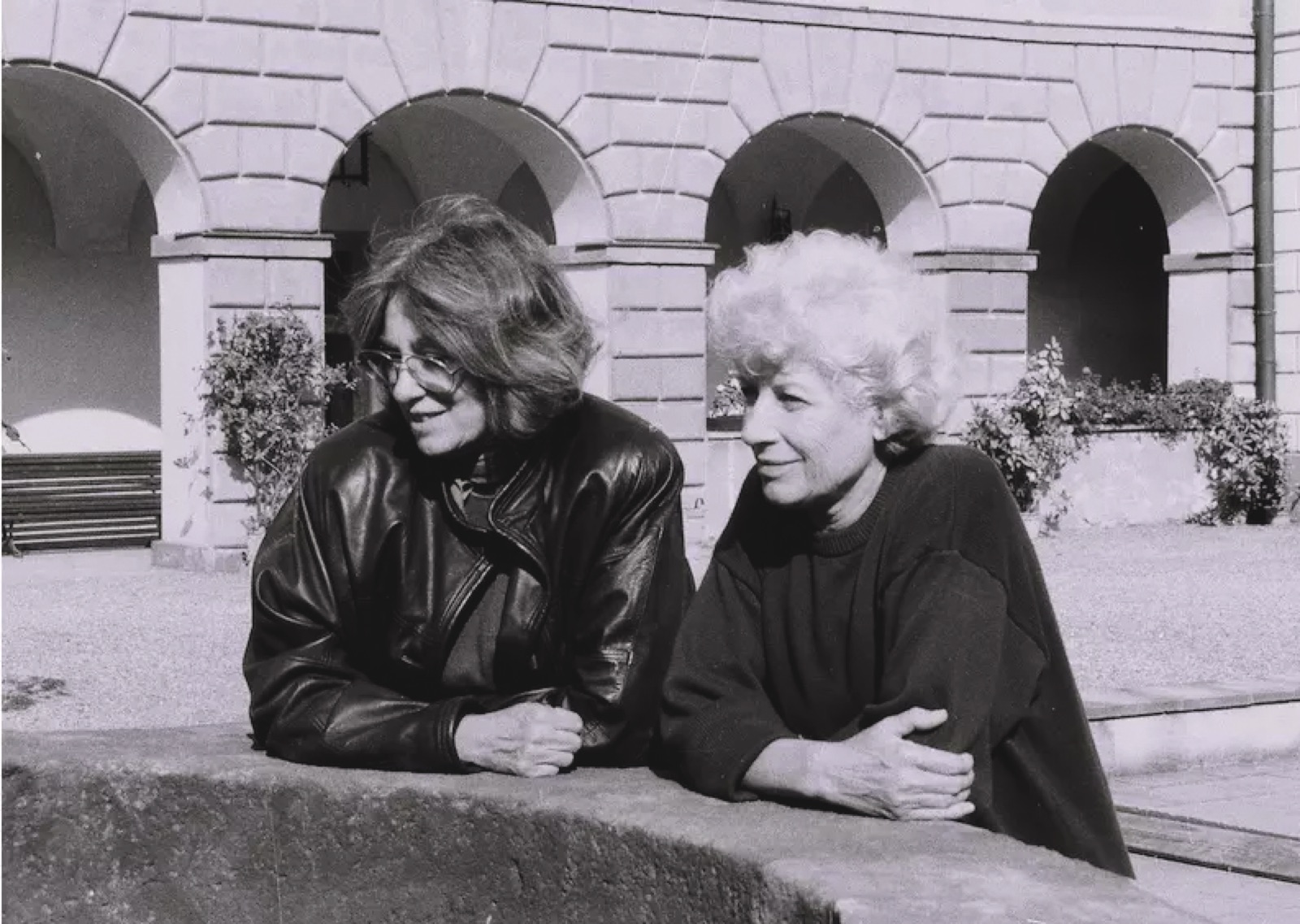
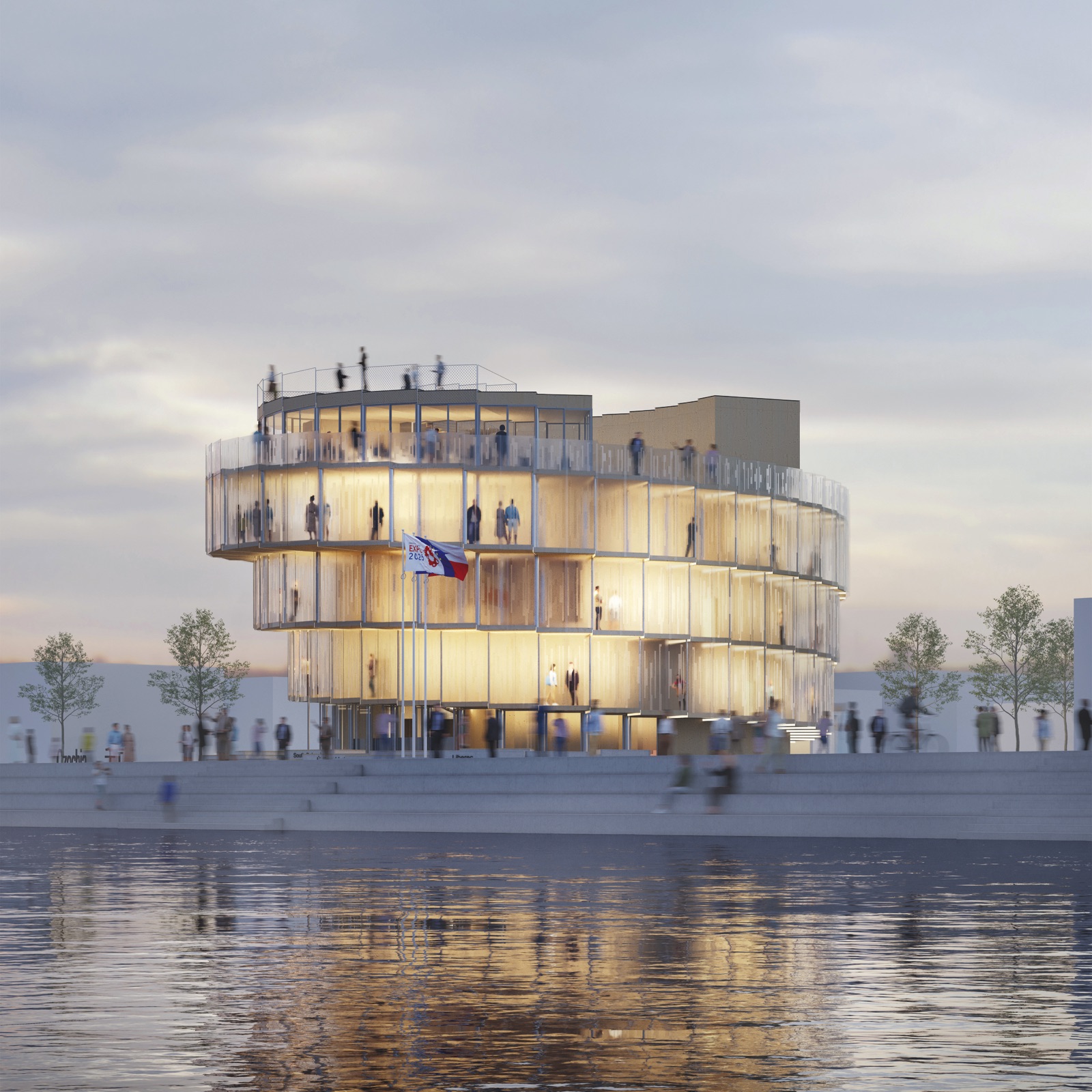
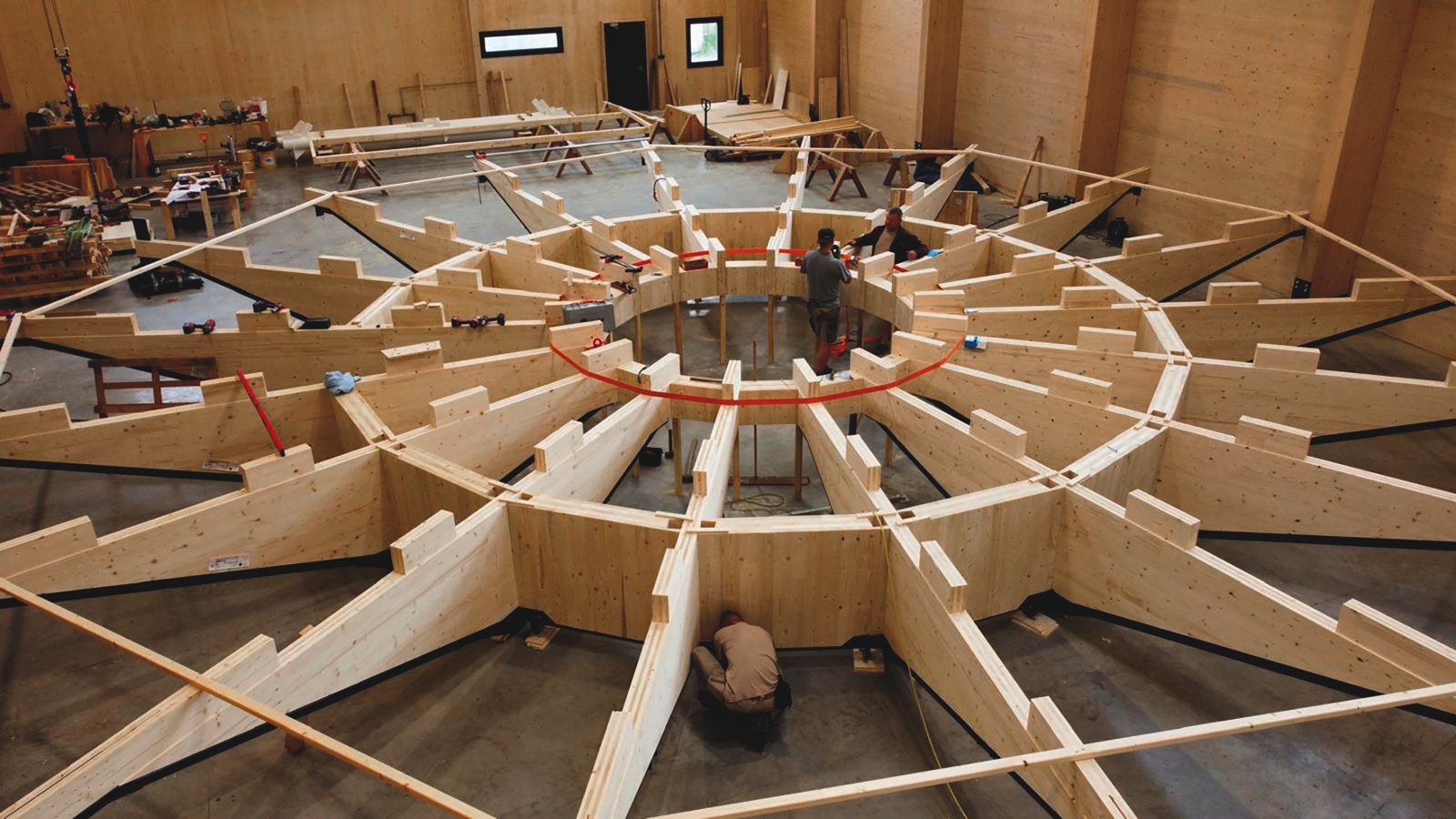
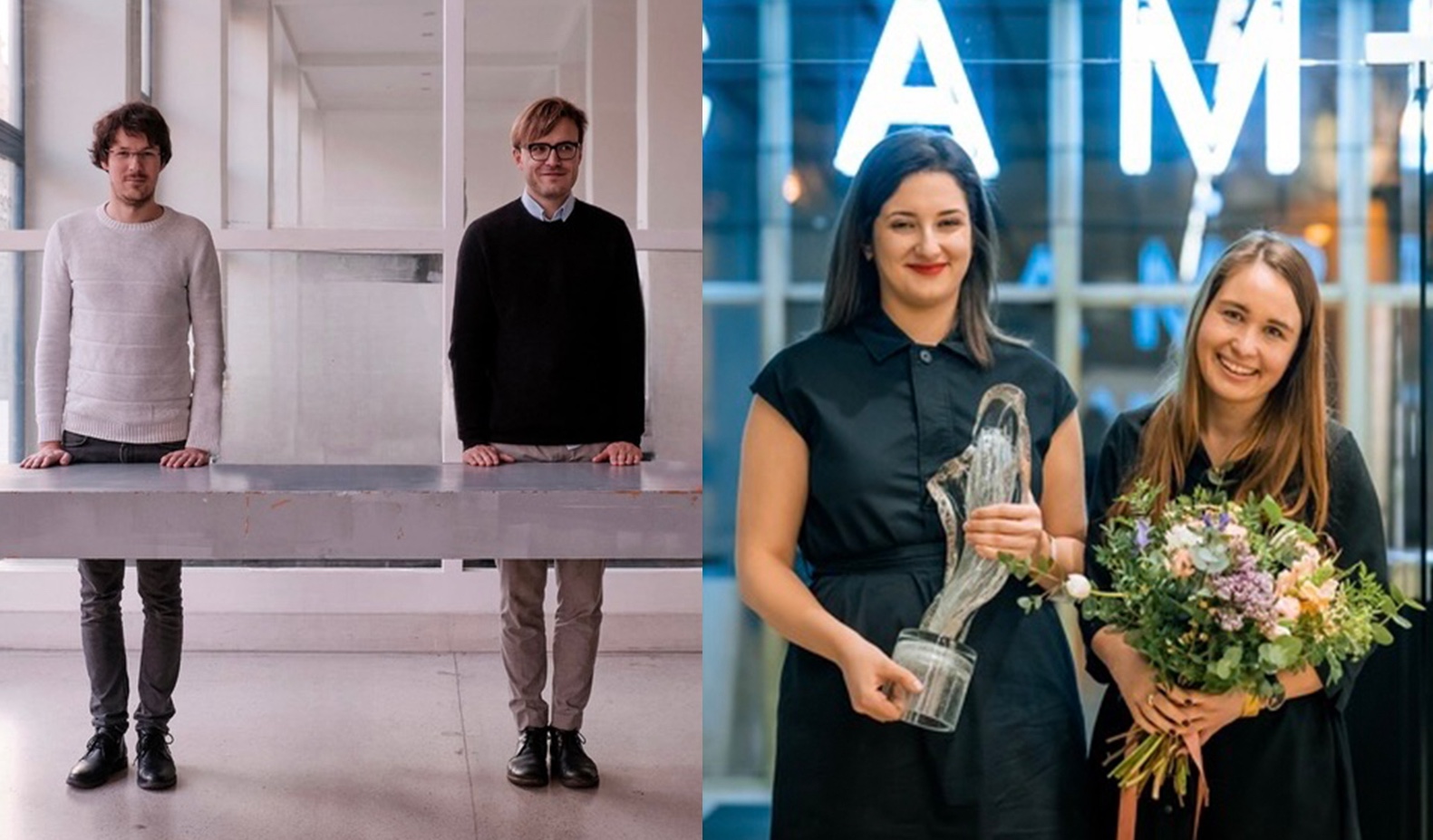
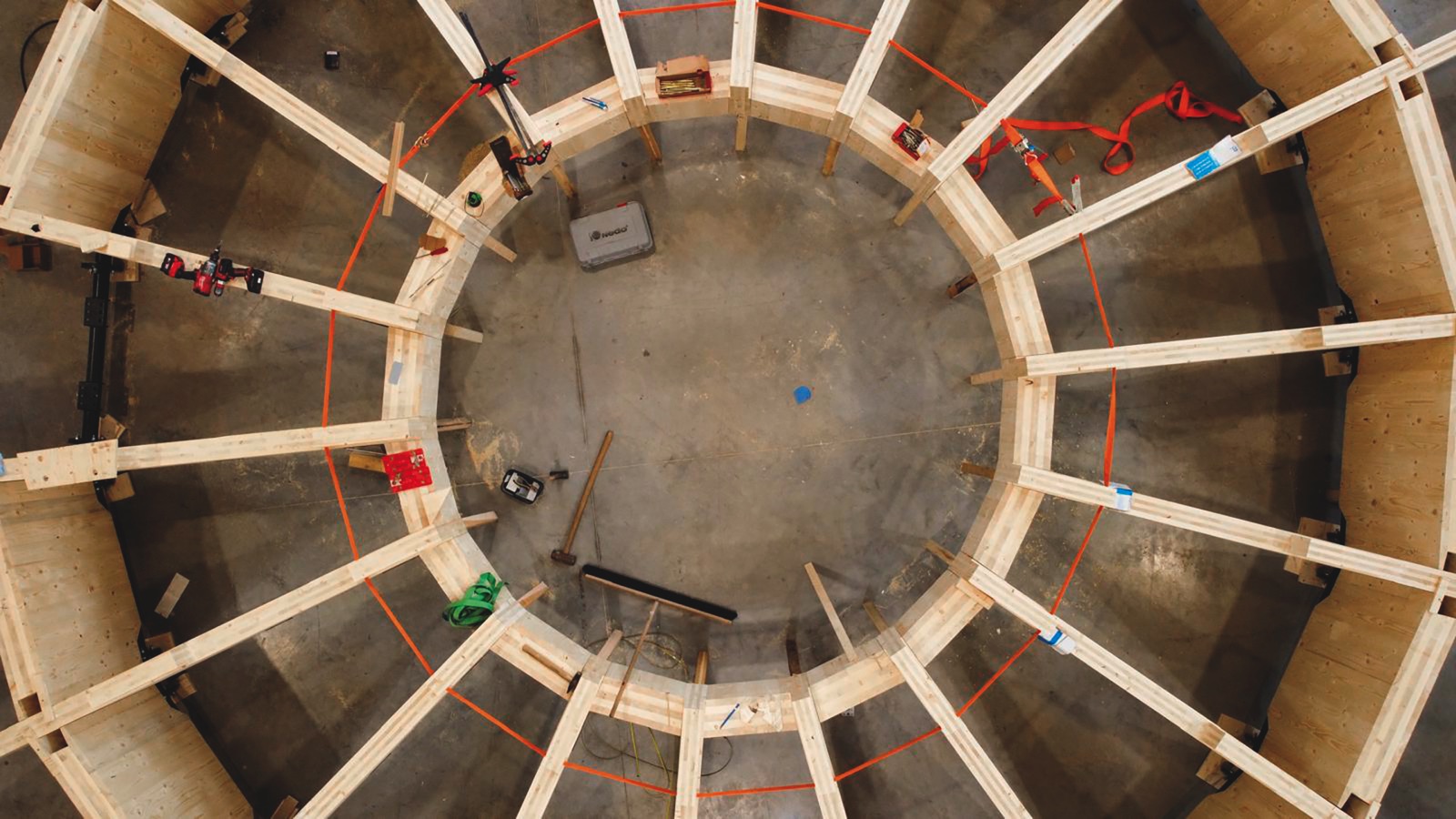

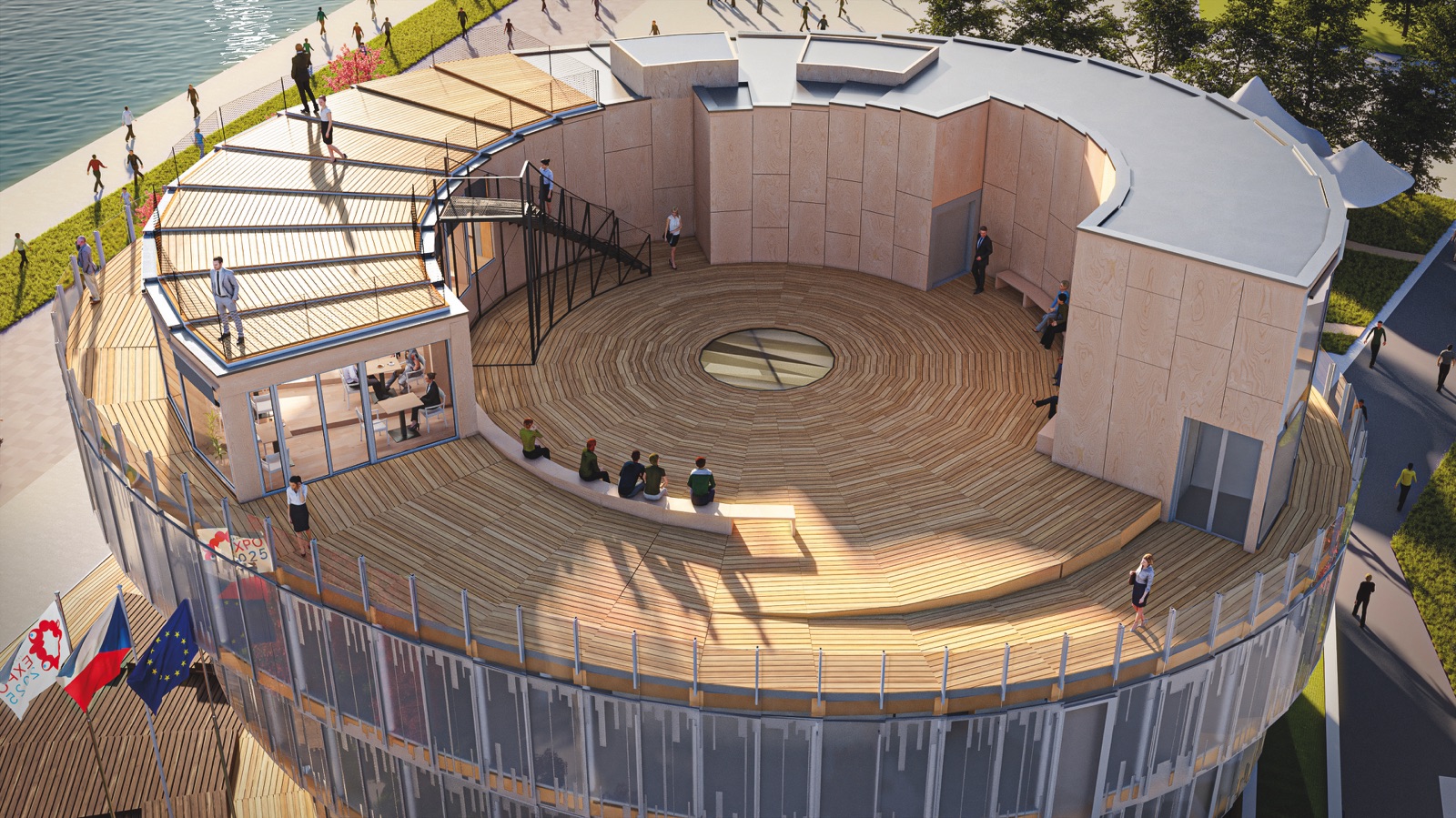
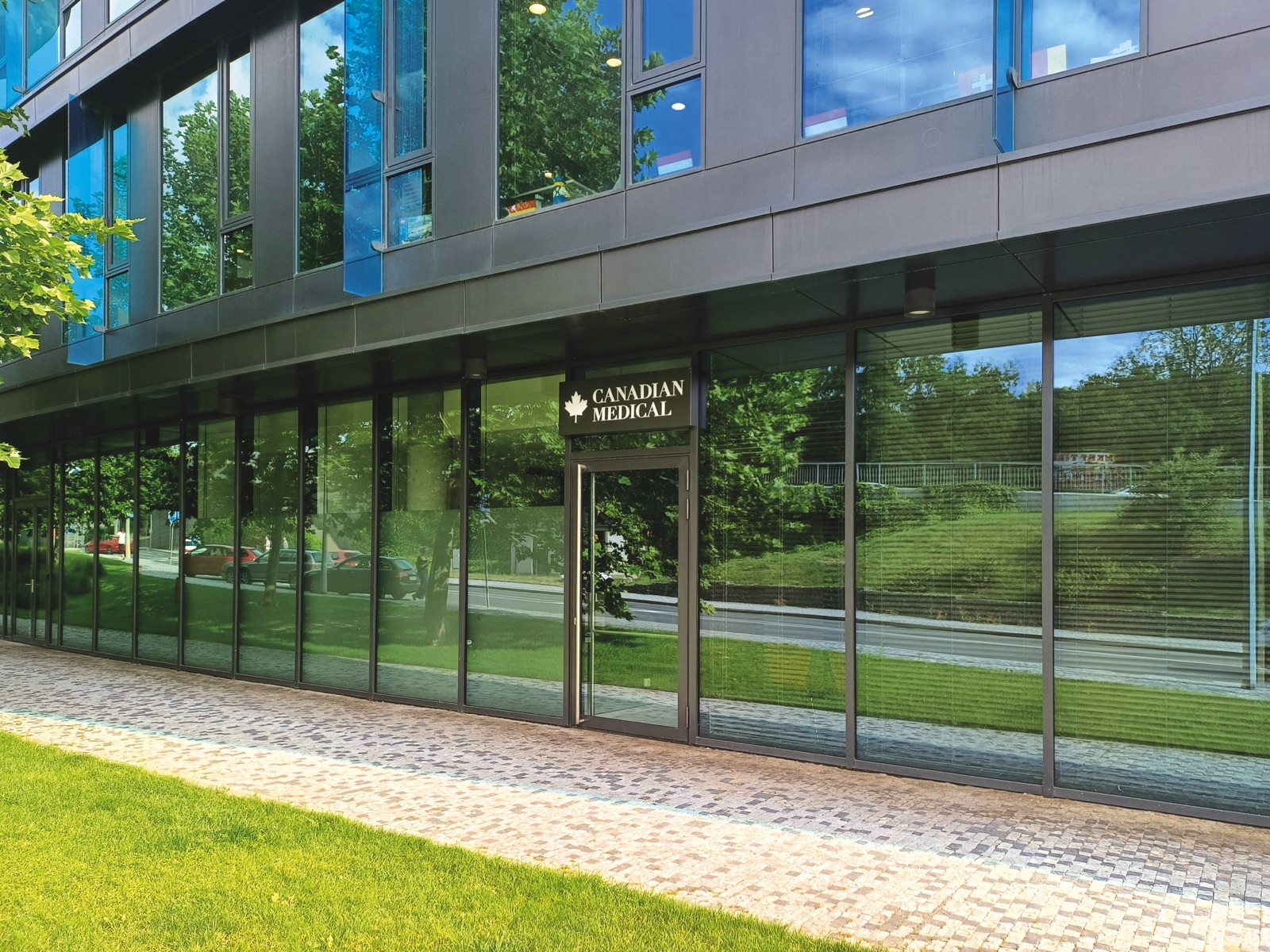

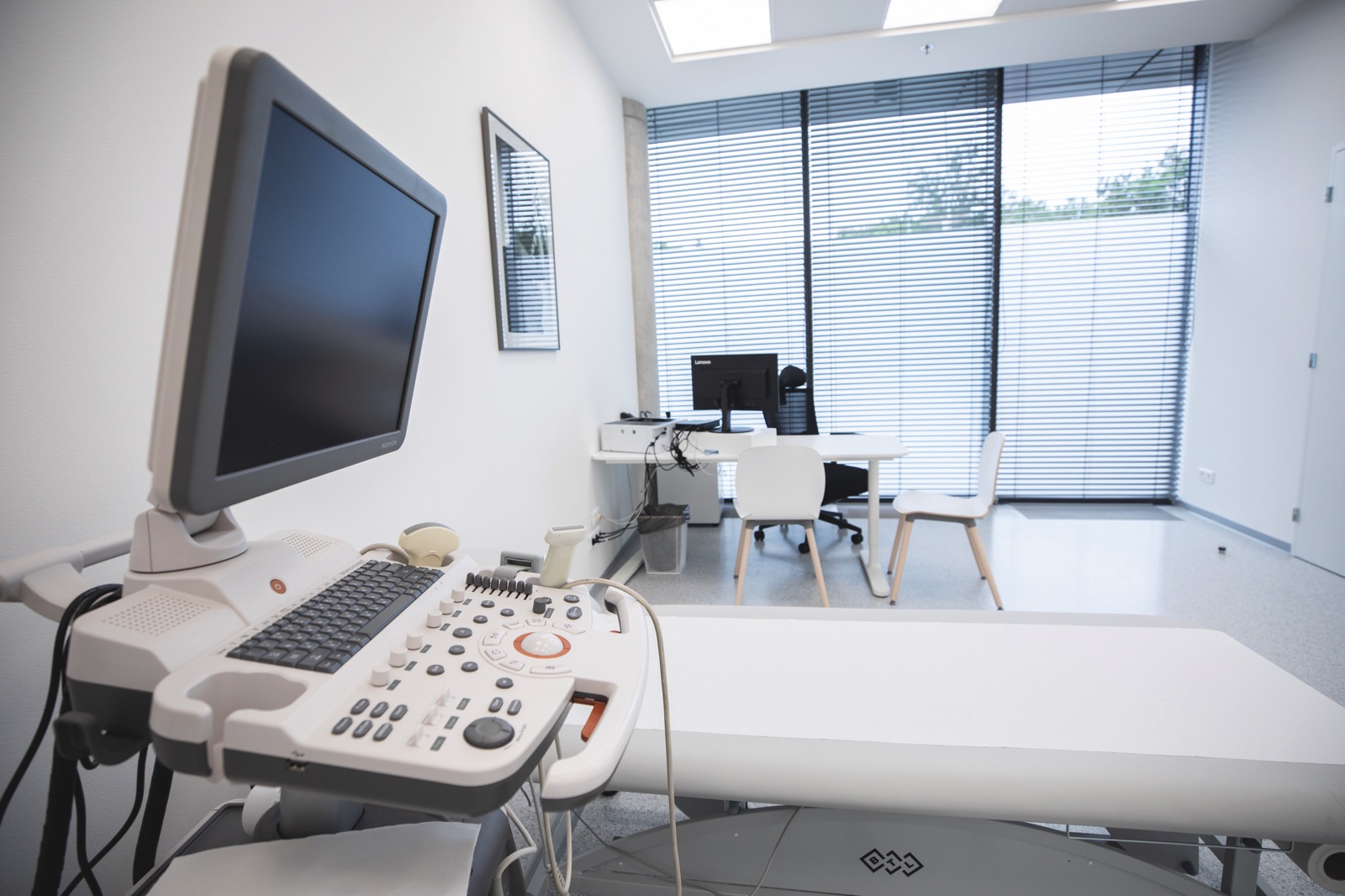
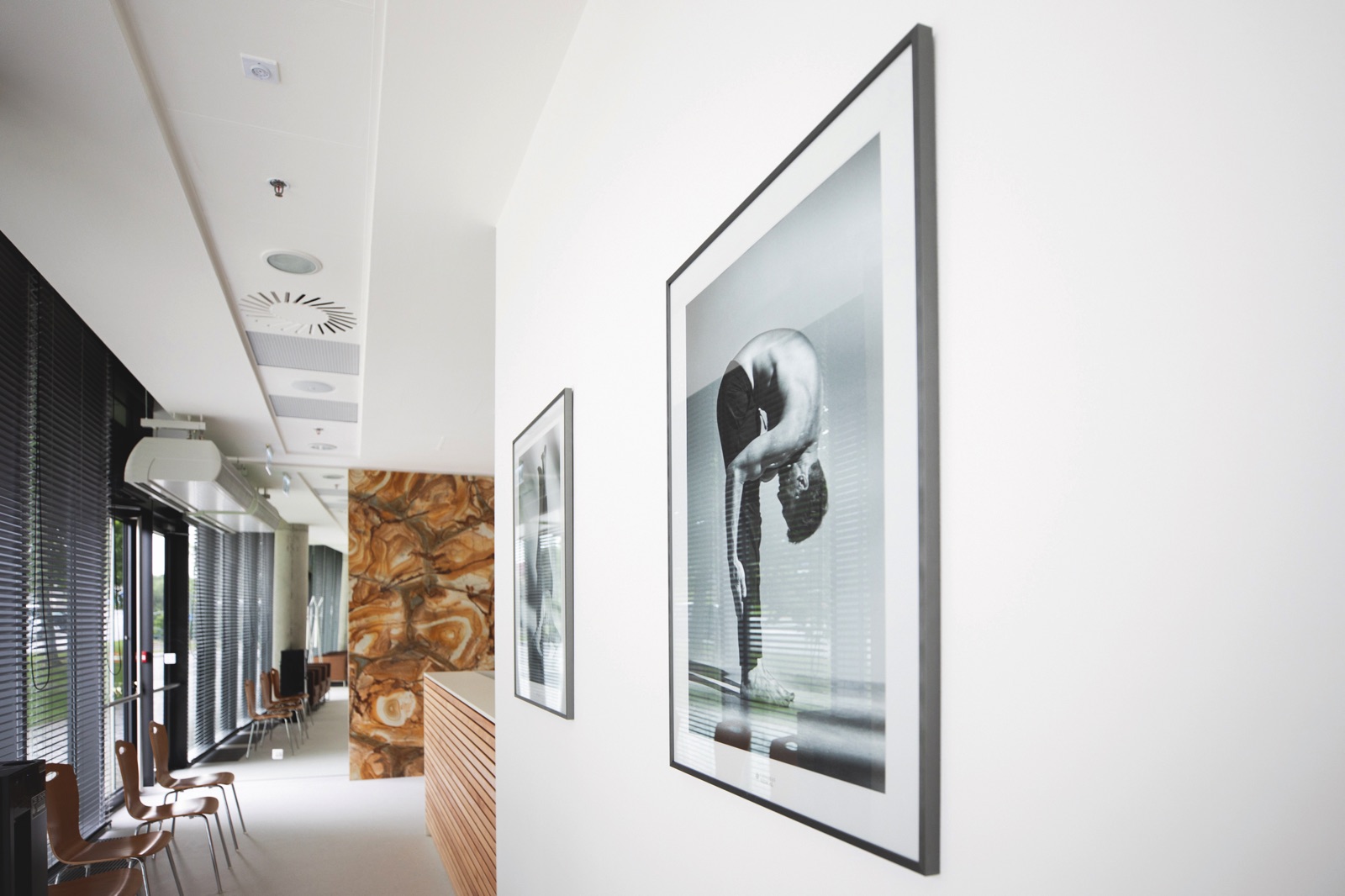
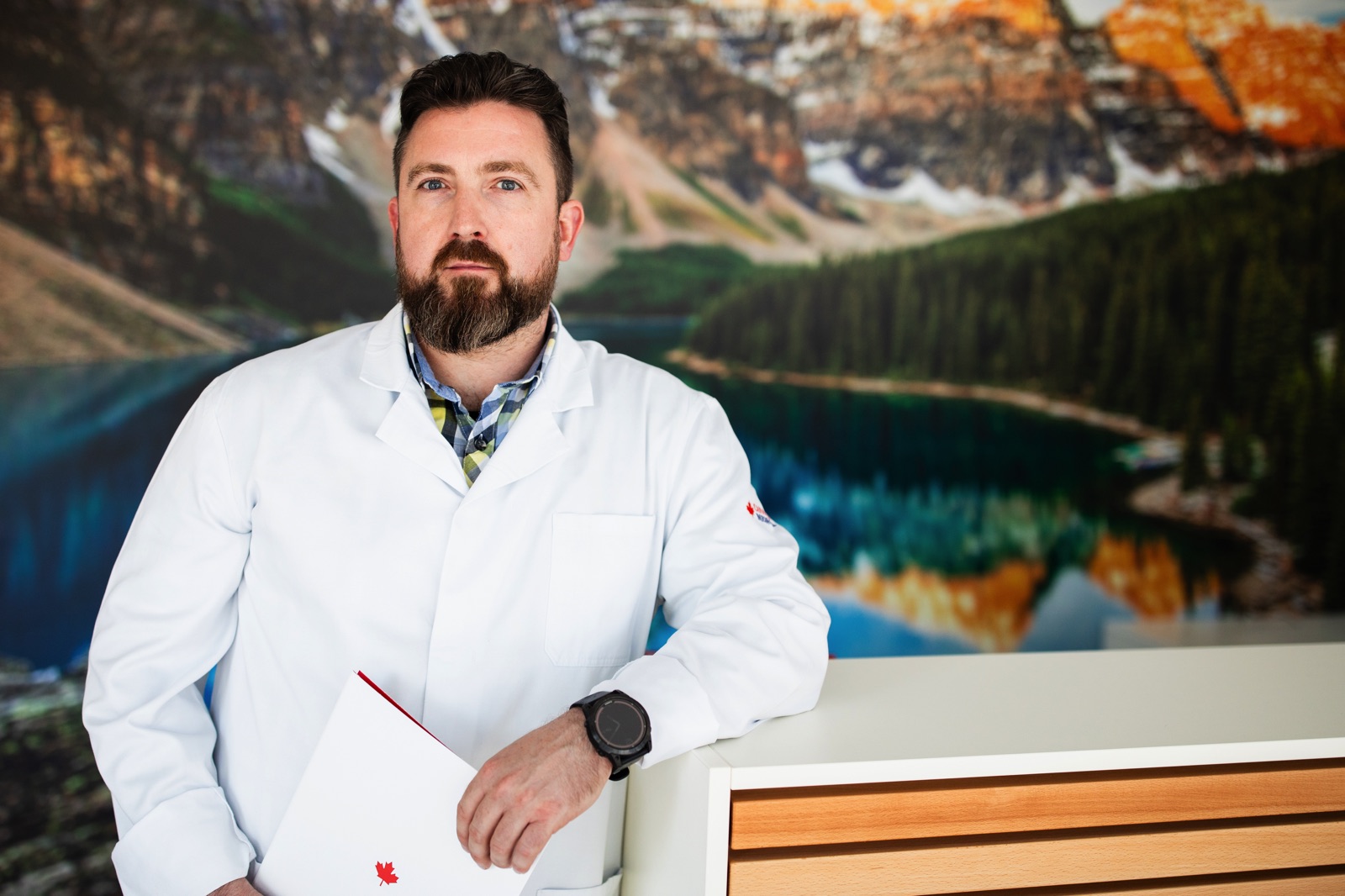
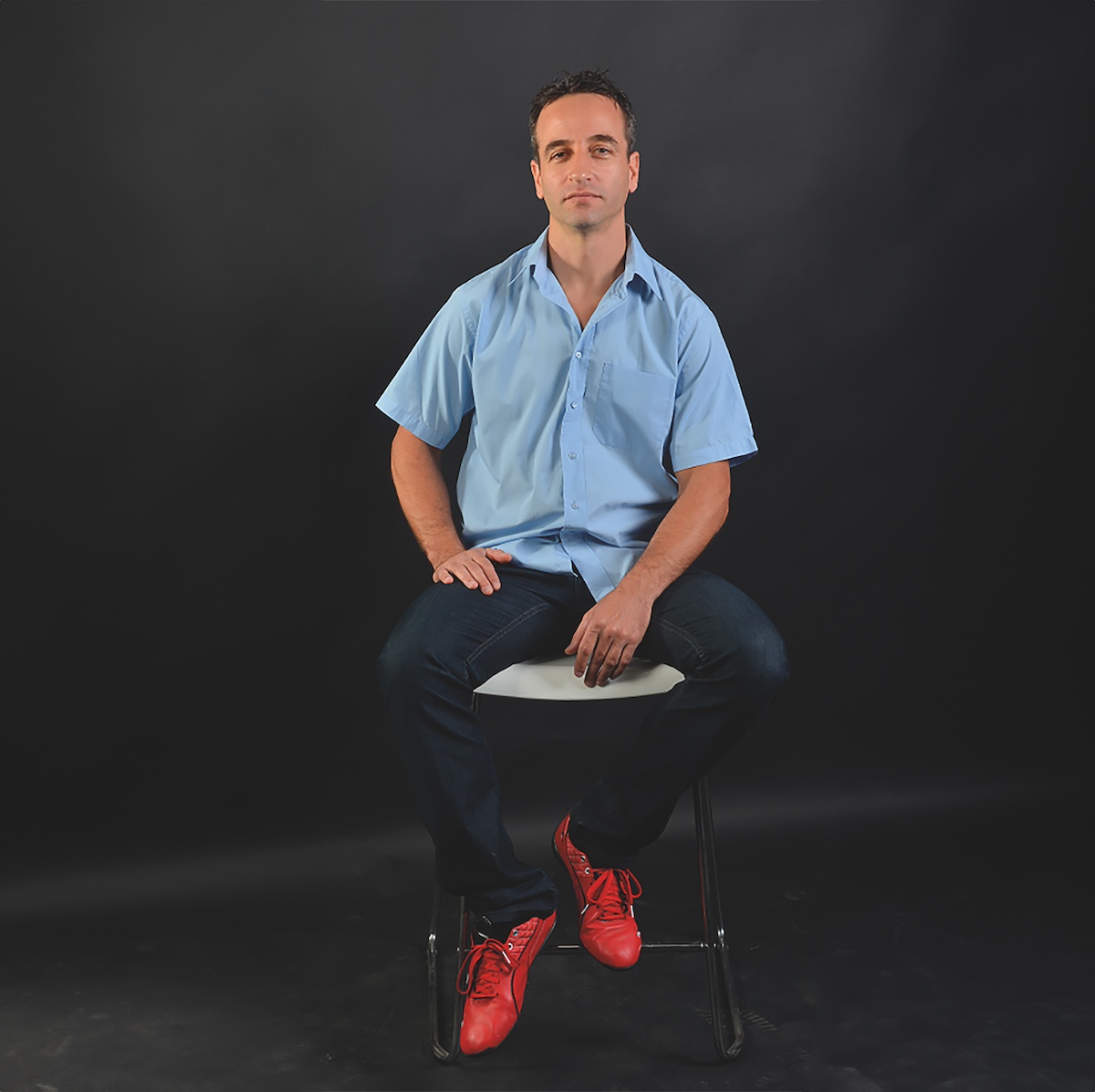
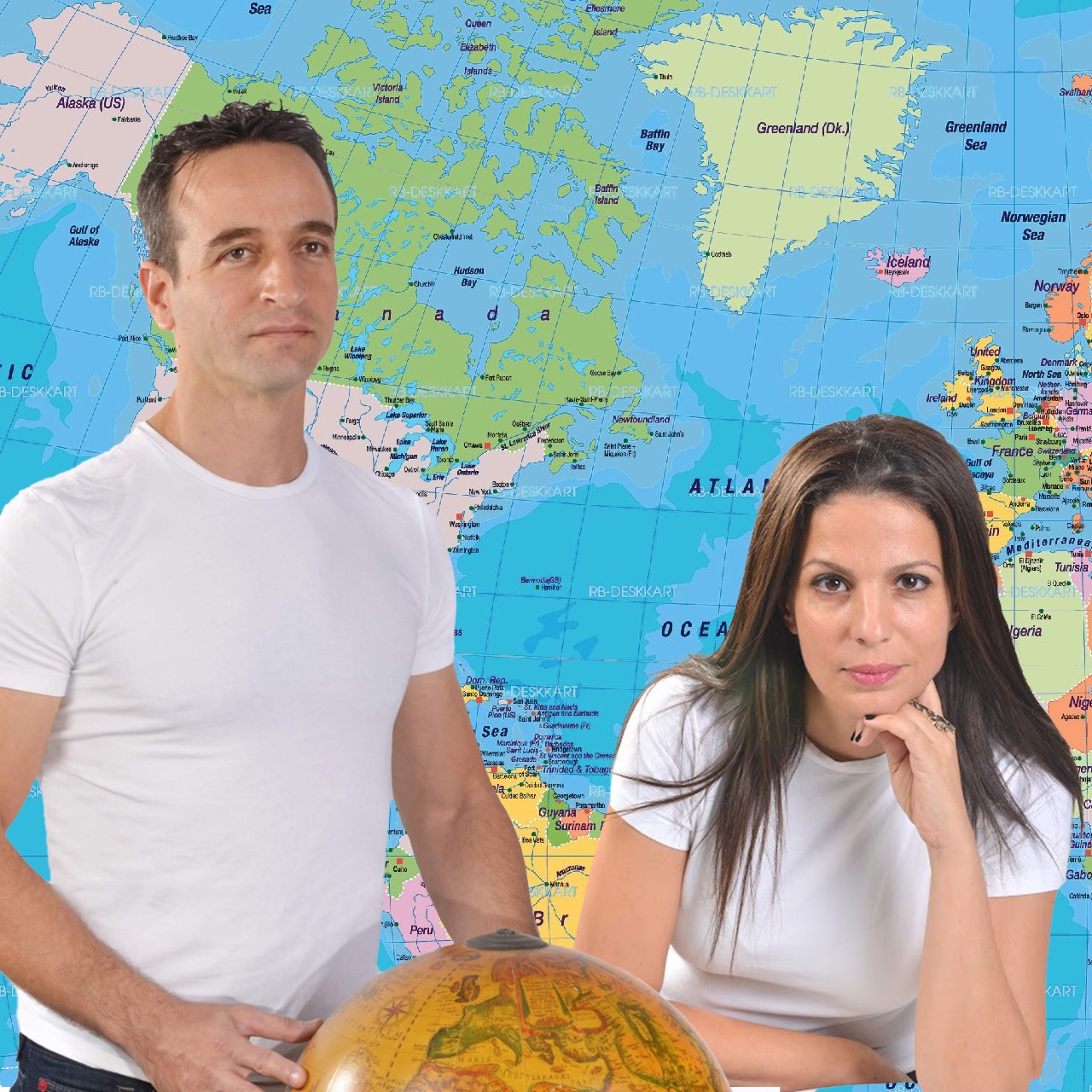

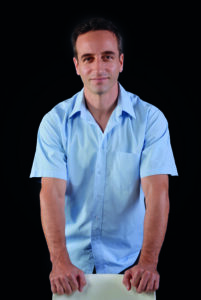
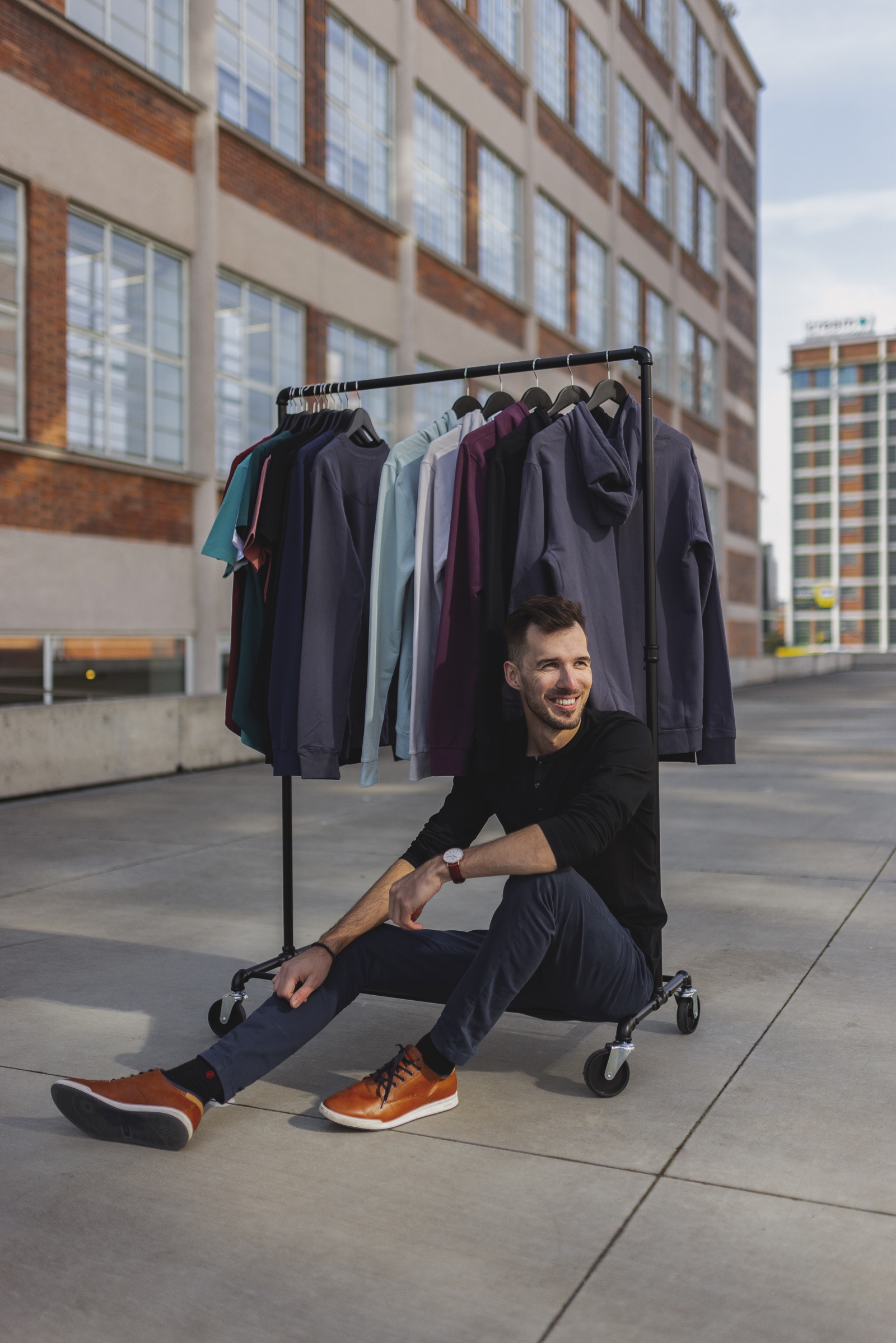
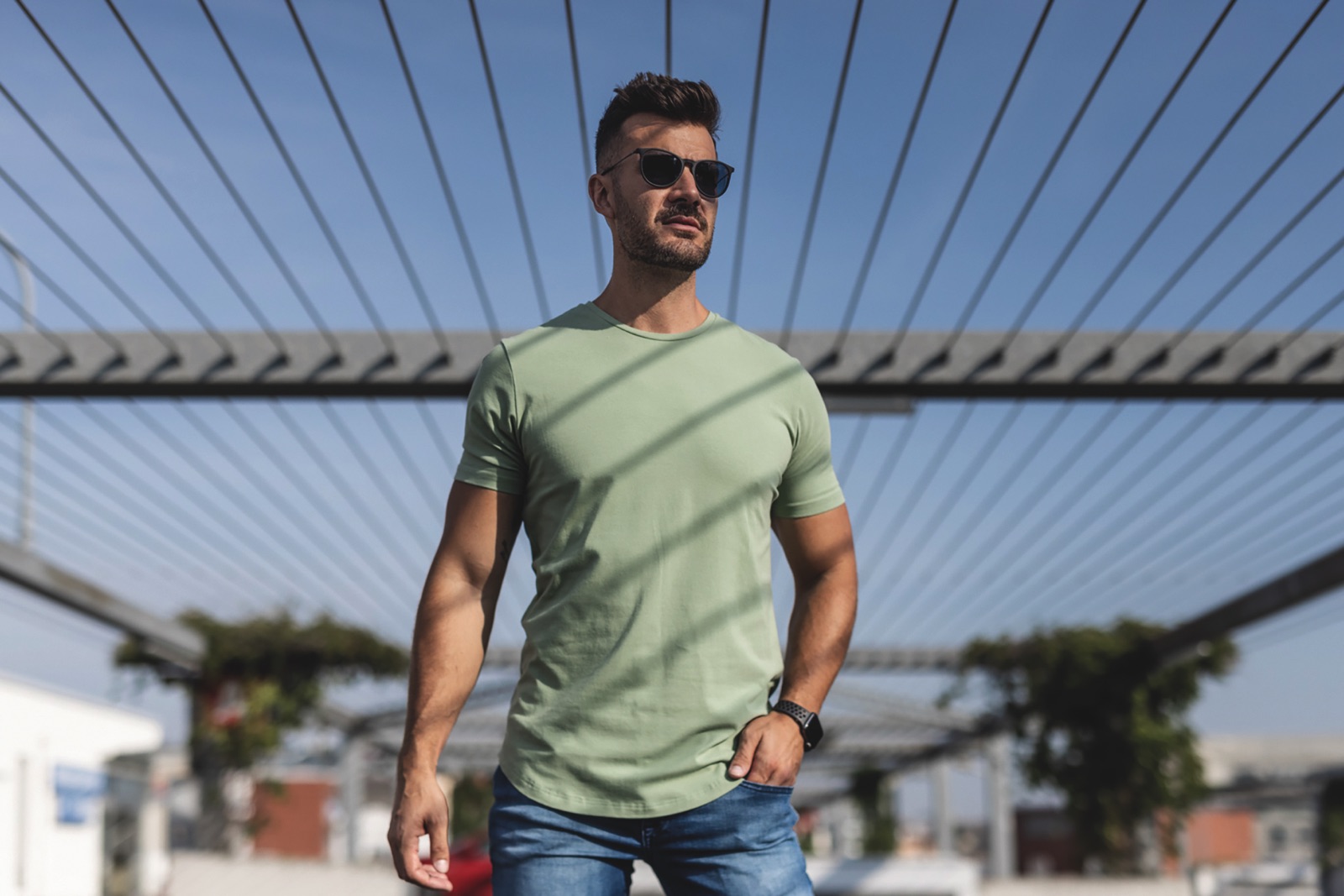

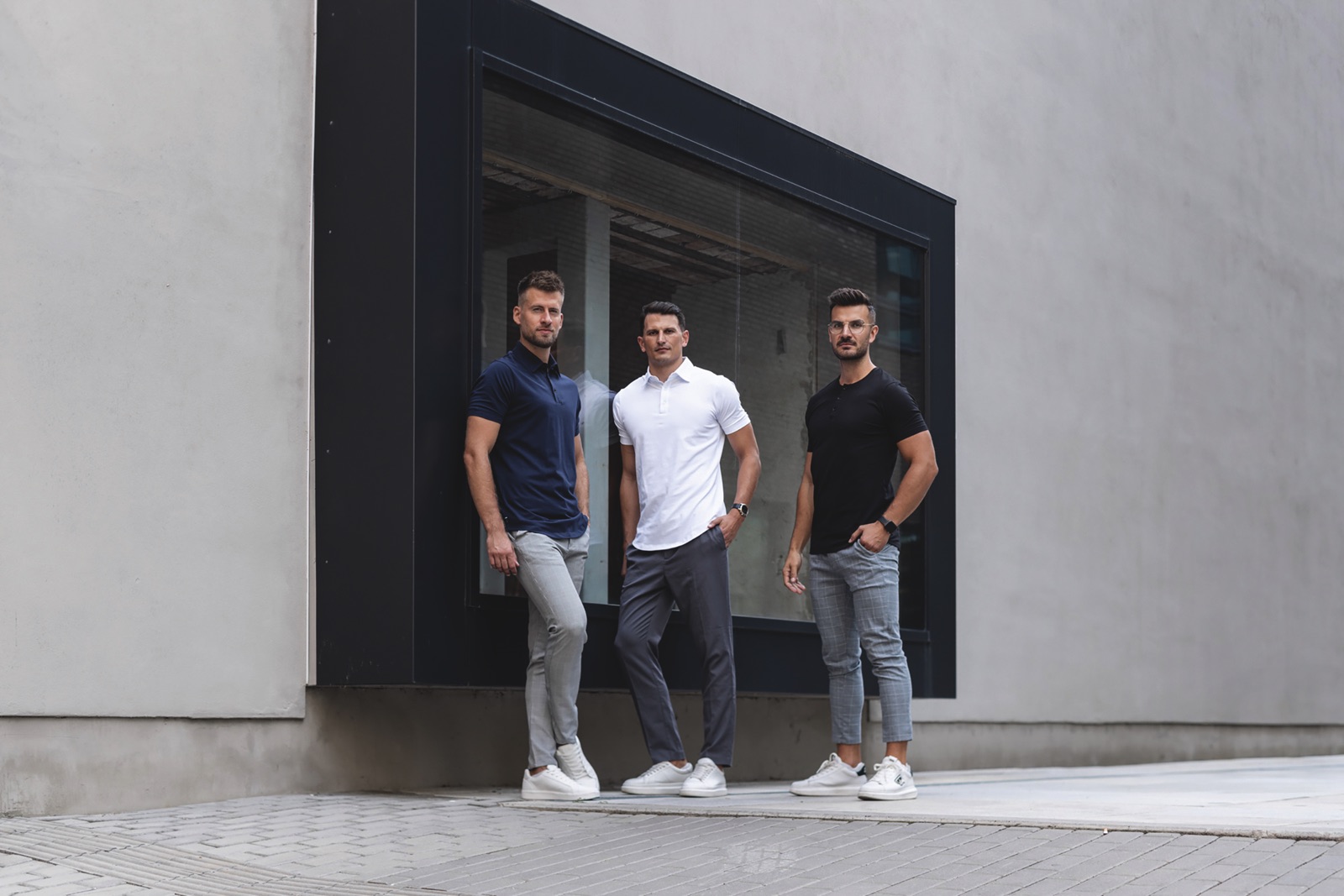
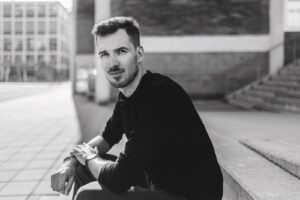 RADEK PILAŘ
RADEK PILAŘ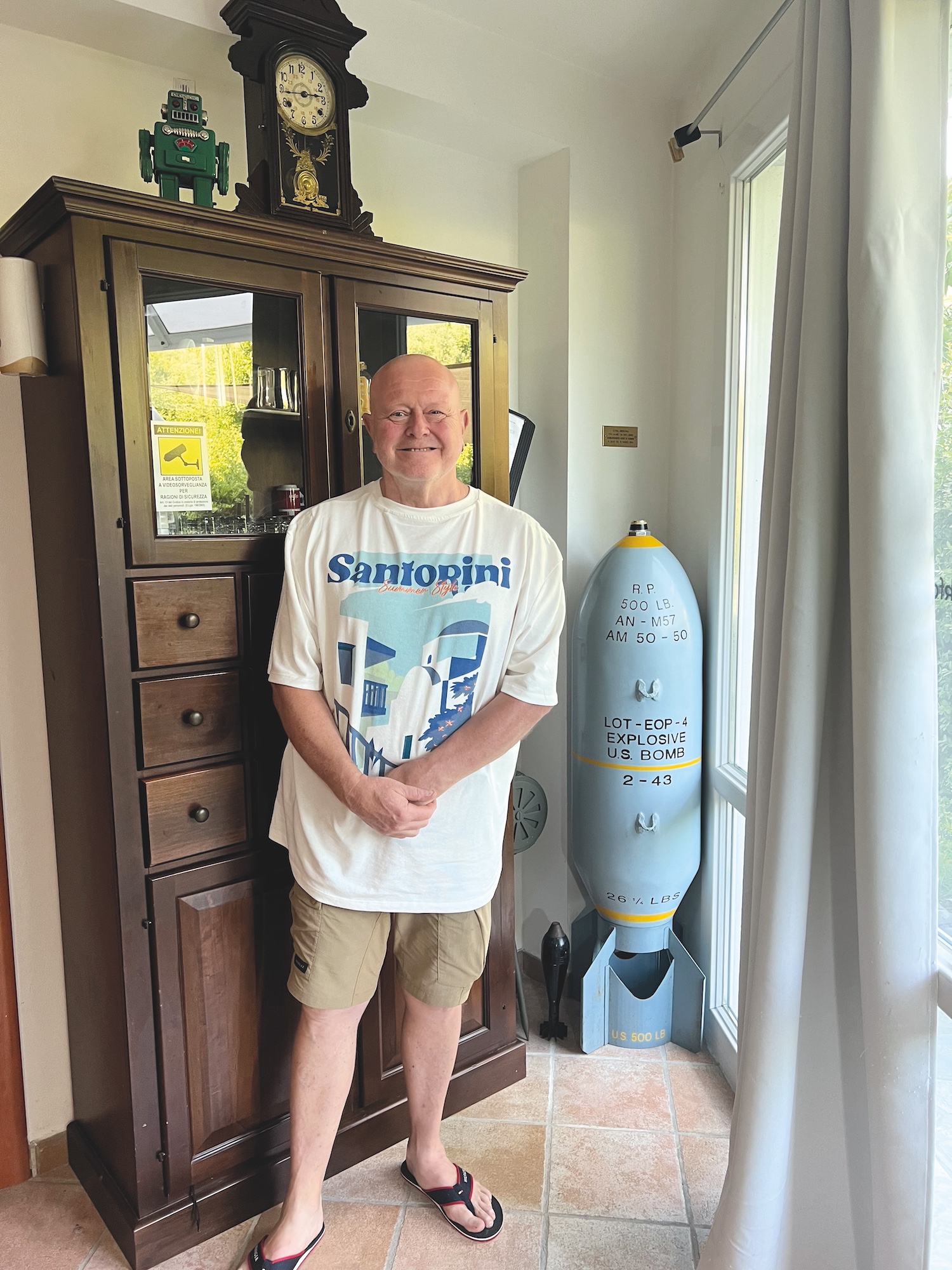
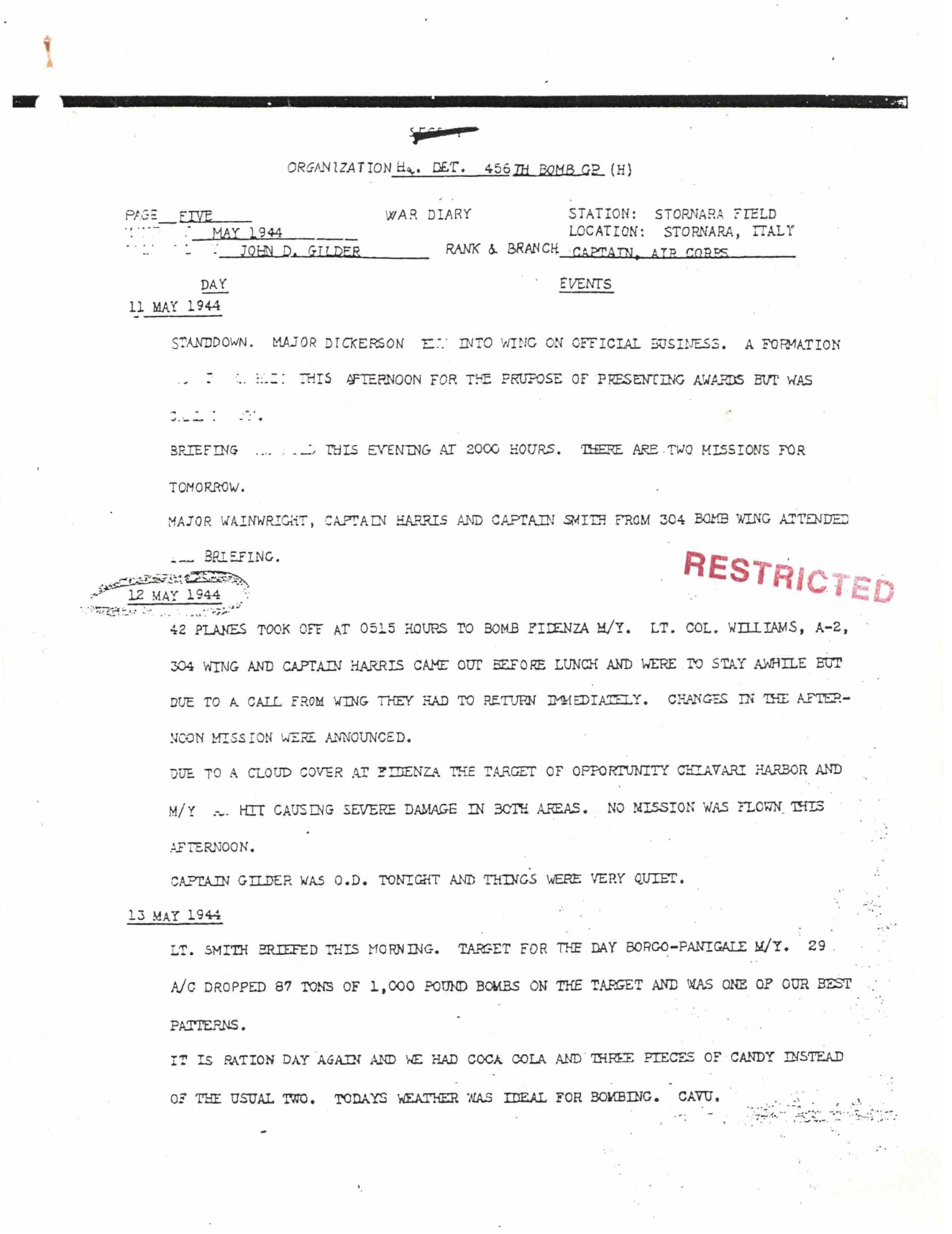
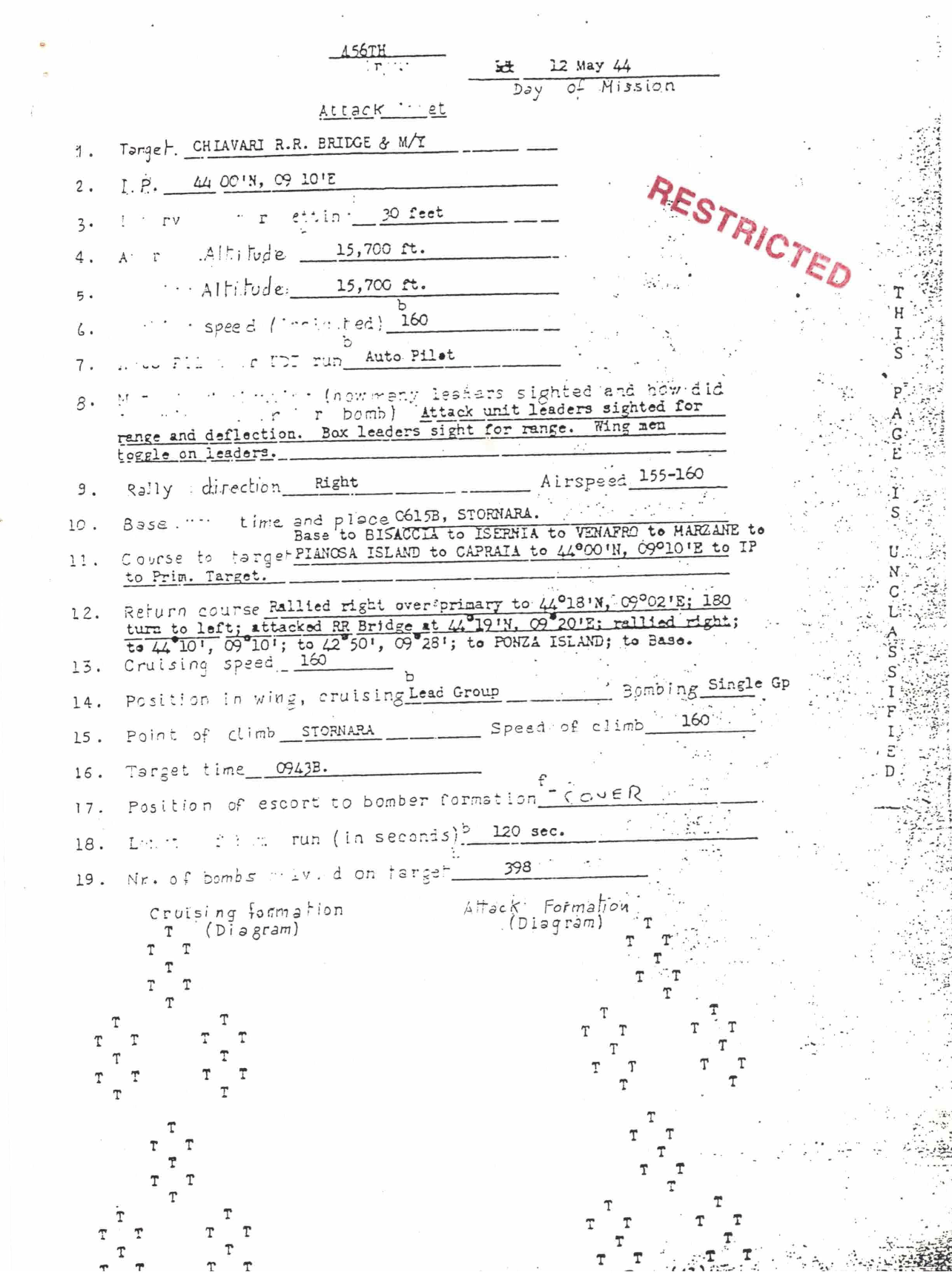

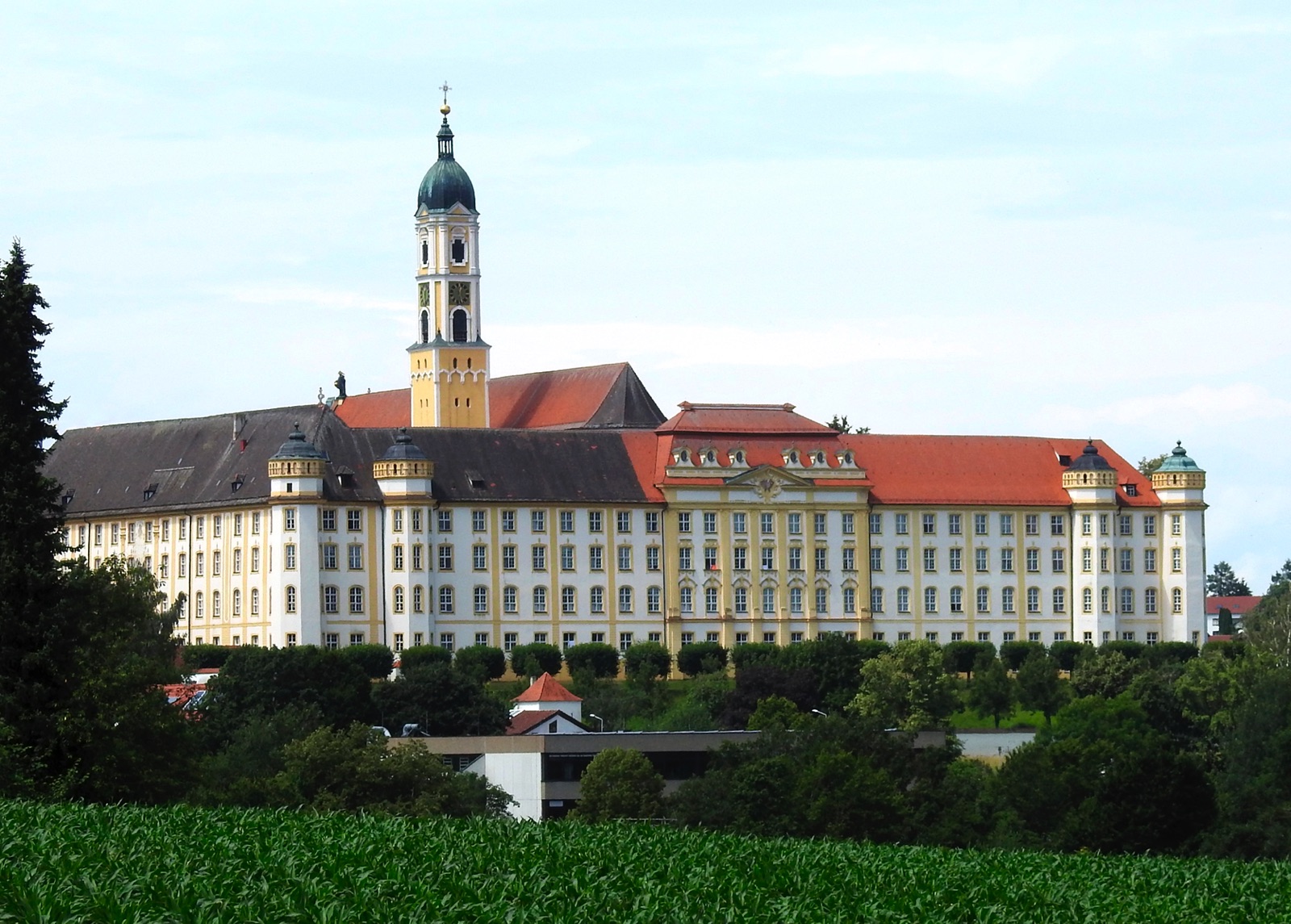
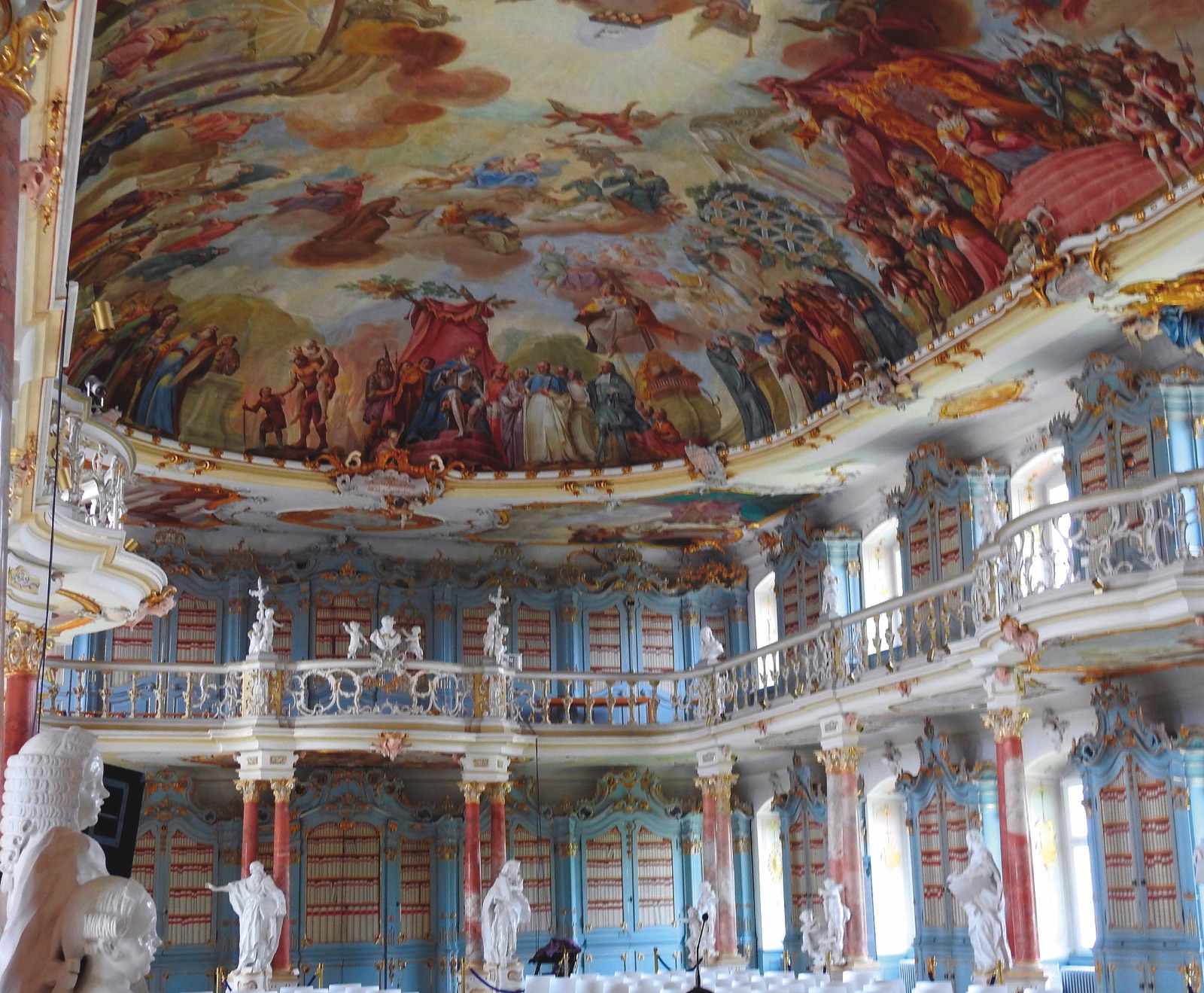
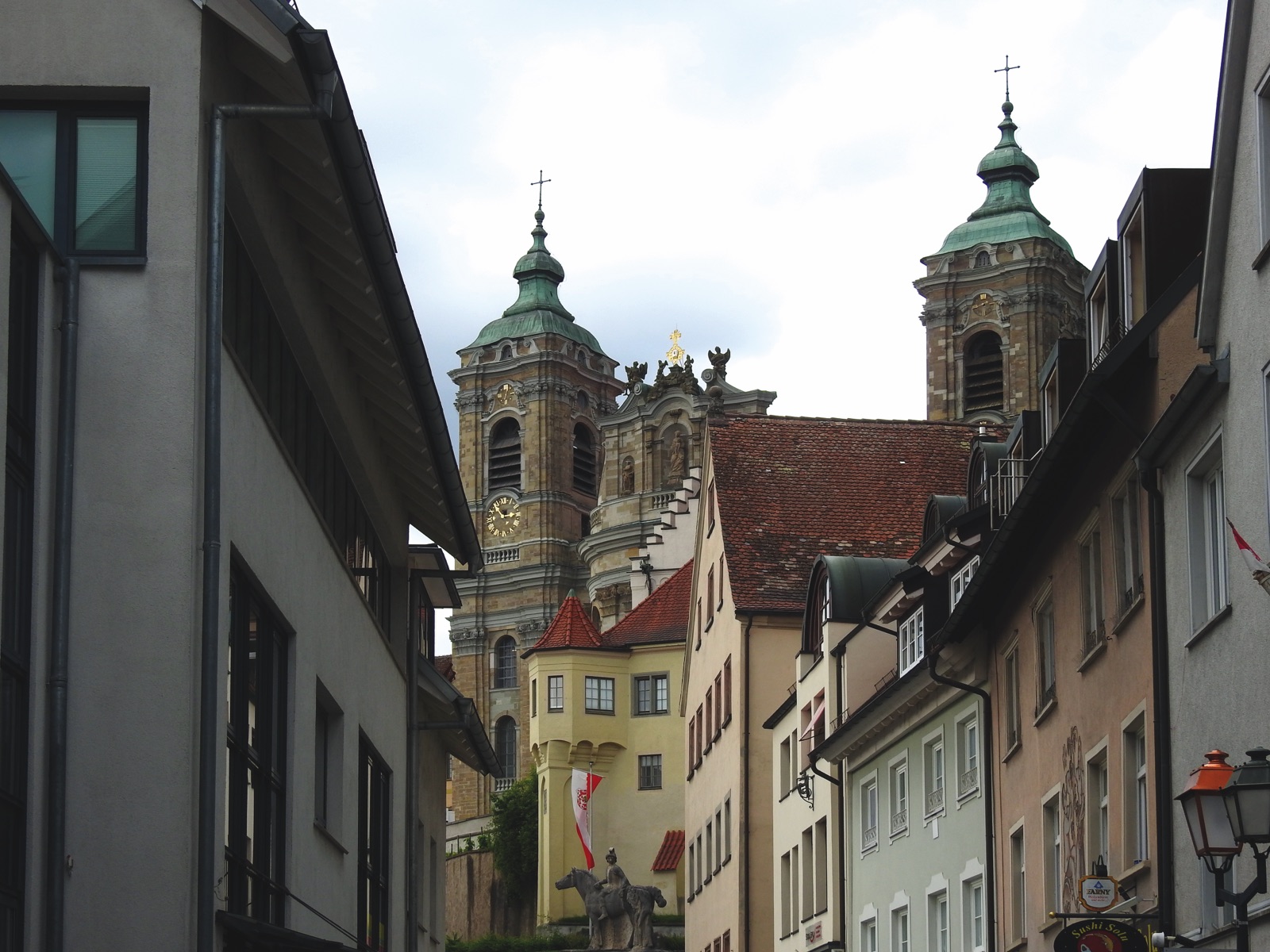

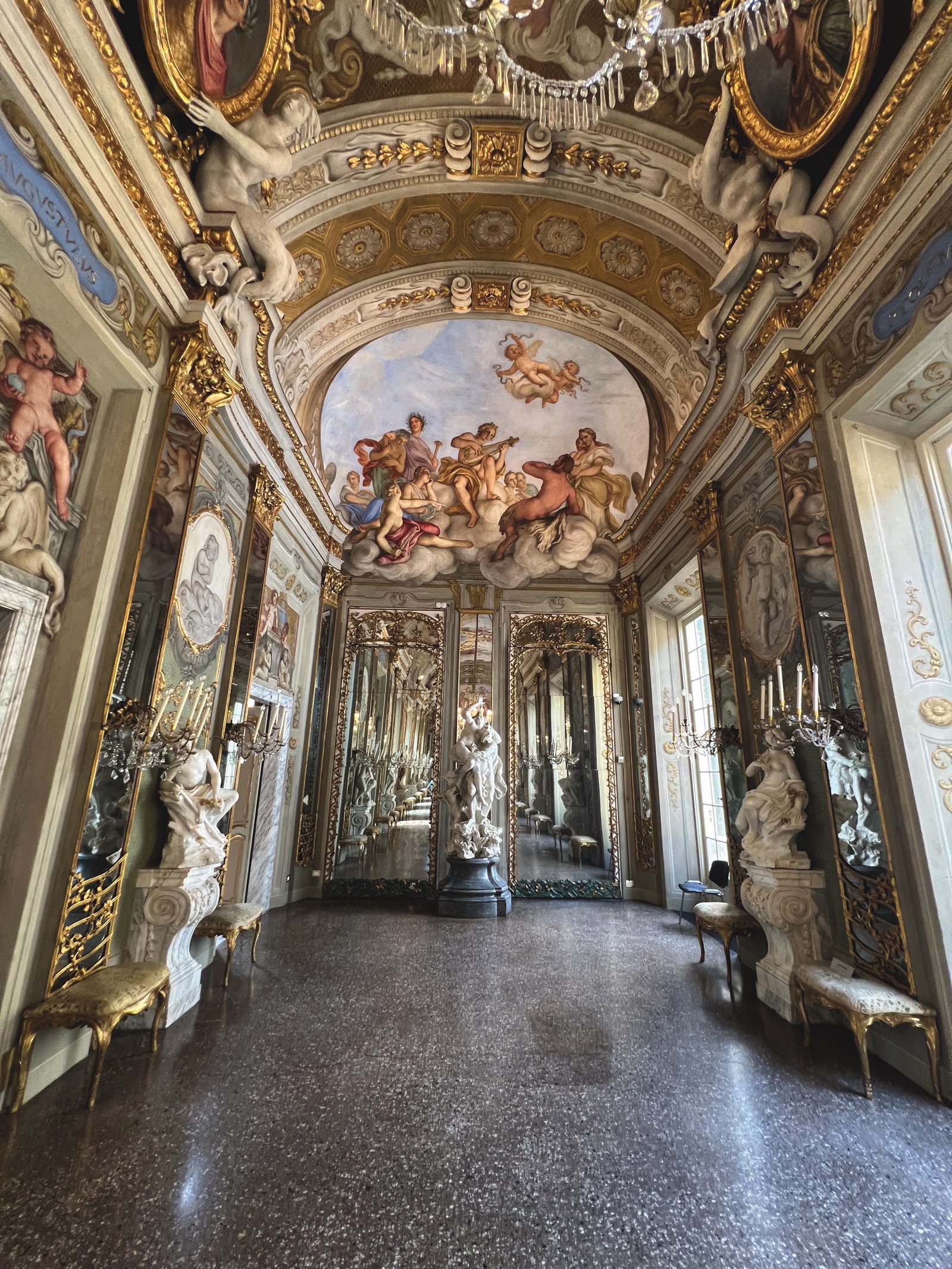

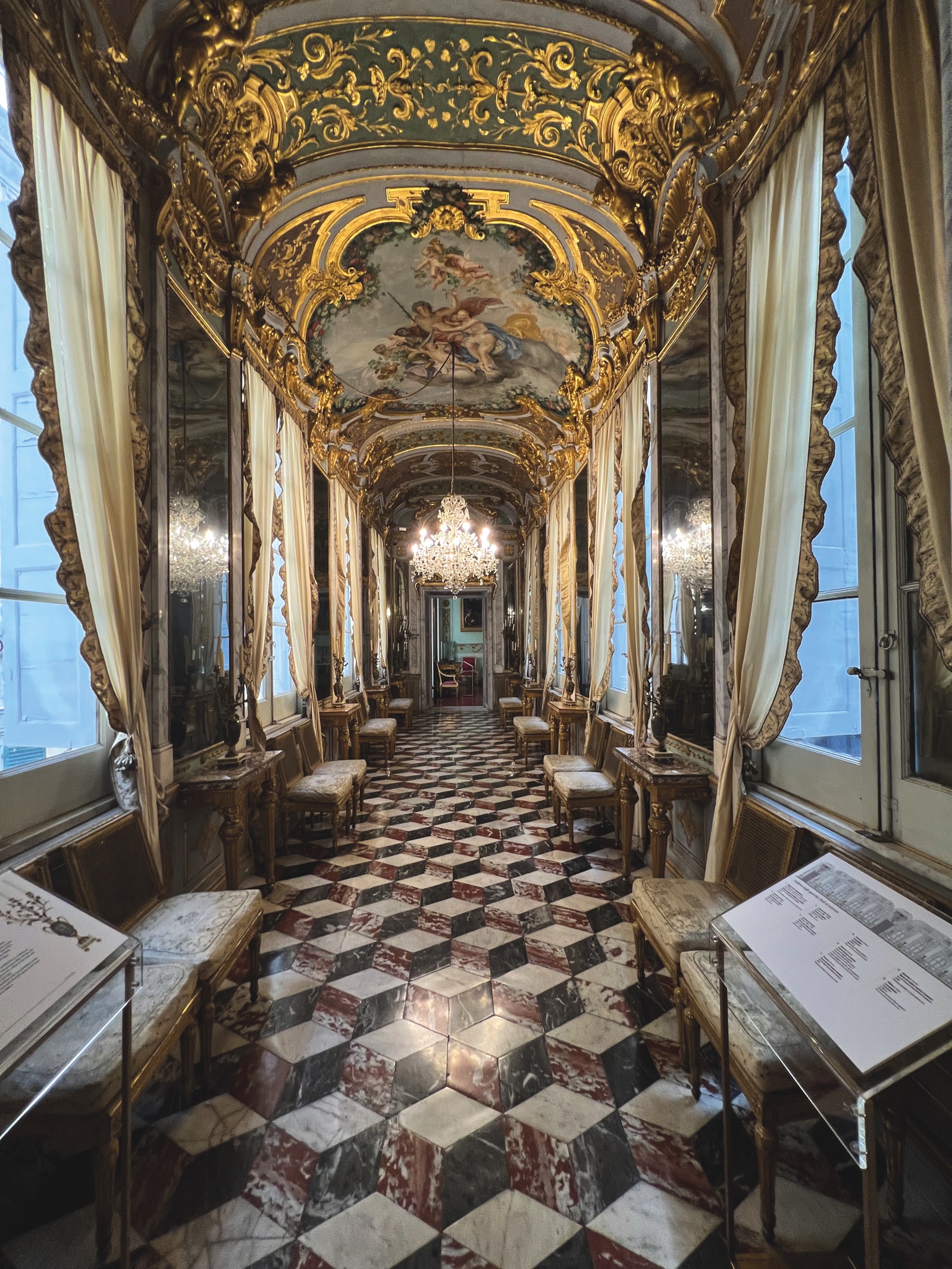
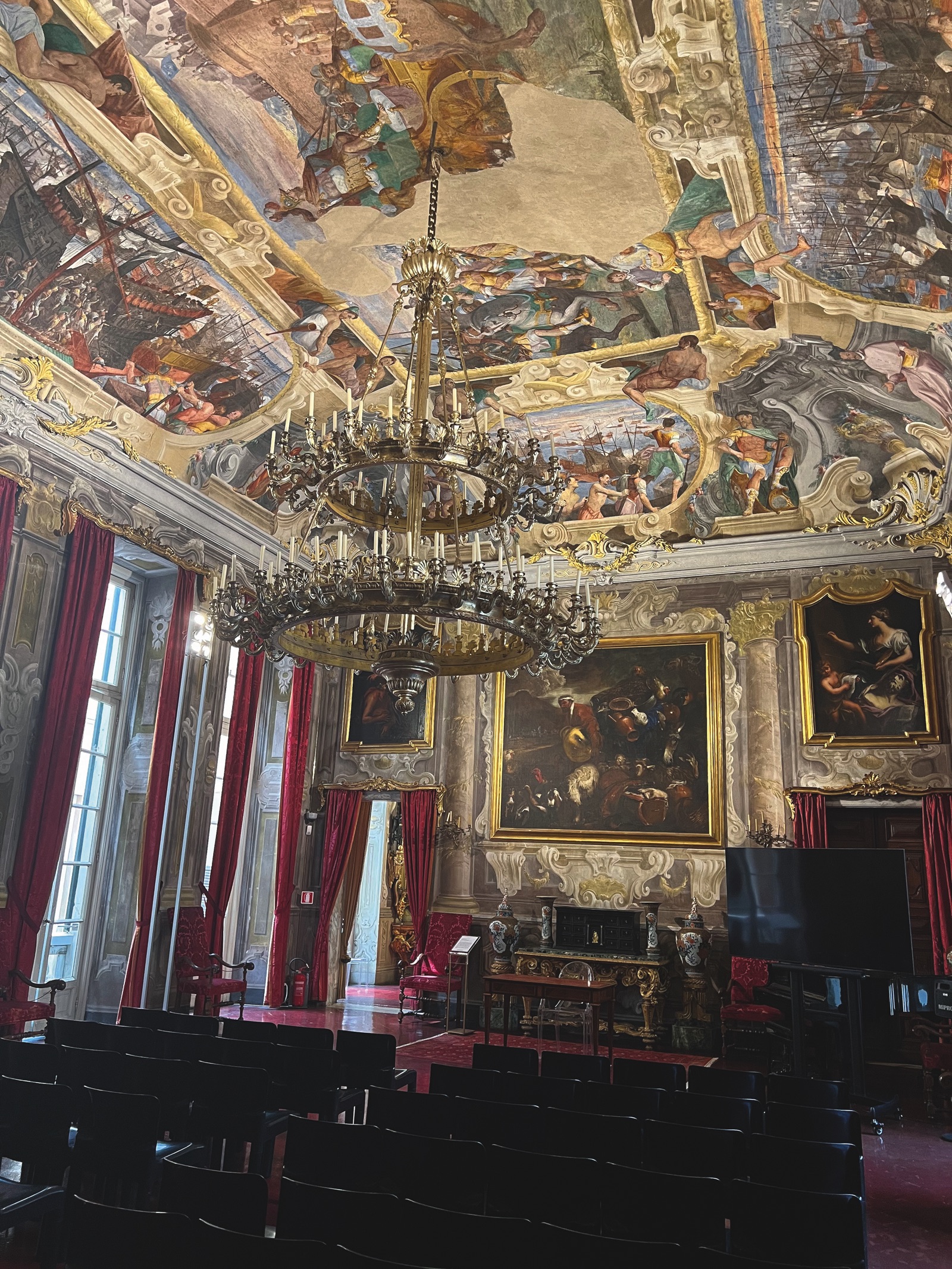


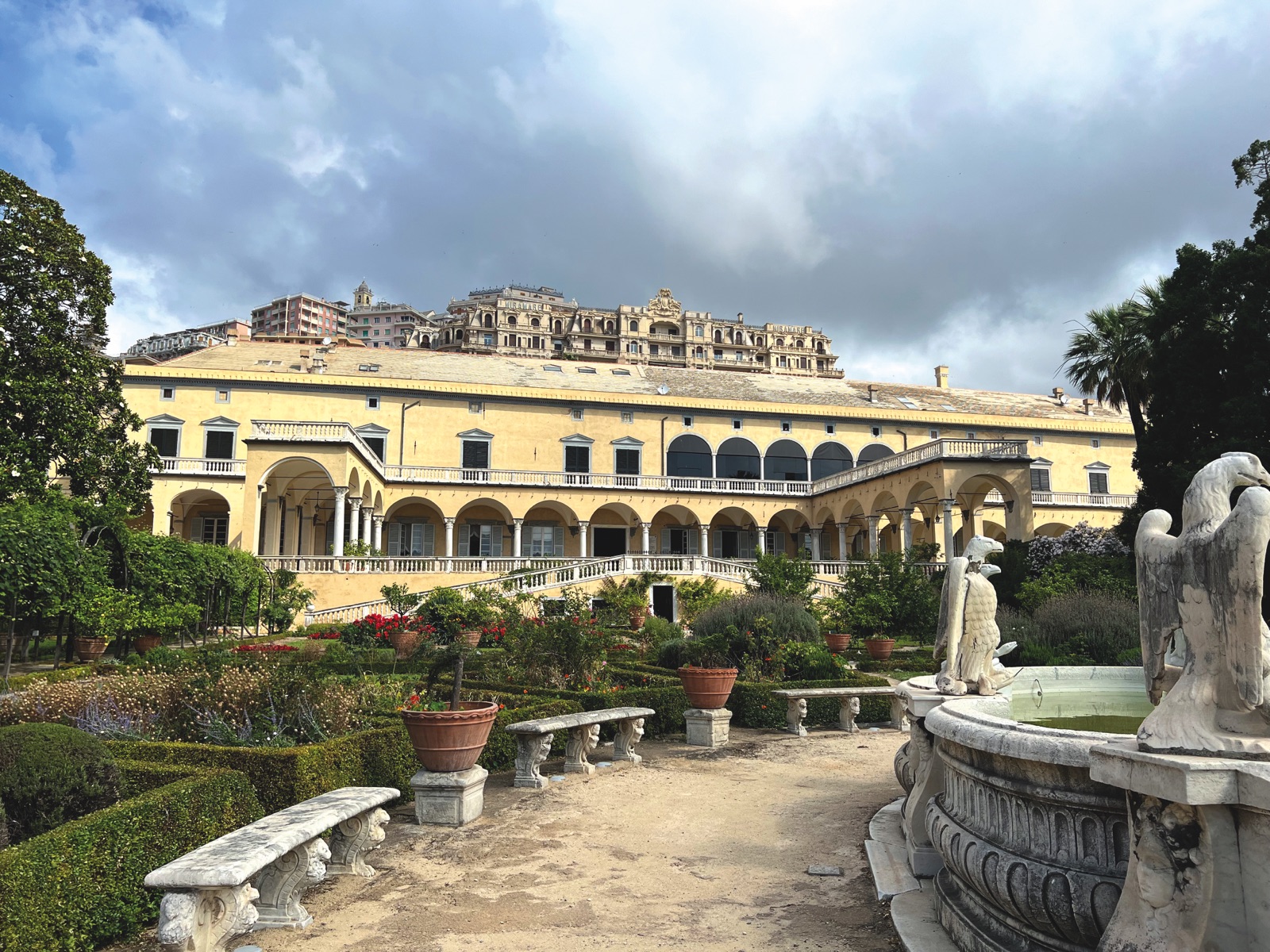

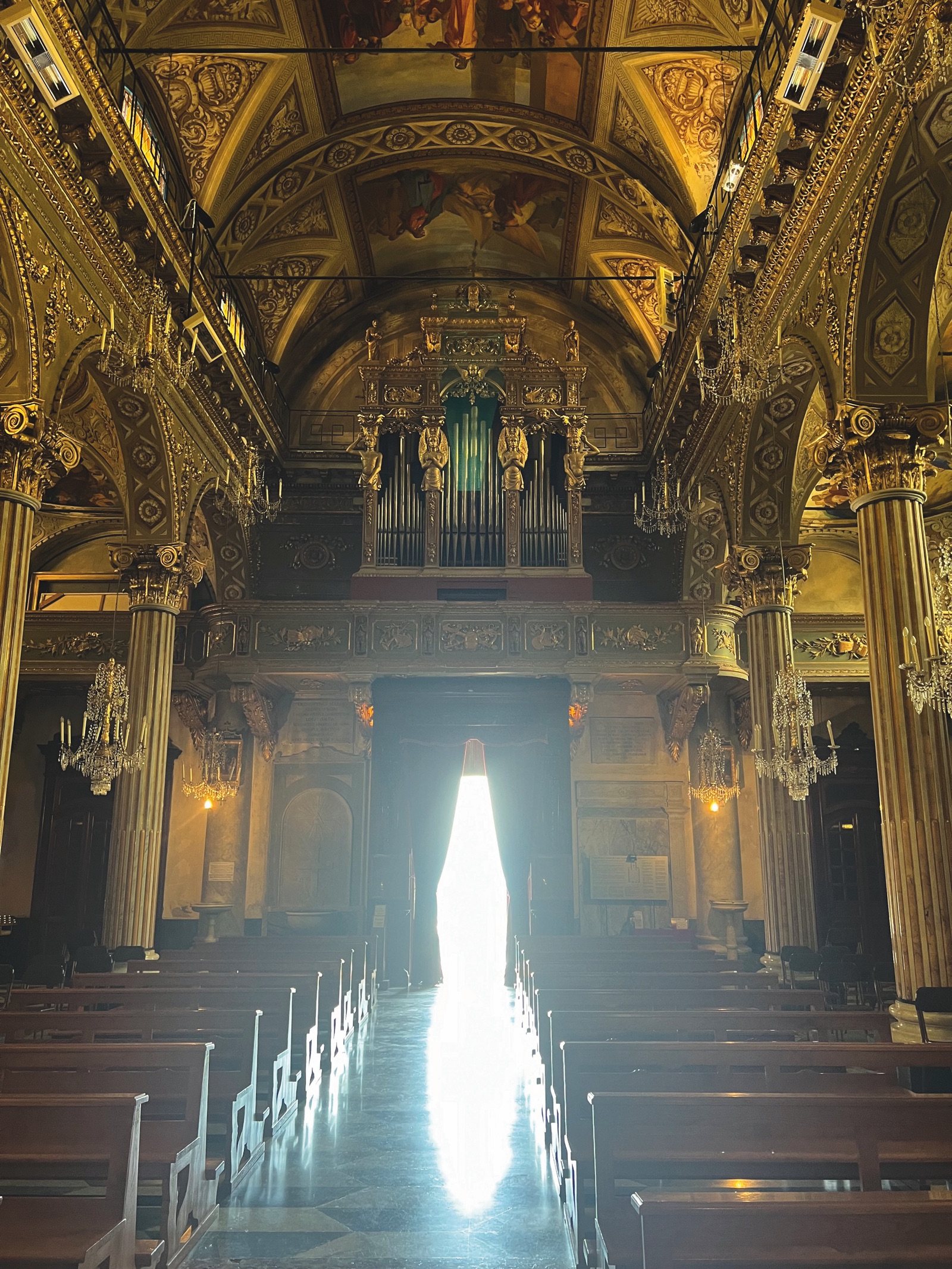 Santa Margherita Ligure – Chiavari (30 min / 19 km)
Santa Margherita Ligure – Chiavari (30 min / 19 km)